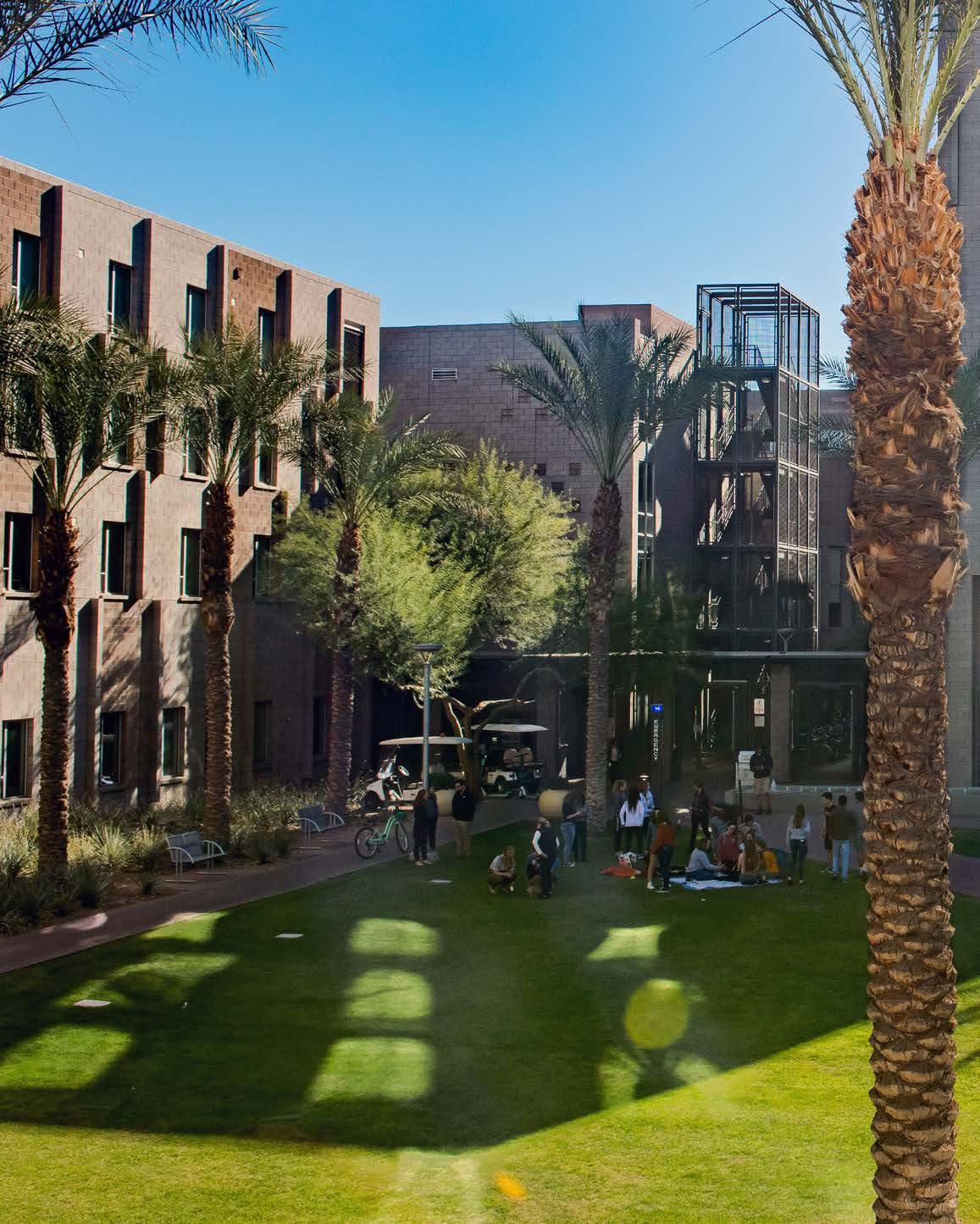Barrett
Arizona State University is the global leader in redefining honors education for high-achieving students


Arizona State University is the global leader in redefining honors education for high-achieving students

ASU is the global leader in redefining honors education for high-achieving students.
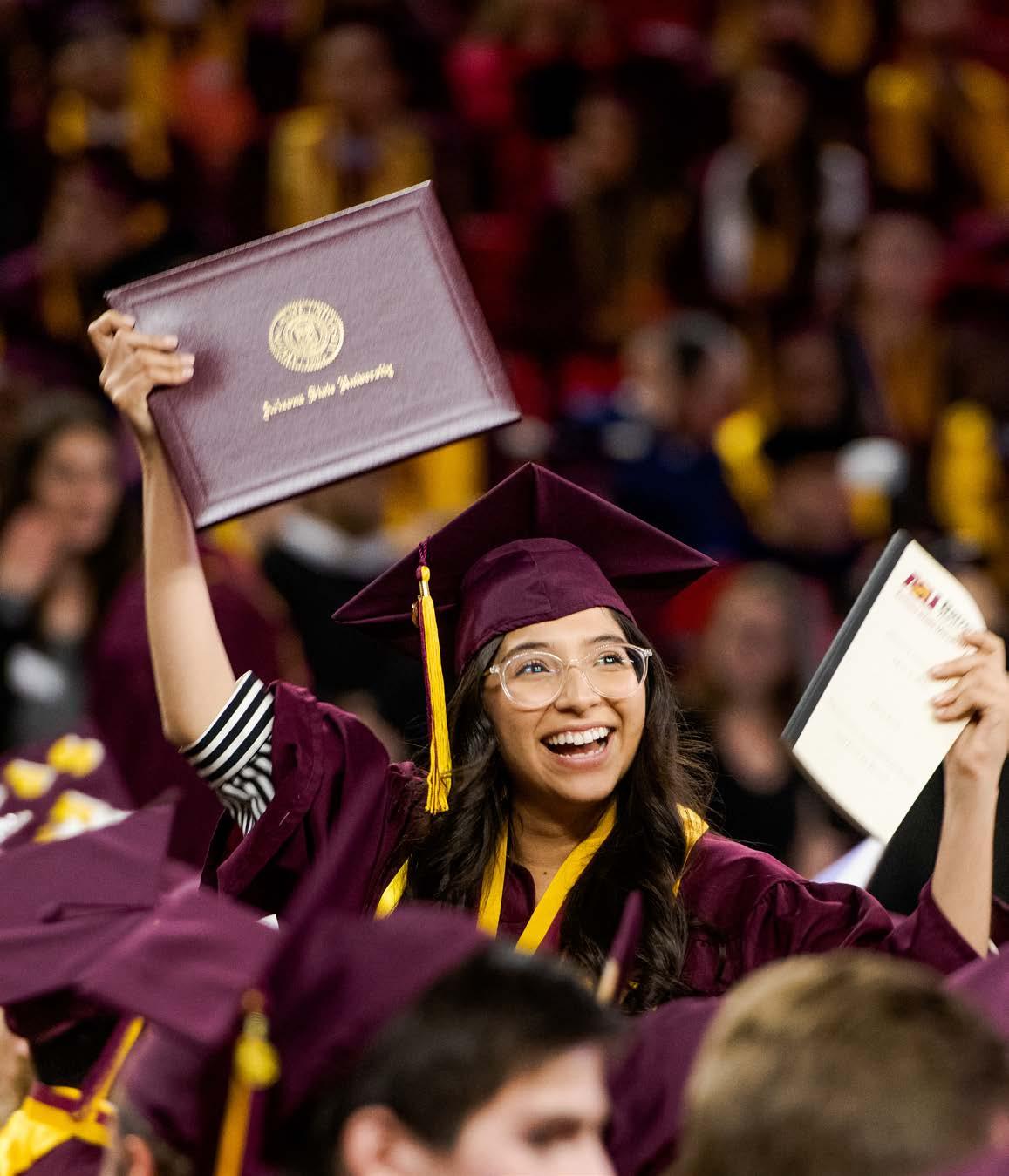
“Barrett now defines a new way of delivering an honors experience at large public universities in this country and around the world. ”
–MICHAEL M. CROW, ASU PRESIDENT
Yes, we are the #1 Honors college in the U.S. Our Barrett Online program is the first of its kind offered by a top-rated honors college in the country. We have a 544,000 square-foot campus for our honors students, including state-of-the-art LEED certified silver residential hall facilities. But being number one, the first, or the only is not what we strive for as we pursue the vision of our charter. We are here to show that we are measurably improving the lives of those in our community, our state, our country and the world.
By any standard our students and our alumni are succeeding in ways far and wide. And this is just the beginning. Barrett now defines a new way of delivering an honors experience at large public universities in this country and around the world. The Barrett way doesn’t just emulate the high quality of a private college or university, it also gives bright students a best-of-both-worlds educational experience: the community and support of a top private residential college coupled with the vast resources and diversity of a major public university.
Year after year, Barrett students attend the best graduate schools, have tremendous success in national fellowship competitions and accept positions with prominent Fortune 500 companies, government agencies and nonprofits.
Barrett graduates transcend the usual thresholds of readiness for the workforce – they stand prepared to innovate, to lead and to change the world. Across disciplines, from finance and business to engineering, research, medicine and health care, the impact is irrefutable.
We are doing something right: 71% increase in total enrollment from 2012 to 2022, the only honors college with a Nobel Prize recipient teaching undergraduates, 23% of students in 2022 were from underrepresented minority groups, 218 elite scholars in the last 10 years and 30% are the first in their families to attend college.
But this is only the beginning. The Honors College is a crucible of critical thinking, of global perspective, of curiosity and creativity, producing well-rounded citizens who will pioneer change in their fields. And let us not forget, these influences ripple outward, impacting not just our university community, but our state, our country, and our world at large.
And, Barrett’s presence on ASU’s four campuses, Tempe, Polytechnic, West and Downtown Phoenix, gives us so much room to grow.
Michael M. Crow President, Arizona State University michaelcrow michaelmcrow instagram asuprescrow pres identcrowBarrett, The Honors College at Arizona State University is a residential college community of outstanding undergraduates. Delivering the exceptional academic caliber and personalized instruction of a private residential college, Barrett offers scholars the opportunities and vast resources of one of the nation’s largest research universities. Recognized as the “gold standard” of honors colleges by The New York Times, Barrett attracts some of the nation’s highest achieving students including National Merit Scholars, College Board National Recognition Program recipients and Gates Millennium Scholars. In addition to attracting high-achieving international students, Barrett is a top producer of Fulbright student scholars who become changemakers across the globe.
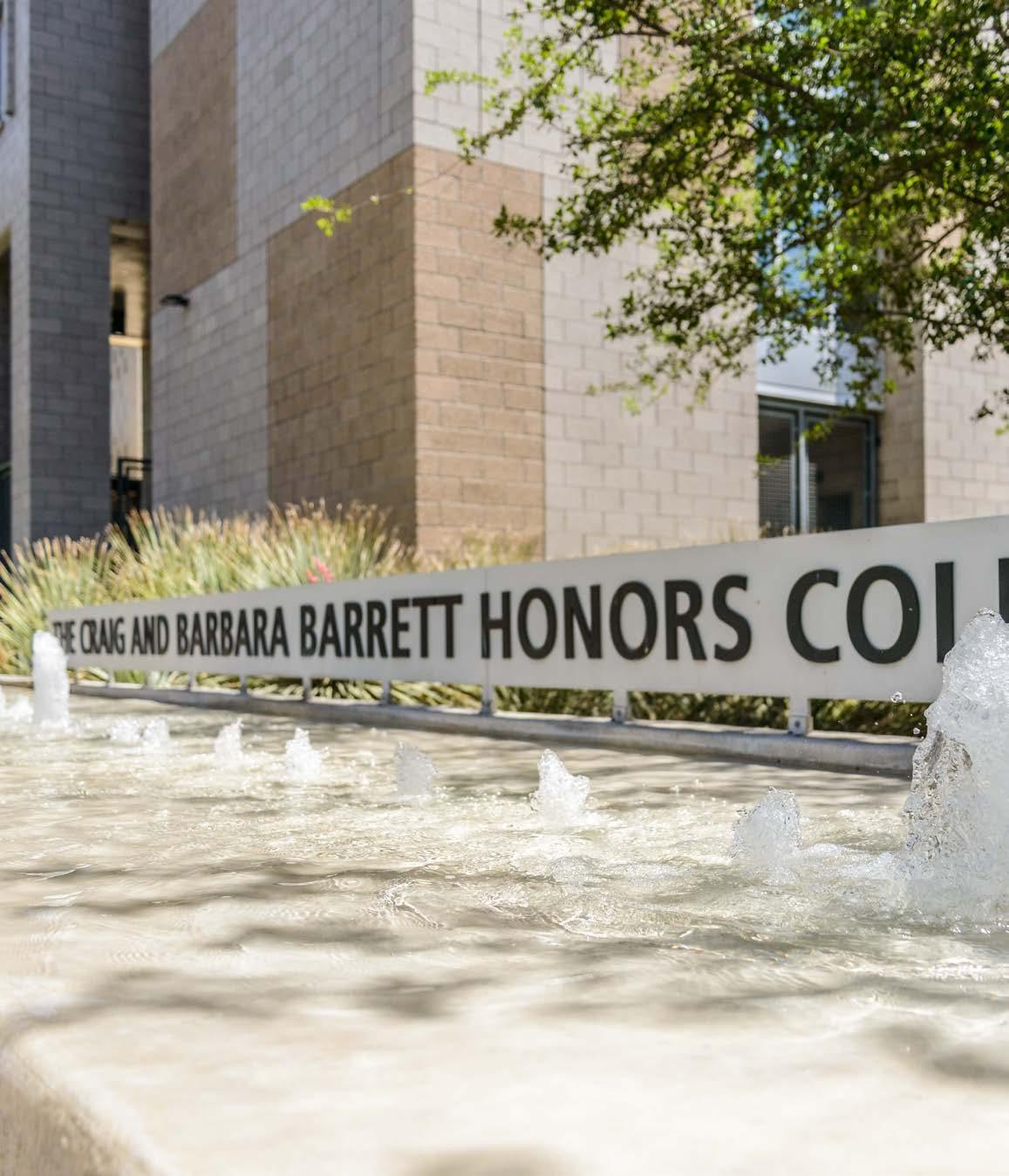
Barrett students strive to answer questions that scholars and thought leaders have been asking for centuries such as, “What is the good life? What responsibilities do humans have to one another, to non-human animals, to the environment? What is power and how is it exercised? What does it mean to have freedom?” Also, “How do we reconcile different cultural perspectives in the public sphere? How do we imagine human agency in the face of history?”
Only Barrett offers an honors education reflecting the vision of a New American University. Barrett provides broad access to a diverse population of qualified students, academic excellence and the opportunity to positively impact society in transformative ways.
Barrett today bears little resemblance to its forerunners or to the models of exclusivity that were the hallmarks of education for high-achieving students in the past. Barrett embraces and delivers the resources of the country’s largest public research university.
The college has transformed traditional honors education and replaced it with a forward-thinking focus on graduating students who become changemakers for the betterment of society.

Milestones and defining moments in the 30-year history of ASU’s honors college
1988
ASU creates the first four-year, undergraduate, residential honors college in the United States, appointing Ted Humphrey as dean.
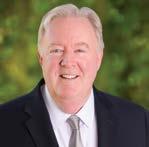
1994
Beginning of the gold standard: Money magazine cites ASU’s University Honors College as one of the top eight in the U.S., and The Fiske Guide cites the UHC for excellence.
1995
Brent Roam is the first University Honors College student named a Rhodes Scholar. Roam studied theology and philosophy at Oxford, practiced law in St. Louis and founded U-City Family Church there.
1998
Henry Kissinger inaugurates the John J. Rhodes Chair in Public Policy and American Institutions with a public lecture before about 2,000 ASU students and faculty. The chair allows distinguished visiting professors to work with students on developing leadership.

Craig and Barbara Barrett give ASU $10 million to endow the honors college. The next year, the school is named for the Barretts.
2003
Mark Jacobs arrives from Swarthmore College to serve as dean of Barrett, The Honors College. Jacobs took the lead in designing and developing an innovative, four-year, undergraduate, honors residential and academic community on all four ASU campuses with the idea of creating a private college feel with all the benefits of a major research public university.
The $140 million Barrett complex opens on the ASU Tempe campus. The honors complex is eight acres, that further instills the trappings of a liberal arts college.
New York Times columnist Frank Bruni publishes “Where You Go Is Not Who You’ll Be” as an antidote to the college admissions madness. In one chapter, he singles out Barrett as “the gold standard” among honors colleges.
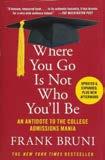
The Barretts donate another $2 million to both boost the honor college’s global engagement programs and to bring world leaders to ASU’s Tempe campus.
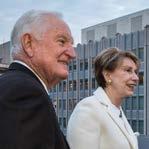
2018
Barrett’s ballooning enrollment hits 7,236.
2021
The Barrett Online program, the first of its kind offered by a top-rated honors college in the country, launches.
Tara Williams joins Barrett, The Honors College as its new dean. She is the first woman and third person to hold the position in the honors college’s history. Williams takes a student-centric approach and fosters a culture of innovation, experimentation and collaboration.
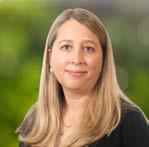
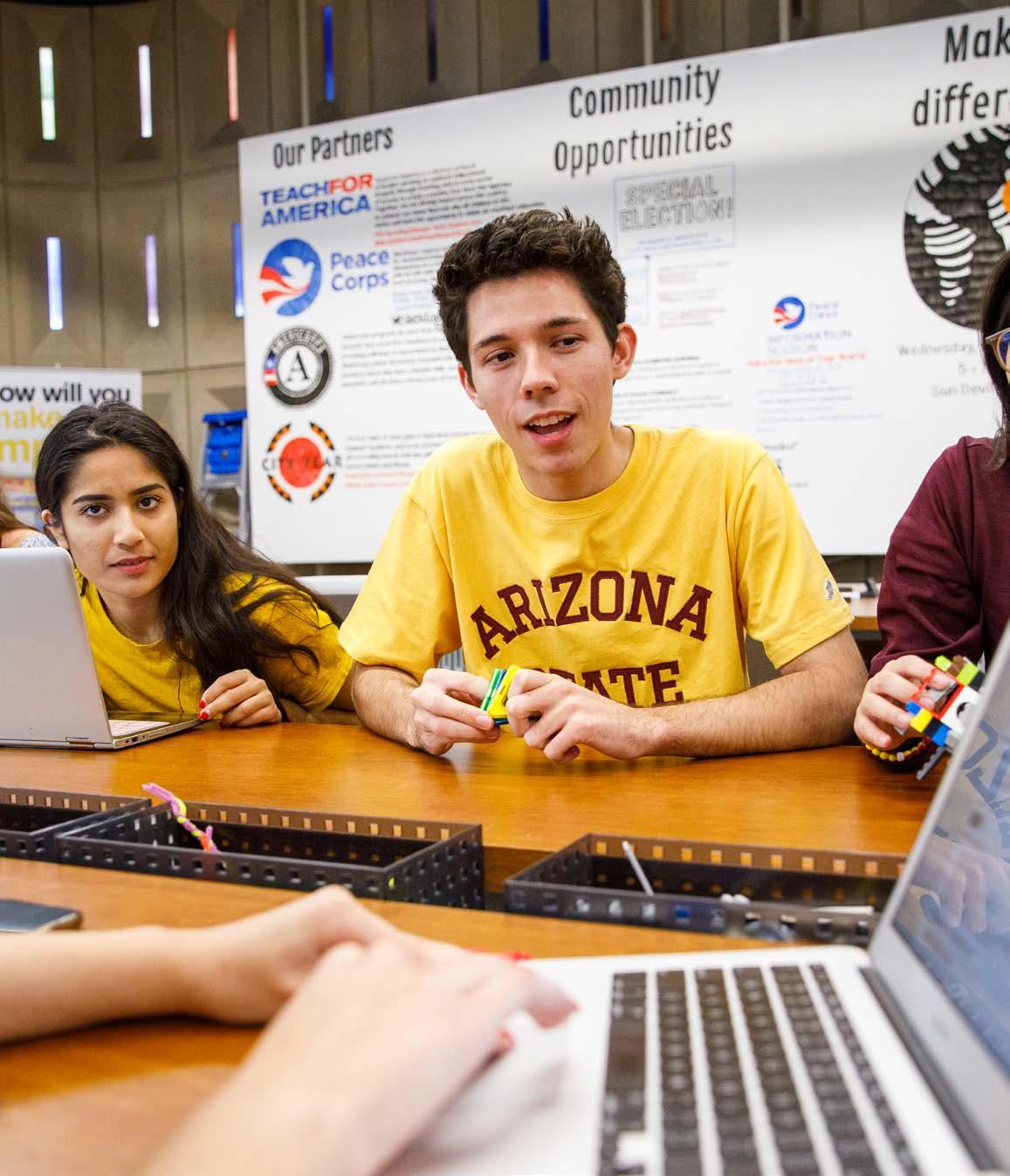
Barrett programs, faculty, students and the resources available at ASU set it apart from other honors colleges. Barrett offers four times the choice of majors and concentrations of the Ivy League colleges.
It is similar in size and student profile to the bestranked small liberal arts colleges. Its students learn and reside on four ASU campuses, each location with a different character but equivalent amenities to meet the varied interests and talents of its scholars. Programs at Barrett are distinctive, focusing on critical skills that build global citizens.

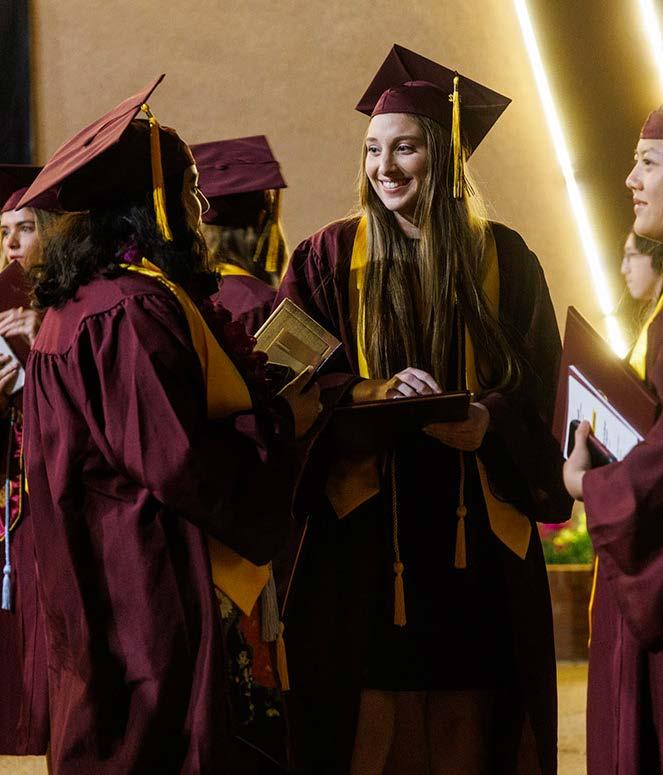

The Barrett difference is evidenced by the honors college’s Thesis and Creative Project, an opportunity for students to contribute to and advance knowledge in a meaningful way. The project provides honors students a unique stage to engage with professors who are nationally recognized in their fields and specifically committed to working with honors students as directors, committee members and faculty honors advisors.
Designed to allow students to explore areas of academic interest with greater intensity than is possible in a single course, Barrett honors theses and creative projects demonstrate experience with design, execution, analysis and presentation in a student’s field of study and provide tangible evidence of a student’s research, writing and creative skills to prospective employers.
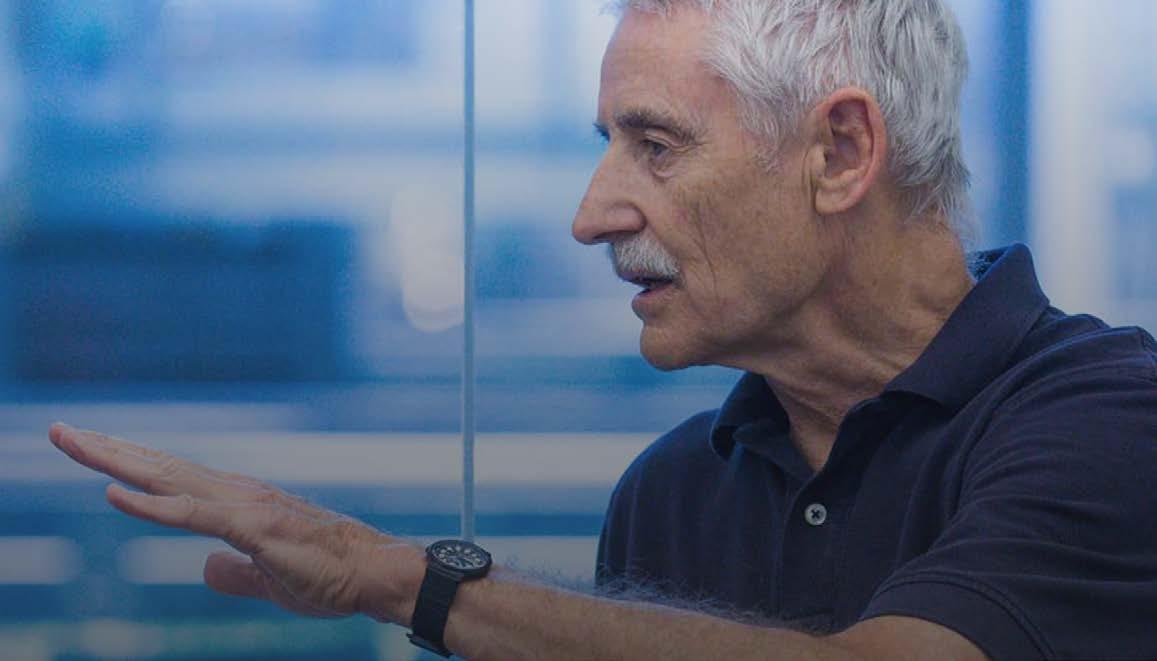
Our faculty members conduct research in the service of teaching all over the world. Their activities range from participating in archeological digs and research in the Republic of Turkey, Oman and Syria, to doing anthropological work on Día de los Muertos in Mexico City, to presenting at Indigenous studies conferences in New Zealand, to researching South Asian music, culture and film.
Faculty-led study abroad programs, working in tandem with Barrett study abroad scholarships, are important for introducing students who might not otherwise have had the opportunity, or the wherewithal to do an exchange on their own, to the world of international travel.
Faculty-led study abroad programs have increasingly been reaching beyond Europe to
places such as Morocco, Australia and Trinidad and Tobago. Faculty also lead programs focusing on the U.S.-Mexico border region. Faculty-led study abroad programs have provided crucial experience for students applying for Fulbright programs and other prestigious fellowships.
Barrett has experienced a six-fold growth in faculty since its founding. The College currently has 47 full-time faculty fellows dedicated to honors and works with another 1,800 faculty members across the university, offering our students a better than 4:1 student-faculty ratio. Within this distinguished group are Nobel Laureates and members of the National Academy of Science, the National Academy of Engineering, and the American Academy of Arts and Sciences. They are Fulbright, Ford, and Guggenheim Fellows. Honors students work with these gifted teachers, collaborating on research, creative projects, honors enrichment work in courses, and honors theses.


Barrett offers services that help our students excel: professional and career advising, internships, academic advising, the writing center, and the national scholarship office. The Academic Center houses seminar rooms equipped with technologies that enable students to push the boundaries of learning far beyond our campus.
Such ventures allow Barrett students to join classes with honors students from around the world, deliver papers and attend virtual meetings internationally, or tap into a GoPro camera feed to take part remotely in research with such institutions as the Smithsonian.

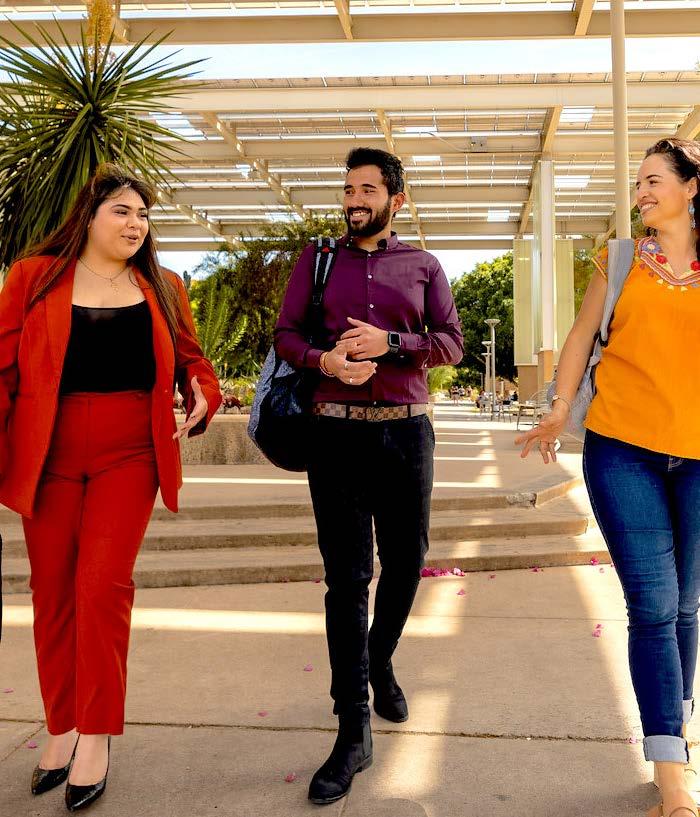
“There’s something really different about learning about communities in a classroom versus being immersed and seeing the real work happen day-to-day.
SAMANTHA NABATY, ‘21, BS GLOBAL HEALTH, BARRETT HONORS COLLEGE

In October of 2022, ASU was recognized as a Hispanicserving institution (HSI), a designation reflecting that at least 25% of full-time undergraduate students identify as Hispanic. This achievement demonstrates Arizona State University’s hard work to recruit, retain, and support these students. It also represents an opportunity and a responsibility to do more for this population.
Barrett, The Honors College is responding to this opportunity by offering a course titled Transnational Migration and Mobility in the 21st Century.
The course closely examines the social, cultural, political, and economic realities that shape transnational migration in the 21st Century and addresses the intertwined processes of mobility (the ability to move) and enclosure (efforts to control that movement).
To thoroughly examine the “problem” of migration, course content traces the movement of (im)migrants from their communities of origin to new communities elsewhere, considering both state approaches to migration management, including fortification, detention, and deportation, and the lived experience of people in transit.
Students focus significant (but not exclusive) attention on the U.S-Mexico border and the Arizona Sonora borderlands to center the local within the global. Moving beyond the binary of migrants as either victims or criminals, this course conceptualizes migration as autonomous and dynamic.
Over the course of a semester, students explore a range of topics, including free trade and economic policy; militarization and human rights concerns; detention and deportation; the feminization of migration; climate change and displacement, resettlement, transnationalism, and community regeneration. Students have the opportunity to participate in excursions to the border region, develop community-based research projects and present their work
collectively.
“I think the learning excursions help students understand the urgency of the issue as they humanize and contextualize migration in a way that we could never do in a classroom. Students see the issue with their own eyes and hear directly from people working in border-related fields, living in border communities, and asylum-seekers affected by current policy. This enables them to understand the complexity of the issues and develop analyses rooted in the everyday lived experience of those most impacted,” said Abby
Wheatley, Barrett Honors Faculty Fellow and Affiliate Faculty in the ASU School of Transborder Studies.
Without the immersion component of the course, students could learn about the complexity of transnational migration, including human rights concerns and policy issues, but they might become overwhelmed and discouraged because they may see themselves as being outside the issue and incapable of making meaningful change, Wheatley said.
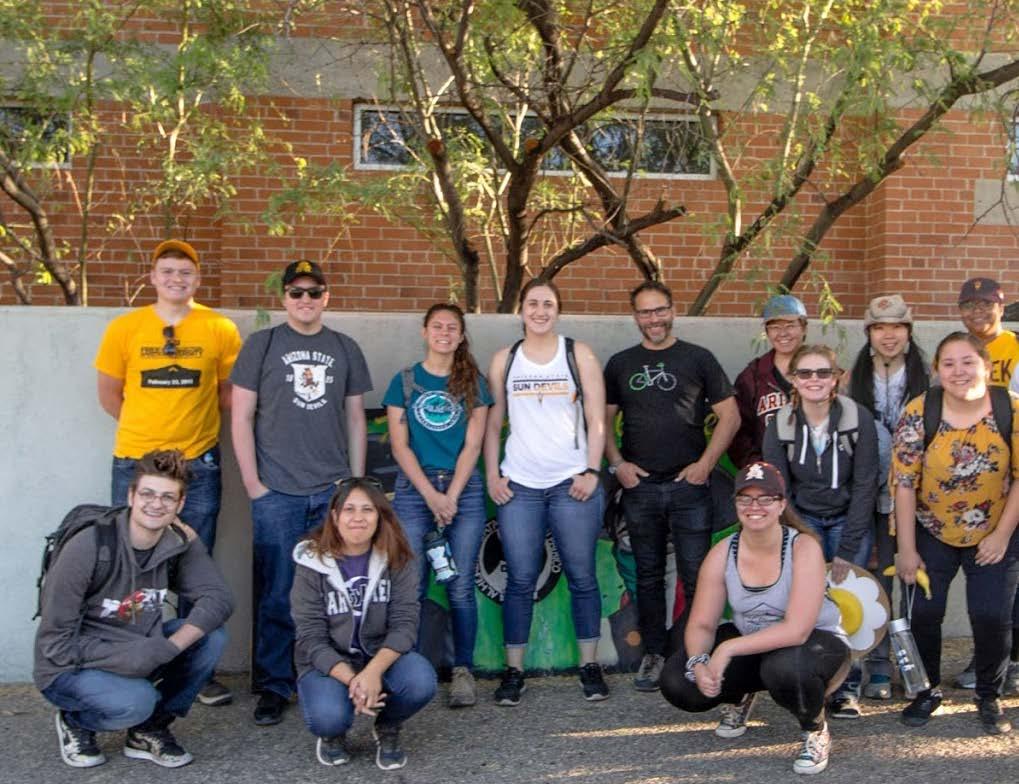
“Through the excursions, students are immersed in local solutions and small-scale strategies
already being practiced by communities and organizations in the borderlands. Exposure to these strategies and people deeply committed to the work they do allows students to imagine themselves as part of the solution. By connecting with organizations actually doing the work, students gain the skills and tools to contribute, and make connections with specific organizations with which they can work. Essentially, they learn that small-scale, community-based actions are quite impactful.”
“I want to position our
students as key stakeholders and collaborators. Many of them come from the borderlands or immigrant families, and as an HSI serving institution, we have an incredible opportunity to support these students by exposing and preparing them to regional solutions that can and do make a difference to Arizona communities,” Wheatley said.

Samantha Nabaty, who graduated ASU with a bachelor’s degree in global health and honors from Barrett Honors College in 2021, became grounded in border immigration issues throughout the Transnational Migration and
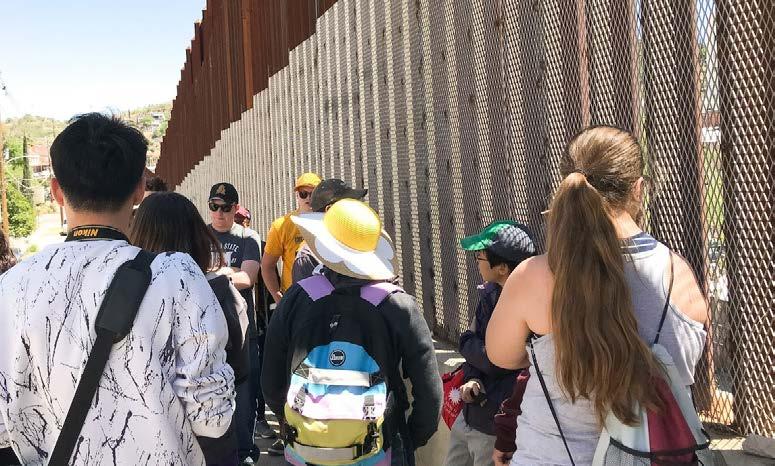
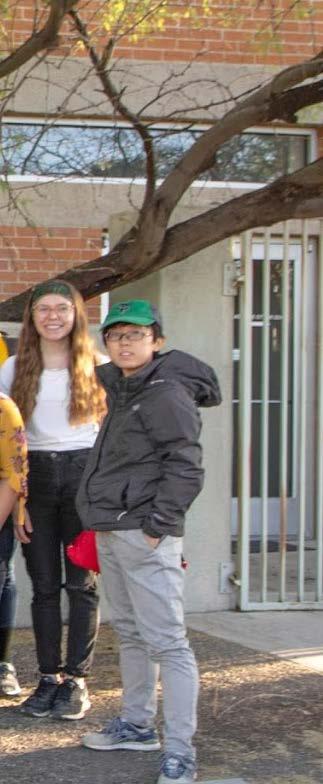
Mobility course.
“There’s something really different about learning about communities in a classroom versus being immersed and seeing the real work happen day-to-day. That experience in undergrad allowed me to see what the work could look like both from an academic perspective and an applied perspective,” said Nabaty, who received a master’s degree in public health at the University of Arizona in Spring 2023 and plans to work on behalf of immigrant communities.
By connecting with organizations actually doing the work, students gain the skills and tools to contribute, and make connections with specific organizations with which they can work.
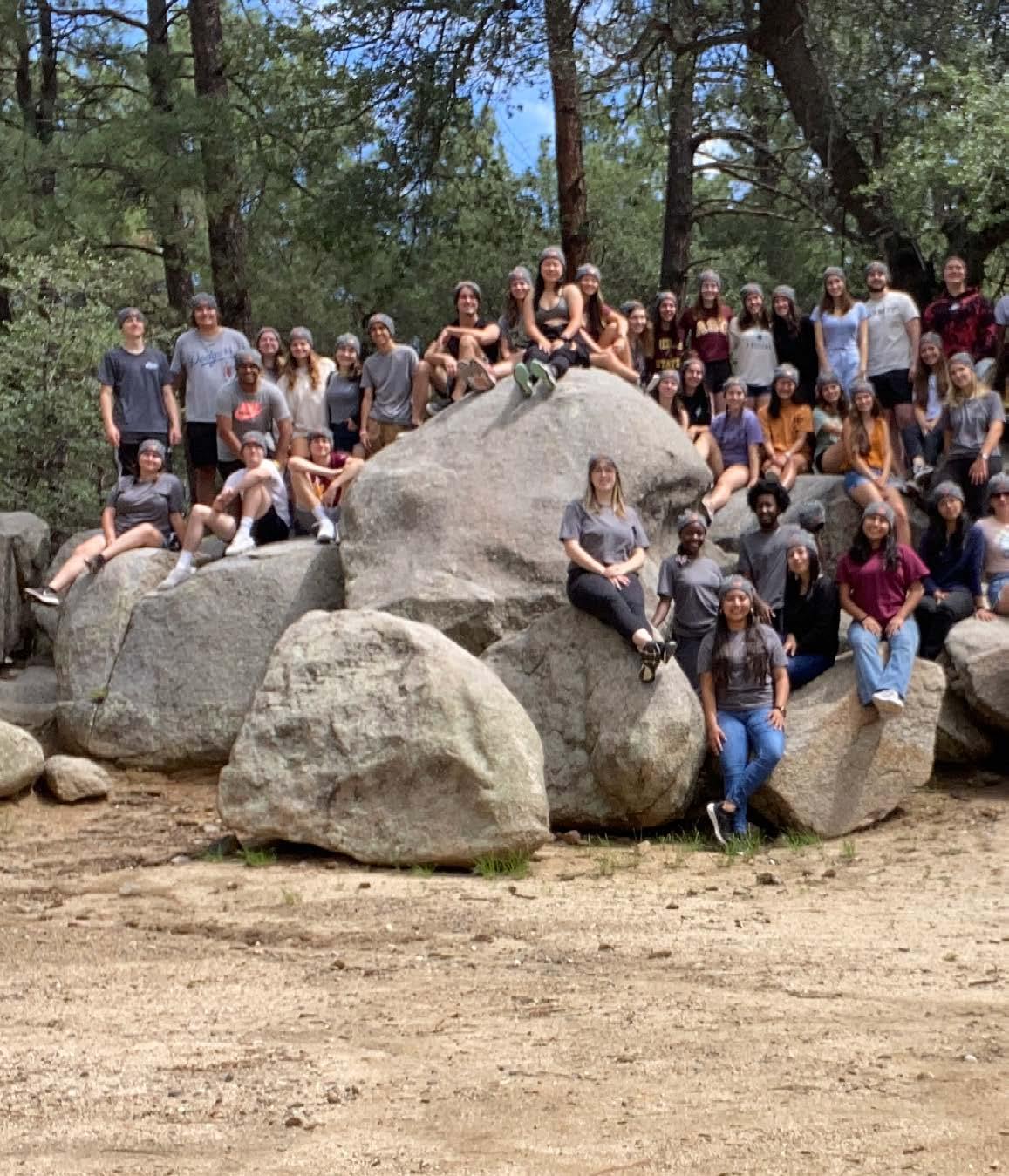
At the beginning of every fall semester, Barrett Honors College welcomes first-year students to camping retreats in the cooler climes of Prescott or Payson in northcentral Arizona. Students in Barrett at ASU Downtown Phoenix, Tempe, Polytechnic and West are welcome to attend the camp for their respective campus. The Barrett Tempe program, called Camp B, is for firstyear out of state students. Camps for Barrett at the other campuses – Camp B-Town for Barrett Downtown Phoenix, Barrett Poly Retreat for Barrett Polytechnic, and Barrett West Camp - are for any first-year students.
At camp, they meet student mentors, honors college staff, advisors and faculty. But, most importantly, they get to know fellow students, participate in team- and community-building activities, make new and lasting friendships and strengthen ties to the honors college community.
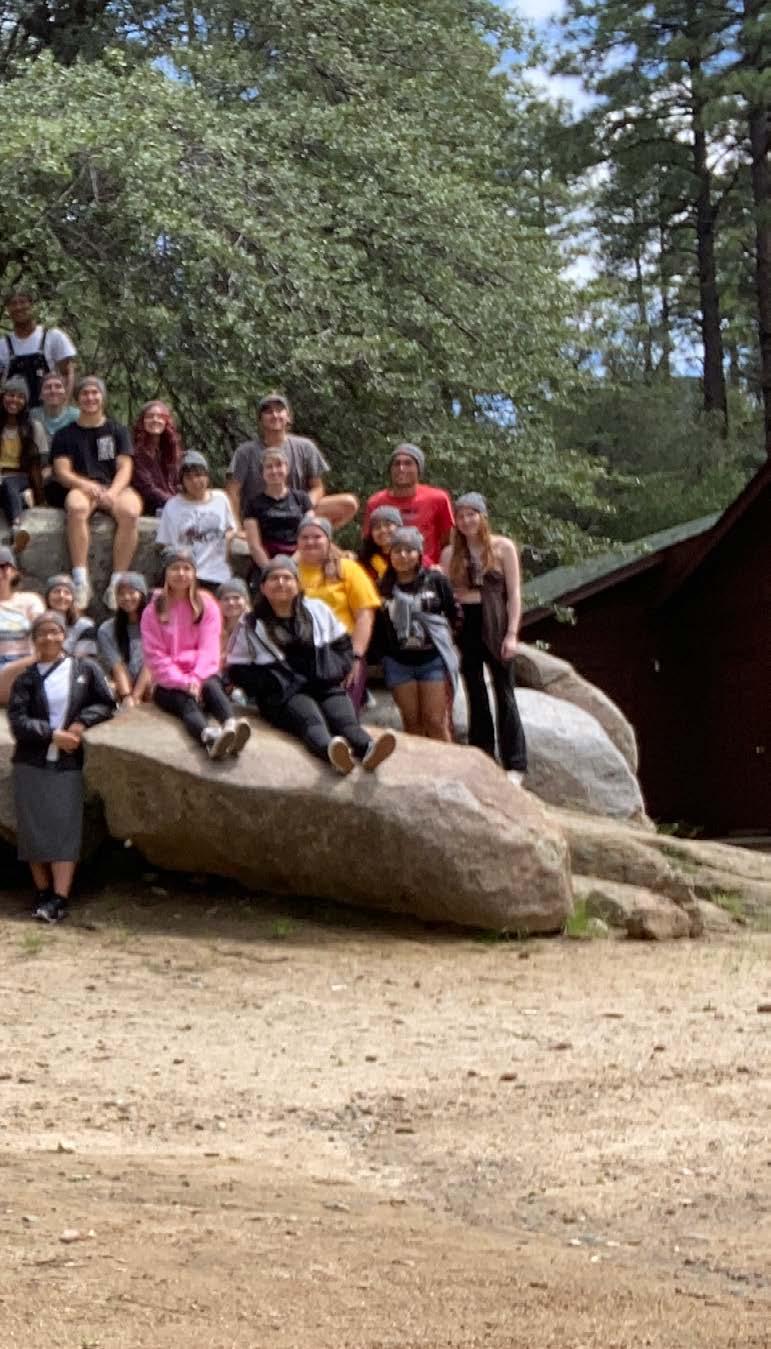
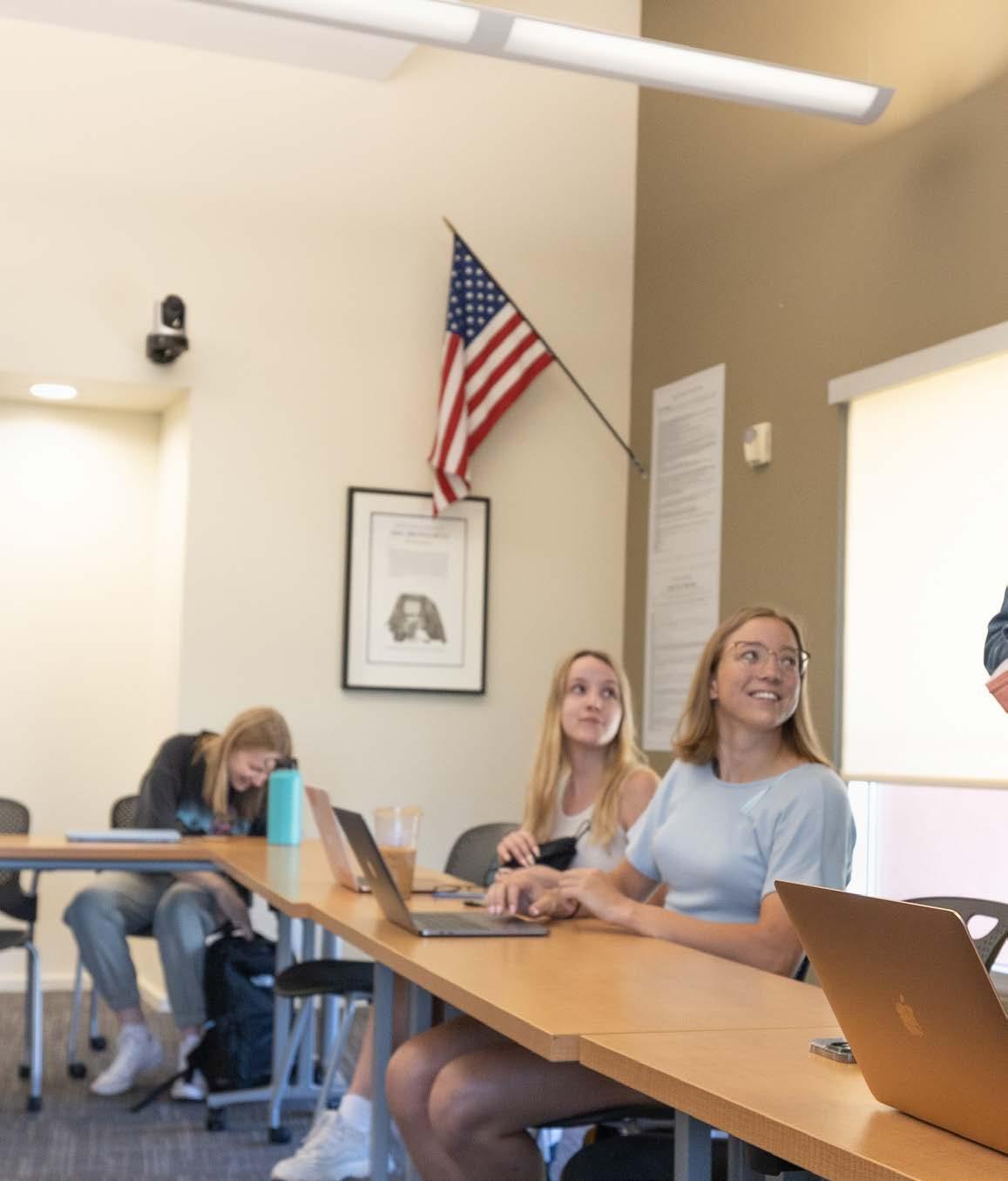
“The Human Event” is a seminar course that all first-year Barrett students take. The roughly 20 person class is set up so that all the students face each other when discussing different texts and ideas. The two semesters of that class yielded some of my most fond memories in Barrett so far.
Kyle Polen was accepted to medical schools including Perelman School of Medicine at University of Pennsylvania, Cleveland Clinic Lerner College of Medicine, Mayo Clinic Alix School of Medicine, David Geffen School of Medicine at University of California Los Angeles, Kaiser Permanente Bernard J. Tyson School of Medicine and Northwestern University Feinberg School of Medicine. He will attend the Perelman School of Medicine at University of Pennsylvania.
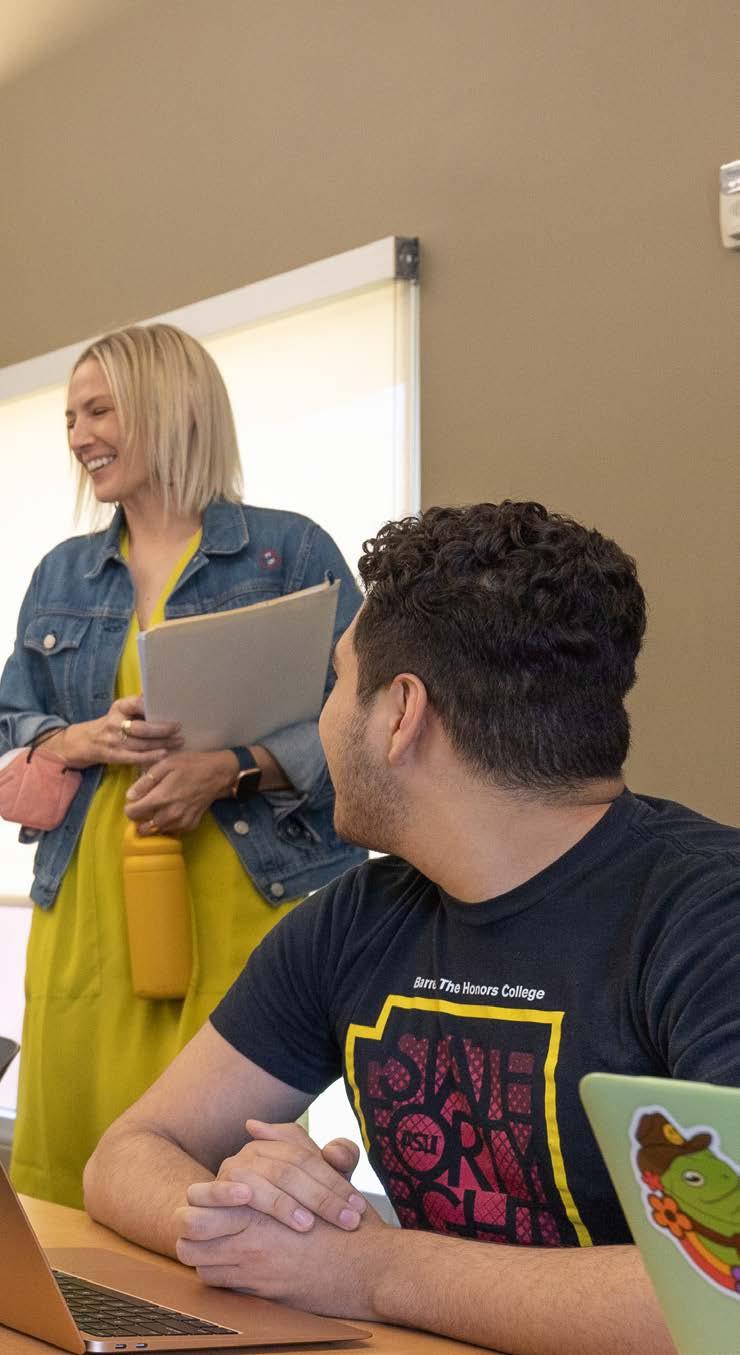 – KYLE POLEN, GRADUATED ASU WITH BACHELOR’S DEGREES IN BIOCHEMISTRY AND GLOBAL HEALTH WITH HONORS FROM BARRETT IN MAY 2023
– KYLE POLEN, GRADUATED ASU WITH BACHELOR’S DEGREES IN BIOCHEMISTRY AND GLOBAL HEALTH WITH HONORS FROM BARRETT IN MAY 2023
Kyle Polen at a laboratory at Barrow Neurological Institute, where he studies therapeutic targets to stabilize intracranial aneurysms. He began working there as a summer intern before being hired as a part-time research technician.
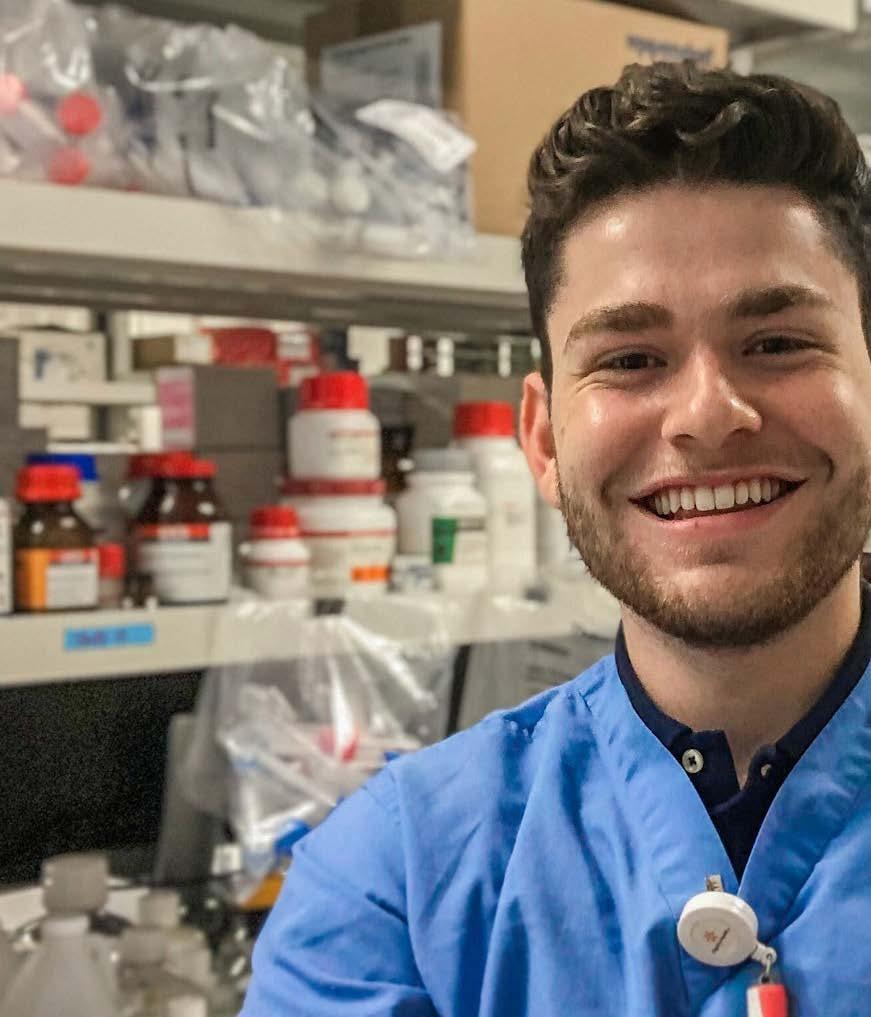
“I’ve had a wonderful experience in my class, discussing literature, its relevance, and the composition of argument, having been lucky enough to have a class full of interesting and surprisingly insightful peers. One of my worries before beginning at Barrett had been whether or not there would be people who would not just share my interests, but who could challenge them and make me think critically about my preconceptions. Not only was I able to find such in the students in Human Event class, but in the professor, as well. My professor, Dr. Barca, not only had higher expectations of us as students, but wanted us to actually put what we’re learning to use, encouraging us to edit and change our work for the better and increasing our effectiveness as writers. As well, I very much enjoy the tie-ins to current events and society, bridging the gap between the abstract and theoretical concepts studied in class and making it applicable in the modern context. Not only that, but Dr. Barca’s kindness and enthusiasm for the class very much increases not just the propensity for learning, but the desire for learning in the Human Event.
“The signature Human Event honors course helps expand your thoughts and broaden your perspective about life and the world,” Bisman Sahni, from Chandigarh in India, who entered
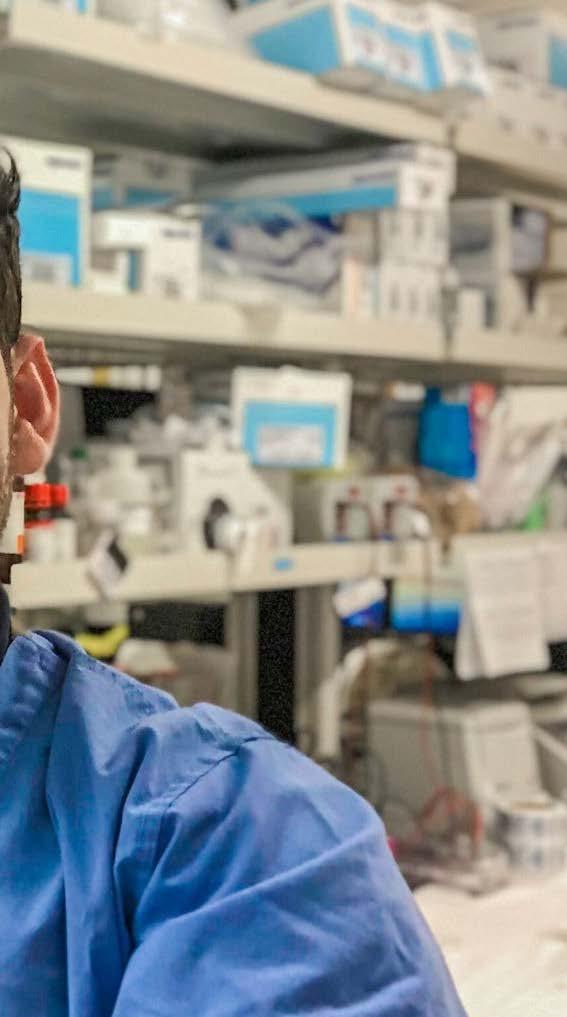
“I will always be thankful for the mentors and mindset that “The Human Event” provided me.”
— KYLE POLEN, GRADUATED ASU WITH BACHELOR’S DEGREES IN BIOCHEMISTRY AND GLOBAL HEALTH WITH HONORS FROM BARRETT IN MAY 2023
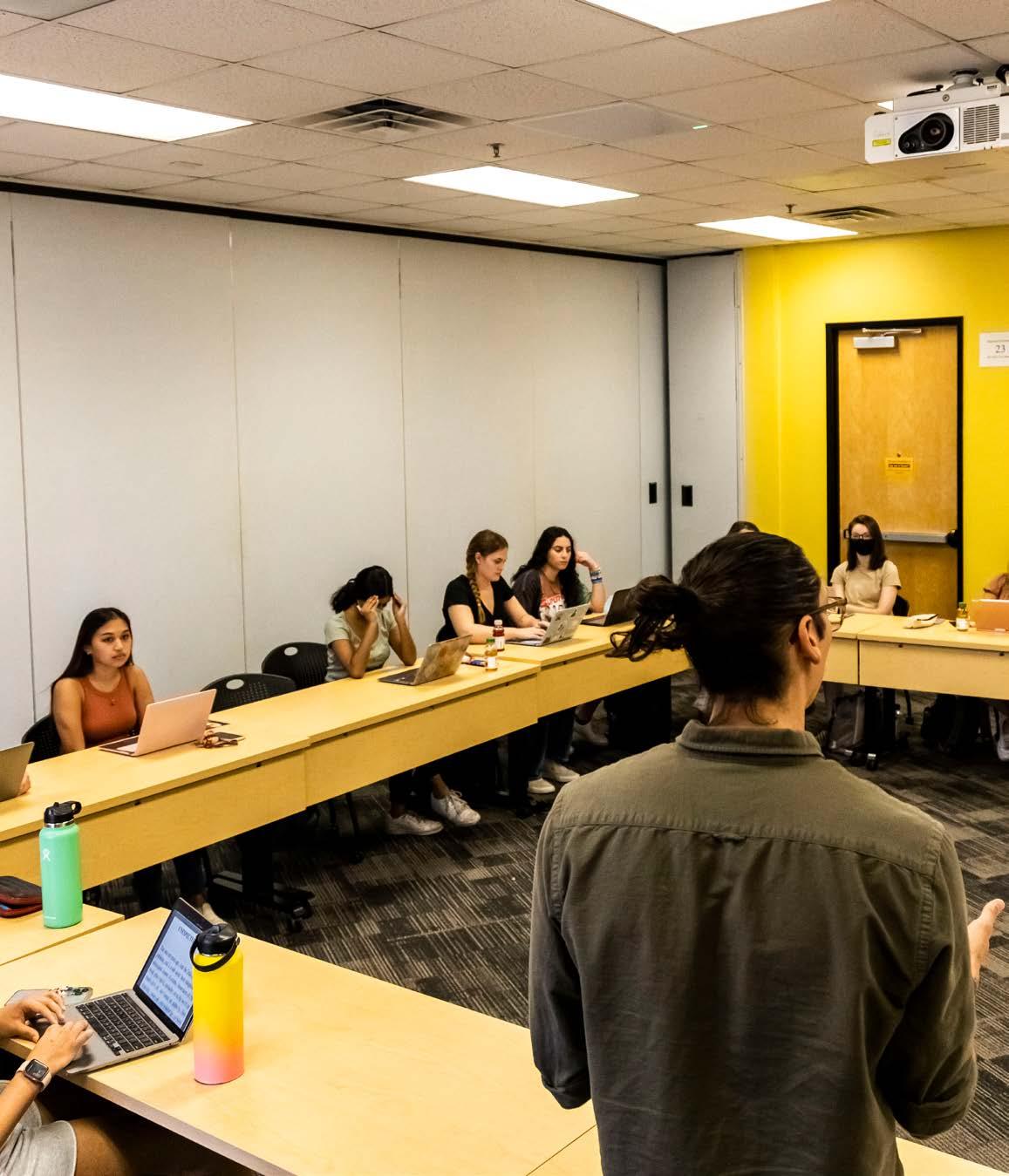
ASU and Barrett Honors College in August 2022.
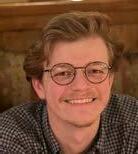
“The Human Event (the honors college’s signature course) really helped me get started at ASU. As an international student, this course challenged me from the start. English isn’t my first language, which made it challenging to take a literacy-heavy course like The Human Event. Right away, I was involved in reading discussions, writing papers and formulating arguments. The course really challenged me to develop my English speaking skills, my critical thinking and my writing skills. I am very happy I was able to take this course because it set me up with all the basic skills needed to succeed in college,” Lieske Carleer, a standout Arizona State University women’s soccer player and honors international student who received a bachelor’s degree in kinesiology in December 2022.
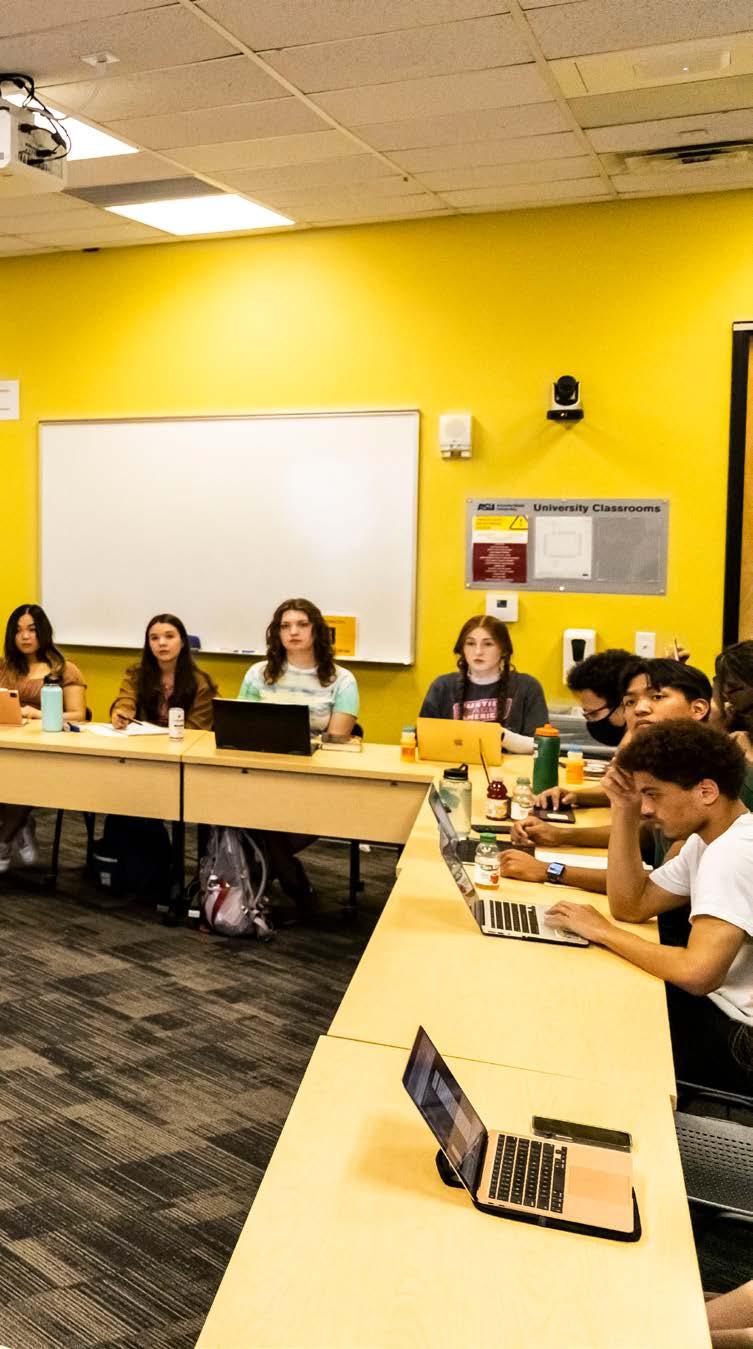
“Probably one of the most stand-out features of Barrett has to be the Human Event professors and their classes.”
— EDWARD JOSEPH NOLAN, WHO GRADUATED ASU WITH BACHELOR’S DEGREES IN POLITICAL SCIENCE AND BIOLOGY IN 2020

An opportunity for honors students to do research and community outreach with ASU faculty.
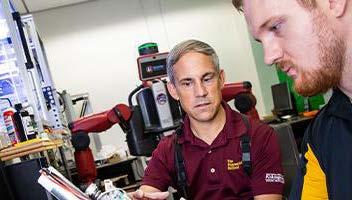
Faculty Honors
Advisors (FHAs) are disciplinary faculty members at ASU who can offer advice and information on undergraduate research opportunities within their field of study.
A research experience for students considering a career in biomedical research.
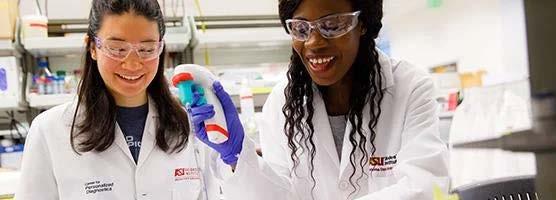

An applied research experience for students considering a career in the health professions.


Barrett Honors College partners with toptier medical facilities in the Phoenix area like Mayo Clinic and HonorHealth to offer shadowing and research opportunities just for honors students . Additionally, we offer faculty advising for pre-health students and a variety of research pathway programs.
The HonorHealth Research program is an applied research experience for students considering a career in the health professions.
The HonorHealth Research and Innovation Institute serves as an institute without walls as it partners with many prestigious universities and companies, tapping into some of the best minds nationally and internationally.
Current and previous partners include:
• Abbott.
• Bayer.
• BioMarin.
• Boston Scientific.
• Celgene.
• EnteroMedics.
• Gambro.
• Genentech.
• Gilead.
• Inftaredx.
• Janssen.
• Johnson & Johnson.
• Medtronic.
• Neuren Pharmaceuticals.
• Plexxikon.
• ReShape Medical.
• smith&nephew.
• Tekmira.
• Tryton.
• USGI Medical.
• Dignity Health.
• Mayo Clinic.
• Samsung Medical Center.
• Marshfield Clinic Research Foundation.
• National Institutes of Health.
• Salk Institute for Biological Studies.
• TGen.
• The Scripps Research Institute.
• Stand Up 2 Cancer.
• Universities
• Arizona State University.
• Columbia University.
• Harvard Clinical Research Institute.
• Johns Hopkins University.
• Stanford University.
• University of Arizona.
• University of California at San Francisco.
• University of Michigan.
• University of Minnesota.
• University of Pennsylvania.
• Wayne State University.
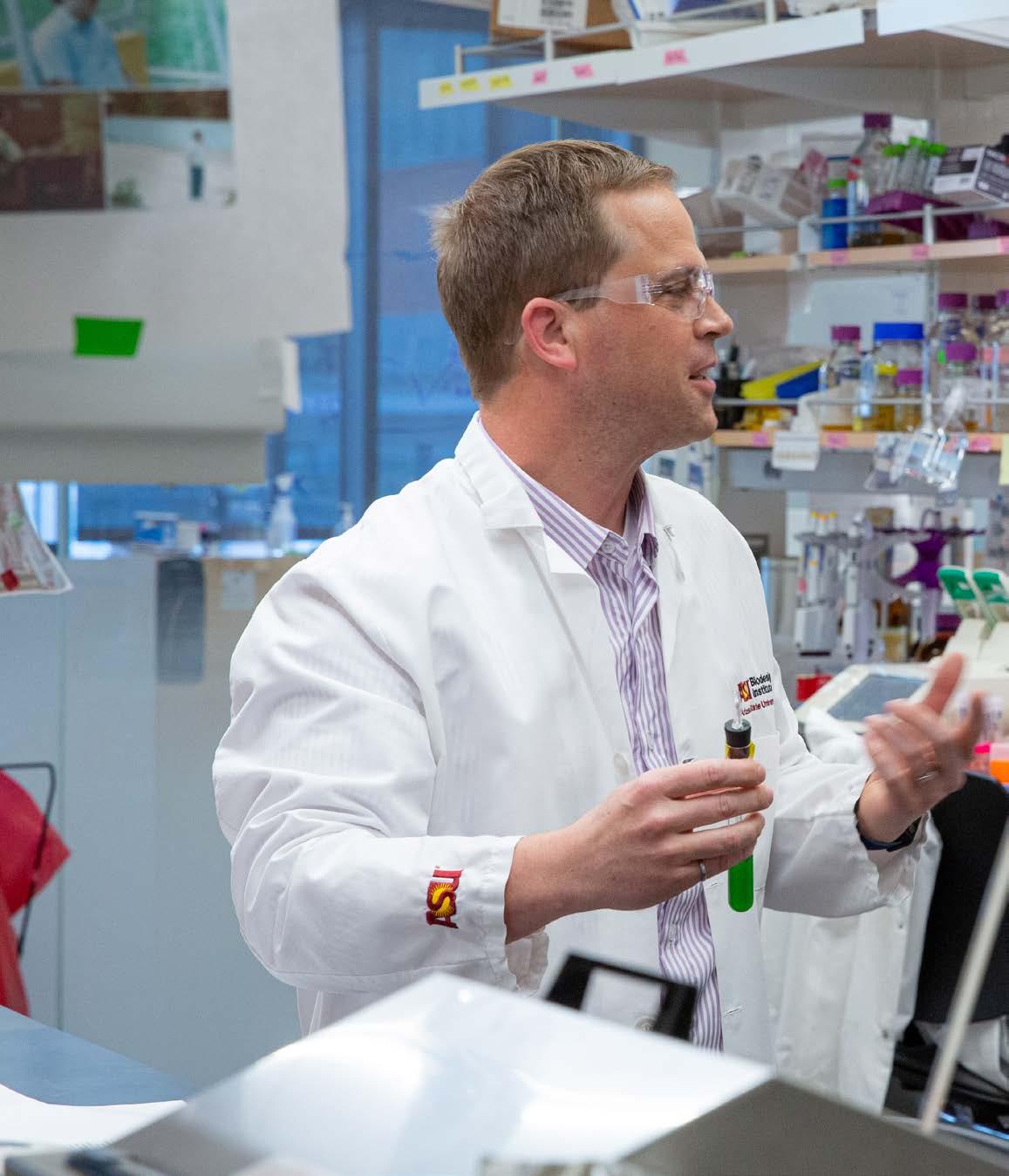
Barrett students have the opportunity to work in research labs across ASU. David Nielsen, professor in the School for Engineering of Matter, Transport and Energy, works with Barrett honors student Pedro GonzalezOchoa from Fullerton, CA, double-majoring in biomedical engineering and biological sciences (genetics, cell and developmental biology). Taken in a lab at Bio Design C at the Tempe campus, biology and chemistry students conduct a variety of independent and group lab tests with a professor.
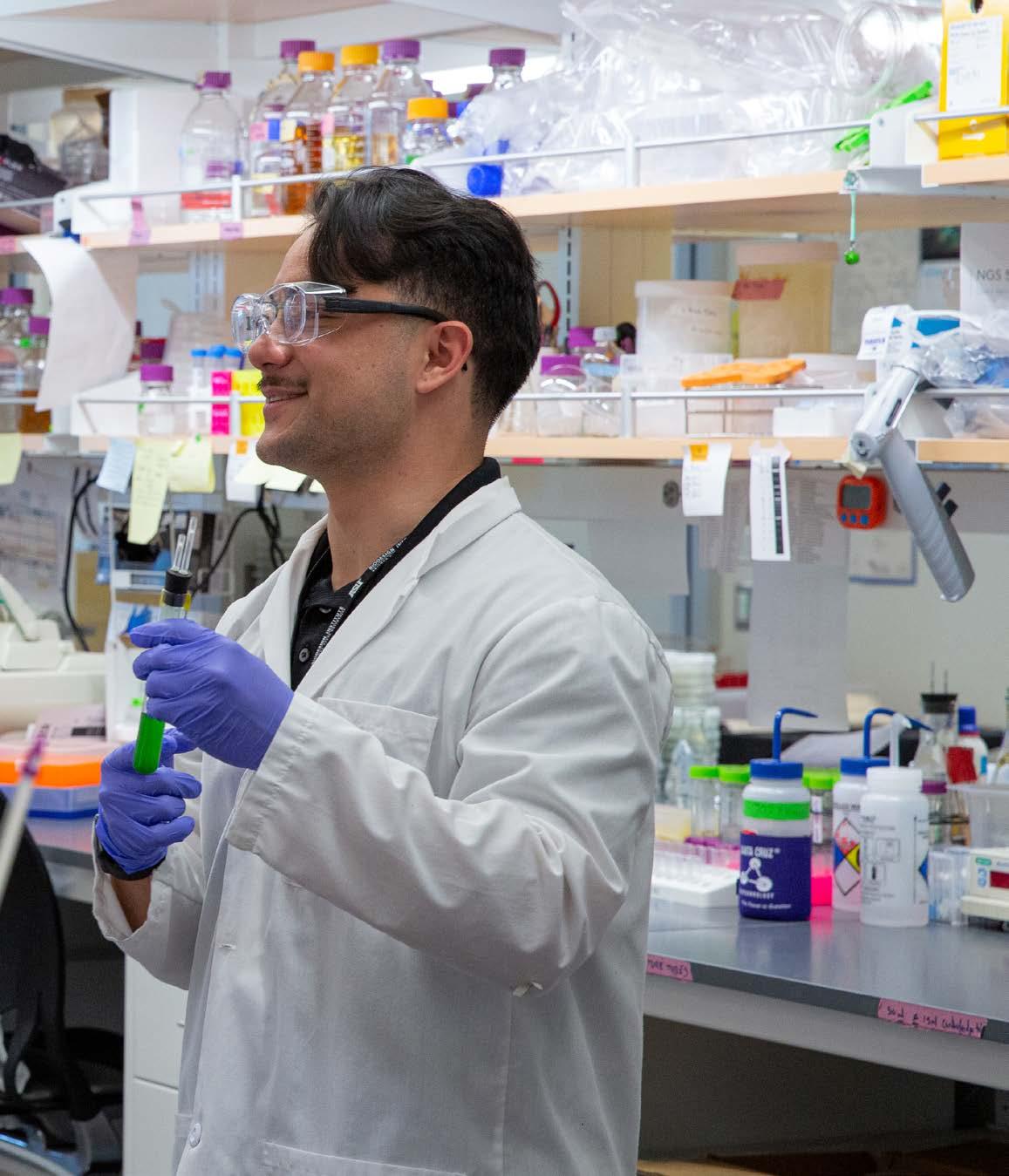
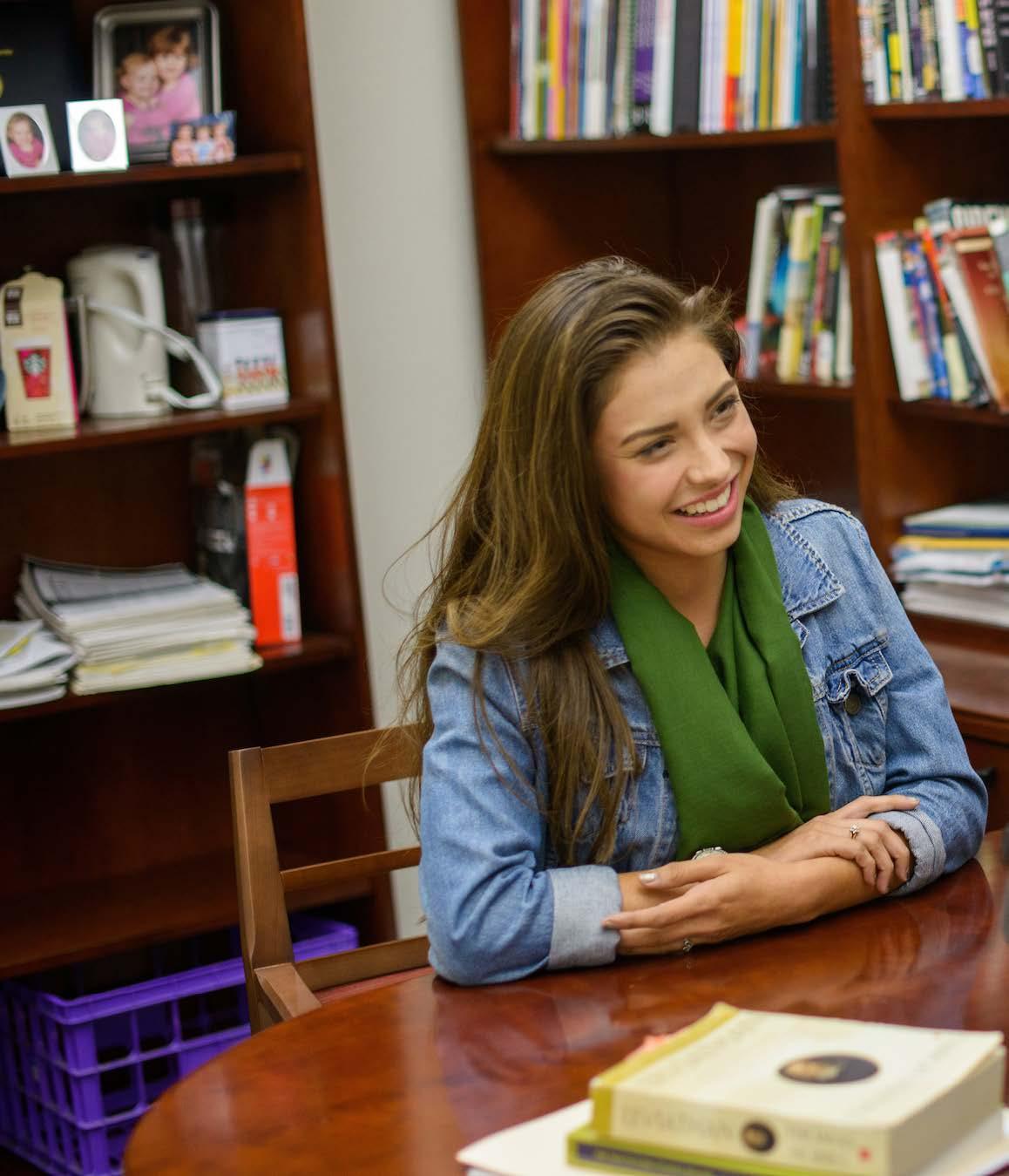
Barrett students get access to mentoring and academic feedback from professors.
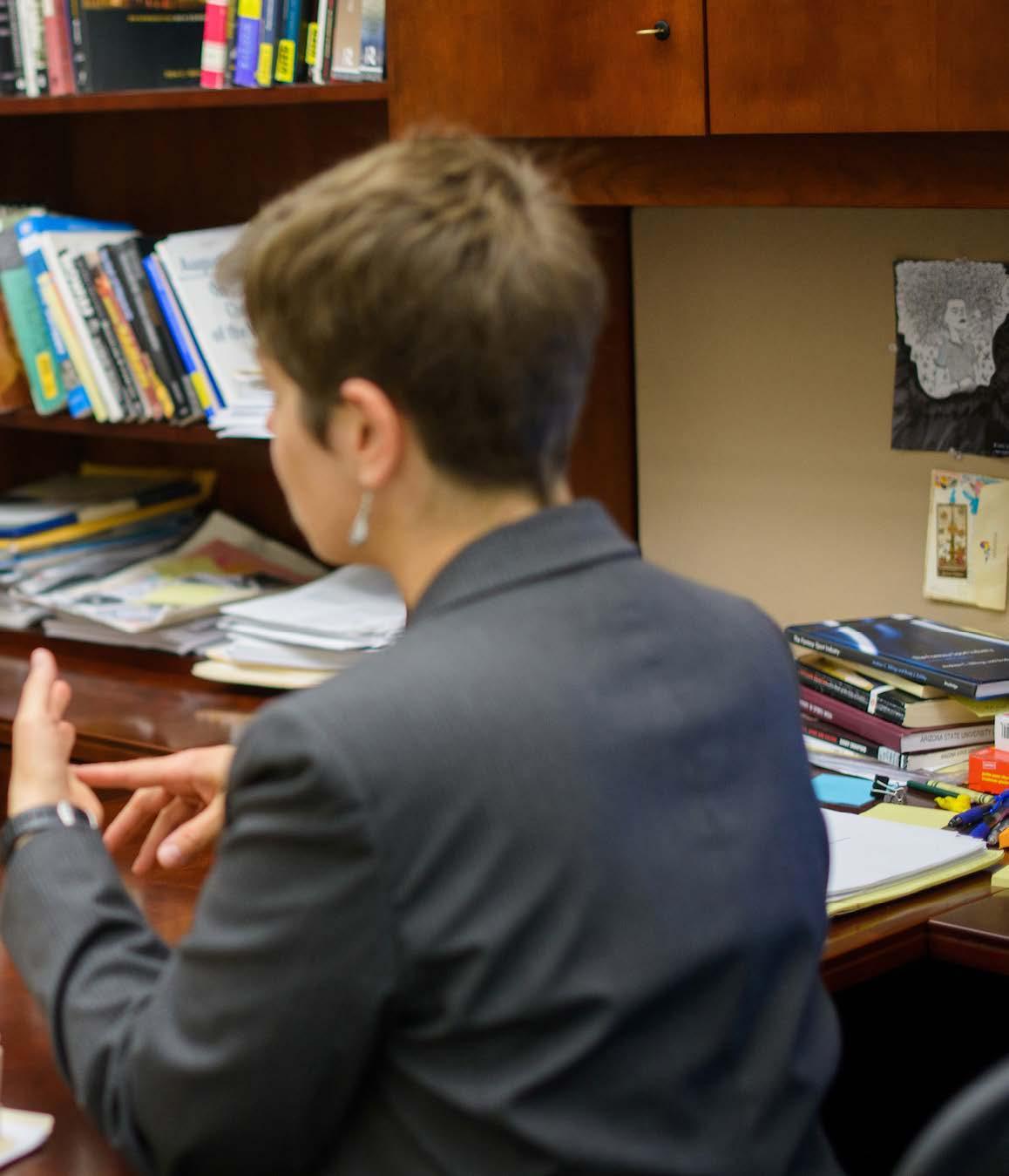
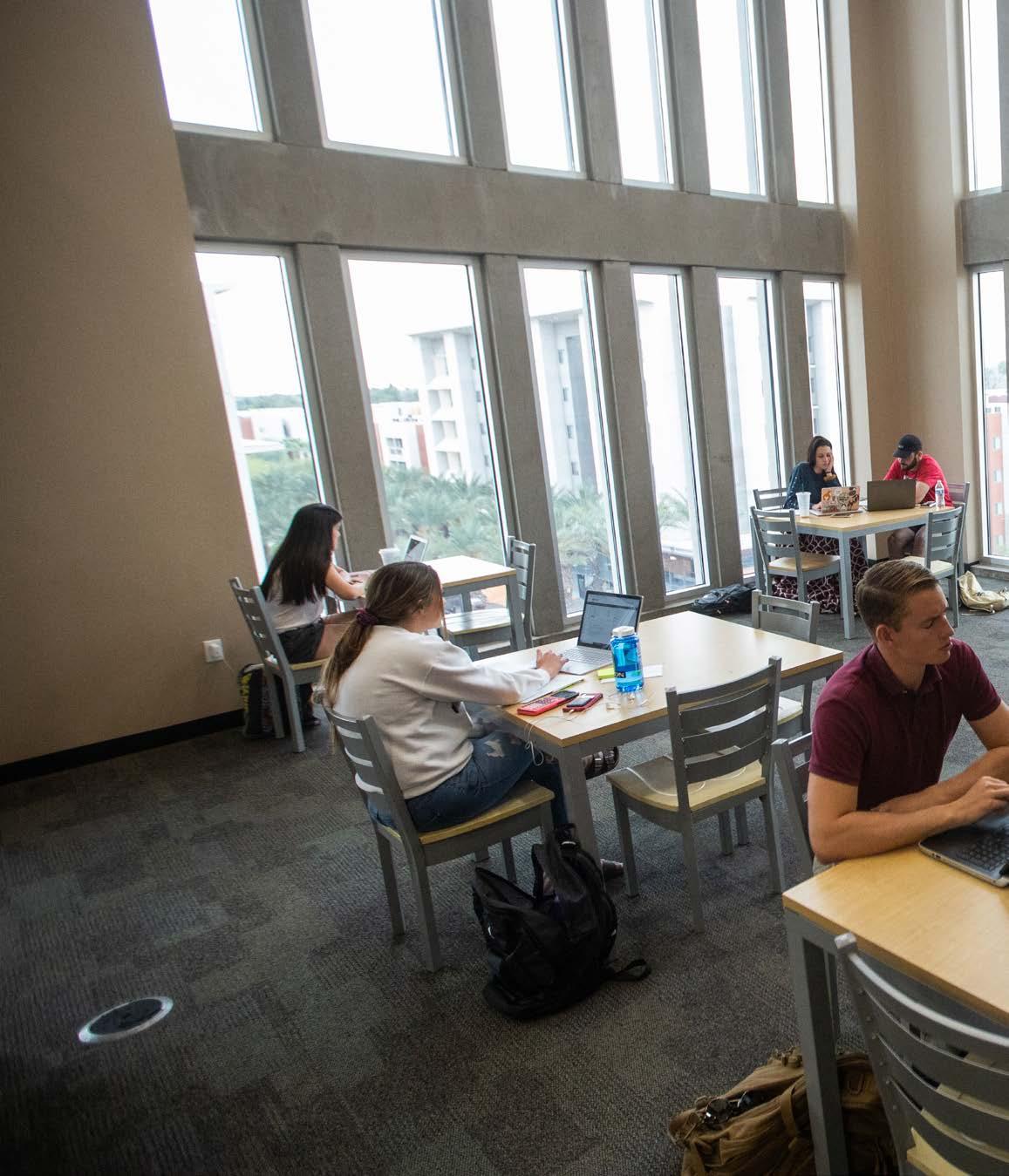
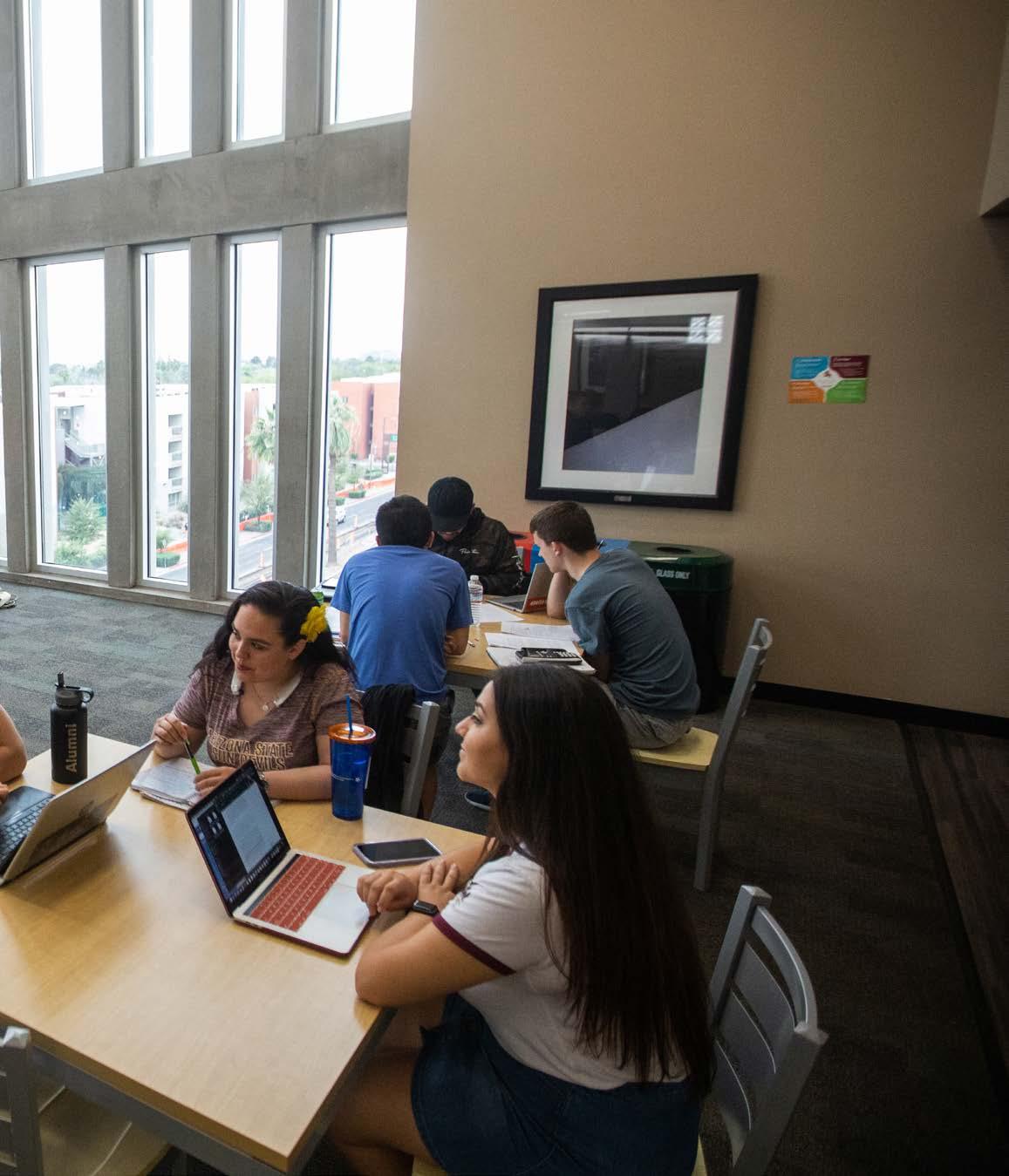
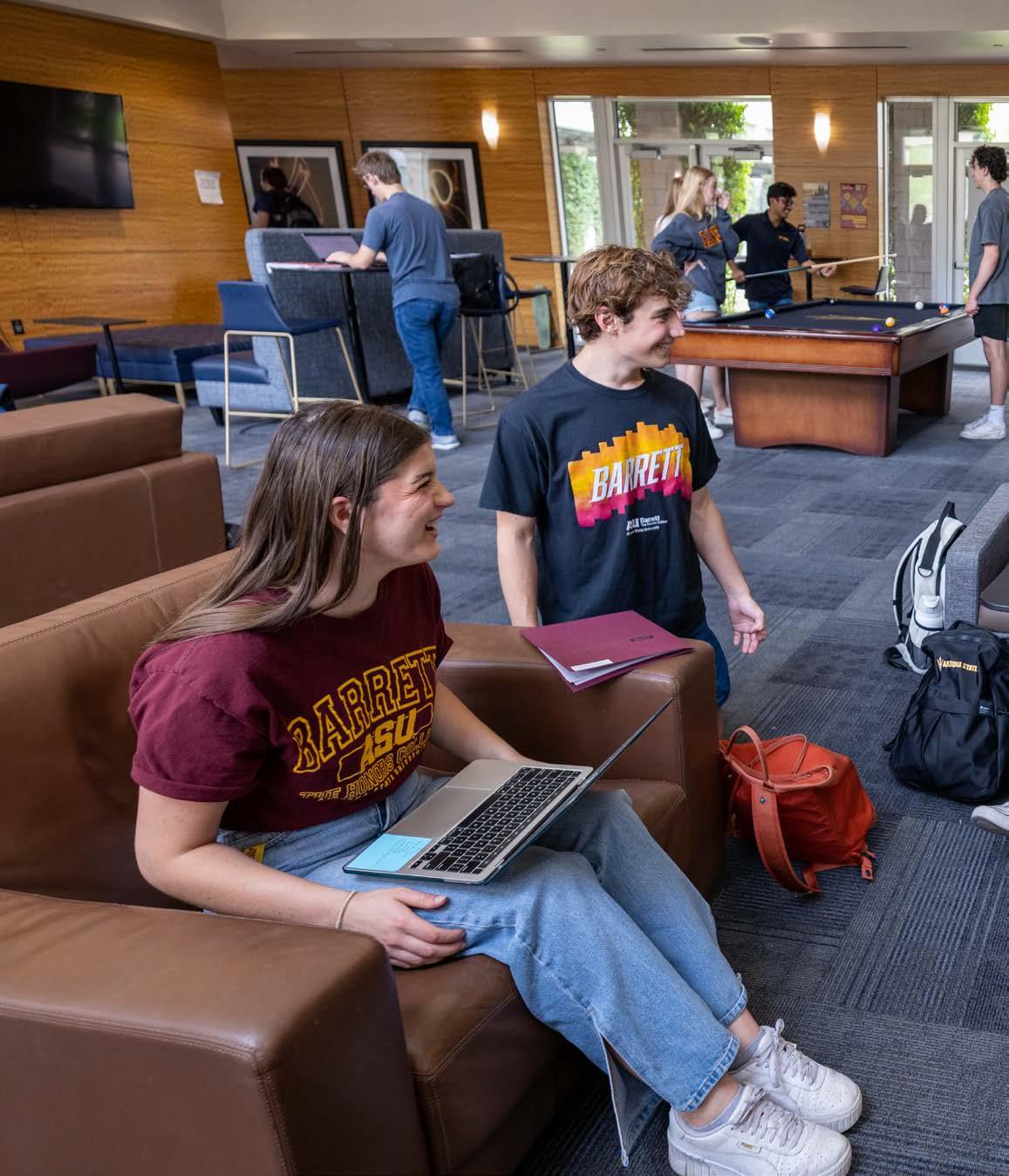
Undergraduate Barrett students working together inside the Honors College Academic Complex Common Area at the Tempe campus.
From left: Valerie Brown from Newcastle, CA, studying community health, John Stracco from Andover, NJ, studying business, Pranay Patel from Aliso Viejo, CA, majoring in accountancy, Esther Robinson from Mesa, AZ, studying business, Erik Mercado from Long Beach, CA, receiving two degrees in economics and business data analytics.
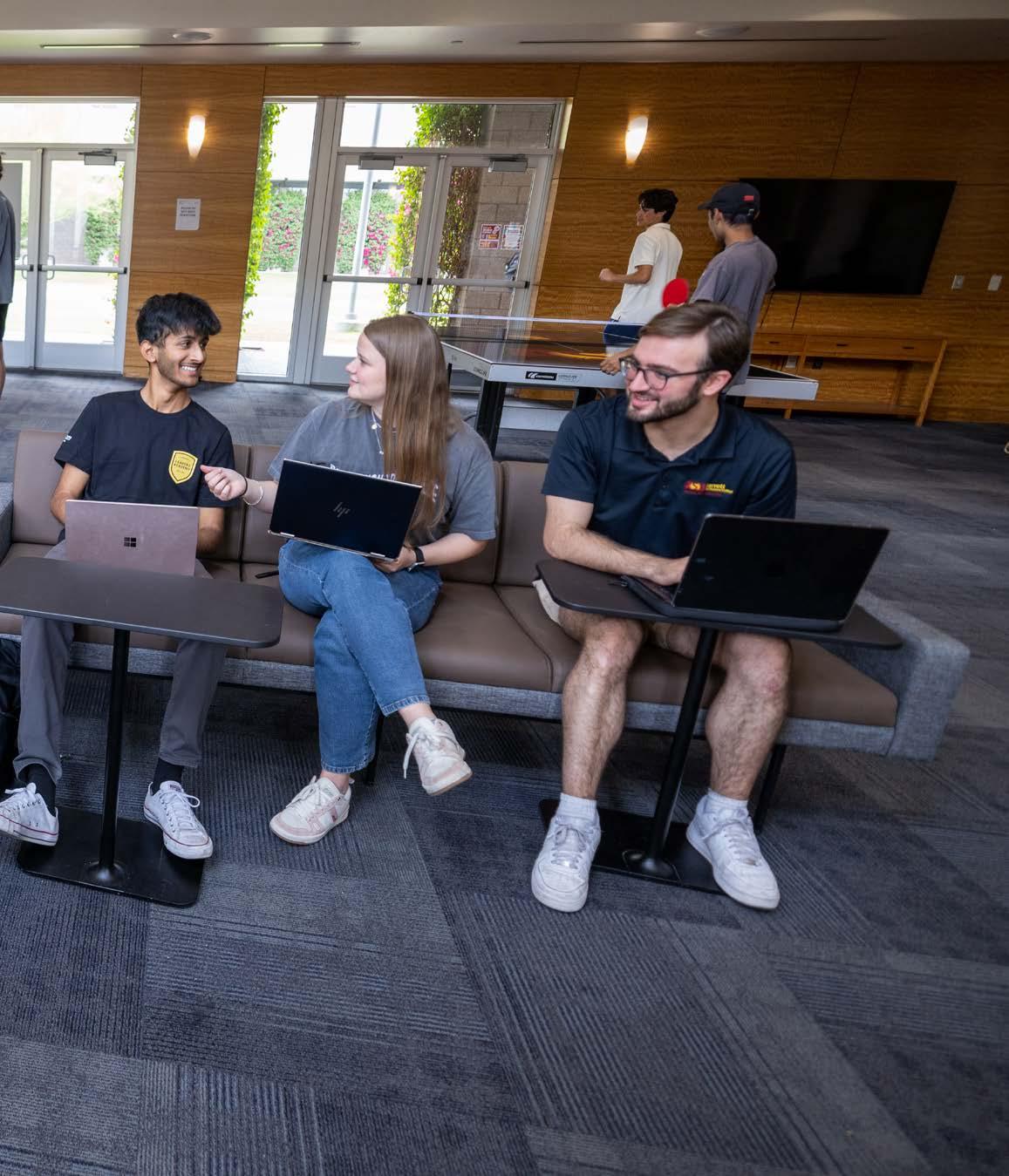
Undergraduate Barrett students take a break and eat lunch in the Honors College Academic Complex Dining Hall on the Tempe campus.
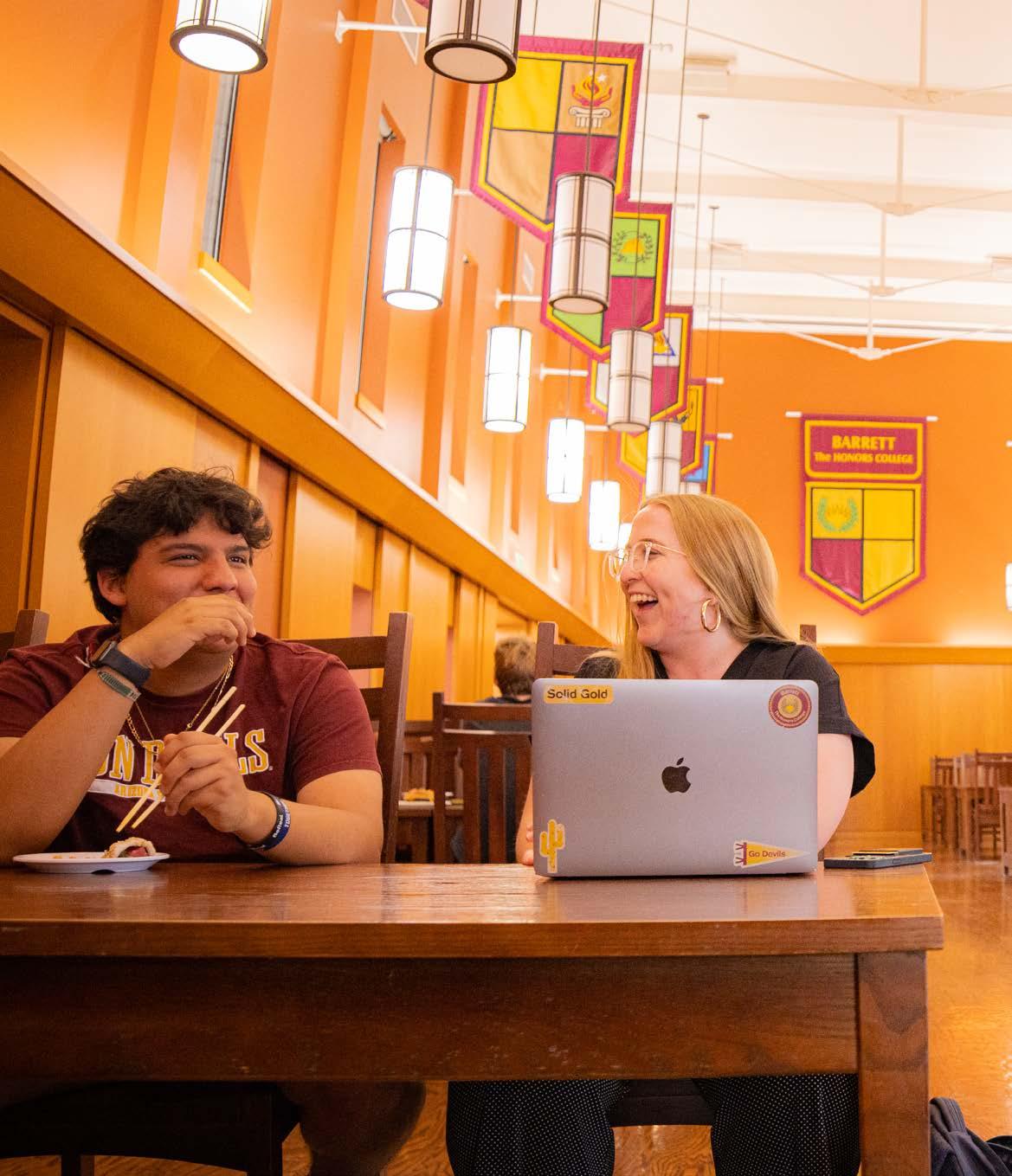

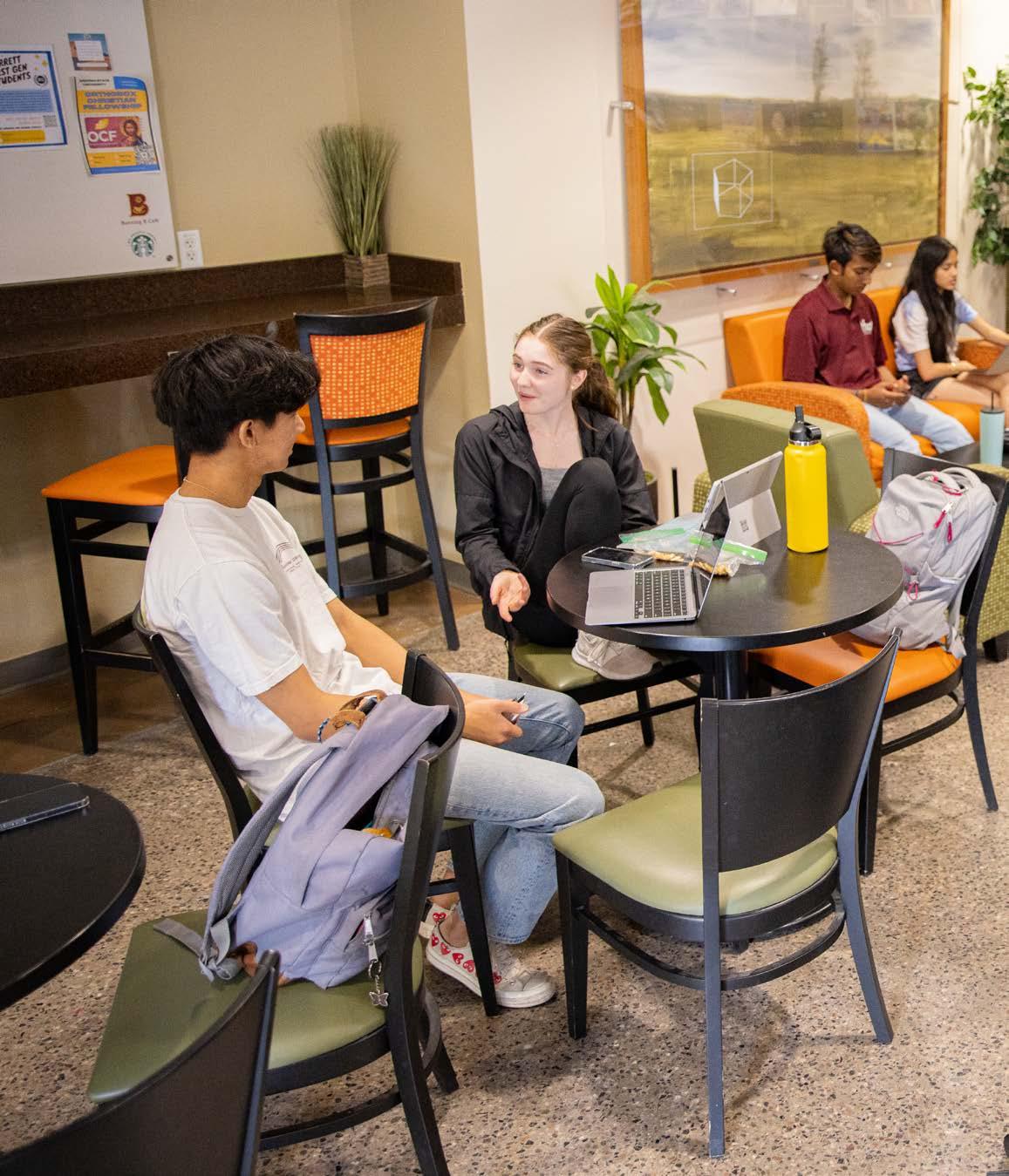
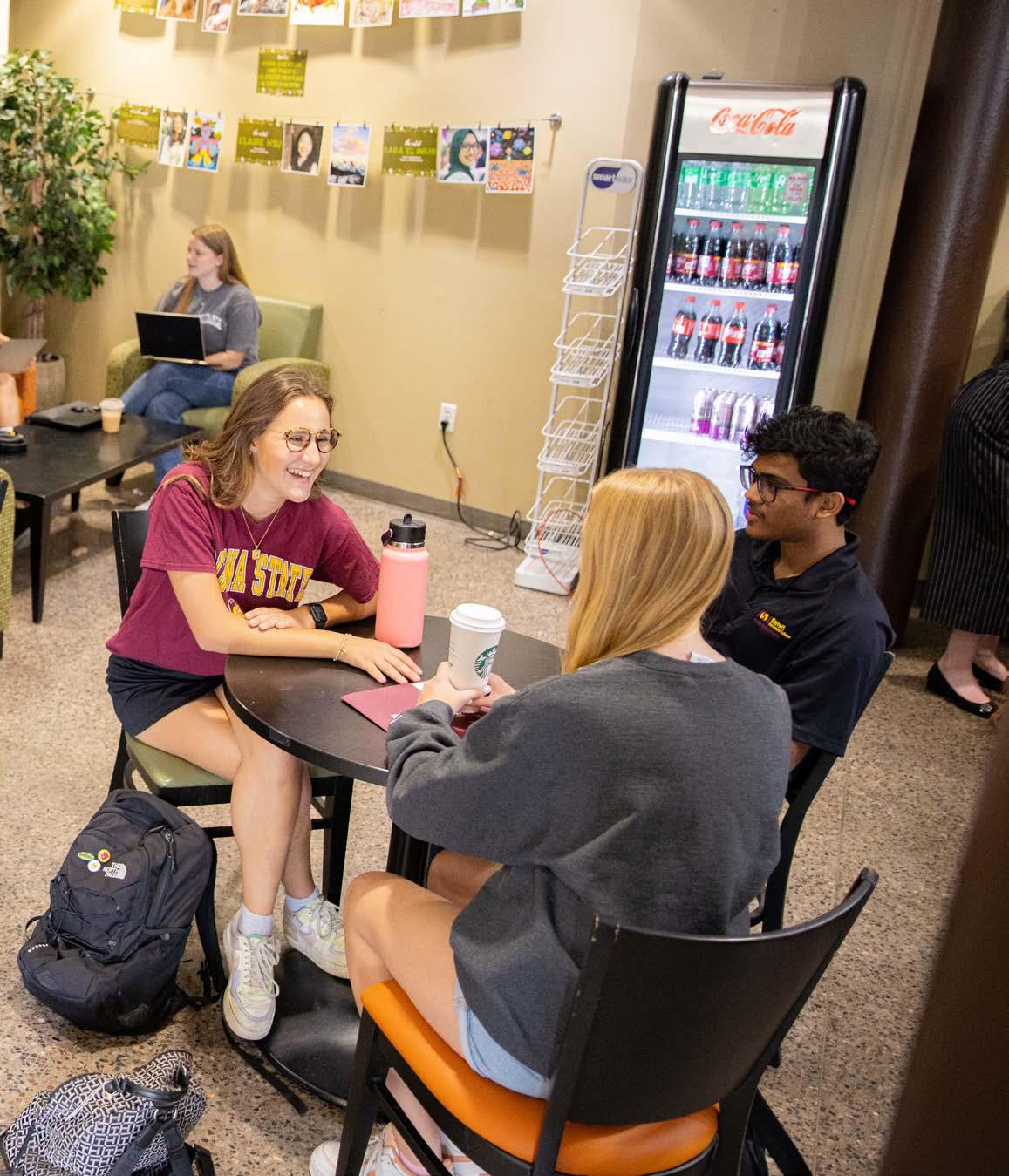
This support by nationally and internationally recognized teachers produces results that place Barrett students in a special class of successful graduates.
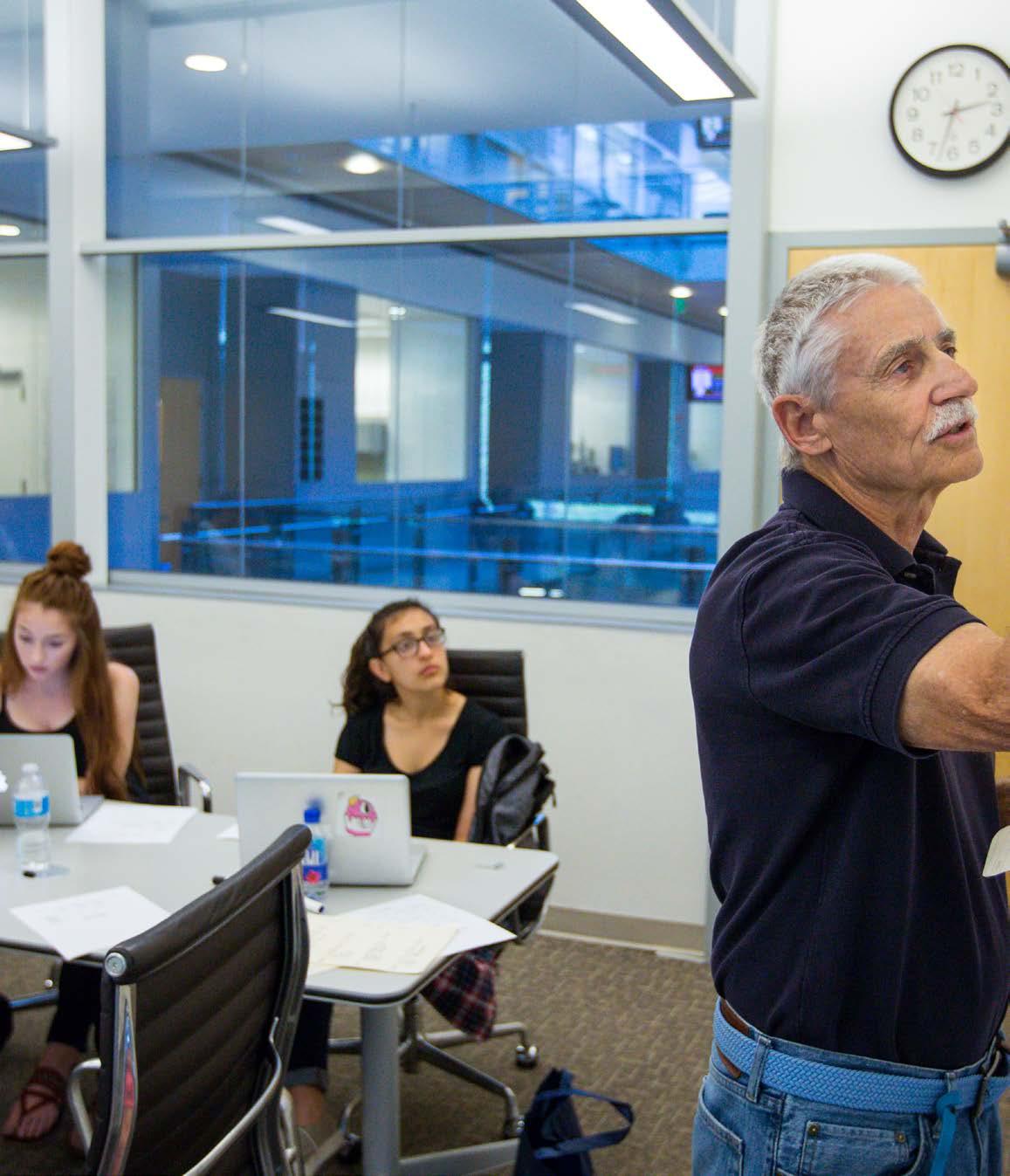
Nobel laureate Leland Hartwell joins the faculty of Barrett, The Honors College at Arizona State University in August, making Barrett the only honors college in the nation with a Nobel Prize recipient teaching undergraduates.
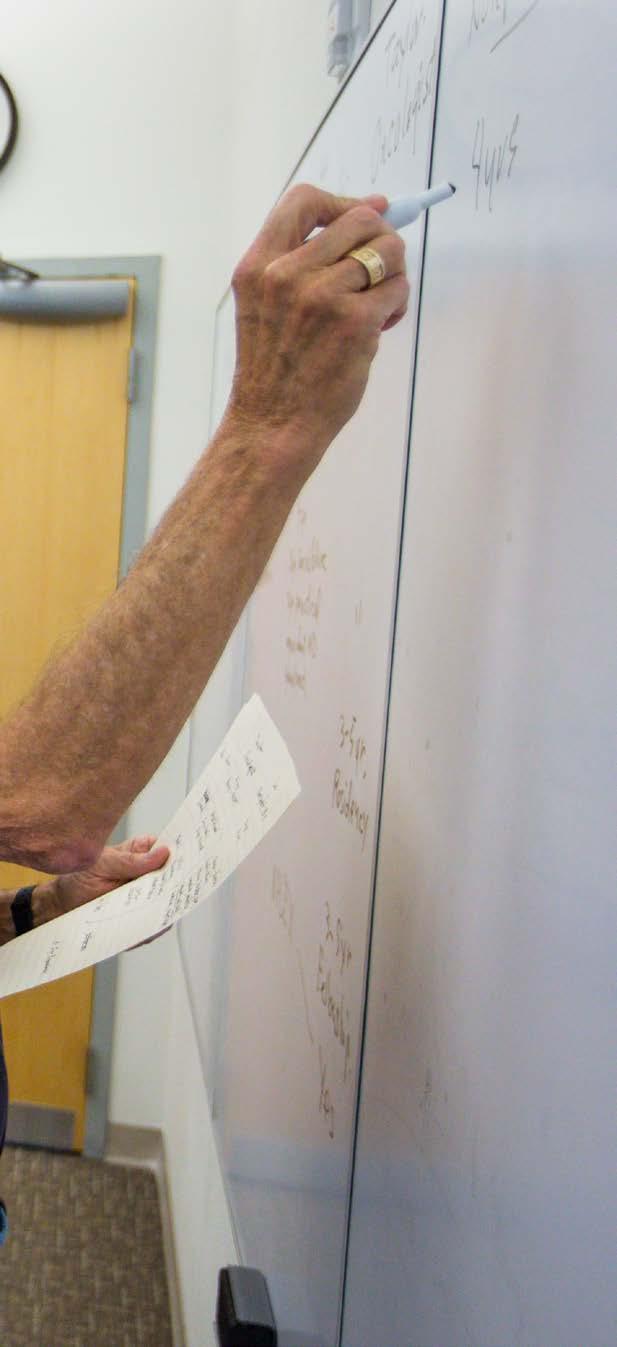
Leland Hartwell, a noted medical researcher, won the Nobel Prize in Physiology or Medicine in 2001 along with Paul Nurse and Tim Hunt for their discovery of protein molecules that control the division of cells.
Hartwell has taught courses in Barrett as well as the School of Life Sciences and School of Sustainability at ASU for several years, said Barrett Vice Dean Nicola Foote. His teaching appointment has now changed so he can work exclusively with honors students.
“Our students have the unique opportunity to work with a scholar who has completely transformed the boundaries of human knowledge and to learn from him about how to question, create and innovate. I can’t imagine a better learning opportunity for undergraduate students.,” said Foote.
Hartwell will have the title of honors professor and teach an applied research course where students learn how to craft research questions and design experiments to test their hypotheses, Foote said.
Hartwell’s course in fall 2019 will focus on research and experiments to learn more about the human senses. Honors students from any major, and as early in their first year in the university, can sign up for the course.
Hartwell said his courses will change in focus from semester to semester, but all will challenge students to be self-directed learners and researchers.

“Basically, I try to teach students how to be independent learners,” Hartwell said. “Typically, each student has their own project and I mentor them through it. I have taught courses in student success, global health and human sensory vision. Fall semester I am teaching a course in human sensory hearing. Each student will formulate a question of interest to them and then design and implement an experiment to try to answer their question.”
Hartwell said he is looking forward to working exclusively with honors students.
“My experience with honors students has been terrific. They are generally enthusiastic and dedicated,” he said.

In addition to the Nobel Prize, Hartwell has received other recognition for his groundbreaking work.
He was given the Albert Lasker Basic Medical Research Award in 1998, which is awarded for a fundamental discovery that opens up a new area of biomedical science; the Gairdner Foundation International Award in 1992 for outstanding discoveries or contributions to medical science; the Alfred P. Sloan Award in cancer research in 1991, and the Genetics Society Medal of Honor.
Hartwell was the president and director of the Fred Hutchinson Cancer Research Center from 1997 to 2010, when he left to join the ASU faculty. Since 2014, he has taught special topics and directed honors studies in sustainability, biomedical engineering, biology and computer science.
Over the years, he has had appointments in the schools of education, biomedical engineering and sustainability and led a small team that developed and taught a course, Sustainability Science, for pre-service K-8 teachers. He also led the HoneyBee program at ASU, overseeing a series of small clinical trials using wearable devices to monitor physiological parameters in clinical patients for a variety of diseases.
“My experience with honors students has been terrific. They are generally enthusiastic and dedicated .”
— LELAND HARTWELL, FACULTY IN BARRETT HONORS, THE SCHOOL OF LIFE SCIENCES AND SCHOOL OF SUSTAINABILITY
Tara Williams joined ASU from The University of Alabama Honors College, where she was dean, and prior to that she served as the associate dean at the Oregon State University Honors College. She has written two books, “Inventing Womanhood: Language and Gender in Middle English Writing” and “Middle English Marvels: Magic, Spectacle, and Morality in the Fourteenth Century.”
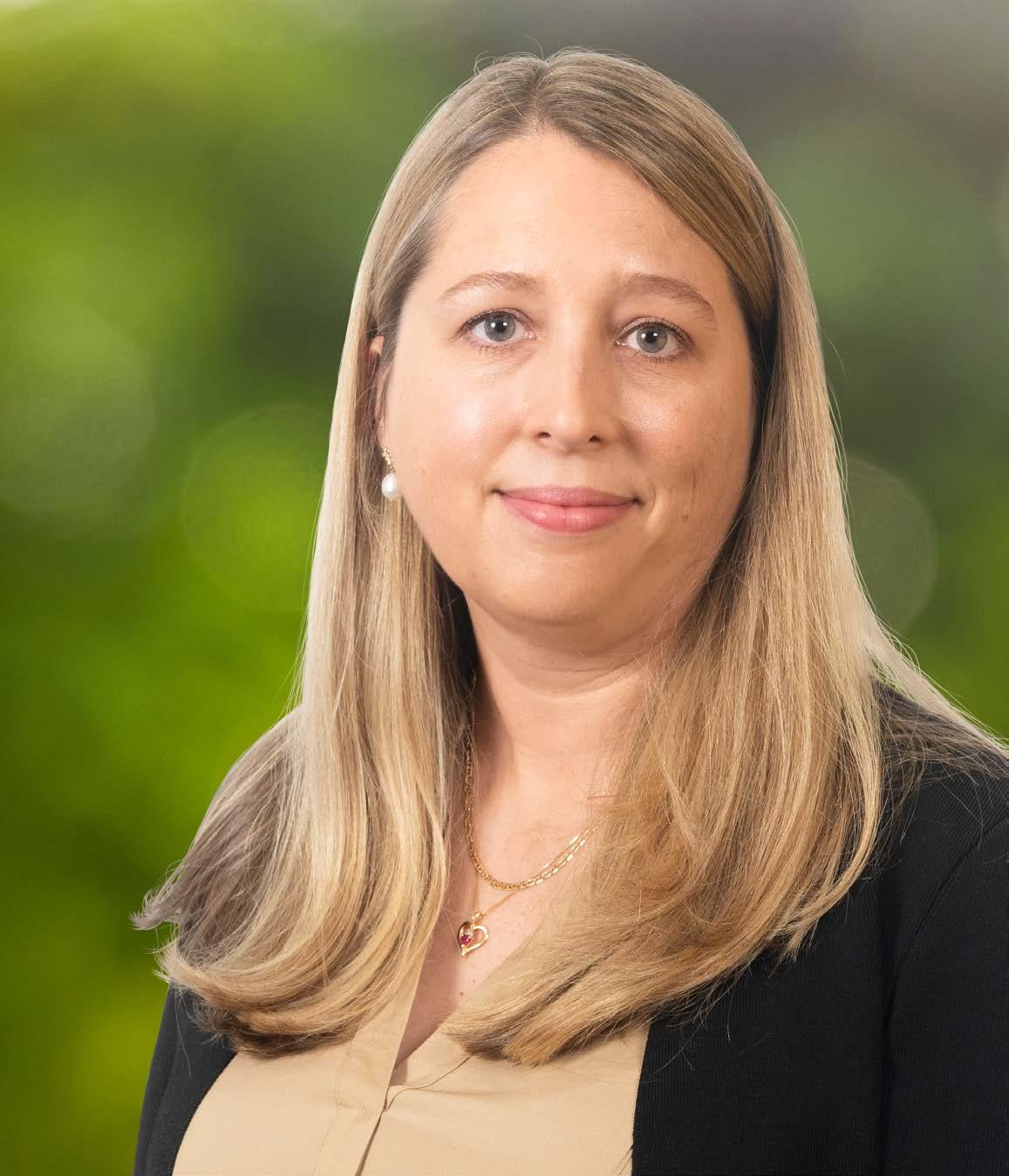
Tara Williams will start Aug. 1 as the college’s next dean, Provost Nancy Gonzales announced this week.
Williams succeeds Mark Jacobs, who served as Barrett Honors College dean since 2003 and is retiring this summer.

In her new role, Williams will lead one of the top honors colleges in the nation, described as “the gold standard” by The News York Times. Named for longtime university supporters former Intel CEO Craig Barrett and Barbara Barrett, former U.S. secretary of the Air Force, Barrett Honors College experienced a great expansion under Jacobs and had a 2021–22 total enrollment of more than 7,100 students across ASU’s four Phoenix metropolitan campuses.
“I am excited to welcome Tara Williams as the next dean of Barrett. She brings a proven administrative track record and deep commitment to honors education, a field in which she is already recognized as a national leader,” Gonzales said.
“Tara has long admired Barrett Honors College and understands the unique opportunity it offers as the nation’s top-ranking honors college located in one of the nation’s largest and most innovative public universities. She is an ideal choice to sustain and build upon Barrett’s pioneering academic, professional and experiential initiatives so they will continue to attract and prepare highly motivated honors students to become leaders in an increasingly complex, interconnected and global world,” Gonzales said.
Williams currently serves as dean of the University of Alabama Honors College. Under her leadership, the UA Honors College — with 7,500 students — has increased the diversity of its incoming cohorts, implemented a test-optional admissions pathway, added faculty and staff positions, and developed an innovation contest that emphasizes social impact and alumni mentorship.
In 2021–22, UA honors students earned numerous honors, including
For the first time in nearly 20 years, there will be new leadership this fall at Barrett, The Honors College at Arizona State University.

a Rhodes Scholarship, two Marshall Scholarships, a Goldwater Scholarship, a Hollings Scholarship and multiple Fulbright Scholarships.
Williams has published articles on the honors thesis, honors study abroad experiences and innovative pedagogical practices, as well as spoken at conferences hosted by Honors Education at Research Universities, the National Collegiate Honors Council and the Association of Public and Land-grant Universities Council on Honors Education.
In her previous role as the associate dean at the Oregon State University Honors College, she oversaw a 25% strategic growth in enrollment, expanded the portfolio of international programs and extended the honors academic experience to the OSU-Cascades campus.
Williams earned a bachelor’s degree from the University of Florida and a doctorate from Rutgers University. She held the Morton W. Bloomfield Fellowship at Harvard University and has written two books, “Inventing Womanhood: Language and Gender in Middle English Writing” and “Middle English Marvels: Magic, Spectacle, and Morality in the Fourteenth Century.”
“I couldn’t be more enthusiastic about this hire,” Barrett Vice Dean Kristen Hermann said. “I am familiar with Dr. Williams’ leadership in honors at both Alabama and Oregon State. She is very student-centric, has fostered a culture of innovation and experimentation at both institutions, and has worked in close collaboration with a diverse array of stakeholders. Having experienced the evolution of Barrett as part of the leadership team the past two decades, I know her experience places her in the best position to lead the college in promoting access to honors opportunities both internationally and online.”
Jenny Dyck Brian, Barrett Honors College faculty chair, echoed enthusiasm for Williams.
“The Barrett faculty are so excited to welcome Dr. Tara Williams as the new dean of Barrett, The Honors College,” Brian said. “Dr. Williams’ substantive and sustained commitment to honors education in public universities is inspiring and will surely guide Barrett into a new and exciting phase. The faculty deeply appreciate her expertise, leadership and innovative approach to liberal arts pedagogy and look forward to
working with her to strengthen, diversify and energize our Barrett community.”
Williams said she is looking forward to starting her new job after visiting ASU in May for interviews, presentations and meetings as a candidate for the dean’s position.
“I’m thrilled to be joining Barrett as the next dean. Barrett has built a wonderful reputation under Dean Jacobs’ leadership, and brought together accomplished students, faculty and staff. It’s an honor to become a part of that community and to work together to envision the future of the college,” Williams said.
“The students and alumni are amazing; they’re achieving great things and having a positive impact in the world,” she added. “The faculty and staff are dedicated to an honors experience that is innovative, global and community-based. Barrett also has the strong support of ASU leadership and many partners across the university. It’s well-positioned to lead the way on continuing to increase the impact and accessibility of honors education.”
Williams said that in her first year as Barrett dean, she will focus on understanding Barrett students’ experience at each campus and identifying opportunities to enhance and expand those experiences, with particular attention to inclusive excellence and access.
“When I visited Barrett last month, I heard about initiatives and programs that are already underway, as well as new ideas. It’s exciting to see that there is so much great work already being done, and it’s equally exciting to see that the community is always considering what can be done next to provide students with even more opportunities to develop and grow.
“I’m thrilled to be joining Barrett as the next dean. Barrett has built a wonderful reputation under Dean Jacobs’ leadership, and brought together accomplished students, faculty and staff. It’s an honor to become a part of that community and to work together to envision the future of the college.”
– TARA WILLIAMS, DEAN OF BARRETT, THE HONORS COLLEGE AND A PROFESSOR IN THE DEPARTMENT OF ENGLISH

PUBLISHED
The University of Chicago Press Journals, August 26, 2022

Since last fall, a group of 40 students in Barrett, The Honors College, at Arizona State University has been working on a large-scale honors thesis project focusing on documenting the work the ASU Biodesign Clinical Testing Laboratory did in response to the coronavirus pandemic.
This honors thesis is called The Compton Project, so named after Carolyn Compton, professor of life sciences at ASU and the lab’s medical director.
Last spring, the ASU Biodesign Institute converted its research infrastructure to focus on testing, tracking and mitigating the coronavirus, and within six months of the first confirmed case of COVID-19 in the United States, ASU researchers had:
• Set up a clinically approved and certified COVID-19 testing lab.
• Developed the first saliva-based coronavirus test in the western U.S.
• Operated sample collection sites throughout Arizona.
• Provided critical supplies to hospitals and other health care providers.
• Compiled key data to track and predict the spread of the virus.
• Made free testing available to ASU students, faculty and staff.
Realizing the importance of the ASU Biodesign Clinical Testing Laboratory, Compton felt it should be documented so that it could be referenced in the future if needed.
She recruited honors students to work under the direction of ASU faculty to track and document six areas of the lab’s operations: business, communications, quality management and training, information technology, law and laboratory analysis. In addition, a group of honors students worked with Steve Filmer, executive producer of “Catalyst” on Arizona PBS, to produce a documentary film about The Compton Project.
The documentary about the project will be shared in a webinar at 6 p.m., April 22. Registration for the webinar is now open.
A podcast produced by Ranjani Venkatakrishnan, who earned bachelor’s and master’s degrees in journalism from ASU with undergraduate honors from Barrett, The Honors College, features Compton and honors students explaining the project’s significance.

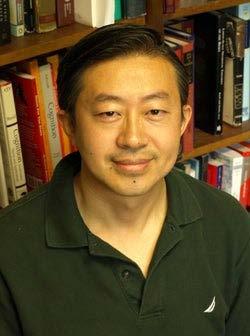
“Mindfulness not only helps students focus their attention on the course topics, but it also helps with their mental health and to relieve stress.”
– YIYUAN TANG, PROFESSOR IN ARIZONA STATE UNIVERSITY’S COLLEGE OF HEALTH SOLUTIONS
YiYuan Tang’s Health Neuroscience course often begins with a few minutes of quiet and a calming mindfulness practice to help students settle down and focus.
Tang, a professor in Arizona State University’s College of Health Solutions, said mindfulness is an important component in his teaching.
“Mindfulness not only helps students focus their attention on the course topics, but it also helps with their mental health and to relieve stress,” Tang said.
Registration for Tang’s fall 2023 Health Neuroscience course, EXW/SHS 494, is currently open. Barrett, The Honors College students may take the course for honors credit and work with Tang on thesisrelated research.

“We use mindfulness to examine our emotions, to look at them from a distance and create space between our emotions and awareness in our brains. Mindfulness is a skill,” Tang said.
Mindfulness is one component of Tang’s interdisciplinary approach to teaching that stems from
his cross-cultural background, experience and expertise in the areas of cognitive, affective, cultural, developmental, performance and health neuroscience, as well as psychology, health sciences, data science and prevention science.
Health neuroscience is an interdisciplinary field focusing on research in social neuroscience, science of behavior changes, health psychology and physical, cognitive and mental health. Tang’s Health Neuroscience course explores how the brain, mind and body interact to affect health mindset, decisionmaking and action, and promote health and well-being by applying principles of health neuroscience, medicine and other evidence-based strategies into daily life.
The course has many foci, including epigenetics (the study of how behaviors and environment cause changes that affect the way genes work), brain plasticity and the aging process.
Tang said several students in his class, including some in Barrett, have chosen to hone in on aging research.
One of those students is Spencer Jensen, a junior in the honors college studying neuroscience, who took the health neuroscience course last year.
“Research is something I’ve always been interested in, and I thought the course was a great way
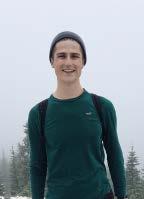
Sometimes I feel like everything in science has already been discovered and that there’s nothing left to be discovered, but this course gave me renewed hope. It got me excited again by the realization that there’s plenty more to research in neuroscience.”
– SPENCER JENSEN, A JUNIOR NEUROSCIENCE MAJOR IN BARRETT, THE HONORS COLLEGE
to practice research skills and get to know Dr. Tang,” Jensen said.
Jensen said the most interesting parts of the course centered around the different theories of the causes of Alzheimer’s disease, neurological diseases and how they develop, and neuroimaging methods used in research.
“These topics have given me greater scientific literacy as I’m now able to understand research articles when they say something like, ‘25 participants performed a memory task while being imaged by SPECT,’” he said.
“The ability to see all the theories and approaches applied to the study of Alzheimer’s disease has shown me that neuroscience is an ever-changing field with room for meaningful discoveries from future researchers like me. Sometimes I feel like everything in science has already been discovered and that there’s nothing left to be discovered,
but this course gave me renewed hope. It got me excited again by the realization that there’s plenty more to research in neuroscience,” Jensen added.
Kavya Balasubramanian, a senior in the honors college majoring in neuroscience, took the course last fall after being encouraged by a friend who took the class in spring 2022 and said it was enjoyable overall and particularly exciting to go on a class visit to a virtual reality lab.
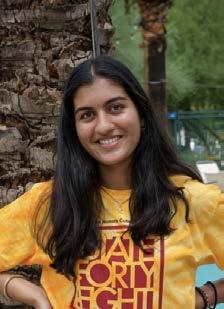
Balasubramanian said the course focused on three different areas: the connection between brain outcomes/neuroscience evidence and wellness, how individualized factors such as lifestyle and genetics contribute to individual differences in health outcomes, and how to apply the knowledge learned about these topics to promote healthy habits.
“I think the most interesting topic for me to learn about was how the placebo effect can actually be used to promote health outcomes, the studies on human consciousness states and disorders as well as the different technologies used in health neuroscience research,” she said.
One of the most valuable things she learned, however, is “the value of staying mindful of one’s emotions and physiological response in stressful situations and using cognitive reappraisal to reinterpret the emotional impact of these situations,” she said.
“I think I will definitely use this as an emotional regulation strategy to be able to handle stress better. I also want to get back into regular practice of mindfulness since I learned about all of the benefits on attention and cognitive health.”
“[I learned] the value of staying mindful of one’s emotions and physiological response in stressful situations and using cognitive reappraisal to reinterpret the emotional impact of these situations.”
– KAVYA BALASUBRAMANIAN, A SENIOR HONORS STUDENT MAJORING IN NEUROSCIENCE.
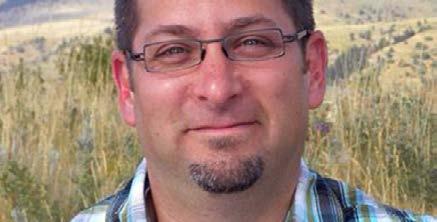
Robert Mack came to Barrett in 2015, after working as a visiting assistant professor at Denison University. For a decade, he has taught public speaking, argumentation, rhetorical criticism, psychoanalytic theory, and culture and television.
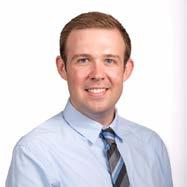
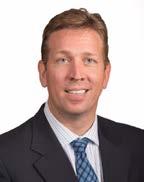
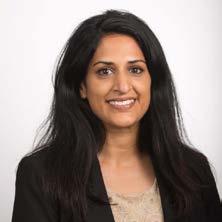
Trained in music and musicology at Cornell University, Nilanjana Bhattacharjya researches popular music, film and visual culture from South Asia and its diasporic communities. Formally trained in historical musicology, ethnomusicology and popular music studies, Professor Bhattacharjya regularly works on film and media studies and visual culture.
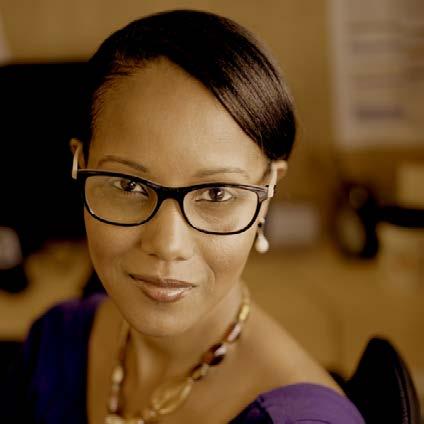
Georgette Briggs is a senior lecturer and Honors Faculty Fellow at Barrett, The Honors College. She is a biologist specializing in the developmental biology of plant systems, with a focus on hormonal and environmental influences on the form, structure and overall architecture of plant root systems. At Barrett, she teaches The Human Event seminar series and leads the Poly Writing Colloquium — a student-centered workshop that trains tutors to support student essay writing for The Human Event. She is also a GlobalResolve mentor for the Trinidad and Tobago team, and currently leads the GlobalResolve Lab.
Robert Niebuhr is a faculty fellow at Barrett. His scholarship has focused on the political and military history of former Yugoslavia, aspects of modern German history and 20th-century Bolivian history. He has studied abroad, beginning with a year in Croatia as a Fulbright winner in 2003 to 2004, and from 2010 to 2013 in Santa Cruz, Bolivia. He conducted research in former Yugoslavia and worked in Bosnia-Hercegovina, Kosovo and in Serbia. In Bolivia, he taught at Universidad Nur and Universidad Católica Boliviana “San Pablo” alongside a project focusing on the Chaco War.
Receiving his literary training at Cornell and Wesleyan, David Agruss has taught courses on 19th- and 21st-century British literature, colonialism, imperialism, postcolonialism, race, gender and sexuality; Victorian adventure fiction, travel literature, science fiction and dinosaur novels; white masculinity in U.S. popular culture; archival research in gender and sexuality; and more. Prior to coming to ASU, Professor Agruss taught at Montana State University, Yale University and Cornell.
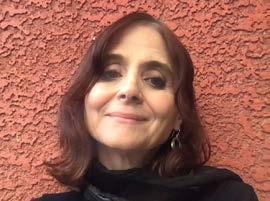
Lisa Barca is an associate teaching professor and Honors Faculty Fellow in Barrett. A literary artist and educator, she received a Whiting Fellowship in the Humanities, a University of Chicago Franke Institute for the Humanities Fellowship and the Harvard University Extension School Reginald Phelps Prize for Academic Achievement.
Sarah R. Graff is an Honors Faculty Fellow and principal lecturer at Barrett. She teaches a variety of courses such as The Human Event, History of Ideas, and special topics courses in anthropology and archaeology. Professor Graff an anthropological archaeologist focusing on early economies and social relationships connected to city life and material exchange. Graff was a Harper-Schmidt Fellow in the Society of Fellows and assistant professor in the social sciences at The University of Chicago. She held a Postdoctoral American Fellowship from the American Association of University Women.
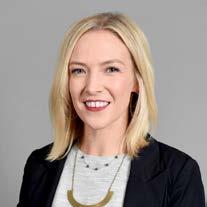
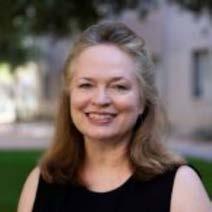
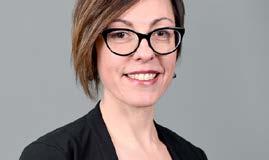
Jennifer Brian is Faculty Chair and Honors Faculty Fellow with Barrett, The Honors College. She also serves as a senior global futures scientist with the Julie Ann Wrigley Global Futures Laboratory. Brian’s research explores the intersections of politics, ethics, technoscience and business. She received her PhD in biology and society from ASU.
Stephanie R. deLusé is a teaching professor and Honors Faculty Fellow in Barrett. She is an experienced educator and administrator, such that she was invited as one of three international experts to a symposium in Japan on nurturing talents for global citizenship in regard to the possibilities and challenges of small liberal arts programs inside big research universities, and to work with faculty around a new interdisciplinary degree at Okayama University. She has published work in prestigious books and literary journals. Her current teaching focus is The Human Event sequence, as well as the Internship course, History of Ideas, senior seminars and the Organizational Thesis pathway.
Rachel Fedock returned to Barrett, The Honors College, her alma mater, in 2015, after earning her doctorate and master’s in philosophy from the City University of New York Graduate Center. Before returning to Barrett, Fedock taught at the College of Integrative Sciences and Arts at ASU, as well as the State University of New York, Potsdam. She has taught courses in philosophy, including logic, ethics, bioethics, feminist ethics, and the intersections between feminism and environmental ethics.
Kristen Hermann is the vice dean in Barrett, The Honors College. She has held leadership roles for 22 years at Barrett, three years in ASU’s Graduate College, and six years at University of California, Santa Barbara and the University of California College of the Law in San Francisco.
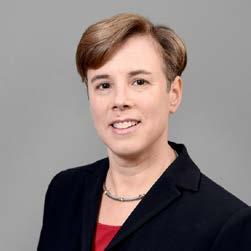
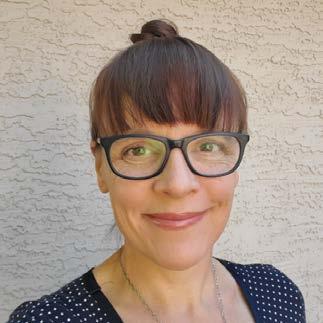
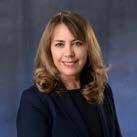
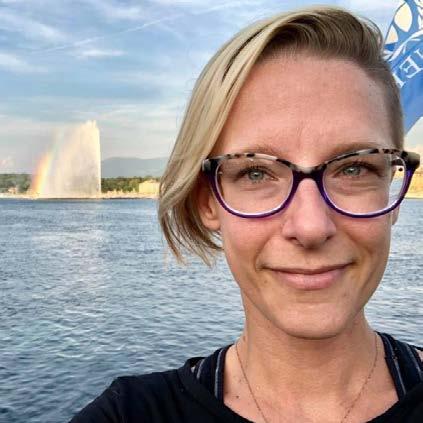
Laurie Stoff is a historian who specializes in Russian, East European, and women’s and gender history and studies, and the history of war and society. She is currently a teaching professor and member of the core faculty in Barrett, The Honors College, as well as serving as assistant director of the Office of National Scholarship Advisement. Prior to coming to ASU, Stoff was asociate professor and director of graduate studies, and held the William Y. Thompson Endowed Professorship in the Department of History at Louisiana Tech University.
Laura (Popova) Jakubczak is a teaching professor and Honors Faculty Fellow at Barrett, The Honors College at ASU where she has worked since 2006. She specializes in the archaeology and paleoecology of Eurasia, especially Russia. She is affiliated with the School of Human Evolution and Social Change and the Melikian Center of Russian, Eurasian, and Eastern European Studies. Dr. Jakubczak’s research focuses on the ways in which pastoral communities shaped the history of the silk roads. Dr. Jakubczak teaches The Human Event, and upper division honors courses, including one on the archaeology of the Silk Road (Mummies, Monks, and Merchants), another on medieval archaeology of western Europe (Castles, Plagues, and Zombies), and a class on Place-making in Middle Earth and Earthsea.
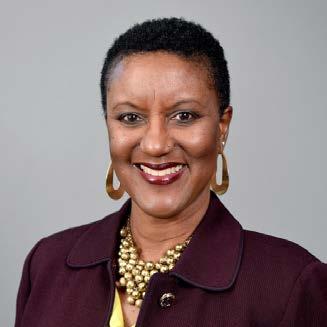
Olga Idriss Davis is passionate about enhancing communication to improve the health and well-being of underserved populations. She helped establish a health coalition for refugee women in Maricopa County and was appointed by Governor Napolitano to serve on the State Commission on Women’s and Children’s Health. She works with the Coalition of Blacks Against Breast Cancer and has created a narrative play about African American survivors and caregivers of breast cancer. Davis also addresses knowledge of cardiovascular disease among African American men in Phoenix, Arizona.
Rosemarie Dombrowski is the inaugural poet laureate of Phoenix, Arizona, and the director of Revisionary Arts, a nonprofit that facilitates therapeutic poetry workshops for vulnerable populations and the community at large. She is a principal lecturer at ASU’s Downtown Phoenix campus, where she specializes in medical humanism and medical poetry, literature of the marginalized, and journal editing and production.
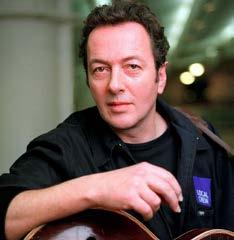
Pete Schmidt came to Barrett, The Honors College after teaching courses as a tenured instructor in the humanities at Grossmont College in San Diego for nine years where he was awarded an Excellence in Teaching Award.
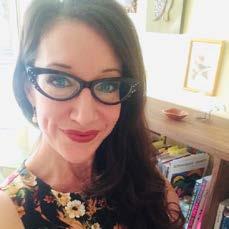
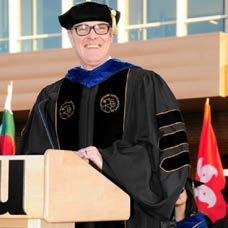
His academic and pedagogical activities reflect his wide-ranging interests in the interaction of culture and the material world.
Esteemed author and researcher Eric Ramsey is the recipient of the ASU West campus Award for Excellence in Teaching, a Wakonse Teaching Fellow, and is a multiple-time nominee for the ASU Parents Association Professor of the Year Award. He teaches advanced honors seminars in philosophy as well as sections of the Barrett, The Honors College first-year seminar The Human Event.
Elizabeth Meloy holds a PhD in European history from Brown University. She is a Faculty Fellow in Barrett, The Honors College. In 2016, after two years on the Tempe campus, she joined Tom Martin in Barrett Polytechnic’s expanding program. Before relocating to Arizona, she taught in the history departments at Brown University and Wellesley College. She has published articles in the field of Irish Studies and is currently authoring a book.
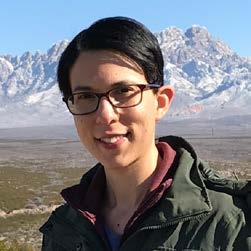
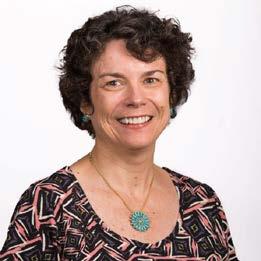
Clare Carrasco is a music historian who specializes in music and culture of early 20th-century Austria and Germany. Her current research projects focus on media, politics, gender and public concert life in Berlin during the Weimar Republic. Before joining Barrett as an Honors Faculty Fellow, Carrasco served as assistant professor and coordinator of music history at Butler University. She has taught courses in western art music and ethnomusicology.
Tom Martin is a faculty fellow with Barrett, The Honors College on the Polytechnic campus. He is former chief scientific officer of the biotech company Diffusion Pharmaceuticals, and has drug candidates entering Phase III FDA trials. He was the initial Barrett Faculty Fellow at the Polytechnic campus, and currently teaches entrepreneurship courses at the Tempe and Polytechnic campuses. Martin is the faculty advisor for Flinn Scholars, helping to found their Community Service Mentoring course.
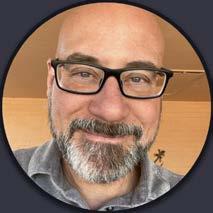
Ted Humphrey is an emeritus professor at ASU. He retired in May 2015. He was affiliated with Barrett, The Honors College as a President’s Professor and Barrett professor, and was also a Lincoln Professor of ethics and Latin American intellectual history, and a professor of philosophy. Professor Humphrey chaired ASU’s Philosophy Department from 1974 to 1983. He became the founding dean of Barrett, The Honors College in 1988, a position he held until 2003. He has received the highest honors for teaching excellence, and The Arizona Republic cited him as a force for excellent undergraduate education in Arizona.
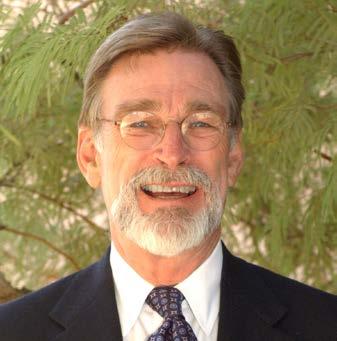
Emy Takada is a Brazilian of Japanese heritage who has lived in the U.S. since 2006. She holds a PhD in Hispanic languages and literatures from the University of Pittsburgh, an MFA in motion picture production from the University of Miami, and BAs in plastic arts and art education from Unicamp/Brazil. As a Japanese heritage speaker who also speaks Spanish and Portuguese fluently, she taught courses in Latin American languages and cultures during her nine years at the University of Pittsburgh. Professor Takada also investigates transpacific relations, East Asian diasporic narratives, Latin American subaltern literatures and marginalized epistemologies.
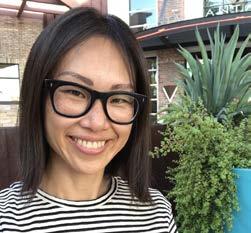
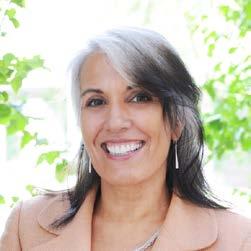
Irina Levin is an anthropologist whose research and teaching interests are in migration studies, the anthropology of law, the political theory of sovereignty and mobility, gender and labor studies, and Eurasian and Middle Eastern studies. Levin’s ethnographic fieldwork has been with a forcibly displaced community in Azerbaijan, Georgia, and Turkey. This work is focused on issues of disputed citizenship, legacies of displacement, narratives of collective trauma, and the social and political work of identity documents. Levin is currently working on her book manuscript and several articles. In August 2019, she launched her new research project with women from the former Soviet Union working in Turkey. Levin received her BA in anthropology and psychology from Washington University in St. Louis, and her PhD in anthropology from New York University.
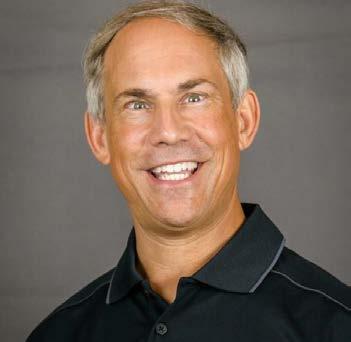
President’s Professor Thomas Sugar is the associate dean for Barrett, The Honors College at ASU Polytechnic. He is a professor and the graduate program chair for engineering and manufacturing engineering in the Polytechnic School at ASU. He works in the areas of wearable robotics to improve worker wellness and quality of life. Sugar received the Arizona State University Researcher of the Year in 2007.
Adam Rigoni earned his bachelor’s degree with highest distinction and high honors in philosophy and political science, and a JD and doctorate in philosophy from the University of Michigan-Ann Arbor. His research interests include legal philosophy, legal reasoning, logic, semantics, contract law and restitution.
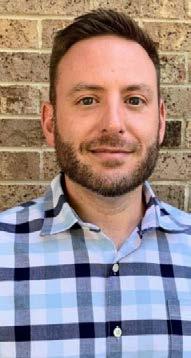
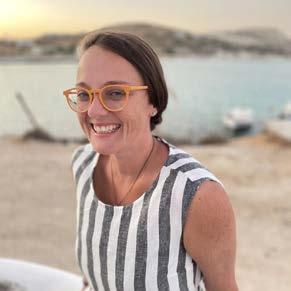
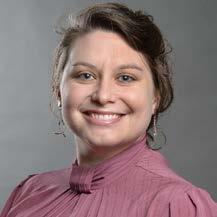
Erin Sellner is a teaching assistant professor at ASU. She comes to Barrett, The Honors College with bachelor’s and doctoral degrees from University of Missouri-Columbia. Her areas of interest include animal sciences with an emphasis on reproductive biology and molecular genetics. She has served as an assistant professor of biochemistry and an adjunct professor at Stephens College in Columbia, Missouri.
Jacquie Scott Lynch is a Teaching Professor and Honors Faculty Fellow at Barrett, The Honors College. Since 2001, Professor Scott has taught The Human Event and The History of Ideas. She teaches honors creative writing seminars and offers special topics courses that explore inclusion and belonging in modern literature. Scott’s 30 years of administrative leadership experience include chairing the Barrett honors faculty and directing the Barrett Faculty Mentoring Program for Teaching Excellence, a program she established in 2006. She has received numerous high-level awards.
Dagmar Van Engen is an Honors Faculty Fellow and director of the Barrett Writing Center. Their research and teaching explore gendernonconformity in speculative fiction, multiethnic American literatures and composition pedagogy.
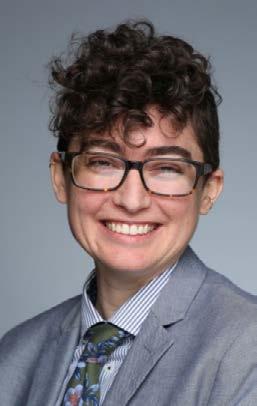
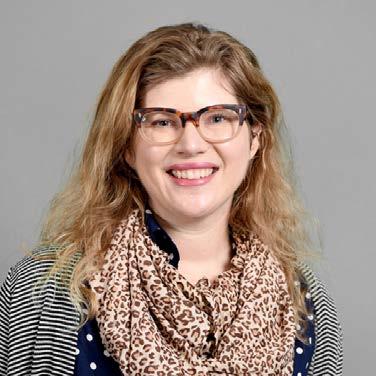
At the Barrett Writing Center they are focused on building programming for honors thesis writing and expanding the center’s commitment to inclusive excellence. Dagmar received their PhD from USC, where they taught writing classes.
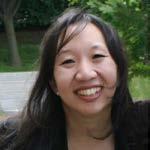
With degrees from Amherst, Harvard and Johns Hopkins, Mina Suk is a political theorist who teaches the honors first-year seminar The Human Event and interdisciplinary honors upper-level seminars on major European thinkers.
Michael Stanford is a Barrett faculty fellow, a licensed attorney and a literary scholar with a particular interest in literature about the law. Professor Stanford first came to Barrett as a lecturer in 1992. For the next 15 years, he taught The Human Event as well as upper-level honors seminars. He inaugurated Barrett’s summer study program in the British Isles and served as its director from 1995 to 2001. Stanford currently teaches The Human Event and an upper-level Honors course called Law, Literature and Life.
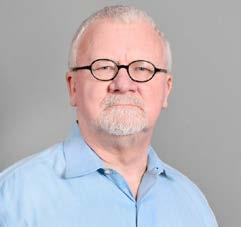
Alex Trimble Young is a scholar of transnational settler colonialism and the literature and culture of the U.S. He joined the faculty at Barrett, The Honors College as an honors faculty fellow in 2017. His research focuses on how U.S. culture has been shaped by the ongoing history of settler colonialism and Indigenous resistance and has has garnered national awards, including the American Studies Association’s Comparative Ethnic Studies Prize in 2013, and the Western Literature Association’s J. Golden Taylor Prize in 2010.
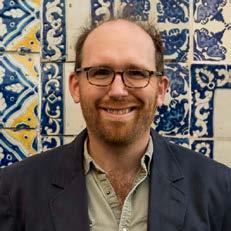
Abby Loebenberg received a doctorate in social and cultural anthropology and a master’s degree in material anthropology and museum ethnography from Oxford University where she was a Rhodes Scholar. Having a background in architecture and material anthropology, Loebenberg teaches a range of classes and seminars on urban spaces and landscape, architecture, cities, and play and game studies. These classes involve experiential learning methods such as study abroad, community-engaged and servicelearning methods, micro-ethnography, and open-ended curricular pedagogies. Loebenberg’s current research complements her teaching by focusing on spacemaking RPG and games as material culture.
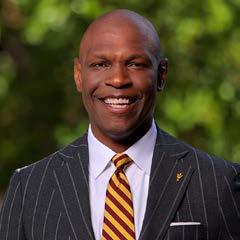
Chris Howard is the executive vice president and chief operating officer of the ASU Public Enterprise. He works with President
Michael M. Crow and the other executive vice presidents to coordinate enterprisewide initiatives and advancement, oversee enterprise affiliates, advance new enterprise relationships, and integrate planning and strategy. He is a distinguished graduate of the U.S. Air Force Academy and earned a doctorate from Oxford as a Rhodes Scholar.
Rebecca Soares earned her bachelor’s degree in English, with honors and high distinction, from the University of Michigan, and her master’s and doctorate in literary studies at the University of Wisconsin-Madison, where she taught a variety of discussion sections ranging from British and American literature to special topics such as interracial literature and literature.
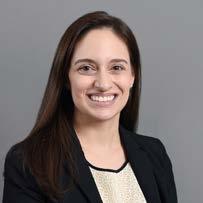
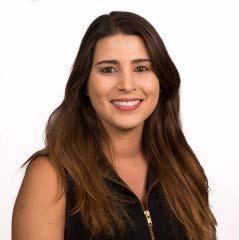
Christiane Fontinha de Alcantara is an Honors Faculty Fellow. Her scholarly interests center on how cultural artifacts reflect systems of inequality and injustice, while also providing models for how to fight inequalities and transform our communities. She is currently working on a book that explores the role of physical description and beauty of female literary characters. This work looks into scientific, philosophical, historical and literary scholarship to understand the relevance of describing characters’ physical characteristics in literary texts from Latin America and Europe from 1700 until today.
Alcantara teaches The Human Event and upper-division courses on the politics of beauty, the relationship between dogs and humans, and courses on critical/radical pedagogy. She has also taught the Internship course at Barrett, a course on Arizona House Bill 2281 and the Banned Books and the Humanities Lab. Alcantara received her doctorate in comparative literature from Purdue University.
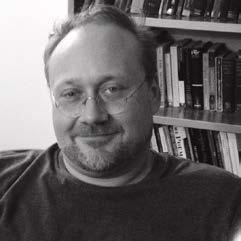
At Barrett, Donald Fette teaches The Human Event and Between the Shadows, a course on Gothic literature, art and architecture. His teaching interests and experience include courses on ancient Greek language, literature of various periods and cultural background and language, Greek lyric poetry through the 20th century, the Great Books curriculum, non-Western epic poetry, business writing, the pedagogy of writing, and writing courses. He earned a PhD in comparative literature from the University of Chicago.
Diane Gruber earned her doctorate in American studies from Purdue University with an emphasis on the history of American popular culture, marketing and advertising. She teaches graduate and undergraduate courses in media, film, consumerism, argumentation, rhetorical theory, social movements, qualitative research methods, and professional speaking and writing. She is also a faculty member in Barrett, The Honors College. Gruber served as the director of ASU’s Osher Lifelong Learning Institute and its related lifelong learning Valleywide programs from 2006–09. She is a senior lecturer with the School of Social and Behavioral Sciences on ASU’s West campus.
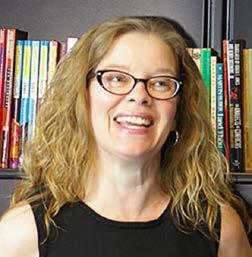
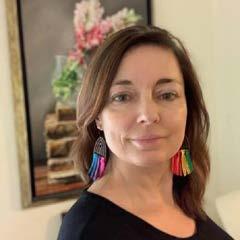
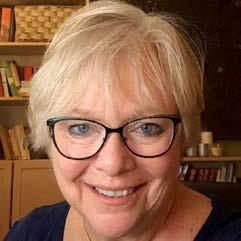
Karen Bruhn is an emeritus assistant dean and Honors Faculty Fellow in Barrett, and has taught in Barrett since 1998. Her field is late medieval and early modern European religious development. Her current research centers on how the Protestant and Catholic disputes figure in the plays of Shakespeare. Besides The Human Event, she has taught courses on religion and culture on a variety of Barrett Summer Study Abroad programs. She is on the graduate faculty in history and religious studies and is a faculty affiliate for the Arizona Center for Medieval and Renaissance Studies. In 2006, she received the Barrett Award for Excellence in Teaching, and in 2010, she received the Barrett Award for Excellence in Service and in 2012, Bruhn was awarded the Founder’s Day Award for Excellence in Teaching.
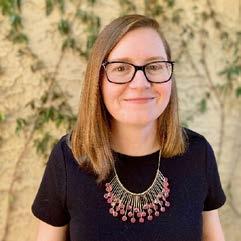
Janelle Kappes is a Lecturer at Barrett, The Honors College. Kappes has been teaching at both the undergraduate and graduate levels at ASU for over 10 years in multiple programs including the Academic Success Program, Major and Career Exploration and the Mary Lou Fulton School of Education. Kappes has served in numerous roles in student engagement and higher education leadership at ASU. She completed her doctorate in educational leadership and policy studies. Her research interests include inclusive excellence, and underrepresented students and student affairs in higher education.
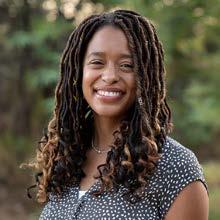
April Miller is an Honors Faculty Fellow at Barrett, The Honors College at ASU. She is a scholar of film history and interdisciplinary modernism who holds a PhD in English and film studies from The University of Rochester and an MA and BA, honors in English from the University of Alberta. Professor Miller’s research is highly interdisciplinary, focusing primarily on the intersections between literature, film and legal studies. Miller has taught a wide range of subjects, from genre studies of melodramas, musicals, crime and horror films to survey courses in film theory. Prior to joining ASU, she was a tenured associate professor and director of film studies at the University of Northern Colorado.
Professor Sturgess is a lecturer for the Center for Personal Development within Barrett, The Honors College. Sturgess is a philosopher of communication whose expertise includes hermeneutics, phenomenology and existentialism as it relates to communication and communicative ethics. She assists students in achieving financial literacy, attaining educational goals and finding employment. She teaches courses on happiness, leadership and career success.
Anthony Pratcher II held previous appointments at Brown University in Providence, Rhode Island, and at Carnegie Mellon University in Pittsburgh, Pennsylvania, before rejoining ASU in Barrett, The Honors College. He was awarded a BA in history from Howard University and a PhD in American history from the University of Pennsylvania. Trained as an urban policy historian, his scholarship uses oral interviews, census data and archival collections to explore how urban policies influence community formation in the metropolitan Southwest.
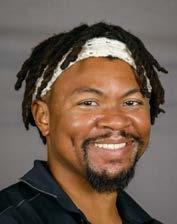
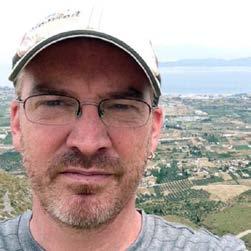
John Lynch has been at ASU since 1994, and Barrett, The Honors College since 2000. Within Barrett, Professor Lynch teaches The Human Event and History of Ideas courses, along with courses on ancient Greek drama and culture and their relevance to modern times. He has also offered courses on evolutionary thought, the history of modern science, health care humanities, and the intersections between science, philosophy and religion. He has served as faculty chair and has also chaired the Curriculum, Personnel and Promotion committees.
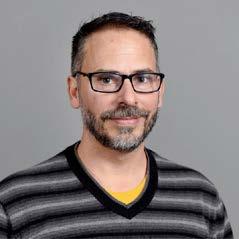
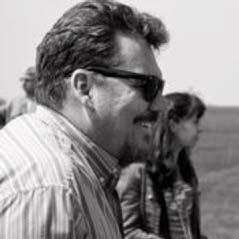
Eduardo Pagán, ASU’s Bob Stump Endowed Professor of History and ASU alumnus, received a PhD from Princeton. He has served in leadership roles including vice provost, associate dean, department chair, president of the West campus Faculty Senate, and faculty council chair for Arizona Board of Regents.
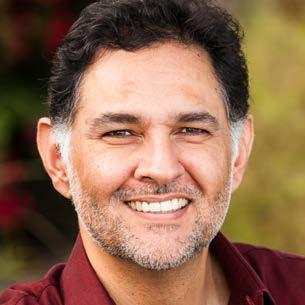
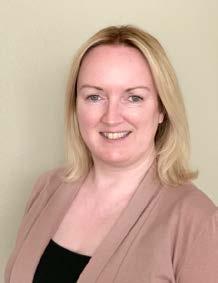
Katherine M. O’Flaherty is a Teaching Professor and Honors Faculty Fellow at Barrett, The Honors College. She also serves as the Associate Faculty Chair of Barrett. O’Flaherty teaches The Human Event, History of Ideas, and a range of upper-division humanities courses and personal and professional development courses. She is the winner of numerous teaching and service awards.
Michael Ostling is a religious studies scholar focusing on the history, historiography and representation of witches and witchcraft. His published works include a history of witchcraft in early modern Poland, an edited volume on Christian understandings of goblins and fairies globally, and work in the history of emotions, the ethnobotany of witchcraft, the demonization of Jews and witches, and the millenarian roots of religious toleration. Ostling’s current work focuses on critical pedagogy, with an emphasis on the educational philosophy of the 20th-century Polish dissident Jacek Kuron.
Joseph P. Foy earned his bachelor’s degree in physics at the University of Alabama in Huntsville, where he conducted research in space and solar physics at NASA’s Marshall Space Flight Center. He earned his doctorate in physics and astronomy at ASU studying and modeling the dynamics of the Crab Nebula supernova remnant. His research focuses on understanding the physics of pulsar wind nebulae and of the interstellar medium. He joined the faculty at Barrett, The Honors College in the fall of 2008, following a visiting professorship at Hampden-Sydney College in Virginia.
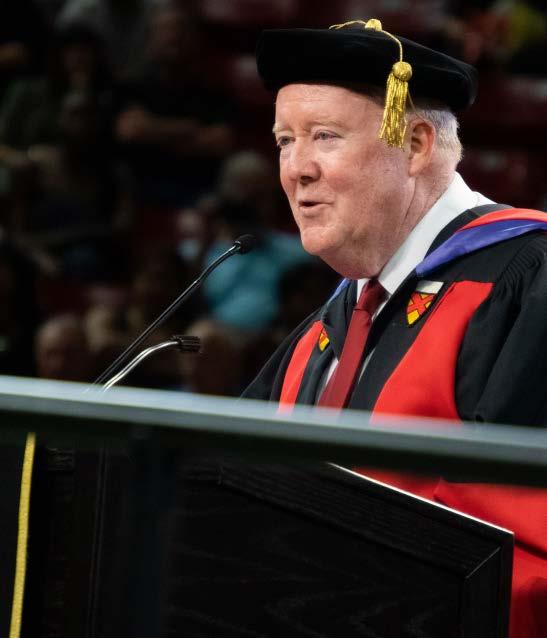
As a university student, Mark Jacobs always hated descending into dark residence hall basements to do his laundry, but he liked mingling with and sharing conversations with fellow students and faculty in a central dining hall and spending time studying in grassy outdoor spaces.
So when, as dean of Barrett, The Honors College at Arizona State University, he had the chance to contribute ideas to the design of the college’s residential complex on the ASU Tempe campus, he made sure to suggest laundry rooms be located on the upper floors of residence halls, and that there be outdoor courtyards and a dining hall with a refectory modeled on the one at New College Oxford in England.
As dean, he was as committed to students’ intellectual growth as to their quality of life on campus, and he believed the new Barrett Honors College Tempe complex should reflect that.
In 2009, true to Jacobs’ vision, ASU’s four-year residential campus for honors students opened on nine acres at the southeast corner of the Tempe campus, with residence halls accommodating 1,700 students, classrooms, social lounges, a dining center, cafe, courtyards, an outdoor
fireplace, an environmentally sustainable residence hall with a rooftop organic garden, offices for administrators, faculty and staff, and laundry rooms on the top floors of residence halls, next to lounges with natural light streaming through large windows.
After 19 years of service as the dean of Barrett, The Honors College, Jacobs intends to retire at the end of the 2021–22 year. The Barrett Tempe complex is part of the legacy he will leave the university.
Jacobs came to ASU in the fall of 2003 from Swarthmore College in Pennsylvania, where he had held an endowed chair in biology and had been both chair of the Biology Department and associate provost of the college.
“Some people at ASU focus on the comma as the great differentiator of Barrett, The Honors College,” said ASU President Michael Crow. “What makes Barrett distinguishable isn’t the punctuation, it’s the people who have made this unique honors college what it is — one of the finest colleges for honors students in the country. Quality and excellence are as much a part of what makes ASU what it is as access, and it is people like Mark Jacobs who have made sure we establish the very highest standards in that regard.
“His work has carried Barrett from what was still a work in progress to what is now one of the great successes of the entire university. We are grateful for the work he has done to help establish what is today a truly remarkable college that he
will hand off to its future leaders.”
ASU Executive Vice President and University Provost Nancy Gonzales echoed those sentiments.
“As the architect for ASU’s top-ranked honors college, Mark Jacobs brought a deep understanding of our students and what is required to create a community that would meet their needs on many levels — intellectually, socially and culturally. Barrett now attracts outstanding students from across the country, and the entire ASU community has benefited,” Gonzales said.
“We will immediately launch a national search for the next dean. We expect this opportunity will attract a visionary leader who understands Barrett’s unique position among honors colleges nationally and is prepared to lead its continuous evolution for future generations.”
Craig Barrett, former Intel CEO, and Barbara Barrett, former U.S. secretary of the Air Force, said in a joint statement, “Under the steady hand of Dean Mark Jacobs for almost two decades, Barrett Honors College has inspired students, administration, faculty and alumni.
“Dean Jacobs designed an innovative residential and academic micro-campus, expanded student global exposure opportunities and modeled the best in honors college protocols. No wonder highperforming honors colleges everywhere study his pioneering vision. While we will miss his talents and charm, our greatest sentiment is gratitude for his steadfast leadership.”
At Barrett, each student is mentored and supported academically by a Barrett honors advisor, an academic advisor and a faculty honors advisor to guide the student on their learning pathway. During the Barrett convocation, the student’s faculty advisor bestows a medallion to recognize the student’s achievement.
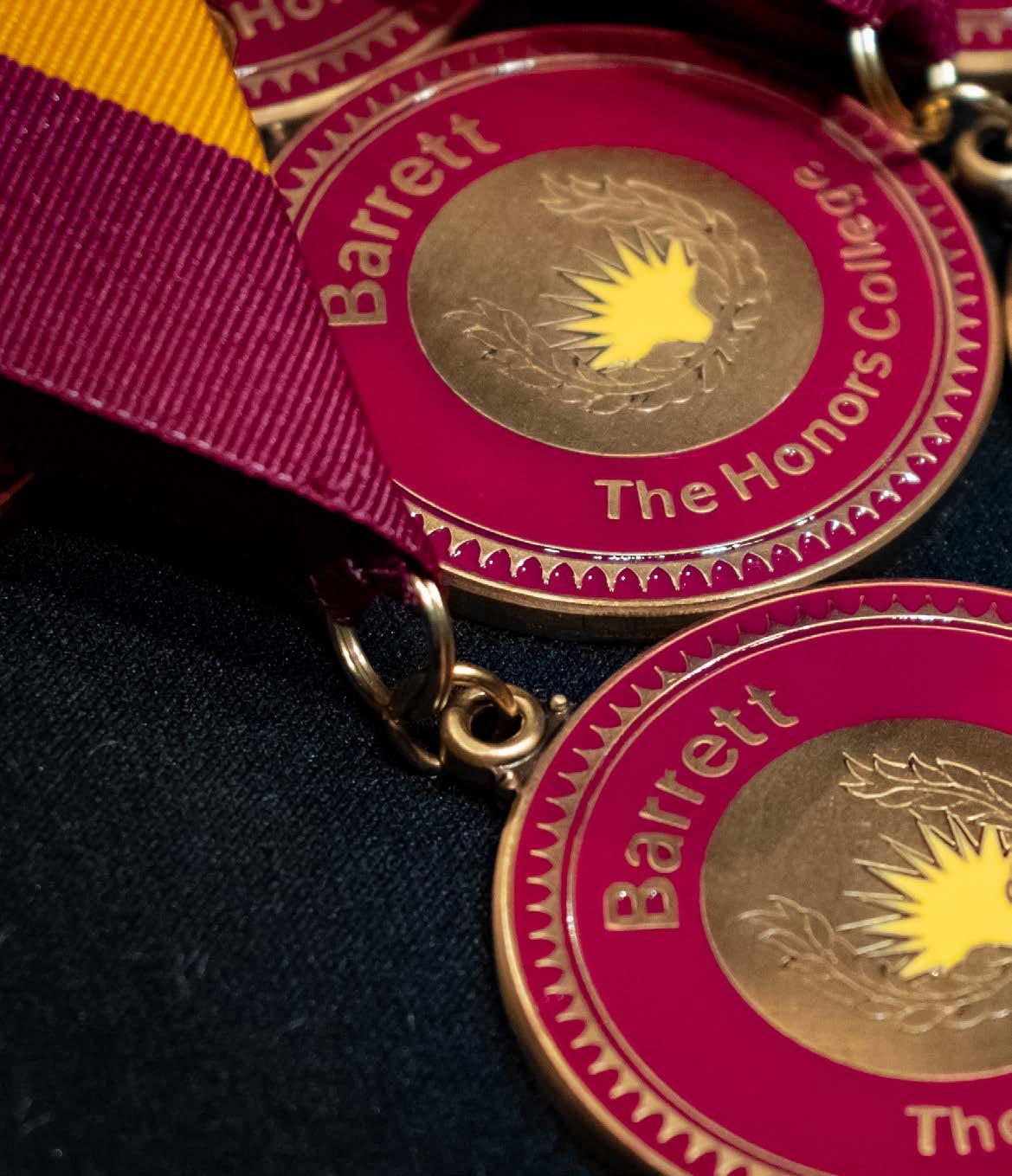
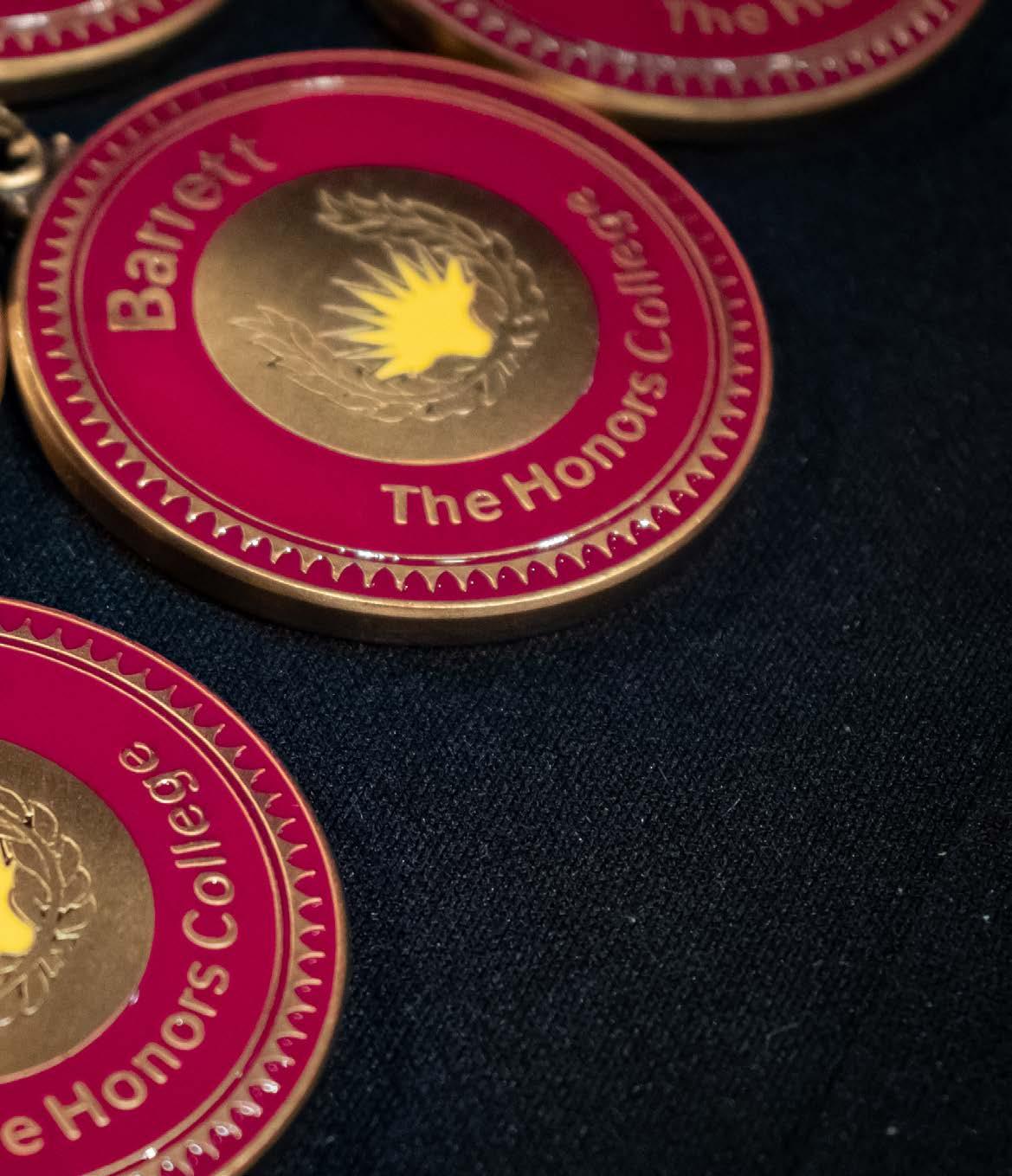
Since the inception of Barrett, The Honors College 35 years ago, the college has developed into the largest honors residential community among the nation’s public universities. With more than 7,200 students enrolled in Barrett across ASU’s four metropolitan campuses, the college provides a highly personalized academic experience, faculty members who are pioneers in their fields and state-of-the-art facilities. Barrett faculty constitute a distinguished cohort of master teacherscholars who perform the essential teaching, mentoring and leadership roles that help make Barrett widely recognized among honors colleges in the U.S. This interdisciplinary and talented faculty publish research in top-tier academic journals, write award-winning books and win national teaching awards.
With Barrett students attending from Arizona and across the nation, and international students hailing from around the globe, the top-ranked college attracts the brightest minds, as evidenced by the number of National Merit, National Hispanic and Flinn Scholars who have selected the honors college. Barrett alumni attend prestigious graduate schools, have tremendous success in national fellowship competitions and accept positions with prominent nonprofit and Fortune 500 companies.
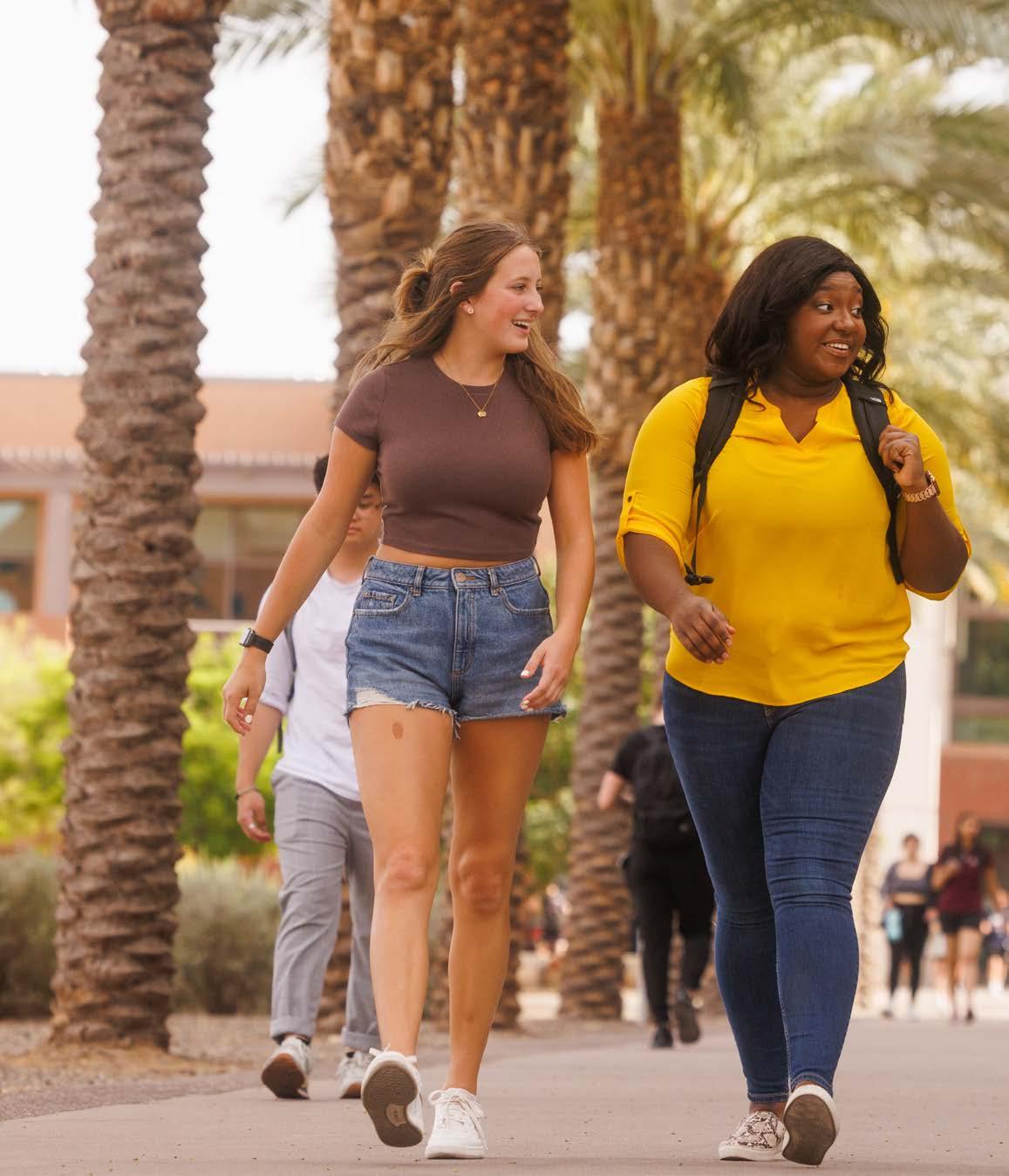
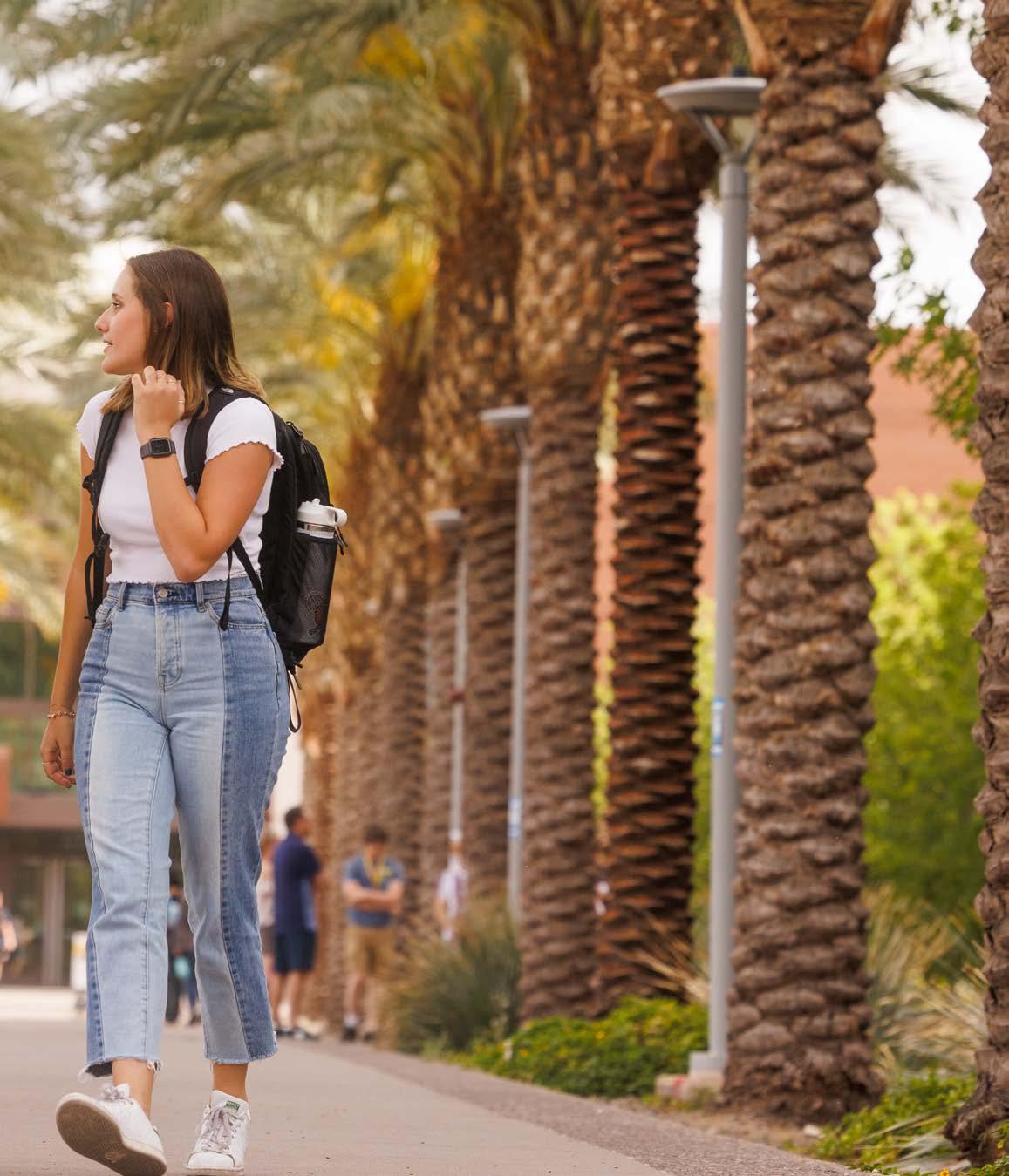
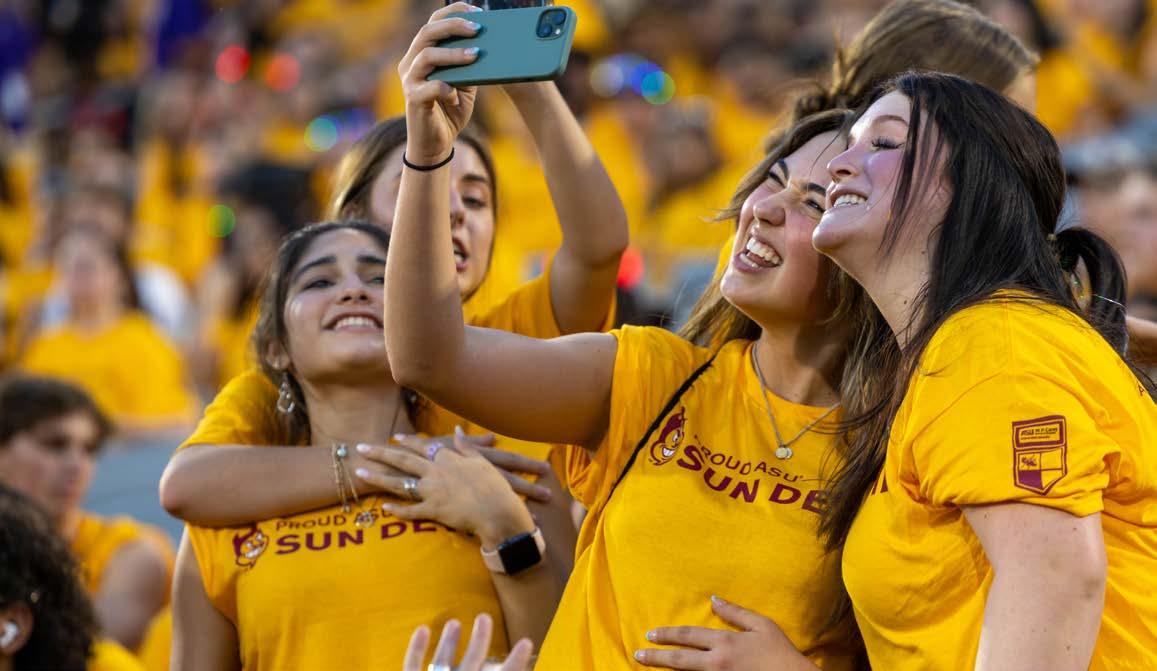
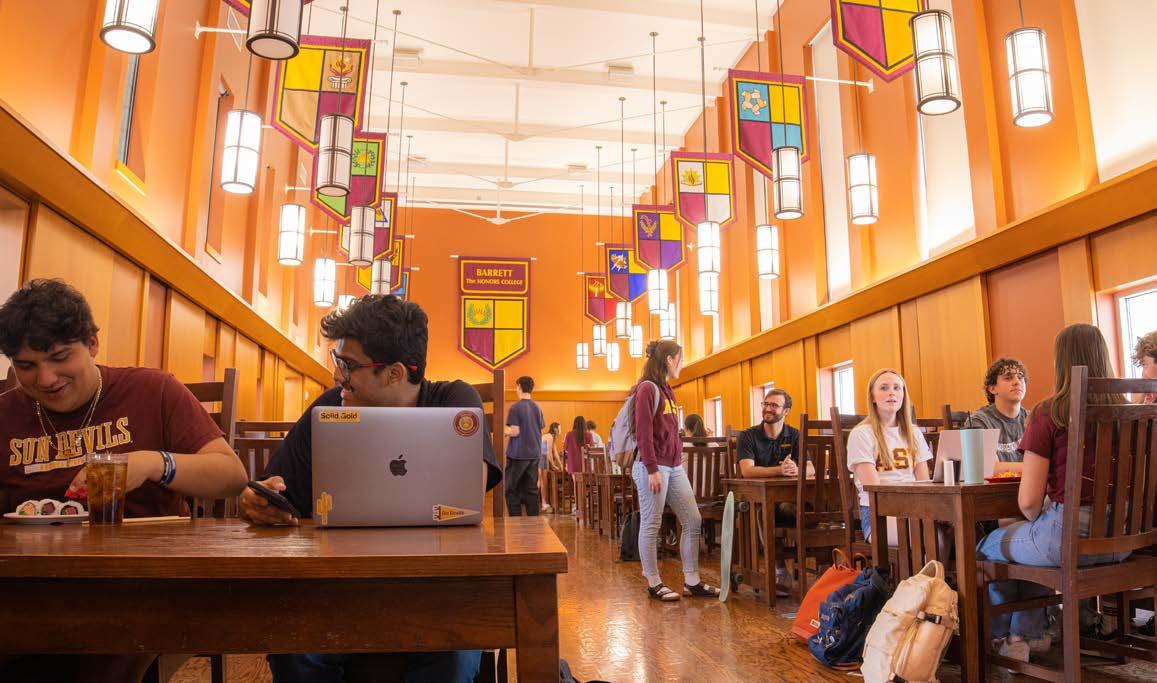


Situated on the southeast corner of ASU’s Tempe campus, the eight-acre Barrett Complex opened in 2009. The complex consists of nine buildings, eight of which are residential and the ninth is our own honors student union, Honors Hall.
In addition to the eight-acre Barrett Complex opened in 2009, Barrett Tempe is comprised of the 18-acre Vista del Sol complex, located across the street. Vista del Sol has apartment-style student housing, classrooms, a community center, a gym, and a pool area with a patio and BBQ area, as well as some staff offices.
Altogether, Barrett’s Tempe complex, including Vista del Sol, is about 26 acres and serves more than 3,500 students from all undergraduate class years. Overall, at all four ASU campuses, Barrett serves more than 7,000 students.
With access to cutting edge technology, the world’s leading scientists, world-class institutes including the Biodesign Institute, colleges including the Fulton Schools of Engineering, the W. P. Carey School of Business and more.
Research provides students the opportunity to work alongside faculty members on a project. Students learn and develop skills such as, but not limited to: critical thinking, data collection, and analysis of information from different sources. Barrett, The Honors College works with all schools and colleges at ASU to identify and match students as early as their first year with research opportunities in multiple fields of study. Additionally, students can earn honors credit for their research experiences.
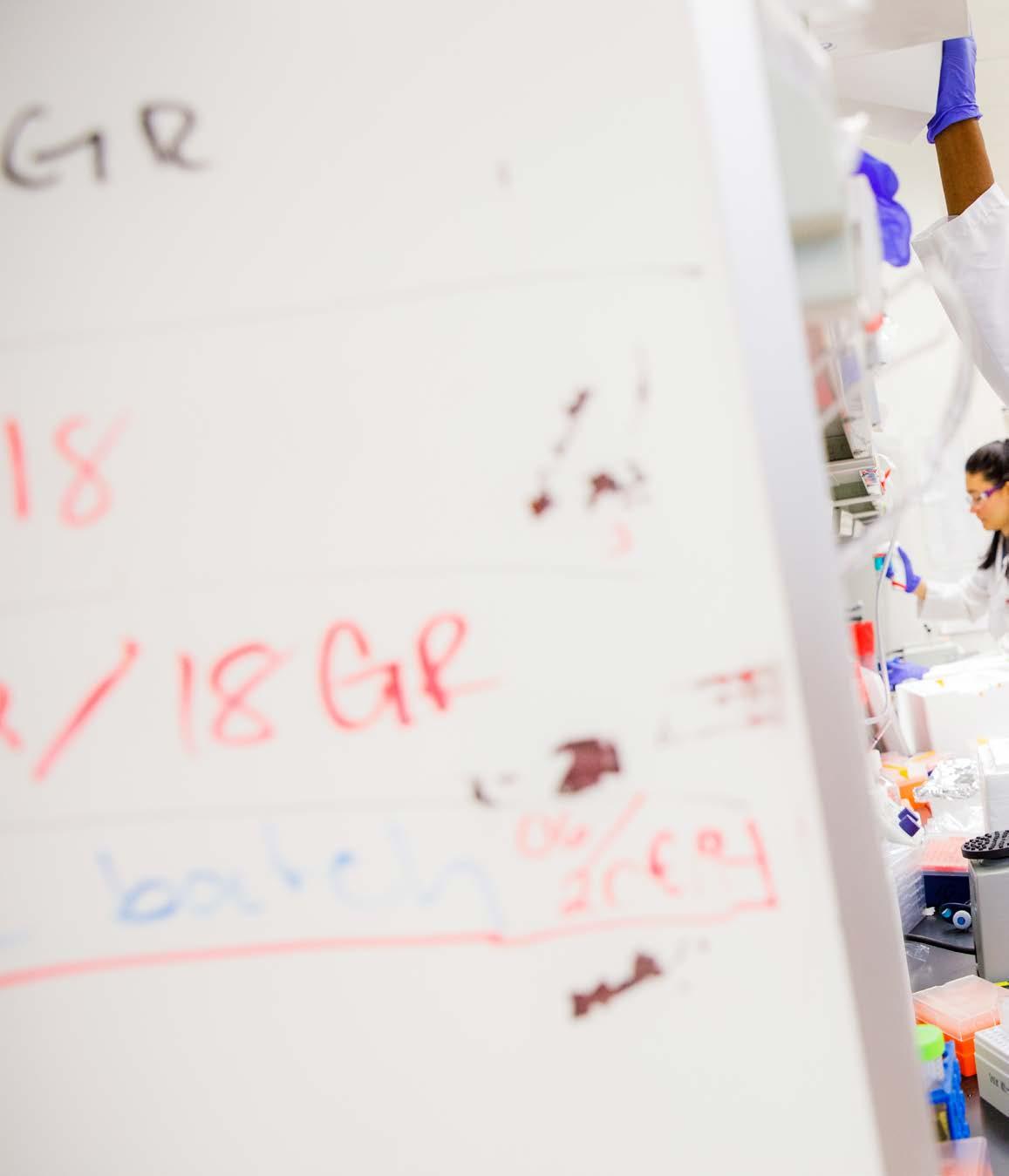
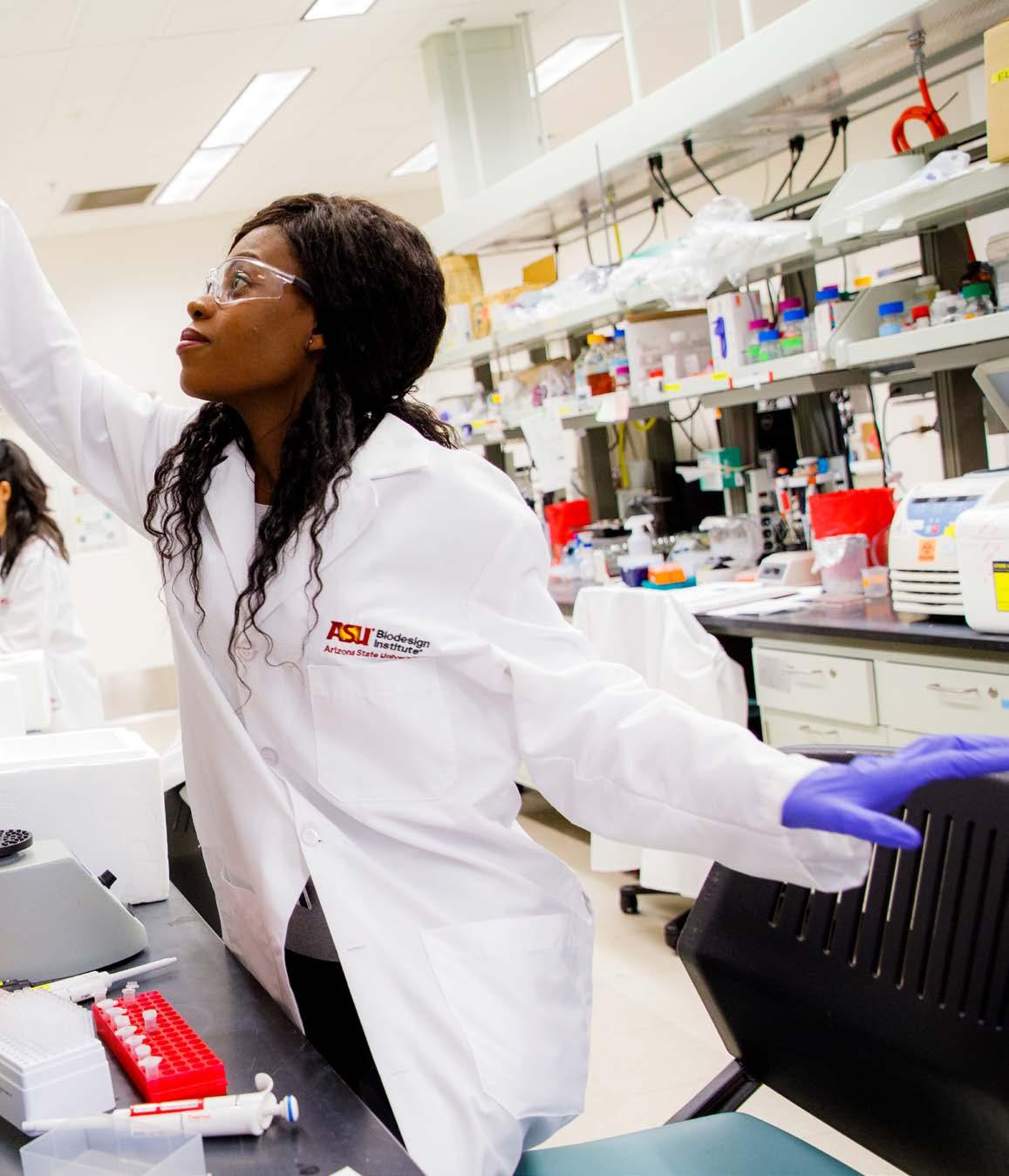
Barrett honors student Jenna Fredenberg, a major in biological sciences, tests out Dreamscape Learn for the first time.
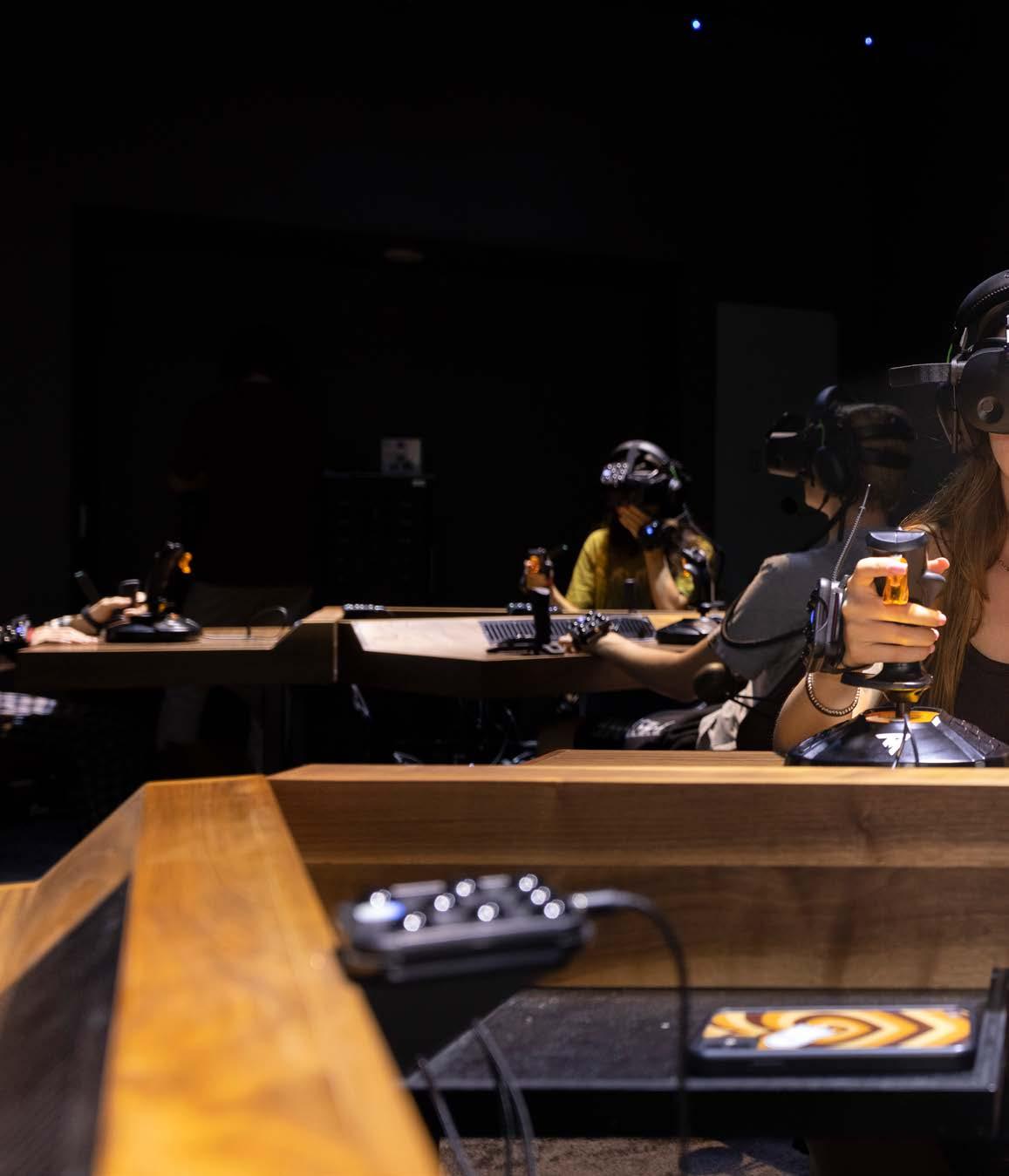
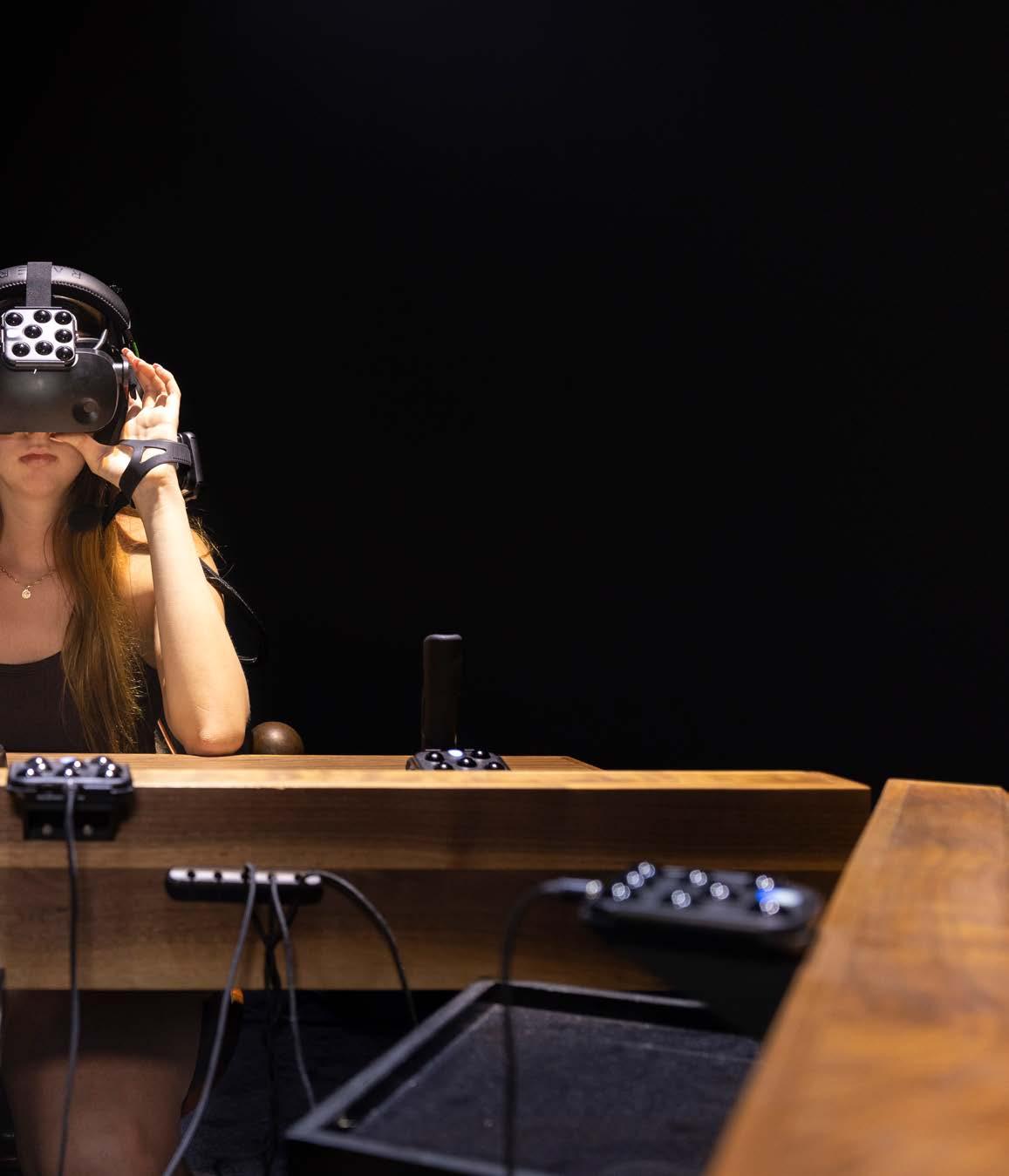
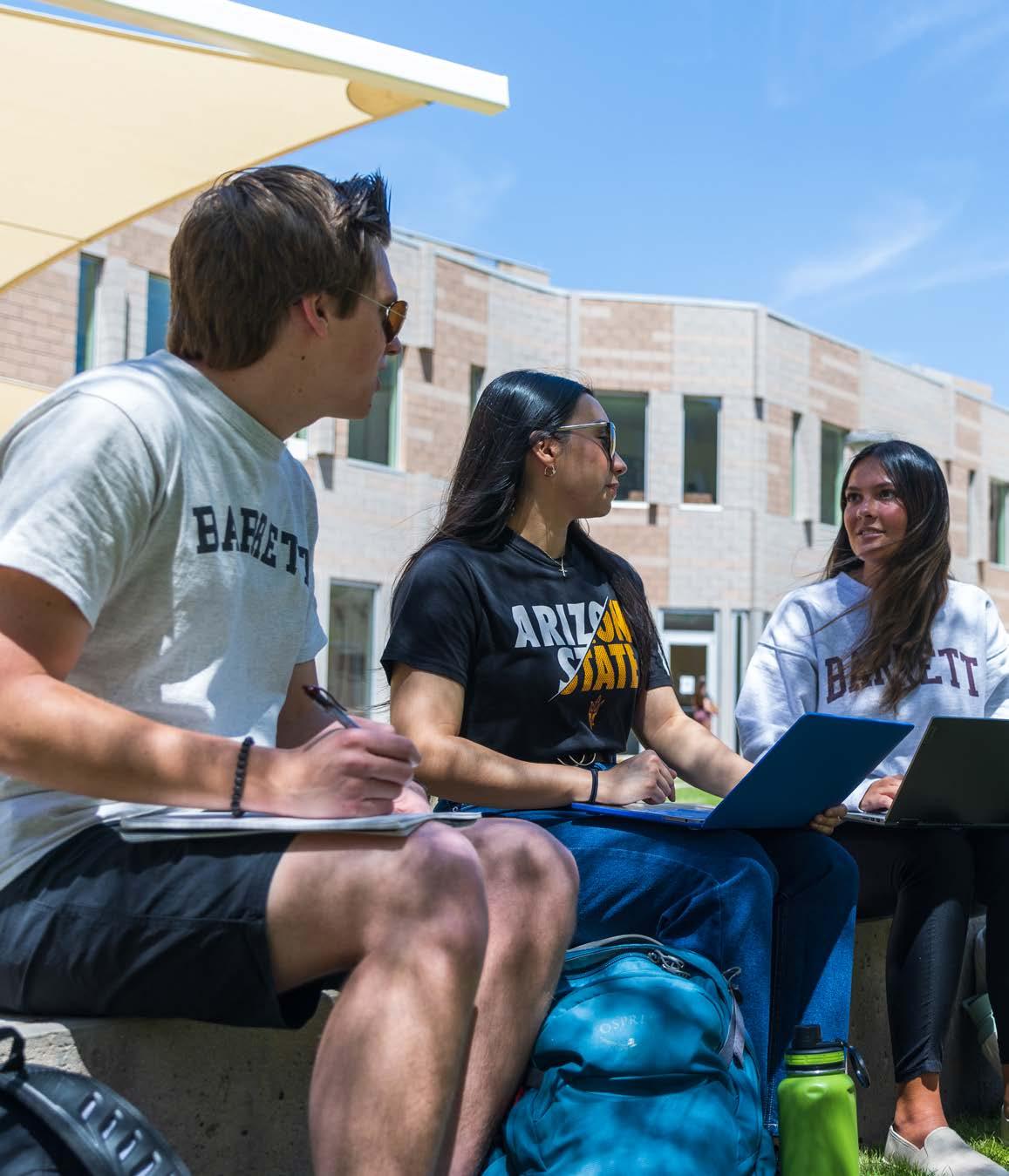
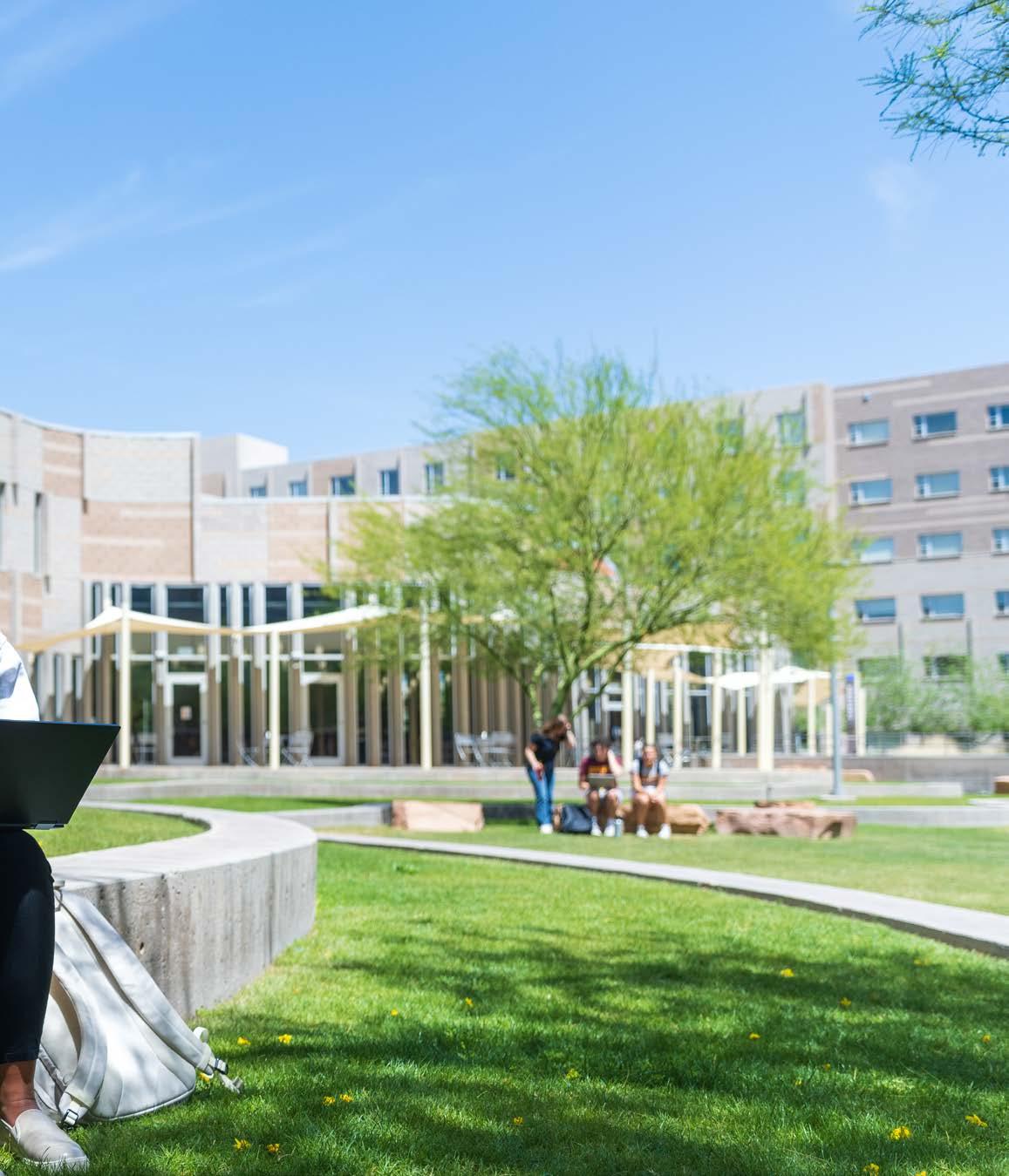

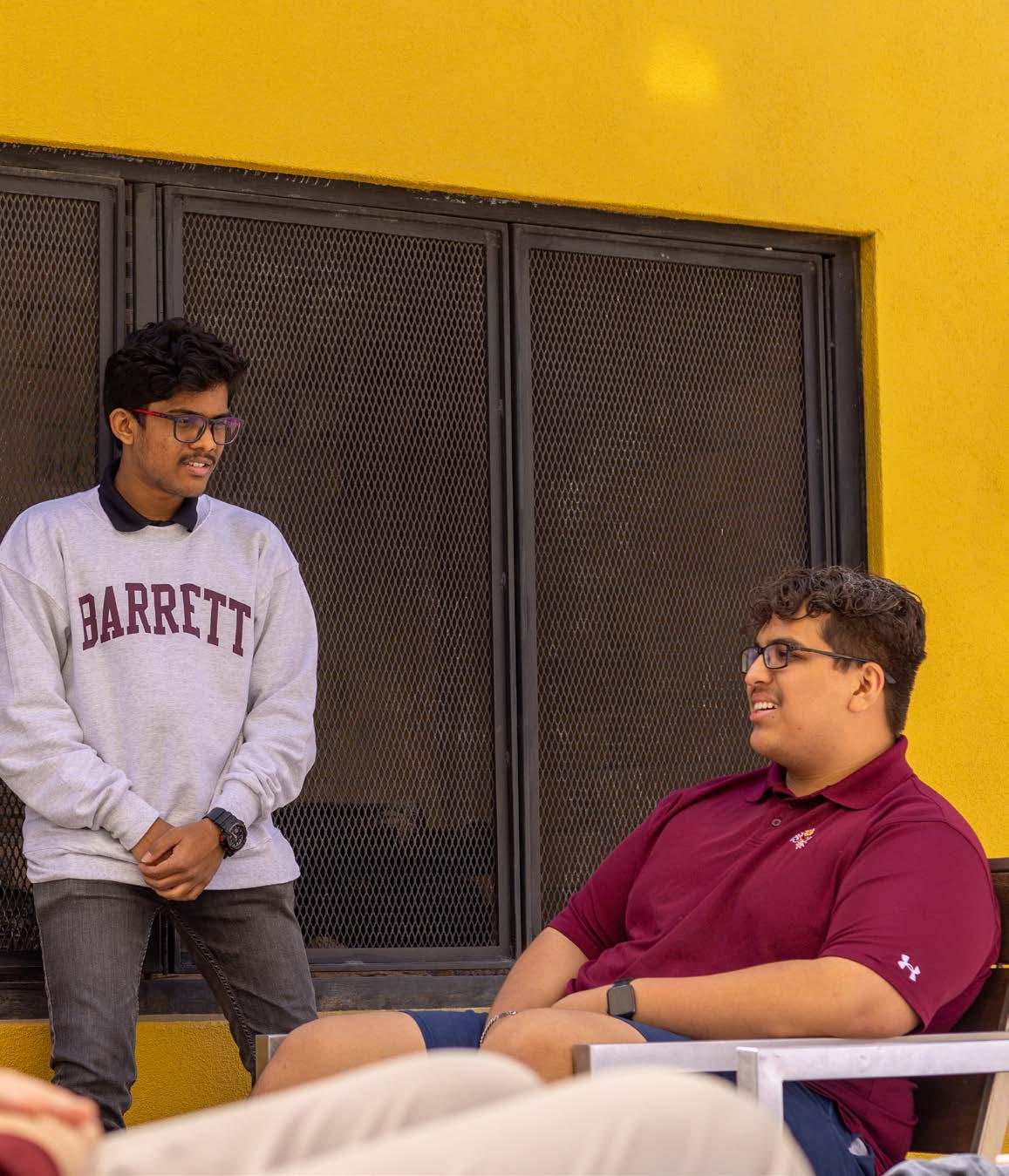
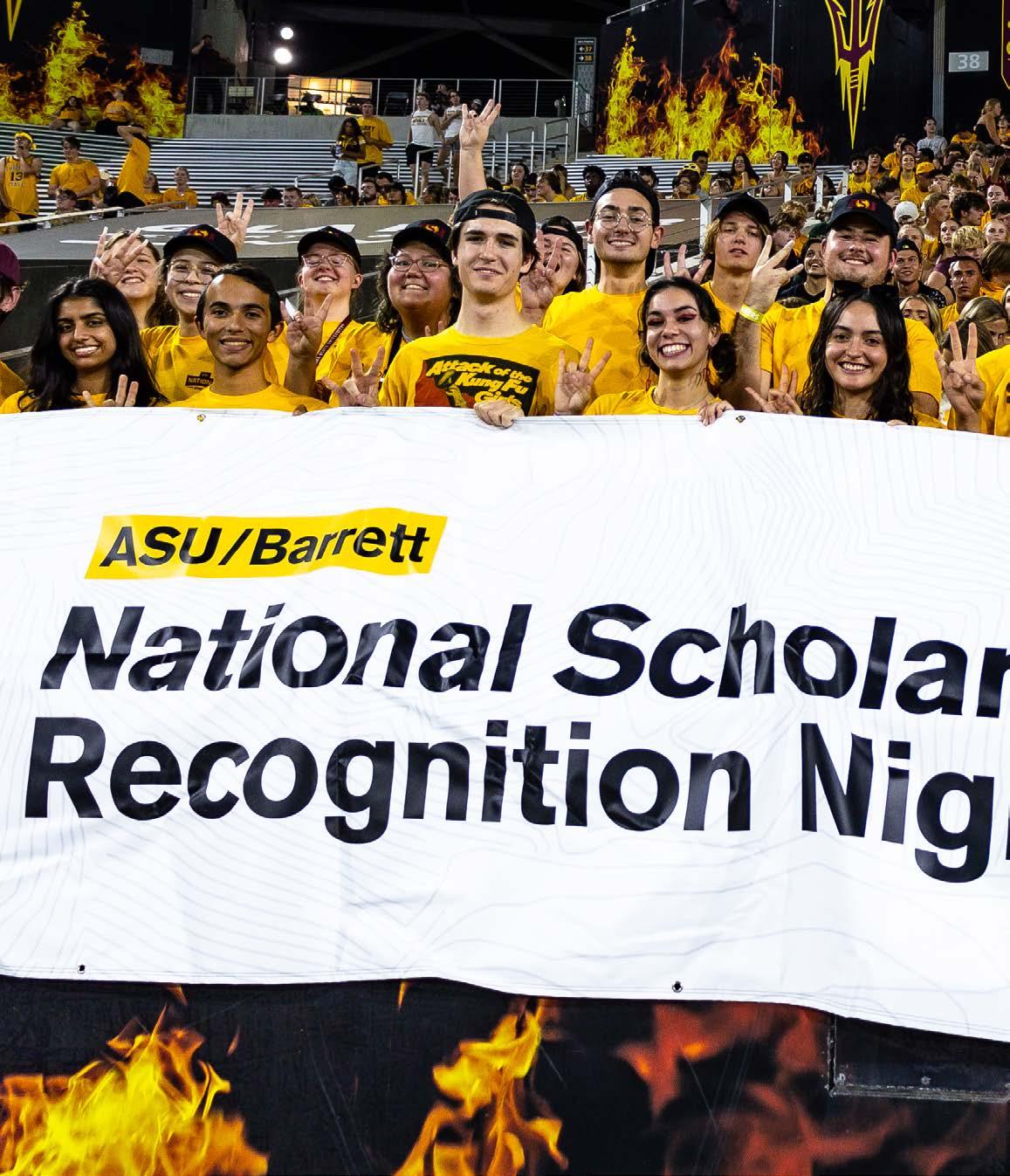
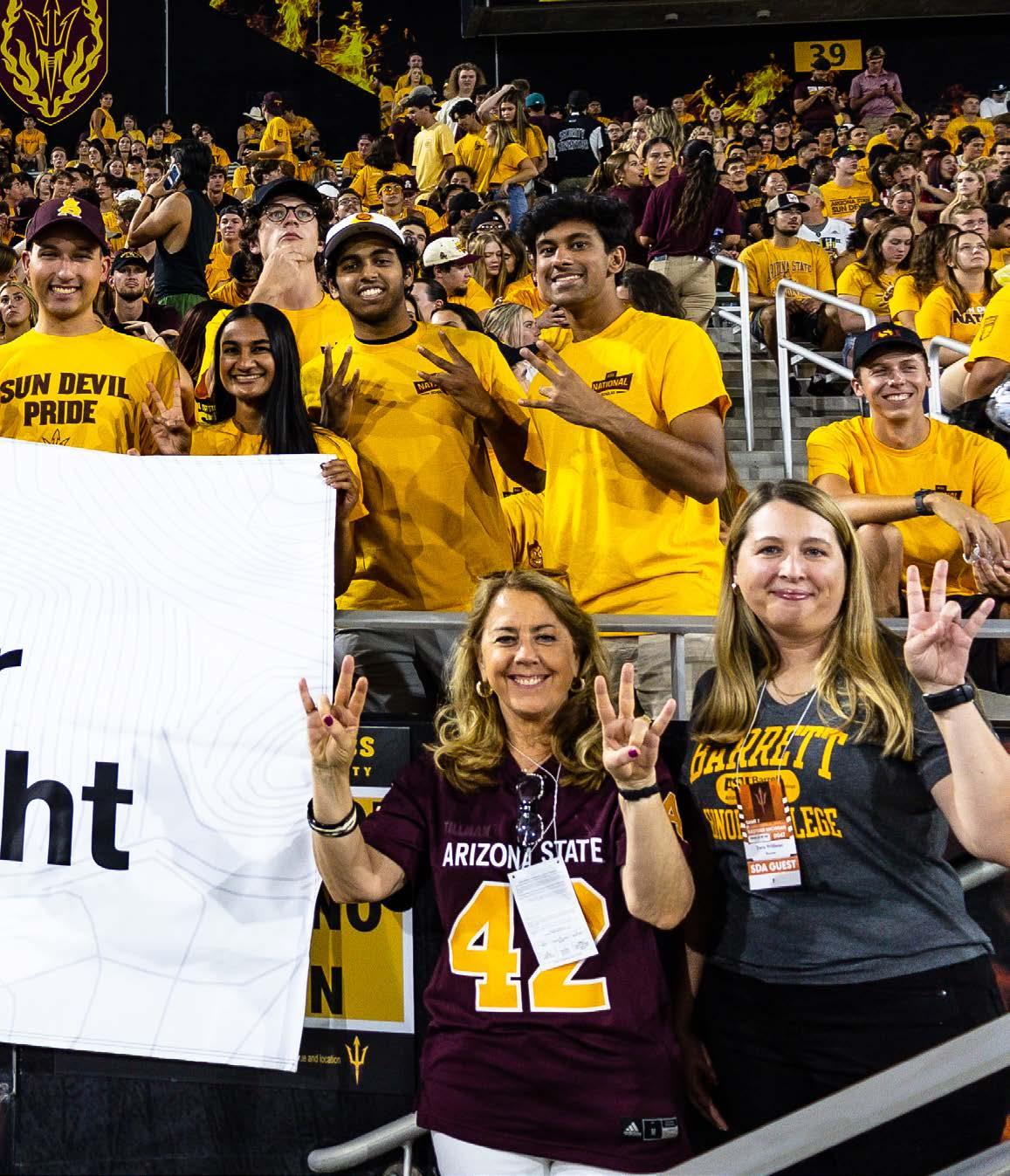
Changemakers Central on Tempe campus. Logan Branch (far left) from Gilbert, AZ, double-majoring in business entrepreneurship and business law studies alongside Barrett honors students Nina Zaynor from Phoenix, AZ, studying biological sciences with a certificate in ethics, Jonah Levin from Gilbert, AZ, studying architectural studies, Graecen Lee-Furcini from Scottsdale, AZ, studying psychology, Greta Stotle from Skokie, IL, studying business communications, graduate student Trishul Sidde Gowda from Tempe, AZ, receiving his masters in construction management and technology and Connor Ellis from Windsor, CO, studying marketing with a minor in design studies on Tempe campus.
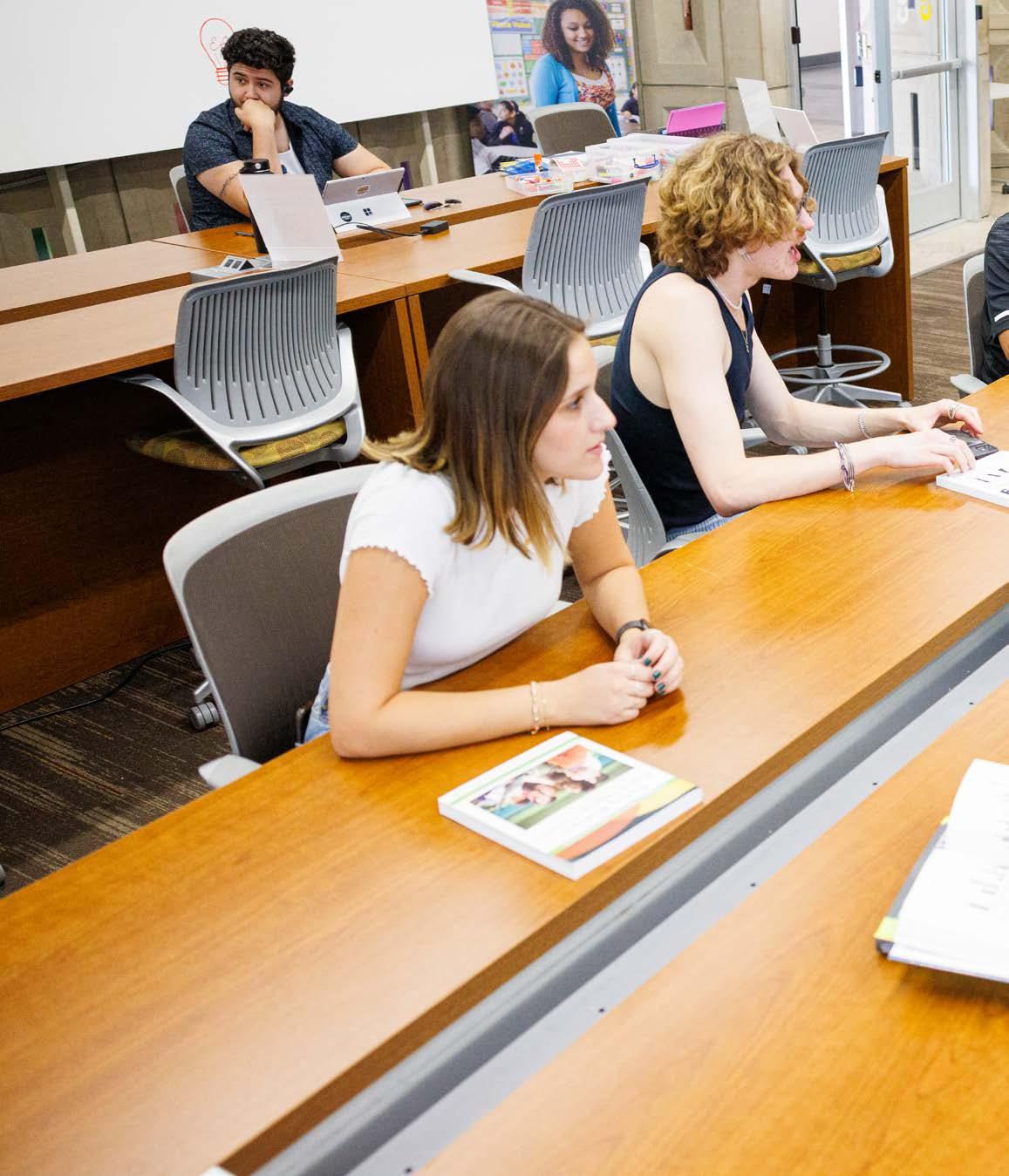
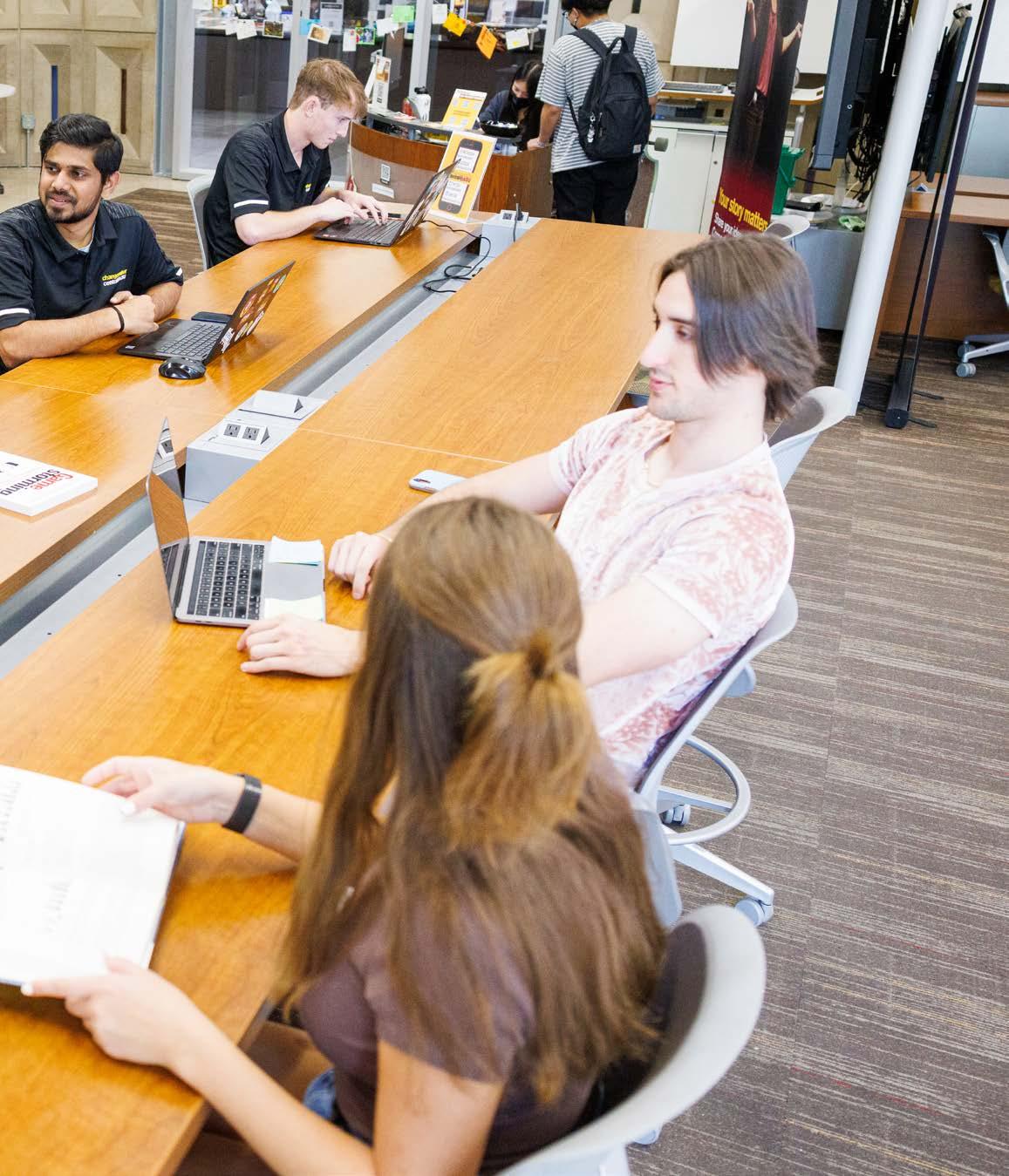
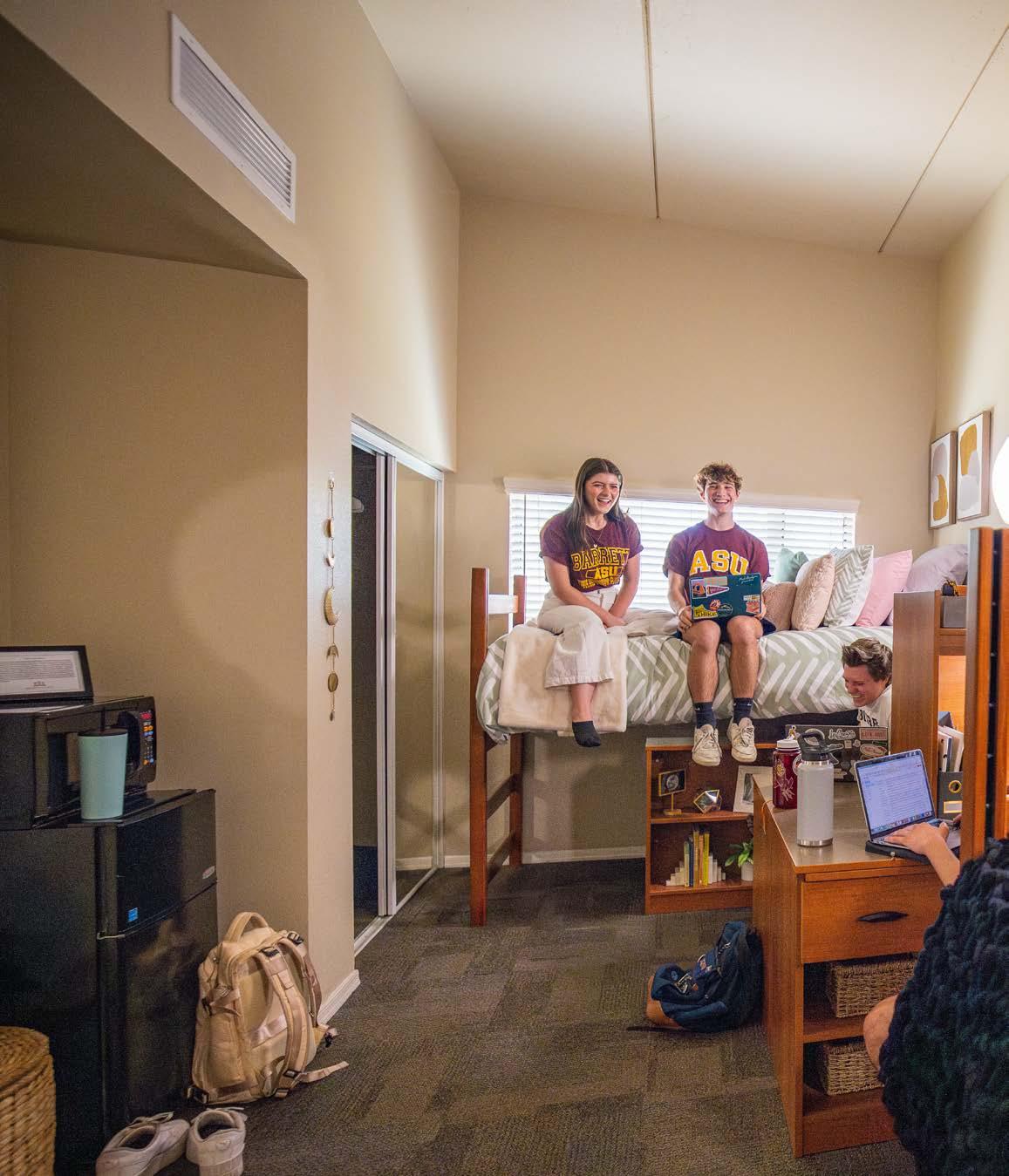
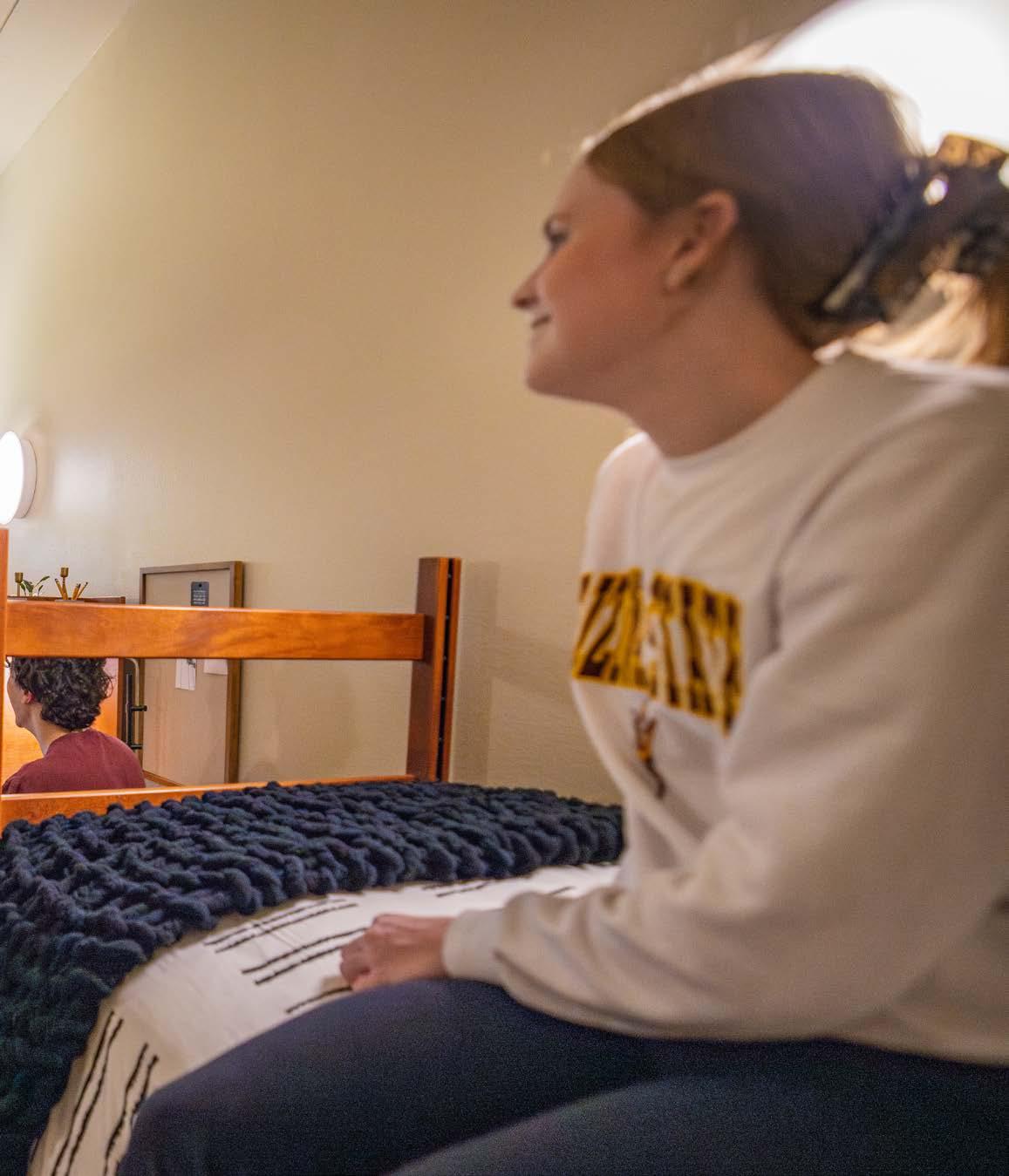
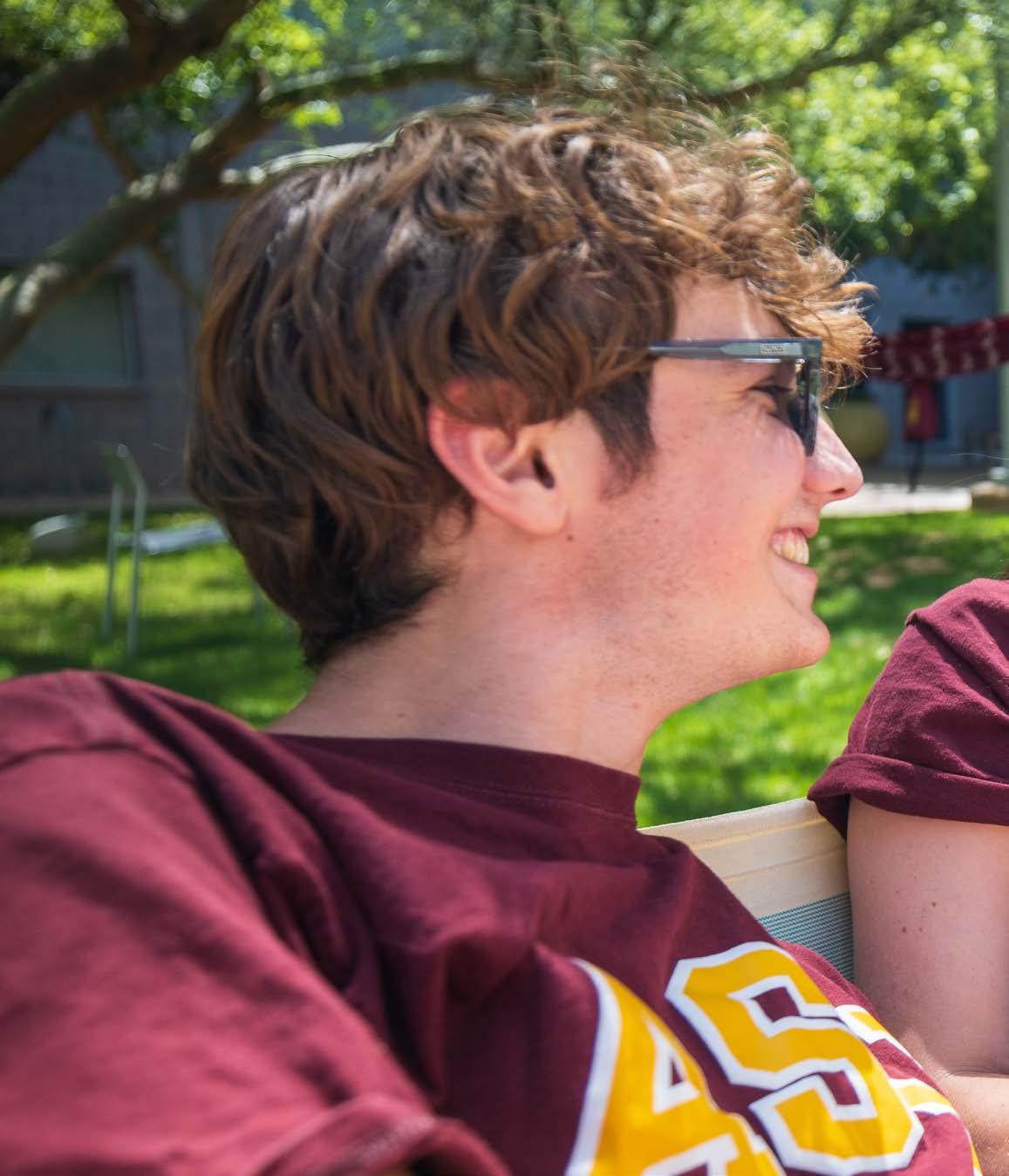
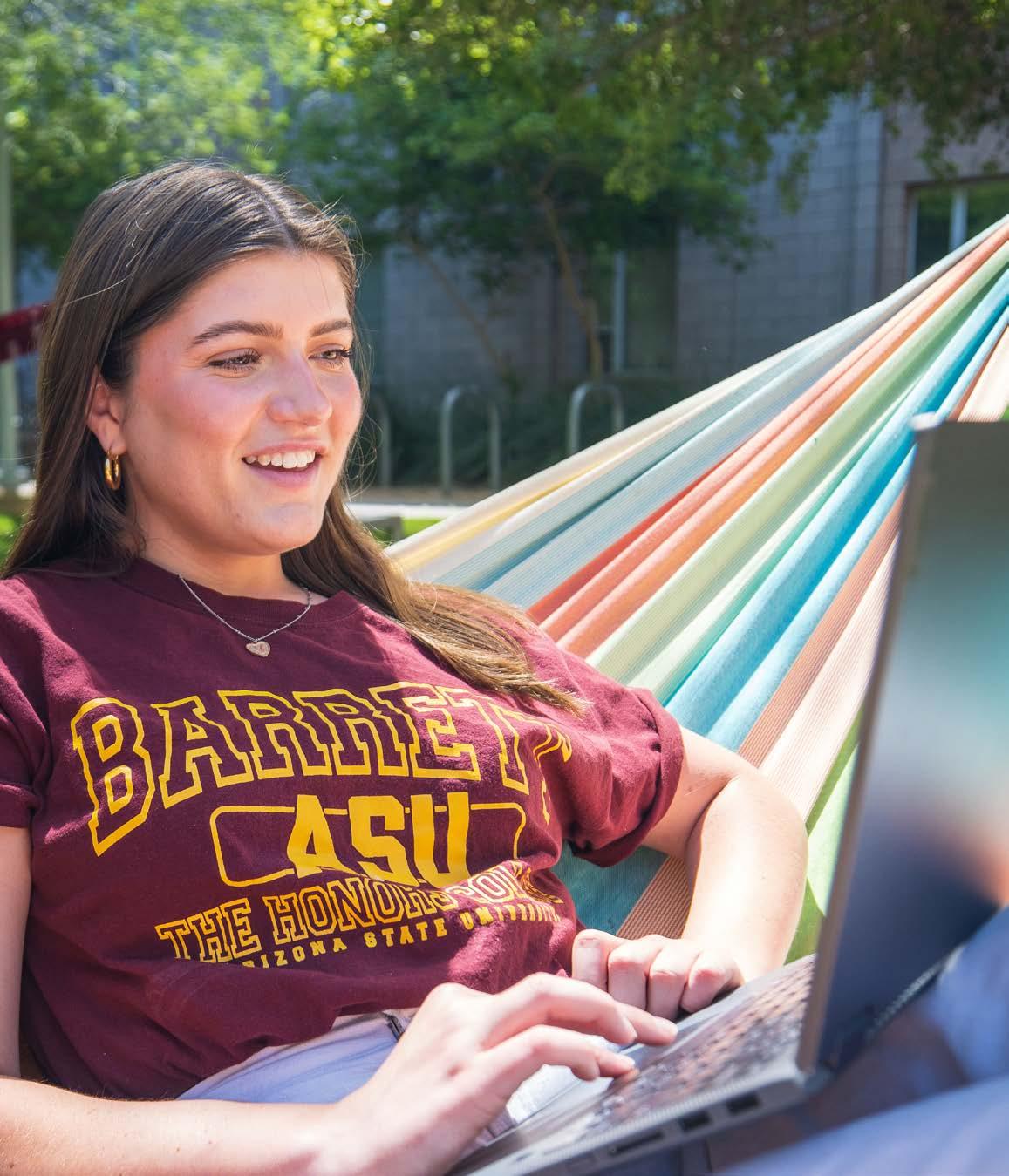

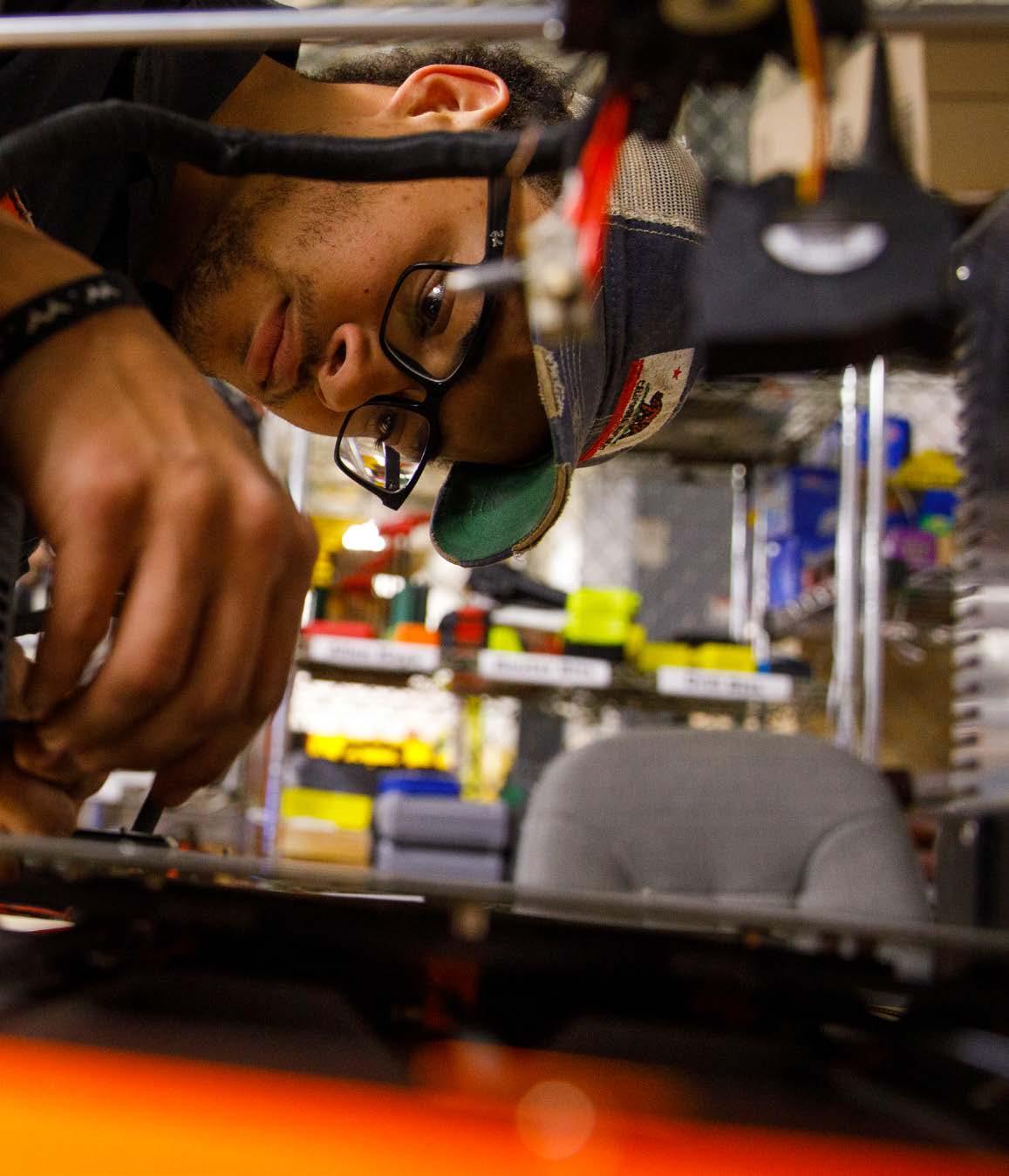
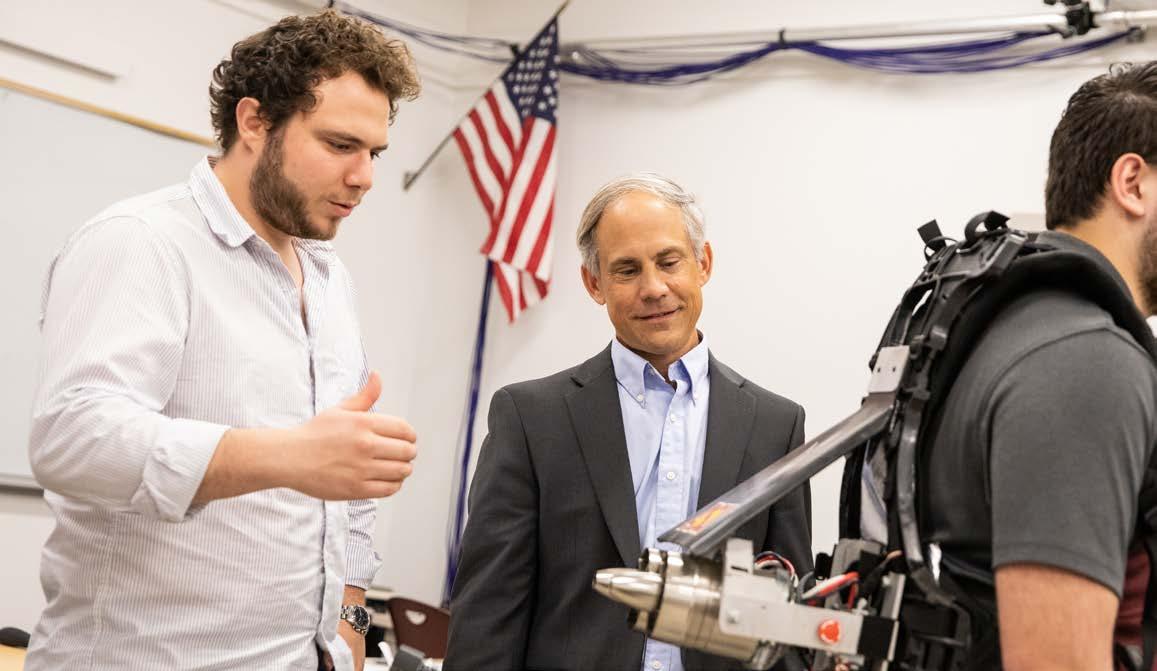
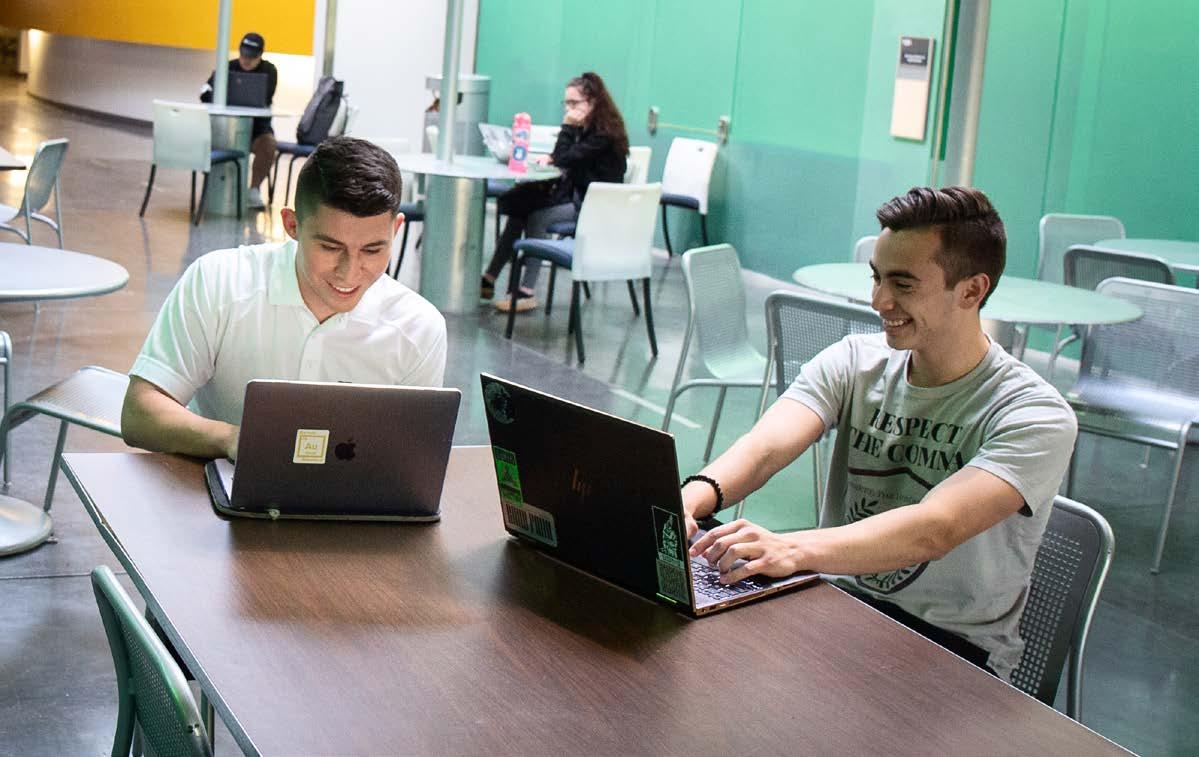
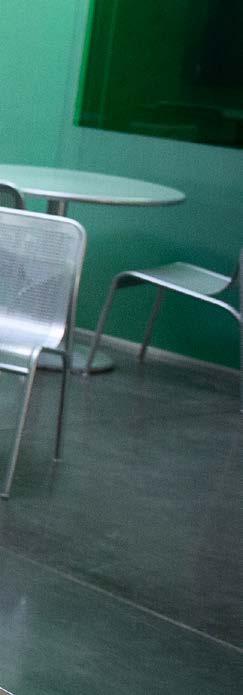

Barrett, The Honors College at the Polytechnic campus provides a unique academic experience that builds on the campus philosophy of “learning by doing.” Barrett students at the Polytechnic campus benefit from the tight-knit community, opportunities to gain professional development skills and closer connections with Barrett students through student leader positions, strong traditions, and a supportive network of faculty and staff.
Barrett faculty and staff offices are located within the Barrett Suite in Lantana Hall to promote student access to dedicated advising, mentoring, and support services. From connecting with faculty, staff and Barrett students at the Poly Picnics, taking part in community service in the Garden Commons at Polytechnic campus, tutoring for Human Event papers, to painting nights and cooking demos, there are plenty of ways to learn and meet new friends.
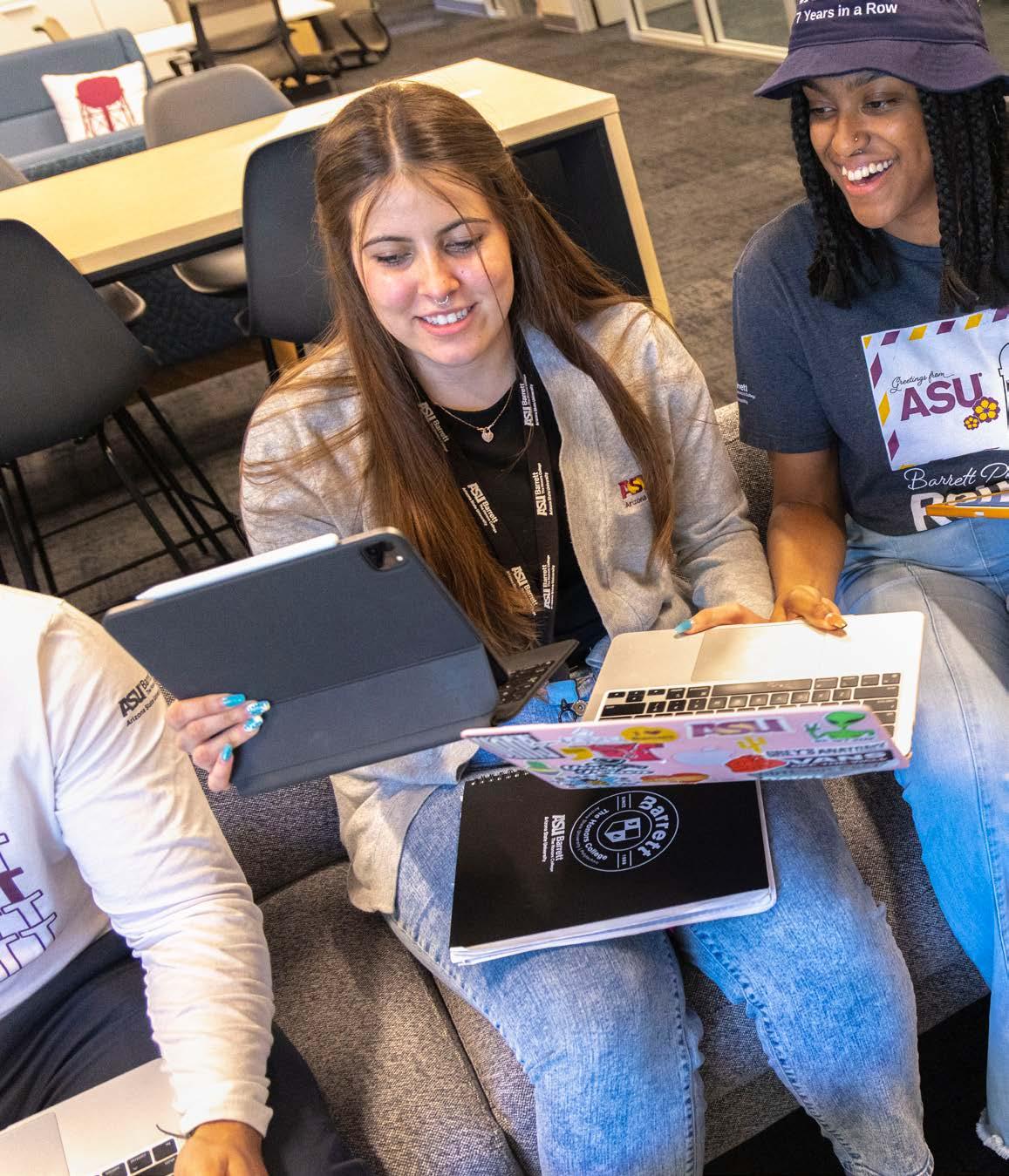
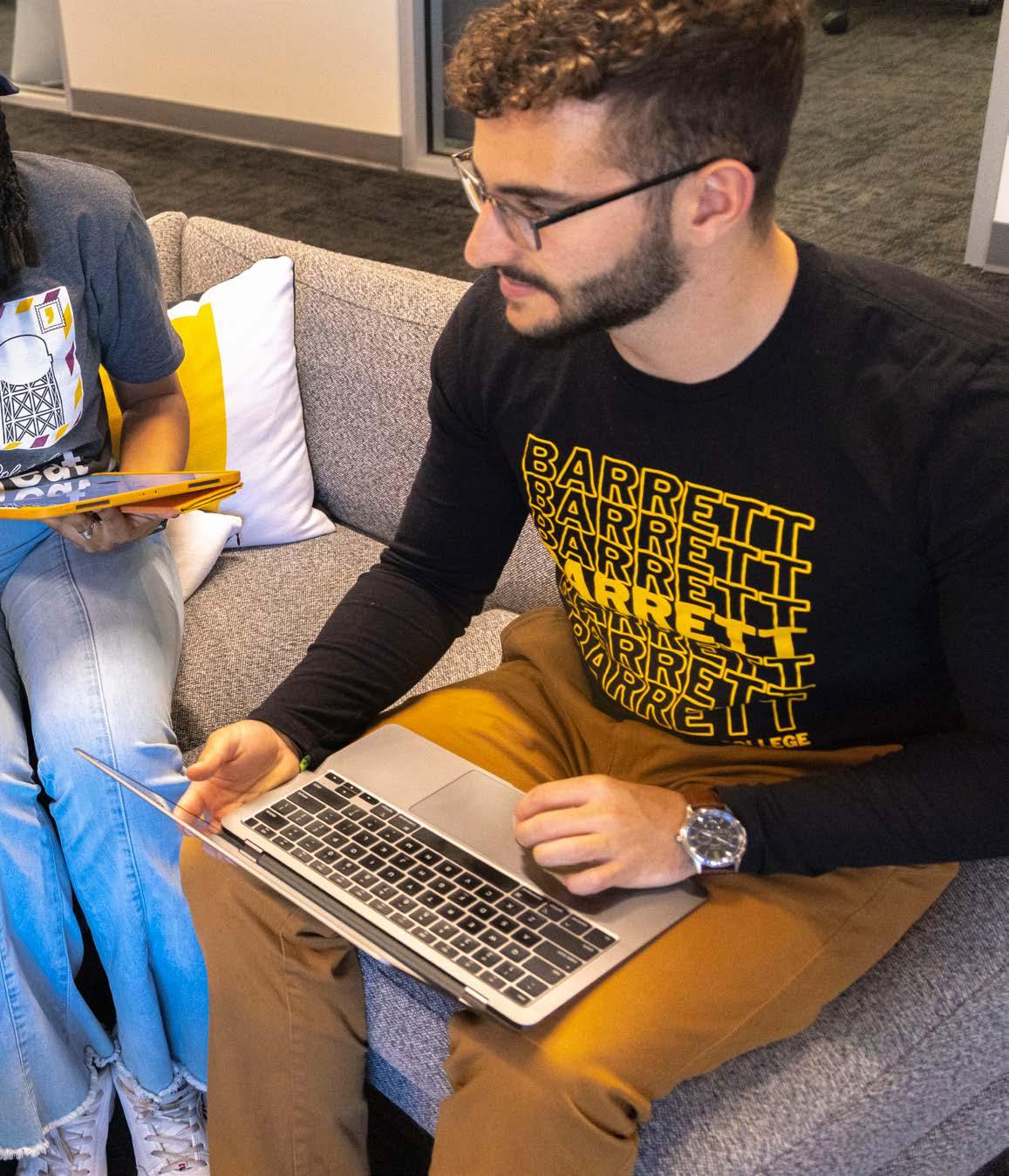
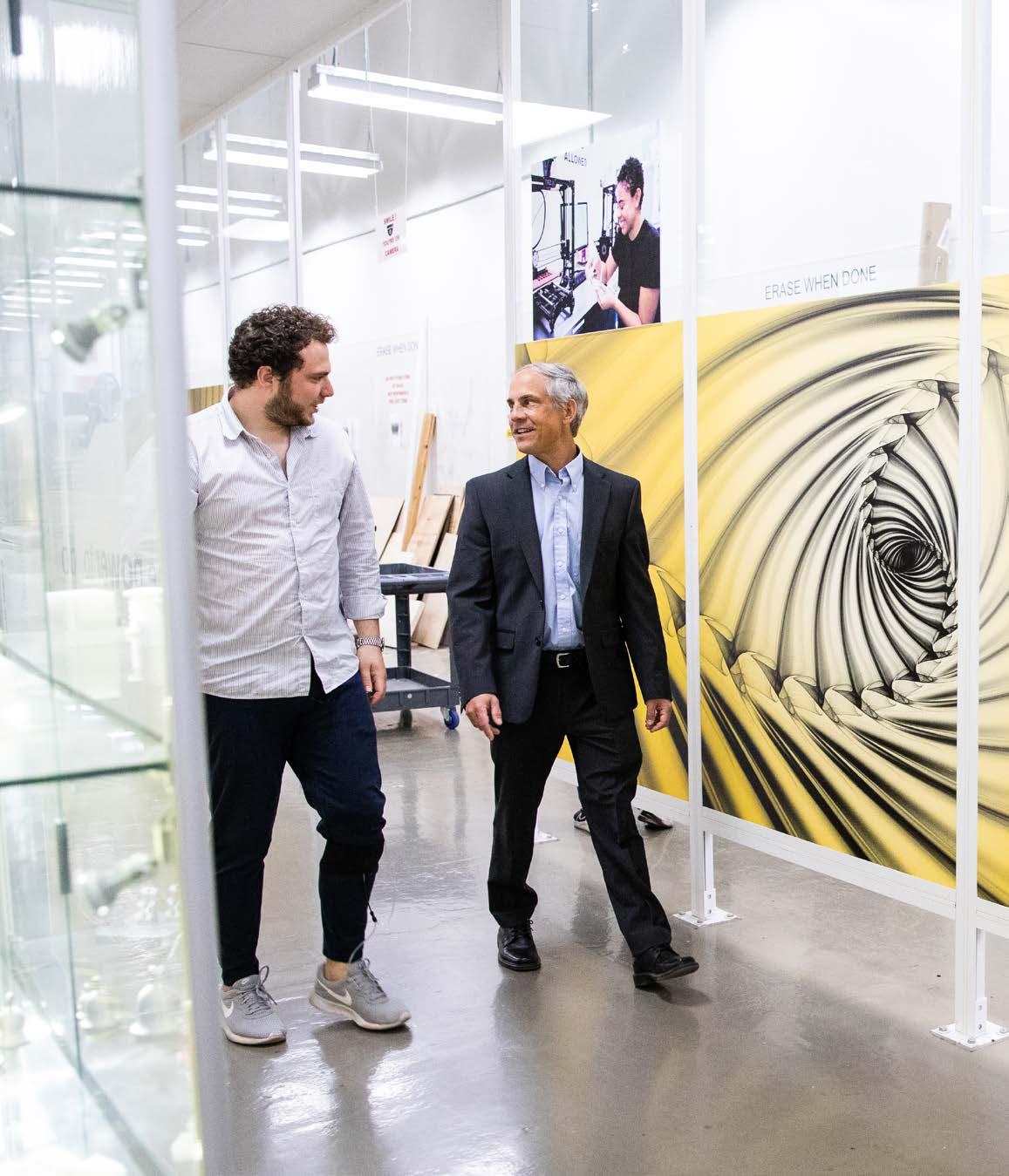

Students learn to dance, draw, perform and sing in the Applied Arts Pavilion, which is adjacent to Santa Catalina Hall on the Polytechnic campus.
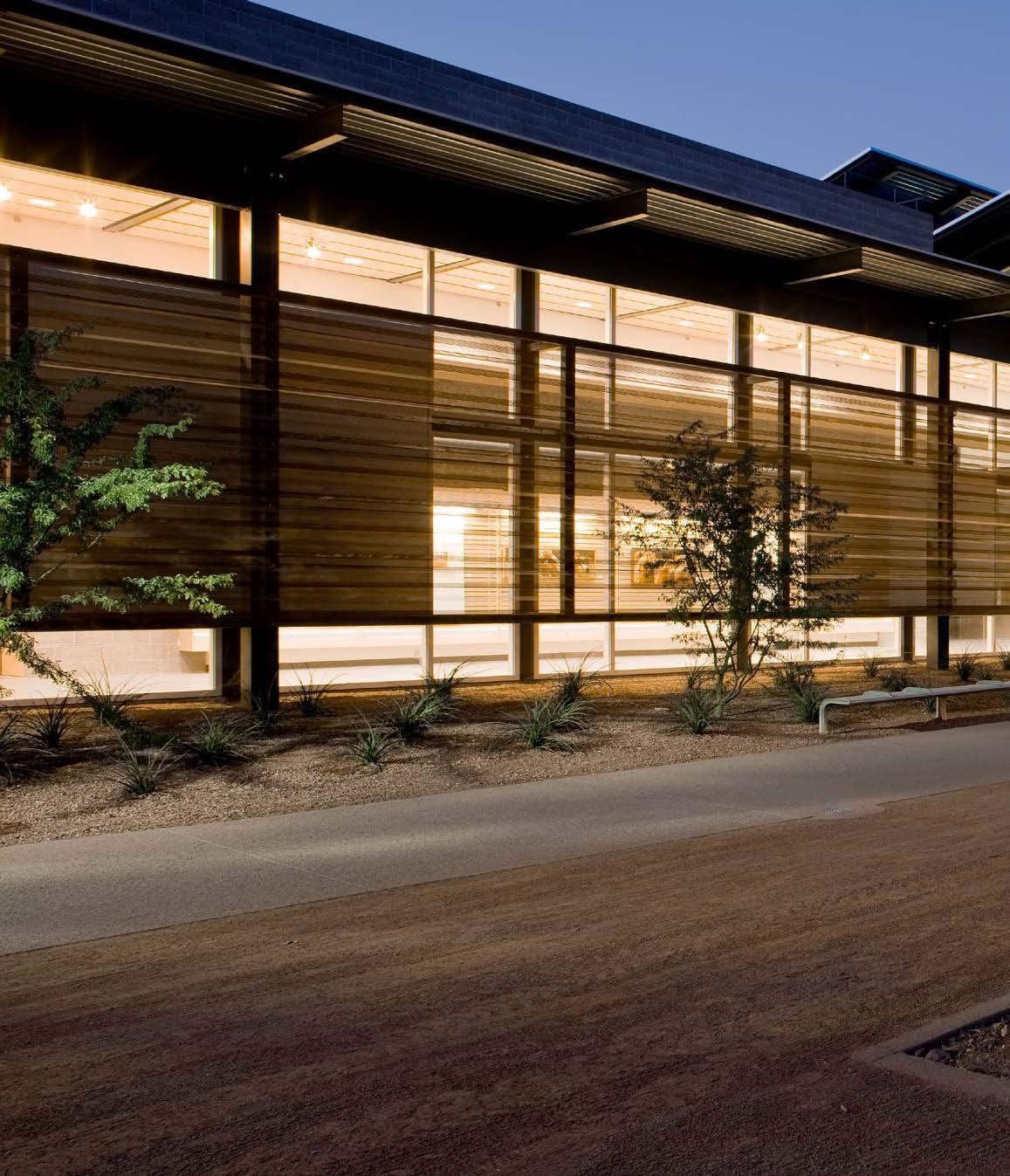
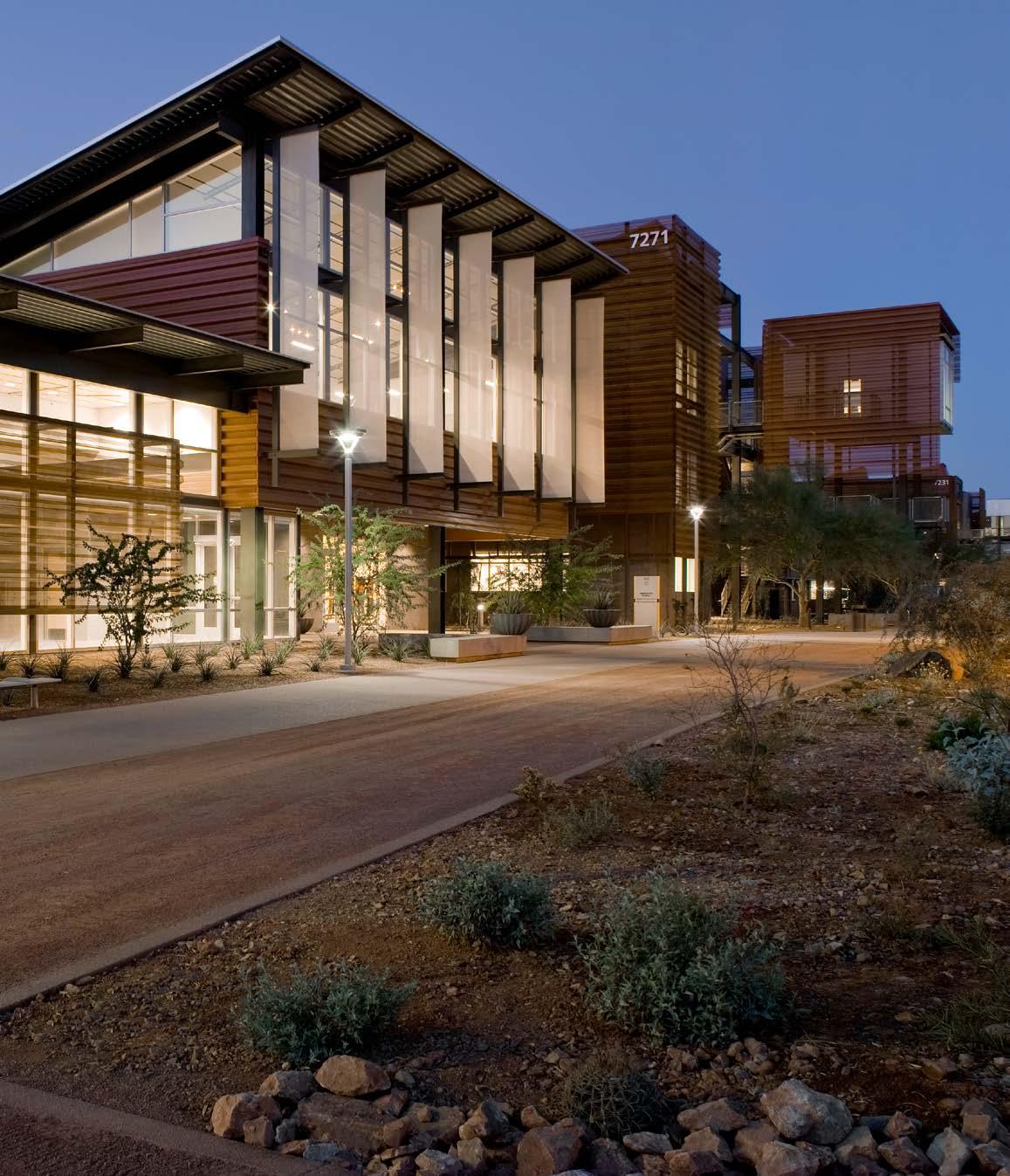
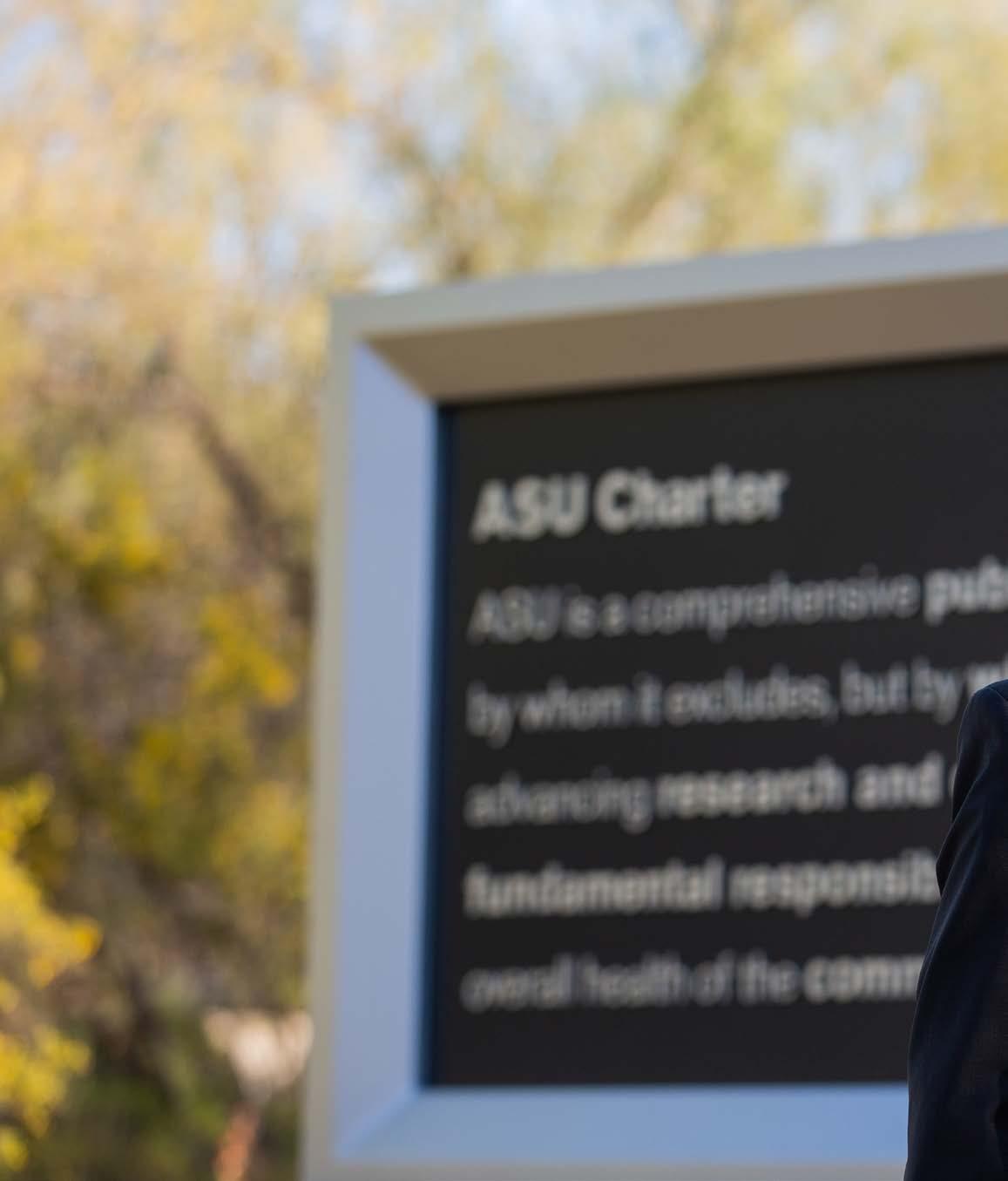
“I have always felt that Barrett, The Honors College is a special college at ASU that creates an environment to allow students to succeed .”
— TOM SUGAR, BARRETT, THE HONORS COLLEGE ASSOCIATE DEAN AND PRESIDENT’S PROFESSOR POSES FOR A PORTRAIT ON THE POLYTECHNIC CAMPUS
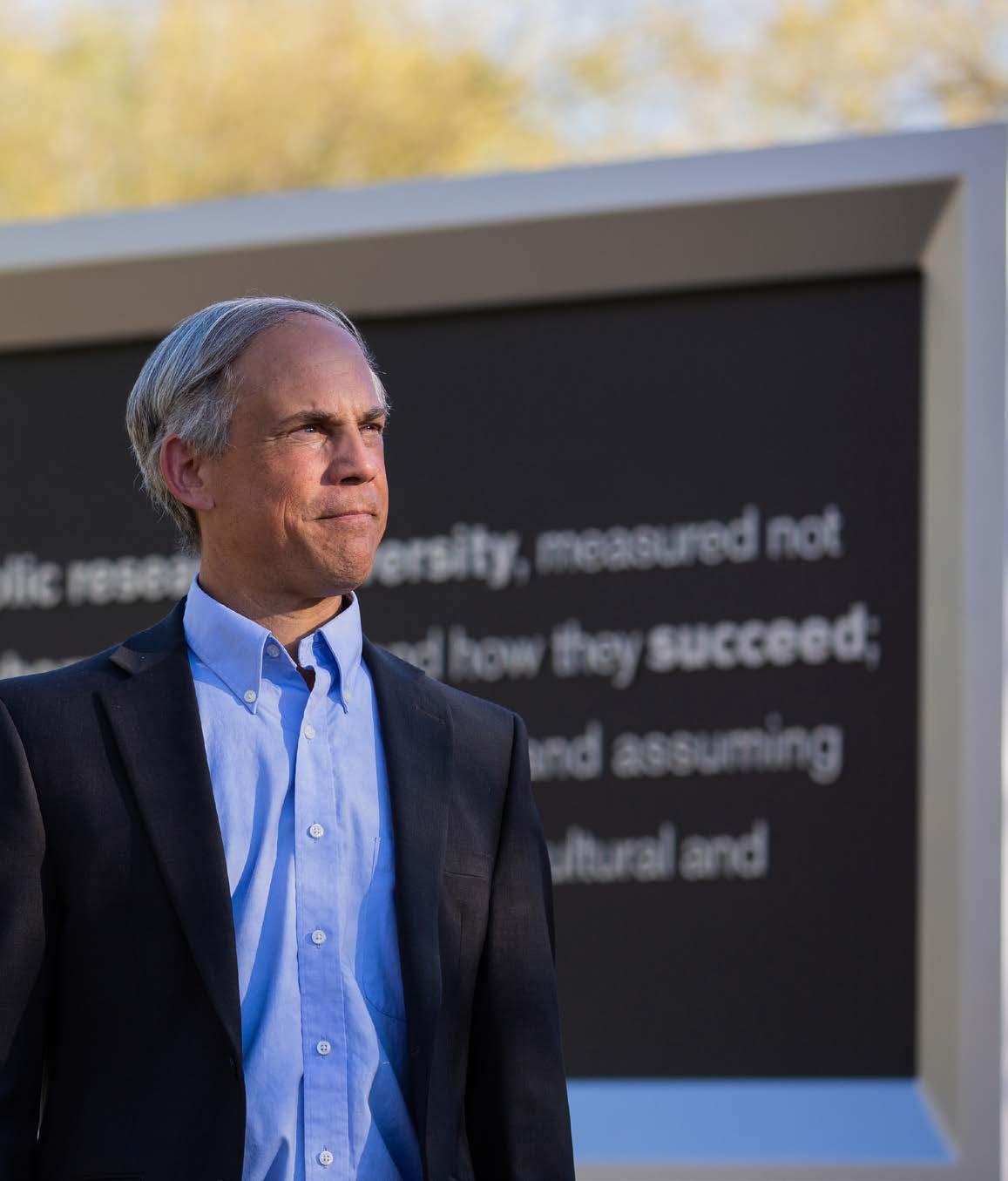
Barrett Suite is the most popular place for Barrett students to gather and build community on the Polytechnic campus. This multipurpose space is used for socializing with friends, collaborating on group projects, attending events and workshops, and buying Barrett swag during the monthly Barrett Buck store. Additionally, students can reserve spaces for studying, group projects and thesis defenses.

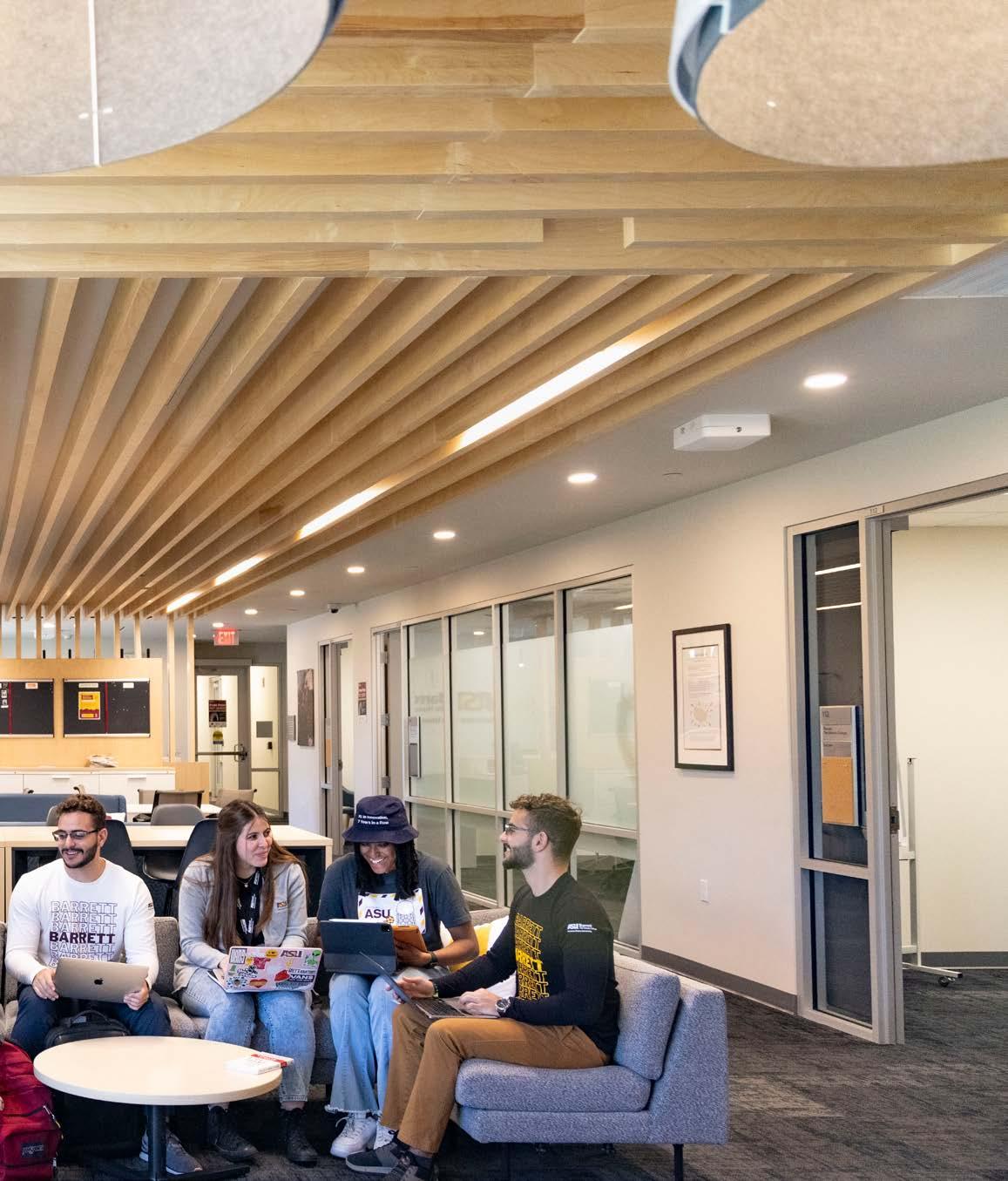
Barrett students benefit from a three-pronged approach to academic advising. Each Barrett student is supported academically by a Barrett honors advisor, an academic advisor and a faculty honors advisor.
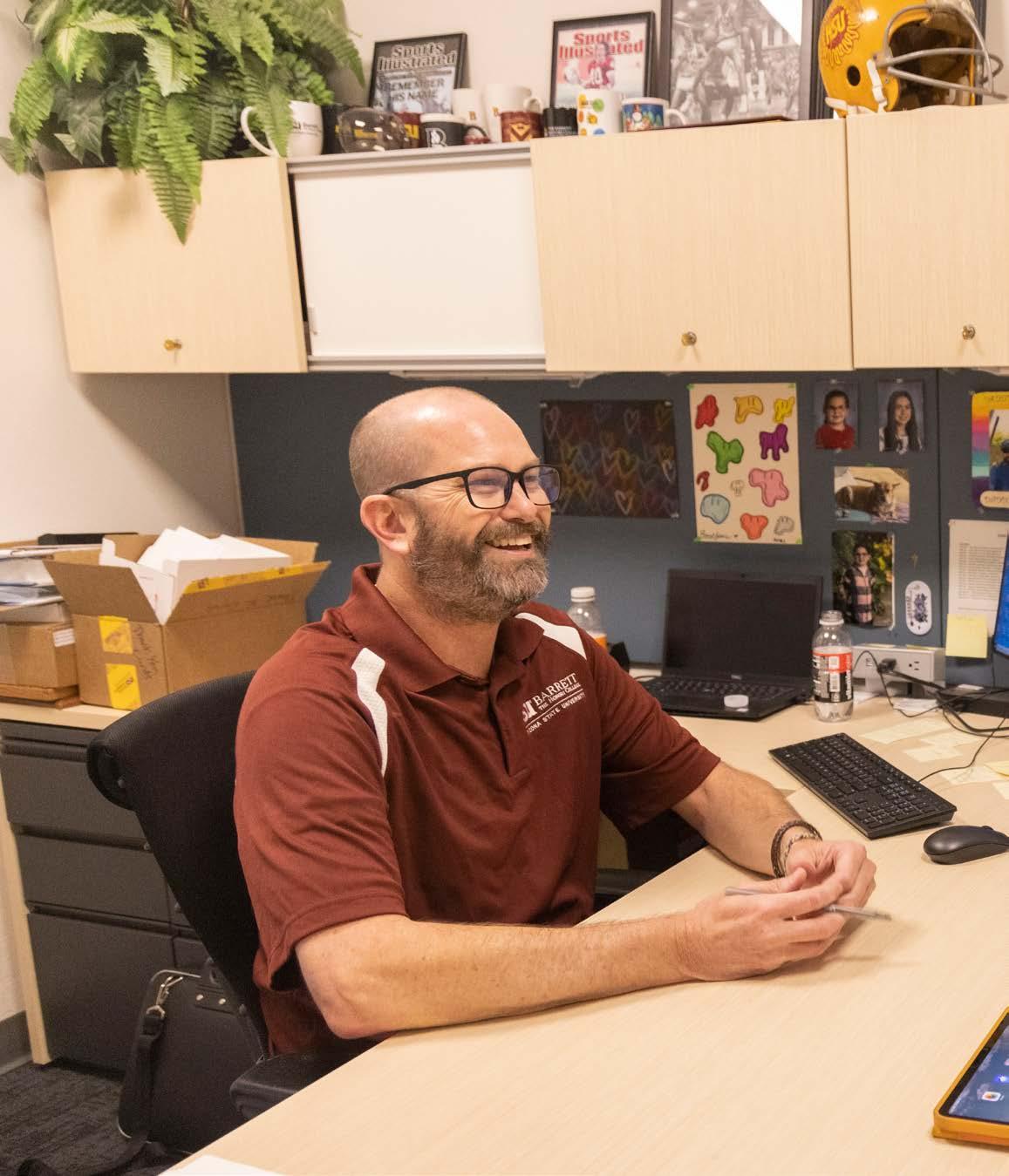
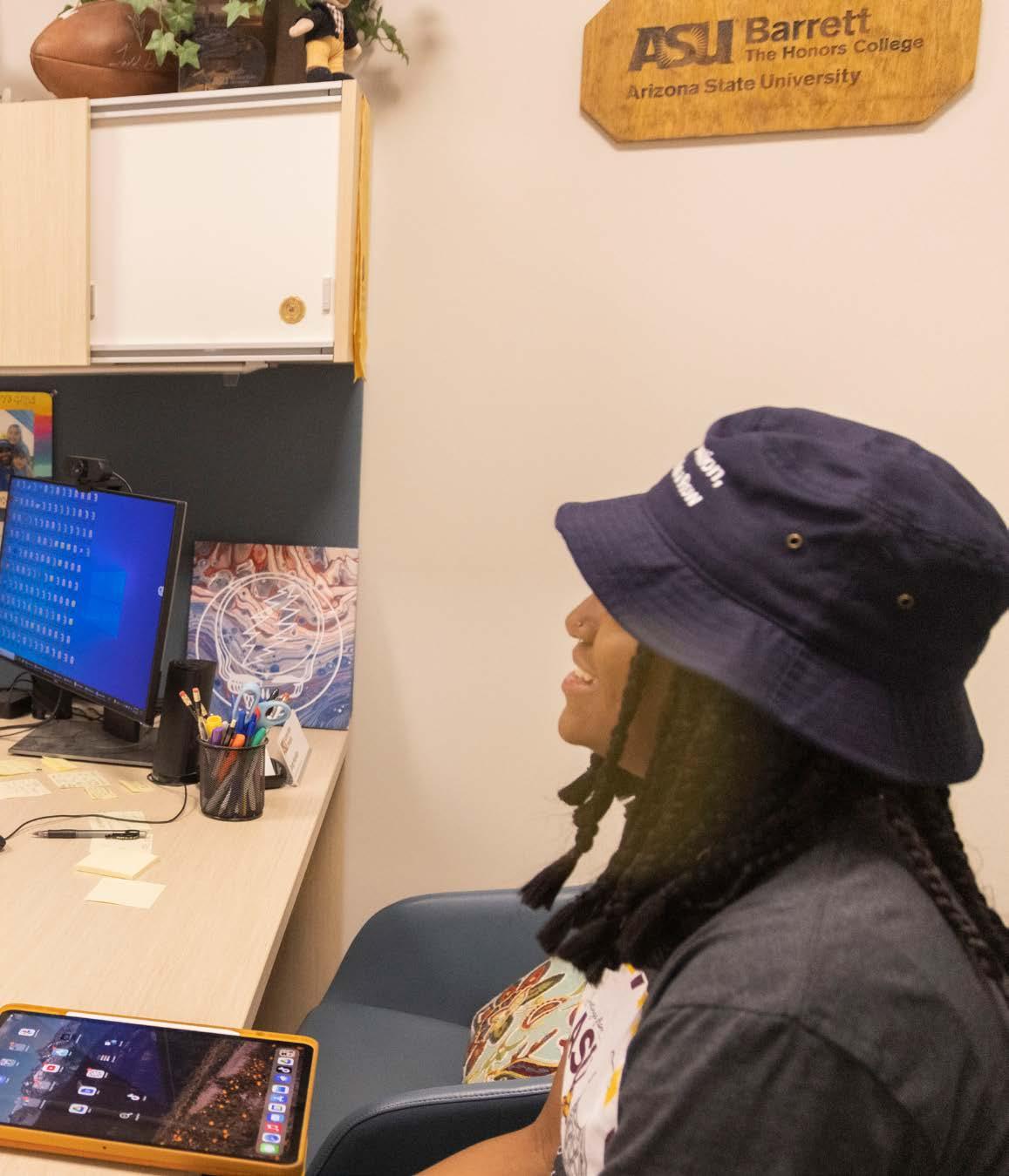

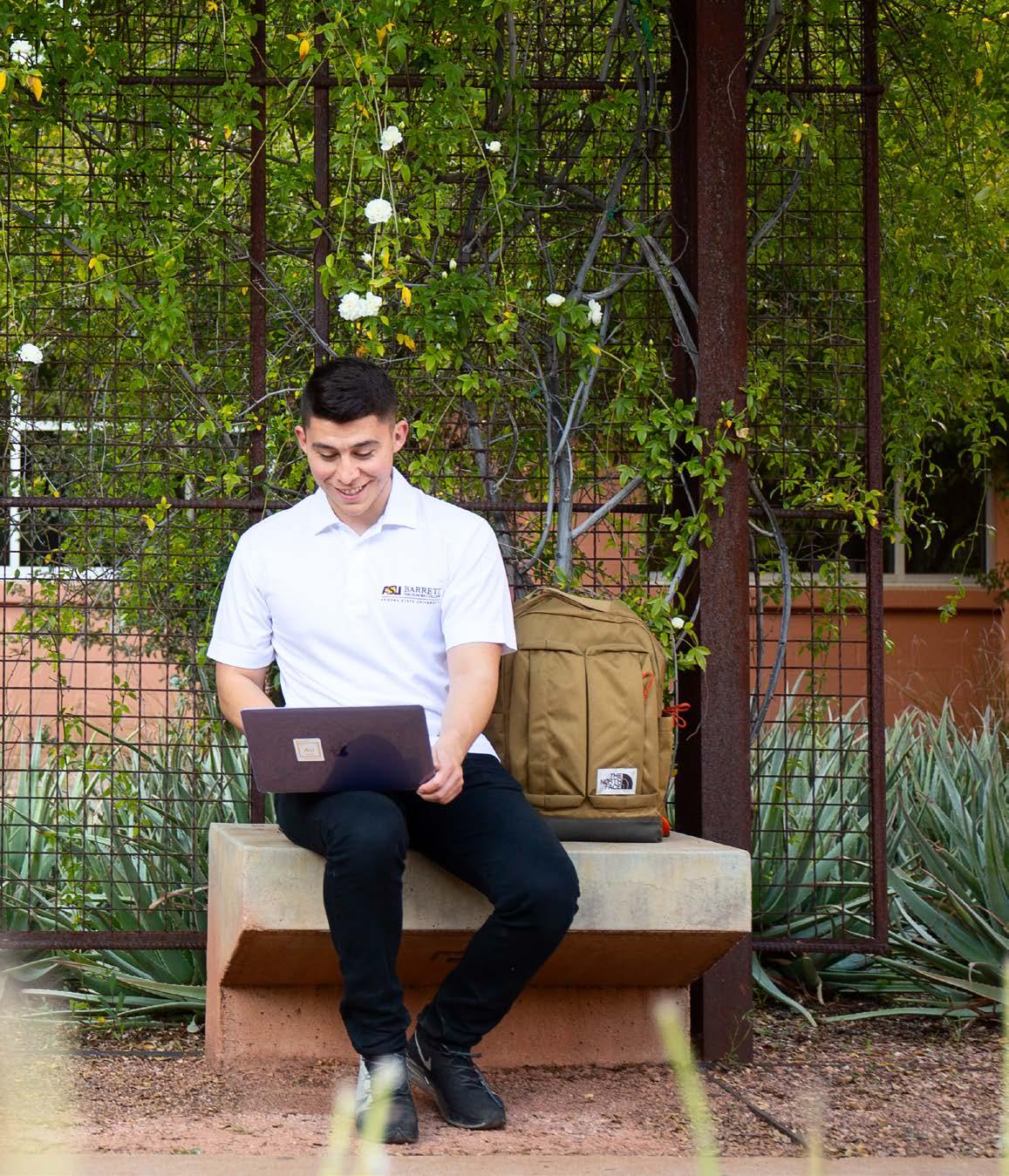
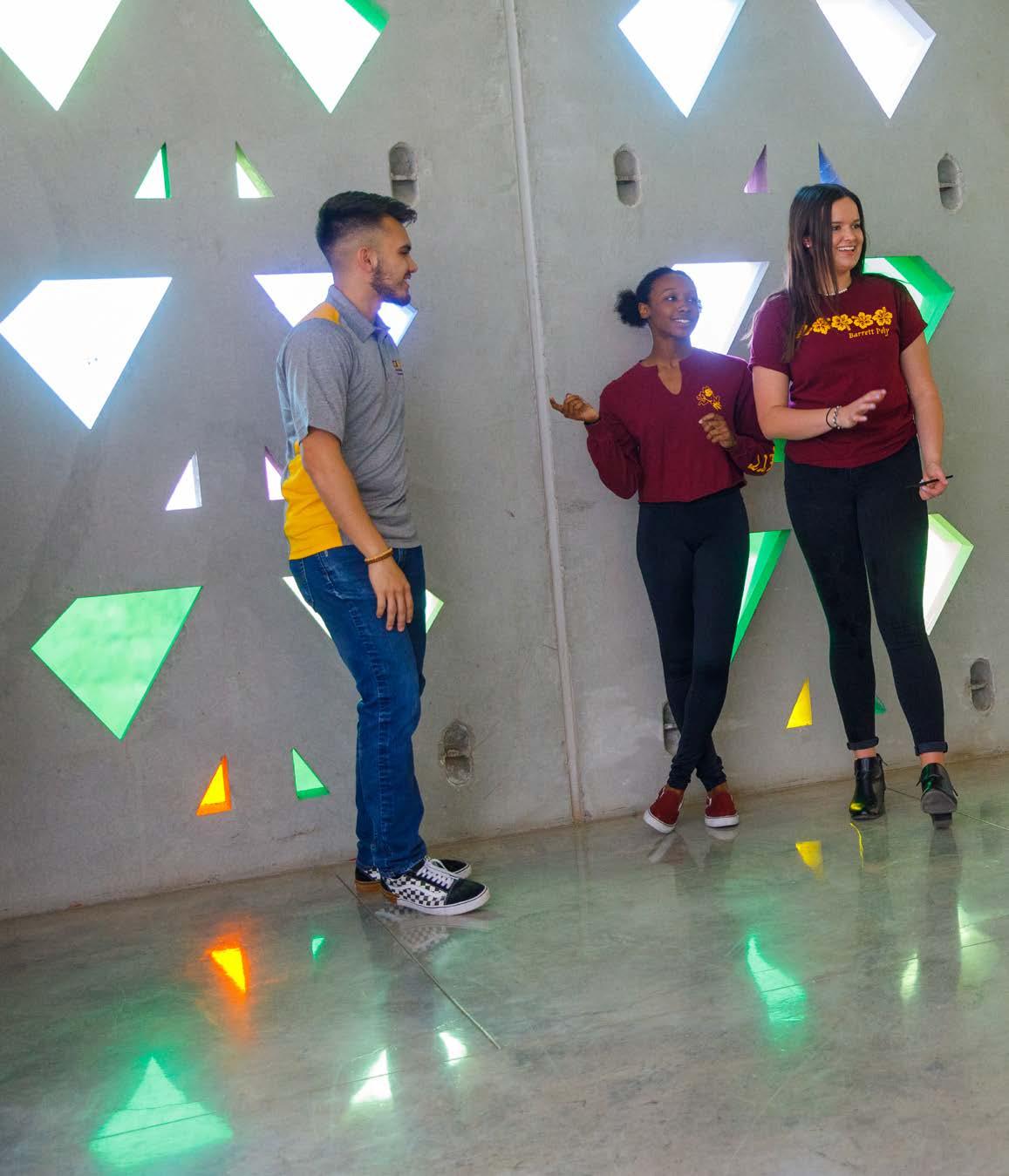
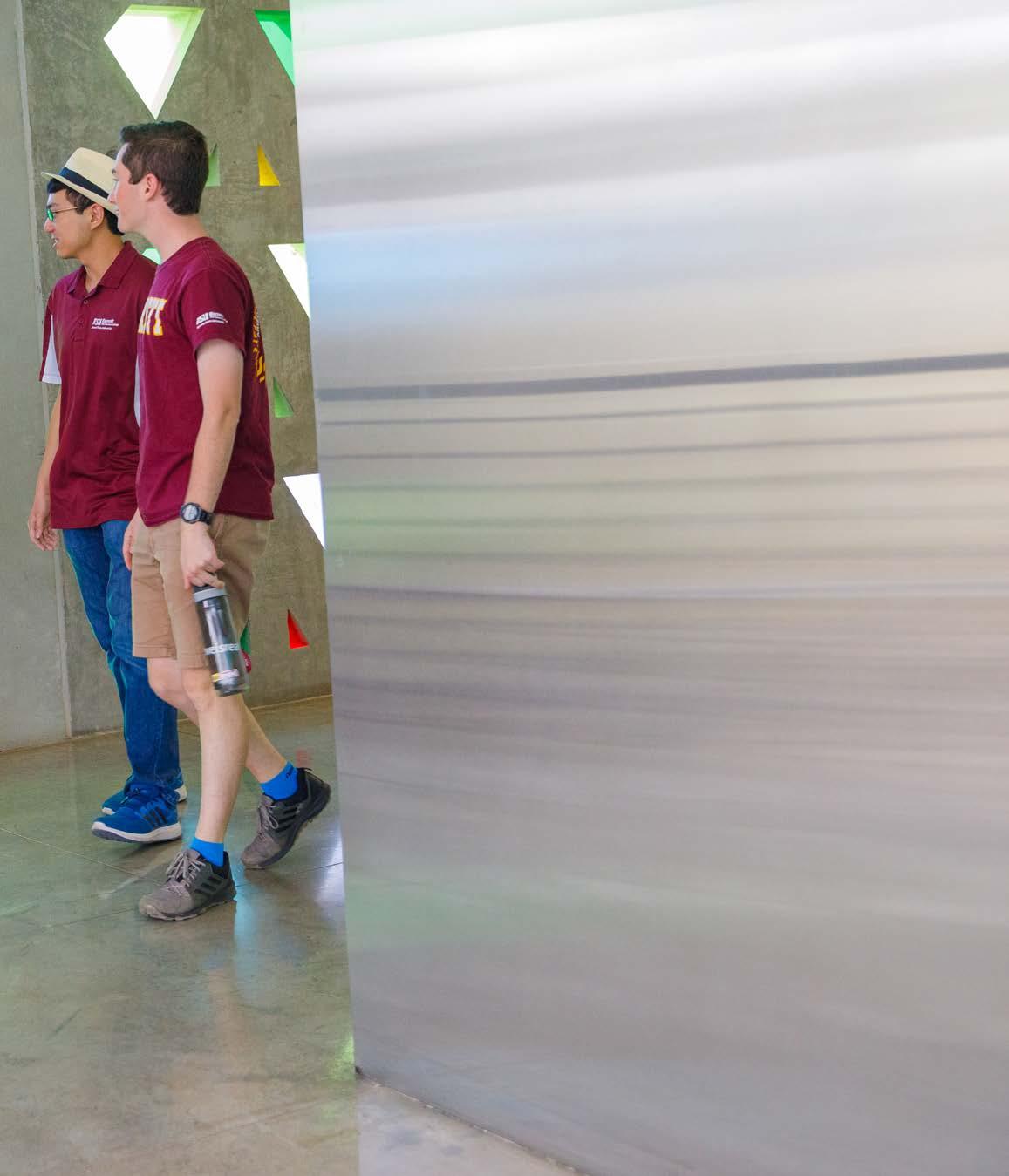
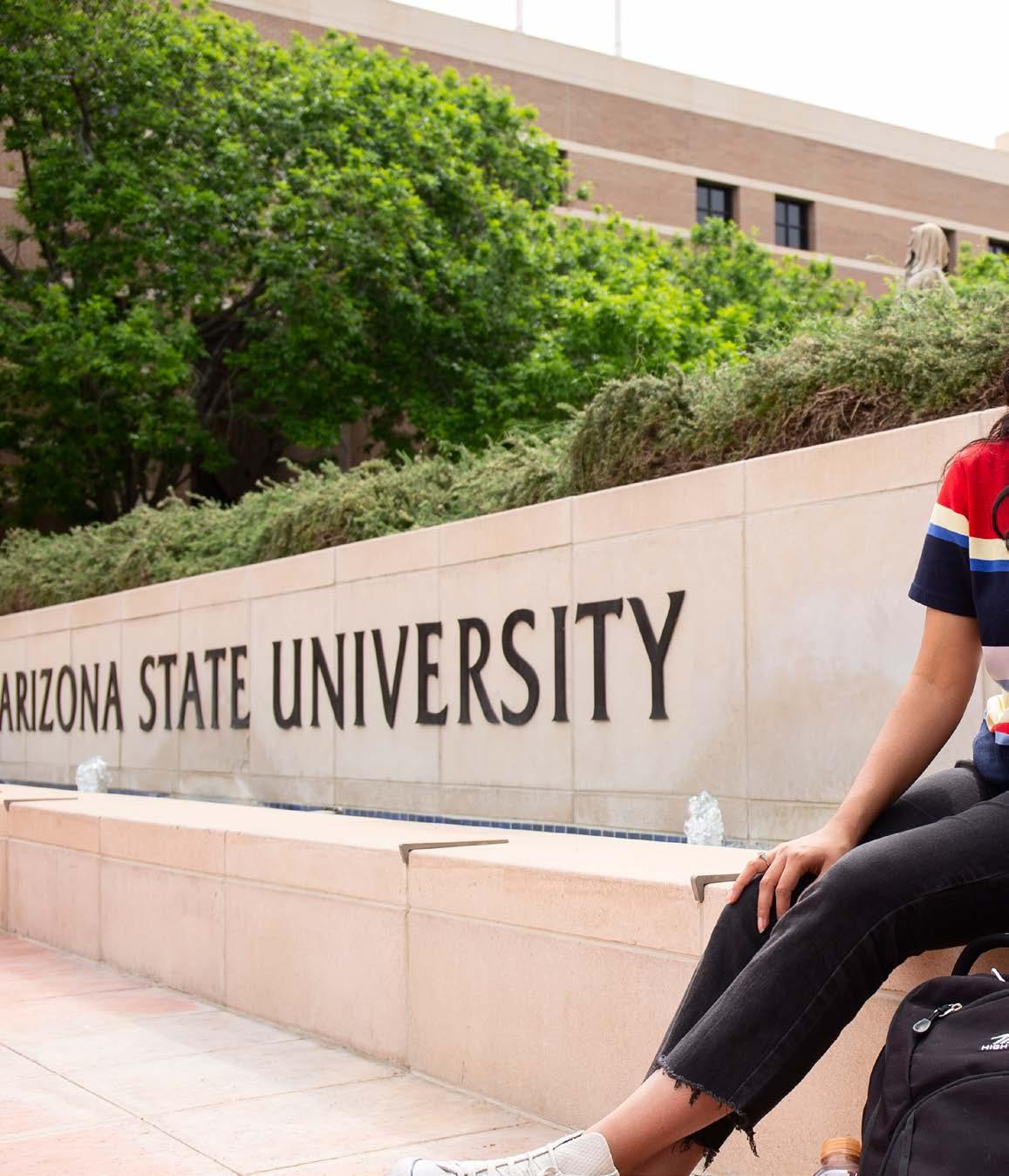
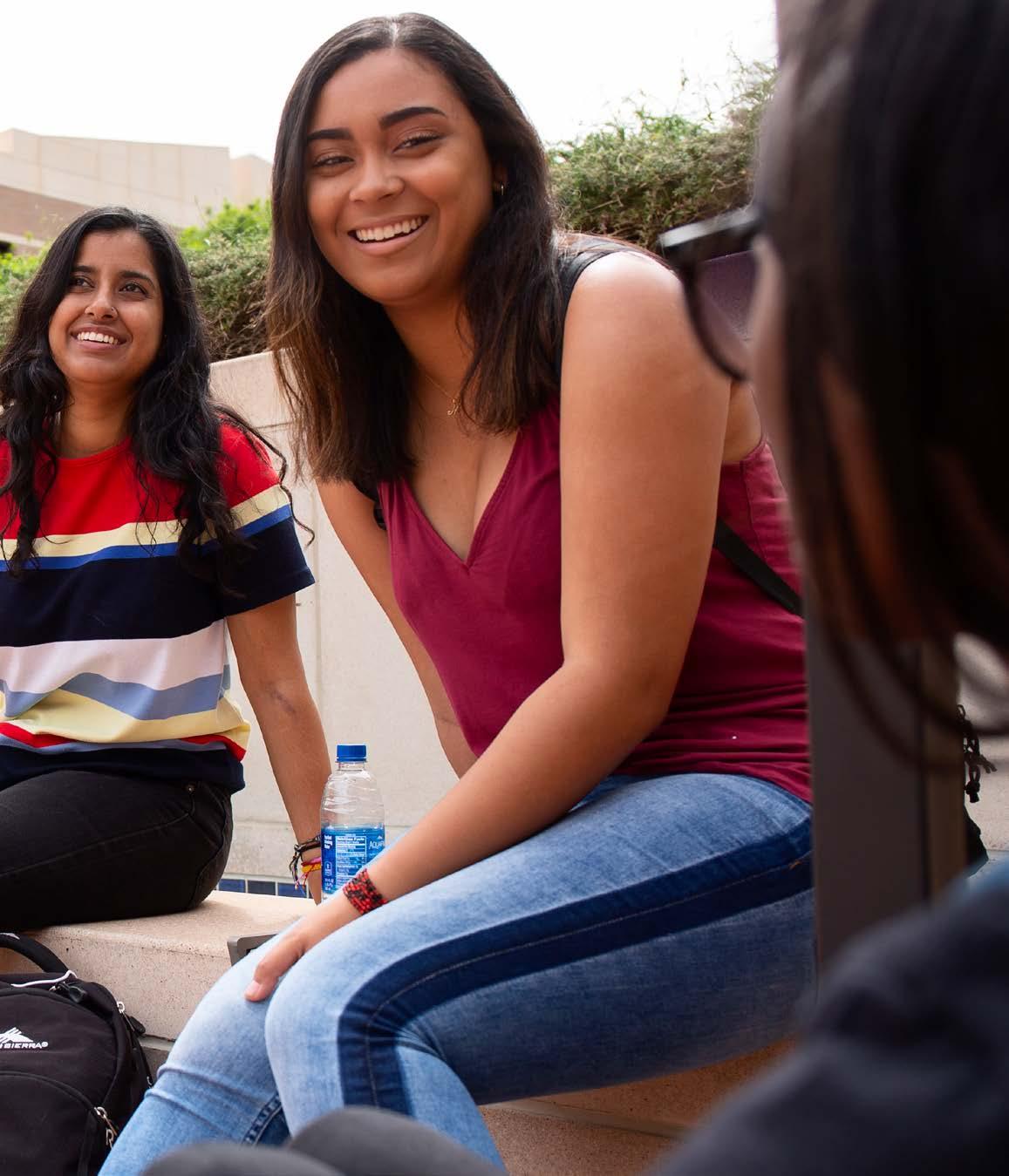
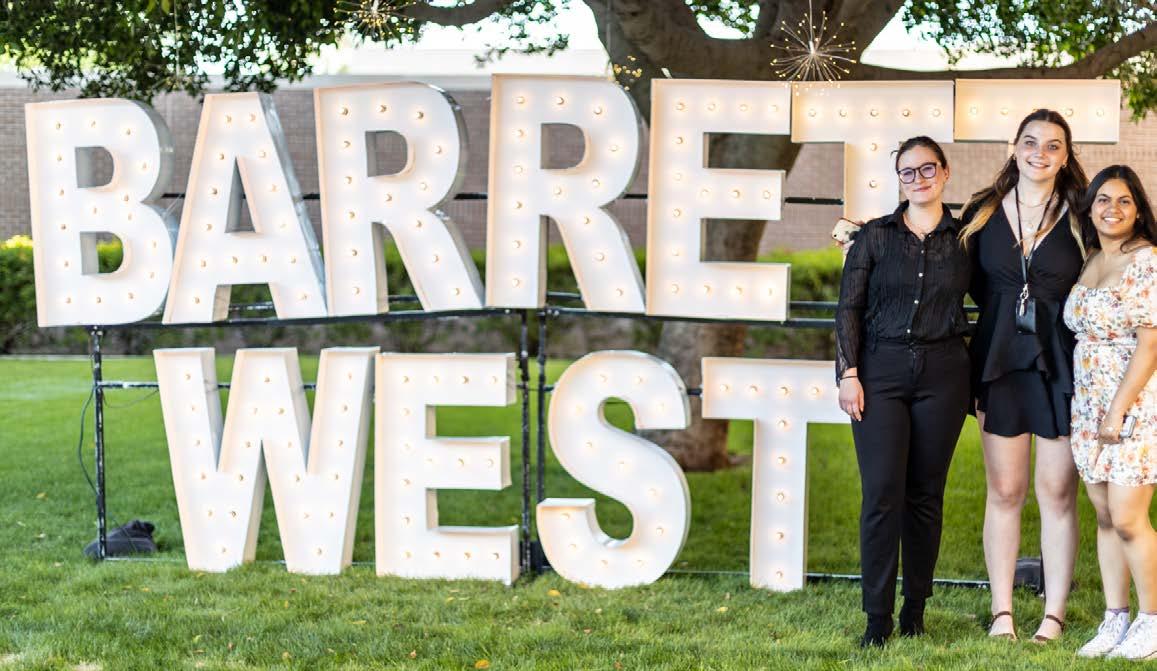
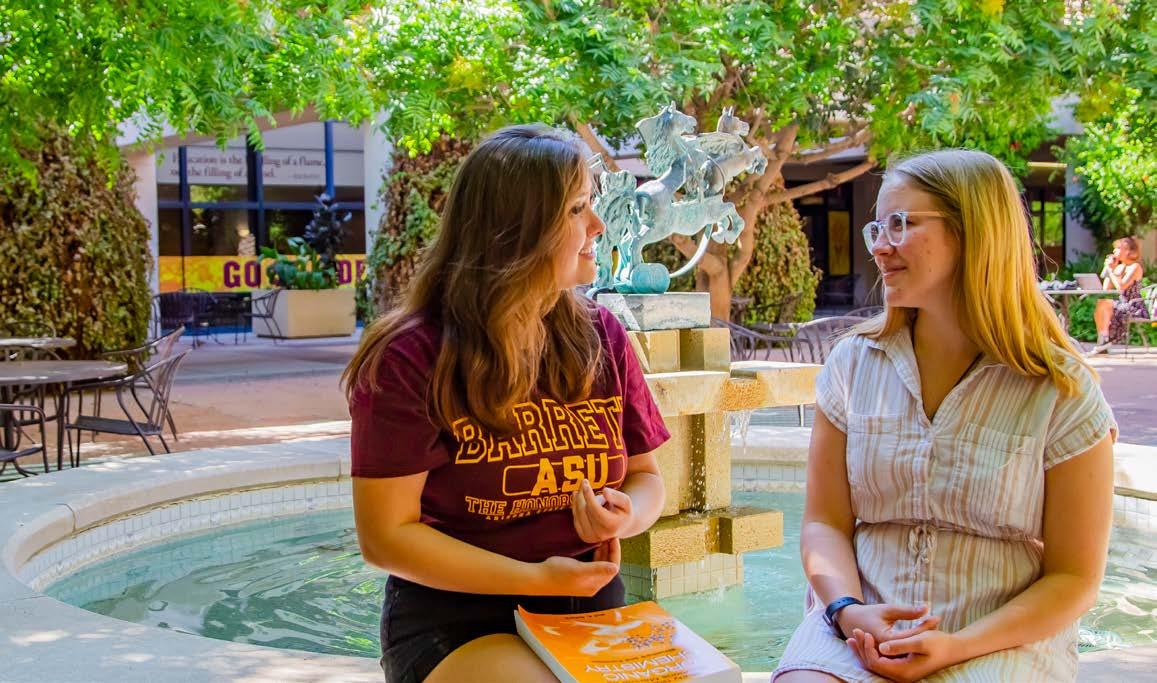
All Barrett students, whether living off-campus or on-campus, actively engage in the Barrett experience at ASU West. Barrett students will find everything they need to complete their degree and fulfill their honors requirements at the West campus, including classes, student organizations, resources for support, events and activities, academic and research opportunities, and more.

The Barrett West Suite, located in the heart of campus, is available to all honors students for studying and socializing. The space houses West campus faculty and staff for easy connections, includes quiet and group study areas, and is used for a variety of events and activities.

Barrett students at ASU West campus can often be found studying and researching inside Fletcher Library. In addition to a core print and media collection, Fletcher Library regularly features exhibitions and communityconnected book displays.
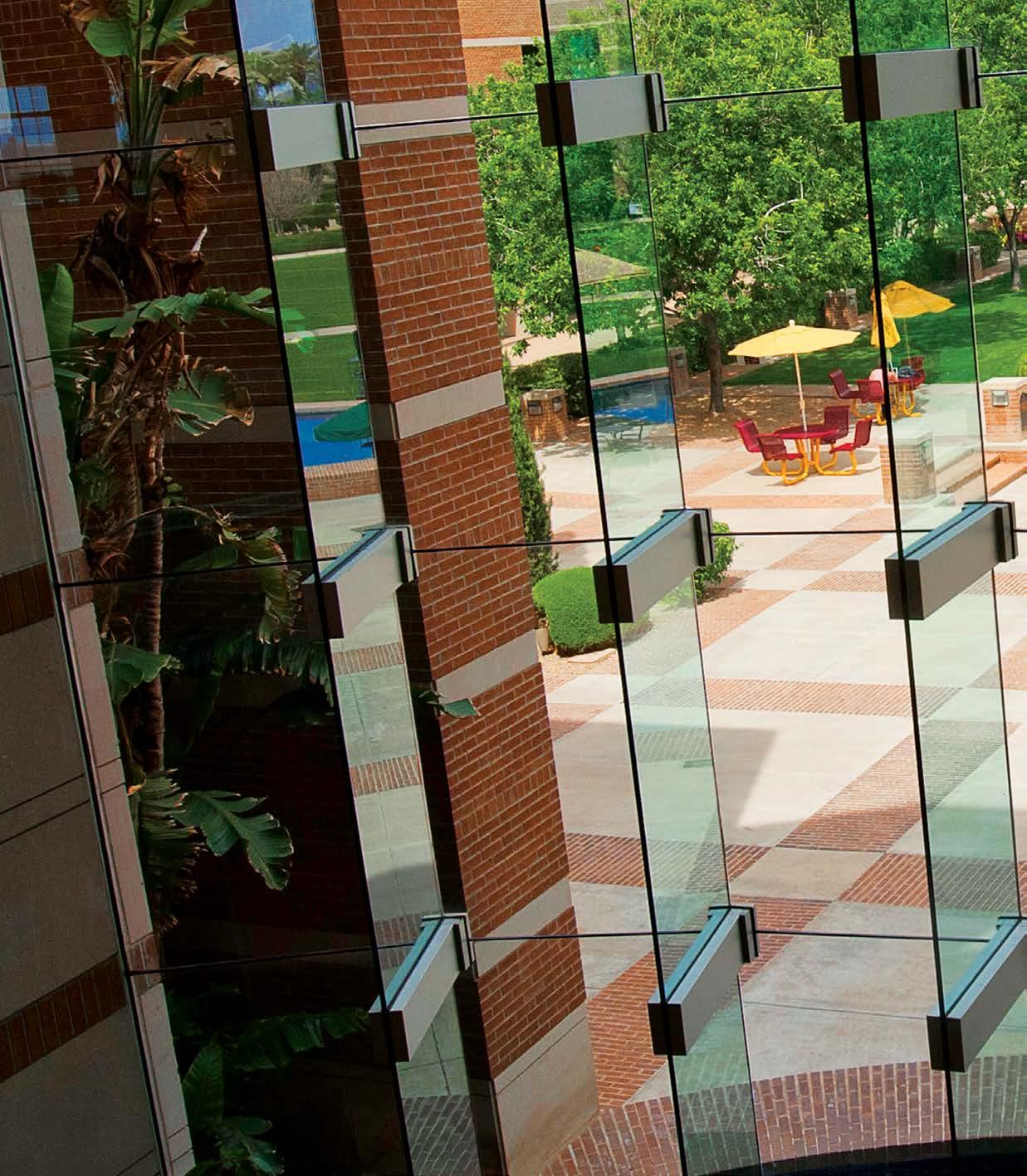
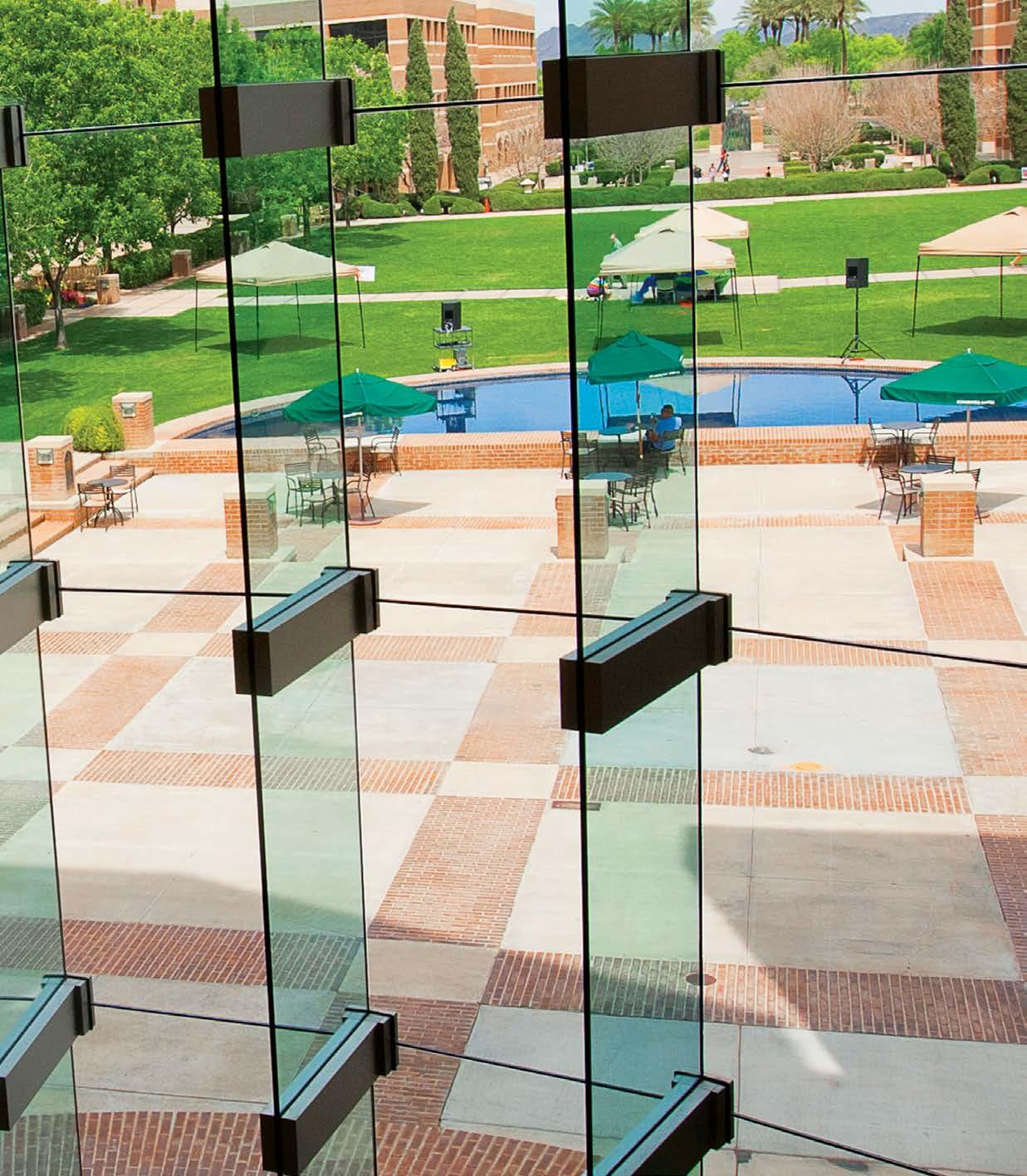
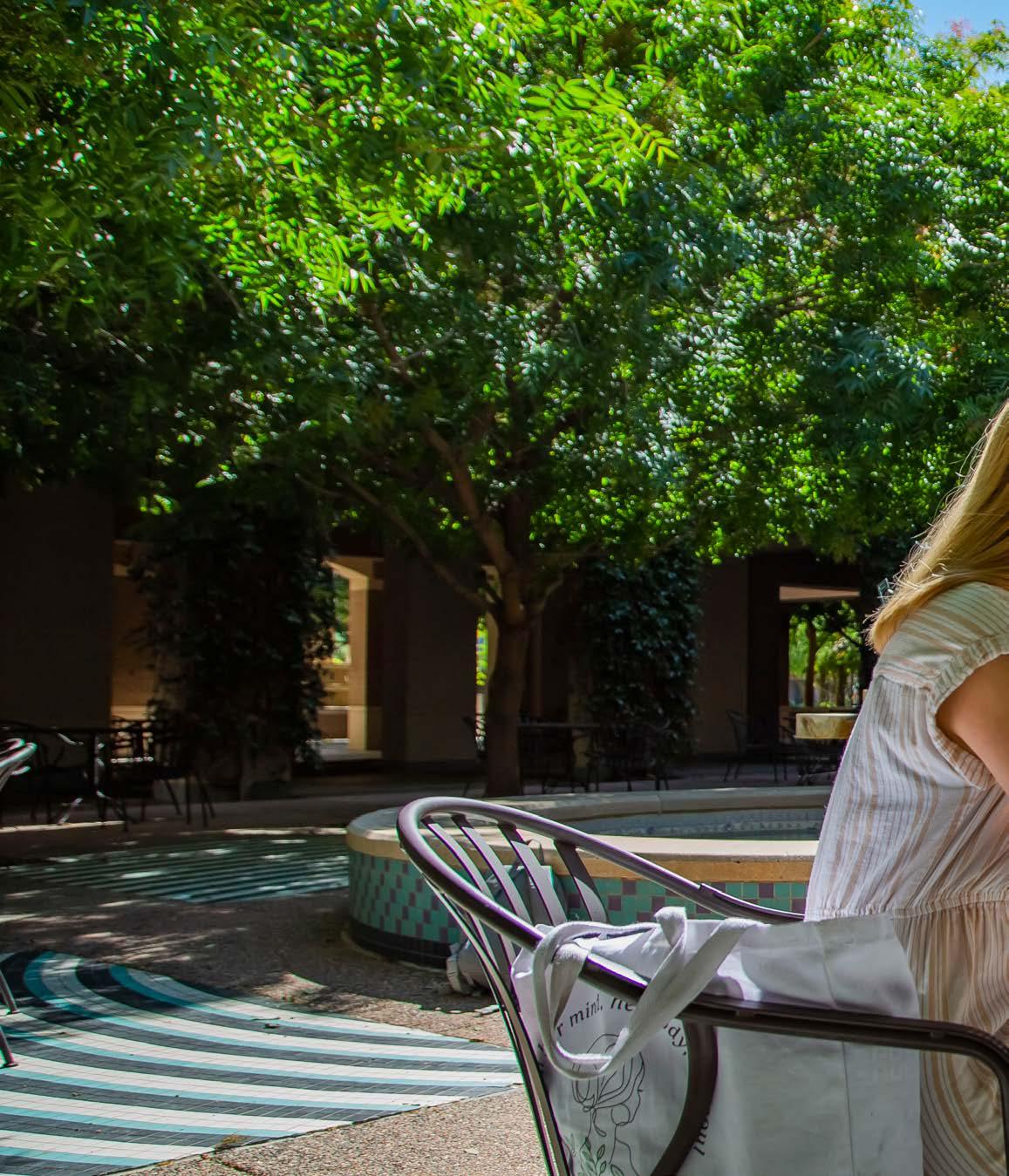

Dining Pavilion is a 37,000 square-foot dining facility and includes private dining areas, late-night dining options, market-style eating areas and retail space.
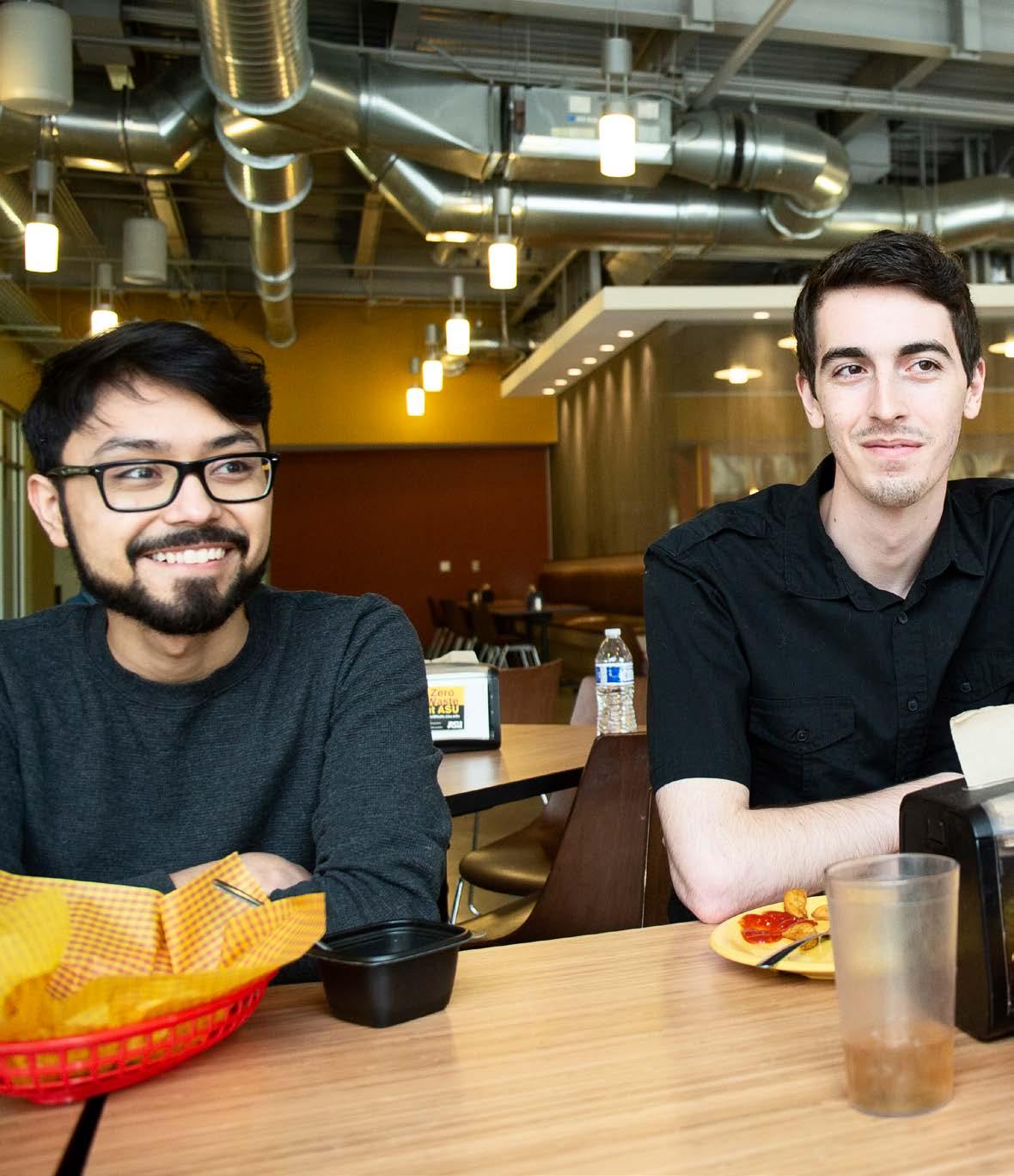
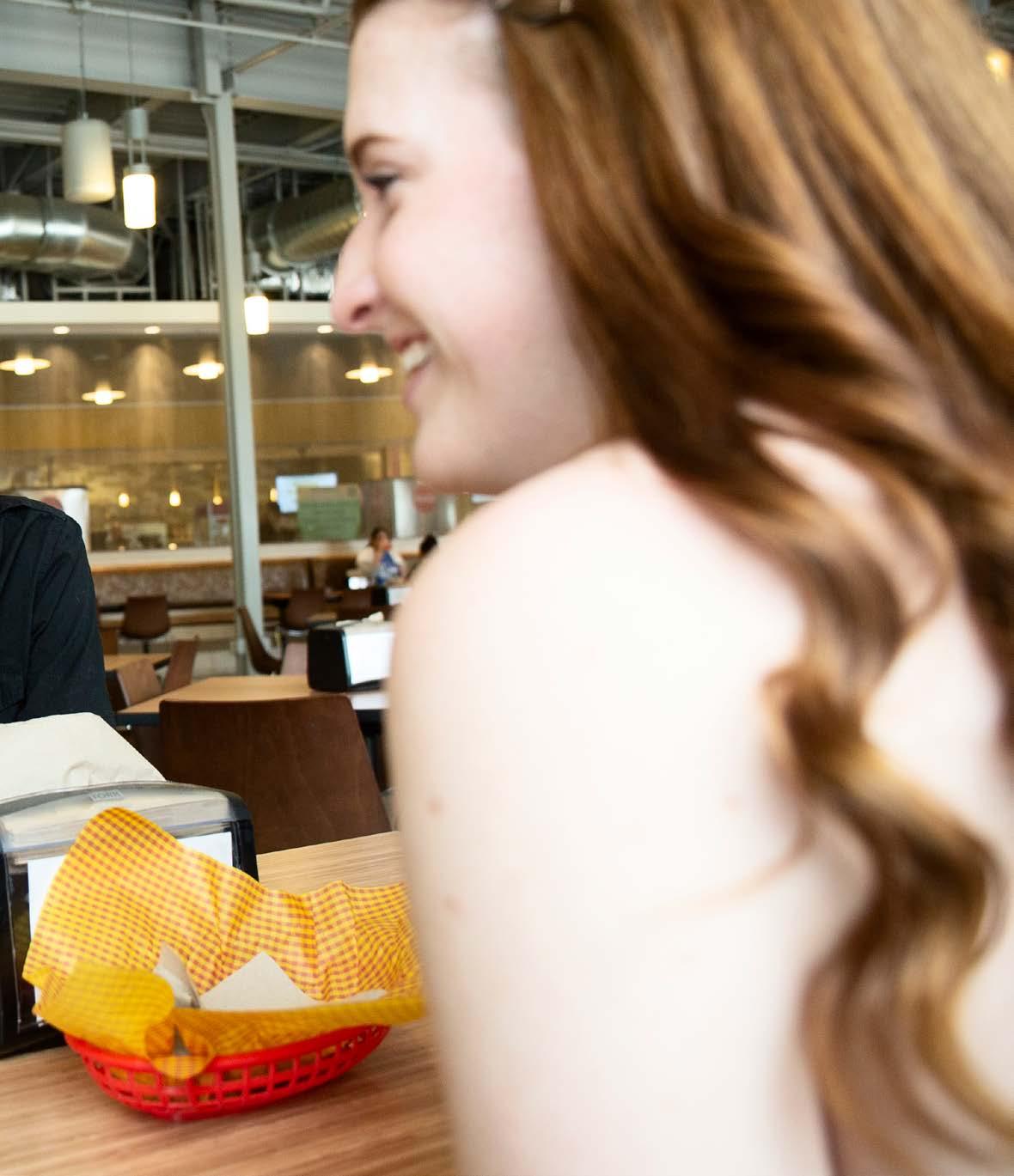
Barrett, The Honors College held its annual Gold Standard Awards for the West campus. Barrett West students gathered, celebrated and were recognized for multiple student achievements.
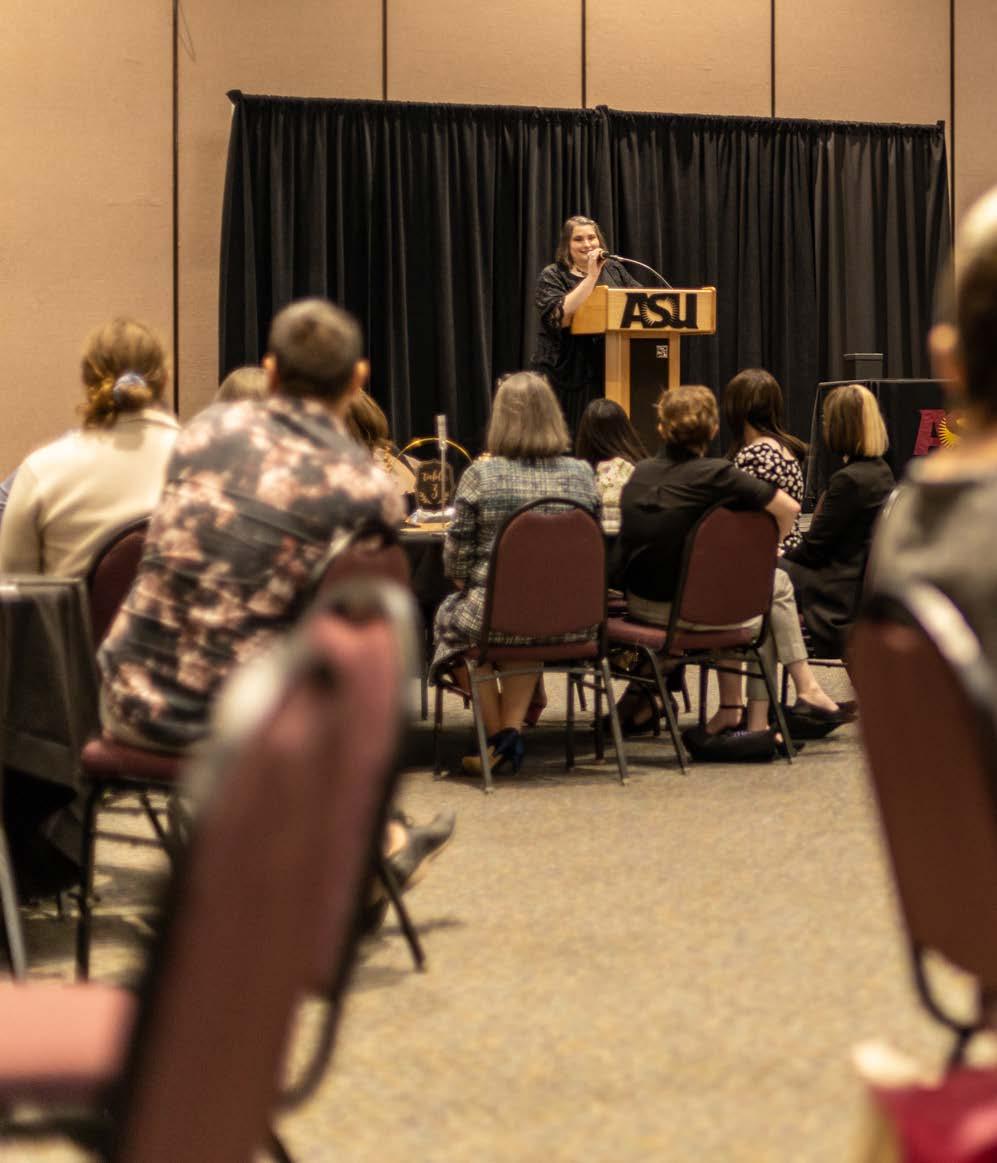
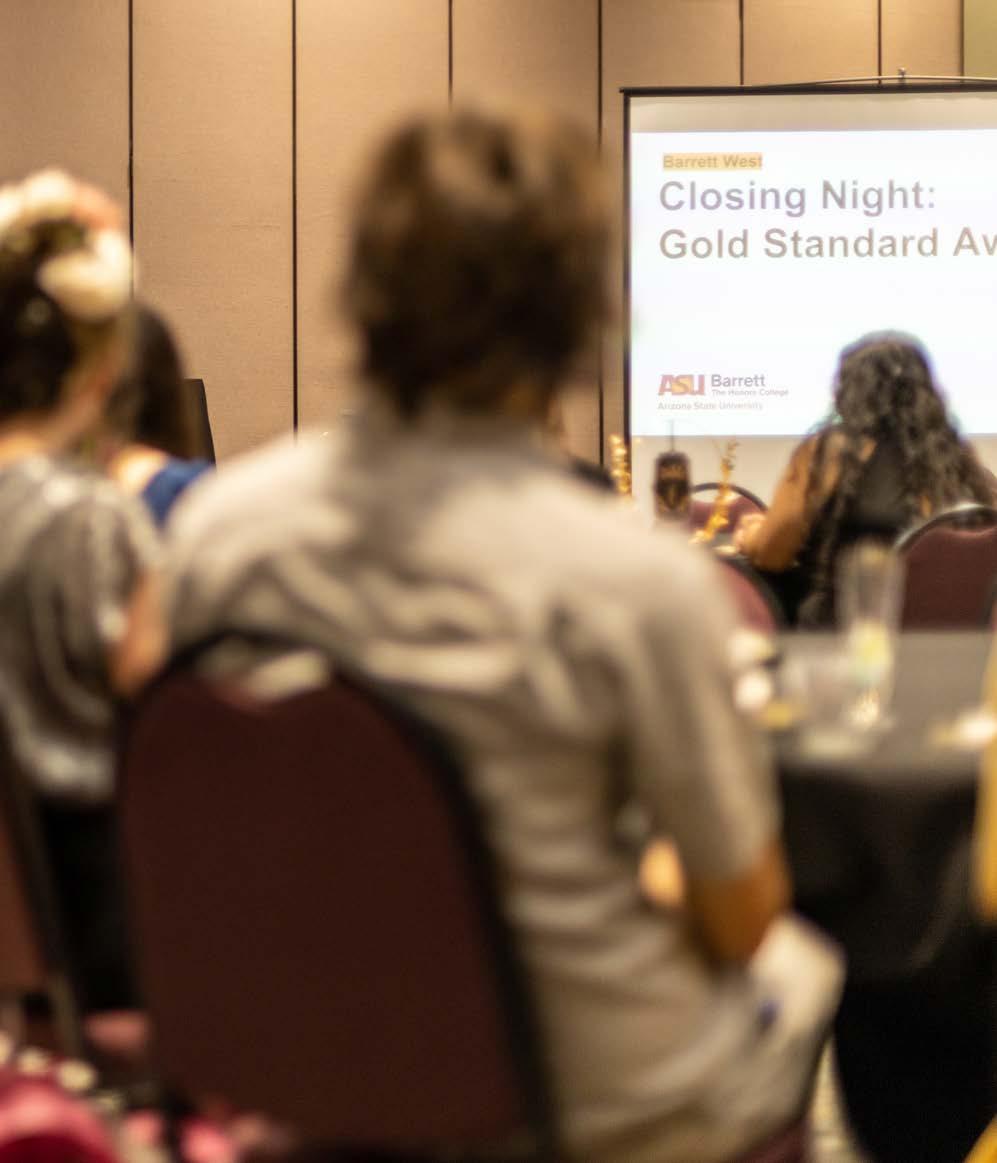


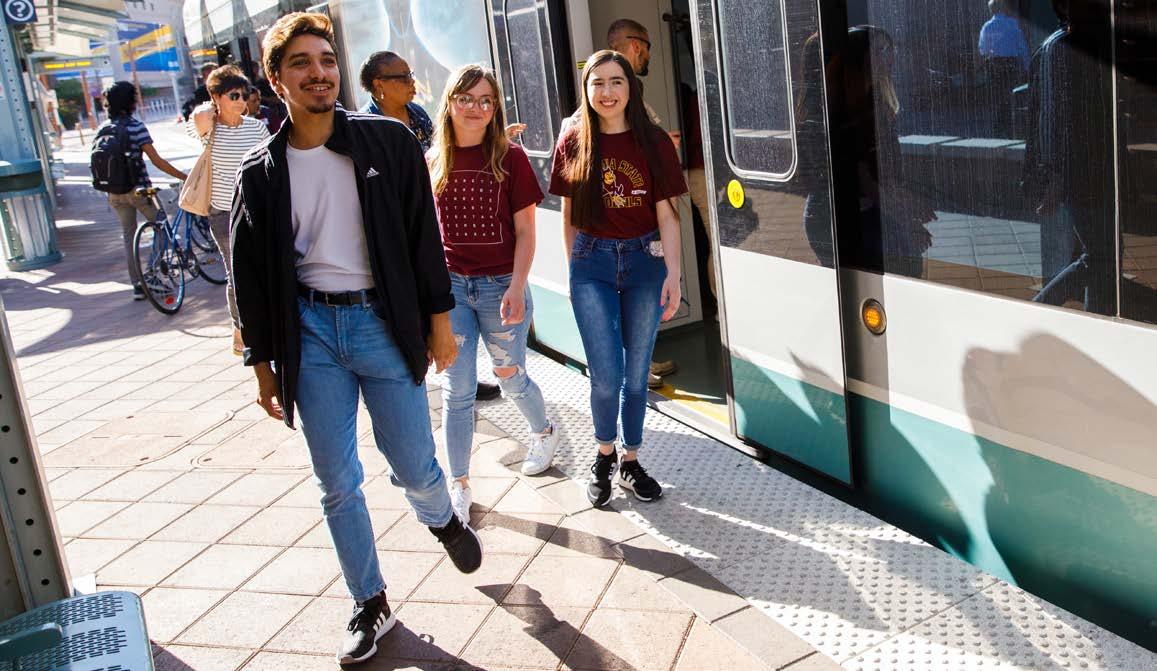
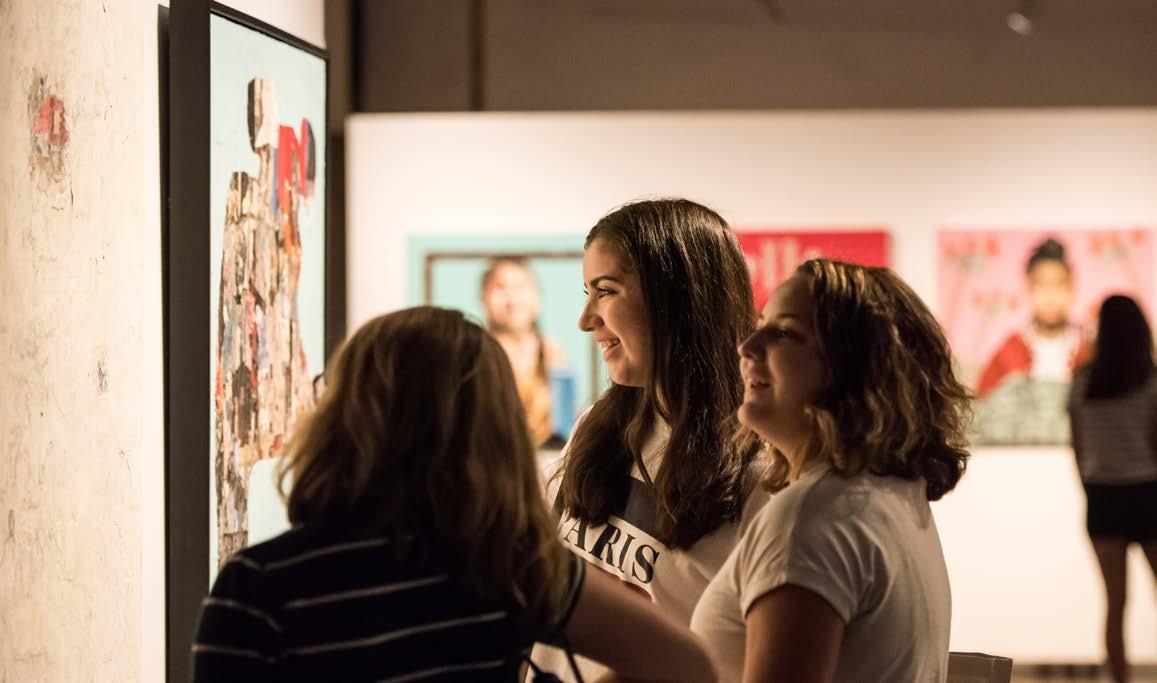

Barrett Honors College at the ASU Downtown Phoenix campus is a dynamic community with honors students majoring in many areas, including nursing, journalism, public policy, health sciences, pre-law, public service, music and tourism, just to name a few.

Students in these majors and many others can take advantage of all that the Downtown Phoenix area has to offer, including proximity to major news organizations, healthcare providers, performing arts, museums, research centers, government agencies and corporations.
The Downtown Phoenix campus, located in one of the fastest growing cities in America, has the second largest honors population at ASU. With the benefits of urban living in mind, students are expected to live on campus for two years in Gordon Commons and Fusion on First, residence halls with amenities including study lounges, dining halls, community kitchens and fitness centers.
Barrett Honors College’s suite in the Mercado complex has four classrooms, study space, a computer lab, a media room and faculty and professional staff offices.
Barrett Downtown students are immersed in the university at the urban core of Phoenix – the fifth largest city in the U.S.
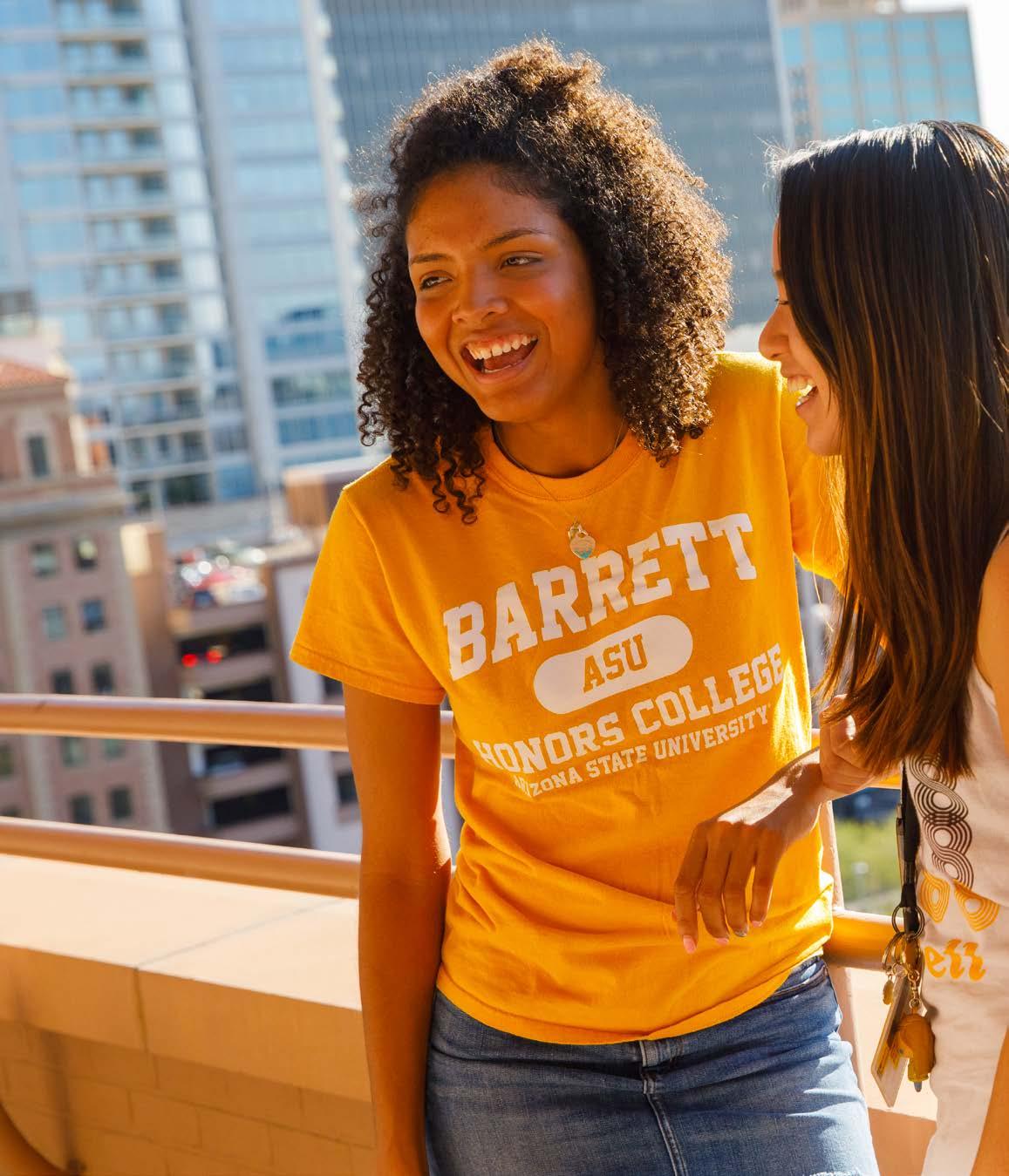

The Cronkite School is one of the nation’s top journalism schools and is home to Arizona PBS, the largest media outlet operated by a journalism school in the world. 138 Barrett students are currently studying in the Cronkite school.
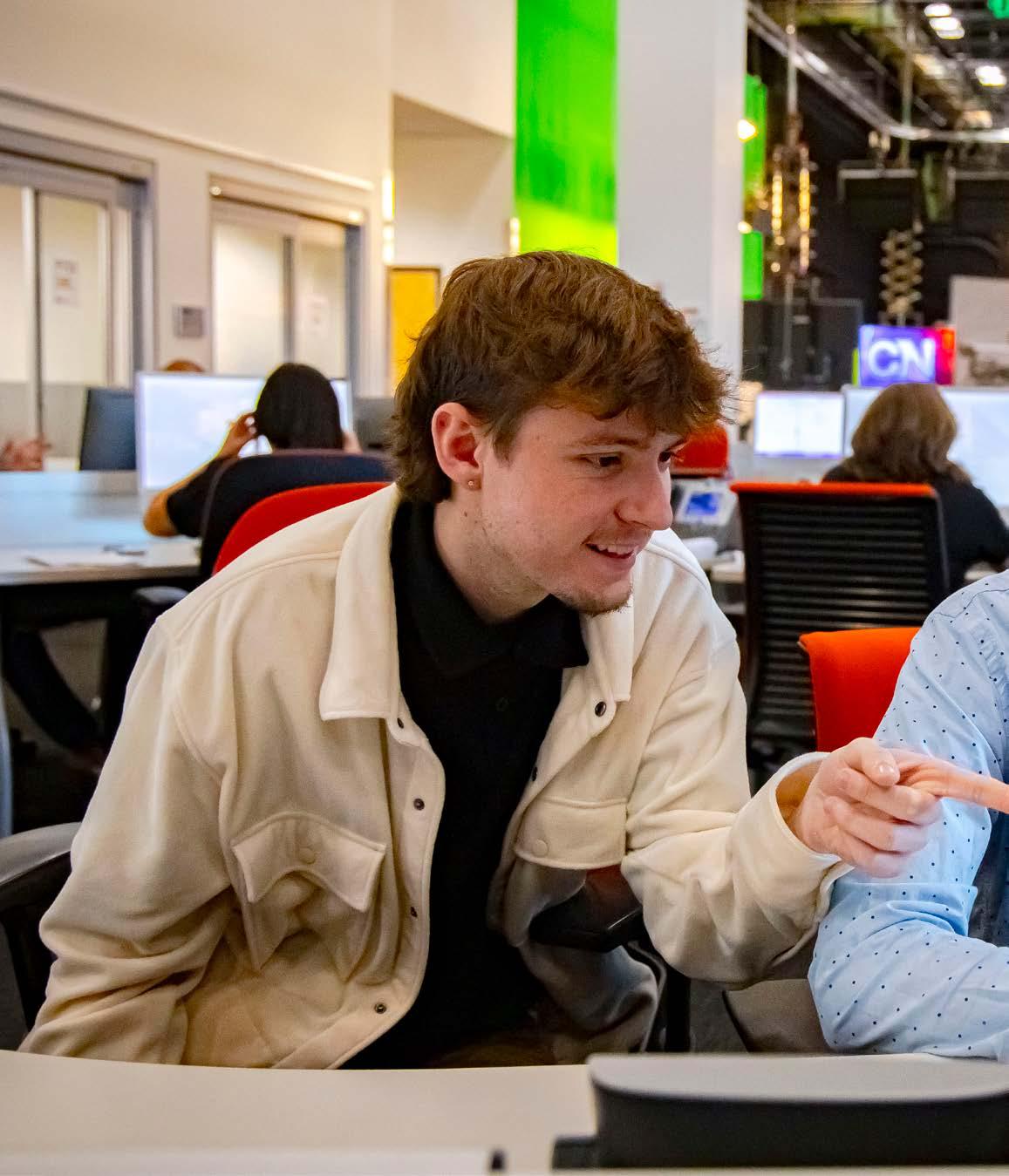
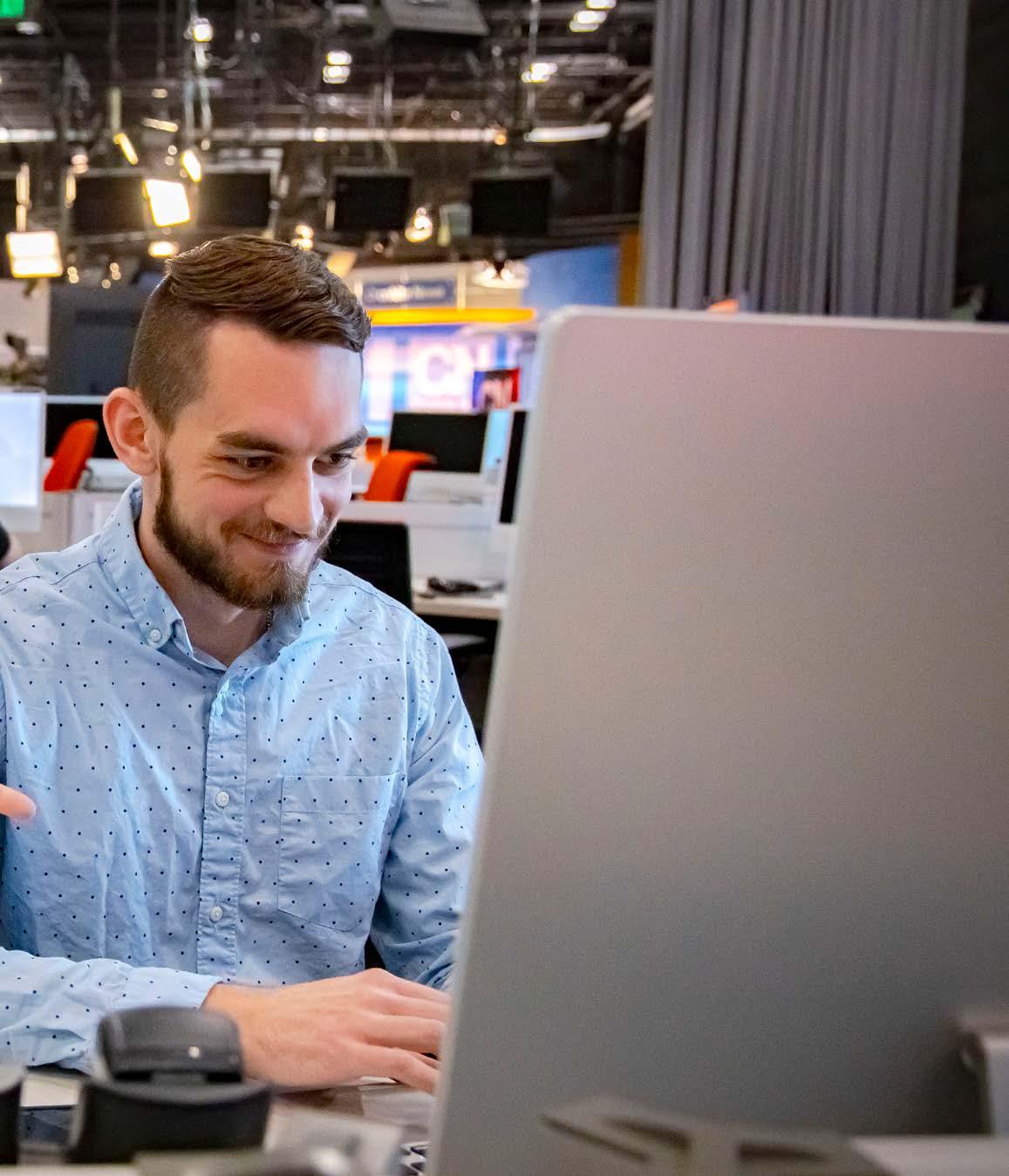
Barrett Downtown students are surrounded by the energy and dynamism of a large city and all that it has to offer. We call this combination of a top honors college located at the center of a large urban area “city honors” and it is all about community – both within and outside of Barrett Honors College.
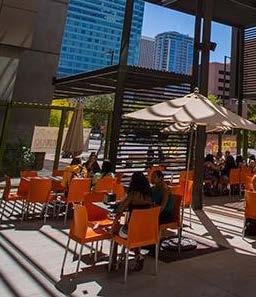
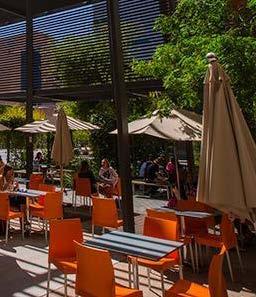
Barrett Honors College at the ASU Downtown Phoenix campus hosts a communty event to celebrate Día de los Muertos.
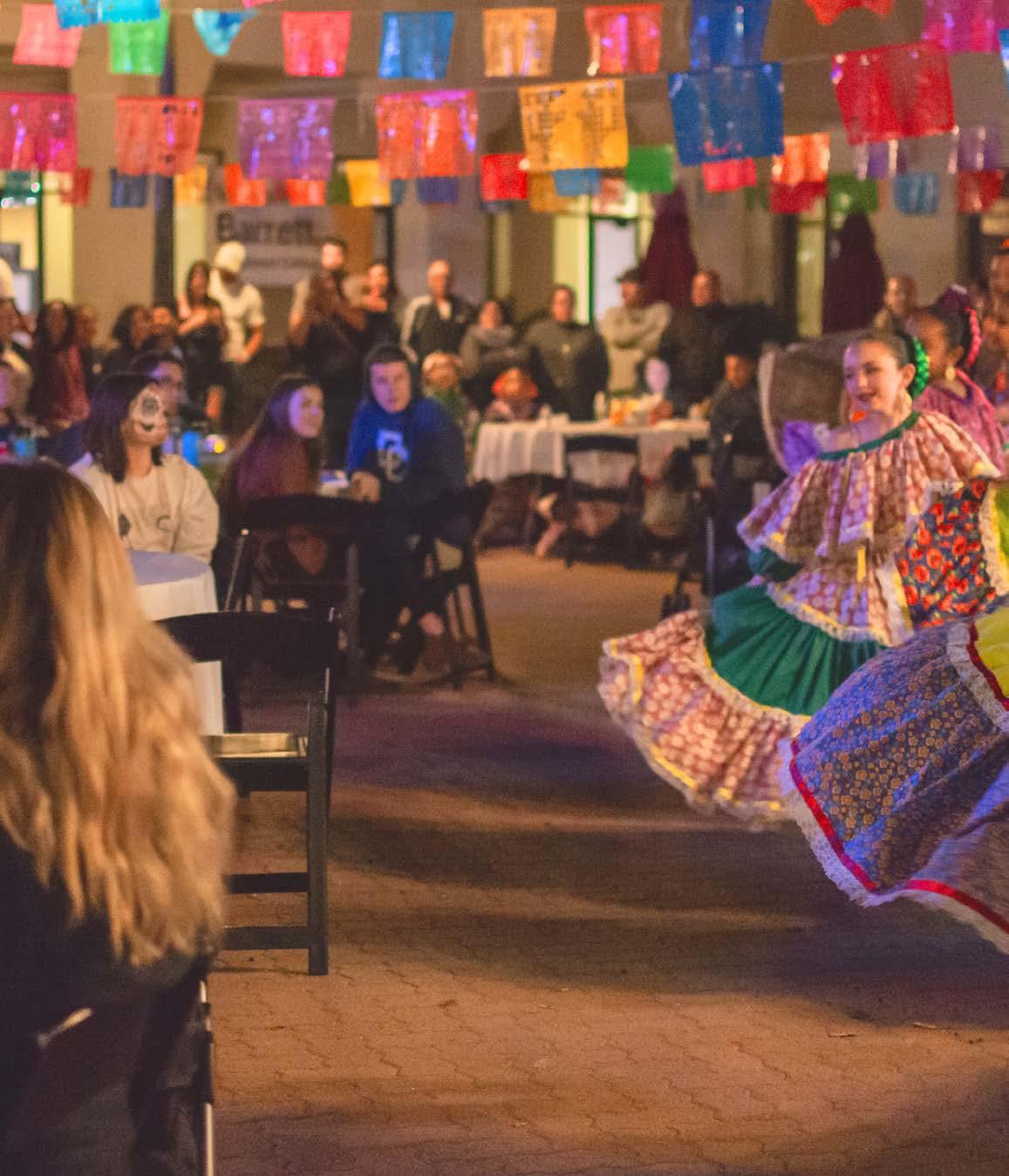
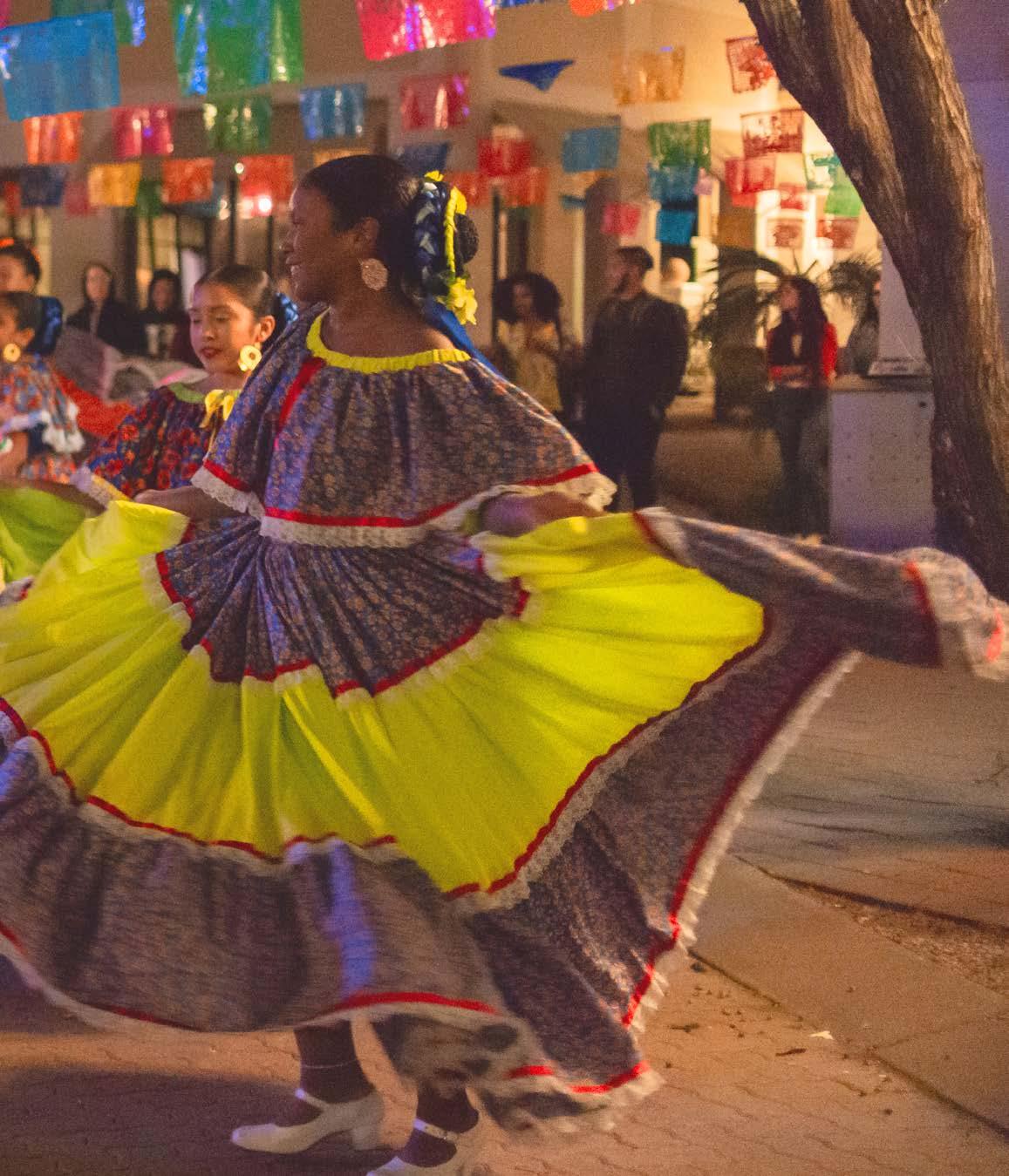
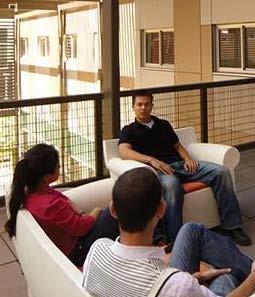

Barrett, The Honors College held its annual Gold Standard Awards for the Downtown Phoenix campus in the Mercado Plaza.
Downtown Barrett students gathered and celebrated and were recognized for multiple student achievements.
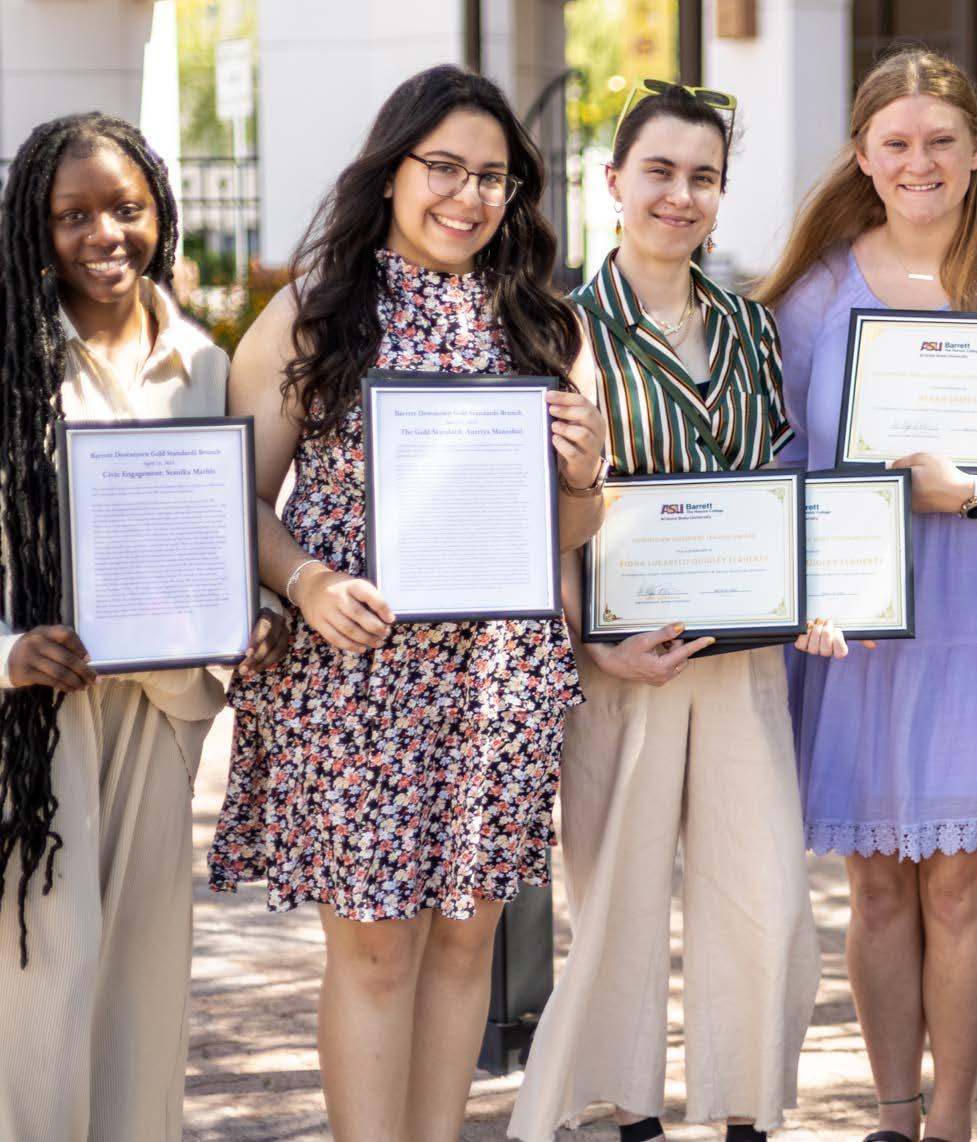
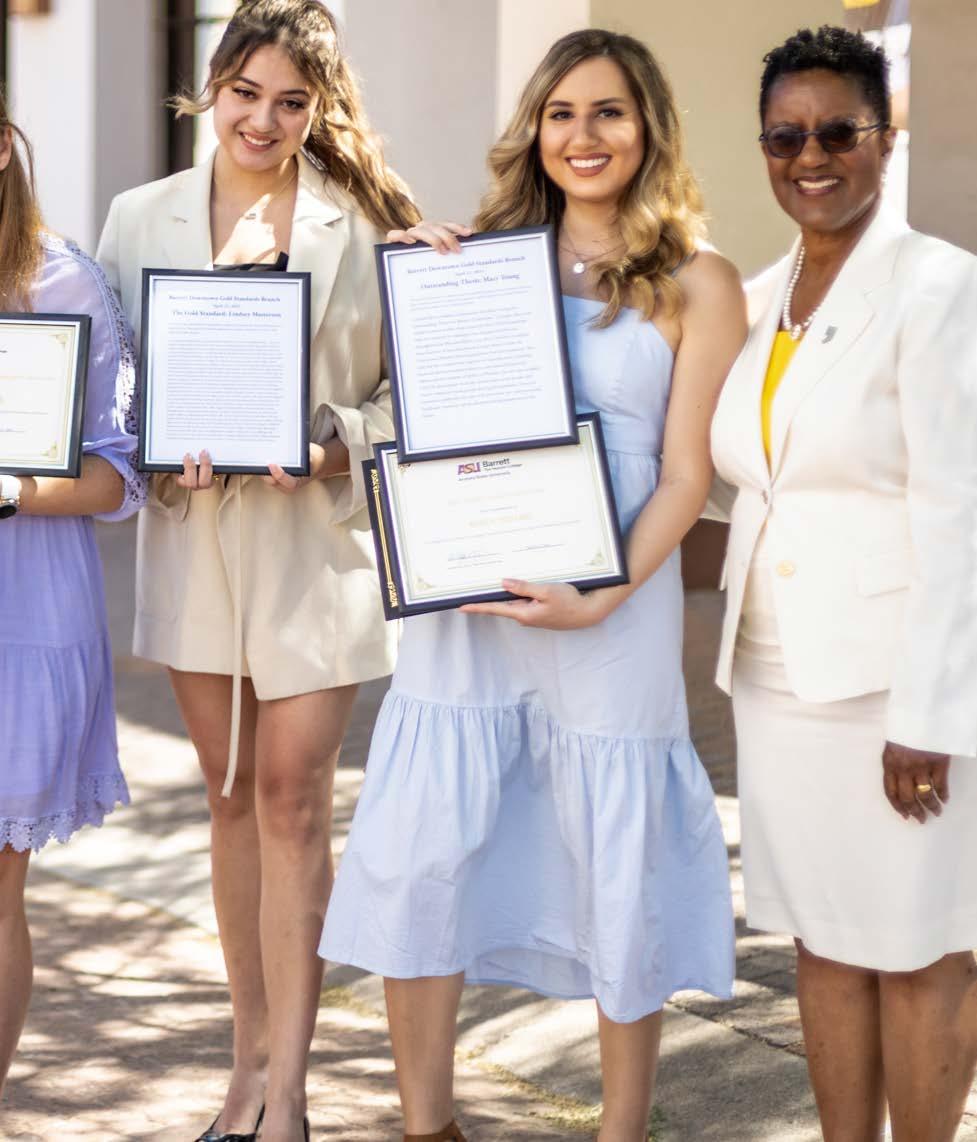
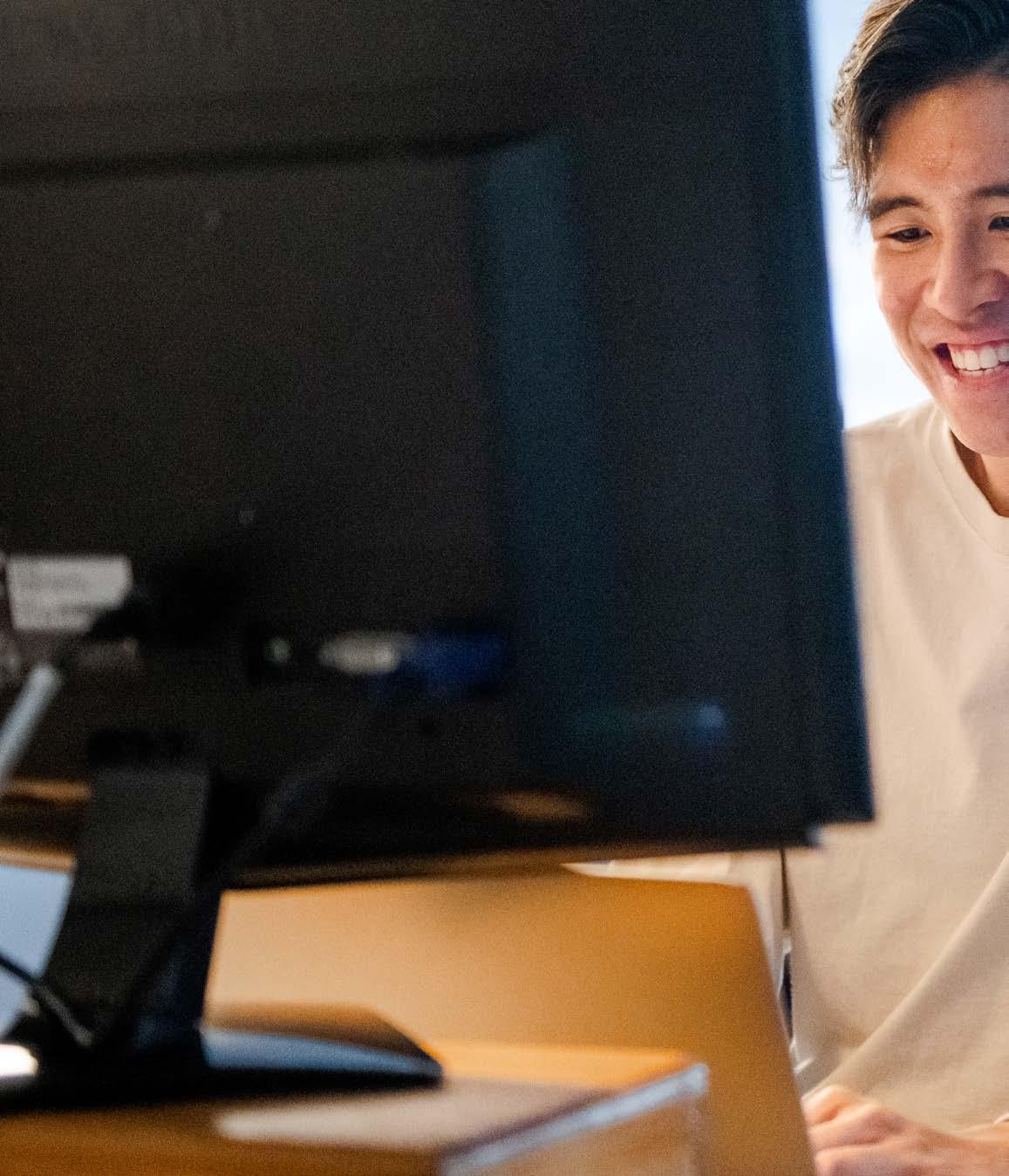
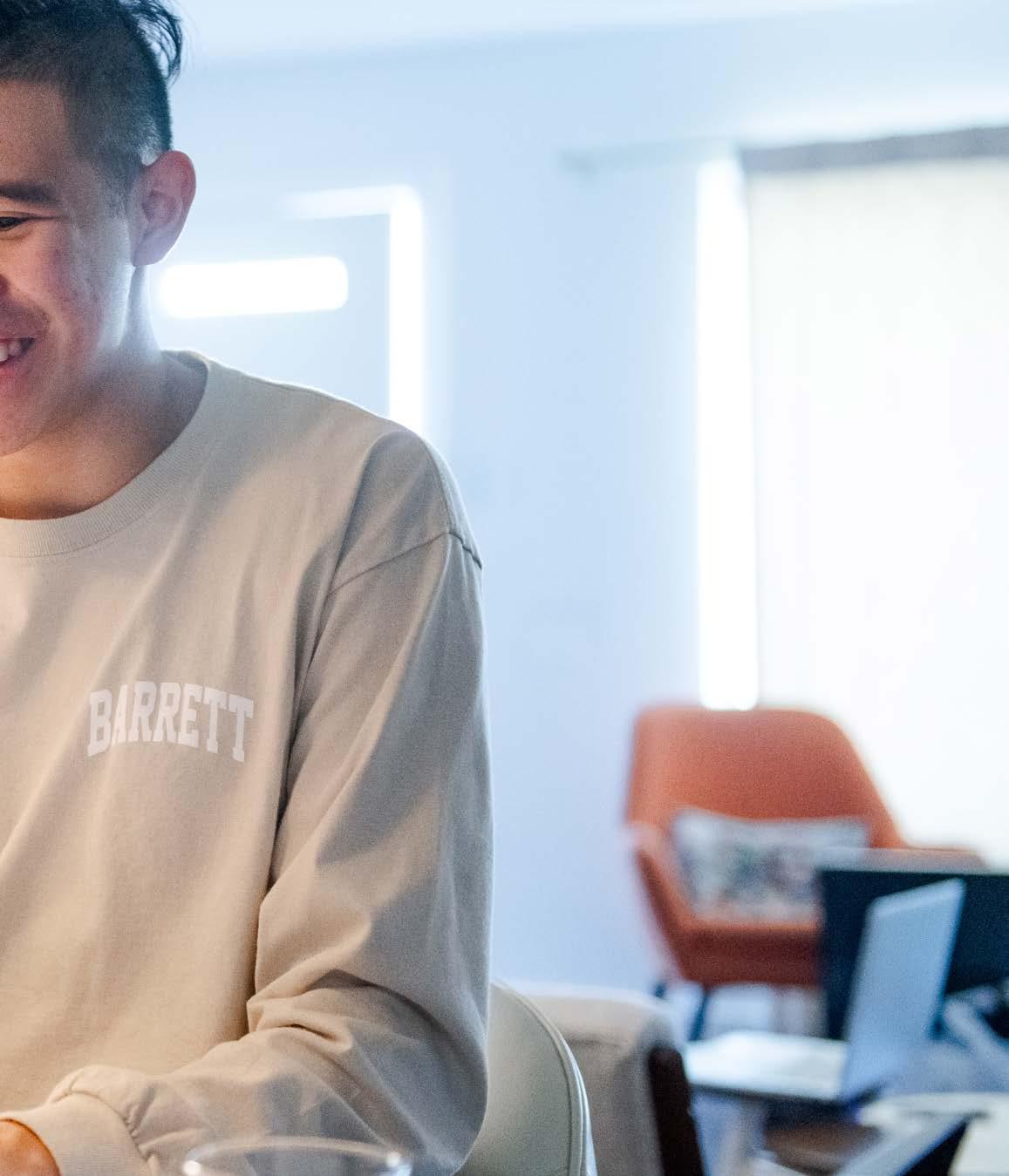
Fatimah Alexandria
Cornelius is finding fulfillment and empowerment as a student in the inaugural class of an online honors program now being offered by Barrett, The Honors College at Arizona State University.
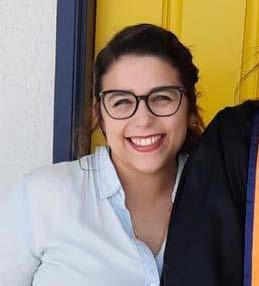
Fatimah Alexandria “Alex” Cornelius, a 30-something mom of four and wife of a U.S. Coast Guard member, who lives in El Paso, Texas, is working on a bachelor’s degree in anthropology with minors in political science and sustainability.
“I have spent years putting my studies aside to raise my kids and follow my husband, so finally pursuing my degree has been empowering,” she said.
“Since joining Barrett, I have had the privilege of studying with like-minded and equally determined students and becoming part of a close-knit community that will last past graduation. My interactions with Barrett faculty and staff also have been one-of-a-kind. They genuinely want their students to succeed in doing remarkable things, and they have personally encouraged me to apply for major scholarships through ONSA (Office of National Scholarships Advisement), and to pursue the BA to PhD program for my major. All of which have given me a fresh perspective on my capabilities and opportunities,” she added.
The Barrett Online program is the first of its kind offered by a top-rated honors college in the country.
The program grew out of the necessity to offer honors courses online throughout the coronavirus pandemic that began in 2019, but the idea for such a program was sparked long before.
About five years ago, Mark Jacobs — who served as dean of Barrett, The Honors College for nearly 20 years and retired this summer — and Phil Regier, university dean for educational initiatives and CEO of EdPlus at ASU, discussed the possibility of establishing online honors classes and an online honors program.
According to Jacobs, the problem then was that real-time, in-class discussions — of issues arising from the readings, of opinions and comments by classmates, and of stylistic issues about writing — were seen as crucial to the honors seminar experience, and they were simply not possible with the standard asynchronous online class format.
But with the onset of the pandemic, the idea of offering Barrett courses online became a necessity if the honors college were to move forward with its program at all, Jacobs said.
Under the leadership of President Michael Crow, ASU was able to use the Zoom platform to convert many of its courses to synchronous online, and the Barrett faculty found that that modality allowed class discussion live and with participation by all students present and interacting with each other well, Jacobs explained.
By the summer of 2020, Jacobs and Regier revisited the question of an online honors program with the idea of piloting a program with a small group of select ASU Online students.
The stipulations Jacobs asked for were that honors courses all be taught live (synchronously) by Barrett
faculty already practiced via the pandemic in running an online seminar, that Barrett admissions staff have a large say in which students were accepted into the program, and that some version of the Barrett fee charged to in-person students be applied to pay for the faculty time that would be involved over and above their in-person duties.
Over the 2020–21 academic year, staff and faculty from Barrett, The Honors College and ASU EdPlus worked together to devise the core framework of an online honors pilot program.
An admissions application was created and information about the program was sent out to a subset of ASU Online students who had already completed about a year of credits toward their undergraduate degrees.
Students with a history of success in ASU Online, including progression in their degrees and a strong GPA, were invited to attend information sessions on Barrett, The Honors College and apply for upper division online entry for fall 2021.
Applicants were asked to share transcripts, background information on their work, community involvement, leadership and personal interests. They also wrote short essays describing why they were seeking to join Barrett, The Honors College and what topics they imagined for their honors thesis projects.
According to Alex Aragon, Barrett, The Honors College director of academic planning and retention, 89 students applied for admission in the fall of 2021 and 48 were accepted, making for the first-ever cohort of ASU Online students to pilot a program to explore expanding access to Barrett, The Honors College’s unique honors
curriculum and experience.
The initial goal was a cohort of 25 students, but the group was expanded due to the outstanding quality of the student applicants and their excitement for an honors experience, Aragon said.
“We were delighted to welcome a diverse and exciting class of Barrett ASU Online students. They represent eight of the colleges at ASU and come from 22 unique majors,” Aragon said, adding that Barrett Online students became part of the closeknit community of honors scholars learning from the distinguished honors faculty and top ASU professors.
Students in the program must take the 21-credit Barrett Online curriculum, which includes HON 370: The History of Ideas, a capstone honors thesis or creative project for up to six credits, and an additional 12 upper division honors elective credits.
The 12 credits not addressed through HON 370 and the thesis/creative project are flexible and integrated into a student’s ASU program of study, allowing them to be completed in a number of ways, including honors sections of university courses, enrichment contracts that create honors experiences out of regular ASU classes, and via internship, research and study abroad opportunities.
To graduate from ASU with Barrett distinction, online students will be required to achieve a 3.25 cumulative GPA and complete all university degree expectations, in addition to the Barrett curriculum.
Similar to all Barrett Honors College students, online honors students have access to honors-only research and internship opportunities, events, activities and lectures.
“We were delighted to welcome a diverse and exciting class of Barrett ASU Online students . They represent eight of the colleges at ASU and come from 22 unique majors.”
– ALEX ARAGON, BARRETT, THE HONORS COLLEGE DIRECTOR OF ACADEMIC PLANNING AND RETENTION
“It was crucial that with Barrett Online, we maintain engagement with students and make sure the program is providing an experience comparable in every way to the quality offered to in-person students,” Jacobs said.
Barrett Online students have completed work in honors sections and enrichment contracts this academic year, started preparing for honors theses and creative projects, and taken on research positions.
They also have participated in a number of student engagement activities and events, and have started their own student organization called The Forge.
In addition to welcoming online students into honors special topics classes, Barrett has created hybrid in-person and oCourse seats so they can engage with ground-based honors students in a dynamic learning environment, Aragon said.
Barrett Online is currently entering a second phase with plans to enroll small groups in fall 2022 and spring 2023.
In fall 2022, Barrett Online students will have the opportunity to work on a thesis with Lee Hartwell, the first Nobel Prize recipient in physiology or medicine to serve a faculty appointment at an Arizona university.
Hartwell, who has been teaching Barrett students for several years, will focus the project on examining learning strategies around known and unknown information in academia. Students will create educational lesson plans about what is known and ultimately develop a related research proposal about an unknown that asks a question and proposes an experiment to answer the question.
Examples of past student projects supervised by Hartwell include concepts related to the heart, digestion, mRNA vaccines and a variety of computer science themes, like block chain.
Cornelius, who is president of The Forge, speaks highly of her Barrett Online experience and of Robert
Niebuhr, an Honors Faculty Fellow, who taught her History of Ideas course and provided students with pieces of literature and poems from his personal collection that were not readily available elsewhere.
“He taught us how to be more effective writers and think critically about readings and opinions. He was and still is extremely supportive in our scholarly ventures.
Dr. Niebuhr was so influential to those of us in that first Barrett Online class that we were scrambling to find the next course we could take with him as our professor. The thesis course he taught in the spring of ‘22 mostly consisted of students from his History of Ideas cohort,” she said.
“Altogether, Barrett has been an experience that I will forever cherish and has provided me with the confidence, critical thinking skills and opportunities that will help me pursue my dreams and make a positive mark in the world. I have also gained lifelong friends through our scheduled Zoom classes, which were unexpectedly fulfilling, especially as a full-time online student.”
What do students have to say about Barrett Online? Chris Floyd, chief adviser for Barrett Online students, said opinions were very favorable overall.
When asked “Why did you apply to Barrett and what do you hope to accomplish?” they wrote:
“I joined Barrett Online for the opportunity to become one of the first in the long history of ASU.”
“ My interactions with Barrett faculty and staff also have been one-of-a-kind. They genuinely want their students to succeed in doing remarkable things.”
— FATIMAH ALEXANDRIA “ALEX” CORNELIUS, A MEMBER OF THE INAUGURAL CLASS OF THE BARRETT, THE HONORS COLLEGE ONLINE PROGRAM
Barrett Honors College Arizona impact Barrett, The Honors College at ASU is a residential college community of academically outstanding undergraduates at an expansive and innovative university.
Barrett students now constitute 18 percent of ASU’s first-year class , and they typically take one-third of their classes inside the honors college.
72% of Barrett Honors students come from Arizona
Barrett is nationally prestigious, and is among the top 20 universities in the US for recipients of the Fulbright fellowship.
Barrett has a Nobel Prize recipient teaching undergraduates. Additional Nobel Laureates are on the ASU faculty in other colleges.
It is impossible to list every benefit students with different goals for college who are in various majors will find with Barrett. Barrett students get the best of both worlds – access to the massive resources and opportunities of ASU, while enjoying the close, personal attention of the dedicated Barrett faculty and staff. The customizable honors college curriculum allows students to delve deeper into their interests and helps our graduates stand out when applying for jobs, graduate programs, medical, or law school.
—PREPSCHOLAR RANKS BARRETT HONORS COLLEGE NO. 1 ON ITS LIST OF THE BEST HONORS COLLEGES IN THE U.S. (2022)
Barrett has a presence on ASU’s four campuses, Tempe, Polytechnic, West and Downtown Phoenix. It’s also available online. The Barrett Online program is the first of its kind offered by a top-rated honors college in the country.
4.35 weighted GPA of incoming first year students
544,000 square-foot campus for honors students, including state-of-the-art LEED certified silver residential hall facilities
7,100+ Total students enrolled in Barrett across all campuses
30% are the first in their families to attend college
14 colleges
278 majors represented by on campus students
123 Online campus students in 2023, an increase of over 250% from the initial cohort of 48 students.
12 colleges
54 majors represented by online students
Barrett combines and academically student body of with the scale,
sprawling resources university. It’s two in one. ”
Barrett’s global outreach includes its world classroom, which partners with Groningen University in The Netherlands and others.
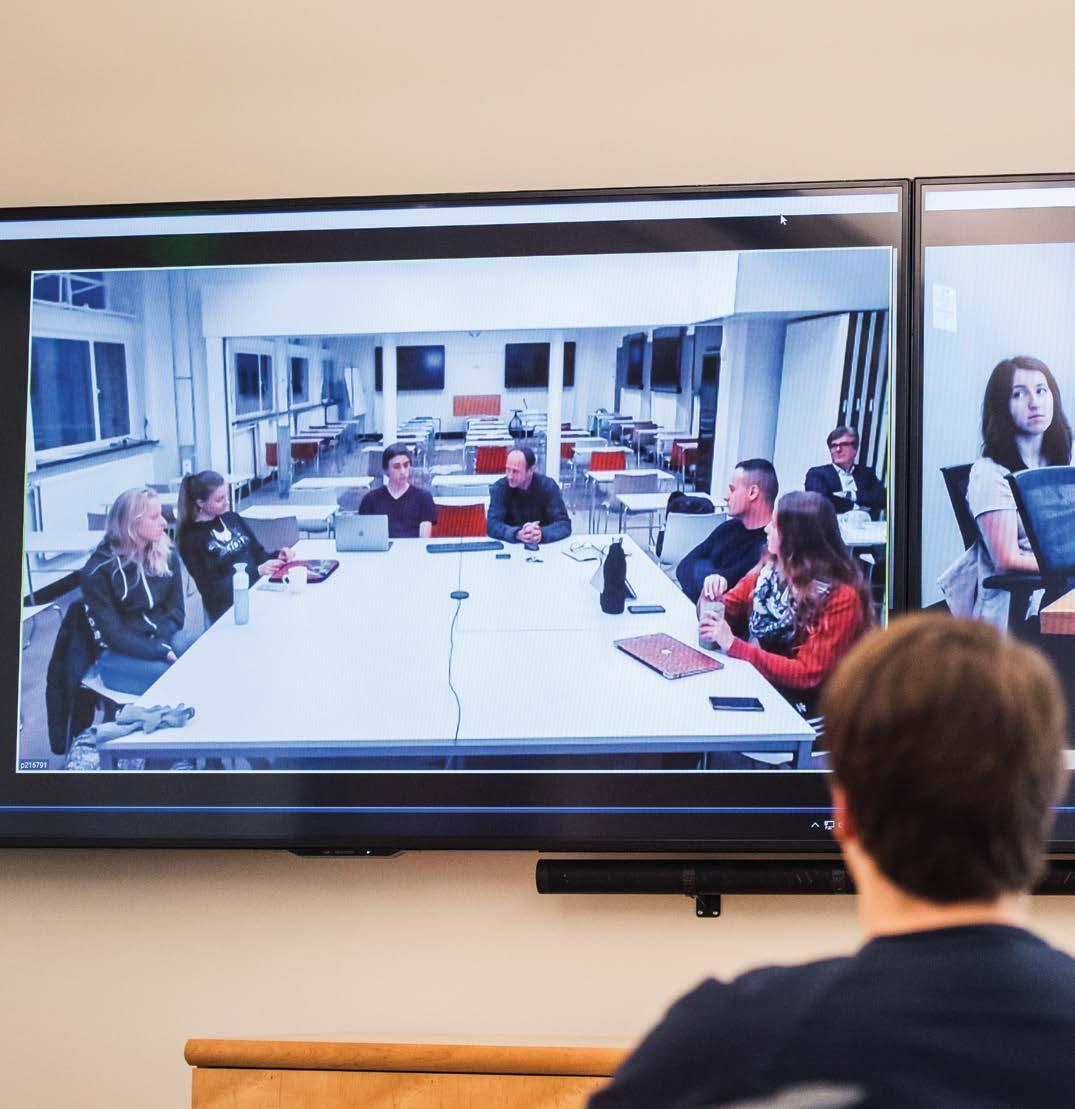
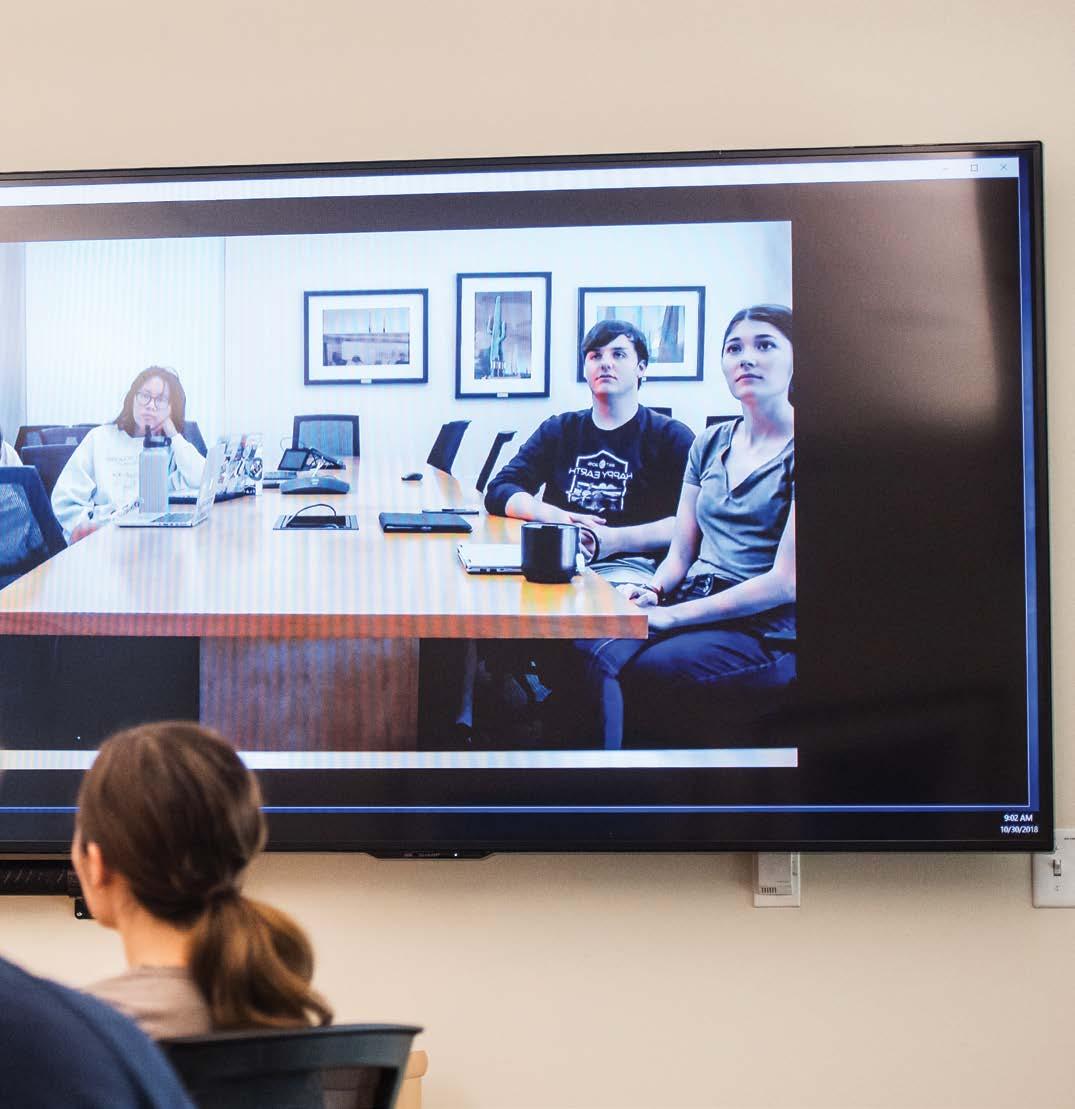
“We want to get young people familiar with the global environment. This is the world they will be working with in the future.”
— BARBARA BARRETT, HONORS COLLEGE BENEFACTOR
Barrett also provides extensive mentoring. Dwayne Martin-Gomez reviews work with Allison Williams, his Barrett thesis mentor and program manager of research at the ASU Center for Health Promotion and Disease Prevention.
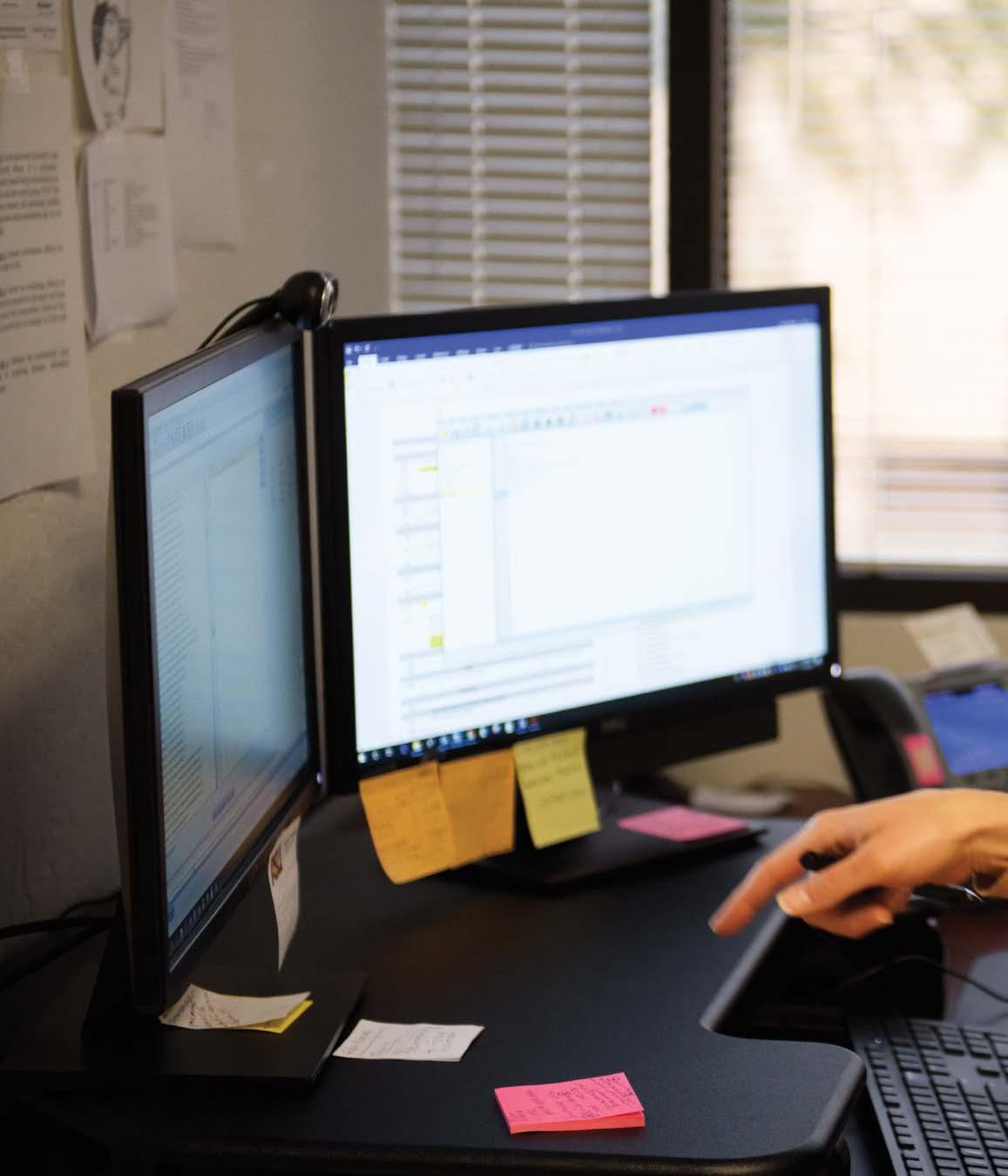
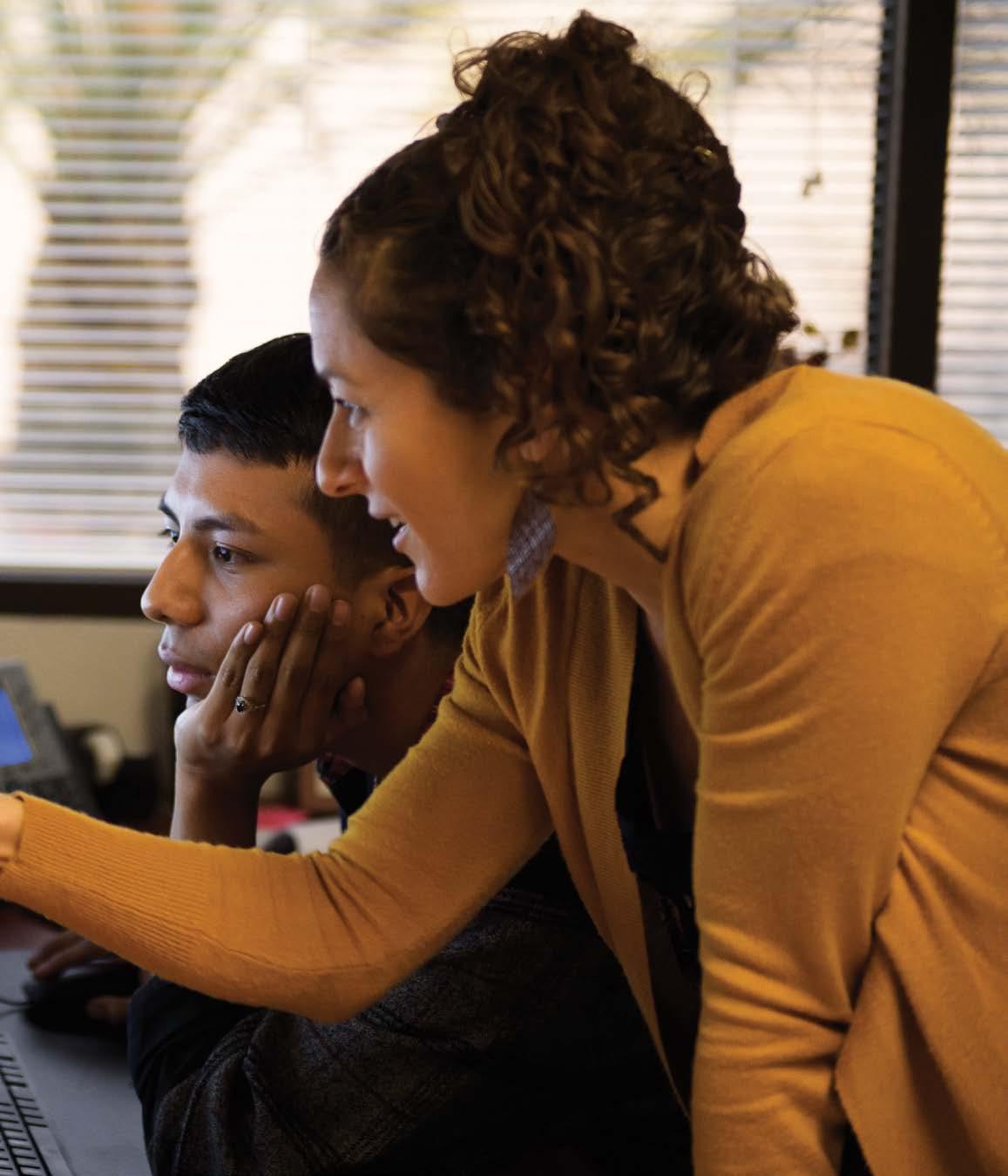
–MARK JACOBS, FORMER DEAN OF BARRETT
Emily Giel, Barrett student with a Bachelor of Science in marketing and a Bachelor of Science in business data analytics during 2019 Spring Commencement on the Tempe campus outside Wells Fargo Arena. She graduated with a GPA of 4.0.
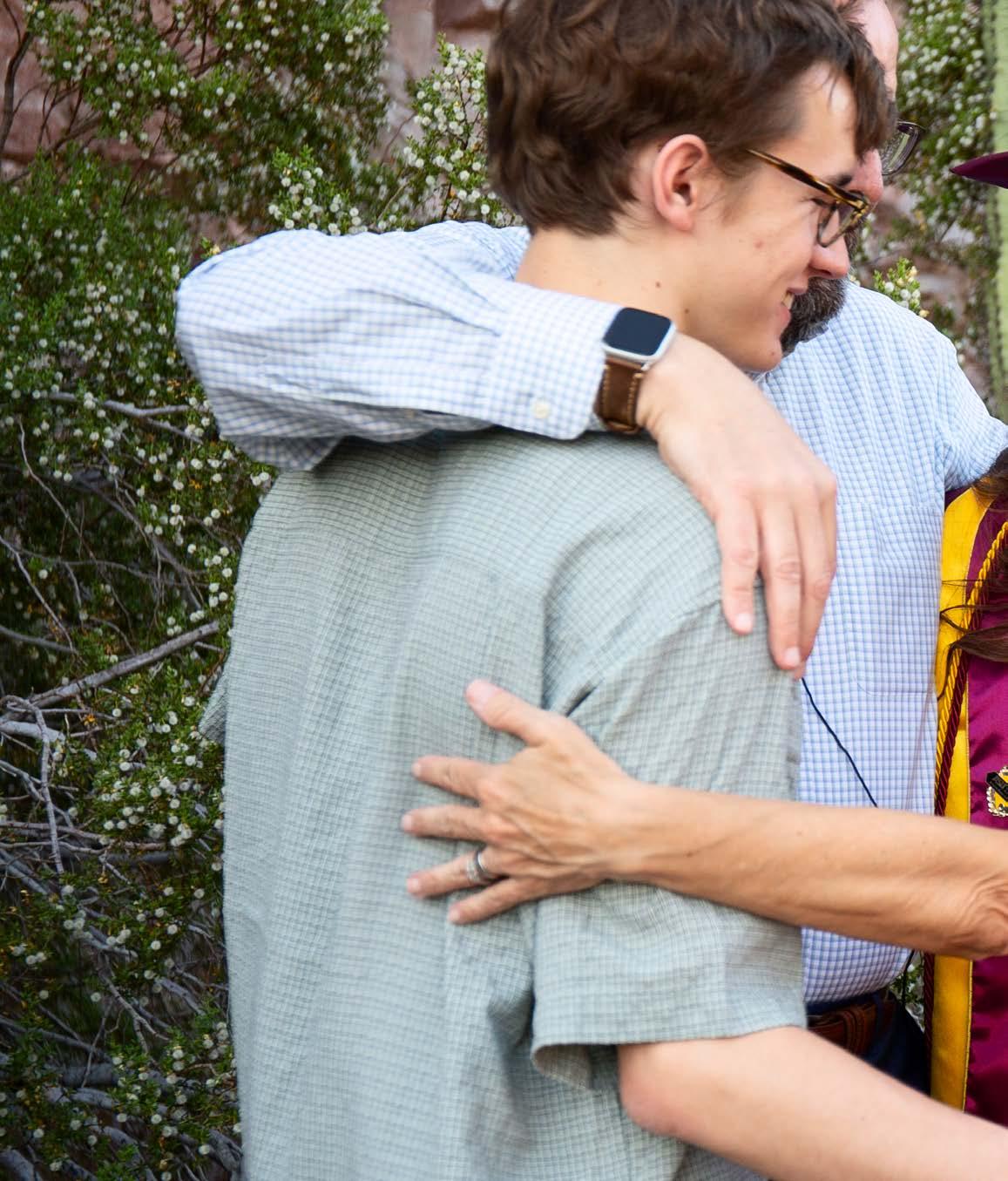
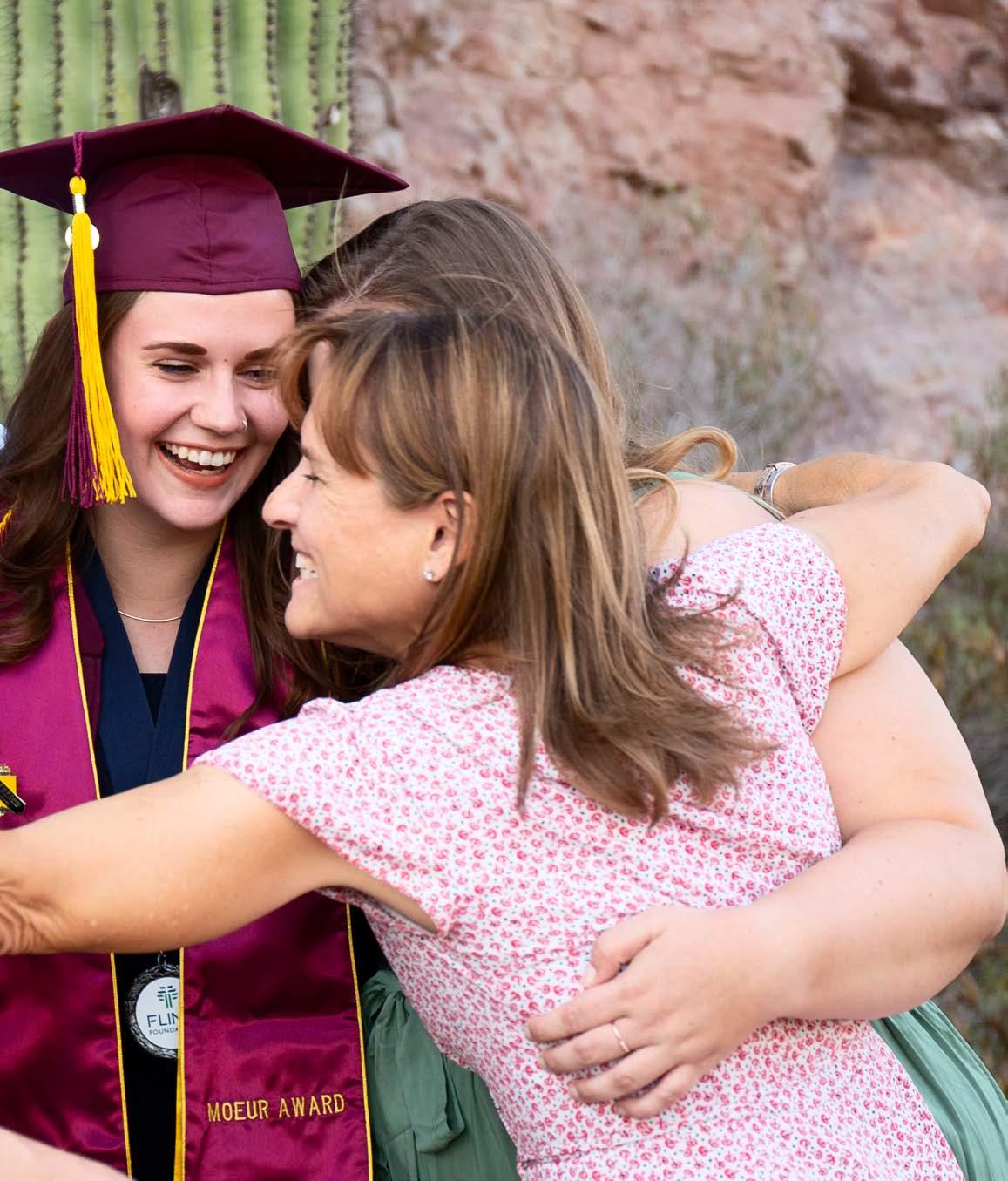
Shail Shah, Barrett student and computer science major from Phoenix during 2019 Spring Commencement on the Tempe campus outside Wells Fargo Arena.
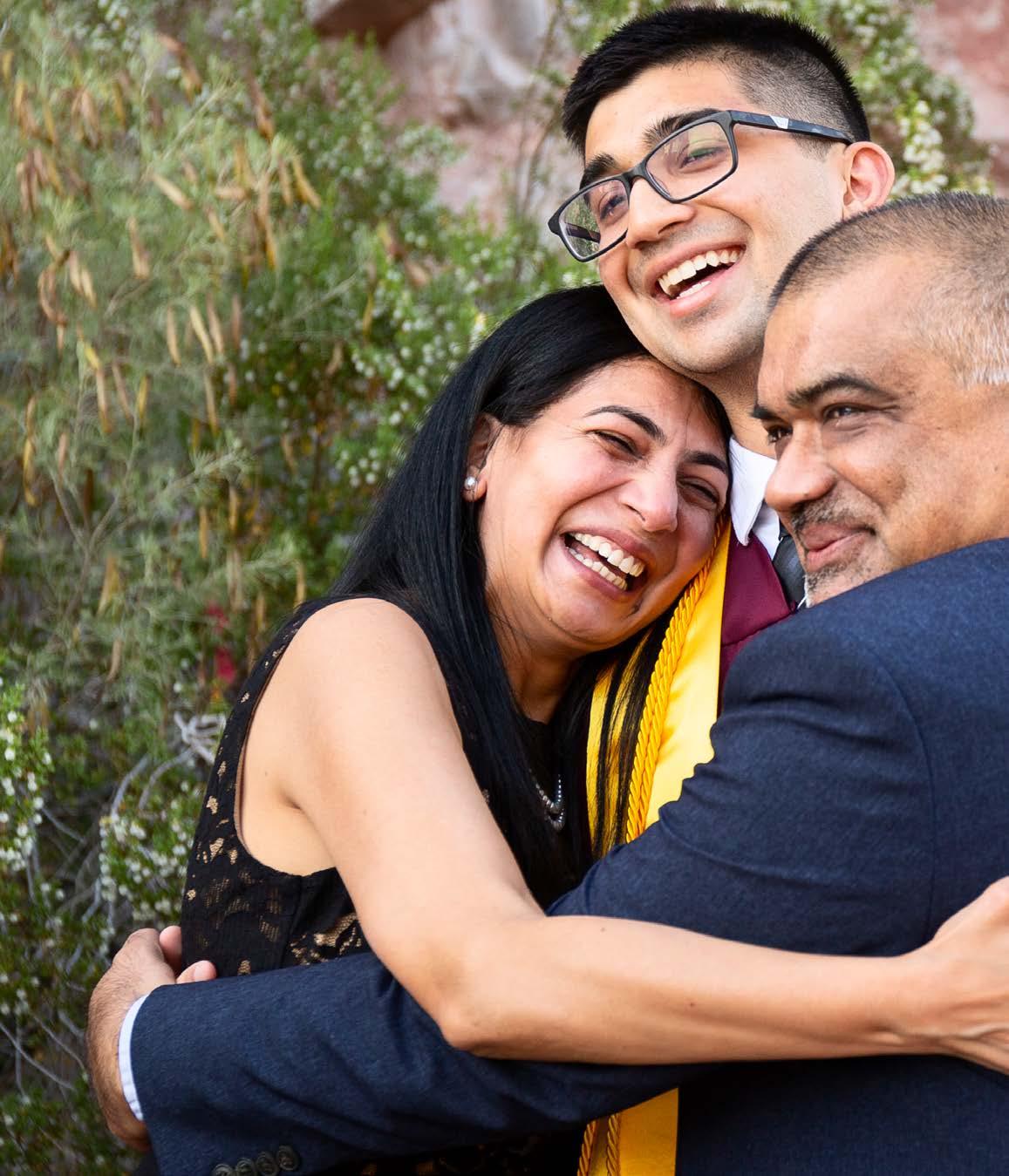
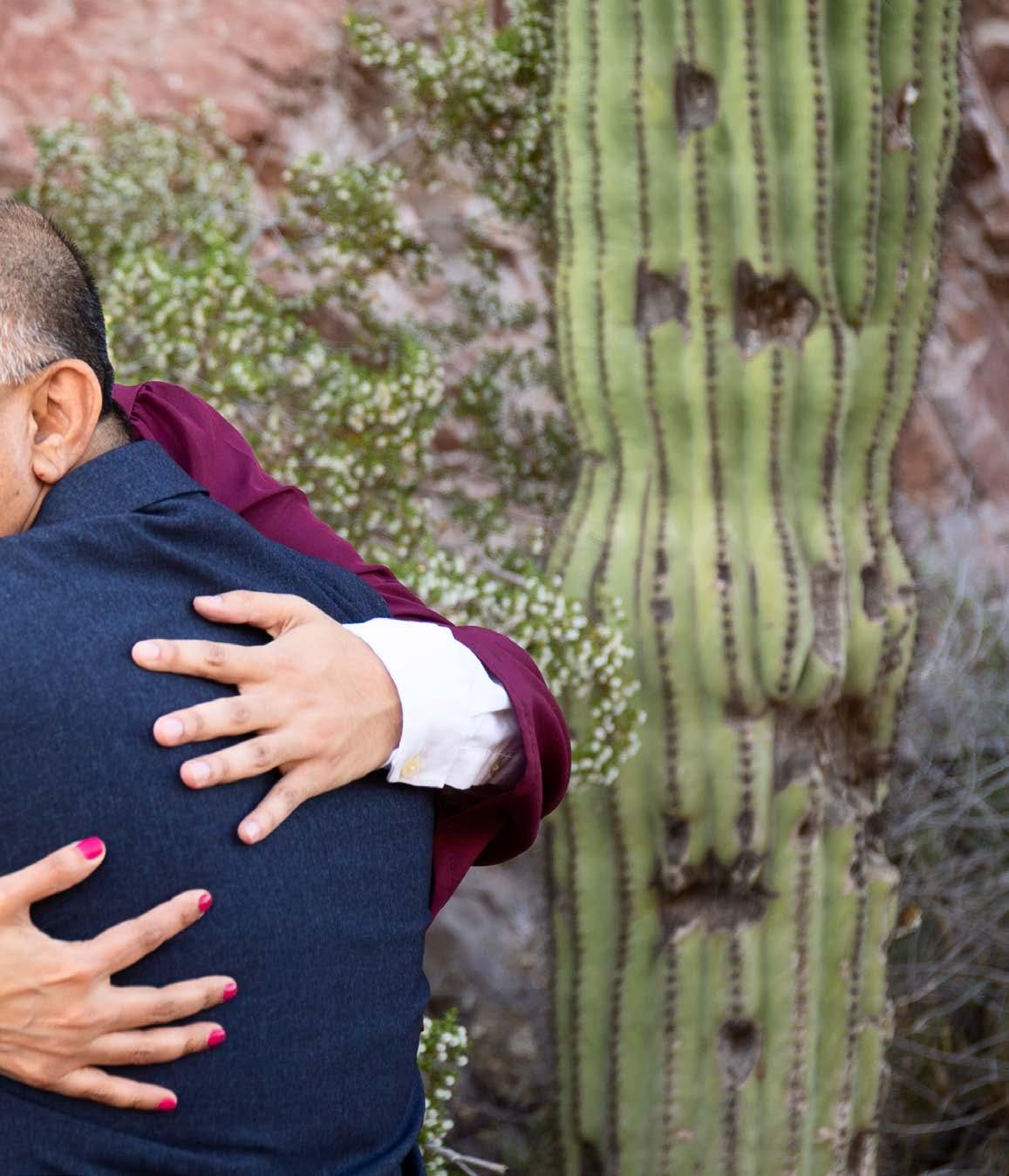
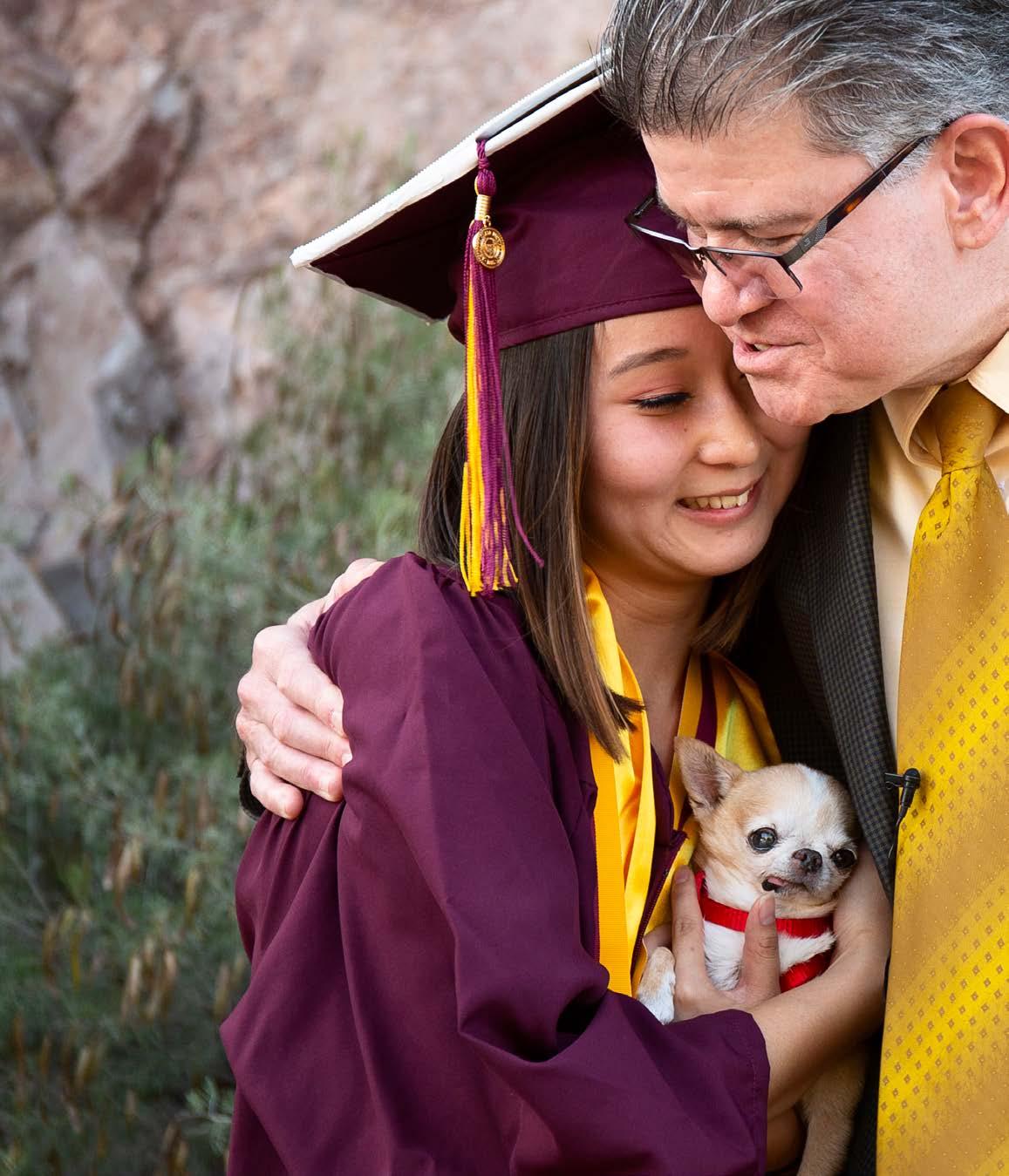
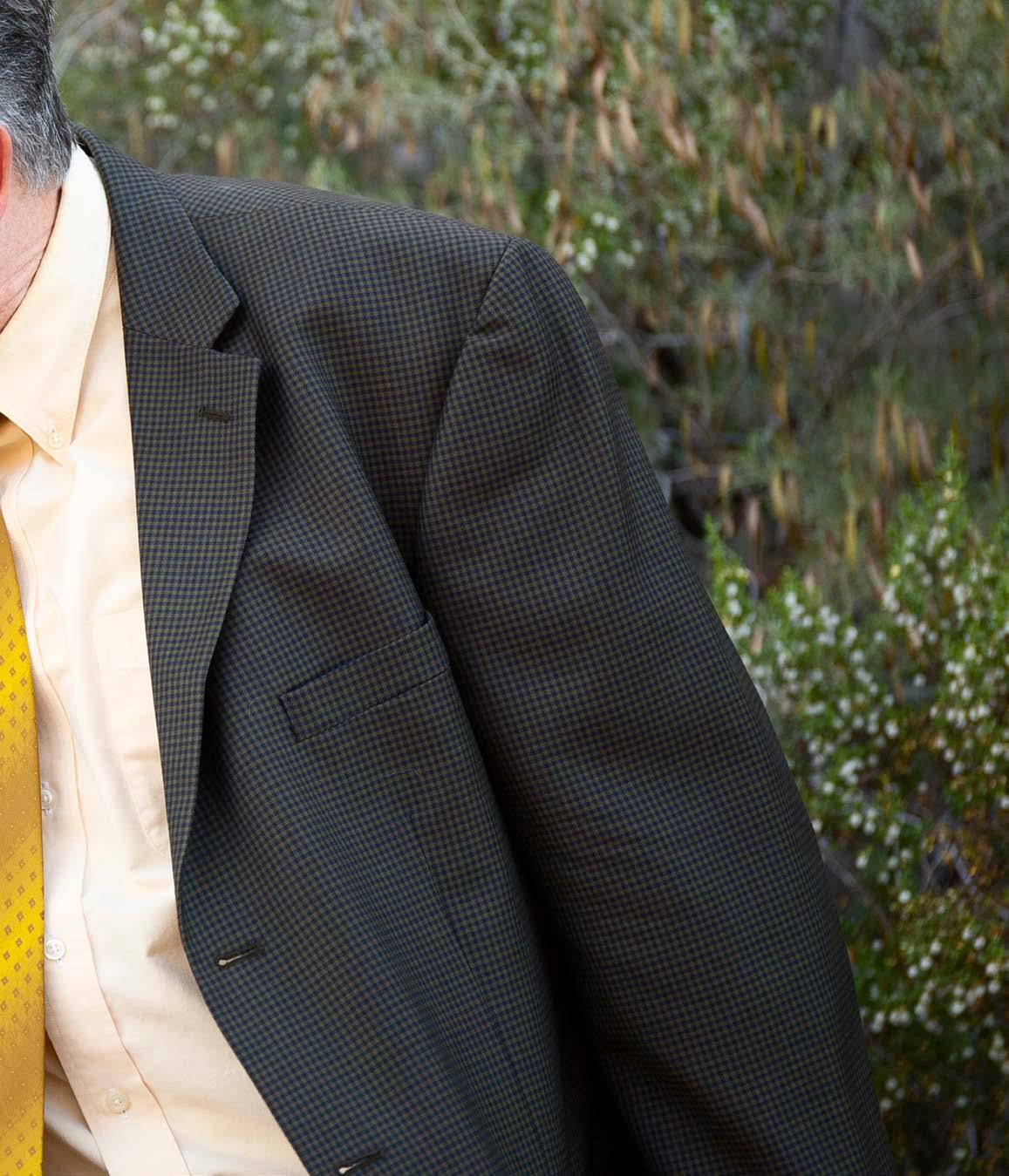
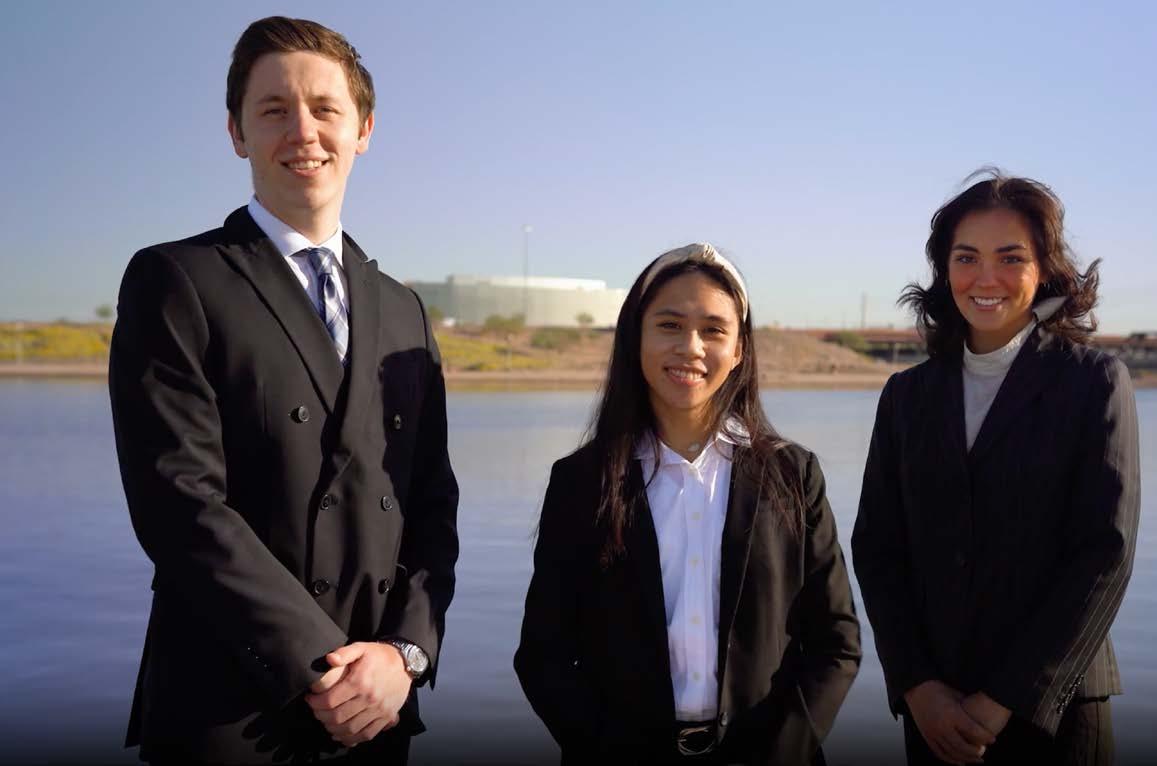
PUBLISHED
ASU News, June 18, 2021
ASU Library KEEP, May, 2021
 Story by NICOLE GREASON
Story by NICOLE GREASON
Barrett, The Honors College students looking for ideas, technical support and opportunities to develop honors thesis projects and entrepreneurial ventures are finding them in the Founders Lab at Arizona State University.
More than 35 Barrett students participated in the Founders Lab in 2019. Last year, that number grew to 98. In 2021, more than 100 students are expected to participate.
Founders Lab is a “thesis incubator” in which students are given thesis ideas they can develop into innovative and interesting projects, said Jared Byrne, Founders Lab project director.
“Students get a dynamic, interactive, applied experience that they can add their own creativity to,” Byrne said.
Founders Lab is a team-based, experiential Barrett honors thesis/creative project designed to empower honors students to “find their inner entrepreneur” and launch a new business. Participants design and apply unique marketing and sales strategies, as well as business and financial models. Students work in teams of at least three. Students with any major may
participate.
Founders Lab provides participants with a thesis committee, entrepreneurial resources, connections to industry networks, mentors and access to resources to help them succeed, Byrne said.
Gage Reitzel, a rising fourthyear Barrett student doublemajoring in global health and psychology with a certificate in social science research methods, participated in the Founders Lab last year.
He worked on a team with Marina Filipek, who graduated in May with bachelor’s degrees in finance and business law, and Aira Sadiasa, a rising fourth-year student majoring in computer information systems, on a project called Water Works, which aims to address water insecurity and its risks, including compromised health and psychosocial well-being.
Reitzel said water insecurity due to natural and humanmade disasters is an increasing problem worldwide.
According to a project description from Reitzel, Water Works focuses on a new device for the delivery of water, nutrition and medicine that will mitigate the distress and uncertainty between the period of a water supply’s disruption and its restoration.

The device, called the Personal Water Reclamation System, or PWRS, is a water purification device originally developed by NASA engineer Michael Flynn for use in space missions. PWRS is a filter bag that produces distilled,
quality water through forward osmosis. This process does not require electricity to operate and relies on the evaporation and condensation of water molecules passing through a membrane.
The portable and lightweight PWRS can provide clean and safe water during long-term water and power outages and allows for the addition of Enfamil baby formula, Pedialyte electrolyte drink and medicines.
“I achieved what was a lifelong dream of mine to work with NASA in an operational
“I achieved what was a lifelong dream of mine to work with NASA in an operational capacity. Those engineers were some of my biggest heroes.”
- Gage Reitzel
capacity. Those engineers were some of my biggest heroes,” Reitzel said.
Reitzel, Filipek and Sadiasa participated with their project in the ASU Venture Devils funding competition and were named Social Impact Scholars.
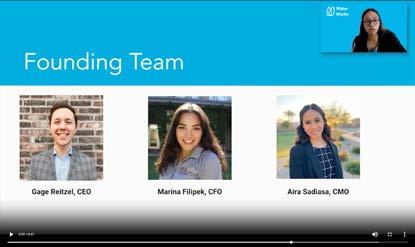
Reitzel said this year the team began collaborating with Medline Industries, the largest privately held manufacturer and distributor of health care supplies in the United States. They also connected with Suresh Shenoy, former chairman of the American Red Cross National Capital Region and president of the Wheels Global Foundation, an organization that seeks to educate the public and incubate new technologies designed to purify water and find new sources of water, to discuss ways Water Works may be used to alleviate water scarcity in India.
The Water Works team also made a presentation about their project to the W. P. Carey School of Business Deans Council.
Reitzel said among the key lessons he
learned in the Founders Lab are:
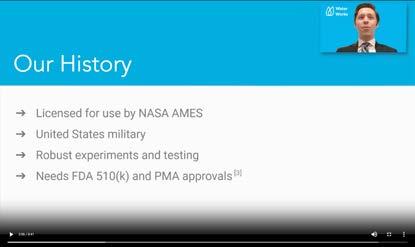
The notion that failing fast and not dwelling on it is a hallmark of innovation from Dan Purtell, director of innovation at the British Standards Institute.
The right people make or break ideas and experiences, and you need a team who gives it to you straight and with whom you can really sit down and collaborate.
Especially during the coronavirus pandemic and in other situations when there are many things that require your attention, it is important to keep momentum and traction by making consistent effort.
There is often a perceived separation of academia and the real world, but it is important to remember that a project does not have to remain as a pedagogical exercise if you believe in its mission.
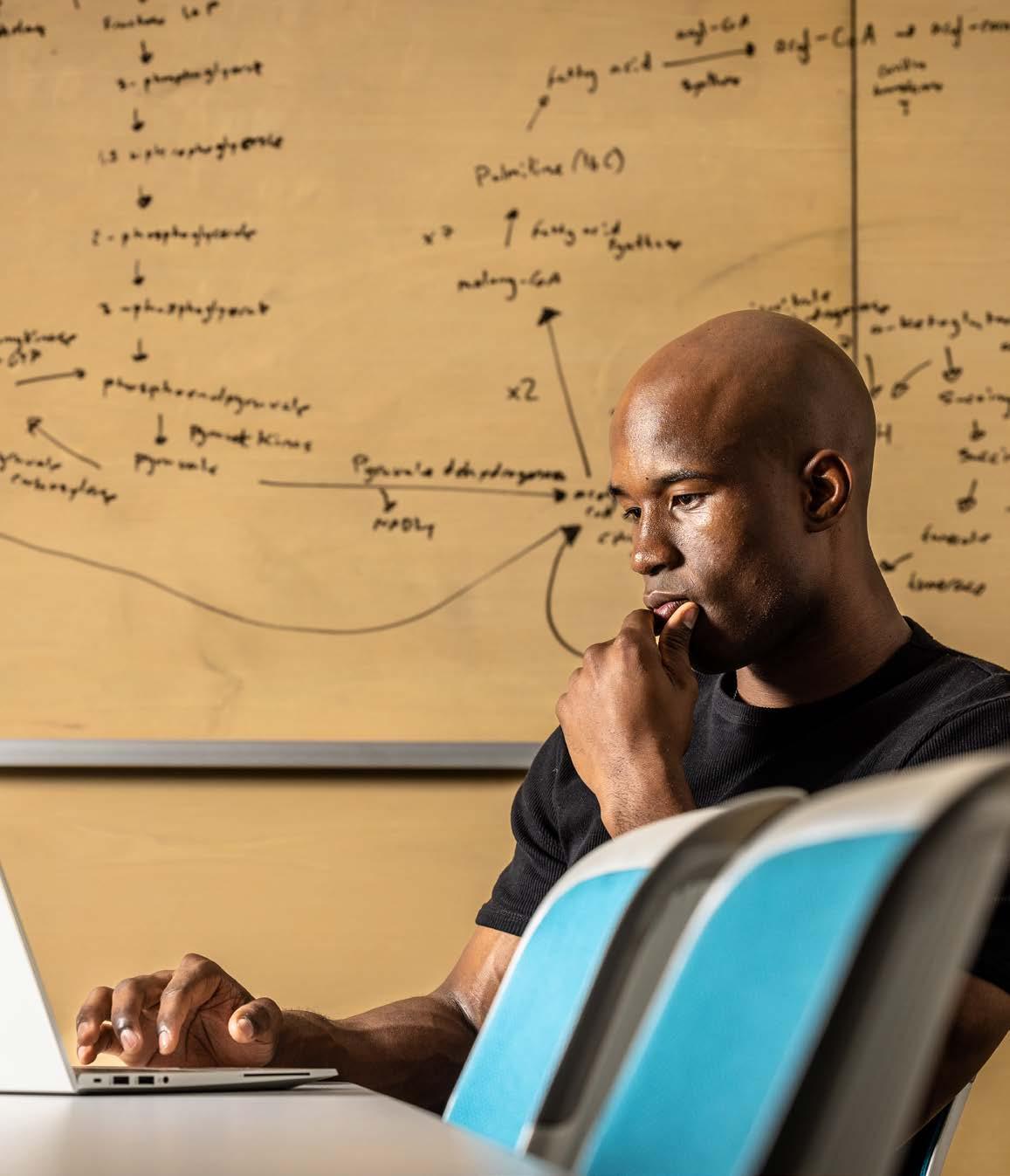
After the Tennessee Titans cut Kyle Williams, ’20 BSE in biomedical engineering, Williams’ agent wanted to get the wide receiver onto another team. Williams had a different plan for his life, one that involved healing people. Now, two years later, Williams is a first-year student at Mayo Clinic Alix School of Medicine with the goal of becoming a surgeon.
Williams always had an affinity for math and science. As a student-athlete, he spent time on a field, in a playbook and still graduated with honors from Barrett, The Honors College with a 3.69 GPA. Williams fell in love with medicine while playing football at ASU and meeting Dr. Anikar Chhabra, ASU’s head orthopedic surgeon and the medical director for sports medicine at Mayo Clinic in Arizona. The two formed a bond, and in 2017, Williams became Chhabra’s research intern.
“Crossing paths with Dr. Chhabra literally changed the trajectory of my life,” Williams says.

Former Sun Devil wide receiver Kyle Williams is a current first-year medical student at Mayo Clinic Alix School of Medicine. After a stint as a free agent with the Tennessee Titans, he decided to forgo further adventures in the NFL to utilize his ASU biomedical engineering degree to pursue a career in surgery.
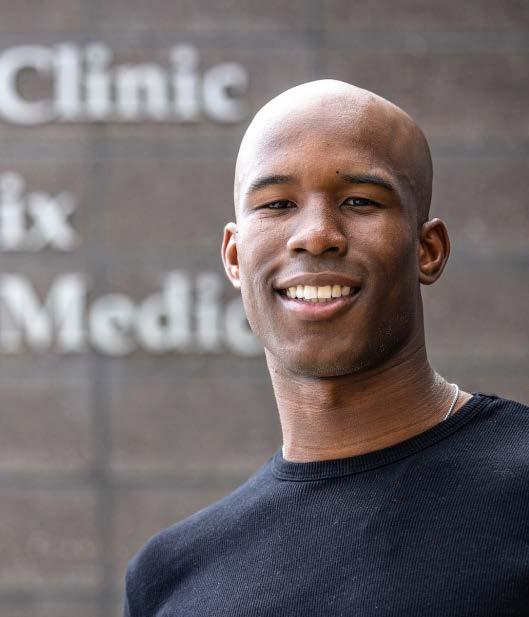
In August 2020, Kyle Williams was cut in training camp by the Tennessee Titans.
Williams could see it coming. He was an undrafted receiver out of Arizona State University, a longshot to make the regularseason roster.
But he was 23 years old. There would be opportunities with other teams to pursue his dreams.
Williams’ agent, Jon Baker, said he would make a few phone calls to see if other teams were interested. That’s when Williams ran a route very few 23-year-olds do.
He walked away from the game.
“Jon wanted me back in it,” Williams said, “and I literally just told him, ‘Hey, Jon, you know what?

One of Kyle Williams’ biggest achievements during his undergraduate years was becoming one of the all-time pass reception leaders in the history of the Arizona State University Sun Devils football team. But he is equally proud of getting A’s in courses on organic chemistry and transport phenomena.

I think I’m good.’”
Williams had a different plan for his life, one that involved healing bodies instead of hurting them. He’s now a firstyear medical student at Mayo Clinic Alix School of Medicine, the first step toward his goal of becoming a surgeon.
It’s a long and expensive journey: Williams said it will be at least 10 years before he gets his degree, completes his residency and is “emancipated, doing my own thing.”
“I talked to (former ASU running back and current Arizona Cardinal Eno Benjamin) when we were together at ASU, and he said, ‘Man, when my career is done, you’ll just be starting,’” Williams said.
Some waits are worth it.
“I do see myself, in whatever surgical specialty I choose, flourishing and changing lives for the better. Absolutely,” Williams said.
Williams always had an affinity for math and science, which led to him earning a biomedical engineering degree at ASU in May 2020. As to how a student-athlete can spend that much time on a field, in a playbook and still graduate with honors from Barrett, The Honors College with a 3.69 GPA, Sun Devil football coach Herm Edwards said, “He’s one of those guys that’s way ahead of the curve.”
Williams wasn’t sure he wanted to become a surgeon, however, until he injured his AC joint in his shoulder during a game against the University of Washington his freshman season and was examined by Dr. Anikar Chhabra, the medical director for sports medicine at Mayo Clinic in Arizona and ASU’s head orthopedic surgeon since 2007.
“He gives me the diagnosis, some words of encouragement and then the prognosis and treatment,” Williams said. “And I just kind of wondered, ‘What does he do?’ Here’s this big, tall dude, and he was able to explain my pathology in a pretty concise way and communicate to me pretty efficiently.
“That was like the advent of my love for medicine. Crossing paths with Dr. Chhabra literally changed the trajectory of my life.”
Chhabra said he knew from his initial evaluation that Williams wasn’t your typical freshman athlete whose key concern is how quickly they can play again.
“He was very inquisitive about the injury,” Chhabra recalled. “’Why did this happen? How can I prevent it?’ Most football players aren’t as worried about the anatomy or physiology. His questions were more on the level of a medical student than a first-year
undergrad.”
Their kinship quickly formed; Williams began shadowing Chhabra in the fall of 2017 as a research intern in orthopedic surgery. He observed shoulder and knee surgeries and watched as Chhabra interacted with patients, the nursing staff and physician assistants.
He was hooked.
“That’s when I really got gripped, if you will, by orthopedic surgery,” Williams said.
Chhabra introduced Williams to cutting-edge arthroscopic techniques and had him help write several research articles, including one on spinal injuries among football players.
“I think he’s going to be a perfect fit for academic medicine in the future,” Chhabra said.
Although he has a natural propensity for orthopedic surgery and a desire to return to the sports arena — perhaps, he envisions, replacing Chhabra as ASU’s orthopedic surgeon — Williams has gone into medical school with an open mind.
He’s considering neurological and cardiovascular surgery. He spent about a year and a half between the NFL and medical school working as a cardiac rhythm management clinical specialist at Abbott Laboratories in Las Vegas.
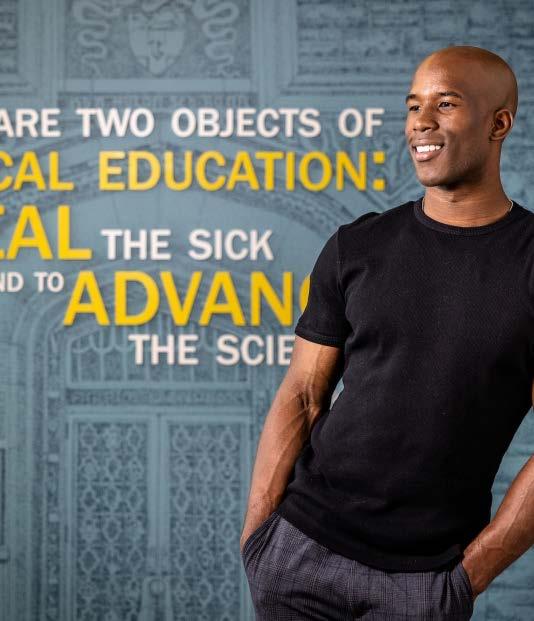
a cardiac rhythm management clinical specialist at Abbott Laboratories in Las Vegas.

Or, his practice could involve early screening and advocacy for people who are genetically susceptible to cancer. Williams’ brother, Kendall, died from colon cancer at the age of 33.
“That has given me a deeper sense of purpose while studying medicine,” Williams said. “My brother was very supportive of me in football and in my decision to quit to follow my dreams of becoming a surgeon.”
Williams does miss football, describing his permanent break with the game as a “super hard breakup.” It’s particularly trying this time of year, when teams are holding training camps and young wide receivers are catching footballs and chasing dreams.
“I mean, it’s integrated into my DNA,” Williams said. “It’s who I am. I played it for 18 years. Even today, a lot of my life resembles certain processes that I underwent in football.
“I’m used to the training table and getting food after practice. So, at Mayo, I’ll go to the cafeteria and chow down. That’s something I just can’t get rid of. And the long nights, even my mentality when it comes to grinding and studying emulates a lot of what I did in football.”
Williams has no regrets about walking away from the NFL so quickly, though. He has moved on.
“He said, ‘Look, I’m going to do this, and if I get a shot that’s great. But I’m going to have this in my back pocket,’” Edwards said about Williams. “He’s headed in the right direction.”
“I do see myself, in whatever surgical specialty I choose, flourishing and changing lives for the better. Absolutely.”
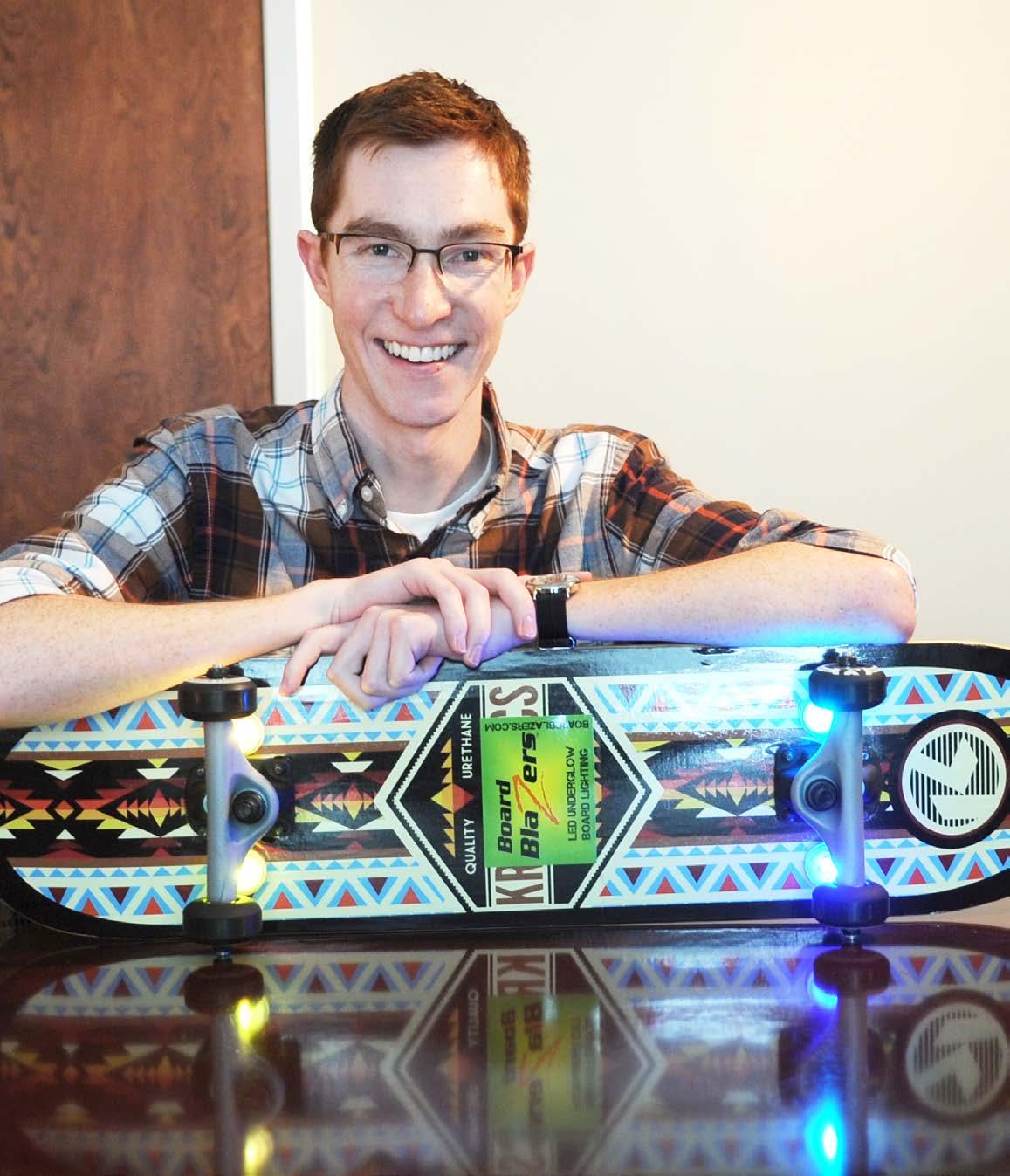
Greg Rudolph
Square-Full Marketing and supply chain management major; Sun Devil Marching Band member, served as drum major in 2011
Square-Full Invented and marketed Board Blazers skateboard lights; company won 2014 ASU Edson Student Entrepreneur Initiative competition; has sales in 49 states, 12 countries
Square-Full Named one of Arizona’s “Top 35 Entrepreneurs Under 35” by The Arizona Republic
Square-Full Active in Honor Devils, honors students promoting Barrett and leading tours for prospective students
Square-Full Mentored underprivileged high school students through summer participation in ASU
W. P. Carey School of Business Fleischer Scholars Program; active in Beta Gamma Sigma Business Honors Society
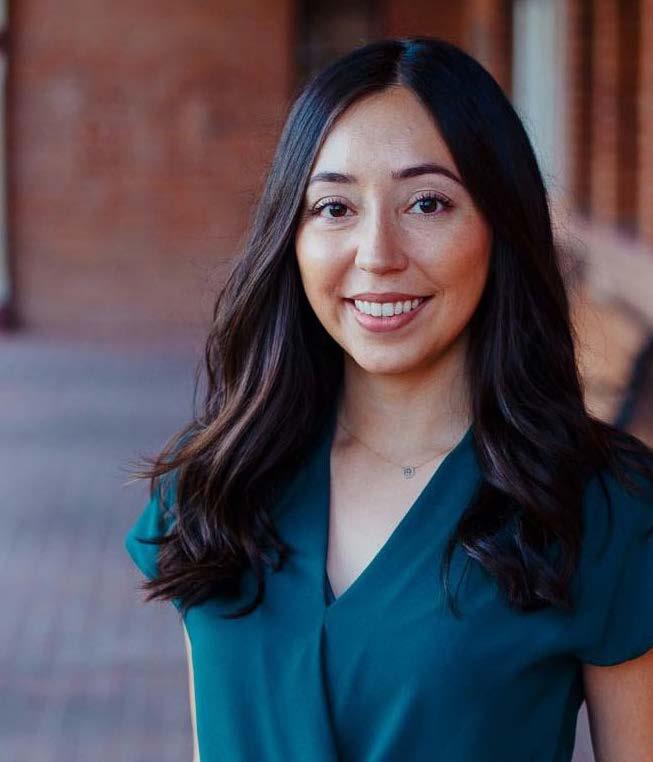
ASU News, May 25, 2022

Carolina Lopez, a triple-alumna of Arizona State University, said she learned valuable lessons as a student that inform her work as an attorney.
Lopez currently is an assistant attorney general for the state of Arizona Attorney General’s Office in the Child and Family Protection Division. Portrait of ASU alum Carolina Lopez. Carolina Lopez is a triple-alumna with a bachelor’s degree in journalism, a master’s degree in mass communication and a juris doctorate from ASU. Download Full Image
She graduated from ASU three times, obtaining a bachelor’s degree in journalism and a master’s degree in mass communication in 2015, both from the Walter Cronkite School of Journalism and Mass Communication. Her bachelor’s degree came with honors from Barrett, The Honors College at ASU. In 2019, Lopez graduated with a juris doctorate from the ASU Sandra Day O’Connor School of Law.
“While I was at ASU and Barrett, I was building great soft skills, and these ultimately helped me succeed in law school. These skills still serve me today as an attorney,” Lopez said.
“I learned the importance of engaging in your passions, getting involved with your community and building great relationships,” Lopez saod. “I learned to take an active role in my education by

asking questions, meeting with professors, meeting with counselors and seeking out opportunities, not just for myself, but for others, too.”
While an undergraduate, Lopez worked for Barrett Honors College and completed a variety of internships, including with Arizona Public Service and Allstate insurance company. Prior to attending law school, she worked for the Greater Phoenix Chamber of Commerce. While a law student, she was a teaching assistant and research assistant, a legal extern for the American Civil Liberties Union and an intern for a judge in the United States Court of Appeals in the Ninth Circuit and a judge in the U.S. District Court of Arizona.
Before joining the state Attorney General’s Office, Lopez worked as an associate attorney at Bryan Cave Leighton Paisner LLP and as a Maricopa County deputy public defender.
She serves as a board member for the Pipeline Committee of Los Abogados Hispanic Bar Association and as the District 4 representative of the State Bar of Arizona Young Lawyers Division. She previously served as a member of the city of Phoenix Youth and Education Commission.
“It was my Barrett supervisor that connected me to people in the legal community and wrote my letter of recommendation for law school,” Lopez said.
“While in law school, I remained involved with student and community organizations, and this helped me on my career path.”
We asked Lopez to reflect on her time at ASU. Here is what she had to say.
Question: What drew you to ASU and Barrett, The Honors College?
Answer: What drew me to Barrett was the smaller community support it provided. When you’re part of such a large university like ASU, it can be difficult to navigate and understand all the available resources. The Barrett staff was always so helpful and supportive of students, and that drew me in.
Q: Looking back on your time at ASU and in Barrett, what is your favorite memory?
A: My favorite memory from Barrett was living on campus with my Barrett cohort in the ASU downtown (campus) dorms, and attending all the community events. Specifically, the downtown Barrett staff organized a trolley ride tour to all the local businesses and art galleries downtown. The
staff organized other events throughout the years, and it was so valuable getting to know everyone and immersing myself in the community, especially as a first-generation college student. Within our Barrett cohort, we were supportive of one another, and that made a big difference in my experience.
Q: If you were to give one piece of advice to current and future ASU students, what would that advice be?
A: Remember that you are here to make friends, and it’s so important to build community. In one of my freshman year classes, I overheard a student say, “I’m not here to make friends.” I don’t think things worked out as brilliantly as they could have for that person. And don’t be afraid to reach out to people. More often than not, people are willing to help.
“I learned to take an active role in my education by asking questions, meeting with professors, meeting with counselors and seeking out opportunities , not just for myself, but for others, too.”
Second-year business management major Wendy Ruiz, left, and Karolina Arredondo, a community champion, go door-to-door in Maryvale. They are Maryvale High School graduates and now part of the Design Studio for Community Solutions. They are surveying residents to offer school supplies and internet service.
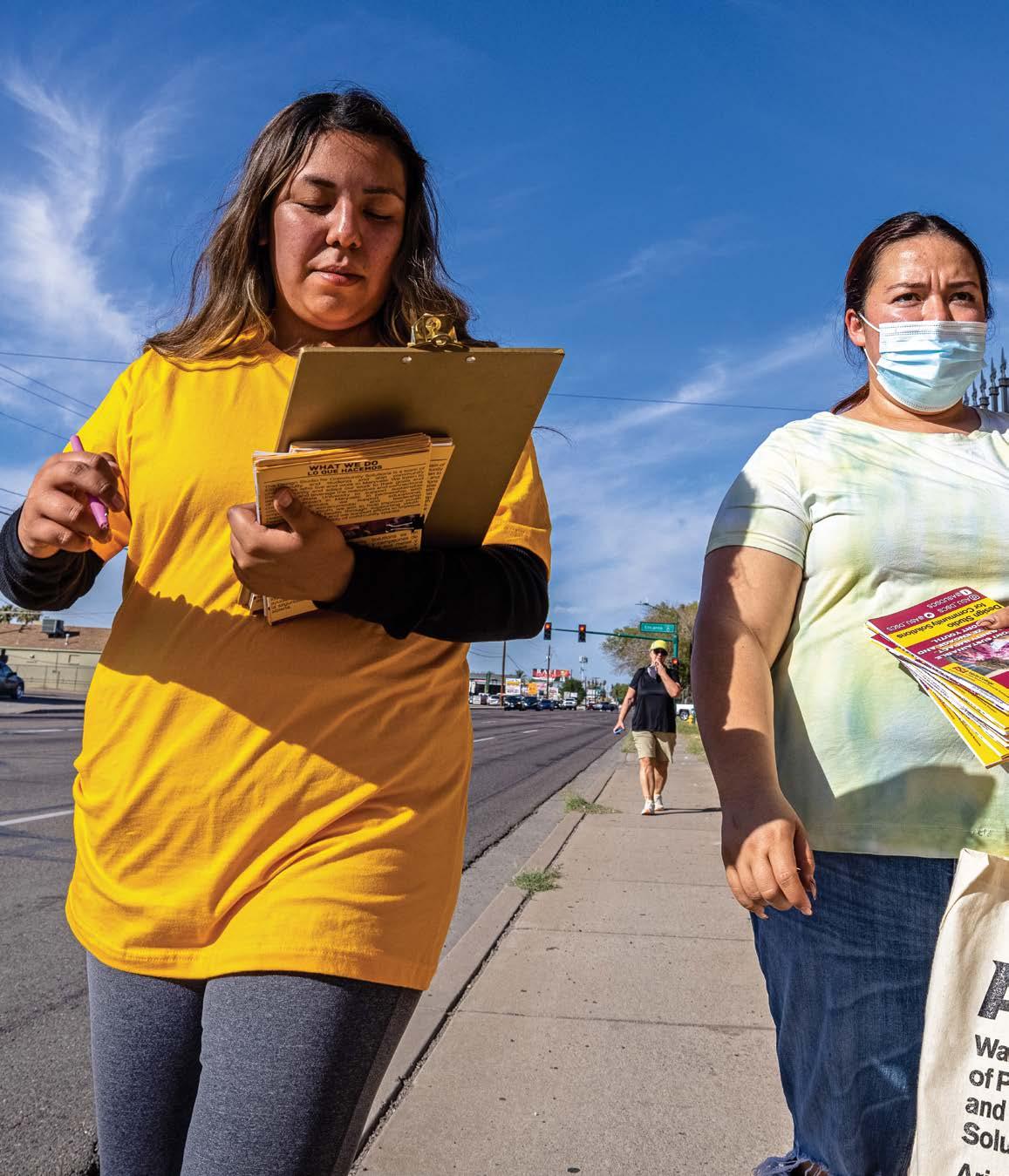
On a hot Saturday afternoon in the fall, Wendy Ruiz knocked on the door of a house in the Maryvale community in Phoenix.
The resident opened the door and chatted politely for a while, and then Ruiz handed over an ASU tote bag filled with school supplies before waving goodbye and moving on to the next house.
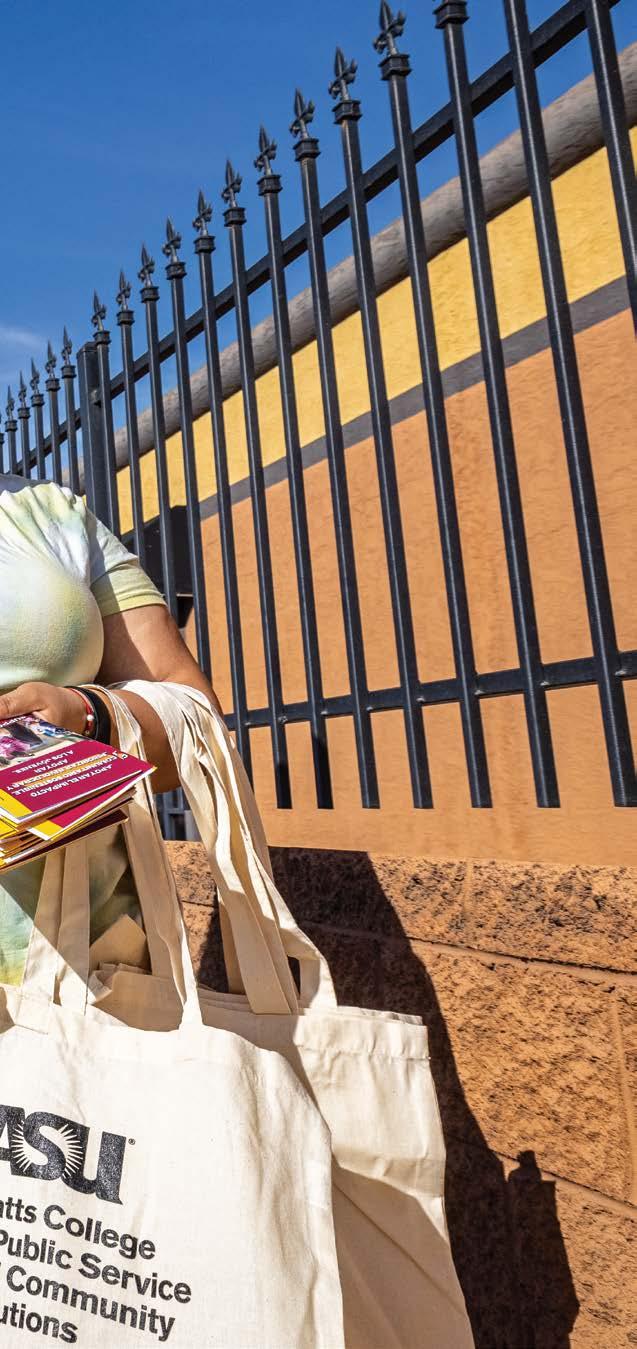
Ruiz, a student at ASU, was going door to door in Maryvale to spread the word about how residents can get free internet in their homes.
Like many of the neighbors, this one was skeptical.
“They think it’s too good to be true,” says Ruiz, who is a student worker for the One Square Mile Initiative, an ASU program that has spent three years working closely with the Maryvale community.
But that doubt is why the team from ASU walks the neighborhoods in Maryvale every month, according to Allison Mullady, senior program manager for the Design Studio for Community Solutions, which houses the One Square Mile Initiative.
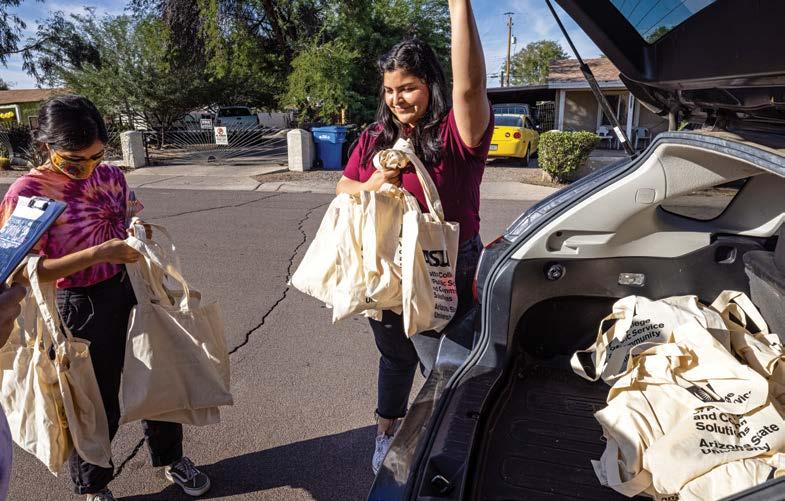
“We’re trying to build relationships,” Mullady says. “A successful day for us would be to talk to as many people as we can.”
During the pandemic, the switch to remote learning revealed an alarming problem: Many households in Maryvale did not have the wireless internet needed to connect their kids to digital schoolwork. Some families had discounted
internet whose broadband couldn’t handle the online assignments or multiple kids in one house. Others had no internet at all. So the One Square Mile Initiative
and the Enterprise Technology at ASU facilitated a pilot program for free Wi-Fi for homes in the Isaac Elementary School District in Maryvale.
Now, the One Square Mile Initiative teams spend one Saturday a month knocking on doors to tell people about the free internet — and dispel doubts.
“With the initiative with Enterprise Technology, this whole neighborhood can have access to the free Wi-Fi,” Mullady says.
Ruiz is one of four student workers for the program who are graduates of Maryvale High School.
“I know that a lot of people need that help from institutions, and I’m glad I’m able to be a part of that,” she says. “I know many people do not have the financial means to get high-speed internet. Getting that bill out of their way can help them focus on the most important things, which
“I know many people do not have the financial means to get high-speed internet or the time to look for it. Getting that bill out of their way can help them focus on the most important things, which are school and work.”
— WENDY RUIZ, A STUDENT WORKER FOR THE ONE SQUARE MILE INITIATIVE IN MARYVALE
are school and work.”
Connecting providers
If Maryvale was a municipality, it would be the eighth largest in Arizona. The collection of villages in west Phoenix has 230,000 people — with 44% of them under the age of 24, according to the One Square Mile Initiative. Maryvale has a median household income of less than $37,000, compared to about $70,000 for Phoenix overall.
The Maryvale initiative is the main project of the Design Studio for Community Solutions, in the Watts College of Public Service and Community Solutions at ASU. The Design Studio was created in 2018 with the $30 million naming gift from Mike and Cindy Watts, founders of Sunstate Equipment Co.
The Watts family has fond memories of living in the workingclass community of Maryvale in the 1960s. Mike and Cindy met at a Maryvale High School graduation party and went on to grow their equipment-rental business into a thriving enterprise. They wanted their gift to revitalize a community that is now struggling with poverty and crime.
The One Square Mile Initiative is meant to concentrate focus in one area and works to connect community nonprofits with units at ASU.
“One of our main tenets is that we don’t want to show up in a community or neighborhood for the first time talking about ourselves and what we do,” says Erik Cole, director of the Design Studio for Community Solutions.
The Design Studio for Community Solutions connects nonprofits and services that already exist in the community with units at ASU. Among the accomplishments over the past three years, the studio has:
• Rolled out the free Wi-Fi program in Maryvale.
• Connected AmeriCorps VISTA
workers from the Office of Gender-based Violence to different Maryvale initiatives.
• Offered a remote Teaching English as a Foreign Language certificate program in Maryvale partnered with ASU’s Global Launch.
• Established a pedestrian safety working group with Phoenix police and streets
departments with several ASU units to produce a report.
• Facilitated more than $200,000 in grants to Maryvalefocused programs, including a club at Maryvale High School, a youth development program in the Cartwright Elementary School District and a family well-being project with Valleywise Health.
• Provided information about vaccines to the Hispanic community in response to a request from the Isaac Elementary School District.
“We want to understand and really listen and learn.”
So over the past three years, the Design Studio held a series of community conversations in English and Spanish as well as interviews with many key stakeholders that will be used to pinpoint priorities. Besides the four student workers who graduated from Maryvale High School, the studio also hired two “community champions,” people who live and work in Maryvale, as consultants.
• Set up COVID-19 testing sites, including the first community-based site for ASU’s saliva testing, supporting ASU and the state with logistic advice, outreach and broadcasting in English and Spanish.
• Distributed with Watts College 2,500 personal protective equipment items to community agencies in Maryvale.
Rosie Espinoza is one such community champion and works as a wellness advocate at an elementary school in Maryvale, where she lives. “That’s why building relationships within the community takes time,” Espinoza says. “We move at the speed of trust.”
Looking ahead, the studio plans to focus on pedestrian safety and eviction-prevention resources and to continue relationship building. Square-Full
Upon graduation, Barrett scholars are making a positive impact on our nation’s social, political and economic health. Students are encouraged to fully embrace the unique academic and social opportunities as an undergraduate that will help launch them into their next step after ASU and use their knowledge and skills to create solutions to societal challenges.
Just as Barrett students are incredibly diverse in major and academic goals, so too are their plans after graduation. Across the board, Barrett students attend top master’s and doctorate degree programs at such esteemed institutions as Harvard, Duke and Yale; enjoy tremendous success in national competitions including Fulbright, Truman, Goldwater, Udall and Marshall fellowships; and accept positions with prominent nonprofit and Fortune 500 companies such as Mayo Clinic, Johns Hopkins Hospital, Honeywell Aerospace, Google and Goldman Sachs.
As the honors college on all four campuses of the nation’s largest public university, Barrett offers the best of both worlds – a highlypersonalized academic experience backed by the resources and expansive opportunities of a Research I university.
Its success has been a model for others across the nation.
76% of Barrett students graduate in 4 years, a higher rate than Stanford.
71% increase in total enrollment in Barrett from 4,181 to 7,144 from 2012 to 2022.
$12 million endowment exclusively supports honors students and their projects.
Barrett students are encouraged to fully embrace the unique academic and social opportunities as undergraduates that will help launch them into their next step after ASU. Just as our Barrett students are incredibly diverse in major and academic goals, so too are their plans after graduation.
Across the board, Barrett students attend the best graduate schools, have tremendous success in national fellowship competitions, and accept positions with prominent non-profit and Fortune 500 companies.
(outside of Arizona)
20,000+ alumni
7,100+ students in Barrett
30% are the first in their families to attend college
23% of students in 2022 were from underrepresented minority groups
600+ Honors academic experiences per semester
21 Goldwater
169 Fulbright
3 Rhodes
1 Churchill
5 Marshall
3 Truman
Over the last 10 years ASU has become one of the nation’s leading producers of elite scholars
Among the medical schools attended by Barrett grads
• Creighton
• Harvard
• Stanford
• UCLA
• UC San Francisco
• University of Chicago
• University of Texas
• Vanderbilt
• Yale
Among the engineering/ arts and sciences schools attended by Barrett grads
• Arizona State University
• Cornell
• Duke
• George Washington
• Harvard
• New England Conservatory of Music
• Northwestern
• Stanford
• UC Berkeley
• University of Roehampton, London
• USC
Among the law schools attended by Barrett grads
• Arizona State University
• Cornell
• Emory
• Georgetown
• Harvard
• Notre Dame
• UC Berkeley
• University of Chicago
• Yale
In 2020, Barrett dean Mark Jacobs, left, and Applied Systems CEO Taylor Rhodes, right, listen as General James N. Mattis speaks about his career, service and global issues during the 2020 John J. Rhodes Lecture in public policy and American Institutions at the Tempe Center for the Arts in Tempe. General Mattis’ featured keynote was entitled “Thwarting Threats and Nurturing Allies In Today’s Global Affairs,” which touched on the importance of public service, the value of allies and the ability of the United States to inspire.
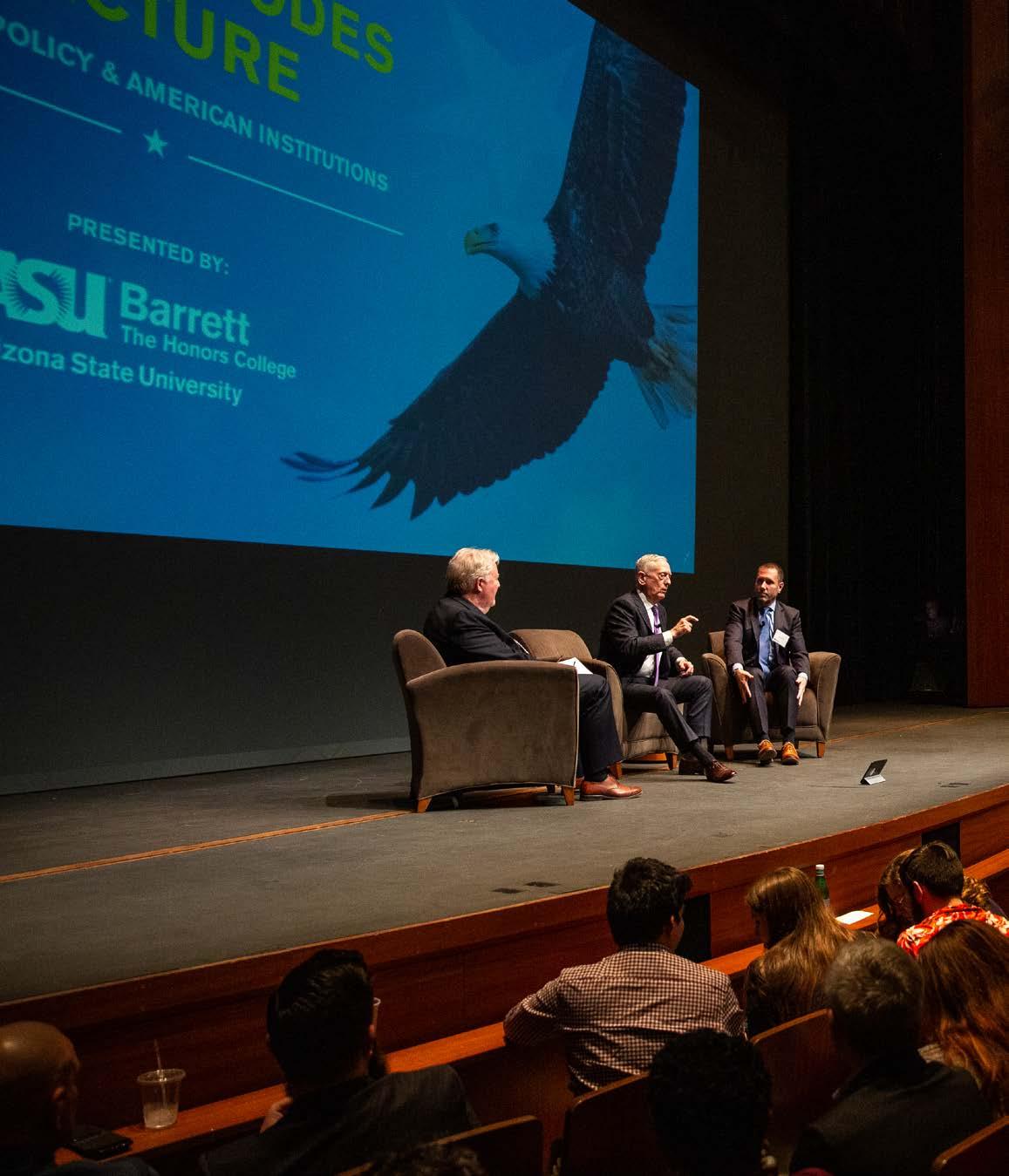
Gen. James N. Mattis was the 2020 John J. Rhodes Chair in Public Policy and American Institutions at Barrett, The Honors College at ASU, where he delivered the Rhodes Lecture.
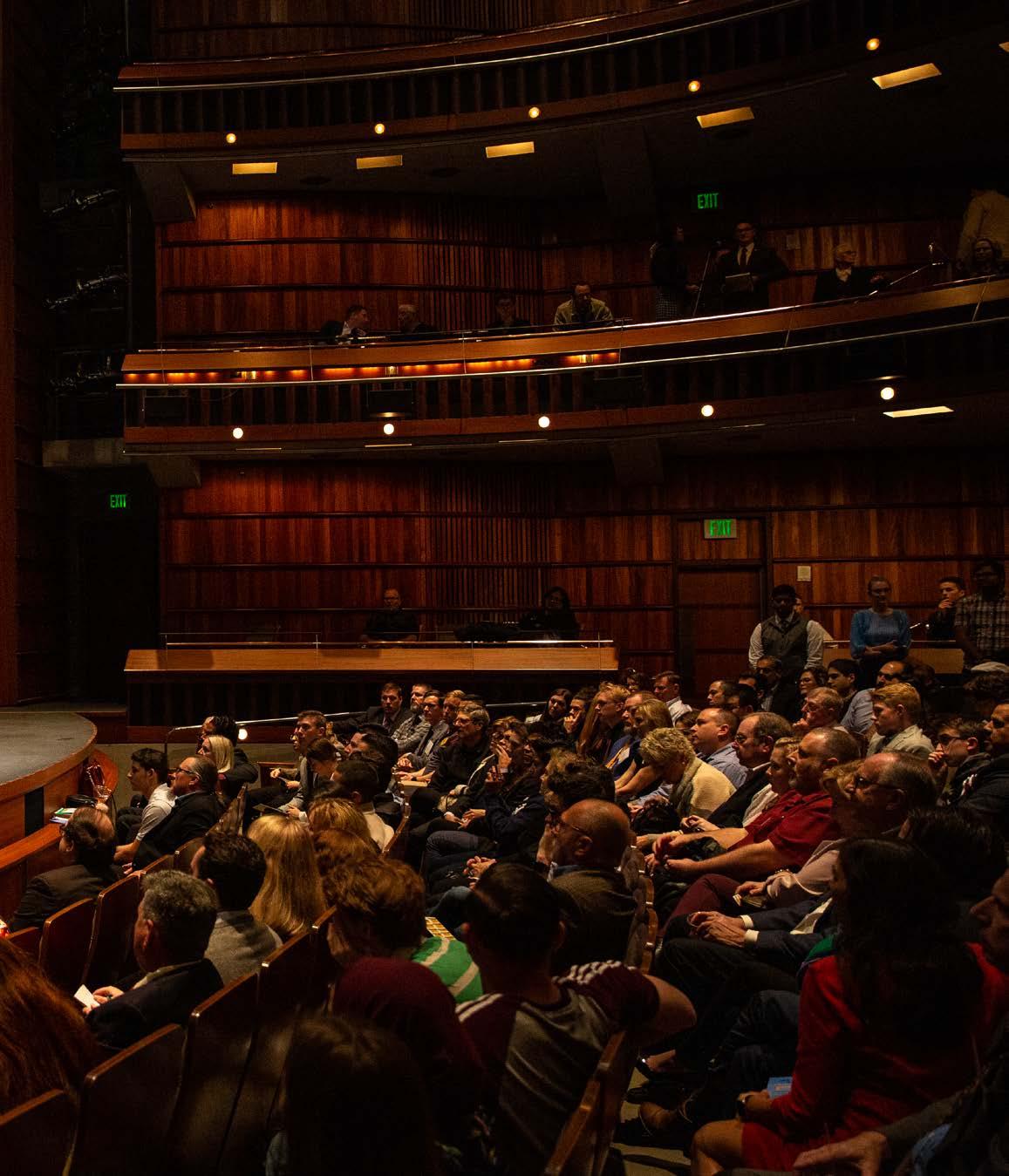
The lecture is named for the Honorable John J. Rhodes, who represented Arizona in the U.S. House of Representatives from 1952 to 1982. He served as the minority leader of the House from 1973 to 1981.
Congressman Rhodes exemplified the values of personal integrity, fiscal responsibility, respect for persons of all political beliefs and international foresight.
Upon his retirement, Rhodes’ family and many friends wanted to establish an enduring tribute to his leadership. John and his wife, Betty, had long been supporters of higher education, so the family established an endowment for the John J. Rhodes Chair in Public Policy and American Institutions and selected Barrett, The Honors College to be the chair’s “home.” An archive of John Rhodes’ congressional papers is in the Special Collections at the Hayden Library on the ASU Tempe campus.
The Rhodes Chair reflects Rhodes’ commitment to public service and higher education. People chosen to hold the Rhodes Chair must be dedicated to discussion and dialogue about the most challenging issues facing society, now and in the future. Holders of the Rhodes Chair embody Rhodes’ commitment to the betterment of our nation through inspired and fair-minded leadership and devotion to service.
Diane Guerrero is an American actress known for her roles on the Netflix series “Orange Is the New Black” and “Jane the Virgin”. Guerrero grew up in Boston and remained there after the rest of her family was deported to Colombia. She is an advocate for immigration reform.
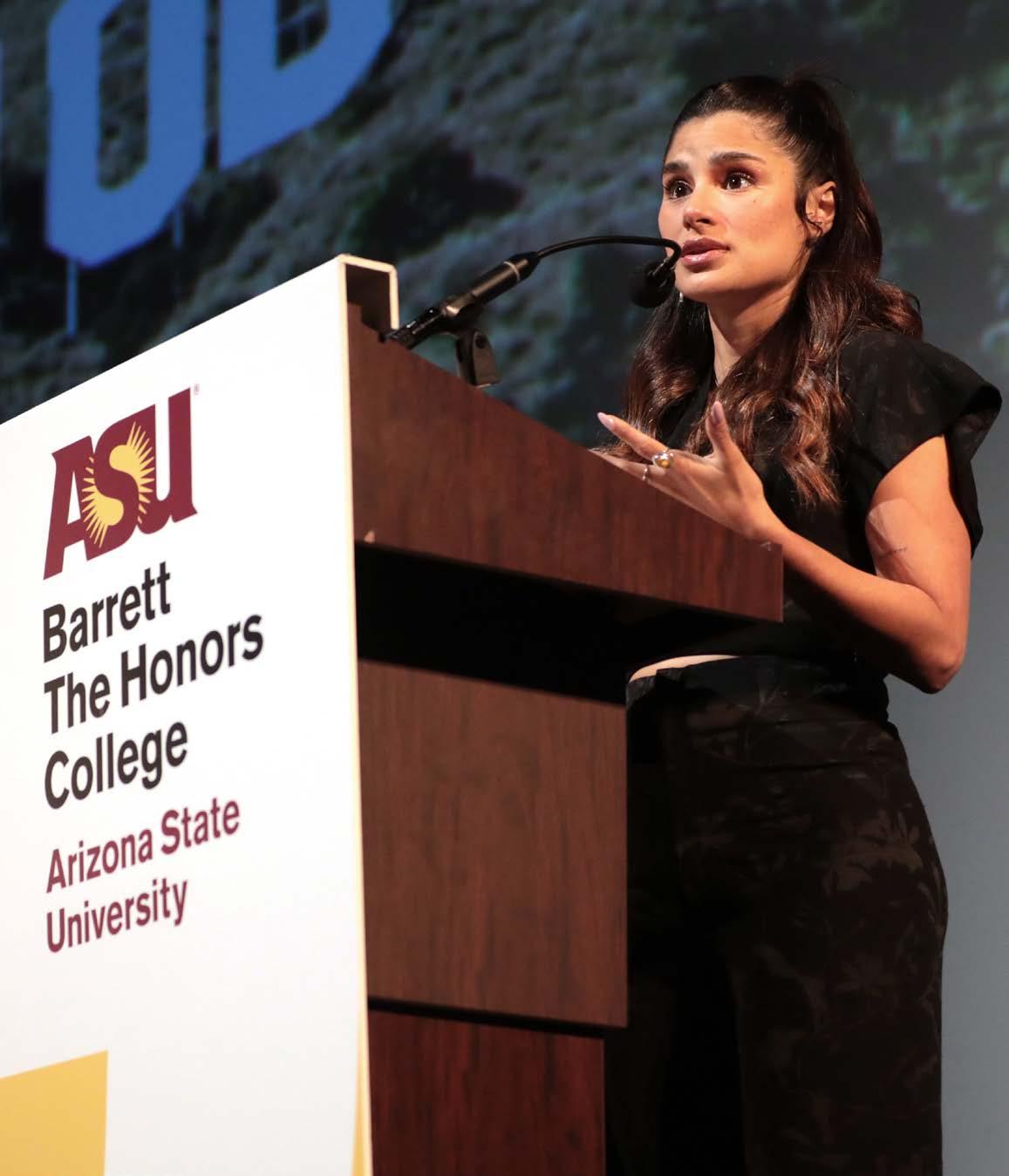
PUBLISHED
ASU News, January 12, 2023
Barrett, The Honors College at Arizona State University has named actress and author Diane Guerrero the 2023 John J. Rhodes Chair.
As chair, Guerrero will deliver the Rhodes Lecture, “A Conversation with Diane Guerrero,” at 7:30 p.m., Wednesday, Feb. 1, in the Galvin Playhouse at the ASU Nelson Fine Arts Center on the Tempe campus. The event is free and open to the public, but registration is required for seating.
Guerrero, who is ColumbianAmerican, is known for her roles as inmate Maritza Ramos on the Netflix series “Orange Is the New Black” and Lina on “Jane the Virgin.”
Guerrero was born in New Jersey to Colombian parents and raised in Boston, Massachusetts. She is the author of “In The Country We Love: My Family Divided,” a memoir about her parents and brother being detained and deported when she was 14 years old.
In a Los Angeles Times op-ed, Guerrero said of that time, “I came home from school to an empty house. Lights were on and dinner had been started, but my family
wasn’t there. Neighbors broke the news that my parents had been taken away by immigration officers, and just like that, my stable family life was over.”
Guerrero attended the Boston Arts Academy, a performing arts high school. At age 24, she decided to pursue a career in acting, and in 2011, she moved to New York City to study acting at the Susan Batson Studios.
She currently stars as Jane in the HBO Max action-drama series “Doom Patrol” and recently starred in “Blast Beat” for Sony Pictures. She also recorded voiceover for the role of Isabella in Disney’s animated feature “Encanto” with Lin Manuel Miranda.
She is a passionate human rights activist and served as the host and executive producer of an NPR podcast titled “Yeah No, I’m Not OK,” where she candidly discussed mental health issues affecting communities of color.
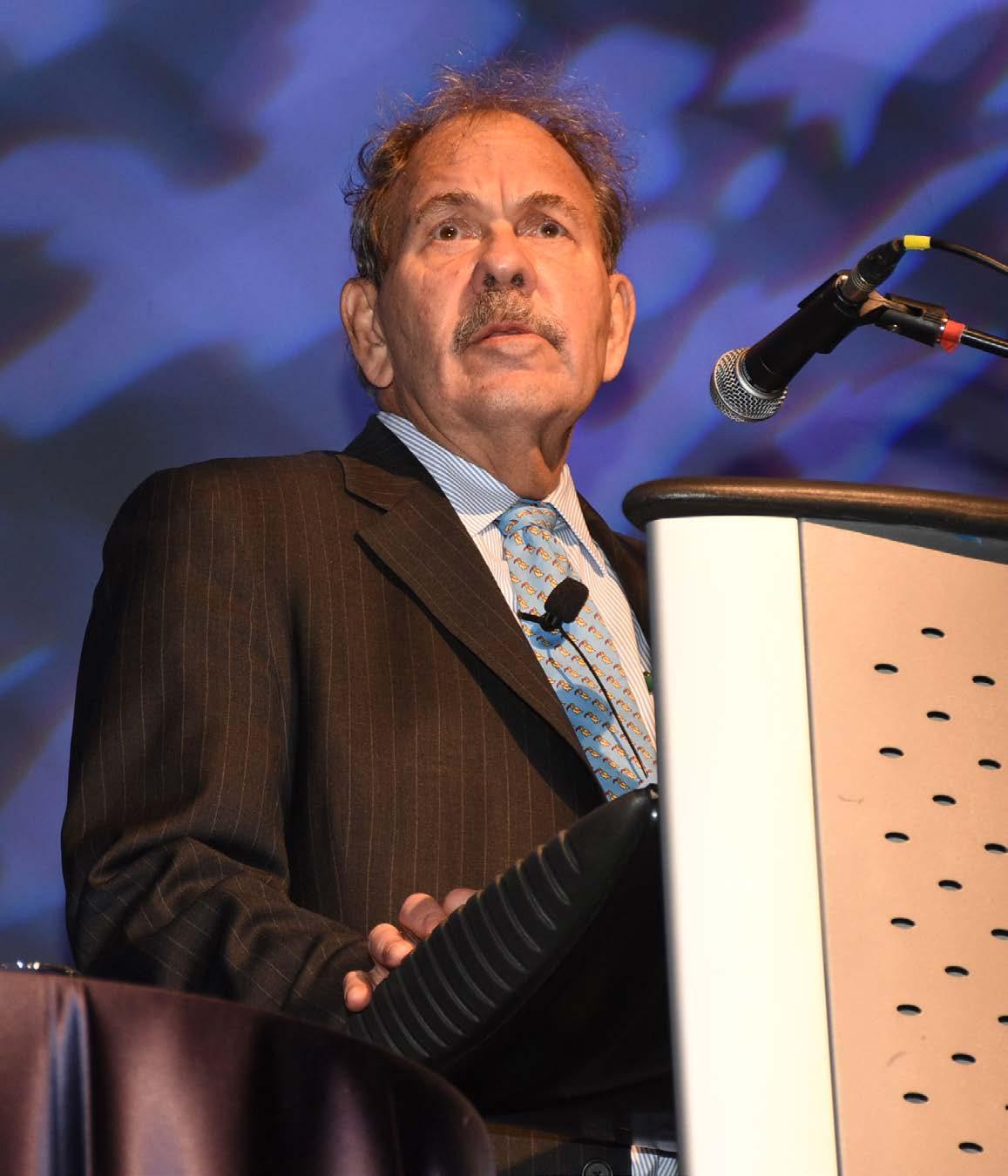
PUBLISHED ASU News, March 24, 2022
Innovation, adaptability and the ability to compete in an everexpanding market will be keys to the future of higher education in America, according to Arthur Levine, Distinguished Scholar of Higher Education at New York University, who shared his views in the 2022 Rhodes Lecture presented by Barrett, The Honors College at Arizona State University.
“The United States is experiencing profound, unrelenting and accelerated demographic, economic and technological change, and the nation’s population is changing racially, aging, moving and coming from abroad,” Levine said in his March 22 talk, titled “The Future of Higher Education,” which took place at the Tempe Center for the Arts.
The country is undergoing a transformation from an industrial to a knowledge economy, and new digital technologies have emerged, he said, adding that the size, scope and rapidity of this current transformation in society rivals that of the Industrial Revolution.
“And one of the consequences of this is that all of our social institutions, every one of them, government, health care, finance, journalism and higher education, were all built for another time” and need to change to meet current challenges, he said.
Transformation in higher education will be driven by several factors, including competition in the higher education market, changing student demographics and technology, and colleges and universities will have to innovate to keep up, he said.
Levine called the number of programs offered outside of traditional colleges and universities “just staggering.”
Students will have “a lot more choices, and a lot of those choices will be at a lower cost and about when they learn and how they learn and where they learn,” he said.
“Higher education in its current form has worked well, but it won’t continue to work well, because it will be eclipsed by the knowledge economy that more highly values what students learn rather than how they have been taught.”
– ARTHUR LEVINE, DISTINGUISHED SCHOLAR OF HIGHER EDUCATION AT NEW YORK UNIVERSITY
General James N. Mattis is a retired United States Marine Corps four-star general who served as the 26th US secretary of defense from 2017 to 2019. During his 44 years in the Marine Corps, he commanded forces in the Persian Gulf War, the War in Afghanistan, and the Iraq War.
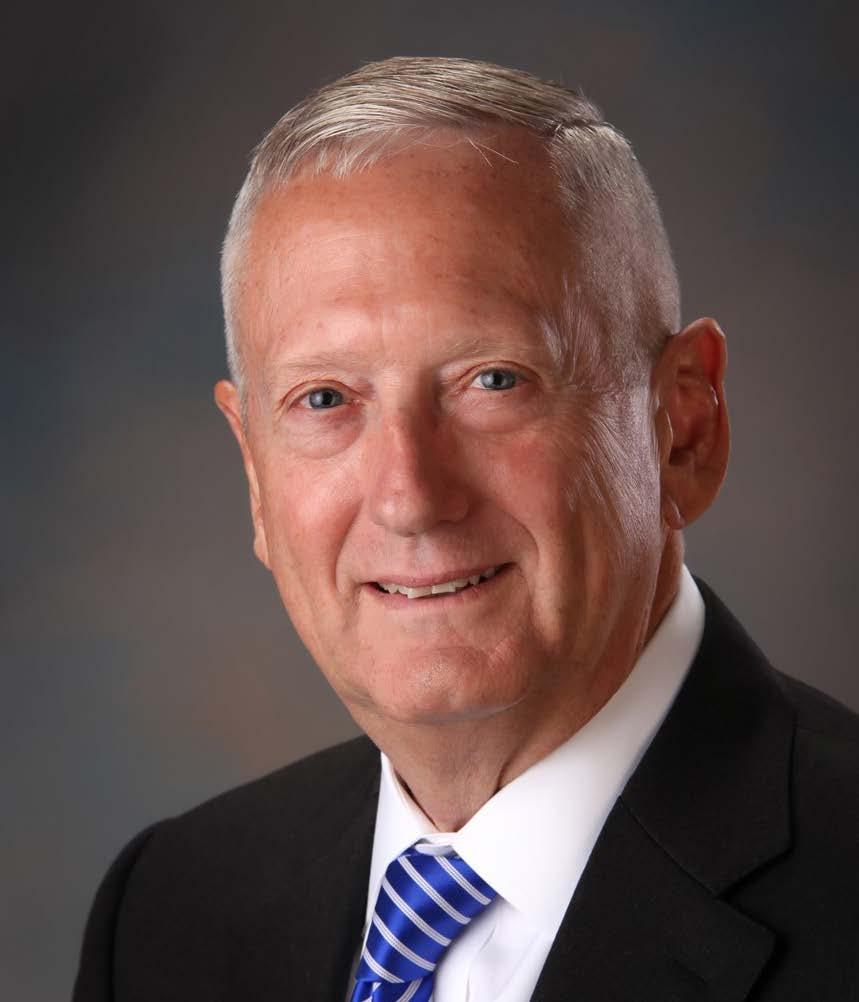
Mattis has spent nearly 50 years in service to his country. He served as the 26th U.S. secretary of defense for nearly two years in the Trump administration.
Viewed as the steady hand in tumultuous times, Mattis championed building a network of alliances and strategic partnerships around the world.
“Our strength as a nation is inextricably linked to the strength of our unique and comprehensive system or alliances and partnerships,” then-Secretary Mattis wrote in a letter to President Donald Trump. Without maintaining those alliances, he said, we cannot protect our interests or serve the role of an indispensable nation in the free world.
During his 44 years in the U.S. Marines, Mattis rose from an 18-year-old reservist to the highest rank of four-star general. He capped off his military career as head of the U.S. Central Command, where he was in charge of all American forces serving in the Middle East and oversaw operations in Iraq and Afghanistan, as well as parts of Syria, Iran and Yemen. He retired from the post in 2013. In 2017, he would answer the call to service again, as the first member
of Trump’s cabinet cleared to take office.
A veteran of three wars, Mattis spent much of his career involved in overseas conflict. Described by colleagues and his staff as brave, honest and humble, Mattis proved to be an exceptional motivator of Marines and developed a leadership style that endeared him to his troops.
Mattis established the Center for Advanced Operational Culture Learning, an academy for Marine officers and senior enlisted personnel that provides cultural awareness and language skills training to ensure units can operate effectively in complex expeditionary environments.
Mattis is the author of the New York Times bestseller “Call Sign Chaos: Learning to Lead,” an account of Mattis’s career, from wide-ranging leadership roles in three wars to ultimately commanding a quarter of a million troops across the Middle East. Along the way, Mattis recounts his foundational experiences as a leader, the lessons he has learned about the nature of warfighting and peacemaking, the importance of allies, and the strategic dilemmas now facing our nation.
“Our strength as a nation is inextricably linked to the strength of our unique and comprehensive system or alliances and partnerships.”
– GENERAL JAMES N. MATTIS
Former CIA Director John Brennan delivers the 2019 John J. Rhodes Lecture on Feb. 28, 2019, at the Tempe Center for the Arts. He spoke to nearly 600 people about the current state of the political dissonance.
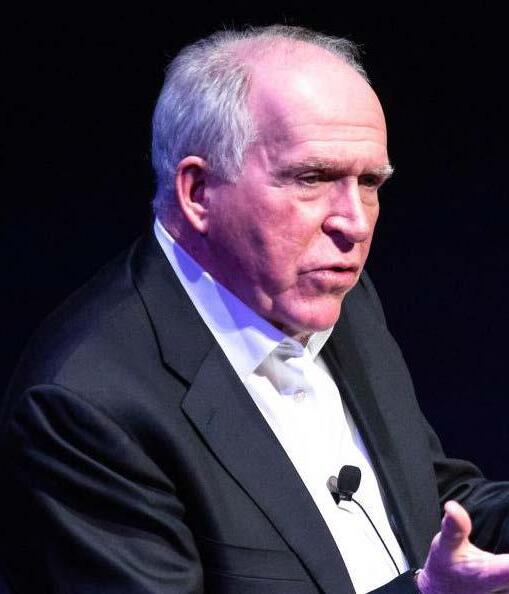
Former CIA director John Brennan warned that the complexities of modern-day governing are causing leaders around the world to hold so tightly onto power that they risk becoming demagogues.
“The leaders are trying to protect themselves and their base; they’re delegitimizing the press, and they’re trying to undermine the independence of the judiciary, and that’s authoritarian,” Brennan said.
Brennan, who served as director of the Central Intelligence Agency from 2013 to 2017, addressed a crowd at the Tempe Center for the Arts on Thursday night. His talk, titled “The State of Political Discourse in America,” was the annual John J. Rhodes Lecture in Public Policy, presented by Barrett, The Honors College at Arizona State University.
“As the challenges of governing in the 21st century become more complex, they’re stifling opposition, they’re playing on the fears of people — about people who are coming across the border — and
they’re offering simple solutions, like reviving an industry that’s no longer relevant in a modern economy.”
Brennan said that several phenomena are driving populist movements in the world, including globalization, the digital domain and disparity in wealth.
“This disparity of wealth and opportunity really is a concern and is something that is motivating a lot of people to say, ‘What about me?’,” he said.
“In addition, you have increased migration, and you have people who don’t fit a national identity. That’s why the populist movement is being fueled by this sentiment and this tug of war between the beneficiaries of globalization and those who feel victimized.”
Earlier on Thursday, Brennan met with Barrett students.
“I’m impressed with the intellectual curiosity of the students I meet, and I always encourage them to consider public service,” said Brennan, who joined the CIA in 1980.
“I’m impressed with the intellectual curiosity of the students I meet , and I always encourage them to consider public service.”
– FORMER CIA DIRECTOR JOHN BRENNAN
Several phenomena are driving populist movements in the world, says John Brennan at annual ASU Rhodes lecture.
Jeff Flake is an American politician and diplomat who is the United States ambassador to Turkey. A member of the Republican Party, Flake served in the United States House of Representatives from 2001 to 2013 and in the United States Senate from 2013 to 2019, representing Arizona.
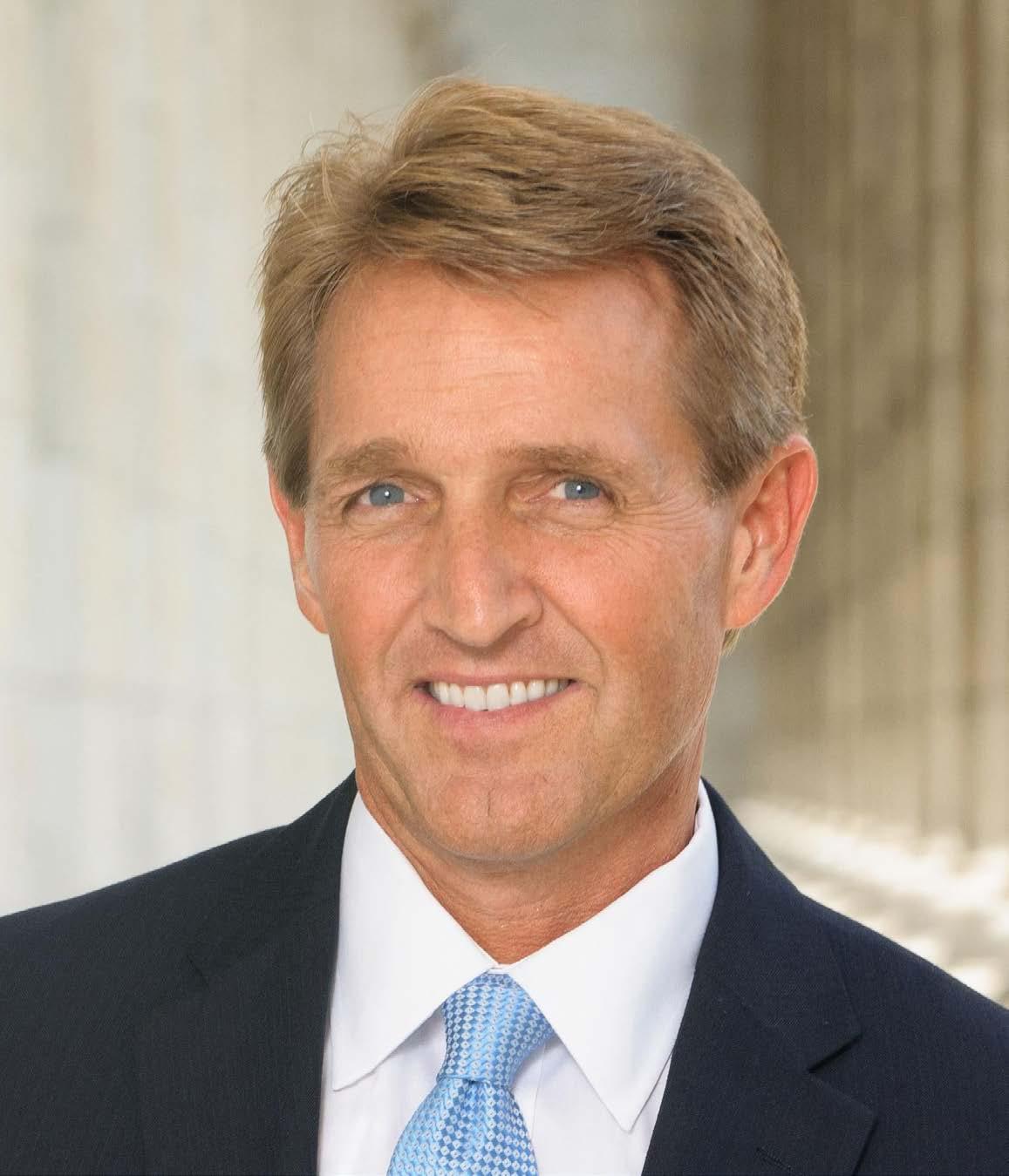
PUBLISHED
ASU News, February 26, 2018
Flake is a fifth-generation Arizonan who was raised on a cattle ranch in Snowflake, Arizona, a small town named in part for the senator’s great-great grandfather.
As a member of the U.S. Senate, he sits on the Judiciary Committee and is chairman of the Subcommittee on Privacy, Technology, and the Law. He also serves on the Energy and Natural Resources Committee where he is chairman of the Subcommittee on Water and Power, and the Foreign Relations Committee where he is chairman of the Subcommittee on African Affairs.
In 1987, he started his career at a Washington, D.C. public affairs firm, but soon returned to Africa as executive director of the Foundation for Democracy in Namibia. In this role, he helped monitor Namibia’s independence process and saw that nation usher in freedom and democracy.
In 1992, he and his family moved back to Arizona, where he was named executive director of the Goldwater Institute.
Kyl currently serves as senior of counsel at Covington and Burling, LLP and is a visiting fellow at the American Enterprise Institute. He also is a Distinguished Fellow in Public Service at ASU’s College of Public Service and Community Solutions, a Distinguished Scholar of the Sandra Day O’Connor College of Law, and director of the Kyl Center for Water Policy. Previously, Kyl served 18 years in the U.S. Senate after serving eight years in the U.S. House of Representatives.
As a member of the Judiciary Committee, he helped write reforms to U.S. patent law, the landmark Crime Victims’ Rights Act, as well as important provisions of the Patriot Act, the Military Commissions Act, and other anti-terrorism laws.
The Wall Street Journal wrote in February 2011 that Senator Kyl “had made his mark the old fashioned way — by knowing what he is talking about.”
Jon Kyl is an American politician and lobbyist who served as a United States Senator for Arizona from 1995 to 2013 and again in 2018. A Republican, he held both of Arizona’s Senate seats at different times, serving alongside John McCain during his first stint.
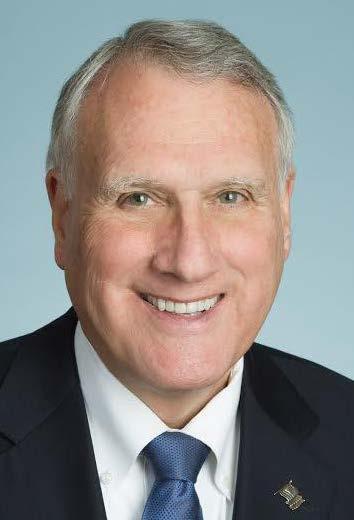
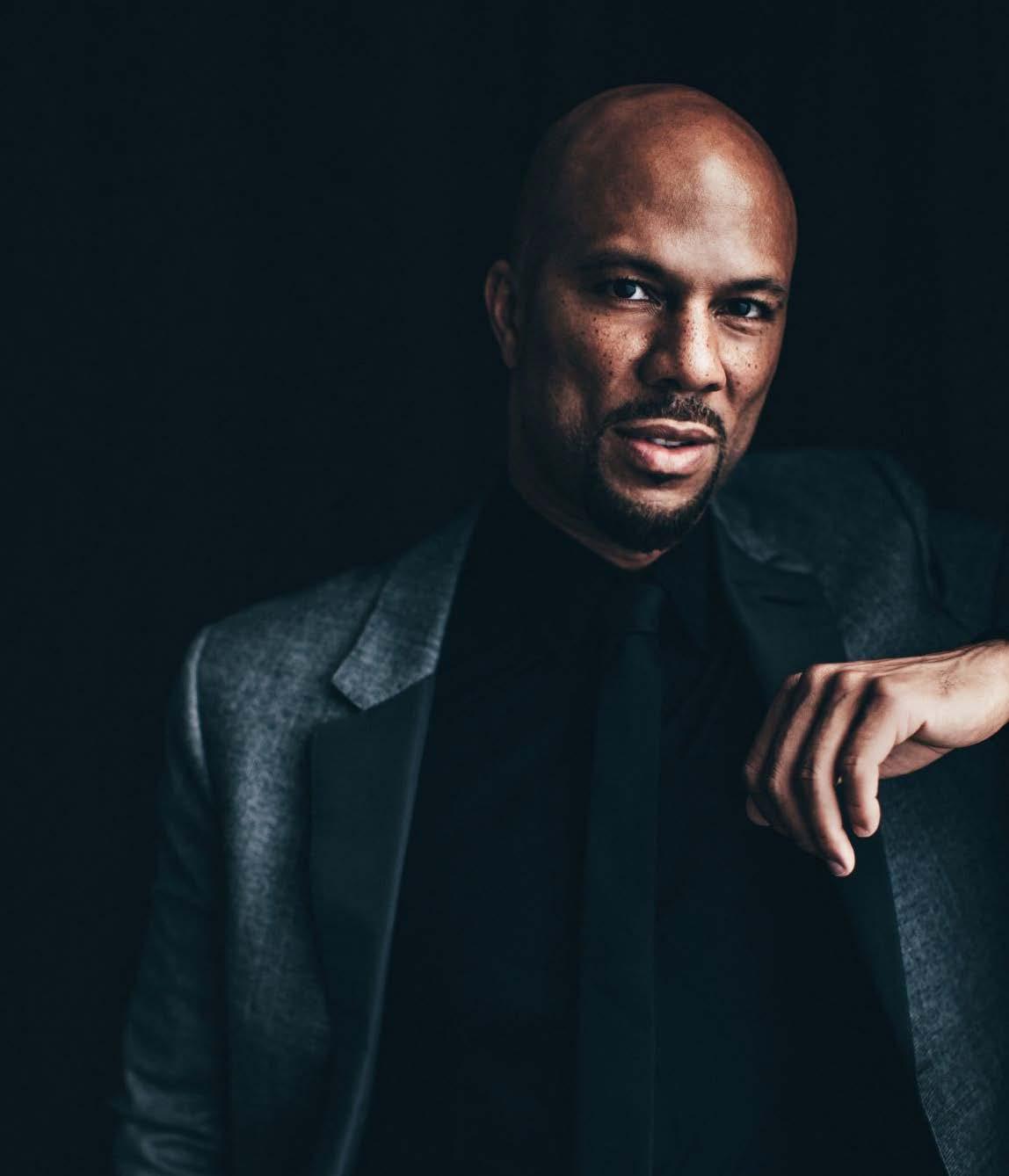
Barrett, The Honors College, at Arizona State University has announced that award-winning artist and activist Common will be the speaker for the 2021 Flinn Foundation Centennial Lecture.
Common is an Academy Award, Golden Globe, Emmy and Grammywinning artist, actor and activist.
He is the author of a memoir, “One Day It’ll Make Sense,” released in 2011, and another book, “Let Love Have the Last Word,” released in 2019, in which he shares his personal stories of the people and experiences that have led to a greater understanding of love and all it has to offer.
Throughout his career, he has used his art as a platform to change people’s perspectives, promote more diverse narratives and encourage people toward positive movement. As a speaker, Common motivates audiences to nurture the dreams of the young, overcome adversity and address
the persistent hope that lives within us all.
Compassionate, mindful and driven to inspire, Common reminds audiences that we all have a voice and we must speak out.
Common has performed on critically acclaimed studio albums, including his 11th album, “Black America Again,” and has written music for films. He also has acted in many movies, including “The Kitchen,” “The Hate You Give,” “Selma, “John Wick: Chapter 2” and “Megan Leavey.”
He has worked behind the scenes on several productions, including as executive producer for the Netflix drama “Burning Sands” and Showtime’s hit TV series “The Chi.”
Common has dedicated countless hours and has been deeply engaged in social justice and advocacy work around mass incarceration, mental health and voting.
After the success and impact of his Imagine Justice concert in 2017 and his Hope & Redemption Tour to eight prisons, Common decided to establish and launch Imagine Justice as a nonprofit in 2018. Centered at the intersection of art and activism, Imagine Justice in dedicated to leveraging the power of art to advocate for communities around the country, to fight for justice and equality, and to stand united against injustice wherever it appears.
ASU graduate Matthew Desmond spent a year living with poor families while researching his book on eviction.
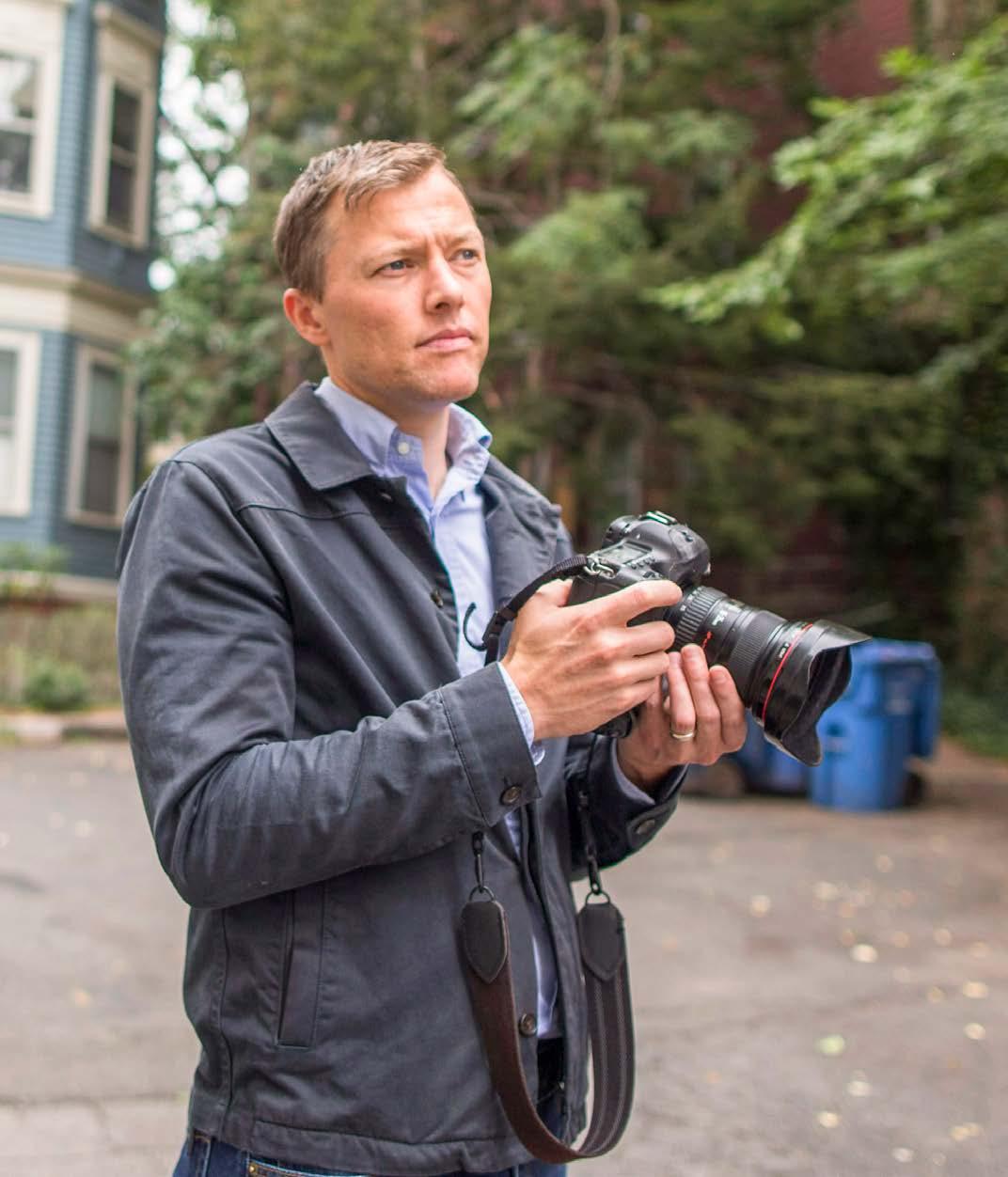
PUBLISHED
ASU News, April 4, 2016, and The New York Times, March 9, 2023
Editor’s note: It was announced on April 10, 2017, that ASU grad and Harvard Associate Professor Matthew Desmond was awarded the Pulitzer Prize in the General Non-Fiction category for “Evicted,” the book discussed below in a 2016 story. For more information on this Pulitzer Prize-winning work, visit www.pulitzer.org/winners/matthew-desmond.
After paying rent, Lamar, a disabled single father of two boys, had $78 left for the rest of the month.
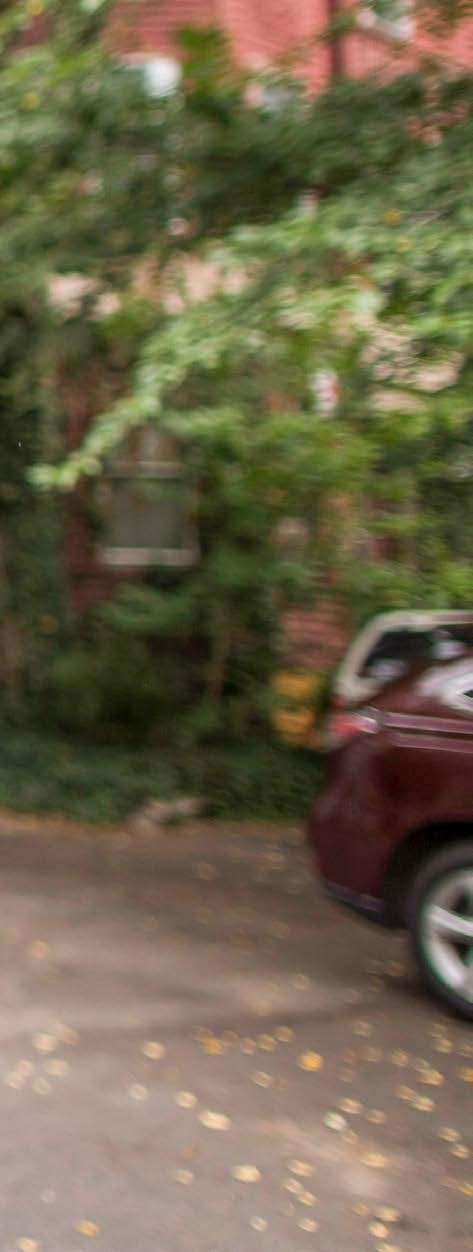
That’s less than $2.50 a day for heat, soap, spaghetti, snow boots, school notebooks, bus fare and everything else.
So he fell behind on the rent. And he was evicted.
Lamar and his sons were one of eight Milwaukee families that sociologist Matthew Desmond followed for a year before writing his new book, “Evicted: Poverty and Profit in the American City.”
Desmond, a graduate of Arizona State University, is an associate professor of sociology at Harvard University. In 2015, he was awarded a MacArthur “genius grant.” On Thursday, April 7, he’ll discuss his book at ASU.
“Evicted” is the powerful story that Desmond uncovered while he spent a year living among poor people in Milwaukee. He spent several months in a decrepit trailer park in a poor white the mostly black North Side. He spent thousands of hours with the eight families, black and white, old and young,
“Evicted,” detailing the plague of evictions among the nation’s poor
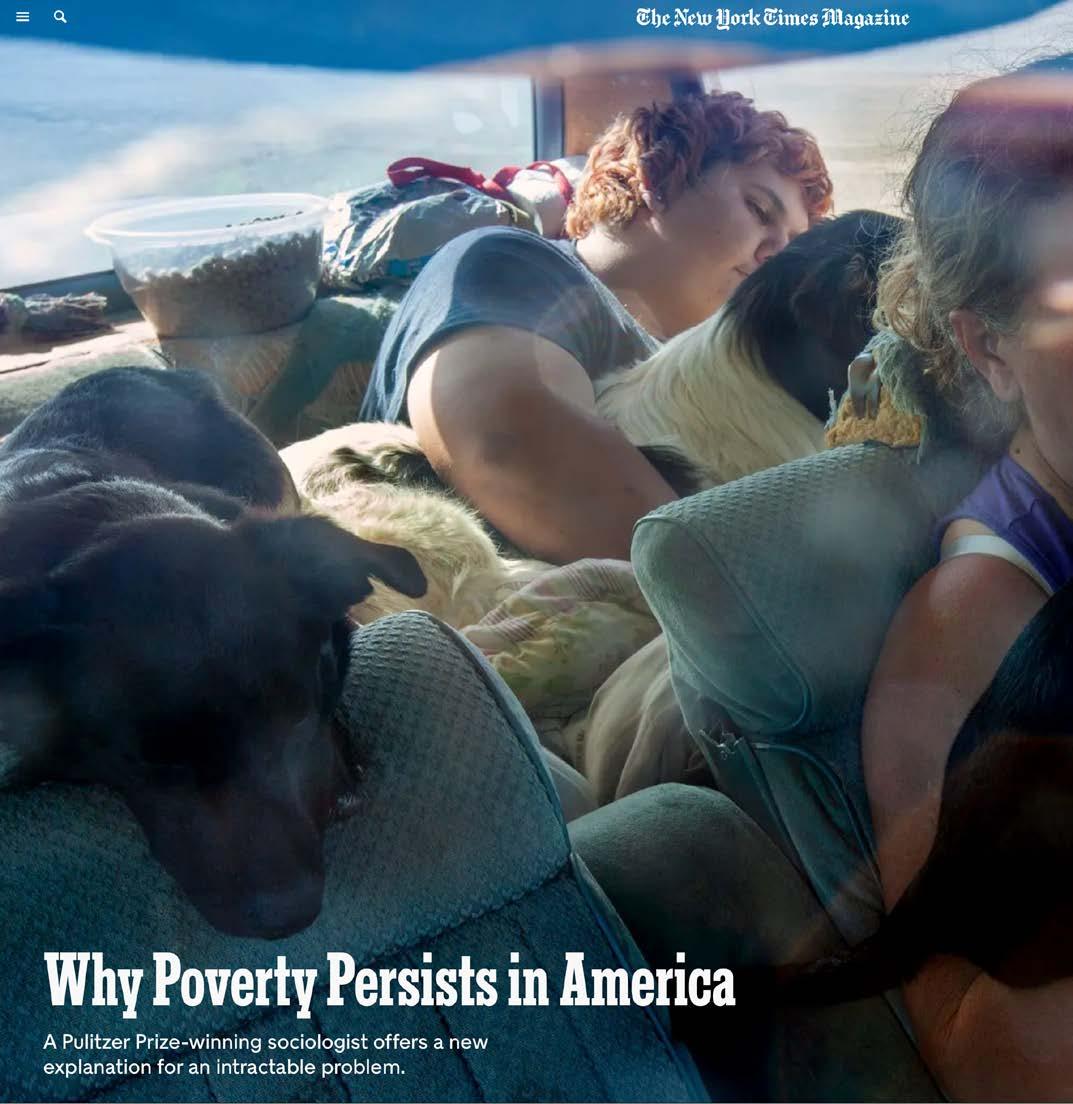
with kids and without.
He found that one in four poor working families paid up to 70 percent of their monthly income for rent.
“Eviction is much more an inevitability than a result of irresponsibility,” Desmond said.
Poor people — most of whom live in private housing, not public — are a lucrative source of income for landlords. When they evict families, it launches a series of events that can drag families even deeper into poverty. Tenants’ possessions end up in storage, which charges escalating rates with every passing month. Housing court tacks big fees onto back rent. Work days — and pay — are missed. No amount of savings can erase the debt.
Milwaukee, like many cities, has a “nuisance law,” so victims of domestic violence can be evicted if neighbors call 911 when there’s violence.
In one family Desmond followed, the 14-year-old son missed 17 consecutive days of school while helping his mother find a new place to live. He attended five schools in two years.
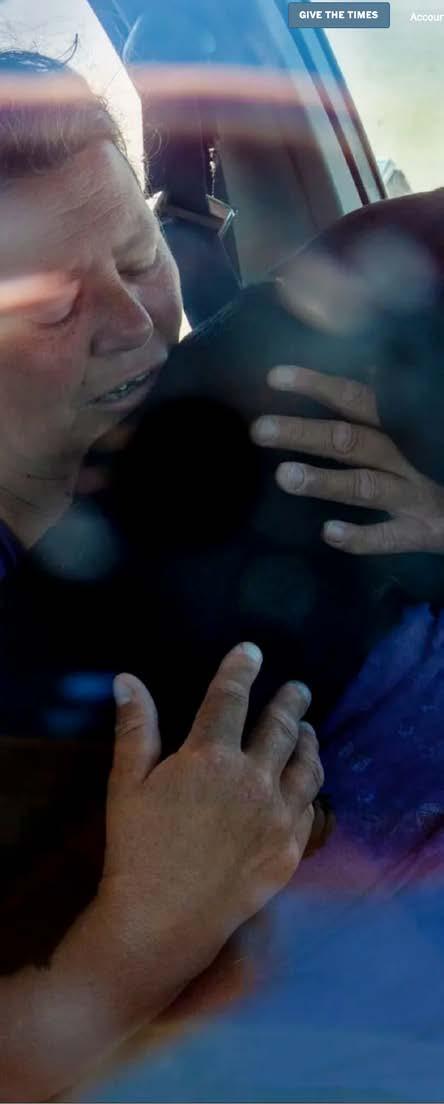
“How do we expect him to connect with his teachers under those circumstances?” Desmond said.
“Evicted” reads like a thriller: Will Sherrena really evict Lamar, who has no legs? After making 90 calls, will Arleen and her two sons ever find an apartment?
Desmond’s year of field work allowed him to examine the issue from every conceivable angle, including from the viewpoints of the landlords. Most researchers studied
poor people in isolation.
“Where were the rich people who wielded enormous influence over the lives of low-income families and their communities — who were rich precisely because they did so?” he writes in the chapter titled “About This Project.”
Sherrena, the former elementary school teacher turned property owner, “knew the value of the ghetto,” Desmond writes. She let him tag along on rent-collection day as she confronted one desperate tenant after another so he could see “what landlords have to go through.”
Sherrena is a force, literally grabbing every last dollar from one tenant while buying groceries for another.
Among the most horrific scenes in the book — and for Desmond to watch, he wrote — are when the movers arrive, usually without notice. Their work is brutal.
“This is my art,” one evictor said, pointing to a pile of belongings on a wet sidewalk.
Desmond grew up in Winslow, Arizona, a small town about 60 miles east of Flagstaff, and came to ASU intending to be a lawyer.
“I started taking classes that presented me with an image of America that confused me and troubled me,” he said. “I’ve always been troubled by poverty. I thought it was unnecessary.
“That really solidified itself in my mind while I was at ASU.”
He volunteered with Habitat for Humanity and started talking to the homeless people who hung out on Mill Avenue. He learned about ethnography, the study of
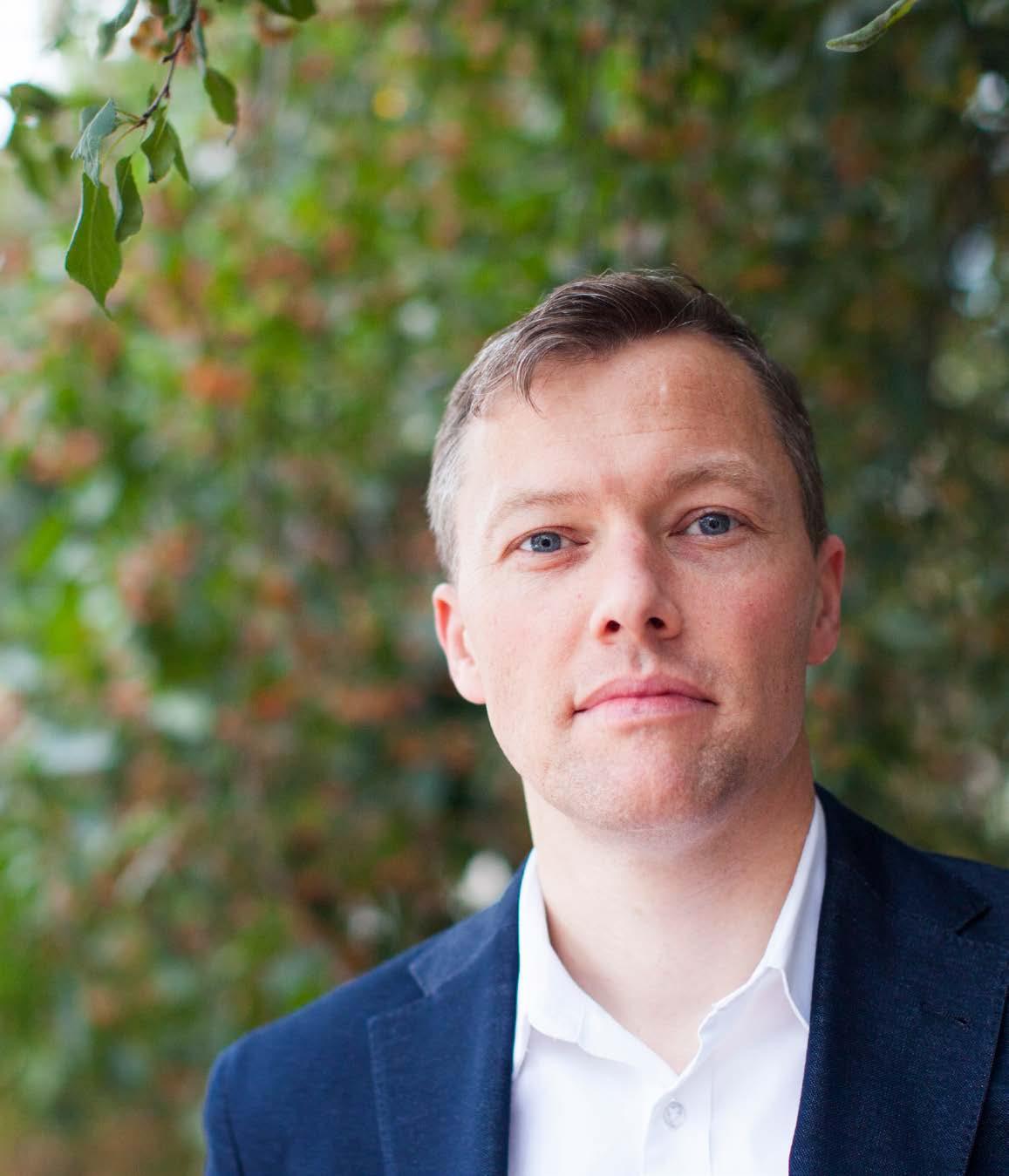
“I would say don’t be afraid to try to tackle some of the most morally irritant problems of the day. Don’t be afraid to put your shoulder to the wheel. Even though they are complex and hard problems, we all have a role to play in these things.”
– SOCIOLOGIST MATTHEW DESMOND, A GRADUATE OF ASU, IS AN ASSOCIATE PROFESSOR OF SOCIOLOGY AT HARVARD UNIVERSITY
people from the point of view of the subject. A student in Barrett, the Honors College, he did his thesis on homeless people.
“I started a student organization that was basically designed to connect students with homeless folks,” he said. “We visited them and sometimes brought food, but mostly we were there for swapping stories.
“The folks I met were funny and genuine and troubled. And that was something that brought me into my writing today.”
In 2002, he graduated with two degrees, in communications and justice studies.
The eviction research he did in 2008 in Milwaukee was for his doctorate dissertation at the University of Wisconsin in Madison.
As the year unfolded, Desmond knew that Lamar and Arleen and the other tenants had compelling stories. What was missing was data.
“I was confronting questions that were beyond the scope of my fieldwork, and there weren’t a lot of studies and no data that would allow me to get at those. I ended up collecting most of that data myself.”
His day-to-day life among poor people helped him create a survey of 1,100 renters, which collected data
on housing and eviction. He also reviewed court records, nuisance property citations, property and
school records and other data.
Desmond shows the humanity of the people he lived with, both the ways they were exploited and their own ruinous decisions. Lamar is disabled because he lost his feet to frostbite while high on drugs.
“There were moments of hardship and moments of suffering and pain and moments of desperation,” Desmond said of his book. “And it has moments of brilliance and spunk and courage and humor in the face of adversity.
“The people in the book refused to be reduced to their hardships.”
As the manuscript was nearing completion, he returned to Milwaukee. He wanted everyone who had accepted him into their lives to read what he wrote. In some cases, he read his book to them.
“We had long conversations, and a lot of fact-checking happened,” he said. In the end, only two minor changes were requested.
“It was amazing to me to have folks like Arleen and Crystal [a young woman who spent her life in foster care before trying to find a place to live on her own] believe in the integrity of the work, and understand why I wrote about their full selves.”
The sometimes-avaricious landlord Sherrena was laid-back about the book, he said.
“She’s very proud of her work and sees herself as a successful businesswoman,” he said.

After finishing the book, Desmond launched a website, justshelter.org, that lists nonprofit agencies in every state that help tenants find and keep decent housing. But he believes a voucher system is the best solution.
“The book raises the question: ‘Is housing a right?’ I say yes. Without sustainable shelter, everything else falls apart,” he said.
“We need a major investment in affordable housing. We can’t leave it to these (non-profit) organizations no matter how amazing they are. We need the answer to be from the federal government.”
The topic of eviction was personal for Desmond. When he was a student at ASU, his family’s home was lost to foreclosure. He drove up to Winslow to help his parents move.
“I remember experiencing that moment of shame and embarrassment. A lot of people who are evicted think it’s their fault,” he said.
“This book gave these people a shot at participating in the narrative of their own lives.”
Desmond will hold a public lecture and book signing at 5 p.m. Thursday, April 7, in room 174 of Coor Hall on ASU’s Tempe campus.
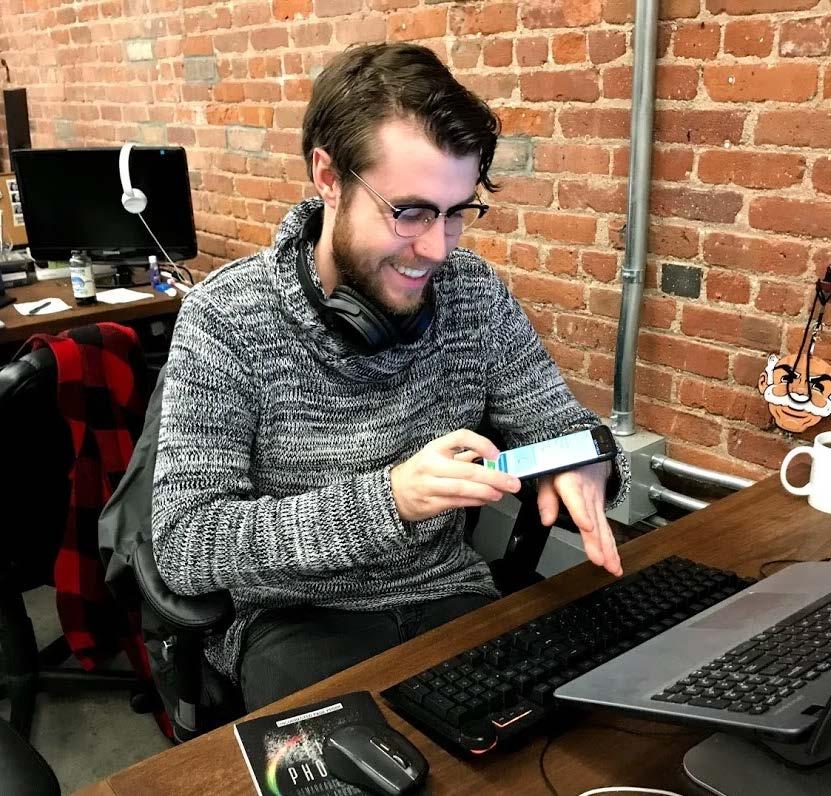

Daniel Oberhaus studied English and Philosophy and graduated from Barrett in 2015. He is now a leading national journalist in the energy and digital technology spaces.
The Silicon Shrink: How Artificial Intelligence Made the World an Asylum
A book in development by Daniel Oberhaus
Matthew Browne, acquisitions editor at the MIT Press, has acquired world rights to The Silicon Shrink: How Artificial Intelligence Made the World an Asylum by journalist Daniel Oberhaus.
The Silicon Shrink is a guide to the future of our minds seen through the lens of familiar and emerging digital technologies. It combines deep research with new reporting to create a narrative-driven, critical examination of how modern technology is both exacerbating mental health problems and providing novel forms of therapeutic care. Slated for publication in fall 2024.
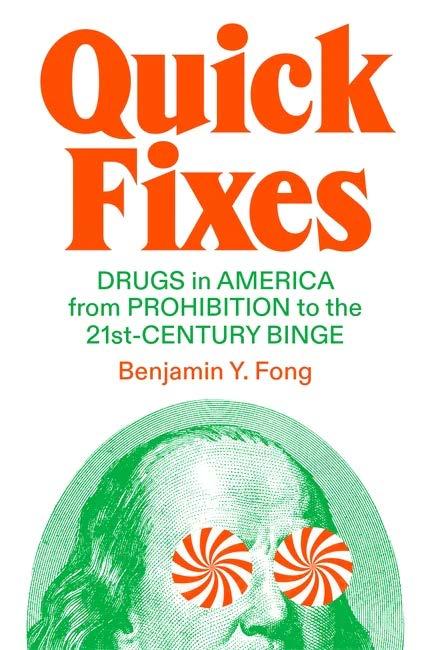
Americans are in the midst of a worldhistoric drug binge. Opiates, amphetamines, benzodiazepines, marijuana, antidepressants, antipsychotics-across the board, consumption has shot up in the 21st century. At the same time, the United States is home to the largest prison system in the world, justified in part by a now zombified “war” on drugs. How did we get here?
Quick Fixes is a look at American society through the lens of its pharmacological crutches. Though particularly acute in recent decades, the contradiction between America’s passionate love and intense hatred for drugs has been one of its defining characteristics for over a century.

Ever since Alena Wicker was a young child, she’s always set the bar high for herself. At 4 years old, she was fascinated with space, dreaming of one day working with astronauts. Now, at only 14 years old, she is working toward a degree at Arizona State University.
Wicker made national headlines after graduating from high school as a 12-year-old and then becoming the youngest Black student to get accepted into medical school a year later.
“It’s been pretty cool to watch her evolve,” said Wicker’s mother, Daphne McQuarter. “I’ve shared her college life with the world and in front of cameras. Her college career has been shared in the public eye, and I think she’s done a remarkable job.”
In 2021, Wicker received a full-tuition scholarship through a partnership between ASU, the Phoenix Mercury and Desert Financial Credit Union, allowing her to pursue her education with little financial worry.
Wicker is studying biological sciences online at ASU through the School of Life Sciences in The College
of Liberal Arts and Sciences. As she continues her undergraduate studies, Wicker embraces her schooling, building lasting friendships and helping inspire others.
When she started at ASU, she enrolled in the engineering school with dreams of one day working for NASA. But after one biology class, she decided to change her major.
“What sparked my interest was there’s so much that comes into being a biological sciences major,” she said. “You can go towards the human anatomy, the veterinary route and learn more about our environment and animals, or even go down to researching the cellular level of what makes life, life.”
The biological sciences program has allowed Wicker to develop a valuable and broad understanding of many disciplines in biology and take advantage of every opportunity that fits in with her path.
Wicker has also built her own community with Barrett, The Honors College, which she credits as being vital to her success. All the faculty, professors and classmates have helped support her along the way.
“It’s been an amazing experience,” Wicker said. “Barrett gives me that energy boost because they’re

always there as a community. They’re there to help me learn more. They are like my mentors, the people I go to when I need help.”
Ara Austin, senior director of online engagement and strategic initiatives and a clinical assistant professor in the School of Molecular Sciences, first taught Wicker in an organic chemistry class. From there, it was clear to Austin that Wicker’s passion for the sciences extended beyond just getting her college degree.
“We want to make sure that we are fully supporting this young student who is very enthusiastic and clearly wants to stay in the sciences,” Austin said. “From my perspective, as her teacher, she is making sure she gets everything she needs to fully reach her potential.
“She doesn’t want to just be a scientist or a person with a science degree. She has an inherent intention, a desire to help others and mentor others as well.”
With that desire to help others and think beyond the scope, Wicker founded The Brown STEM Girl. This organization was created to “provide an outlet for girls of color in STEM” and “aims to engage, empower and educate” in hopes that girls are motivated to reach their potential.
“I started my business to show the world that there’s this community of girls that are coming together to show the world that we’re here,” Wicker said. “I’m focused on getting their stories out there, getting them
engaged with STEM and helping to empower the next generation.”
Despite the untraditional path of her education, Wicker and her mother are adamant that she does not miss out on the fun of being a kid.
She is in choir, runs track, plays soccer and hangs out with friends her age.
As she looks to her future beyond ASU, the opportunities are endless. She can choose to pursue medical school or further her education with a PhD.
“That’s the big decision because that’s what will determine what I will be doing in my career,” she said. “I’m thinking of going toward the PhD route because I love getting out there, discovering new things, being in the lab, finding cures for viruses or even connecting with medicine in other parts of the world.”
Whatever Wicker does next, she has impacted many people she has interacted with at ASU.
“Alena embodies what it means to be an ASU student because of her dedication to learning, leadership within her community, and her commitment to helping solve the scientific and social challenges of our era,” said Kenro Kusumi, dean of natural sciences at The College.
“Her curiosity and passion will take her down any path she decides to pursue in the future.”
“It’s been an amazing experience. Barrett gives me that energy boost because they’re always there as a community. They’re there to help me learn more. They are like my mentors, the people I go to when I need help.”
— ALENA WICKER, WORKING TOWARD A DEGREE IN BIOLOGICAL SCIENCES
A 1995 ASU honors graduate, has supported Barrett, The Honors College as a member of its Alumni Council and by contributing to support programs associated with the Sustainability House at Barrett. Now, he has established an endowment for honors students committed to sustainability.
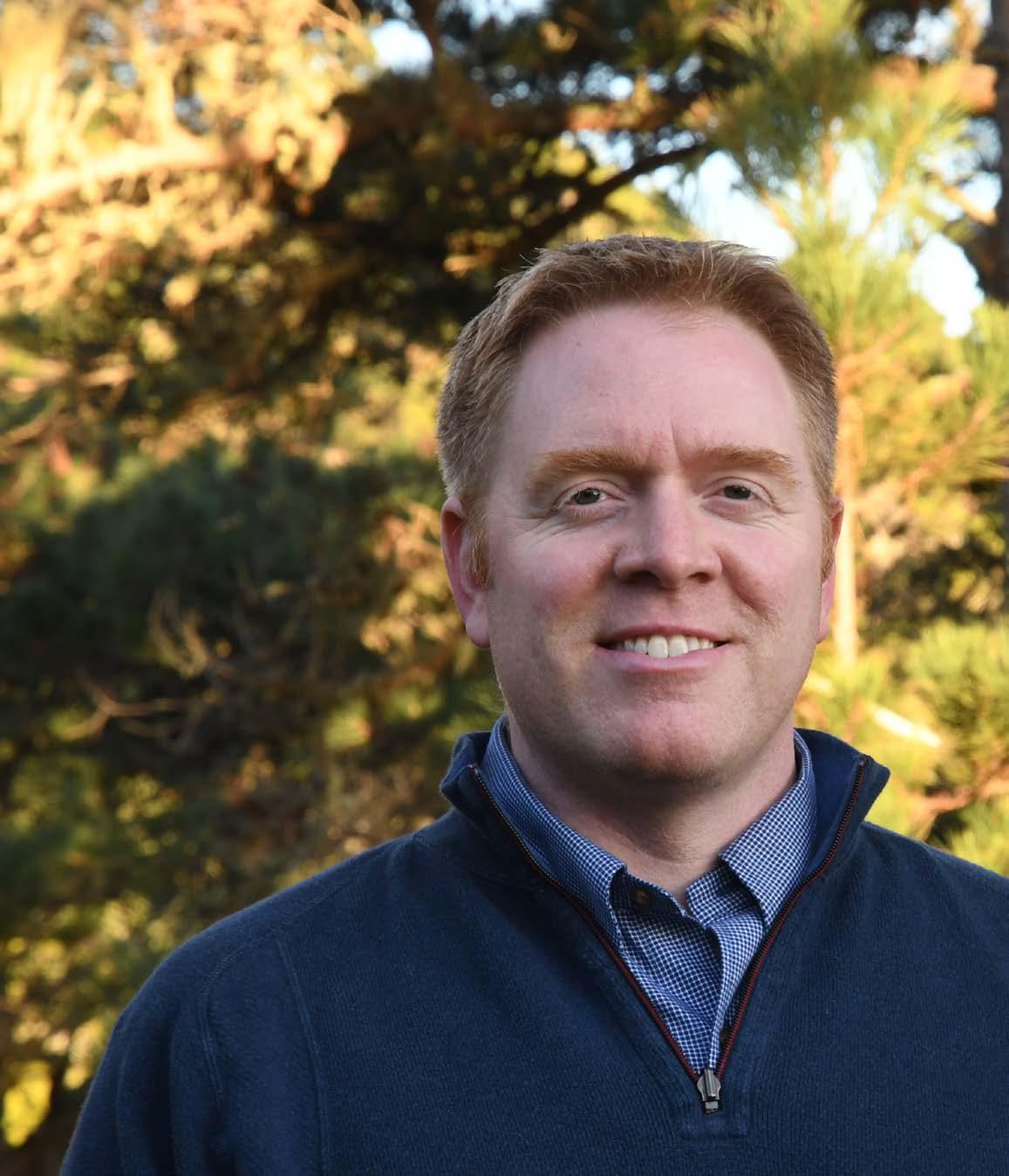
Sustainability is a way of life for Barrett, The Honors College alumnus Chris Jaap. And he hopes to encourage that way of life in others, establishing a $25,000 endowment to provide scholarships for Arizona State University honors students with a passion for sustainability.

Jaap divides his time between San Francisco and the Sea Ranch, a planned community that emphasizes an environmentally sensitive approach to development and “living lightly on the land.” The Sea Ranch stretches for about 10 miles along Highway 1 at the northern end of the Sonoma County coast north of San Francisco. The community spans 5,000 acres, approximately two-thirds of which is reserved open space with expansive meadows and hillsides covered by trees.
It is a place for anyone who loves the environment and who is committed to protecting it while living at the center of one of the most beautiful areas of California, said Jaap, who graduated from ASU with honors in 1995.
After serving on the community’s finance committee, he was elected to a three-year term on the board of directors in May 2018.
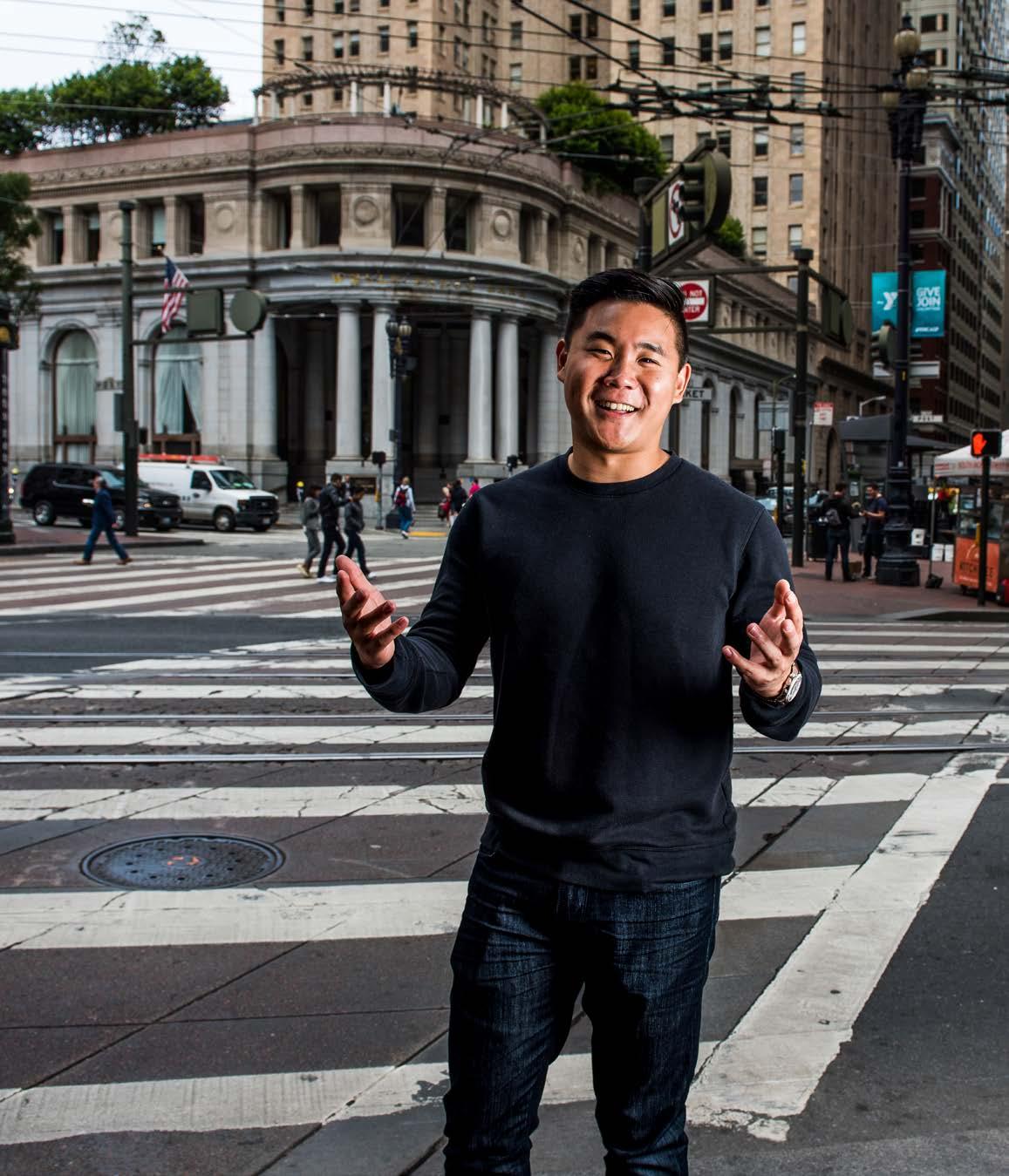
PUBLISHED ASU News, Fall 2017
A supernova of innovation, Silicon Valley has been drawing the brightest, most creative employees for decades. And increasingly, those workers include Arizona State University graduates.
Story by MARY BETH FALLERASU recently made Business Insider’s list of the top 20 universities for landing a job in the high-tech mecca, and a different analysis, by the online recruiting company HiringSolved, put ASU in the top 10 for sending the most graduates to Silicon Valley.

These accolades are not surprising for a university that has been named most innovative in the nation three years in a row, according to a survey of peers published by U.S. News & World Report.
So how do Sun Devils get to Silicon Valley? Hard work, talent and a lot of energy, of course, but the journey isn’t always straightforward. What they learn outside the classroom is just as crucial as their coursework.
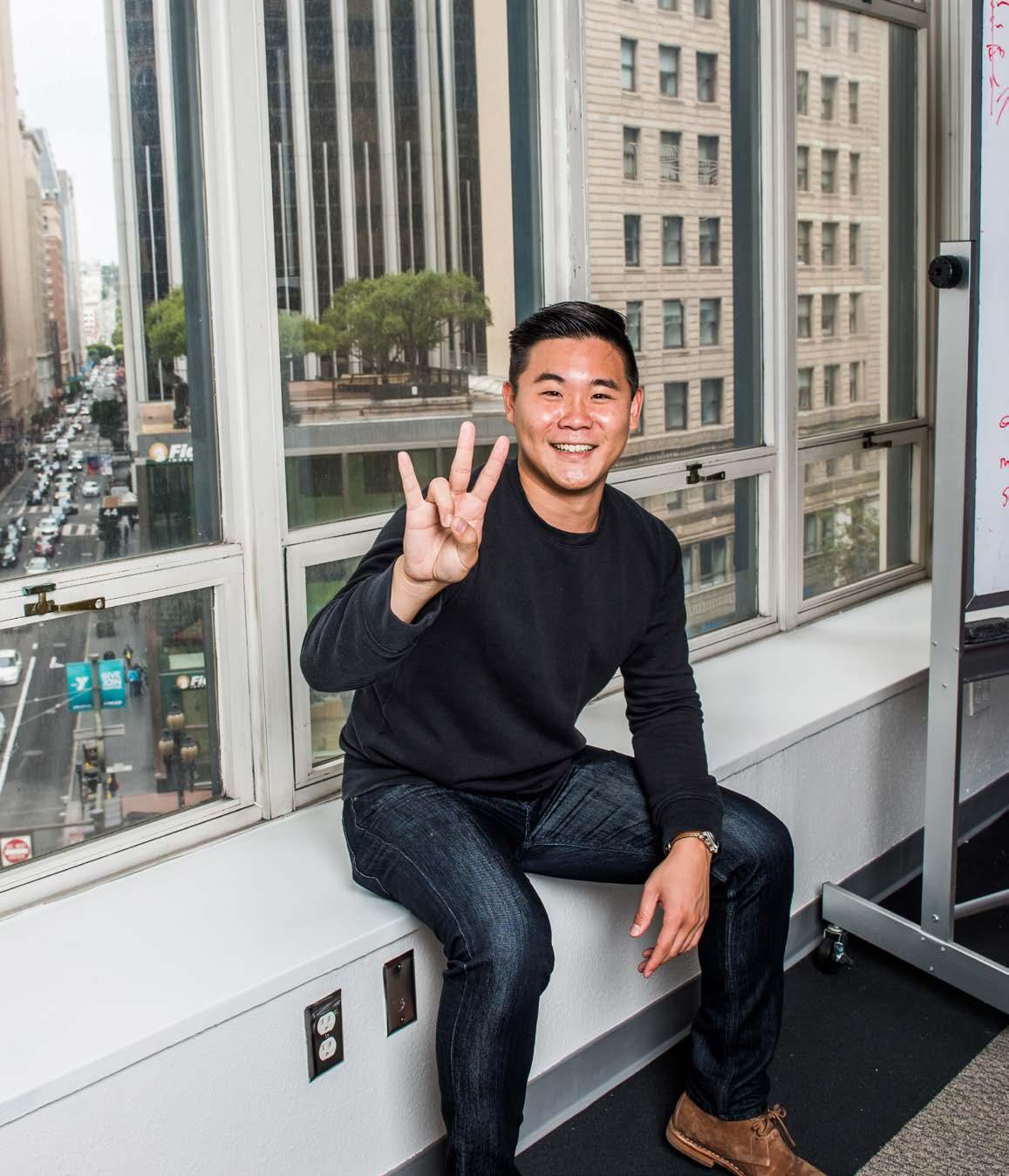
Alumni who are succeeding in Silicon Valley say it takes curiosity, creativity and even a healthy dose of failure.
Ryu took advantage of ASU’s support for entrepreneurial students, and one of his projects led directly to the company he now leads. OnboardIQ is a platform that streamlines recruiting and hiring for large companies that need many hourly workers. Ryu is the CEO of the company, which has raised nearly $11 million in capital. Even with talent, a great idea and hard work, Ryu admits that first year was tough.

“From my freshman year I was into learning new things, whether web programming or how to play the guitar. In my sophomore and junior years I worked on a project called Onvard, a self-educational platform. That evolved in my senior year to be a learningmanagement system.
“By the time I graduated, I had two choices: I could join a company in Arizona or I could come out here to Silicon Valley and continue working on Onvard. At the time, Onvard had only one paying customer at $50 a month, so it wasn’t a real company. But it did give me enough confidence to test out the scene.
If it wasn’t for [ASU] Edson’s support and resources, [his company] Onvard could have died before it became OnboardIQ.
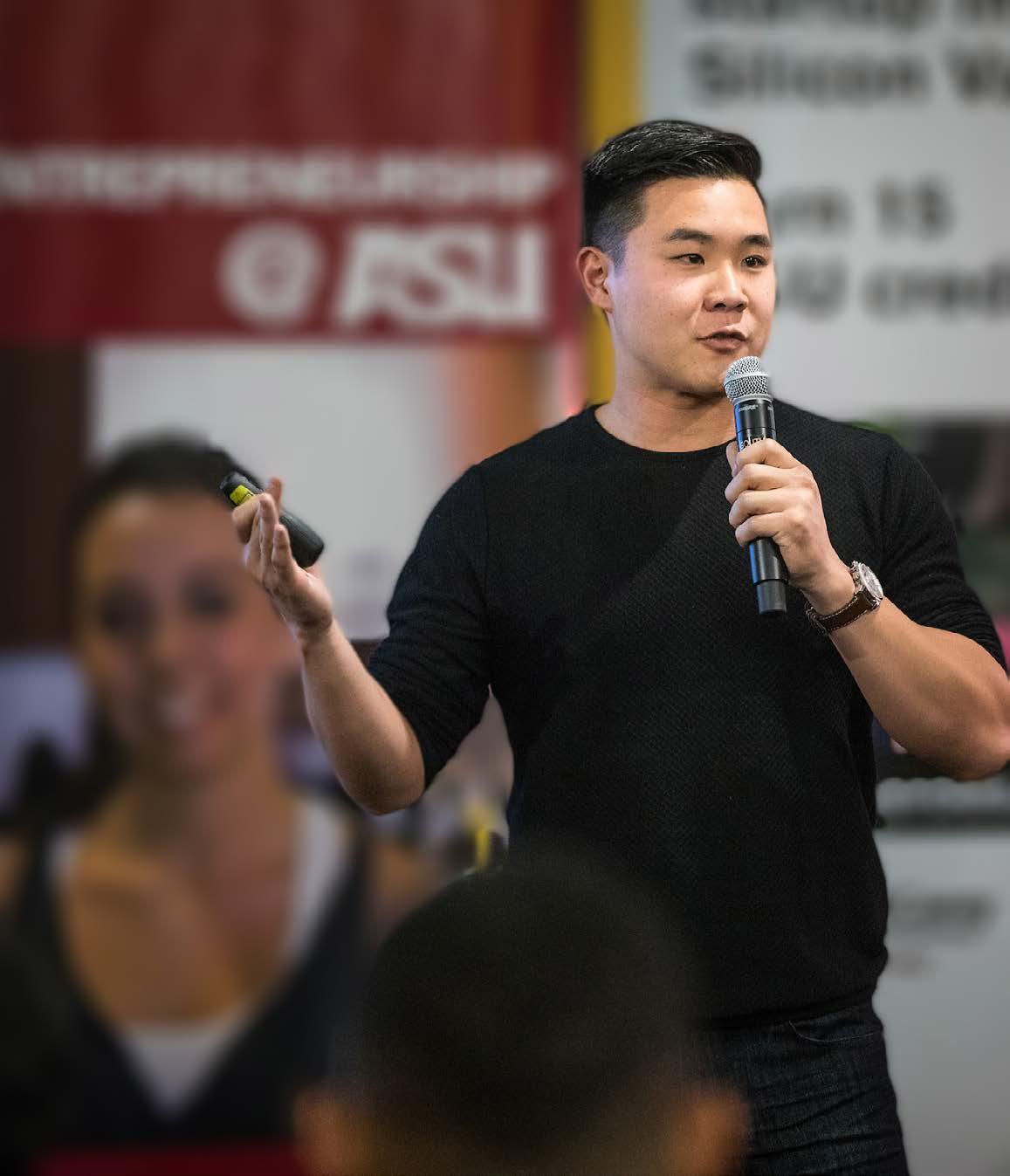

“When I was living in Arizona, Silicon Valley was a mystical land where things seemed to be happening. I wasn’t sure I could punch above my weight, but I wanted to come out here.
“I tried selling Onvard. I got no responses, but I did get a response that outlined the need for high-velocity, highvolume recruiting. That was an opportunity to tweak our software to help.”
On finding support at ASU:
“Fortunately, while I was at ASU, I was in a lot of entrepreneurship programs. Edson [the Edson Student Entrepreneur Initiative] gave us $7,000, and I won some money in a pitch competition at the end of school, and that’s what allowed me to come out to Silicon Valley. If it wasn’t for Edson’s support and resources, Onvard could have died before it became OnboardIQ.”
What the first year was like:
“My co-founder and I were two young nonengineering students who didn’t come from a Stanford background. For a
tech startup, you want to have at least one engineer on your founding team, and we didn’t have that. We had a competitor who was threatening to sue us. The first year we were living off of dumplings and boiled eggs and pizza pockets. Eventually we were very fortunate to find an investor who believed in our hustle.”
On putting in the work:
“People will say, ‘It’s so brave of you’ and they think of it as a big risk. But to be honest, because of the nature of startups and having to have this drive to even have a chance of succeeding, you have to give it your all. If you’re doing it on the side, if you don’t show that level of dedication, no investor or team member will trust you. If you can’t put 100 percent into it, why would they give you money?”
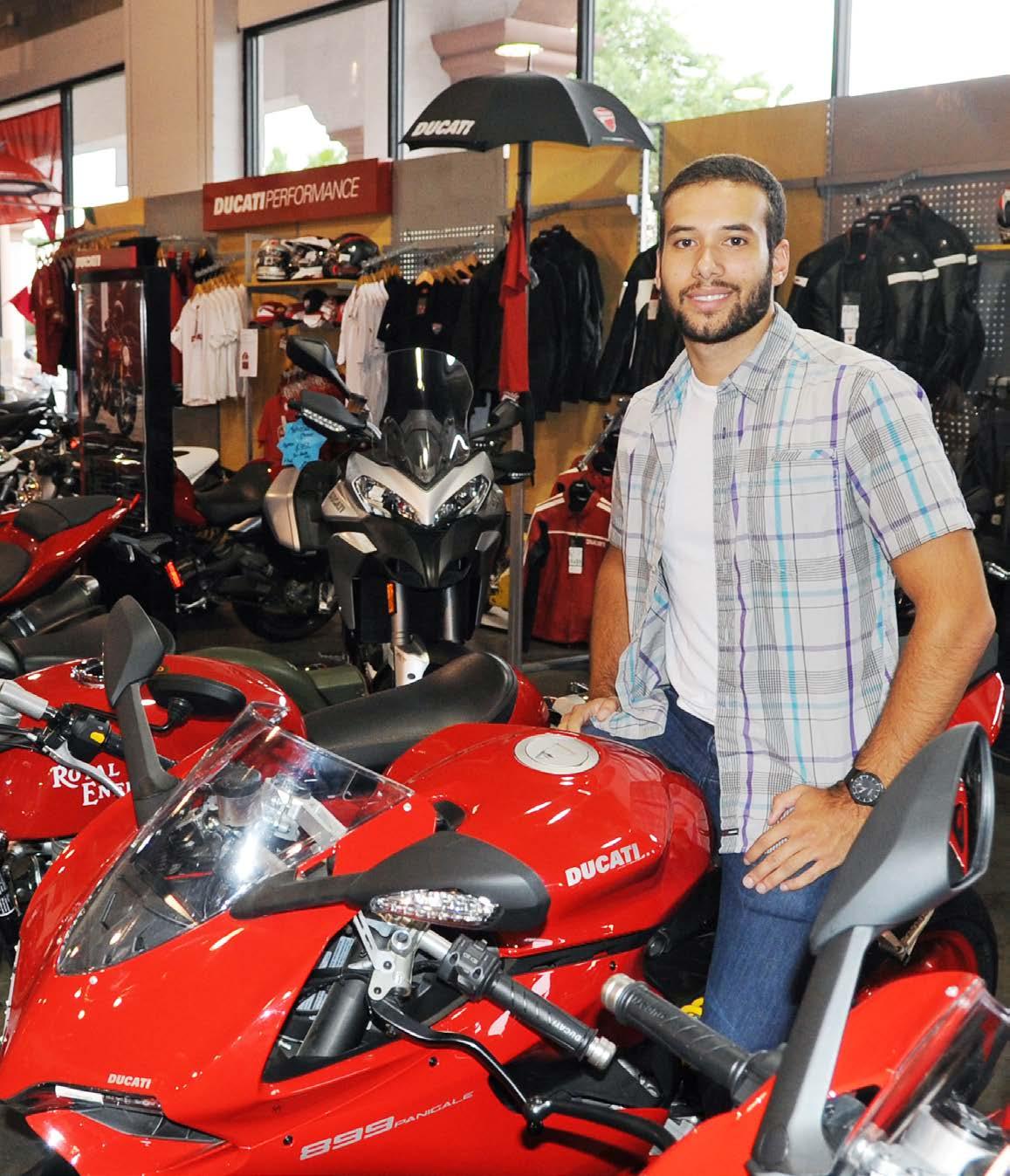
Square-Full Bachelor’s in industrial design
Square-Full Member of elite team selected to design new toy for major U.S. manufacturer through ASU InnovationSpace — transdisciplinary education and research lab using model of new-product development known as Integrated Innovation and emerging field of biomimicry to create sustainable innovation
Square-Full Hopes to bring to market his honors thesis: motorcycle helmet with integrated air filter to reduce inhalation of pollution
Square-Full Works with one of largest motorcycle and power-sports companies in U.S., branding new motorcycle products and creating art for 35 stores
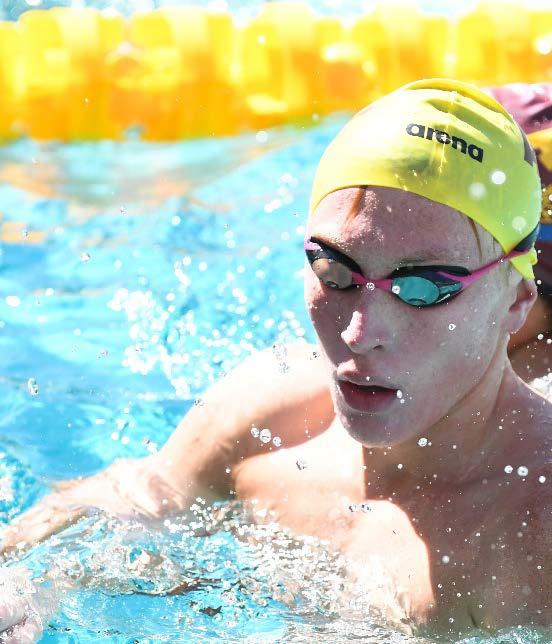
“I wanted a school that could challenge me in both ways, and the [swim] coaches suggested Barrett to me as a way to step it up even further. When my grades are up, my swimming is going well. ”
— JAKE MASON, ’26 BS IN BUSINESS MANAGEMENT
PUBLISHED
ASU Thrive magazine, Winter 2023
Barrett, The Honors College at ASU is not only a top-ranked honors college recognized for its academically distinguished student body, but also one noted for its athletic excellence. In the 2022–23 academic year, nearly 70 student-athletes are balancing athletics and academics at Barrett.
Jake Mason, ’26 BS in business management, is a first-year student-athlete on the swimming team who says he chose Barrett because the college values academics and athletics equally. “When my grades are up, my swimming is going well,” he says.
A member of the gymnastics team, Emily White, ’23 BS in biomedical sciences, plans to go to medical school, and says a degree from Barrett will help. It shows her commitment to academic excellence and embodies going the extra mile, she says.

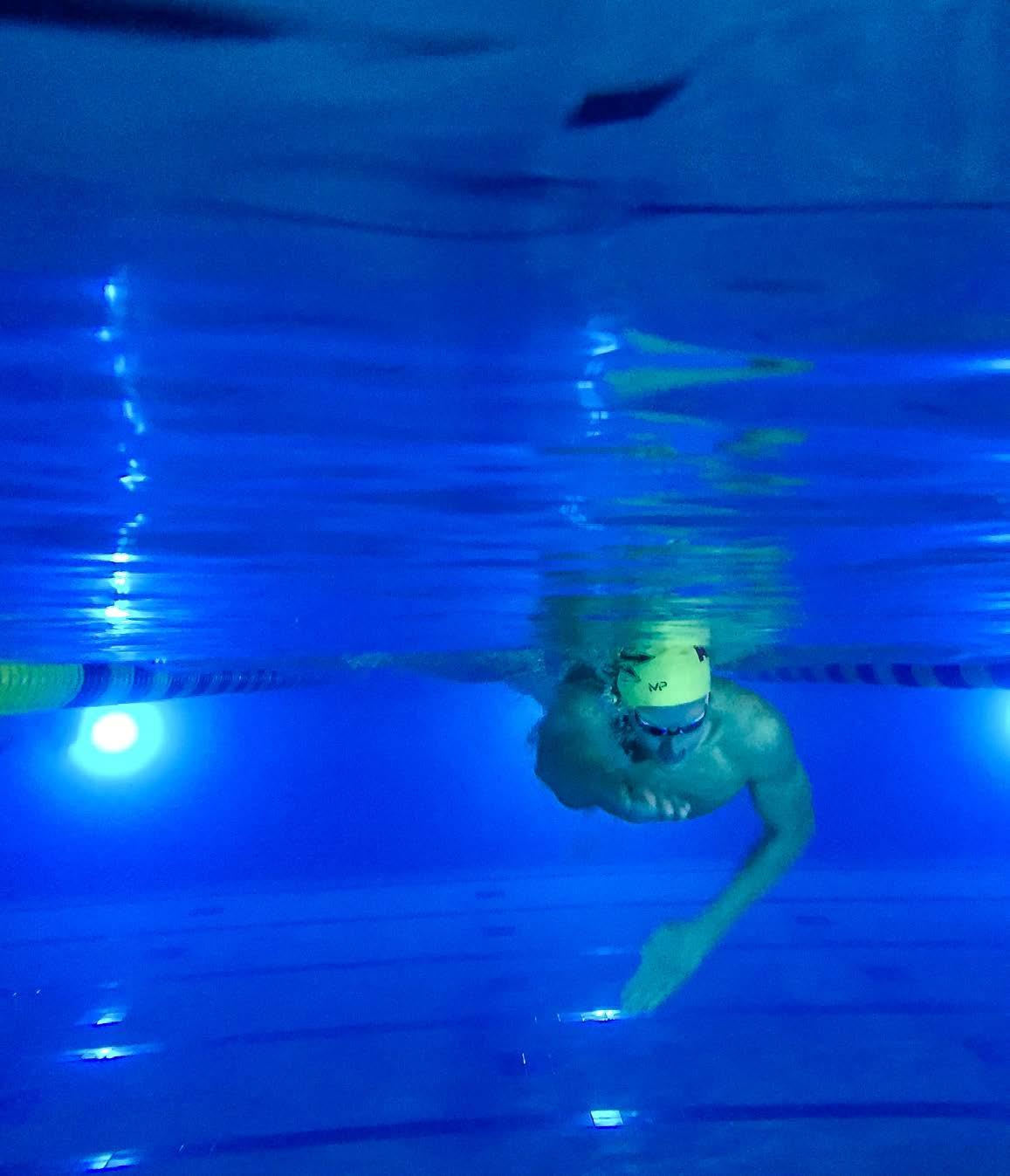
The freestyle specialist on the Sun Devil Men’s Swim Team graduated this week with a bachelor’s degree in biological sciences (conservation biology and ecology) from the College of Liberal Arts and Sciences with honors from Barrett, The Honors College.
He plans to stay at ASU to pursue a Master of Legal Studies with an emphasis on law and sustainability at the Sandra Day O’Connor College of Law.
Hill, who is from Gainesville, Florida, compiled an impressive swimming record as an undergraduate. He made the 2023 Pac-12 Winter Academic Honor Roll, which recognizes student-athletes with a cumulative grade-point average of 3.3 or above. He received the Stephen L. Estes Endowed Scholarship and the ASU President’s Scholarship.
His swimming bona fides include being a Pac-12 champion in the 800-yard free relay and an All American in the 200-yard free and the 800-yard free relay. His team also finished second at the NCAA Championships in March - the highest finish in program history.

He completed an honors thesis, titled “Sustainability of Desert Golf: An Assessment of Golf Courses in the Greater Phoenix Metropolitan Area and Plan of Action Moving Forward.”

“ I think I am a wellrounded student, and ASU has given me so many various viewpoints and curiosity.”
– JULIAN HILL, FREESTYLE SWIM AND BIOLOGICAL SCIENCES MAJOR
Julian Hill was a powerhouse in the swimming pool and in the classroom at Arizona State University.

PUBLISHED
The Sun Devils, October 6, 2022
TEMPE, Ariz. – Already planning ahead for life after athletics with her spring graduation forthcoming, Sedona Gallagher recently wrapped up a series of interviews for potential jobs and internships for next summer – and a recurring theme was present in each conversation.
“People love athletes,” said Gallagher, now a graduate student on the Sun Devil Women’s Tennis team and one of nearly 70 studentathletes in Barrett, The Honors College. “In all of my interviews, every single one of them skipped right over content and right into, ‘What’s your experience being on a team? How do you handle leadership skills? What do you do when there’s a problem on your team?’
Barrett, which the New York Times’ Frank Bruni once tabbed it as “the gold standard,” offers students “study abroad and globally-focused programs, undergraduate research and internships, social and cultural events and leadership and service initiatives,” according to the school’s website.
It is consistently ranked among the top honors college destinations while being lauded for its facilities and amenities.
For these Sun Devil studentathletes like Gallagher, athletics are woven into top-level academics over the course of their collegiate careers. Barrett quenches the thirst for those seeking excellence in both.
Several Sun Devils spoke about the impact the honors college has on them, how it creates the path to a better future and what future student-athletes can do to follow in their footsteps.
“Make the time,” Gallagher, an Accounting major, said, offering advice to prospective studentathletes interested in joining Barrett. “It is 100 percent worth it.”
When Jake Mason, heralded as one of the top high school swimmers to come out of
Tennessee’s class of 2022, first opened his recruitment, it was paramount that the university he committed to had academics that were on par with the swimming program.

It was the coaching staff who steered Mason into the direction of Barrett, after the Nashville native explained his knack for swimming better when he’s excelling in both the classroom and the pool.
“When my grades are up, my swimming is going well,” Mason said. “I wanted a school that could challenge me in both ways, and the [swim] coaches suggested Barrett to me as a way to step it up even further. I thought it was a great idea.”
Mason is studying Business Management and is just two months into his ASU tenure as a freshman on the Sun Devil Men’s swimming team. He’s since settled into his new role where athletics and academics are equally valued.
“It’s been really fun, it’s like it’s a home away from home,” he said. “I have my athletics and my stuff over by Mona Plummer Aquatic Center and then have a home-base to come back to, relax, shed it all off.”
Soccer’s Brianna Nunley, a freshman and Psychology major,
‘It shows your commitment to academic excellence’: Nearly 70 Sun Devils Balance Athletics and Academics
“They directly correlate athletics with the working world, so I think I’ve been set up pretty well in that regard [in Barrett].”
— SEDONA GALLAGHER, GRADUATE STUDENT ON THE SUN DEVIL WOMEN’S TENNIS TEAM
shared Mason’s excitement about his first impressions of Barrett. Both touched on The Human Event course – one of the school’s signature classes – and its ability to take older texts and relate it back to modern times and ideals.
Make no mistake – these courses pose great challenges and each can be widely demanding, but Nunley feels it is their structure that makes for a more conducive learning environment.
“To have that smaller environment where in the class, we all communicate to each other and share ideas,” she said, “it’s even helped me grow and expand the knowledge that I can have. I’ve loved that.”
“You’re kind of sitting in this Socratic seminar type of table,” Mason added. “I can network with people, or discuss freely without raising my hand, which is big.”
Outside of the course workload
itself, much of the challenges for Sun Devil student-athletes in Barrett centers around balancing it with rigorous athletic schedules. Early morning weight-training sessions followed by mid-day practices see classes sandwiched in between.
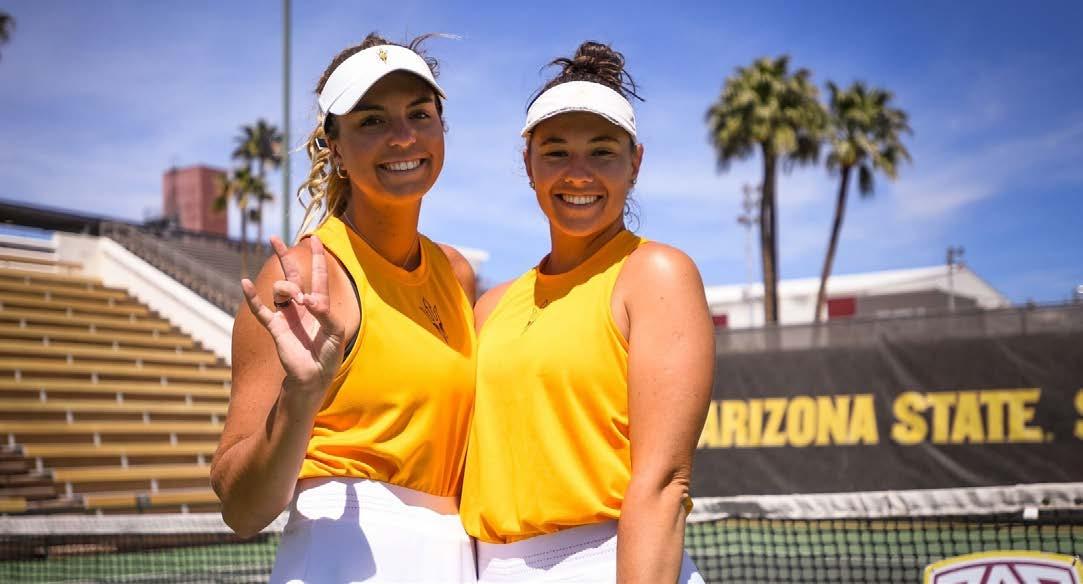
Of course, then, it feels nice to have helping hands nearby.
Mason and Nunley each have more than a half-dozen teammates in their respective sports who are also in Barrett, as does Emily White, a junior on the Gymnastics team.
“Our freshmen and sophomores [on the team] in Barrett, I know me and the seniors and the other juniors, we really like helping them out with books we’ve read and giving them some insight and different tips we have just going through the process,” White said.
Nunley has a teammate who shares the same Human Event professor, allowing them to collaborate ideas, clarify questions
said, “so I’m sure she’ll be around to help me with my thesis. I really leaned on her a lot.”
White is a year away from writing her thesis paper – which presents itself as a tall, intimidating task upfront – but feels comforted at the assistance she has at hand. She’s already met with a trio of senior teammates who are currently writing theirs, and they have offered
“To have that smaller environment where in the class, we all communicate to each other and share ideas. It’s even helped me grow and expand the knowledge that I can have. I’ve loved that .”
— BRIANNA NUNLEY
they may have and generally offer support to one another.
“Instead of just being on your own with it,” Nunley said, “it’s been amazing to have that.”
Gallagher is the lone Barrett representative on the Women’s Tennis team this season, a feeling she’s still getting used to after having teammate Cali Jankowski alongside her last year. Though Jankowski has since graduated, the two still engage in Barrett-related discourse.
These athletes refer to Barrett as a community within a community – another layer to their Sun Devil experience – and a bond that remains intact even after their collegiate careers are over.
“Even now, I still talk to her and she’ll give me advice on certain classes and the thesis,” Gallagher
insight on the paper’s research and development process.
“I feel like once you get started, there are really so many resources that Barrett has for you,” she said. Collectively, Gallagher, Mason, Nunley and White shared similar sentiments on what it means to be a student-athlete in Barrett. It demands a higher level of accountability, teaches time management and molds them into complete, well-rounded students.
It also opens the door to opportunity for life after athletics.
“For me personally, I want to go to medical school,” said White, who’s currently a Biomedical Sciences major, “so I know that’ll really help me stand out on my application. It just really shows your commitment to academic excellence and I feel like Barrett
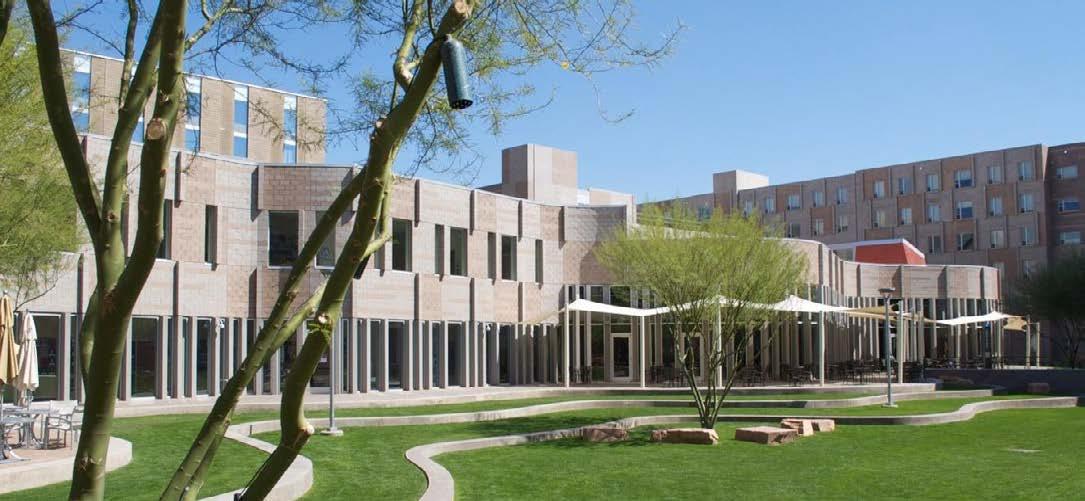
really embodies going the extra mile in general, so it really sets you up for being prepared to put in the work.”
Gallagher and White especially, both upperclassmen, are beginning that preparation for life after their playing days. The stresses and nervousness associated with securing that first job postgraduation remain, but they feel their time in Barrett allows for a smooth transition to the working world.
“I think it provides you with more job opportunities and it’s a leg-up on other people,” Gallagher said. “It shows you can begin and complete a task. I’d definitely recommend it.”
“There is that life after being an athlete,” Nunley added, “and I think Barrett will really help prepare me for that.”
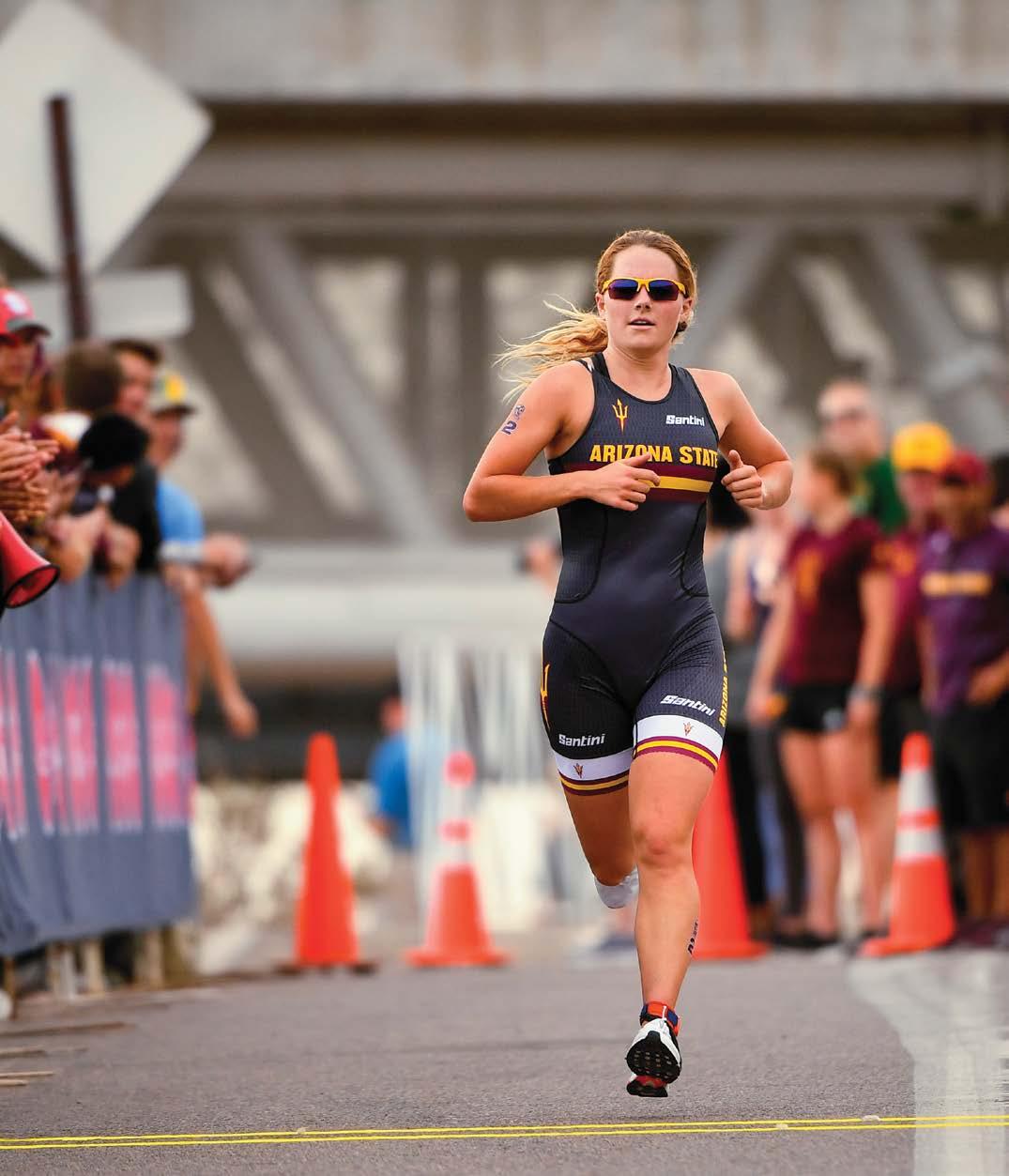
“ I love that Barrett provides so many opportunities to learn and grow beyond the typical college curriculum.”
– OLIVIA JENKS, TRIATHLETE AND KINESIOLOGY MAJOR
PUBLISHED
ASU Thrive magazine, Winter 2020

The challenge of competing in triathlons wasn’t enough for Olivia Jenks. She also wanted to be challenged in the classroom, so she chose Barrett, The Honors College at Arizona State University.
“I knew I wanted to challenge myself beyond the typical course load of college,” says Jenks, a sophomore majoring in kinesiology. “I also wanted to be able to live with and be surrounded by other academically minded students and student-athletes. Barrett allows me to be an academic leader, while also providing a great education in smaller, more focused classes.” Jenks is among 68 student-athletes from football to water polo in Barrett, including fellow triathletes Audrey Ernst, Kira Stanley and Mckenzi Wilson.
Considered the nation’s gold standard among honors colleges, Barrett’s residential community has more National Merit Scholars than MIT, Duke, Brown and Stanford.
“Barrett, The Honors College is extremely proud of all of our varsity student-athletes,” says Mark Jacobs, ASU vice provost and dean of Barrett. “It takes admirable focus, drive and energy.”
68 studentathletes in Barrett in 2019, including students from 16 sports 4 triathlon team members in Barrett
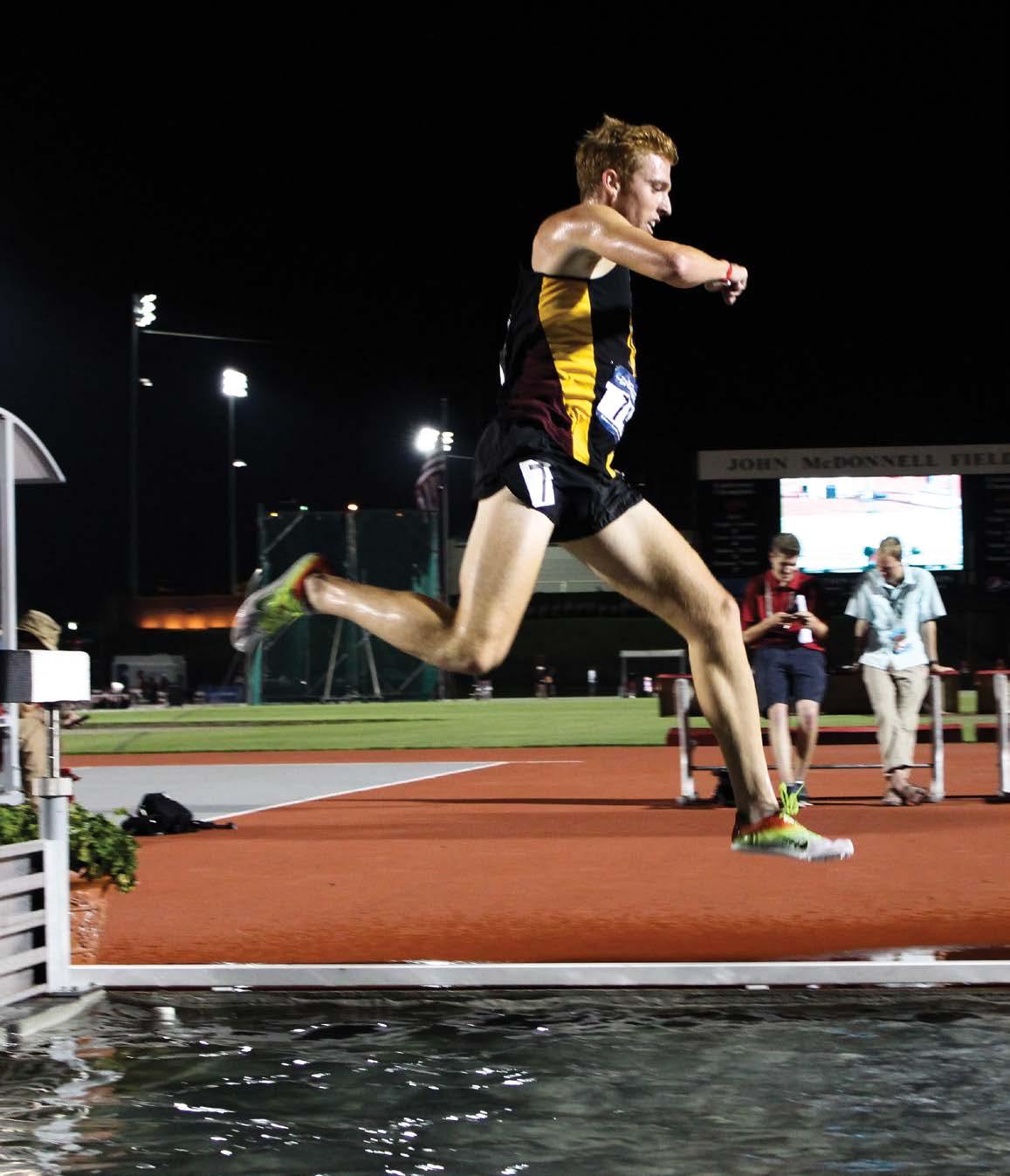

Square-Full Bachelor’s in kinesiology, pre-med focus; graduated with 4.08 GPA
Square-Full Studying osteopathic medicine at Rocky Vista University College in Parker, Colorado
Square-Full Captain of ASU cross country team; six-time Pac-12 First Team All-Academic; two-time U.S. Track and Field and Cross Country Coaches Association; All-Academic Member, ASU Student-Athlete Advisory Committee; student-athlete representative, Sun Devil Faculty Athletic Board
Square-Full Recipient of prestigious Moeur Award for high academic standing
Square-Full Credits Barrett programs for academic and personal success: “Barrett really prepared me for medical school by challenging me to make the most of my education and truly learn.”
“ Barrett really prepared me for medical school by challenging me to make the most of my education and truly learn.”
– GARRETT BAKER-SLAMA
Barrett, The Honors College provides a wide variety of global initiatives and study abroad opportunities to expose Barrett students to life-changing and culturally immersive experiences, empowering them to make a positive impact in the world. Programs include GlobalResolve, an international service learning program designed to involve students in real-world projects that positively impact communities with need around the world; Distinguished Global Leader series focused on bringing global leaders to campus; study abroad opportunities to encourage the values of global citizenship; and Global Honors Flex for first-year students to study in Berlin.
Barrett boasts a remarkable record in the number of nationally competed postgraduate fellowships won by its student scholars, including Fulbright, Truman, Goldwater, Udall and Marshall fellowships. ASU is a perennial top-producer of Fulbright recipients, many of whom are Barrett Honors College graduates. Sponsored by the U.S. Department of State, the Fulbright U.S. Student Program provides full-cost awards to support yearlong post-graduate study, research, artistic and teaching experiences in over 140 countries.
In addition to the exceptional programs available to Barrett students seeking international scholarship, the college has established a global footprint that will continue to expand, attracting high-achieving international students from 32 countries and with alumni representing 61 countries.
From its inception, Barrett has attracted high-achieving students from across the globe, including students from China, Canada, India, Mexico, South America, Africa and Europe. Programs include global travel, Barrett Global Classroom, GlobalResolve, Distinguished Global Leaders Lecture Series and Distinguished Global Leader Scholar-In-Residence.
88 more international students in 2022 than in 2012 for a total of 127 international students in Barrett.
15:1 Student-tofaculty ratio in classes taught by Barrett faculty
10 consecutive years as a ‘Top producing’ university of elite scholars.
ASU is in the ranks of an elite group of universities with Rhodes, Marshall and Churchill scholarship winners. Three students from Barrett, The Honors College put ASU in the company of Harvard, Stanford and the University of Chicago as the only U.S. institutions with all “Big 3” scholars.
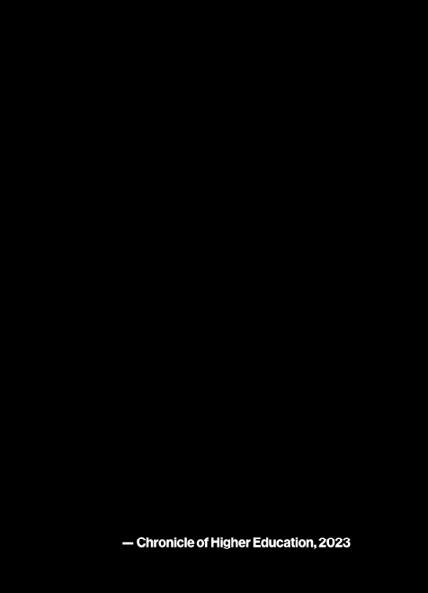
(outside the US)
Fulbright U.S. Student Program supports independent study or research, teaching, graduate study or artistic practice abroad. Sponsored by the U.S. Department of State’s Bureau of Educational and Cultural Affairs, it is the largest and most prestigious educational exchange fellowship program in the world.
The Gates Cambridge Scholarship provides full-cost scholarships to outstanding applicants from countries outside of the U.K. to pursue postgraduate degrees in any subject at the University of Cambridge. The award recognizes outstanding intellectual ability, leadership potential and a commitment to improving the lives of others. The Marshall Scholarship enables intellectually distinguished young Americans, anticipated to be the country’s future leaders, to study in the U.K. so they may gain an understanding and appreciation of contemporary Britain and act as ambassadors.
In the last 10 years, ASU students have been awarded Goldwater, Fulbright, Churchill, Marshall, Rhodes and Truman scholarships
61 countries represented by alumni
32 countries represented in the student body
127 international undergraduate students
6 continents where alumni lead businesses
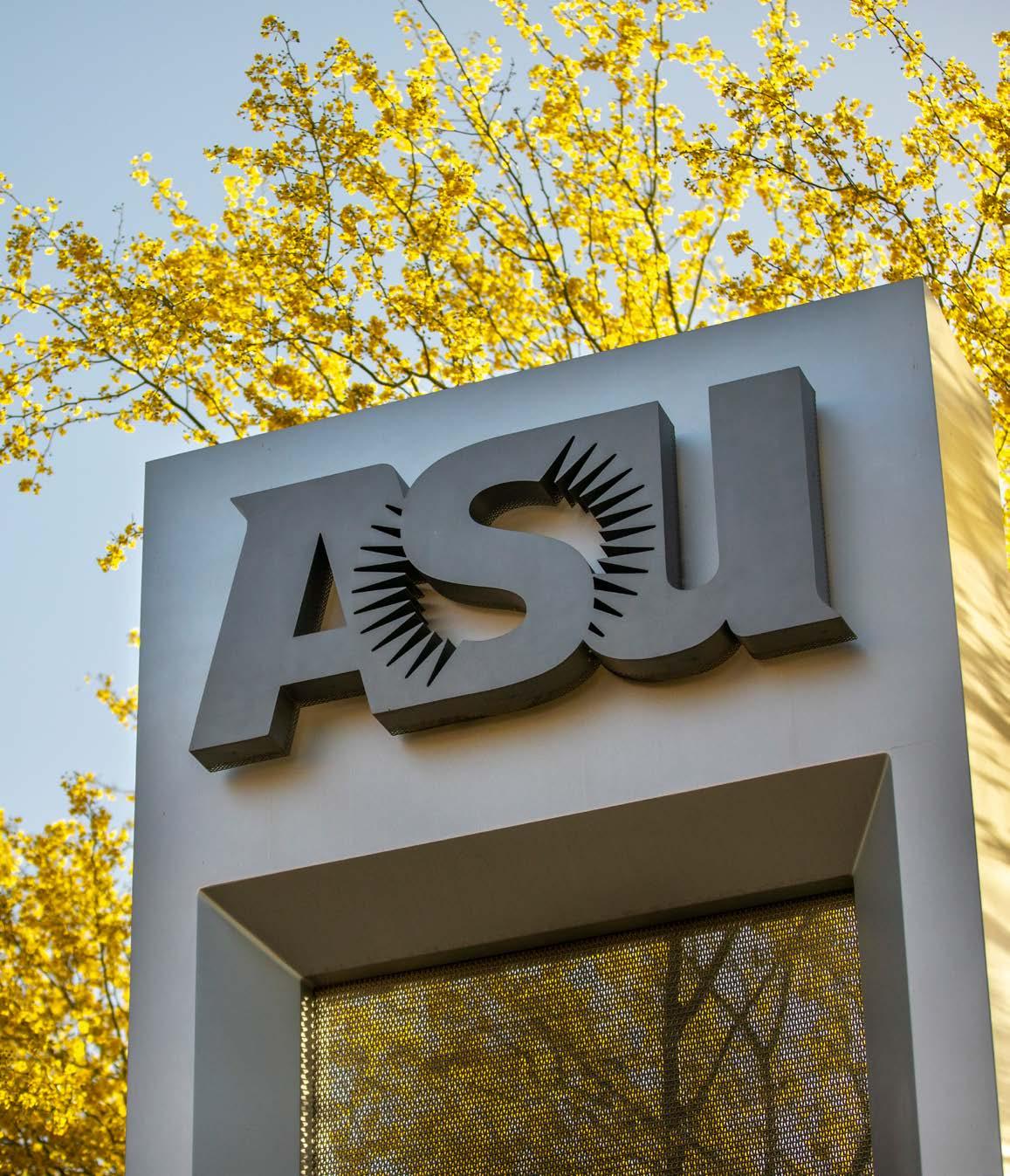
16 Marshall Scholars
11 Gates Cambridge Scholars
6 Rhodes Scholars
1 Churchill Scholar
Since 1992, 34 Arizona State University students have been awarded Churchill, Gates Cambridge, Marshall and Rhodes scholarships. These prestigious international scholarships fund study abroad. Of those, 31 have been students in Barrett, The Honors College at ASU.

This year, ASU is among only nine other doctorallevel institutions that were recognized as top performers in the number of both Fulbright students and scholars. The university was named along with Harvard University, Penn State and others in this distinction, and is the only Arizona university to be named a top producer of both scholars and students.
In addition to Fulbright winners, ASU has been raising its profile with other elite awards. In the 2023 award cycle, seniors Nathaniel Ross and Katie Sue Pascavis were awarded the Rhodes Scholarship and Marshall Scholarship, respectively, making ASU one of only three public universities to produce winners of both prestigious awards. Here are ASU students who recently earned the world’s top scholastic honors.
Argentina
Yoko Chavez
Fulbright U.S. Student Program
Australia
Lily G. Deakin
Gilman Scholarship
Brazil
Miriam Carpenter-Cosand
Critical Languages
Scholarship
Madeleine Ryan
Boren Scholarship
Celeste Zuniga
Fulbright U.S. Student Program
Canada
Benjamin Ambrose
Killam Fellowship
Jordyn Hitzeman
Killam Fellowship
Maria Cornejo-Terry
Killam Fellowship
Czech Republic
Scott Devereux
Gilman Scholarship
Costa Rica
Kallee Schwann
Barrett Global Explorers
Grant, also studying in the Dominican Republic
Denmark
Paul-Gabriel Pagay
Also France, U.K.
Gilman Scholarship
Finland
Claire Agee
Fulbright U.S. Student Program
France
Ebani Acedo
Gilman Scholarship
Blanca V. Aguiar
Gilman Scholarship
Anastasiya Andreyeva
Gilman Scholarship
Francesca Marie R.
Maglalang
Gilman Scholarship
Jalen McClellan
Gilman Scholarship
Angelica Pentland
Gilman Scholarship
Georgia
Christian Shousha
Critical Languages
Scholarship
Germany
Isabelle Abbas
DAAD-Rise
Christina Bell
DAAD-Rise
Teddi Burgess
Gilman Scholarship
Tianna Chemello
DAAD-Rise
Shrey Garg
DAAD-Rise
Kyleigh G. Gates-Haas
Gilman Scholarship
Miriam Goras
DAAD-Rise
Julia Greteman
DAAD-Rise
Jasmin Falconer
DAAD-Rise
Piper Heiligenstein
DAAD-Rise
Rylee James
DAAD-Rise
Chloe Leff
DAAD-Rise
Mariah McNally
DAAD-Rise
Cameron Morgan
DAAD-Rise
Samihan Muppirala
DAAD-Rise
Eliana Watson
DAAD-Rise
Olivia Wyatt
DAAD-Rise
Ghana
Talia Rodriquez
Fulbright U.S. Student Program
Iceland
Tasnia Hossain
Gilman Scholarship
Ireland
Esther Almazan
Fulbright U.S. Student Program
Steven Braswell
Gilman Scholarship
Ava Ethridge
Gilman Scholarship
Italy
Rachelle Davila
Gilman Scholarship
Tanner A. McDonald
Also Germany and Denmark Gilman Scholarship
Grecia Pacheco Padilla
Gilman Scholarship
Skylar Urich
Gilman Scholarship
Japan
Alexandra Finitzer
Gilman Scholarship
Jasmine Gajewski
Gilman Scholarship
Angus McVicker Mendez
Critical Languages
Scholarship
Dallin Richardson Gilman Scholarship
Kazakhstan
Kristina McCarthy
Fulbright U.S. Student Program
Mexico
Cristian Payan
Fulbright U.S. Student Program
Valeria Perez
Barrett Global Explorers Grant
Mongolia Wen Wendt
Fulbright U.S. Student Program
New Zealand
Savanna Lee Gilman Scholarship
Norway
Miriam Goras
Fulbright U.S. Student Program
Peru
Shaniece N. Randolph
Gilman Scholarship
South Korea
Alicia Maynard Briones
Gilman Scholarship
Brittany Duran
Fulbright U.S. Student Program
Lady Pace Gilman Scholarship
Spain
Joseph Larson Nevarez
Gilman Scholarship
Lizbette A. Ramos
Gilman Scholarship
Taiwan
Noah Byrd Boren Scholarship
Danielle Brister
Fulbright U.S. Student Program
Bailey Q. Hardt
Gilman Scholarship
Armando Hernandez
Critical Languages Scholarship
Danika Kartchner
Fulbright U.S. Student Program
Payton Morlock
Gilman Scholarship
ASU Thrive magazine, May 2023
Raymond Ortiz
Boren Scholarship
Gilman Scholarship
Sidney Ortiz
Gilman Scholarship
Emma Strouse Boren Scholarship
Camille C. Thompson
Gilman Scholarship
Madeleine Zheng Boren Scholarship
Thailand
Jose Miguel Santos
Gilman Scholarship
Taylor L. Yates
Gilman Scholarship
United Kingdom
Alyssa Cortez
Fulbright U.K.
Summer Institutes
Brittney N. Farrow
Gilman Scholarship
Venus Kapadia
Gilman Scholarship
Gabrielle Mills
Gates Cambridge Scholars
Ntombizodwa Makuyana Gates Cambridge Scholars
Alexander Sojourney
Marshall Scholarship
Elizabeth Truckenbrod-Hart
Gilman Scholarship
Virtual
Melissa Moreno Gilman Scholarship
Pascavis and her team at the Luminosity Lab were selected as winners of the XPRIZE Next-Gen Mask Challenge for their inexpensive, reusable, fog-free N95 mask design. They were awarded $500,000.
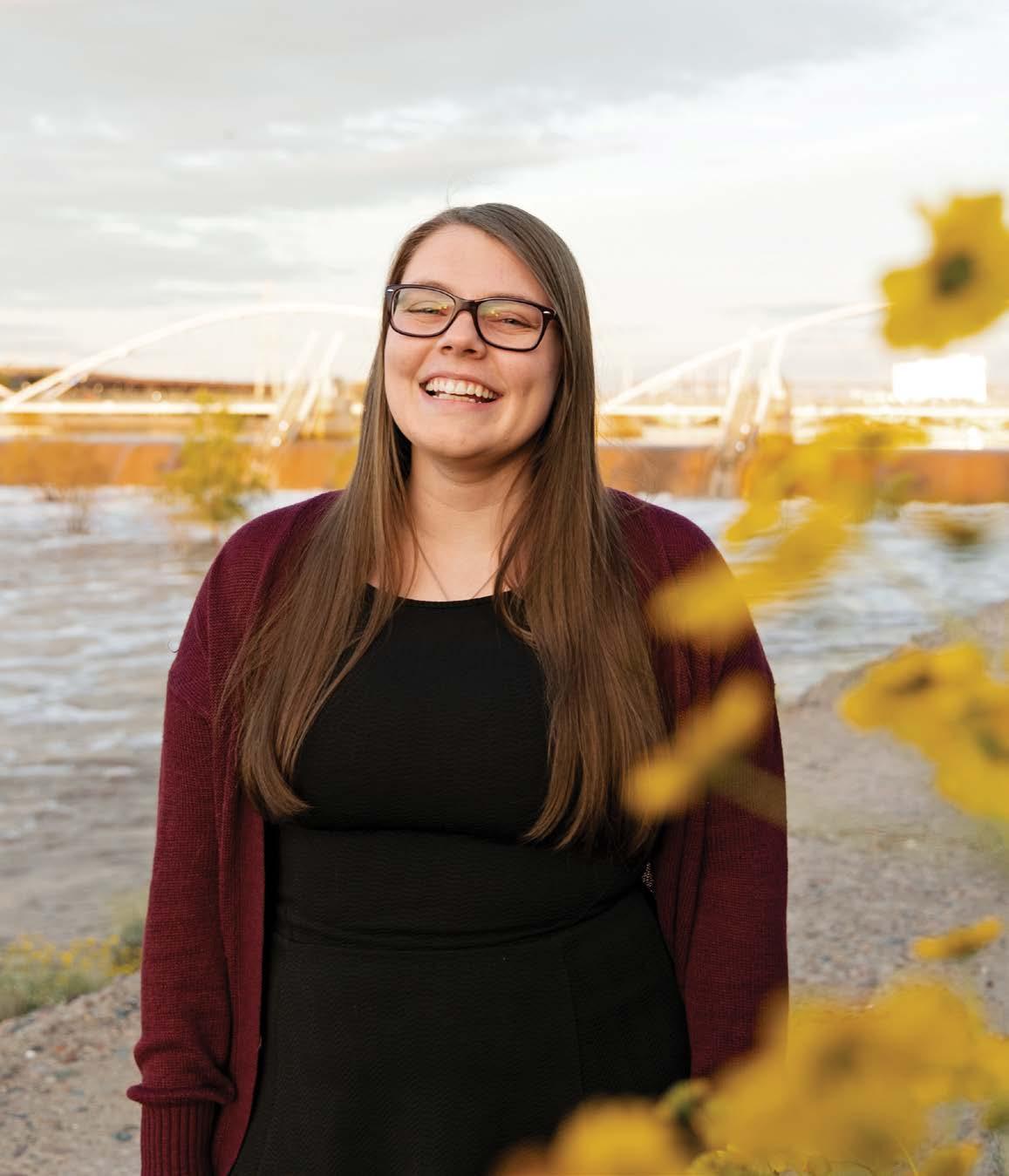
“Through Engineers Without Borders, I learned about the role of engineers in community health and that inspired my interest in water, sanitation and health engineering.”
— KATIE SUE PASCAVIS, MARSHALL SCHOLAR
In the fall of 2020, while students were attending virtual classes due to the COVID-19 lockdowns, Katie Sue Pascavis was laying down the groundwork for her patent applications.
Following several months of collaborative research, Pascavis and her team at the Luminosity Lab were selected as winners of the XPRIZE Next-Gen Mask Challenge for their inexpensive, reusable, fog-free N95 mask design. They were awarded $500,000.
This accomplishment would be a career-maker for most undergraduates, but for Pascavis, it was only the beginning. She went on to win a Goldwater Scholarship, the Udall Scholarship, apply for two patents and secure first authorship on several publications. And now, she is preparing for graduate study at Cambridge as a Marshall Scholar, the British Embassy in Washington has announced. She is one of only 40 students selected nationwide for this major fellowship.
A dual major in mechanical engineering and global health, Pascavis graduated in May 2023 with honors from Barrett, The Honors College.
As a Marshall Scholar, she will pursue a Master of Philosophy in engineering for sustainable
development at the University of Cambridge, followed by a Master of Science in water, sanitation and health engineering at the University of Leeds.
Named for Secretary of State George C. Marshall, the Marshall Scholarship Program began as a gesture of gratitude to the U.S. for the assistance that the U.K. received after World War II under the Marshall Plan.
Recipients may study any academic subject at any U.K. university for up to three years.
Marshall Scholars represent a breadth of expertise in almost every academic field, producing numerous university presidents, six Pulitzer Prize winners, one Nobel Laureate, 14 MacArthur Fellows, two Academy Award nominees, two U.S. Supreme Court justices and a NASA astronaut.
Pascavis is the 18th Sun Devil to win a Marshall Scholarship since it was established in 1953, and the fifth ASU nominee to be awarded in the past 10 years, according to Kyle Mox, associate dean for national scholarships and director of the Lorraine W. Frank Office of National Scholarships Advisement.
The Marshall Scholarship is among the most selective international fellowships, with
an average selection rate of approximately 4%. Scholars are chosen on the basis of academic merit, leadership potential and ambassadorial potential.
Originally from Bloomington, Illinois, Pascavis graduated from Basha High School in Chandler, and she was one of 20 Arizona students selected by the Flinn Foundation to receive a full-ride scholarship on the basis of her academic performance, service and leadership achievements in high school.
“Because of the Flinn Scholarship, I chose ASU over a prestigious eastern university, and it was the best choice of my life,” Pascavis said.
“Due to ASU’s size, it has an overwhelming amount of opportunities to get involved, from clubs to research to even doublemajoring. I have met so many wonderful people at ASU who have supported me in this journey.”
In May 2023, she received two degrees: a Bachelor of Science in mechanical engineering and a Bachelor of Arts in global health, with minor fields of study in sustainability and Spanish. In her time at ASU, she posted nearperfect grades while completing an average of 22 credit hours per term.
At Oxford, Ross will study comparative social policy, after which he will attend law school and specialize in disability law.
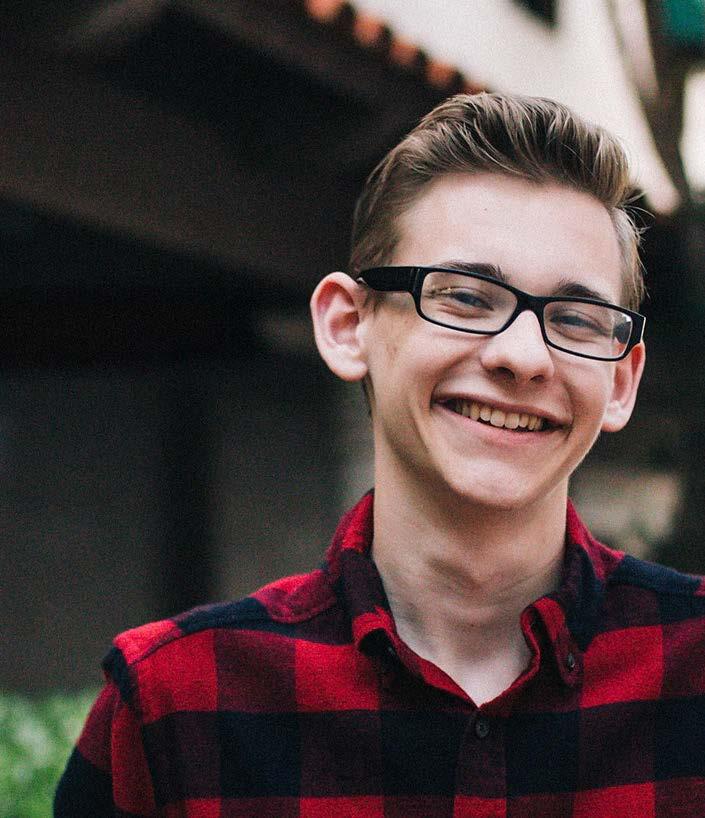
“Entering into the environmental space, I did not hear many people telling the stories of how environmental issues disproportionately impacted people with disabilities. I want to change that and help elevate the voices of a community that I am so deeply connected to. ”
–NATHANIEL ROSS, RHODES SCHOLAR
Nathaniel Ross is one of only 32 American Rhodes recipients for the 2023 application cycle and one of only three students representing public universities.
“I am incredibly grateful to have been selected,” Ross said. “The finalists in my district were all so incredibly kind and impressive in their own right. Being selected among them was an absolute honor.
I am beyond excited to be part of the Rhodes community and study at Oxford next year.”
Rhodes Scholarships provide all expenses for two or three years of postgraduate study at the University of Oxford. It is the oldest international postgraduate award in existence, and many consider it to be among the most prestigious.
The scholarships were created in 1902 by the will of mining magnate Cecil Rhodes and are now supported by a cohort of philanthropies and benefactors.
At Oxford, Ross will study comparative social policy, after which he will attend law school and specialize in disability law. His long-term objective is to shape disability policy as an attorneyadvisor for a national disability advocacy organization, federal agency or global non-governmental organization.
“Arizona State University
empowers elite scholars who want to have a meaningful social impact,” ASU President Michael M. Crow said. “Nathaniel Ross is a uniquely gifted thinker capable of simultaneously synthesizing ideas across diverse subjects and applying his knowledge to improve the lives of others. As such, Nathaniel embodies our highest aspirations as a national service university.”
Ross acknowledges the role his time at ASU has played in his success.
“I don’t believe there is a single Rhodes scholar that accomplished the feat without a community of support, and I am no exception,” he said.
Ross also acknowledges the immense opportunity the Rhodes Scholarship presents.
“As part of the Rhodes community, I know I can have an even greater impact on the issues I care about,” he said. “The fraction of Rhodes scholars who are disabled, attend a state school or are first-generation university students is rather small. After my selection, I hope to encourage other people from similar backgrounds to apply for nationally competitive scholarships.”
The application process for the Rhodes Scholarship is arduous,
and competition is intense. In his will, Cecil Rhodes stipulated several criteria for the selection of scholars, most of which are still applied today.
Ross clearly fits the bill. In 2019, he was selected as a Flinn Scholar, and he will graduate ASU with honors from Barrett, The Honors College in December with bachelor’s degrees in biological sciences, political science, applied quantitative science and history.
In May 2023, he received a Master of Science in biology and society. To date, he has achieved no grade lower than an A in any course.
But, per Rhodes’s stipulations, Rhodes Scholars are not “mere bookworms” — they must also demonstrate devotion to enacting lasting social impact and be committed to making a strong difference for good in the world.
“We often refer to this quality as ‘fighting the world’s fight,’” Kyle Mox, associate dean for national scholarships said, adding that, “Rhodes Scholars must show extraordinary leadership potential.”
Now that the process is finished, Ross will begin planning for his journey to England.
“I have never been to the U.K., and now I will spend the next two to three years of my life studying at the top university in the world.”
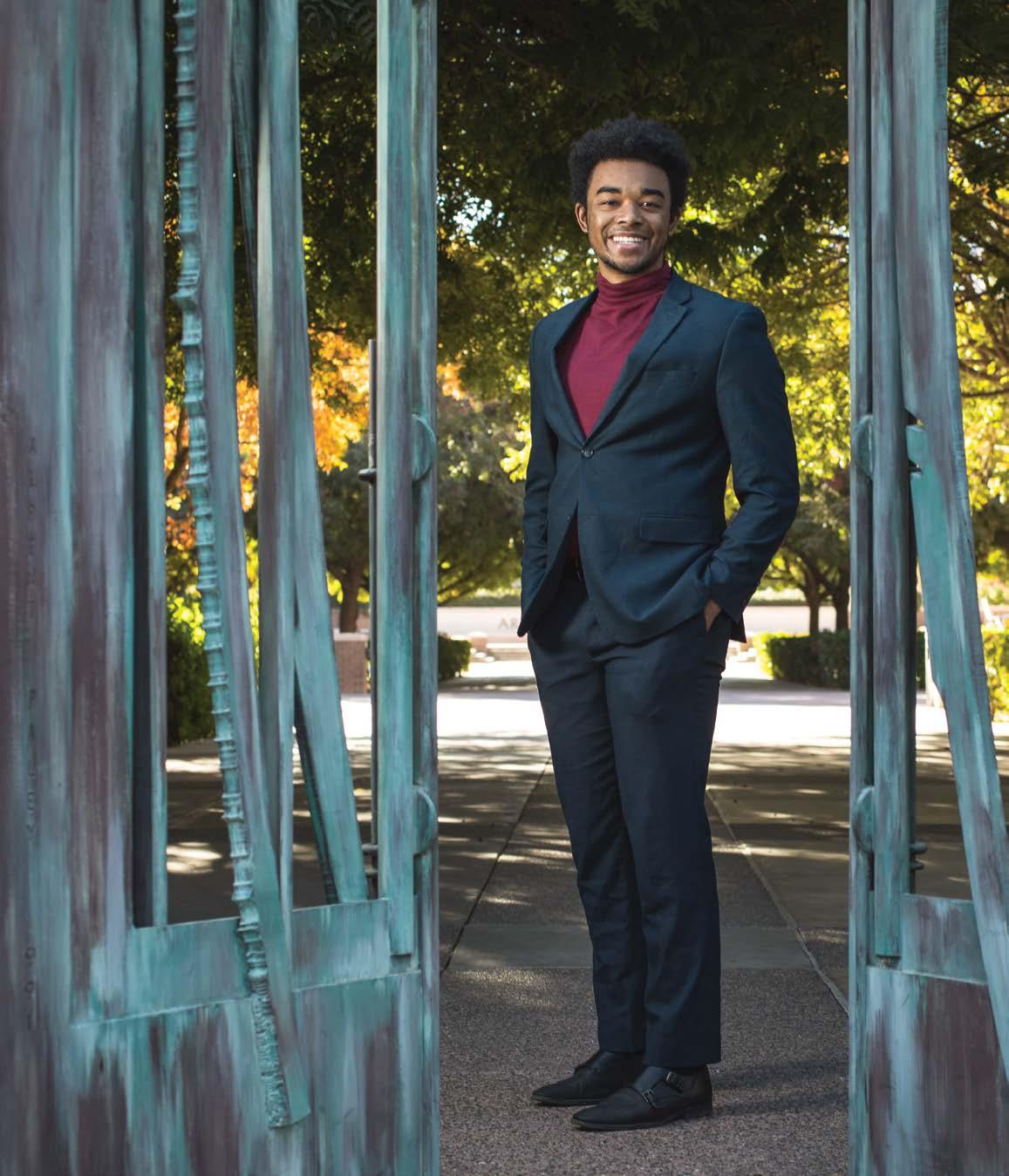
“With the programs at ASU, and with Barrett being the top honors college in the nation, it gave me the confidence to know that we can compete with people from the Ivy League and Stanford, and we can do quite well.”
– ALEXANDER SOJOURNEY,MARSHALL
SCHOLARAlexander Sojourney, 2021
When he was in middle school, Alexander Sojourney’s parents would take him to community meetings, where he saw elected officials listen to people’s complaints.
“They would talk about busted water pipes or potholes that needed to be filled,” he said.
In 2008, his parents took him to see Barack Obama during his presidential campaign.
“Seeing someone like myself, with the same complexion, gave me a boost to know that I can achieve that,” he said.
Sojourney was able to see the spectrum of public service, from potholes to the presidency.
“I’m passionate about implementing equitable justice solutions for disadvantaged communities. I’d like to run for political office,” said Sojourney, who graduated from ASU in 2021.
When he won the Marshall Scholarship, Sojourney was the 10th Sun Devil to win since it was established in 1953 as an act of Parliament, and the third in the past five years, according to Kyle Mox, director of the Lorraine W. Frank Office of National Scholarships Advisement at ASU and associate dean of Barrett, The Honors College.
The scholarship, which selects about 50 winners every year, is named for U.S. Secretary of State George C. Marshall to commemorate the ideals of the Marshall Plan and to express the post-World War II gratitude of the British people to America.
Sojourney earned a degree in political science with a minor in justice studies at ASU.
He was the first Black student body president of ASU’s West campus, where he was part of a successful effort to have the university supply free period products in women’s restrooms on the four campuses. He also helped to launch the West Express shuttle service and promote voter registration at West.
“I think we still hold the record for the most students registered to vote, which is really cool,” Sojourney said.
Sojourney also was president of the Black African Coalition during his senior year, and participated in the Speech and Debate Club. He credits the faculty at Barrett, The Honors College, with pushing him to excel.
“When I first came to ASU, I did not see myself applying for a scholarship of this magnitude,” he said.
“I didn’t think I was competitive enough, but with the programs at ASU, and with Barrett being the top honors college in the nation, it gave me the confidence to know that we can compete with people from the Ivy League and Stanford, and we can do quite well.”
As a Marshall Scholarship award winner in 2021, he has completed his Master of Comparative Social Policy at University of Oxford and a Master’s degree in Politics, Development and the Global South at Goldsmiths, University of London. Today, Sojourney is working with the Association of Marshall Scholars to increase diversity and accessibility to postgraduate scholarships for students from unrepresented backgrounds.
The Association supports current scholars during their time in the U.K., by connecting alumni personally and professionally, and by contributing to a culture of knowledge, expertise and the enduring transatlantic friendship between the United States and United Kingdom.
He previously worked in the Arizona Supreme Court Executive Office, where he collaborated with executives of the Supreme Court to draft legislation, lobby for bills and testify on judicial matters.
Gabrielle Mills majored in biomedical engineering with a minor in global health and was awarded the Gates Cambridge Scholarship in her senior year, which covered the cost of her graduate studies at the University of Cambridge in the United Kingdom.
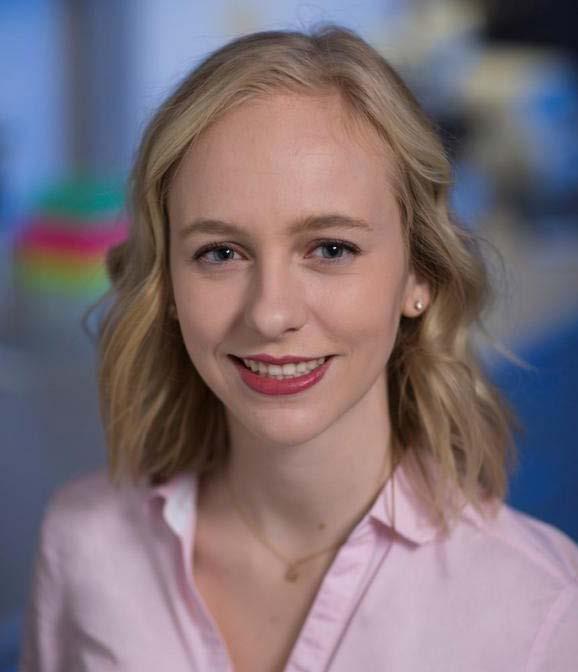
“My ultimate goal is ... oversee research focused on alleviating disease. It’s such a complex problem and that’s what draws me to it. I like a challenge.”
– GABRIELLE MILLS, GATES CAMBRIDGE SCHOLAR
Gabrielle Mills’ interest in global health was sparked in high school when she read “The Hot Zone: A Terrifying True Story,” a best-selling book about the spread of a highly contagious, deadly virus.
“I read ‘The Hot Zone’ during biology class my freshman year. It was really fascinating and I decided then that I wanted to learn more about global health and disease,” said Mills, who attended Arcadia High School in Phoenix.
At ASU, she majored in biomedical engineering with a minor in global health and was awarded the Gates Cambridge Scholarship in her senior year, which covered the cost of her graduate studies at the University of Cambridge in the United Kingdom. She continued to fulfill her interest in global health and engineering by completing a PhD in chemical engineering with an emphasis on research.
Mills said she wants to work at the crossroads of chemical engineering and epidemiology to develop modes of treatment for infectious bacterial diseases, such as tuberculosis and cholera.
“My ultimate goal is to be a principal researcher and oversee research focused on alleviating disease. No matter how much work has been done in the last,
say 100 years, solutions to disease still elude us. It’s such a complex problem and that’s what draws me to it. I like a challenge,” she said.
In 2016, Mills interned at the Translational Genomics Research Institute (TGen) in Phoenix, where she conducted research on pediatric disorders and created a model that allows researchers to determine the optimal anti-epileptic drug for young patients without the need for testing on the children themselves.
Mills was one of 34 Americans chosen for the 2019 Gates Cambridge Scholarship, which was established in October 2000 by a $210 million donation from the Bill and Melinda Gates Foundation to the University of Cambridge.
The scholarship, awarded to outstanding applicants from countries outside the U.K., fully funds postgraduate study and research in any subject at the University of Cambridge. The selection criteria are outstanding intellectual ability, leadership potential and a commitment to improving the lives of others.
“The Gates Cambridge Scholarship is among the most prestigious postgraduate fellowships in the world. One feature that distinguishes the
Gates Cambridge Scholarship program from other major graduate fellowships is its emphasis on ‘social leadership,’ “ said Kyle Mox, director of the Office of National Scholarship Advisement, located in the Barrett Honors College Tempe complex. “The program seeks to create a network of future global leaders who will work together to solve big problems. One of the main factors in Gabby’s selection was her commitment to combatting lethal infectious diseases.”
“The continued success of ASU students in this fellowship competition is no fluke — ASU and the Gates Cambridge Scholarship program have similar priorities. Both are focused on building thought leaders who are committed to improving the lives of others,” Mox said.
Today, Mills is a PhD Candidate in the Department of Chemical Engineering and Biotechnology at Cambridge University. Her work includes developing novel phage-based proteins to treat and prevent antibiotic-resistant bacterial infections, engineering methods for fluorescent imaging of anaerobic, spore-forming bacteria and studying the effect of antiviral surfaces and disinfectants on COVID-19 surrogate viruses.
Shantel Marekera graduated summa cum laude with bachelor’s degrees from Barrett, The Honors College and the School of Social Transformation. She went on to complete a master’s degree in the School of Social Transformation before going to the University of Oxford as part of her Rhodes Scholarship award.
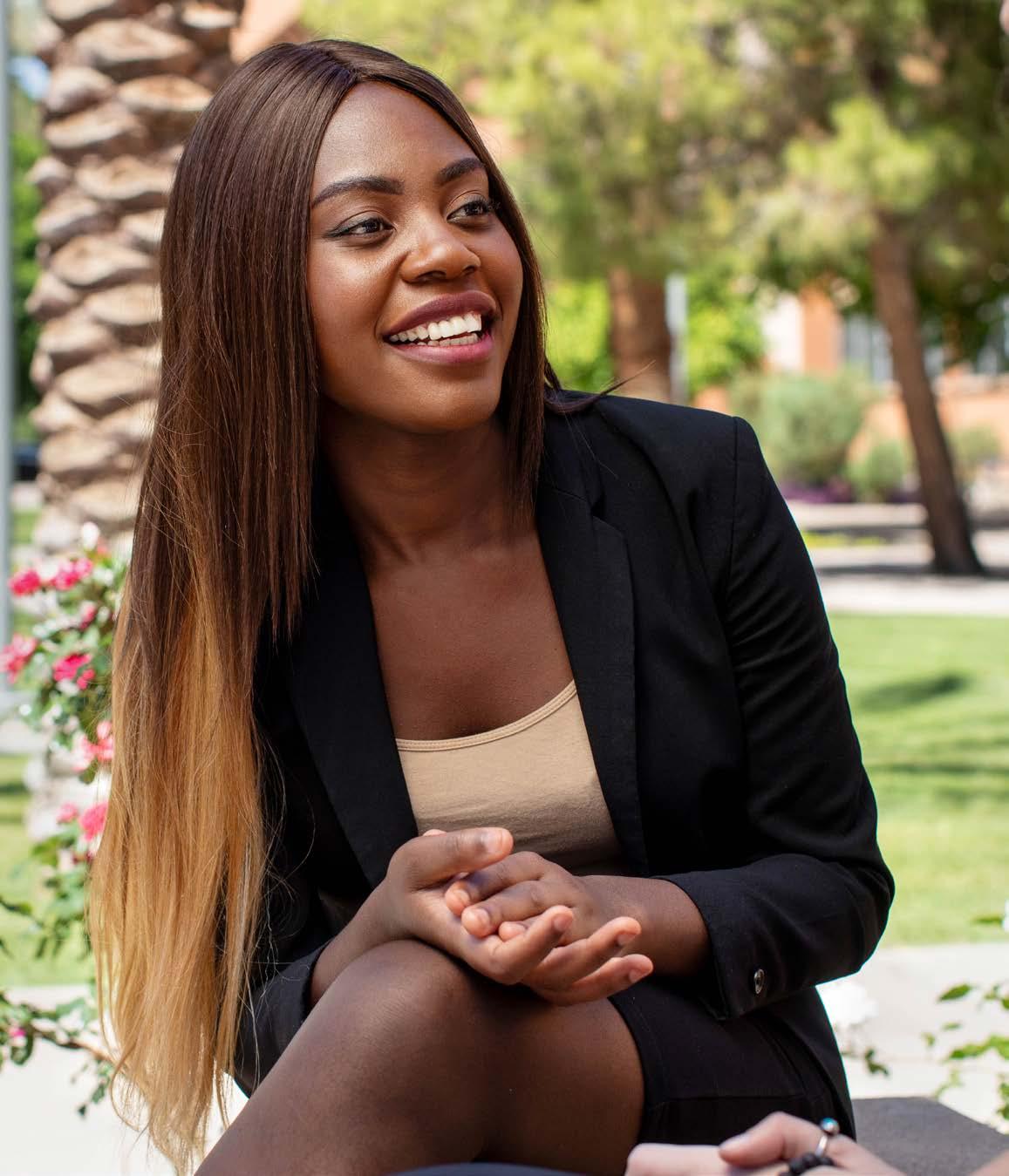
“Getting a Rhodes Scholarship is a chance for me to join a community of changemakers and transformative leaders I have identified with for a long time … (and to further) the desire to stand up for others.”
– SHANTEL MAREKERA, RHODES SCHOLAR
Shantel Marekera had completed two bachelor’s degrees and a master’s degree before she headed to the U.K. on her 2019 Rhodes Scholarship, part of one the oldest and perhaps most prestigious international scholarship program in the world.
“Getting a Rhodes Scholarship is a chance for me to join a community of changemakers and transformative leaders I have identified with for a long time … (and to further) the desire to stand up for others,” said Marekera, one of three recipients from Zimbabwe.
The Rhodes Scholarship affords students the opportunity to study at the University of Oxford in England. Marekera is the second Rhodes Scholar in recent years for ASU.
“I am thrilled to know that Shantel Marekera has been named a Rhodes Scholar,” said School of Social Transformation interim director Bryan Brayboy. “I had her in an introductory course in 2014, and it was evident then that she was special.”
The Rhodes Scholarship has recently made a push to make the scholarships truly global, directly tying to the organization’s mission to bring together people with different ideas, opinions, backgrounds and viewpoints to address complex questions and
enact meaningful change.
In April 2018, while at ASU, a project Marekera co-founded called Female Dreamers Foundation was awarded $2,400 from ASU’s Changemaker Challenge — an opportunity for undergraduate and graduate students from all ASU campuses to make a difference in local and global communities through innovation. The Female Dreamers Foundation is an extension of another foundation Marekera started in 2018 called Little Dreamers Foundation — a project for which she was awarded the Resolution Project Fellowship in 2017.
“Little Dreamers Foundation focuses on providing preschool education for children from low-income families in Zimbabwe,” Marekera explained, “and Female Dreamers Foundation focuses on the creation of jobs and helping the parents of those children to be financially self-sufficient.”
Her foundation provides tuition, meals and scholastic materials to students for less than $30 per month, compared to traditional preschools that cost as much as $200 per month.
“I strongly identify and connect with the community that I work with and for, and that’s where my drive always comes from because I know
I am helping to make my community better for current and future generations,” says Marekera.
At Oxford Law, Marekera completed a BA in jurisprudence in 2022, which she said she planned to use “to challenge existing backward practices against women as well as create a culture of transparency and accountability to the law,” said Marekera, who was also one of ASU’s Mastercard Foundation Scholars.
She has served as a member of UN Women’s Beijing+25 Youth Taskforce where she represented the voices of over 1 billion youth across the world, including speaking on stage alongside President Macron of France, Vice President Kamala Harris of the United States, the UN Secretary General, Executive Director of UN Women and more global leaders on different high-level platforms including the African Union, United Nations and more.
Today, Shantel works as a legal analyst with the World Bank’s Women, Business and the Law to improve access to economic opportunities between men and women in 190 countries around the world.
By living out her dream, Marekera is creating dreams for others.
Frank Smith III, was a Capitol Hill intern in 2016. After graduating from ASU and earning his Master of Philosophy degree at the University of Oxford, he has returned to Washington, D.C., and is working on policy that includes continued work for children and families.
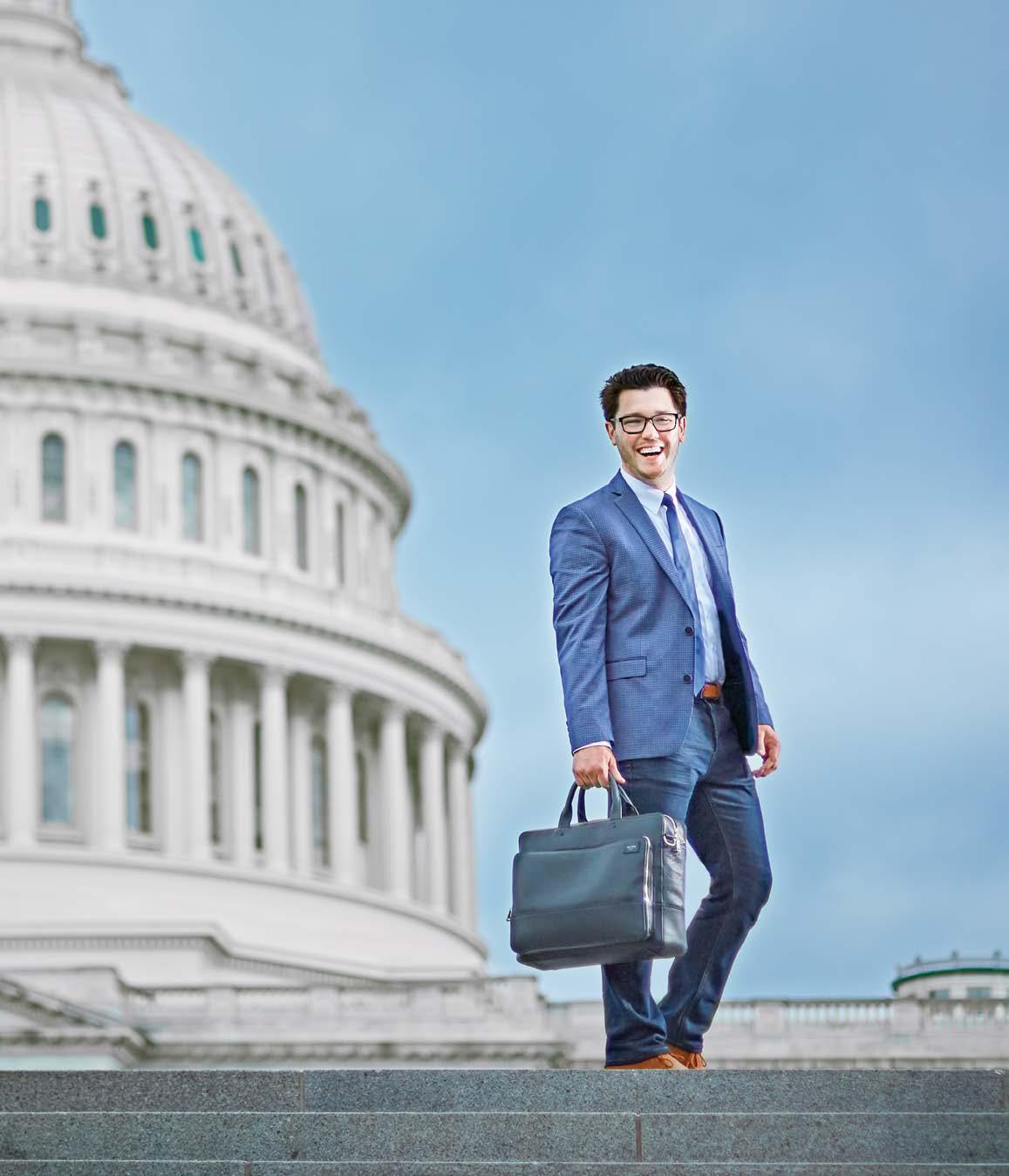
“When I had the opportunity to go down to the [Arizona] state legislature, I saw that I enjoyed being in the policy discussions and really being a part of the change as opposed to being on the outside.”
—FRANK SMITH III , MARSHALL SCHOLAR
Frank Smith III, an ASU graduate who majored in political science and public policy, was one of 43 students nationwide awarded the 2018 Marshall Scholarship to pursue graduate degrees in the United Kingdom.
With support from the Marshall Scholarship, Smith complted a Master of Philosophy at the University of Oxford in comparative social policy in 2020.
“If you would have told me years ago that I would be in this position today, I would never have believed it,” Smith said.
The Marshall Scholarship, funded mainly by the British government, aims to enable intellectually distinguished young Americans to study in the United Kingdom. The scholarship funds study for up to three years at any British institution.
Created in 1953, the scholarship began as a gesture of gratitude to the U.S. for the assistance the U.K. received after World War II under the Marshall Plan, the program that aided in Europe’s economic recovery between 1948 and 1951.
Smith was assisted with his application and interview preparation by staff in the Office of National Scholarship Advisement, housed in the Tempe complex of
Barrett, The Honors College at ASU. ONSA assists ASU students from any college and with any major in applying for national and international scholarships.
When Smith started his studies at Oxford it was quite a distance geographically, physically and emotionally from where he started out.
Born to a mother with substance abuse issues and never knowing his father, Smith — a Mesa, Arizona native — had the cards stacked against him from the beginning. His situation worsened when his mother could no longer care for him and his stepfather became abusive. He ended up in foster care where the neglect and abuse continued. Smith said that throughout his youth, he lived in 27 different foster homes.
“Stability was definitely not part of my childhood,” he said.
When Smith was 17, a distant relative took him in and provided the home and stability he so desperately craved.
“At that point I was able to heal from the experience of being in the foster system. I had been in a foster home where I was not able to interact with my peers normally, take healthy risks, and be a normal teen,” he said.
He entered ASU as an Armstrong Scholar, an Obama Scholar, a Spirit of Service Scholar and a Nina Mason Pulliam Scholar. He was elected the youngest student body president ever at the ASU Downtown Phoenix campus.
He found a passion for working on behalf of foster children and played a role in the passage of Arizona Senate Bill 1208, the Foster Care Tuition Waiver, and other pieces of legislation that are now improving outcomes for former foster youth.
Only 10 percent of foster youth will go to college and only about three percent graduate, Smith said.
“I always knew the numbers were against me, but I also knew it could be different. I definitely don’t think I would be here without the teachers and mentors who believed in me, and I’m grateful,” he said. “I want to be a role model for foster children and show them they can hope for something better and achieve it.”
Today, Smith is a senior policy coordinator in the White House, in the Office of the Vice President. He has also worked in the U.S. Senate on appropriations, health, education, labor, pensions, banking, housing, small business, government reform, children and families.
Charity Bhebhe grew up in Bulawayo, Zimbabwe’s second-largest city after the capital of Harare, then came to ASU. She went on to study pharmacology at the University of Cambridge as part of the Gates Cambridge Scholarship.
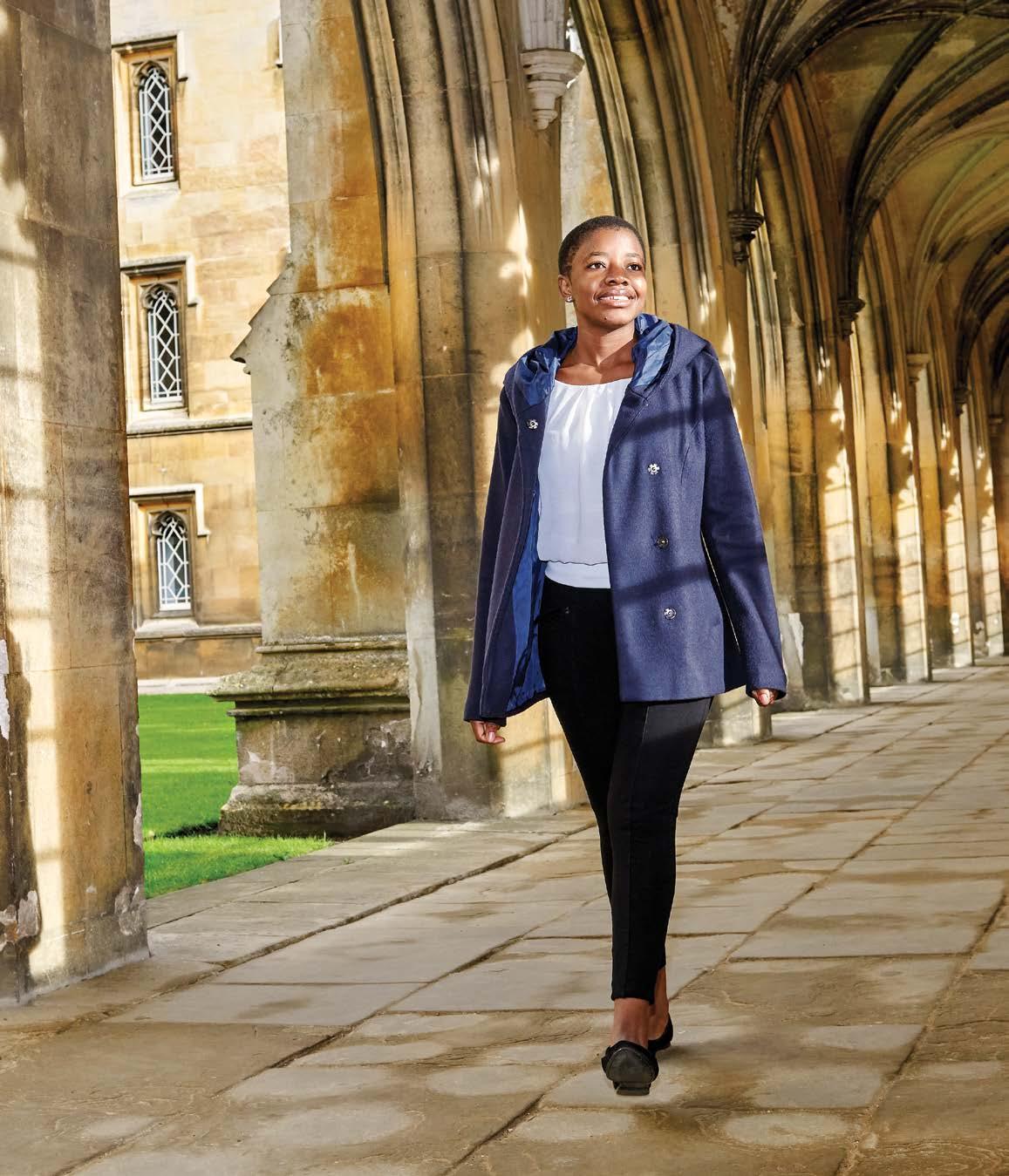
“I intend to use my training in pharmacology to continue researching molecular and cellular systems involved in disease progression and, consequently, develop therapies for human disease.”
–CHARITY BHEBHE, GATES CAMBRIDGE SCHOLAR
Charity Bhebhe, a molecular biology and biotechnology major in the School of Life Sciences at ASU — also a Mastercard Foundation Scholar — graduated and moved to the UK to pursue a doctoral degree in pharmacology at Cambridge University in the United Kingdom.
“I am very excited, and I am proud of myself,” Bhebhe said. “I am also very thankful to everyone who helped me with the application — especially my advisers, professors and my mentor and (principal investigator) Dr. Heather Bean for all the guidance and support. I wouldn’t have done it without their help.”
While at Cambridge, scholars pursue the full range of subjects available and are spread through its departments and colleges. Up to 95 scholars are selected each year, including 40 from the U.S. and 55 from other countries.
Of the year’s almost 5,800 applicants, 423 were shortlisted by their departments and, of these, 201 were interviewed in the U.S. and Cambridge by four panels of interviewers drawn from across Cambridge University.
“Winning a Gates Cambridge Scholarship is a remarkable achievement, and my office and the Barrett leadership could not be prouder of Charity,” said Kyle
Mox, associate dean of Barrett, The Honors College at ASU and director of the Lorraine W. Frank Office of National Scholarships Advisement.
“She is among a cohort of only 92 stellar students from around the entire world chosen to receive this honor, which illustrates not only her remarkable academic and intellectual potential, but her long-term leadership potential,” Mox said.
“She’s somebody that is going to make a real difference in the future.”
The lack of basic resources to treat minor illnesses in Zimbabwe spurred Bhebhe to study the molecular mechanisms of diseases with the goal of successfully preventing them.
“It has always been my goal to be able to apply my medical research skills in investigating and preventing diseases to improve health care standards and give people from disadvantaged communities like my own a fair chance to fight against disease,” she said.
“I intend to use my training in pharmacology to continue researching molecular and cellular systems involved in disease progression and, consequently, develop therapies for human disease.”
“I received a lot of help and
guidance from my professors and advisers as well on the writing portion of the application and the preparing for the interviews,” she said.
“This high level of commitment — to research, leadership, and service — is a fundamental quality of the Barrett community, and we try to encourage our students to see how they can leverage their talents against the opportunities that they receive at ASU to go out into the world and tackle the big problems,” Mox said.
“It isn’t always apparent to our students, when they’re walking back and forth to meals or study sessions, that they live and study at a global campus. When our students win these sorts of awards, I hope they say, 'Yes, I can do that, too,” Mox said.
Bhebhe has gone on to work in research areas including chemistry, genomics and electrophysiology. She completed her PhD in pharmacology in 2023 from the University of Cambridge, where she also served in leadership positions in the African Society at Cambridge University.
Today, Bhebhe works at Medpace in London as a research professional applying her expertise in molecular biosciences, biotechnology and pharmacology.
Christopher Balzer, a chemical engineering major, was ASU’s first Churchill Scholar. At ASU, he participated in the Fulton Undergraduate Research Initiative and won a Goldwater Scholarship, which recognizes excellence in science, math and engineering.
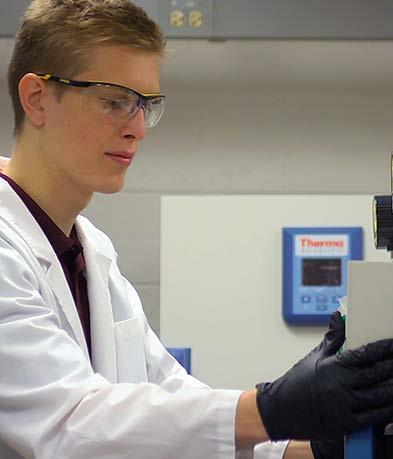
“I’ve had incredible support along the way ... Not many undergraduates get the chance to present at several conferences, be a part of publications early on, and even first-author a publication.”
– CHRISTOPHER BALZER, CHURCHILL SCHOLAR
Since 1963, the Churchill Scholarship has been awarded to exceptional science and engineering students to fund graduate studies at the University of Cambridge. Christopher Balzer, the first ASU student to receive the prestigious Churchill Scholarship, worked in chemical engineering assistant professor Bin Mu’s lab. Balzer credits his research experience with Mu as a contributing factor to receiving the scholarship.
After graduating from the School for Engineering of Matter, Transport and Energy with his bachelor’s degree in chemical engineering, Balzer completed his Master of Philosophy in Advanced Chemical Engineering at the University of Cambridge.
Scholars are chosen based on outstanding academic achievement, personal qualities and a demonstrated interest in research. The Churchill Scholarship was established to honor Winston Churchill’s vision of U.S.-U.K. scientific exchange with the goal of advancing science and technology and helping to ensure the prosperity and security of both nations.
Balzer, a student in Barrett, The Honors College at ASU, said he first heard about the opportunity from the Office of National
Scholarship Advisement at Barrett. ASU has been participating in the scholarship program run by the Churchill Foundation for only the past four years.
“I’m the first but definitely not the last,” Balzer said of receiving the scholarship. “It’s an honor to be first, considering some of the great scholars who have applied from ASU in the past few years. Someone had to be first, and I’m happy I get the chance to represent ASU at Cambridge.”
A component of the scholarship revolves around research, which Balzer is no stranger to as a threesemester participant in the Fulton Undergraduate Research Initiative.
“While alternative technologies are developing, carbon-capture technology can be implemented into current systems to ‘stop the bleeding’ in a way,” said Balzer, who noted that his master’s work closely aligned with his ASU research in Bin Mu’s lab.
In fact, Balzer credits his extensive experience under Mu as a factor in his success.
“It’s clear that my research experience in Dr. Bin Mu’s lab has put me in the position to be competitive for a program like this,” he said. “I’ve had incredible support along the way, especially from doctoral student Mitchell Armstrong
and Dr. Mu. They’ve trusted me to take on my own projects and work on a lot of different projects. Not many undergraduates get the chance to present at several conferences, be a part of publications early on, and even firstauthor a publication. I wouldn’t have been able to do any of that without their help.”
After completing his master’s study in Cambridge, Balzer came back to the U.S. to attend Caltech, where he completed his PhD in chemical engineering.
While at Caltech, he served as a researcher in the Zhen-Gang Wang Group, focused on the effect of electrostatics in polymer solutions, emphasizing polymer adsorption and surface interactions mediated by polymers. He applied his skills with Compute Unified Device Architecture, Molecular Dynamics, statistical mechanics, · C++ and analysis in the work.
From his time at ASU, through his Churchill studies in Cambridge and Phd studies to now, he has been widely published in the academic literature. He is listed as an author on 19 published research articles with areas of expertise in polymer physics, statistical mechanics and electrostatics.
Today he is a postdoctoral scholar at UC Santa Barbara.
Ngoni Mugwisi, an electrical engineering major, was a MasterCard Foundation Scholar and completed a PhD in engineering science at the University of Oxford as part of his Rhodes Scholar award after graduating from ASU.
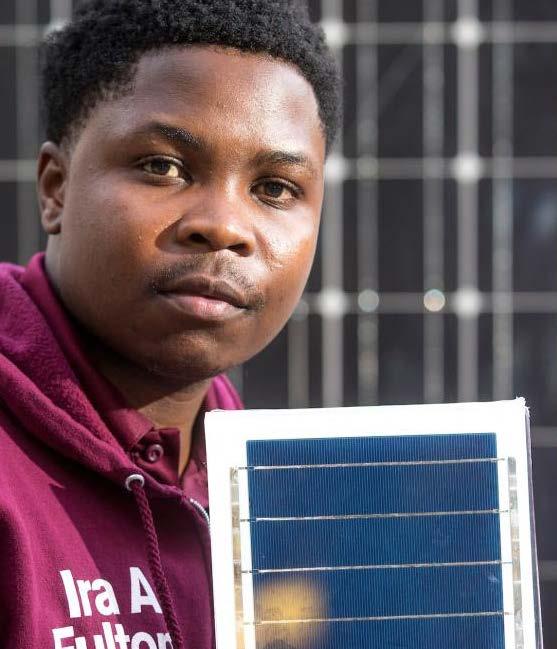
“It’s really exciting because ASU is also the most innovative school – the potential here is unlimited.”
— NGONI MUGWISI, RHODES SCHOLARNgoni Mugwisi, 2017
When Ngoni Mugwisi was growing up in central Zimbabwe, the end of the day sometimes meant the end of his studies.
“Having consistent power cuts meant I could not study beyond the light of day, or I had to use candles for lighting,” said Mugwisi, an electrical engineering major and MasterCard Foundation Scholar at Arizona State University.
Without power, little problems turn into big problems. Ideas for solutions to problems just remain ideas.
These formative life experiences inspired him to study electrical engineering at ASU and led him to his successful application for the prestigious Rhodes Scholarship.
Each year two Zimbabwean Rhodes Scholars are selected on the basis of their intellect, character, leadership and commitment to service to join 81 other Rhodes Scholars from around the world at the University of Oxford.
The Rhodes Scholarship is the oldest and perhaps most prestigious international graduate scholarship program in the world.
When Mugwisi arrived at ASU, he dove right in, starting a student organization with other African students called Africa Rises to promote African culture and dispel myths about the continent. He
actively led on the region 6 board of the National Society of Black Engineers.
And he founded Solar Water Solutions, an initiative extracting ground water for wells using solar energy. In the summer of 2015, he went back home to build a well with a water wheel using solar panels to pump water. Most community wells in Zimbabwe are powered by hand.
“It was an opportunity to apply my passion for renewable energy systems,” he said. “Those things I would never have imagined for myself coming here as a freshmen in 2013. But ASU made that possible by creating an enabling environment where one can pretty much pursue their interests. ... It’s been a really good experience learning here at ASU, especially in the engineering school. I say that because I have had opportunities to apply myself beyond the classroom, and I’ve had the opportunity to interact with teachers and professors who are really passionate about seeing me develop.”
He says the transdisciplinary hallmark of ASU was inspiring.
“This opportunity to cross between disciplines, whether in engineering, entrepeneurship, and all the collaboration efforts I’ve found here at ASU, they’ve been really inspiring,” he said. “It’s an
enabling environment to be the best anyone can do. ... It means I can do things I really like, and there isn’t a lot of limitations. I found it to be pretty flexible and pretty diverse in the opportunities to put your hand in many cookie jars and take advantage of that.”
Mugwisi graduated from ASU with a BSE in electrical engineering in 2017 on a mission to bring power to his southern Africa home.
While at Oxford, he served as a Junior Dean, a research assistant on energy systems including embedded IOT application programming, an impact facilitator leading MBA students, a teaching assistant and a co-convener for the Rhodes Incubator where he mentored and supported venture founders from within Rhodes scholars in residence. He also completed an internship as a data analyst for the Rhodes Trust.
Today, Mugwisi is a software engineer for a company in Cambridge, England called AMD. He describes himself as “an electrical engineer who possesses software development experience primarily in C++ and Python... [with] research experience in thermal modelling of power electronics, and design of numerical algorithms for finite element analysis in C++ and MATLAB.”
Schulte attended the University of Oxford and King’s College in London as part of her Marshall Scholarship award. At ASU, she was co-founder of the All Walks Project, a student-led non-profit that educates people about human trafficking.
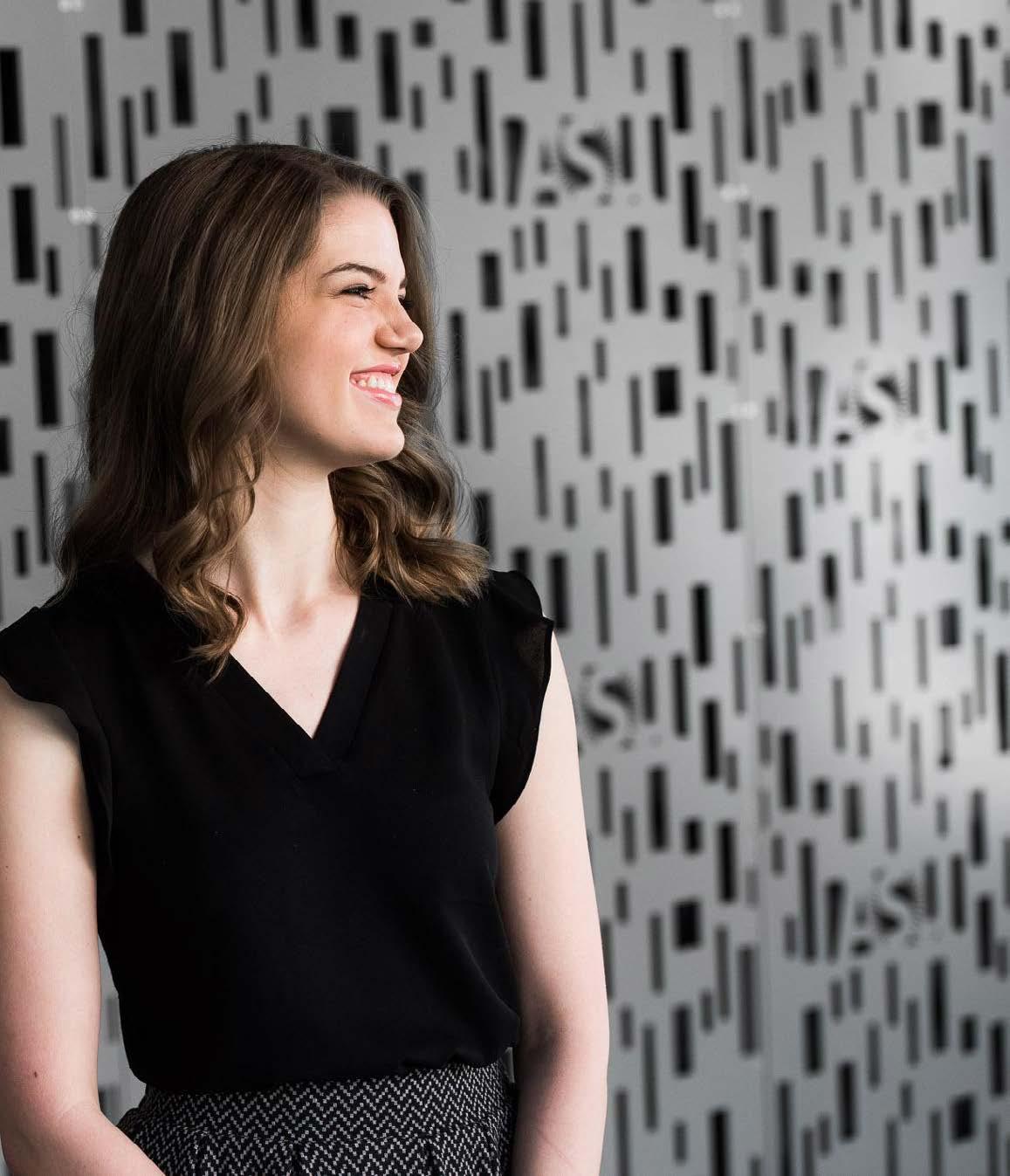
“I want to use predictive analytics to help mitigate conflicts and humanitarian crises before they hit a critical point.”
– ERIN SCHULTE, MARSHALL SCHOLARErin Schulte, 2017
A pivotal moment in Erin Schulte’s undergraduate experience came while she was interning in Washington, D.C. She didn’t get to meet the president of the United States or run into an influential member of Congress out on the town. She had a one-on-one talk with Silicon Valley titan Sheryl Sandberg, chief operating officer of Facebook and founder of LeanIn.org.
“I was in D.C. as an ASU Capital Scholar during the summer after my sophomore year and was interning with the McCain Institute for International Leadership. My roommate — also an ASU Capital Scholar — worked on Capitol Hill, and about halfway through the summer, she informed me that Sheryl Sandberg was coming to speak to the Hill interns. For context, Sheryl Sandberg is my hero. She inspired me to co-found an anti-trafficking nonprofit during my freshman year and to stick with it, even when I doubted my own abilities.
“My roommate was able to get me into the event, and I got to have a conversation with her (Sandberg) before the event started. That conversation altered the trajectory of my life. Her advice, along with my best friend’s heavy-handed encouragement, inspired me to
apply to a few national scholarships during my junior and senior years. ... It took a lot of work, but thanks to my mentors, the Office of National Scholarship Advisement at Barrett Honors College, and my recommenders, I was able to win a Marshall Scholarship.
“I recently emailed Sheryl to let her know that her advice had completely changed my life, and to my surprise, she responded to me almost immediately. Sheryl is just one of the many people that I have met thanks to ASU, and so many of these people have played instrumental parts in my personal and professional development.
“I am incredibly grateful to ASU for providing so much support and so many resources to its students. Even the near-mythical Dr. Crow has played a pivotal part in my life: He took time out of his insanely busy schedule to meet with me right before my national scholarship finalist interviews to help me prepare. ASU staff and faculty’s incredible support for students extends all the way to the very top.”
Schulte graduated from ASU in 2017 with a degree in global studies from the College of Liberal Arts and Sciences and honors from Barrett, The Honors College, with minors in economics and political science and a certificate in applied business
data analytics.
Honing in on what she wanted to study in graduate school on the Marshall Scholarship came in an “aha” moment for Schulte.
“I realized that I wanted to go into economic development research during the first semester of my senior year. I had just returned from a business trip to Thailand with my anti-trafficking nonprofit where I worked with hill tribe populations and I knew I was interested in the development field, but I wasn’t sure that it was the right fit for me. I completely fell in love with economics during that economic development class, and that is what convinced me to study political economy in graduate school.”
After ASU, she completed her Master of Science in Political Economy of Emerging Markets at King’s College London and then her Master of Science in the Social Science of the Internet at the University of Oxford.
Today, Schulte is on staff with the U.S. Senate Committee on Homeland Security & Governmental Affairs, where her studies and prior work all come together in the group’s work on the U.S. border, homeland security, human trafficking and Immigration. She has worked for the Senate since 2019.
Izzy Huckabee, who had an internship at NASA’s Jet Propulsion Laboratory during her college years, is earning her bachelor’s degree in astrophysics
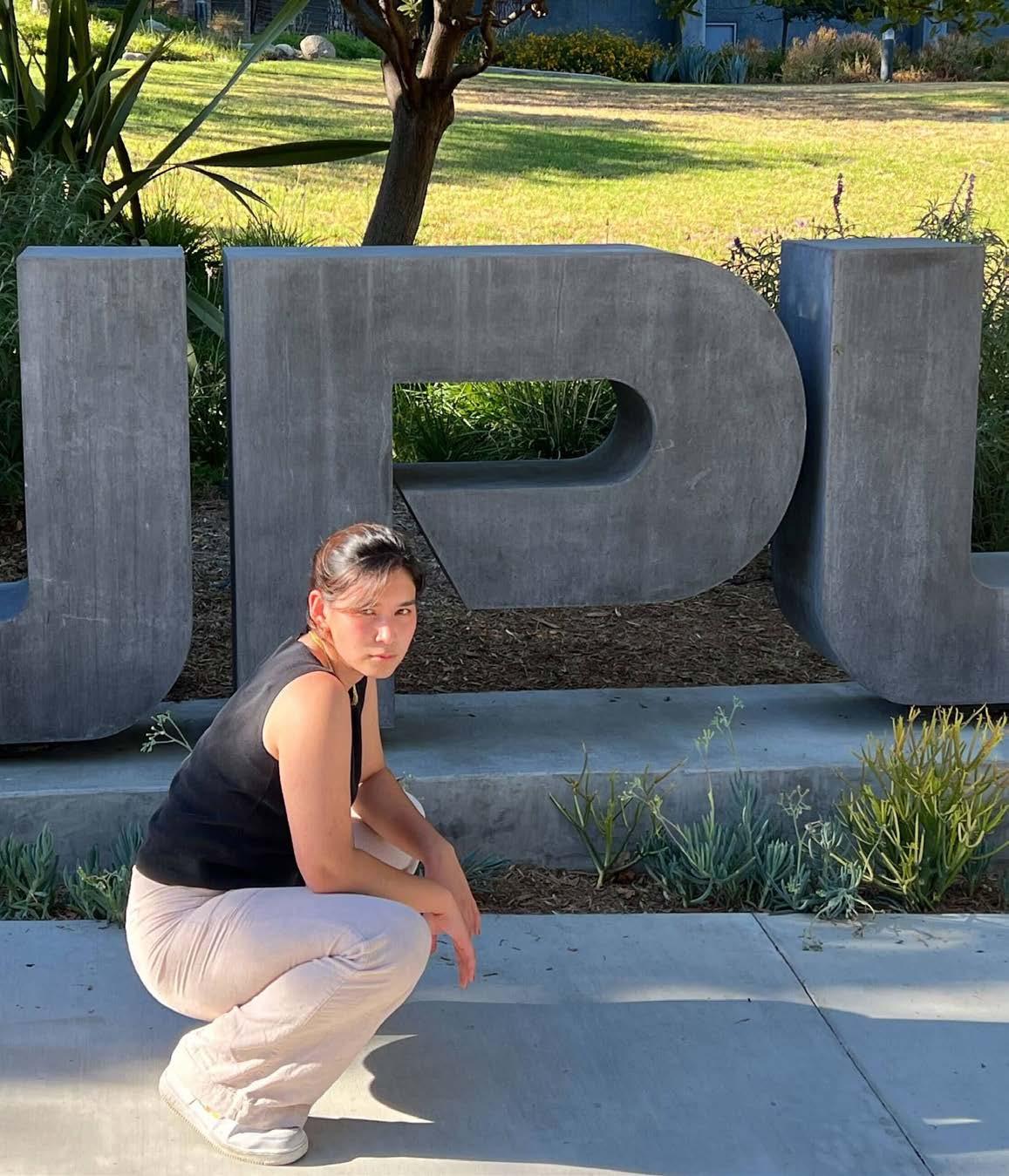
For Izzy Huckabee, pursuing a degree in astrophysics from the School of Earth and Space Exploration meant more than just finding answers about our universe and beyond. Fueled by a passion for change, Huckabee leveraged her time at ASU to talk about issues surrounding inclusion in STEM. Realizing the significant impact she could make in the community around her, with SESE’s Inclusive Community Committee, she helped secure two inclusive excellence seed grants for projects to help undergraduates. Huckabee plans to pursue a Fulbright fellowship in the Philippines and a PhD at Cornell University.
Madeleine Zheng is graduating from ASU with degrees in biochemistry and Chinese and was named a 2023 Outstanding Graduate for Research by Barrett, The Honors College. Zheng came to ASU as a National Merit Scholar in 2019, followed by an ASU School of Molecular Sciences Women in Science Scholarship in 2020, and was named a Lincoln Undergraduate Scholar with the Lincoln Center for Applied Ethics, a United Nations Millennium Fellow and a U.S. Department of Education Foreign Language Area Studies Fellow. In 2021, she participated in an NSF Research Experiences for Undergraduates program at the University of South Florida focused on urban water sustainability and coauthored four publications on water insecurity. In 2022 –23, she completed a National Security Education Program Boren Fellowship and NSEP Chinese Flagship Capstone program in Taiwan to achieve professional proficiency in Mandarin.
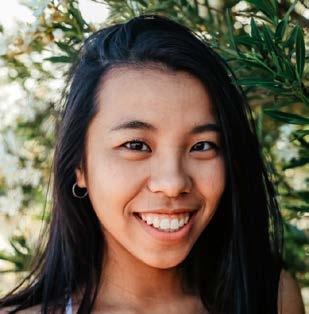
After struggling with a math learning disability in community college, Shawna Brechbill is thriving in the ASU Online biological sciences program. Having worked as an emergency medical technician and paramedic in the East Bay and North Bay communities near San Francisco, California, she decide to pursue a bachelor’s degree. Being an online student gives her flexibility in how she pursues her education.
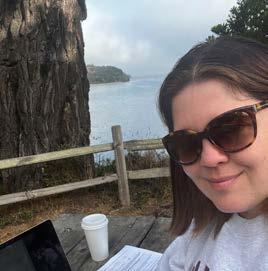
After a career in the military and work as a firefighter, dispatcher and emergency medical technician, Ryan Johnston decided to go back to school. He is an ASU Online student pursuing a bachelor’s degree and was in the first cohort of the Barrett Online program. Now Johnston plans to pursue a master’s degree by using ASU’s 4+1 program and he plans to pursue a Georgetown program in disaster management.
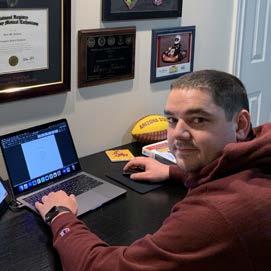
Noah Appelhans is graduating summa cum laude with a double major in business (human resources) and business (public service and public policy). He will additionally receive two certificates, one in political economy and one in public administration and management. He is a President’s Scholar and has an overall GPA of 4.0.
For four years, he was an operations assistant in the Morrison School of Agribusiness. He also served as the secretary of the student chapter of the Society for Human Resource Management and a Human Event teaching assistant. He was the head writing tutor at Barrett-Polytechnic for two years.
In the summer of 2019, Appelhans won an HR Officer Internship at the Department of Defense National GeospatialIntelligence Agency in Washington, D.C. He was nominated by six of his professors at ASU-Polytechnic, who said Appelhans “exemplifies academic excellence, leadership, a commitment to community and a love of learning and scholarship.”

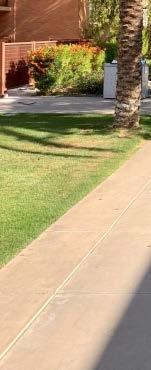
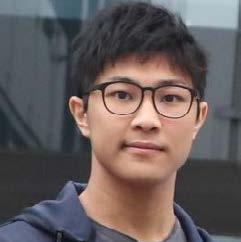
Nicholas Ho is a gifted student, researcher and yoyo performer who has been named a 2023 Outstanding Graduate for Research by Barrett, The Honors College. Graduating with a bachelor’s degree in computer science and mathematics with honors from Barrett, Ho has carried a 4.0 GPA and engaged in highlevel research throughout his undergraduate career.
Rohini Nott is graduating summa cum laude with a double major in biology (biology and society) and business (public service and public policy) and an overall GPA of 4.0.
She is a National Merit Scholar, a Helios Scholar at the Translational Genomics Consortium and a Flinn Scholar. She received the School of Life Sciences Outstanding Service Award and has served as patient advocate and clinic coordinator for the Student Health Outreach for Wellness Community Initiative in Phoenix. She has completed six research experiences a between high school and her undergraduate studies, and has published three scientific research papers, four encyclopedia entries and presented six times at national or regional research conferences.
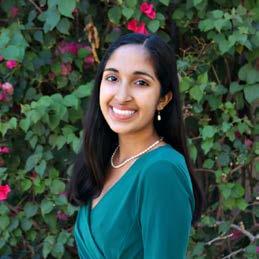
out as gifted student, researcher and yo-yo artist:
Justin Heywood is graduating summa cum laude with a double major in political science and in civic and economic thought and leadership with a minor in Spanish and an overall GPA of 4.0. He ia a Tillman Scholar, a Lincoln Scholar, a Spirit of Service Scholar and a Fulbright Summer Institute awardee in Wales, He cofounded BridgeASU and served as both a community assistant and teaching assistant at Barrett.
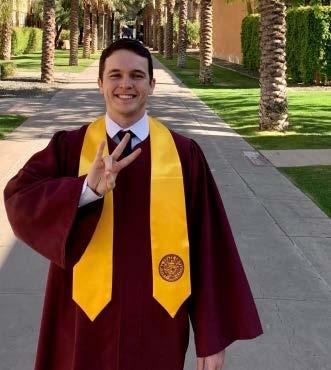
Adele Etheridge Woodson is graduating summa cum laude with a major in music and a certificate in arts entrepreneurship with an overall GPA of 3.93. She is a composer at Mophonics Music and Sound in Los Angeles, engaging with full-time composers to score shortform films. During her time as an undergraduate honors student, she was the assistant stage manager of the Phoenix Symphony, installed an original electronic work using her own violin samples in the ASU Art Museum and had her first string quartet composition premiered at the Vienna Summer Music Festival in Austria.
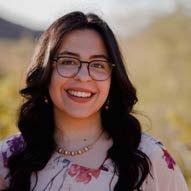
When Autriya Maneshni arrived in the U.S. in 2009, she learned how to speak English from watching news programs, including those on Arizona PBS. Years later, Maneshni is set to embark on her own journalism career after attending the Walter Cronkite School of Journalism and Mass Communication and reporting for the news division of Arizona PBS, Cronkite News. Maneshni, who is from Iran, is graduating from the Cronkite School and Barrett, The Honors College with a Bachelor of Arts degree in journalism and mass communication. She was named an Outstanding Undergraduate Student for the Spring 2023 Convocation and was invited to join Kappa Tau Alpha, the national honor society for journalism and mass communication.

Alexis Hocken is graduating summa cum laude with a major in chemical engineering, a minor in biochemistry and an overall GPA of 4.09.
She has five research publications: two first-author manuscripts and three co-authored manuscripts. She has won two prestigious national scholarships, a Goldwater and a DAAD RISE.
Hocken has twice won a NASA Space Grant Scholarship. She also won a Fulton Undergraduate Research Initiative award and is the Outstanding Graduate in Chemical Engineering this year. She has had nine conference presentations and been a polymer chemistry intern at the Hughes Research Laboratory in California. She also has been a community assistant at Barrett and worked for three years each as a member of the Society of Women Engineers and Engineers Without Borders.
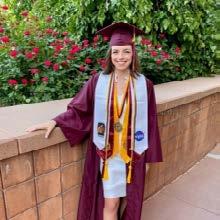
Wyatt Appel, a Barrett, The Honors College student who graduated with degrees in business (law and global politics) from the W. P. Carey School of Business this May, has been accepted into Harvard Law School. Headshot of Wyatt Appel Wyatt Appel
Appel says his aim is to become a public interest attorney and wants to be involved in impact litigation and policy work concerning human rights and youth advocacy. His long-term goal includes operating an appellate litigation practice in Arizona.
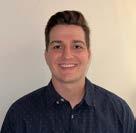
Through his research with Tempe Municipal Court, Appel found that the number of unpaid fines increased after the implementation of SB 1551. These unpaid traffic fines were mostly sourced from residents in Phoenix metropolitan areas such as Chandler, Gilbert and Scottsdale, and a majority of those who failed to pay lived in areas that had a median household income of less than $65,000.
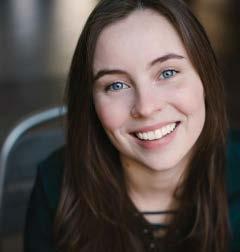
Ausette Anderies is graduating summa cum laude with a double major in theater (acting) and political science, and an overall GPA of 4.25. She is an extraordinary talent in theater and film, taking part as the lead or in major roles in eight theater and six film productions, composing the score for two of the films and co-producing and directing the plays in the Climate Change Theatre Action Festival at the ASU Herberger Institute for Design and the Arts in the summer of 2019 and envisioned while the Embedded Artist for the Environmental Health Engineering Lab at the ASU Biodesign Institute.
Anderies has taught ballet at the Adams Ballet Academy and the Phoenix Center for the Arts, interned for or been the featured artist at the Southwest Shakespeare Company and ASU Gammage. She has won both the Rosenzweig and Herberger Theatre Scholarships at ASU and the Special Talent Award. She also was the recipient of the Arizoni Best Actress Award. She has also been a junior fellow at the School of Politics and Global Studies and a visual communications intern at the city of Tempe Office of Sustainability. She was nominated by the entire theater performance faculty. They called her “one of the most talented, intelligent and motivated students they have seen in many years.”

Sarthak “Shakki” Bhat is graduating summa cum laude with a double major in supply chain management and business global politics. He also has a minor in sustainability and a certificate in cross-sector leadership, with an overall GPA of 4.0.
Bhat is a Tillman Scholar, serves as a director in the Next Generation Service Corps, is a tutor in the Barrett Page Turners club to help K–6 students improve their reading comprehension and speaking skills, and is on the service committee of ASU Changemaker Central. He is a business ambassador and a residential engagement leader in the W. P. Carey School of Business, and is the director of curriculum at the Refugee Integration, Stability and Education program. In addition, he is the vice chief justice of the Undergraduate Student Government Supreme Court, the managing editor of Hybris and a writing tutor at Barrett. He was the education policy chair of the Yassamin Ansari for Phoenix campaign.
Vashawn Arora is graduating summa cum laude with a double major in music theory and composition and music performance on clarinet, with an overall GPA of 4.0. His honors thesis work involved experiencing virtually every stage of creating an album — he wrote eight tunes for his jazz ensemble, learned recording and editing techniques, and facilitated collaboration with his peers within the restrictions set by the pandemic. He has written ten scholarly pieces about music theory and clarinet practice and pedagogy. His recitals have been incredibly imaginative, including advanced repertoire spanning diverse genres. In his senior recital he performed a transcription of a work by bluegrass fiddler Stuart Duncan, contemporary solo clarinet works by Joan Tower and Eric Mandat, and an homage to the late Chick Corea with his jazz combo, among other works. Arora has served on several committees within the School of Music, Dance and Theatre, including Student Advisory and committees working on inclusion and excellence. His nominating professor said, “Vashawn has been an inspiring and creative force in the ASU clarinet studio.”
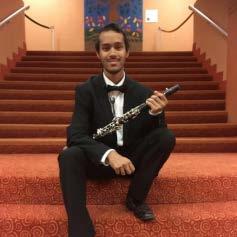
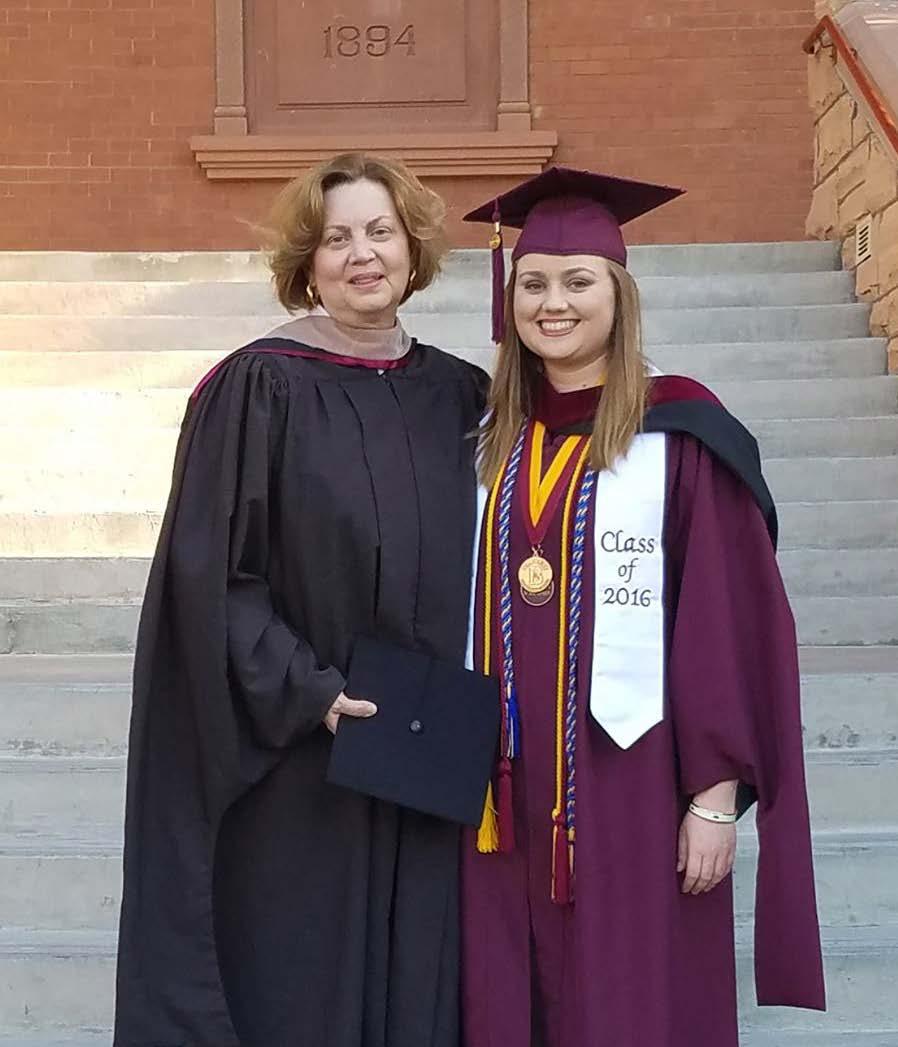
25 by 25 Scholarship Program aims to develop 25 new endowed scholarships by the year 2025.

Barrett, The Honors College at Arizona State University is on a quest to establish new scholarships that will expand access and opportunity for students and inspire a new generation of donors.
Under the program, for every scholarship endowment commitment of $25,000 total ($5,000 per year for five years), Barrett will award a $1,000 scholarship annually to a student until that endowment is completed.
Scholarships usually are not awarded until endowments are completely paid. The 25 by 25 program allows for more students to get awarded earlier.
“It is so outstanding to see wonderful alumni, parents and community members invest in Barrett students. We really hope that the 25 by 25 program will incentivize more people to become endowment donors and help build perpetual support for our students,” said Chelsie Bruggeman, director of development for Barrett, The Honors College.
The Smith family, which includes three ASU alumni who graduated with honors — Susan Bitter Smith, ’77 BA and ’82 MBA; Prescott
Windsor Smith ’16 BA, ’16 MMC has been recognized by the Radio Television Digital News Association with the 2017 Edward R. Murrow Award for excellence in video newscast for her student work at Cronkite News. Smith was a Medallion Scholar while at ASU and currently is a news producer at KOAT-TV in Albuquerque, New Mexico.
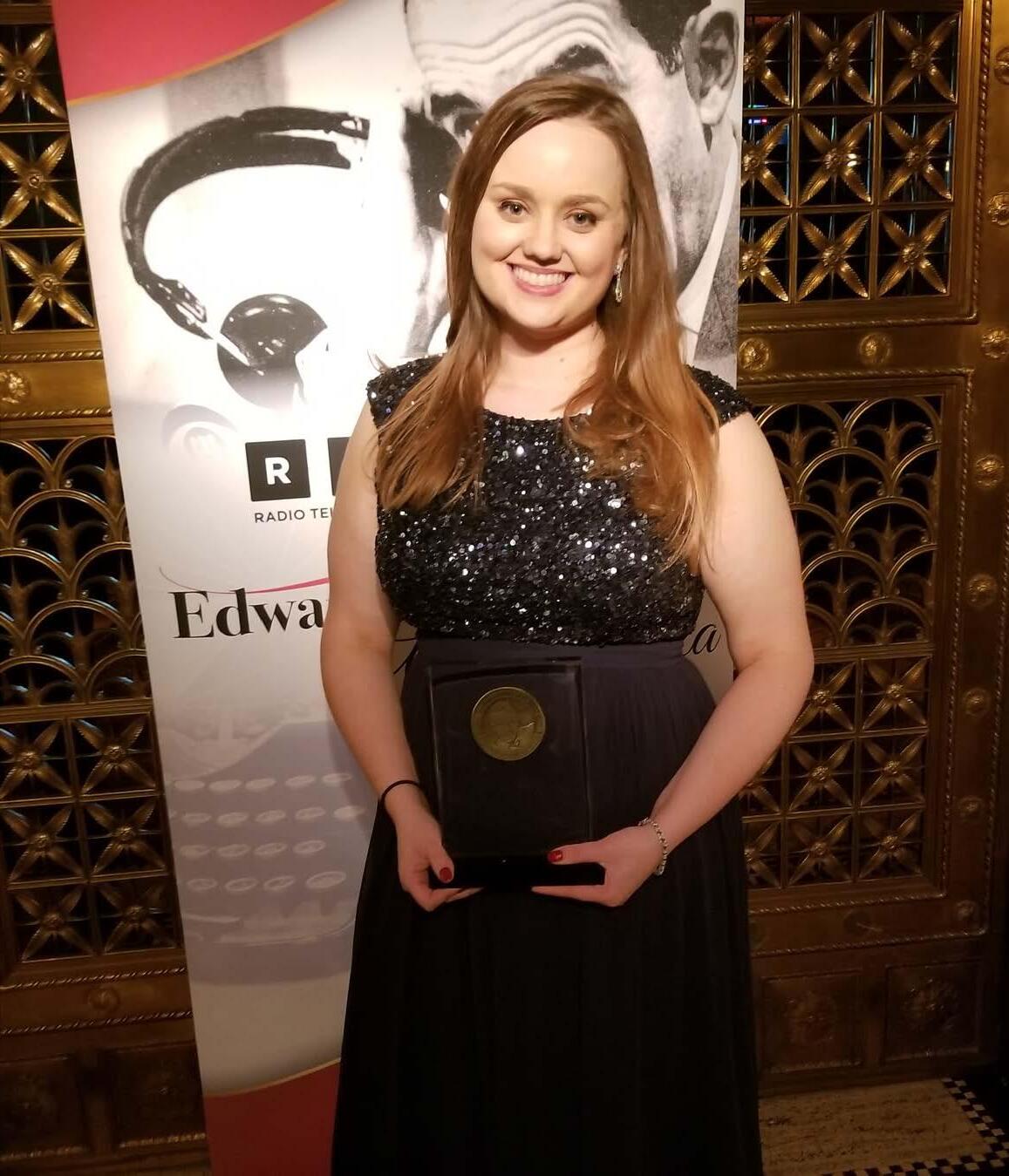
Smith, ’06 BS and ’12 MBA; and Windsor Smith, ’16 BA/ MMC — is the first to create an endowed scholarship under the 25 by 25 program.
The Smith Family Study Abroad Scholarship will provide funds to make study abroad more affordable for Barrett, The Honors College students.
The Smiths said their own study abroad experiences led them to want to help students with overseas travel expenses.
Windsor maximized her study abroad experience in 2014 as a student in Barrett, The Honors College and the Walter Cronkite School of Journalism and Mass Communication.
She went to London, Paris and Milan on a journalismfocused trip where she and
other Cronkite students visited news organizations in each city, including the BBC, Reuters, and CNN in London, where she met news host and anchor Christiane Amanpour.
She learned how the news organizations operated, wrote stories and created digital news segments. She also completed multimedia projects for honors credit and developed her honors thesis project, a video promoting Cronkite School study abroad programs.
“My study abroad experience was amazing and one of the highlights from my time at ASU,” said Windsor, who is now a news producer at ABC15 in Phoenix.
“My study abroad experience was amazing and one of the highlights from my time at ASU.”
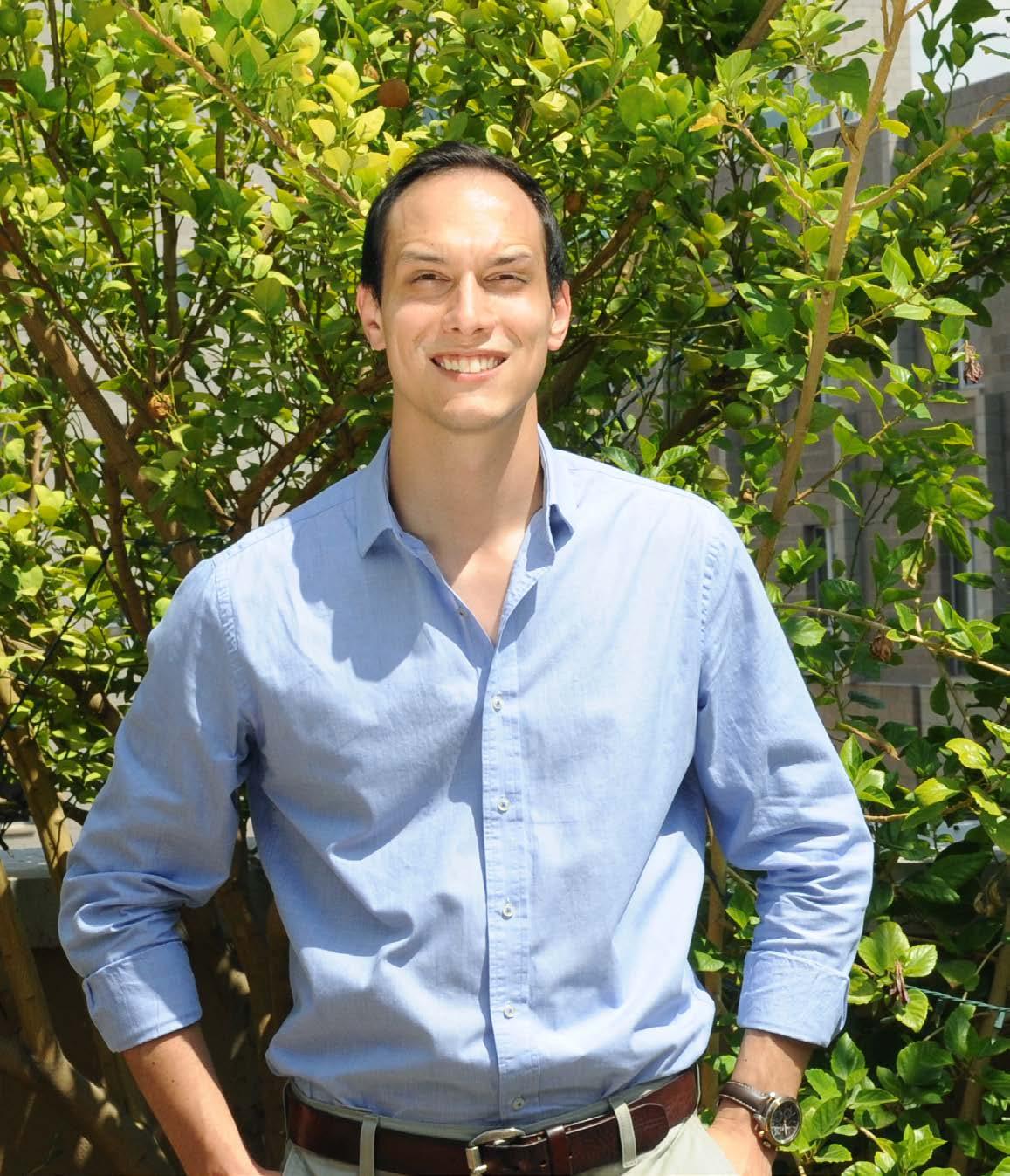
Square-Full Bachelor of Science degrees in economics and sustainability
Square-Full 2011 scholarship to Fundação Getulio Vargas in Sao Paulo, Brazil, to study international management
Square-Full Fulbright Scholarship Binational Business Grant recipient
Square-Full Studied business in Mexico City while working at Grupo Nacional Provincial, one of largest insurance companies in Mexico
Square-Full Served as director of science policy for undergraduate ASU research journal and as management intern at Consortium for Science Policy and Outcomes at ASU
Square-Full Works for Phoenix biotech company, researching increasing global costs of fertilizer use.
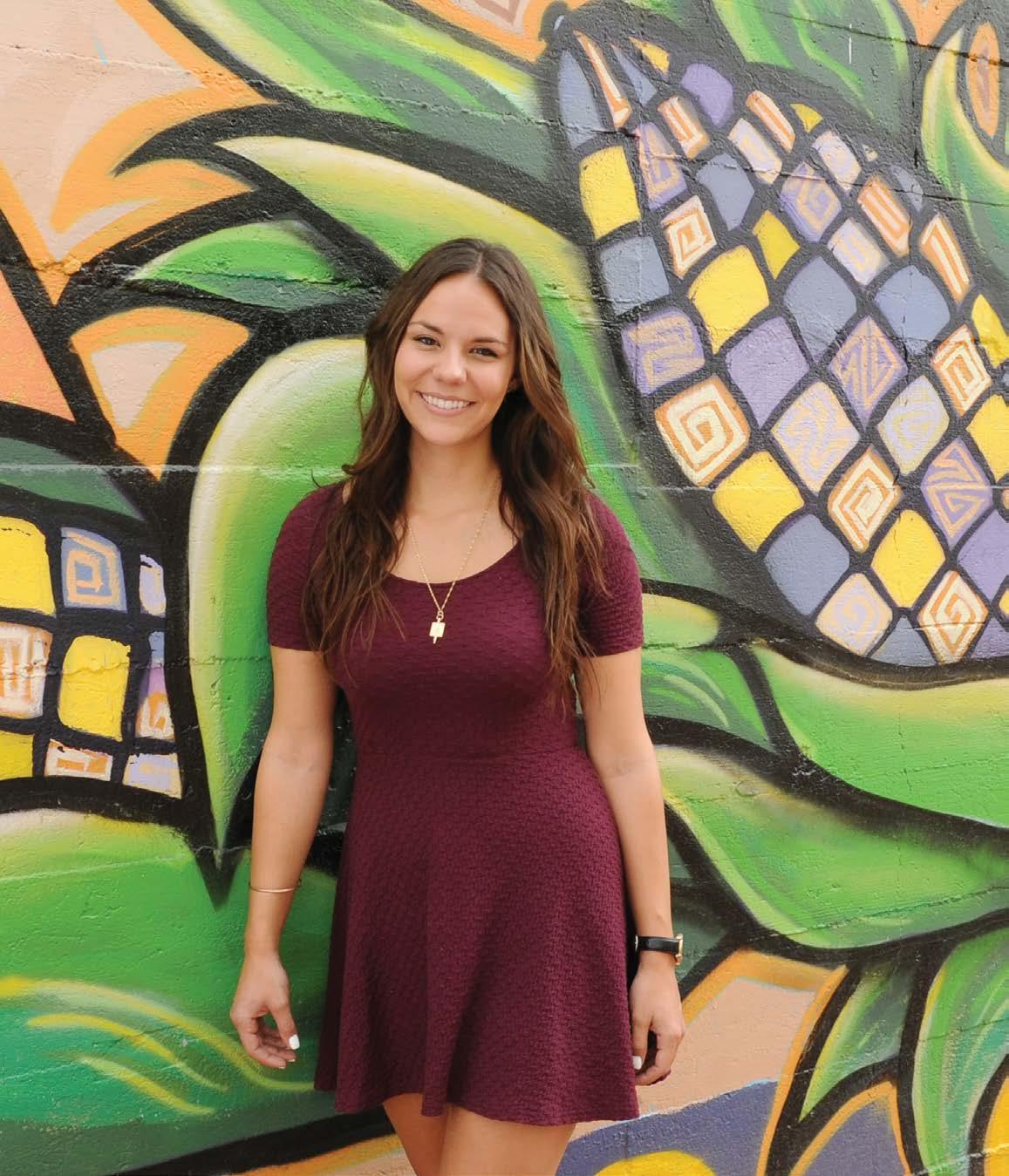
Samantha de Palo
Square-Full Double major as first-generation university student: Spanish linguistics, English literature
Square-Full Earned Fulbright Scholarship to teach English to primary-grade students in Puebla, Mexico, near Mexico City
Square-Full Conducted language research at Benemerita Universidad Autonoma de Puebla; led workshops for teachers focused on teaching strategies, classroom management, language acquisition and development
Square-Full Honored as lifetime Phi Beta Kappa member while student at Barrett; president, Alpha Mu Gamma National Foreign Language Honors Society
Square-Full Teach For America corps member teaching secondary math at Title I school in Phoenix; “Teacher of Distinction” honoree, 2014; Teach For America Regional Excellence Fellowship, 2015
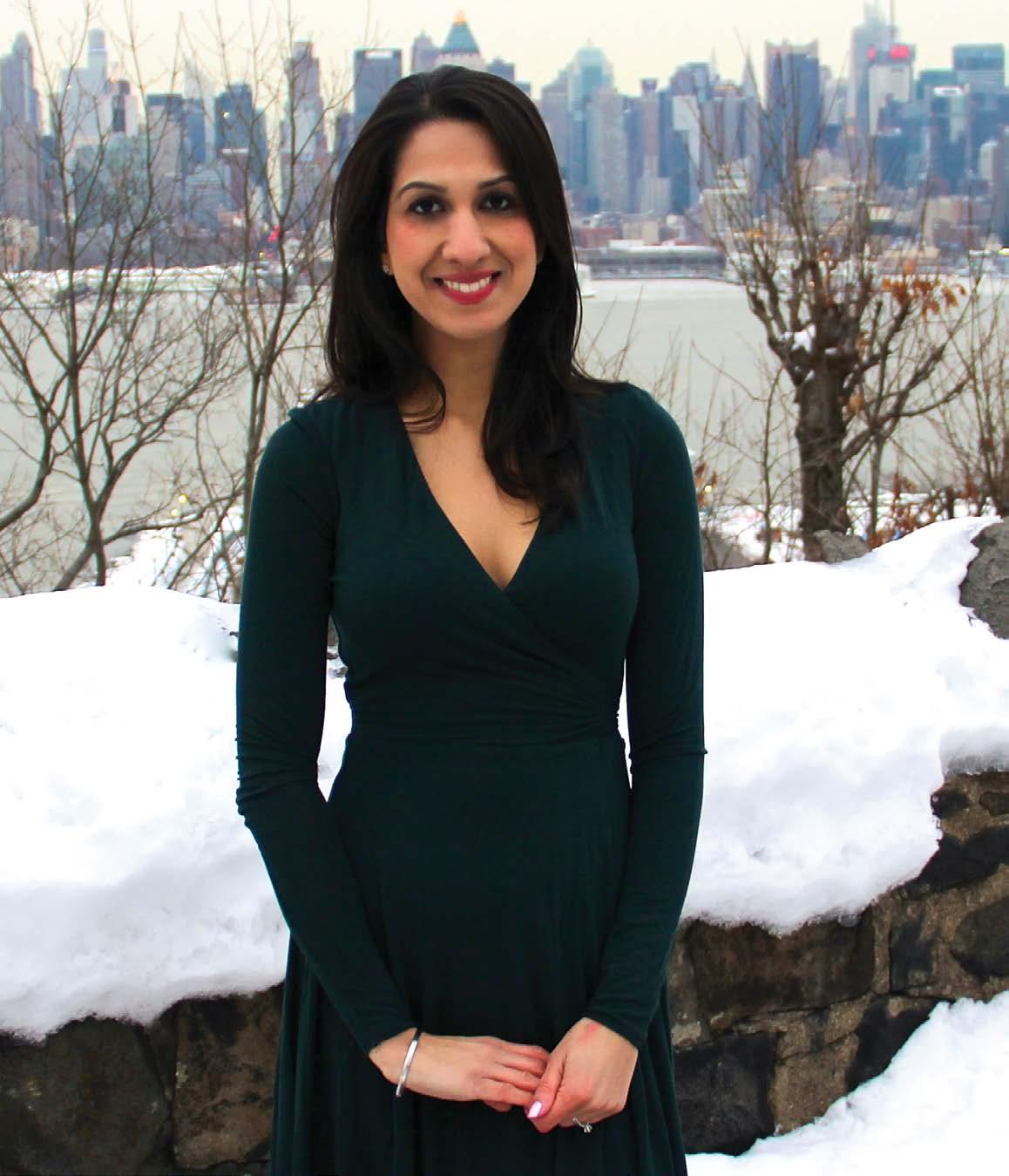
Virgilia Pruthi
Square-Full Received master’s from Thunderbird School of Global Management
Square-Full Arizona Small Business Administration’s 2012 Young Entrepreneur of the Year
Square-Full Founded Network of Women, global community of ambitious women that empowers members and provides professional and personal development opportunities
Square-Full Says her experience with honors thesis process at Barrett propelled her onto entrepreneurial path
Author of “An Immigrant’s Guide To Making It In America”
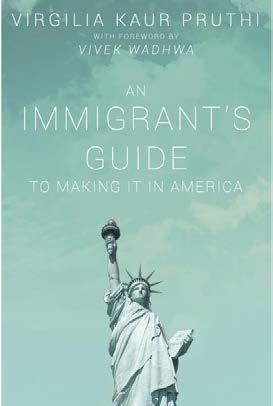
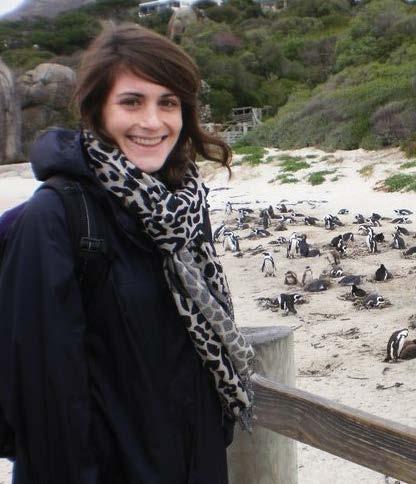
Madeline Sands
Square-Full Bachelor’s in anthropology, master’s in global health
Square-Full From age 5, when she attended lecture by ASU
paleoanthropologist Donald Johanson, Sands saw world as place of discovery
Square-Full As undergraduate, studied abroad and conducted archaeological digs in South Africa, worked on public health reform and traditional medicine in Guatemala
Square-Full Cocreated Hydrogene Biotechnologies to address waterborne health problems in developing countries
Square-Full Studying at London School of Hygiene and Tropical Medicine, supported by highly competitive Marshall scholarship
Square-Full Plans to be practicing physician while working on health care policy and intervention

Square-Full Anthropology major, history minor
Square-Full Awarded National Science Foundation Research Experience for Undergraduates grant, which supported her participation in six-week dig in Cyprus
Square-Full Participated in digs in Mimbres region, New Mexico; unit leader for dig in Oman, Arabian Peninsula
Square-Full Work on archaeological research with ASU President’s Professor Margaret Nelson supported by undergraduate research assistantship from School of Human Evolution and Social Change
Square-Full Honorable mention at 2014 American Association for Advancement of Science conference for research on connection between ceramic diversity and longevity of archaeological dig sites
The Barrett experience also transcends campuses, empowering students to enhance their education with studies abroad. Studying outside the United States expands students’ global perspective and adds greater knowledge and awareness that complements the quality university experience they have received. Those who have studied abroad report it is their most important and meaningful educational endeavor, one they will remember for a lifetime.
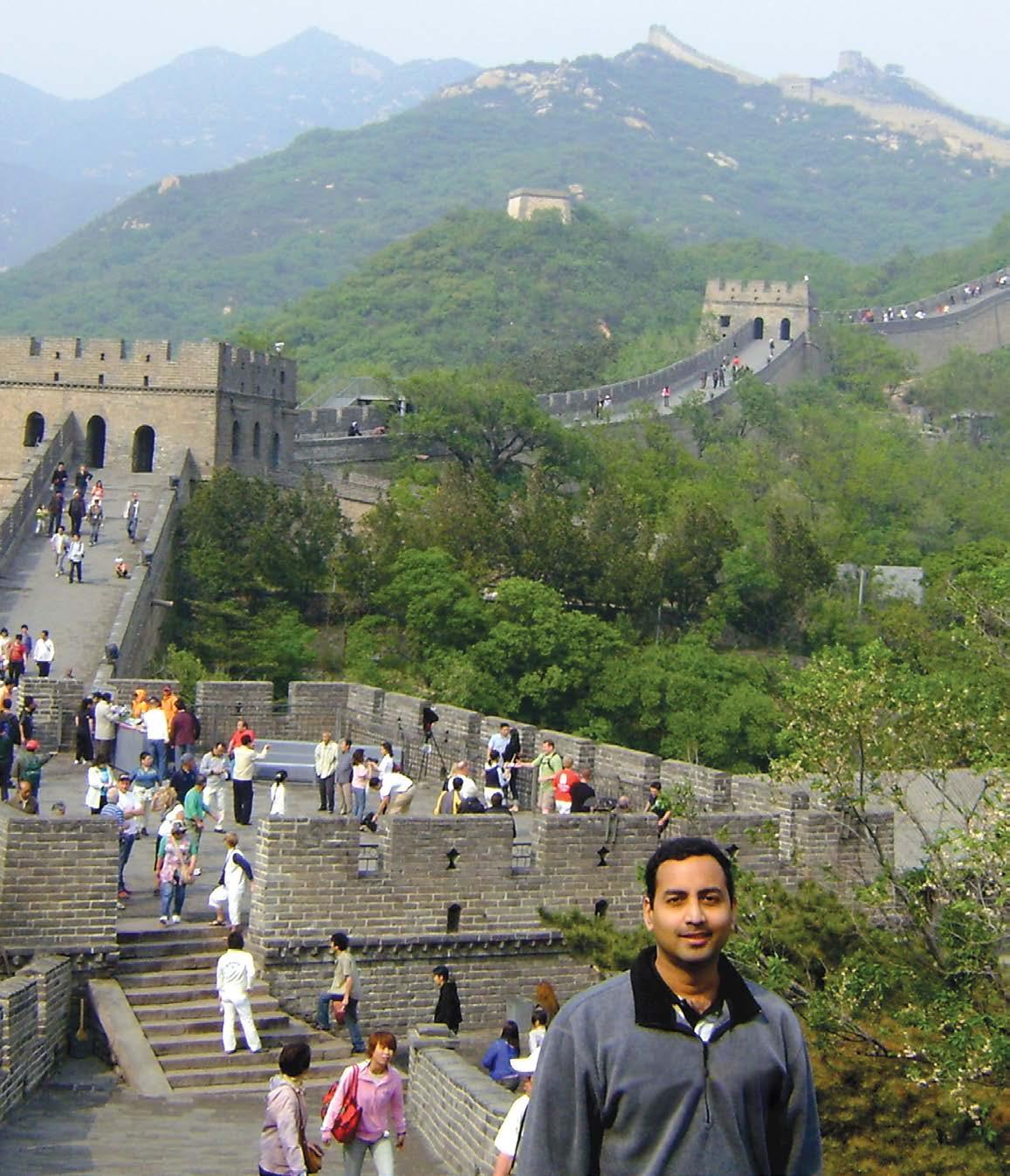
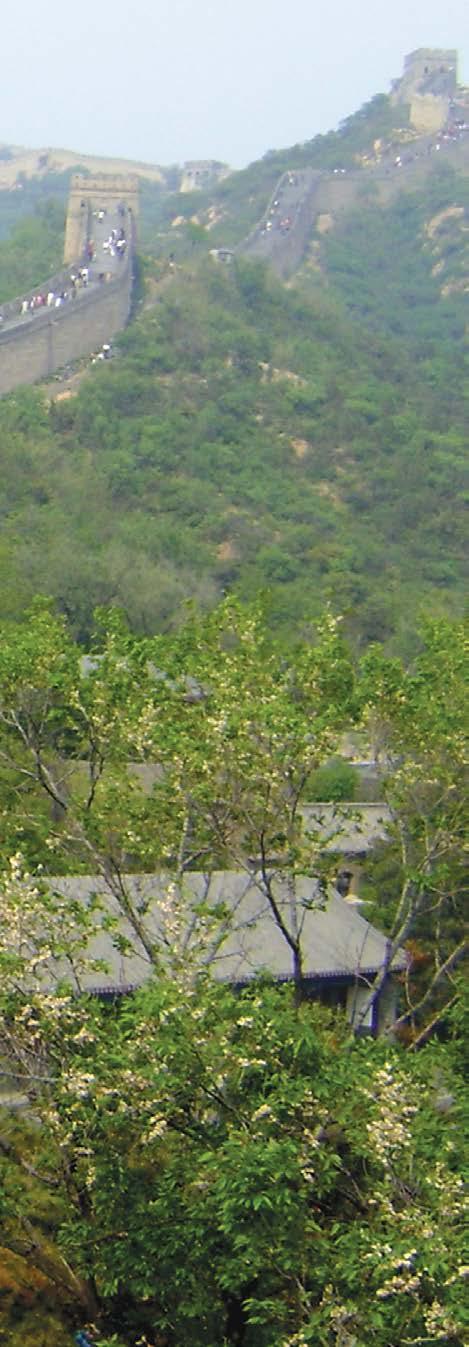
Unlike most top liberal arts colleges, Barrett benefits from its location at one of the nation’s largest public research universities. Barrett is found on four of ASU’s metropolitan Phoenix campuses, providing an honors education driven by each student’s passion for learning and leading.
The ASU Tempe campus is the university’s research and graduate school center. The ASU Downtown Phoenix campus focuses on urban and public programs. The ASU Polytechnic campus is designed with an emphasis on professional and technological programs for workforce preparation. The ASU West campus is focused on interdisciplinary degrees and the liberal arts, while maintaining professional programs with a direct impact on the community.
The Barrett experience also transcends campuses, empowering students to enhance their education with studies abroad. Studying outside the United States expands students’ global perspective and adds greater knowledge and awareness that complements the quality university experience they have received. Those who have studied abroad report it is their most important and meaningful educational endeavor, one they will remember for a lifetime.
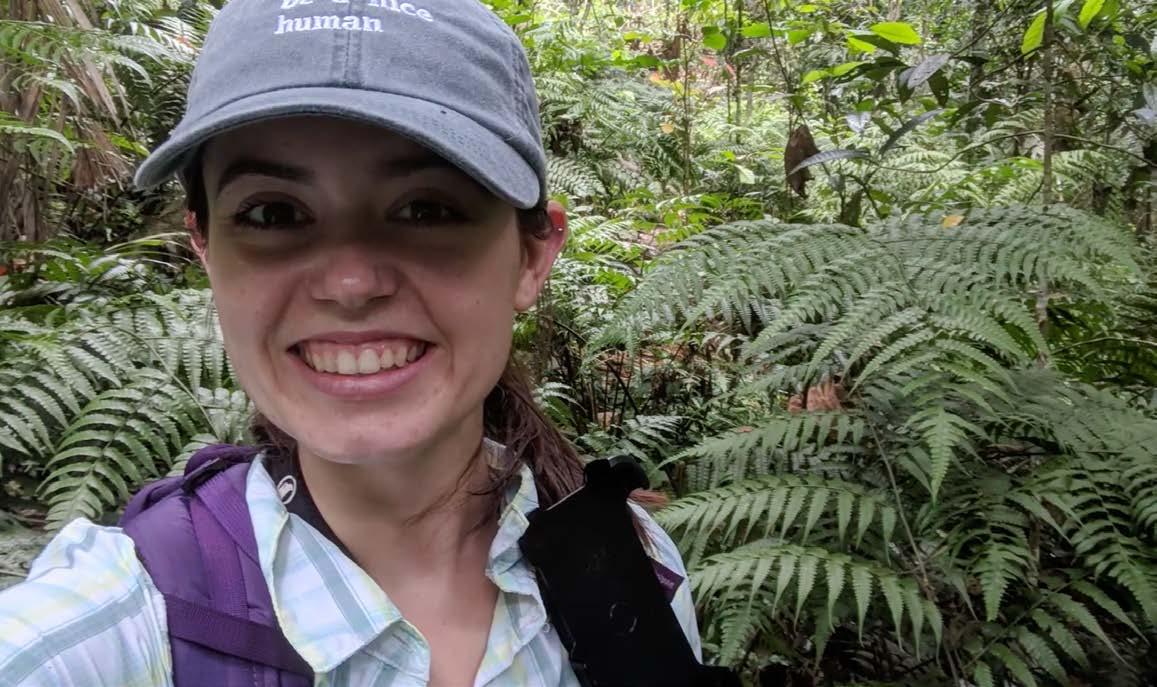

PUBLISHED
Youtube, May 18, 2019;
ASU News January 11, 2018
One will study human-wildlife interactions, the other will study human trafficking support. With the support of the Barrett Global Explorers Grant, Barrett juniors Kinley Ragan and Lauren Barnes will do their best to circumnavigate the globe this summer while conducting research for their senior honors theses.
One will study human-wildlife interactions, the other will study human trafficking support. With the support of the Barrett Global Explorers Grant, Barrett juniors Kinley Ragan and Lauren Barnes will do their best to circumnavigate the globe this summer while conducting research for their senior honors theses.
Previously known as the Barrett Honors Intercontinental Study Award, the newly reconceived Barrett Global Explorers Grant provides funding for Barrett juniors to conduct a multi-country research project. In addition, students develop global connections and bolster their understanding of world issues. Grants range up to $10,000.
A biological sciences major who is also pursuing a minor in statistics and a certificate in Geographic Information Systems, Ragan will conduct research for her project, “Human Wildlife Conflict Management in an Expanding Society,” over a period of 12 weeks in five different countries. To develop an improved
understanding of human-wildlife conflict (HWC) mitigation strategies across the globe, she will visit national parks in Thailand, Australia, Nepal, South Africa, and Colombia and interview park rangers and local community members.
“Humanity is expanding and new landscapes are being reached every day. With our development comes decreased land for animals, smaller buffer zones, and more run-ins with wildlife,” Ragan explained. “This research is significant because it impacts everyone and is a global issue. To maintain biodiversity and human and ecosystem well-being, we need to coexist with our wildlife,” she added. Ragan said she plans to publish her research and expand on her project in graduate school as she pursues a PhD.
Barnes, a social work major, will conduct research on the means by which communities around the world provide resources and support to survivors of sex trafficking. She will meet with members of
non-governmental and law enforcement organizations in at least three different countries, as well as service providers and non-profit groups to interview them and document what services they provide and how. Considering that she has never before travelled outside of the United States, Barnes is especially excited to conduct research in Ireland, France, Spain, Ghana, or South Korea.
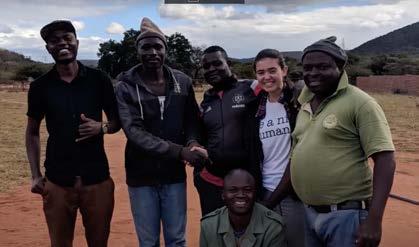
“This research is significant because sex trafficking is an under-researched area and being able to identify and understand it on a global level increases our abilities as a world to fight this issue and support these survivors,” Barnes said.
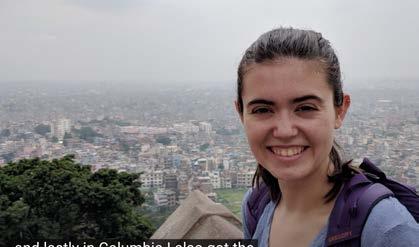
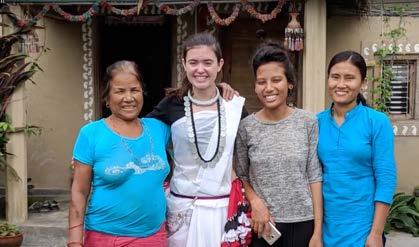
The application process for the Global Explorers Grant is quite rigorous. Applicants must initially submit a five-page proposal detailing an international research project spanning at least five countries in at least three different continents. A committee of Barrett faculty members then selects the five strongest applicants for development into ten-page proposals. The final selection meeting also includes a ten-minute oral presentation and a 20 minute interview with the award committee.
“It was one of the tougher application and interview processes I’ve been through,” Barnes said. “I am extremely grateful and excited. I know this is a large award and feel so thankful for the (award) committee believing in my project
The Barrett Global Explorers Grant is a $10,000 grant to fund a selfdesigned, around-the-world research trip during the summer between one’s junior and senior year. Recipients are expected to travel to multiple countries and several continents.
and me. I look forward to spending my summer researching a topic I care deeply about.”
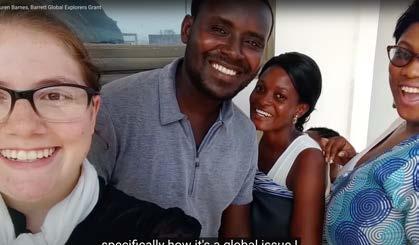
Dr. Kyle Mox, director of the Office of National Scholarship Advisement, housed at Barrett on the Tempe campus, said members of the award committee agreed that these research projects are worth supporting because they highlight Arizona State University’s interest in social embeddedness and Barrett’s commitment to global initiatives.
“Both of these projects are not only important for the students’ intellectual and professional development, they also have the potential to help solve important global problems,” he said. “We agreed that they represent the ambitions that we hope to foster at Barrett and ASU – to be future ‘problem solvers.’”
Another important selection criteria for the award are the student’s personal characteristics. “We hope to see students who are independent, thoughtful, and culturally aware,” Mox added. “Considering that they are going to be essentially circumnavigating the planet on their own, it’s important that they also demonstrate maturity and resourcefulness, not to mention a little courage.”
The expansion and renaming of the program follows a generous donation from long-time Barrett benefactor Charles Bivenour. A member of the Circumnavigators Club, an international organization founded in the early 1990s to
promote global travel, Bivenour sees international travel as integral to undergraduates’ educations.
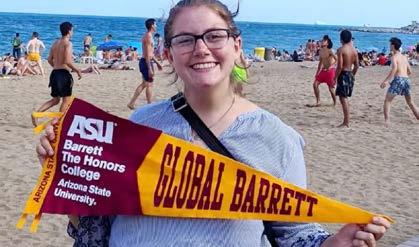
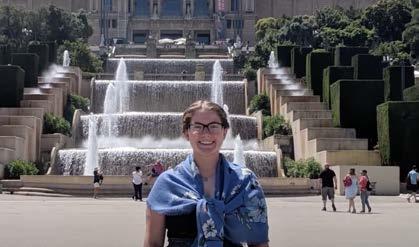
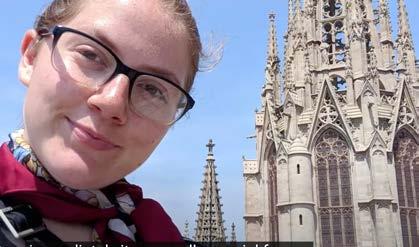
“I feel having international travel and exposure to different countries and cultures is absolutely necessary for students. With support from the Barrett Global Explorers Grant not only do students develop a project that will satisfy their intellectual growth, they also have an opportunity that will contribute to their overall personal development,” he commented.
Bivenour also served as a member of the award committee. “I am honored to be involved with ASU and especially Barrett by helping support the grant,” he added. “It’s my way of doing something meaningful and worthwhile.”
Barrett Honors College is in the midst of Campaign 2020, an effort to gain support for programs like the Barrett Global Explorers Grant and other opportunities that help students fulfill their goals and potential. The campaign focuses on building support in several areas, including student scholarships; fostering global citizenship by expanding access to educational travel, global leaders and internships; increasing the amount of professional development funds for honors faculty and establishing a visiting honors faculty program; and developing an honors student success center. Find out more about how you can join us in strengthening Barrett’s unique learning environment.
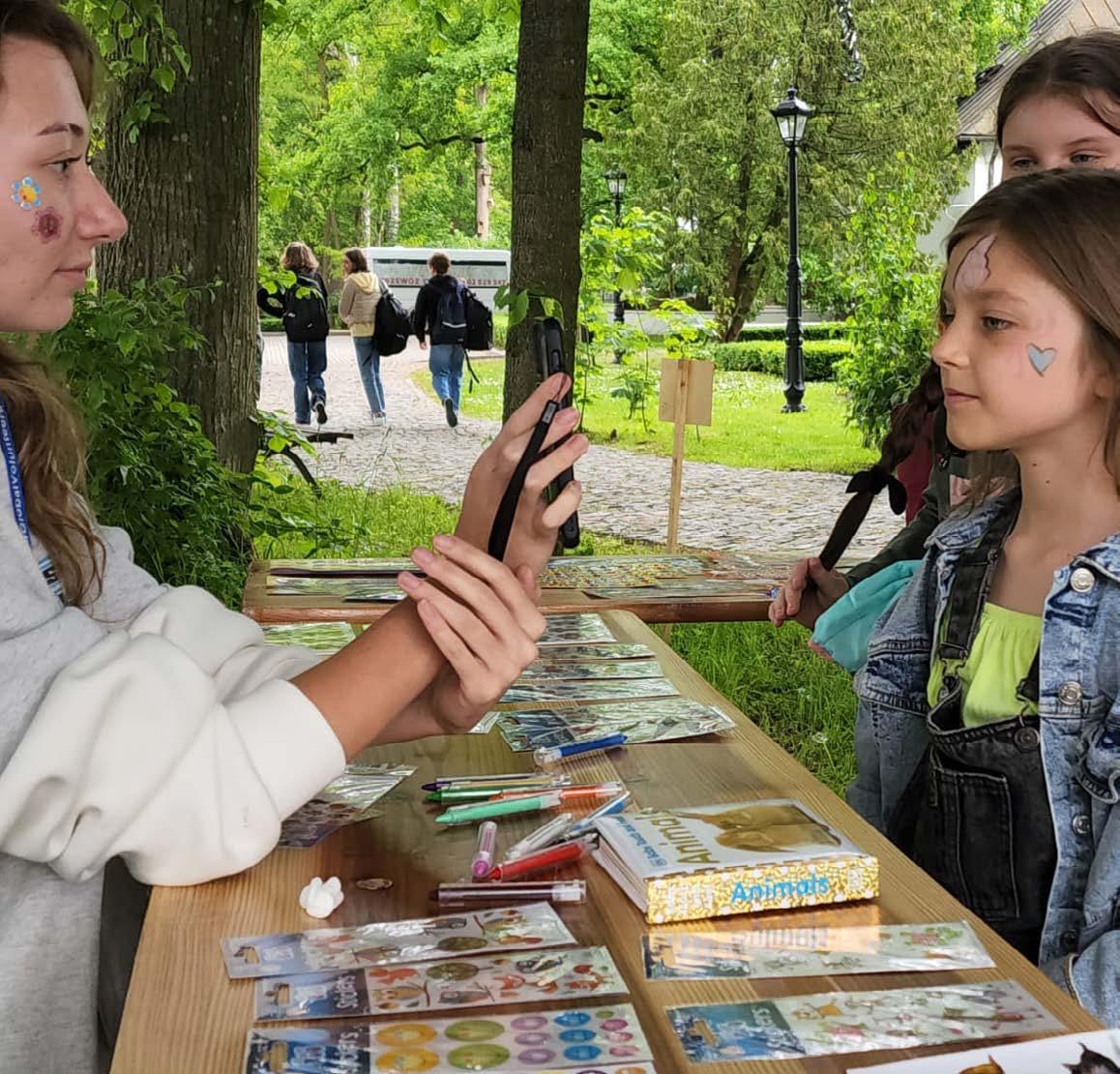
Sarah Martin, a sophomore political science major in Barrett, The Honors College at Arizona State University, used hip-hop dancing — a uniquely American art form — to connect with Ukrainian refugees in Poland.
Martin spent a week in May working with international organization Global Volunteers in Siedlce, Poland, teaching English and participating in activities with Ukrainians who fled their homeland amid the Russian war on Ukraine, which began in February. The refugees were mostly mothers with young children.
“I told the mothers I was a dancer, and that immediately piqued their interest and broke the ice,” said Martin, who participated in competitive hip-hop dancing for seven years in Washington, D.C.
“These small connections are important for breaking through. It was something I wasn’t expecting: to form connections in Poland with moms and kids who were in such a difficult situation but who were so open and accepting. It was really a life-changing experience.”

According to Emily Johansen, Global Volunteers director of strategic partnerships, her organization offers domestic and international programs in which volunteers serve for one, two or three weeks. Global Volunteers has programs in 14 countries and five U.S. communities.
Programs focus on delivering essential services to eradicate hunger, improve health and enhance cognition; teaching conversational English; supporting community development; serving as classroom resources for gifted learners; and providing individual or small-group tutoring.
development, Johansen said. When the war broke out in Ukraine and Poland received hundreds of thousands of Ukrainian refugees, Global Volunteers’ community partner in Poland asked for assistance in supporting these visitors in their country, Johansen said. That’s where volunteers like Martin came in.
Martin was involved in providing activities for Ukrainian refugees, with the aim of offering some comfort, relaxation and a temporary respite from the worry and heartbreak brought on by conflict in their country, Johansen said.
At a local elementary school, Martin worked on conversational English skills with Ukrainian students in grades 1–8.
“I have always wanted to do something like this and go abroad to try to make a difference. This was a really fulfilling experience,” Martin said.
“I want to focus on global affairs with my political science background, as well as human rights,” she said, adding that she’s interested in ambassadorial work.
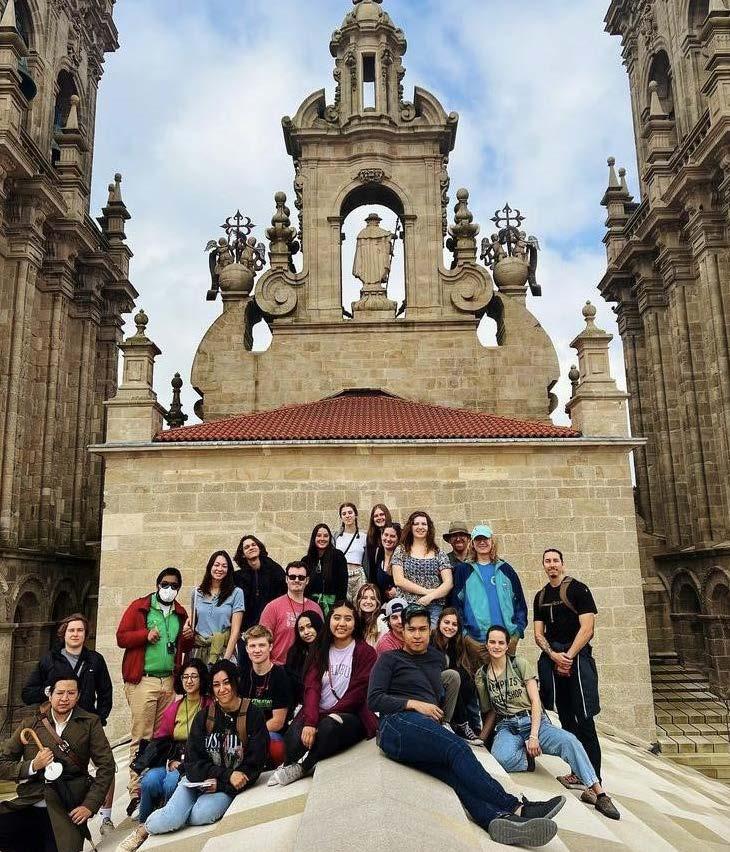
For Kendall Flynn, an Arizona State University sophomore majoring in sports journalism with a minor in Spanish, a recent 21-day study abroad trip to Morocco and Spain with fellow students from Barrett, The Honors College was a great adventure and learning experience.
“I wasn’t sure what to expect when I initially signed up for the study abroad program, but it was one of the best experiences I’ve ever had. I learned a lot about the cultures of Spain and Morocco, made friends along the way and fell in love with both countries,” Flynn said.
The Spain leg of the trip, from May 29 to June 6, took students to Madrid, Santiago de Compostela and A Coruña. While in Spain, participants studied the art of performance and pilgrimage and walked part of the Camino de Santiago de Compostela, known in English as the Way of St. James. This network of pilgrims’ ways, or pilgrimages, leads to the shrine
of the apostle St. James the Great in the cathedral of Santiago de Compostela, in Galicia, in northwestern Spain. It is believed that the remains of the apostle James are buried there.
Students spent June 7–18 in Morocco, where they visited Tangier, Chefchaouen, Fes, Marrakech and Casablanca. In Morocco, their studies focused on Western influences and orientalism and their effects on Moroccan culture. Barrett Honors Faculty Fellows Alexander T. Young and Mathew Sandoval led the trip and guided students through their studies.
Flynn documented the trip in a travelogue. Here are her reflections on Spain.
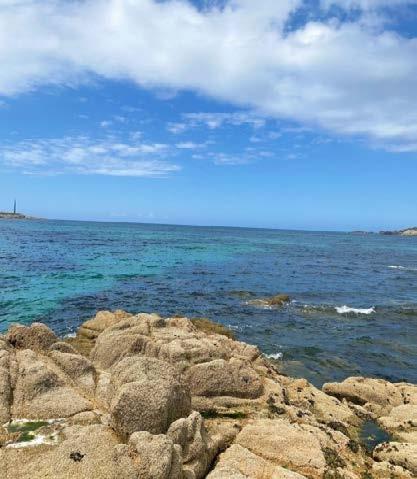
It is said that adventures are the best way to learn.
Editor’s note: The following travelogue entries have been edited for length and clarity.
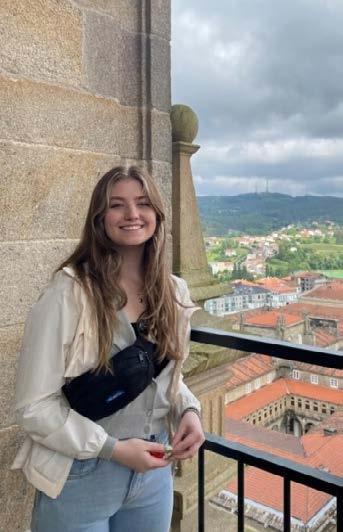
On May 26, I flew from Colorado to Arizona to meet up with my friend, Ty Parker, for the trip to Madrid. We easily got through checking our bags and security, but were soon notified that our flight to Philadelphia was delayed by 30 minutes because of thunderstorms. In Philadelphia, we only had a 50-minute layover before our flight to Madrid, so the delay in Phoenix caused a little bit of a panic. Upon landing in Philadelphia, we found out that we had missed the flight to Madrid by 20 minutes, and our new flight wasn’t until 6:30 p.m. the next day. My parents found us a hotel in Philadelphia to stay in for the night, and once it hit midnight, Ty, myself and some other Barrett students along for the trip celebrated Ty’s birthday, ate dinner and got to know each other. The next day, we sat on the plane for over an hour before takeoff. I immediately fell asleep and rested the entire flight. On May 29, we finally arrived in Madrid. Even though it was a crazy adventure, and I had been to four states in three days, as I sit here now in the Plaza del Ángel, I can tell you it was all worth it. Let the adventure begin.
May 30 was my first full day in Madrid, and it was an amazing way to kick off the trip. We visited El Museo del Prado, one of the most famous museums in the world that holds the collections of many artists, including Francisco de Goya, El Greco and Diego Velázquez. While in Spain, we studied the art of performance and looked at everything around us as a performance by analyzing the artwork; the texture, emotion and history behind it; and how the artist performed those on the canvas. After touring the most famous artwork in the museum, we practiced observing performances further by people-watching. We spent an hour watching the visitors and taking notes on their
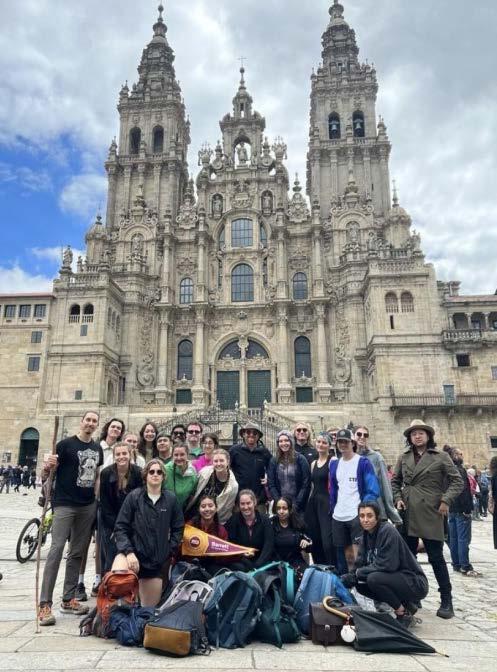
performance, including how long they spent at the painting and how they looked at it. For the most part, I noticed people barely looked at the paintings. We observed around five people take pictures of the paintings, even though it’s forbidden. Overall, the trip to El Museo del Prado opened my eyes to notice what others are doing around me and also to think of my own actions as performances.
May 31: Toledo, the cathedral and the synagogue
On our second day in Spain, we took a day trip from Madrid to Toledo, a historic town full of multicultural influences presented everywhere through art. Our first stop was the Santa Iglesia Catedral Primada de Toledo. The outside was covered in Gothic architecture with pointed arches and ribbed vaulting, but it also contained aspects of Roman and 1700s architecture.
After the cathedral, we visited
El Transito Synagogue to see the mix of Christian and Muslim architecture.
June 1: Flamenco show
June 1, my second-to-last day in Madrid, was enriched with Spanish culture and performance. We had class time in the morning to discuss performance and what it means in relation to the Camino de Santiago. After class, we had free time, and five of my fellow students and I went to El Retiro Park, which Dr. Mathew Sandoval, Barrett honors faculty fellow, had been talking about. The park, just beyond El Museo del Prado, was the most beautiful park I’ve ever been to.
Later that night, we attended a flamenco show. The performance area itself was cozy and intimate. It started with a guitarist playing various chords on his acoustic before being joined by a singer. Eventually, a man and a woman stepped on stage and danced in relation to the singer and guitarist but also around each other. The dancers, singer and guitarist improvised the entire show, which made this performance authentic and different from others they had done before. It truly was a oncein-a-lifetime experience for the audience.
June 2: Free day

On our last day in Madrid, we had free time. I relaxed, did some laundry and reflected on the trip so far. Madrid is a perfect place to study performance because of the abundance of cultural

experiences available to visitors.
I reflected on how the bond formed through a performance relates to a pilgrimage concept called “communitas.” In pilgrimage studies, communitas is an important concept because it influences the spiritual transition of a person. Our study abroad group could be considered a pilgrimage as we build bonds with each other, travel and transform our perceptions and knowledge of Spain and Morocco. I am sad to leave behind the lively atmosphere of Madrid, but excited to experience Santiago and A Coruña.
June 3: Santiago travel day
Once our train arrived in Santiago de Compostela, we did some Camino training by walking through the hilly sidewalks of Santiago to our hotel. Later, we experienced more of Santiago’s beautiful landscape during our group tour. We walked through Parque de Alameda, where flowers, bushes and towering palm and eucalyptus trees were abundant. We toured around the town and noticed pilgrims walking toward the cathedral with us. We walked around La Praza Do Obradoiro and saw the Catedral de Santiago Compostela and Pazo de Raxoi. Learning about the history of Santiago and getting the further context of the significance of the cathedral was very interesting.
June 4: Tour of the cathedral
We prepared for the last leg of the Camino de Santiago and toured Catedral de Santiago Compostela. The Camino de Santiago, also known as the Way of St. James, has seven different routes that all end at

the cathedral. Praza de Obradorio, the square the cathedral resides in, was filled with tourists and pilgrims that had just finished the Camino. We explored Las Cubiertas de la Catedral de Santiago de Compostela (the cathedral roofs). Going onto the roof of the cathedral was a surprising and amazing opportunity. After the roof tour, our guide took us to the pilgrims Mass in the cathedral, where we saw pilgrims sitting in their Camino gear, quietly listening and engaged in the sermon.
Following Mass, we did ethnographic observations of the pilgrims in the square. After hearing the experiences of those in the plaza, I was beyond excited to experience it myself and compare my performance as a pilgrim to those around me.
June 5: The Camino
After learning about performance and pilgrimage, we were finally able to put our ethnography skills to use by walking the last leg of the Camino de Santiago de Compostela. At the beginning of our trek, it was a little foggy and drizzling, but about an hour in, the rain turned into a beautiful sunrise stretching over the farmland and forest around us. We walked through small towns filled with hostels for pilgrims to sleep in on their journey. Along the way, many students talked with the other pilgrims on the Camino, who found it interesting that we were walking it for our study abroad.
Three miles outside of the cathedral, we all stopped at a lookout area called Monte de Gozo, a place where pilgrims
commonly take a short break. After the lookout, Kee Bulkowski, Emily Wells, Hayden Brennan, Fintan O’Halloran and I decided to take a short detour to another lookout that had metal statues of St. James and his two apostles, Athanasius and Theodore. Once we walked through the archway into the Praza do Obradorio, all of us felt the same excitement we had seen the pilgrims expressing the day before. Even though we had walked only a fraction of the complete route, we understood the overjoyed feeling that one gets when they see the cathedral.
June 6: A Coruña
On our last day in Spain, we traveled to A Coruña, which sits on the Bay of Biscay in northern Spain. After settling into the hotel and getting lunch, we went to the beach, where fog derailed our plans to blissfully sit on the sand and watch the waves. We decided to go to a cafe. After finishing the best cafe con leche I’ve ever had, Corinne Mitra and I noticed the sun was starting to peek out of the clouds. We decided to leave the group and go see if we could sit on the beach. Sure enough, the weather was perfect. It was windy but warm, with just a few clouds in the sky. We ran around on the sand at first, just staring into the water and its mesmerizing tide. I reflected on the trip so far and how much fun I had already had just halfway through. There’s nothing more peaceful and rewarding than sitting on a rock, looking at the Atlantic Ocean in Spain.
As the day went on, all I could think about was wanting to see
the sunset on the beach. After dinner, I immediately went back to the bay, and my sunset dreams were fulfilled. The sky was filled with shades of orange and pink reflecting over the waves crashing onto the beach.
We did not make our 3:30 a.m. wake-up call. Emily and I were awoken by the startling sound of Alba, our tour guide, knocking on our door and calling our names. It was 4:15 a.m. Panicked and half-awake, we gathered our things and ran to the bus, where everyone sat waiting for us. Once I got on the bus, I was a little confused and wondered if that actually happened or if I was dreaming. But sure enough, I had slept 45 minutes past wake-up time and was now on a bus to the airport. It was a perfectly chaotic way to end our time in Spain and start our travels to Morocco.

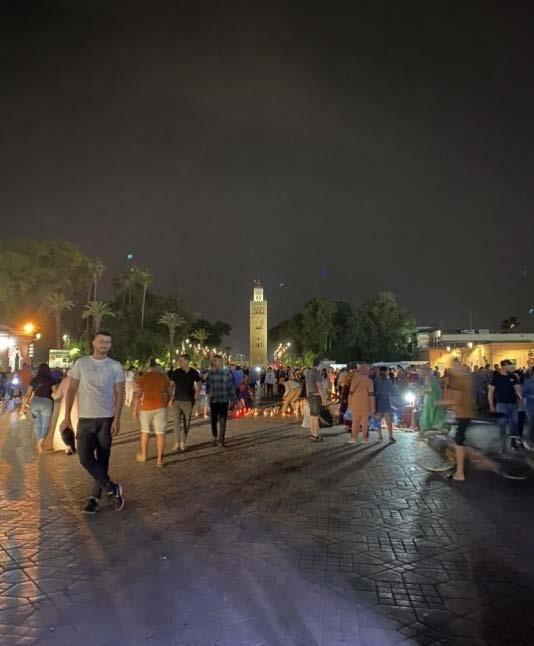

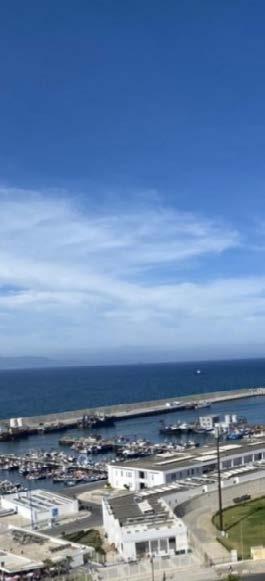
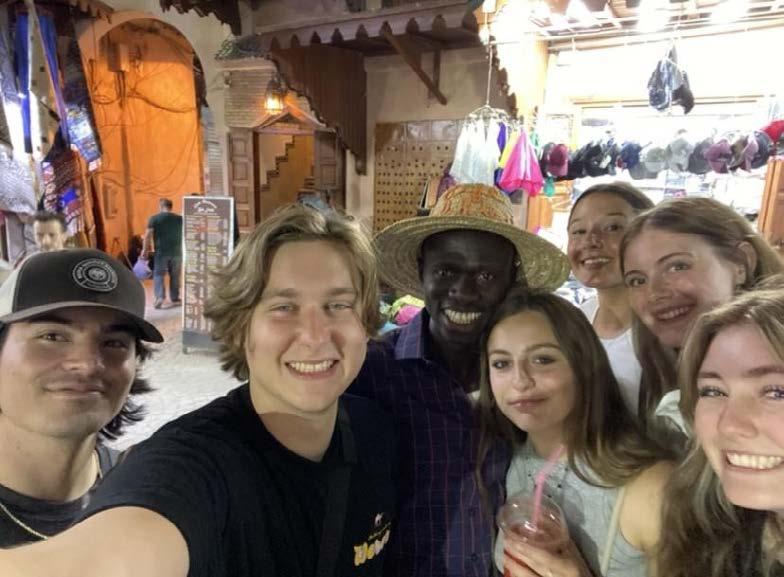
Students from Barrett, The Honors College at Arizona State University experienced Morocco on the second leg of a 21-day study abroad program this summer that also took them to Spain.
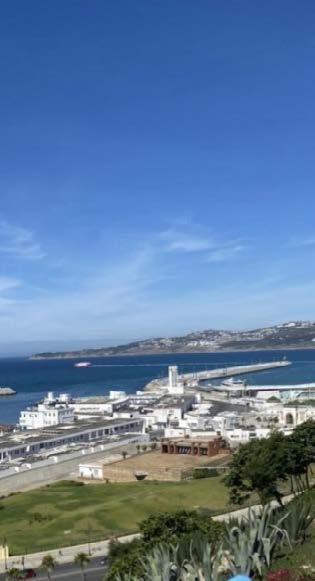
The trip, titled “The Crossroads of Civilization: Barrett in Spain and Morocco,” was led by Honors Faculty Fellows Alex Trimble Young and Mathew Sandoval. Participants studied the art of performance in Spain and Western influences on Morocco.

This is the chronicle of her travels in Morocco on the second leg of the trip.
Editor’s note: The following travelogue entries have been edited for length and clarity.
Kendall Flynn, a sophomore majoring in sports journalism with a Spanish minor, documented the May 29–June 18 trip in travelogues.
This is the chronicle of her travels in Morocco on the second leg of the trip.
Editor’s note: The following travelogue entries have been edited for length and clarity.
There’s more to Morocco than what you see in movies like “Casablanca.” The North African country has a long history and culture that is as colorful as the clay tiles made by its artisans.
When I initially joined the Spain and Morocco 2022 honors study abroad program, I didn’t know what to expect. I knew a lot about Spain, but I didn’t know much about Morocco. Before setting off, we had pre-departure homework that gave us insight into the history and culture of Morocco. We learned about the immense amount of Western influence that shaped Morocco into the country it is today. Morocco was influenced by Spain, France and the United States and recognizes Christianity, Islam and Judaism as the three most predominant religions among its citizens. I was interested in seeing if the Western influence, described by expatriates, was prominent while in Morocco and how its citizens demonstrate their unique culture.
Our first stop in Morocco was Tangier, a city that Paul Bowles, one of the authors we were reading, lived in and wrote about. We visited the Medina, the old walled city of Tangier, and walked around the bustling marketplaces called souks.
On our second day in Tangier, we discussed “The Sheltering Sky” by Bowles and “A Moroccan in New York” by Youssouf Elalamy before taking a tour of Old Tangier. In class, we discussed the Western influence and the differing perceptions of Moroccans by outsiders and vice versa. At the beginning of the tour, we noticed Spanish architectural influences through the bright yellow buildings that lined the road. From the port, you can see the Iberian Peninsula, which demonstrated the proximity and easy accessibility of the Spanish to Morocco.
While in Tangier, we visited the American School of Tangier, which has been open since 1950 and teaches Moroccan students in grades 4–12. Our honors faculty director, Dr. (Alexander T.) Young, taught English there from 2007 to 2009 when he lived in Morocco.
We talked with Karim Benzekour, who works at AST, about the school and the
opportunities it offers the students, one of which is a theater program. Among those who assisted with and influenced the theater program were playwright Tennessee Williams, author Paul Bowles and Joseph A. Phillips, an American who moved to Tangier in 1962 to teach at AST and served as the school’s headmaster for 37 years.
On our last day in Tangier, we went to the historic Cinema Rif and watched the film “Traitors” directed by Sean Gullette. Gullette created the film in unique ways including adapting the story to the actors, kinetic filming and portraying strong female characters. This film related closely to one of our readings called “Hope and Other Dangerous Pursuits,” giving us further insight into the emigration from Morocco and the role women play in Moroccan society.
My favorite part of the trip was when we visited the Hercules Caves and the Strait of Gibraltar. Not only were the caves beautiful, but the tide poured in through the opening into the cave, leaving a calming water echo throughout. We sat near the lighthouse by the strait as our tour guide Adnane explained the underwater currents that cause difficulties for ships. We went down to the beach to view the sunset. The sun set perfectly in the middle of the ocean as the tide crashed onto the beach. The wind blew the sand, unveiling small seashells all around. It was beautiful.
After our dream beach day, the reality of COVID-19 unfortunately struck our class. However, we were quickly able to get tested with the help of our faculty members and our tour guides Chaimae and Adnane. While we waited to get tested, four other students and I sang around a piano in the hotel lobby. It was the perfect way to ease our worries before the COVID test.
After having to leave behind three of our party in Tangier because of COVID, we headed to the blue city of Chefchaouen. I was astonished. With almost every wall and staircase painted blue and flowers lining the windows, it almost felt like I was walking through the ocean. We walked up to the Spanish Mosque. From there, we could see the entire town, shining blue on the green mountain it sits on. I reflected on our time in Morocco so far and how beautiful it was. I realized the truth behind our readings about its natural beauty and diverse culture. Chefchaouen is unlike anywhere I’ve ever been, and being there was a once-in-a-lifetime opportunity.
Fes is a medieval city in Morocco and was once the capital. While in Fes, we learned about the artisan culture that is crucial to the Moroccan economy. We visited and toured a Moroccan carpet shop, ceramic workshop and the leather district. The artisans pride themselves on the quality of their products, and by touring their facilities I could see the amount of time and effort that goes into their work. It was truly an eye-opening experience to see the artisan culture of Morocco. To give us insight into the religious and expatriate influence in Morocco, we talked with Professor Sadik Rddad of Mohamed Ben Abdellah University about the writings of Paul Bowles and how they are perceived in Morocco, along with the importance and diversity of spirituality among Moroccans.
LMarrakech was a further look into the handicraft and artisanal culture of Morocco, with souks lining the streets. We toured the Infinity Square, known in Arabic as Jemaa el-Fnaa — a common meeting place for Moroccans and home-to-street markets — along with the Madrasa Ben Youssef Quranic School, which houses hundreds of students. The school recently underwent a four-year renovation, which restored cedarwood throughout the school to its former glory. At night, some of my classmates and I traveled to the town square where we were met with musical circles, colorful lanterns, cotton candy and juice stands. We walked around, listening to the music and eating cotton candy. Juice stands lined the walkway back to our riad, which is a traditional Moroccan house usually built around an interior garden. We stopped into stand No.11, where we befriended the workers and took a photo with them.
Traveling to Morocco was something I never thought I would get to experience. Learning about the culture and its history enriched my experience there. Our readings aligned with our experiences, and I loved seeing Morocco’s unique culture through both Moroccan and American eyes. Studying abroad in Morocco was an experience I will have memories of for the rest of my life because of its atmosphere, the local friends we made, and the rich religious and artisanal culture we experienced there.
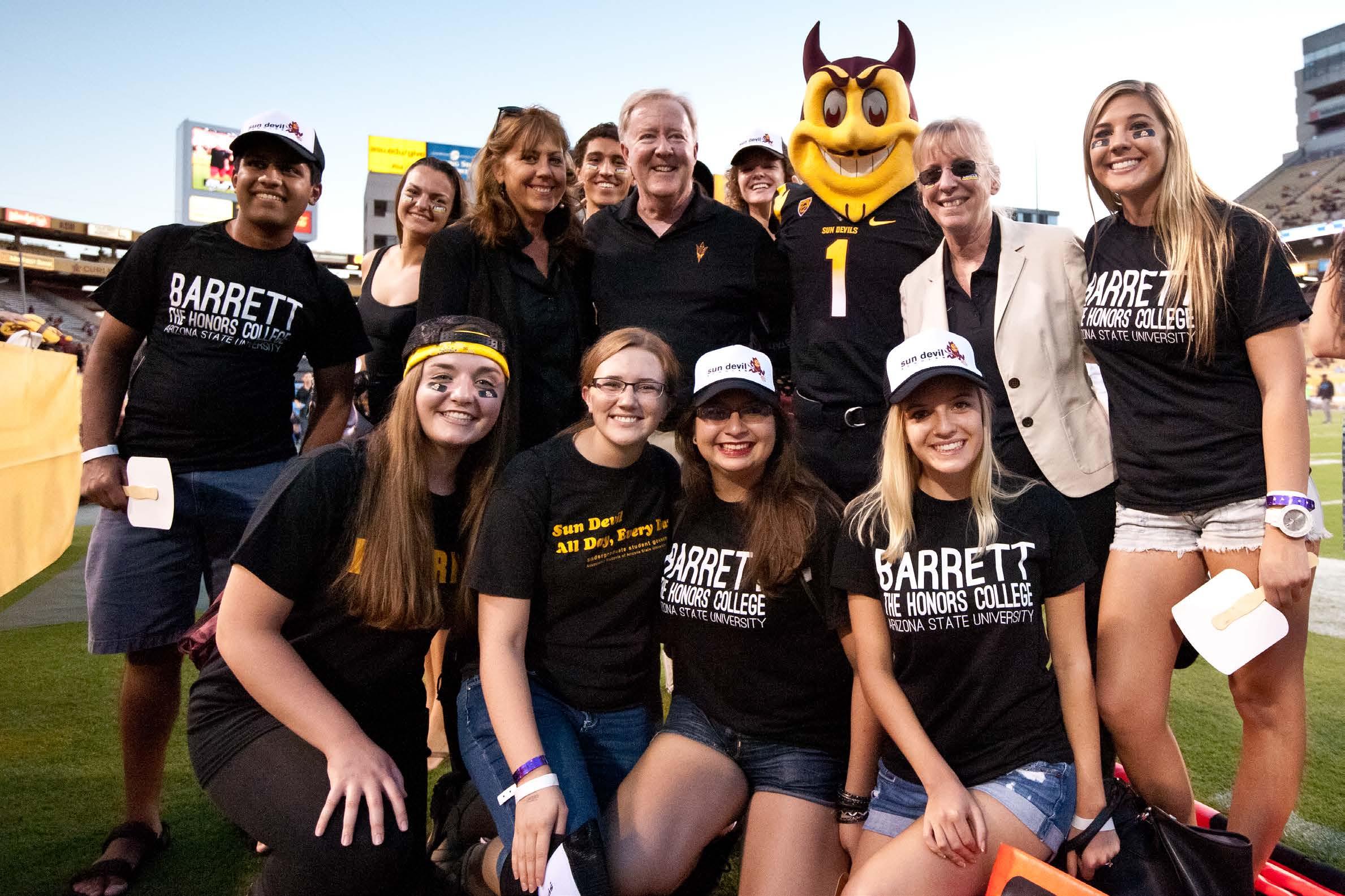
Preparing our student leaders to be effective global citizens is imperative for pioneering new frontiers of knowledge and inventing solutions to global challenges. At Barrett, we want to take the best students in the world and prepare them to lead the world. Campaign support will allow us to expand access to educational travel and internships that expose students to new cultures and languages as well as to new environments and ecosystems. They will be taught by high-profile corporate, government, and nonprofit leaders from around the world in our new Global Fellows program for visiting dignitaries. These experiences will forever change students’ outlooks, heightening their understanding of the world around them.

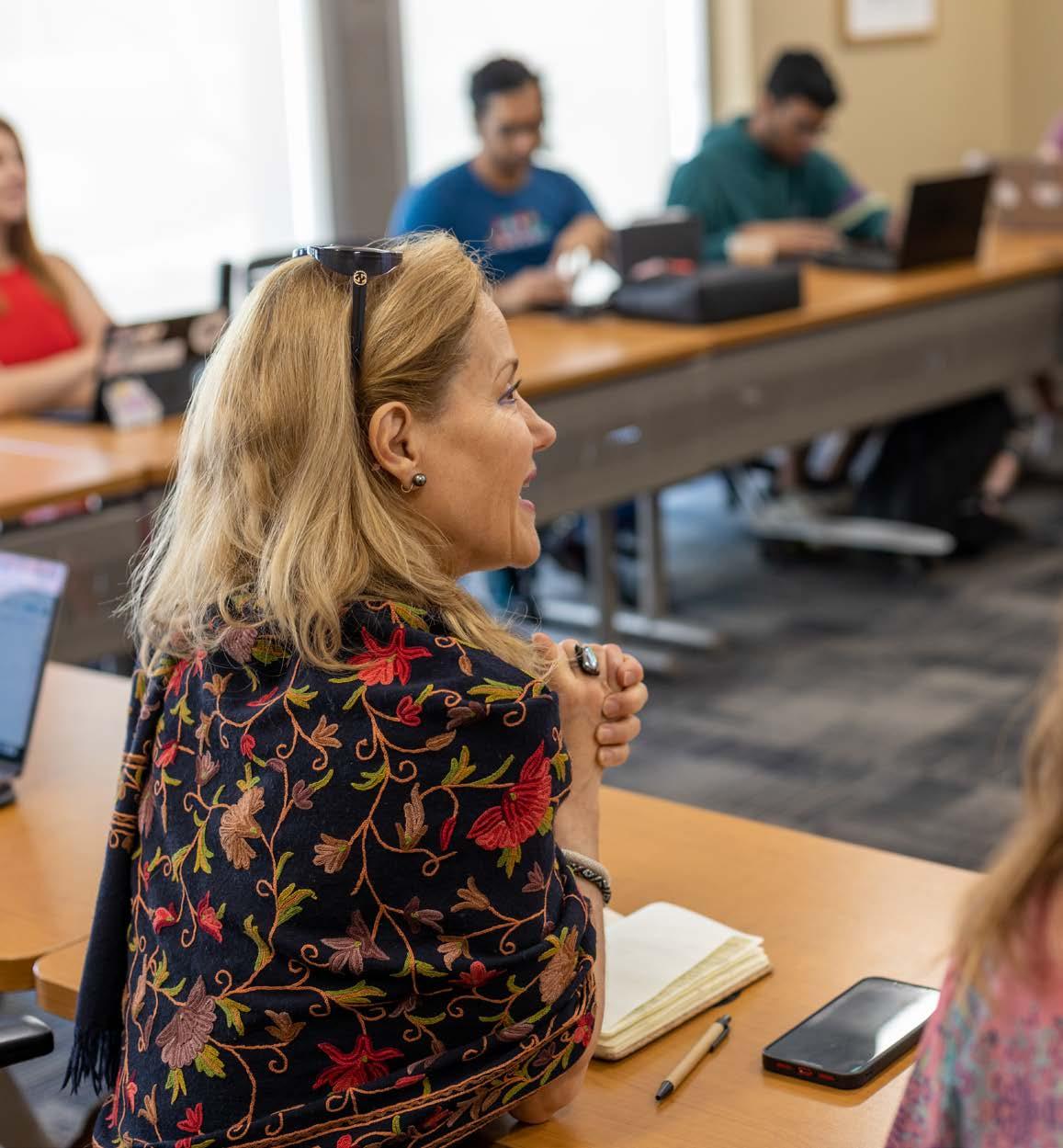
IE Abroad, Fall 2020; ASU News, April 24, 2023; Public University Honors, August 5, 2016; ASU News, August 24, 2022; ASU News, November 28, 2022; Arizona Capitol Times, August 20, 2018
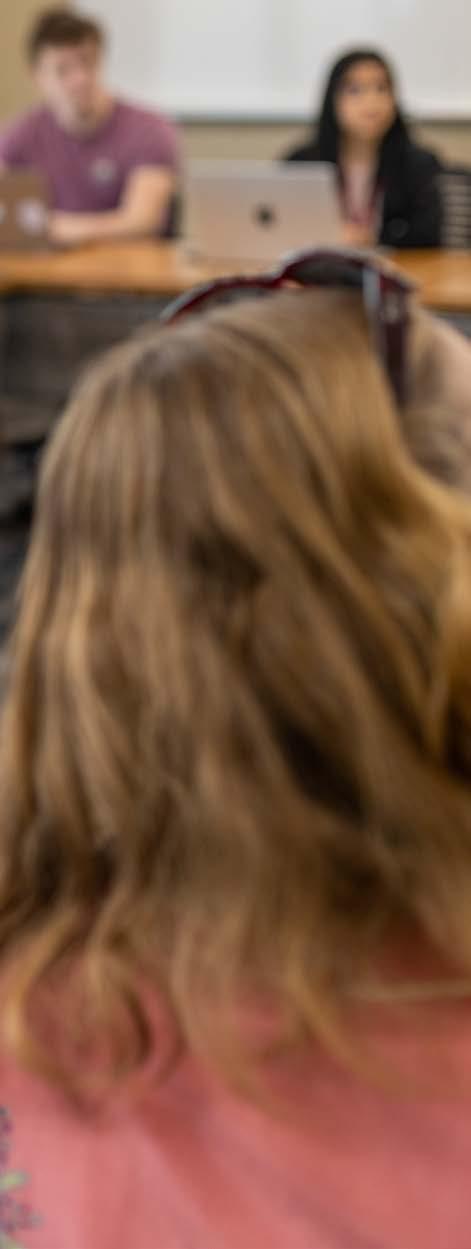
GlobalResolve, an international service learning program at Barrett, is designed to enhance the educational experience for honors students by involving them in real-world projects that positively impact communities with need around the world. Today, our student project teams, led by ASU mentors in collaboration with community partners in Mexico, Central and South America and the Caribbean, develop projects to address local challenges related to climate change, community health, business and human rights. Projects are people-centered, utilizing a human-centered design approach to ensure the community and its voice identify our goals and guide our work.
The Distinguished Global Leader Series is a Barrett initiative which focuses on bringing global leaders to campus for short-term engagements and long-term in-residence commitments. Visiting global leaders share their knowledge and experience with Barrett students by participating in small and large group events, including keynote lectures, roundtable discussions, and coffee and conversations. The program also has expanded by offering virtual events and inviting individuals to teach accelerated courses.
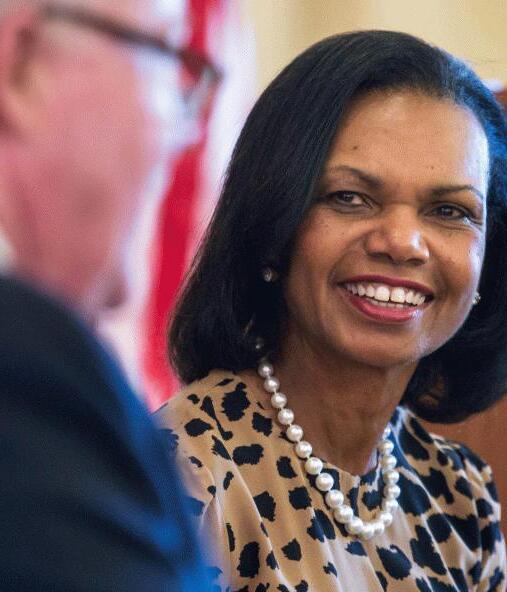
Growing up in segregated Birmingham, Alabama, Rice says she deployed tactics she learned from her father to turn racism on its ugly head and used those tactics again when confronted with sexism in her early career.

“My father once told me if someone doesn’t want to sit next to you because you’re black that’s just fine, as long as they move,” Rice told students, faculty and invited guests at the Barrett Distinguished Global Leader Series at Arizona State University on Friday in Tempe. “That was also the attitude that I went in with when people looked at me like I was in the wrong meeting as a young professional. I was never taking somebody else’s sexism or somebody else’s prejudice onto me because when you start doing that, you start thinking ‘I’m victimized’ — now you’ve lost control of the
situation.”
Rice’s follow-up advice to emerging leaders who might find themselves in a similar situation: “Walk in there like you mean it, like you believe you belong there because you do; you worked really hard to get there; own the room and they’ll back off.”
The former secretary of state was invited to participate in the Barrett, The Honors College’s new global lecture series by former U.S. Ambassador Barbara Barrett. The two became acquainted in the administration of President George W. Bush.
“Former Secretary of State Condoleezza Rice brings to Arizona State University exceptional global experience and insights,” Barrett said. “The new Distinguished Global Speaker Series invites ASU students to hear, meet and interact with top global leaders right on campus. Getting to know and learn from experienced cabinet members, heads of state and
other decision-makers enriches the campus-learning environment. Secretary Rice exemplifies the speakers of distinction who share their insights with interested ASU students through the BHC Distinguished Global Speaker Series.”
Barrett and her husband, former Intel CEO Craig Barrett, are funding the lecture series and other global initiatives at the honors college as part of their renewed commitment made during Campaign ASU 2020 to their namesake college. The series launched in late September with a lunch meet-and-greet with Elisabeth Rehn, Finland’s first female minister of defense.
Before taking student-submitted questions moderated by Barrett Dean Mark Jacobs, Rice — a noted expert on Russia and current professor of political science at Stanford University — addressed the room of 300 that included Barrett students as well as students from ASU’s Sandra Day O’Connor
For the first woman to hold the position of U.S. national security adviser and the second to serve as secretary of state, it should come as no surprise that strength and strategy have always been in play for Condoleezza Rice — especially in the male-dominated world of politics.
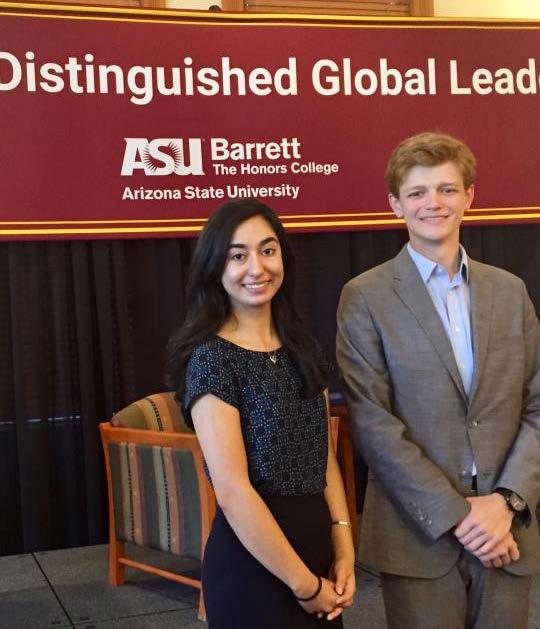
Rice offered a background on the current international system, which she described as “chaotic” right now with headline crises in such places as North Korea, Ukraine, Syria, Venezuela and Russia, whose relationship with the U.S. Rice said is in the lowest place it has been since the darkest days of the Cold War.
She said one of the more pressing threats facing the international system right now is the rise of populism, which has had its echoes in Brexit and in Austria and Germany where right-wing populist parties have gained prominence — an event not seen in such frequency since World War II. She also cautioned against the expansion of identity politics, or the idea that everybody is an ever-smaller identity group — each with its own grievance and narrative that tends to divide instead of unify.
On those subjects, Rice called on ASU students to use their time in college to become a part of the solution by finding a passion and acting on it. Passion is something Rice said she found in international politics after coming to grips with the reality that she wasn’t going to be a concert pianist (her first love) or an English literature major (no love lost there). Her message resonated with many of the students in attendance, including Ceci Shell, a first-year law student.
“It was finding that passion that led me to go to law school. So for someone of her caliber — the secretary of state — telling us young people that ‘you too can be that global leader and that change when you find that passion’ really meant a lot to me,” Shell said.
A former athlete now studying sports law, Shell said she had hoped to also ask the former secretary a question about her passion for sports. Rice is well known for her love of football and golf and was recently named chair of the new NCAA Commission on College Basketball.
Regarding the former secretary’s comments on women, Barrett student Hanna Maroofi said Rice’s remarks on confidence were very genuine.

“Hearing her talk about the importance of going in with confidence and knowing what you want and understanding — that it’s not necessarily you who has
to change and conform but to make yourself aware of your surroundings and be confident with those surroundings — was very uplifting and inspiring,” said Maroofi, a sophomore studying biomedical sciences and global health with a minor in French.
Edward Nolan, also a Barrett student, said he was excited when he got a chance to move up to the front row to listen to Rice.
“I don’t know where we’d get this but at Barrett at ASU,” said Nolan, a junior studying political science and biology with an emphasis in genetics and cell development. “She spoke a lot about what we’re learning right now. It was great to hear all of the different areas that she mentioned from just having studied them and from having personal experience. My family is from Colombia, and right along the Colombia border is Venezuela and we talked a lot about the humanitarian crises that are going on along that border.”
The students say they are looking forward to interacting with more global leaders in the Barrett Distinguished Global Leader Series.
“I think the topic of globalization for college students is very crucial, especially at ASU,” Maroofi said. “We are very passionate about various topics in the Barrett Honors College and being able to combine all of these topics and areas of study into this globalization series is a key aspect to Barrett and the future of our students here.”
In addition to her professorship at Stanford University, Rice is also the Denning Professor in Global Business and the Economy at the Stanford Graduate School of Business, the Thomas and Barbara Stephenson Senior Fellow on Public Policy at the Hoover Institution and a founding partner of RiceHadleyGates LLC. She served as the 66th secretary of the State of the United States from 20052009, the second woman and first African-American woman to hold the post. Rice was also the first woman to hold the position of national security adviser from 2001-2005.
Rice called on ASU students to use their time in college to become a part of the solution by finding a passion and acting on it.
US National Security Advisor (2001-2005)
US Secretary of State (2005-2009)
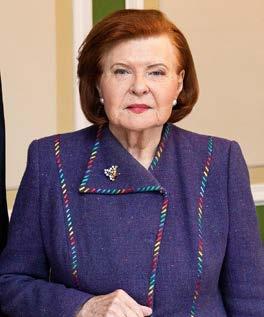
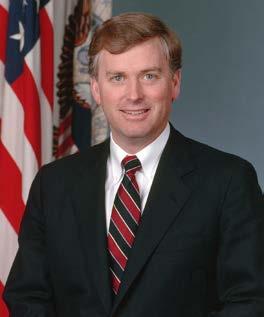
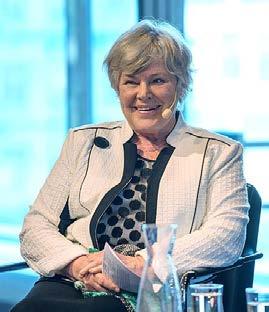
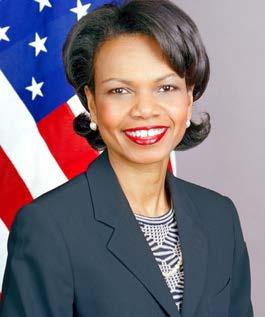
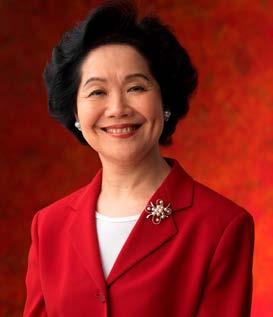
The Distinguished Global Leader Series is a Barrett initiative which focuses on bringing global leaders to campus for shortterm engagements and long-term in-residence commitments. Visiting global leaders share their knowledge and experience with Barrett students by participating in small and large group events, including keynote lectures, roundtable discussions, and coffee and conversations. The program also has expanded by offering virtual events and inviting individuals to teach accelerated courses.
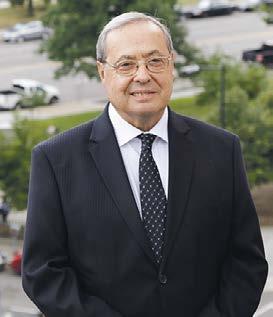
President of South Africa (1989-1994)

United
Minister of Culture and Heritage of Ecuador (2016-2016)
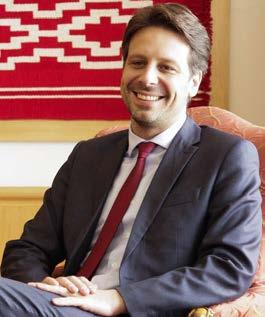
Foreign Minister of Ecuador (2016-2017)
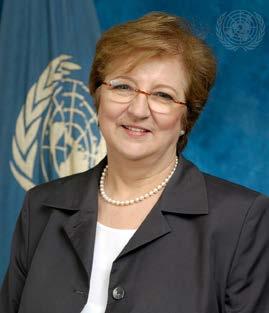
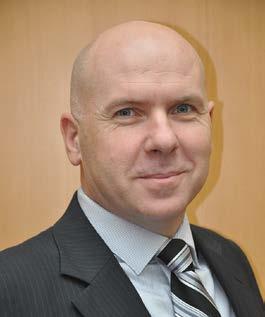
Nobel Peace Prize Laureate (1996)
President of the Republic of Timor-Leete (2017-2012)
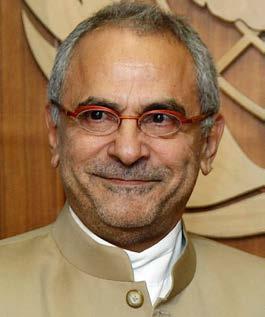
Prime Minister of Jamaica (1992-2006)
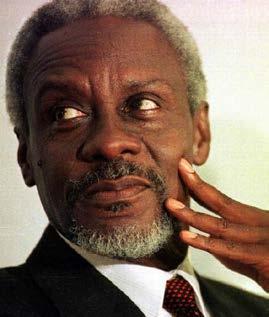
Mohamed ElBaradei
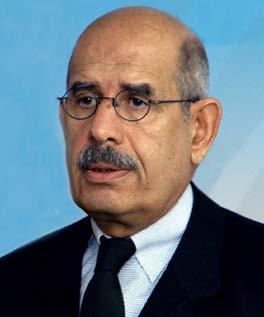
Director of International Atomic Energy Agency (1997-2009)
Nobel Peace Prize Laureate (2005)
Interim Vice President of Egypt (2013)
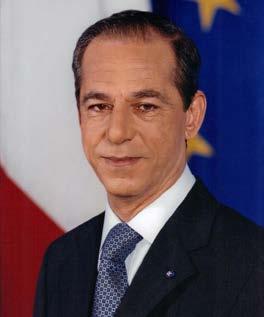
Lawrence Gonzi
Former Prime Minister of Malta (2004-2013)
Amanda Ellis
Deputy Secretary-International Development and Head of New Zealand Aid (2010-2013); New Zealand Head of Mission and Ambassador to the United Nations in Geneva (2013-2016)
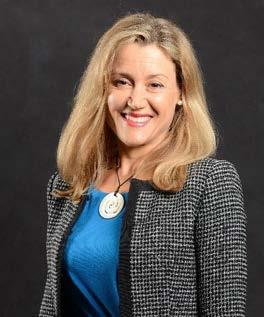
Benjamin Freakley
Lieutenant General, U.S. Army (Ret)
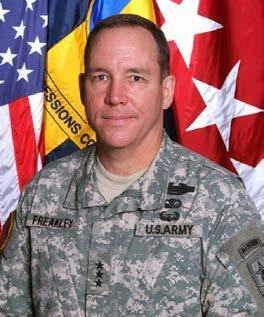
Michael Polt
US Ambassador to Serbia and Montenegro (2004-2006);
US Ambassador to Serbia (2006-2007); US Ambassador to Estonia (2009-2012)
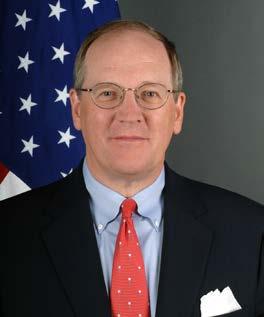
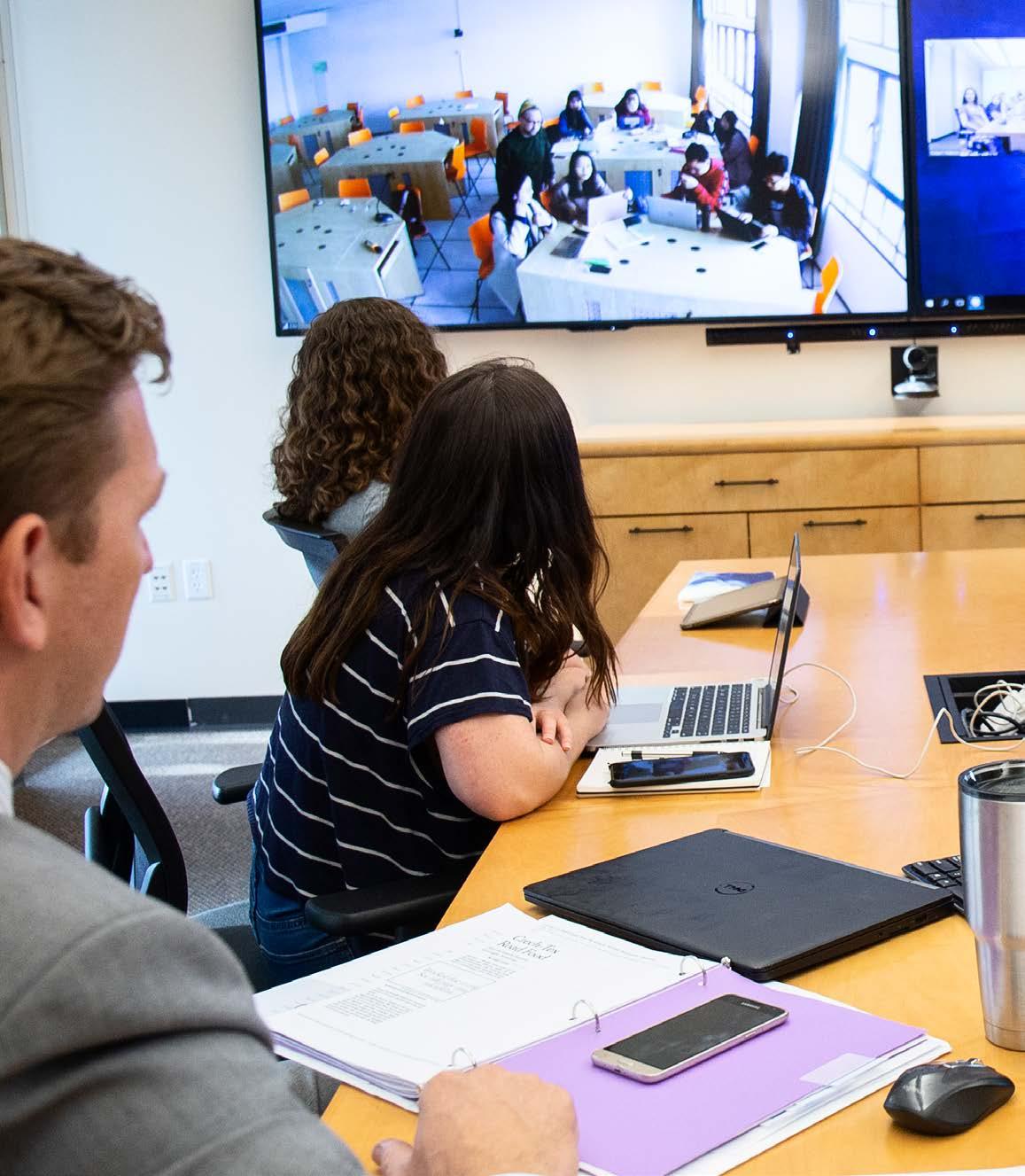
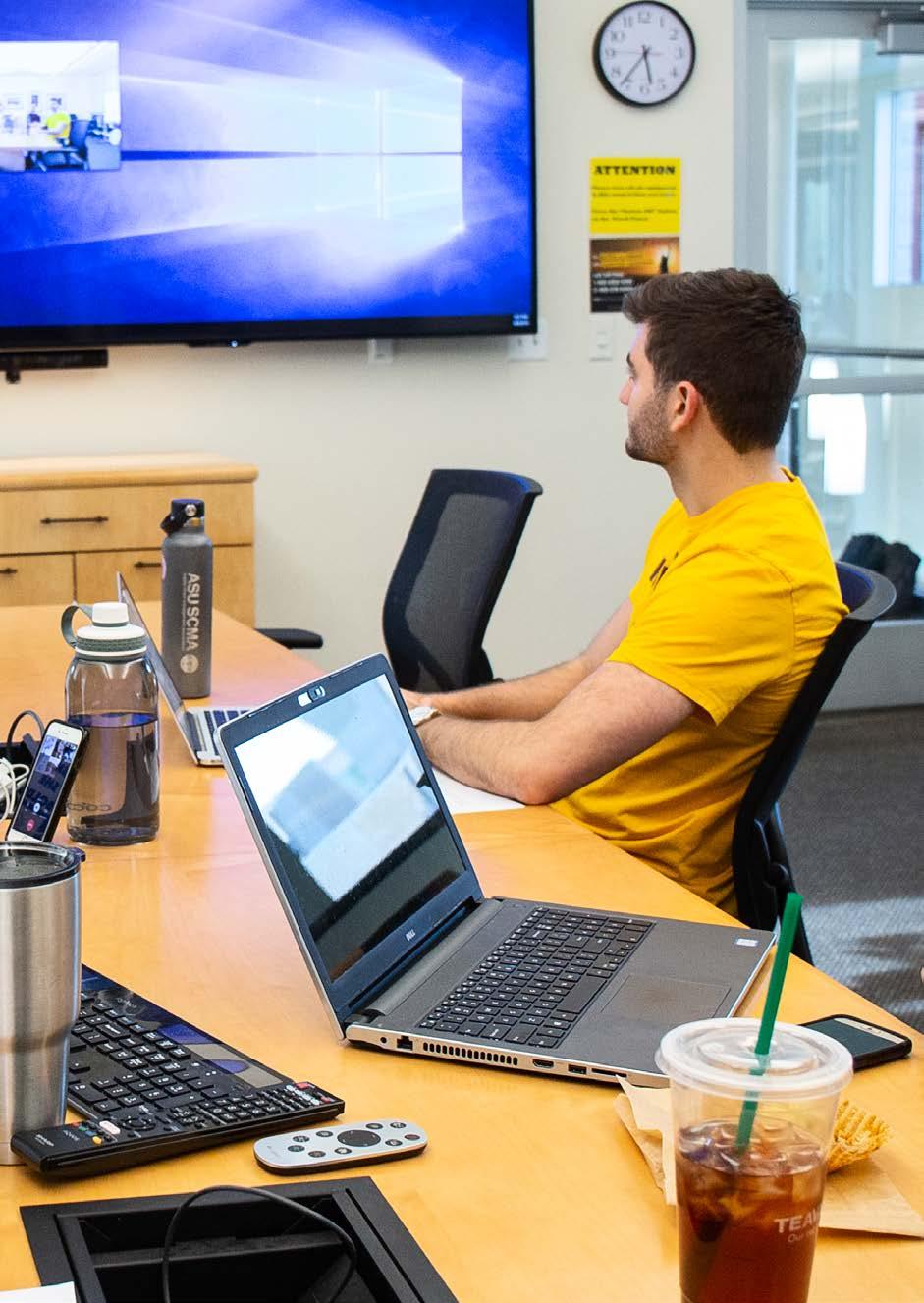
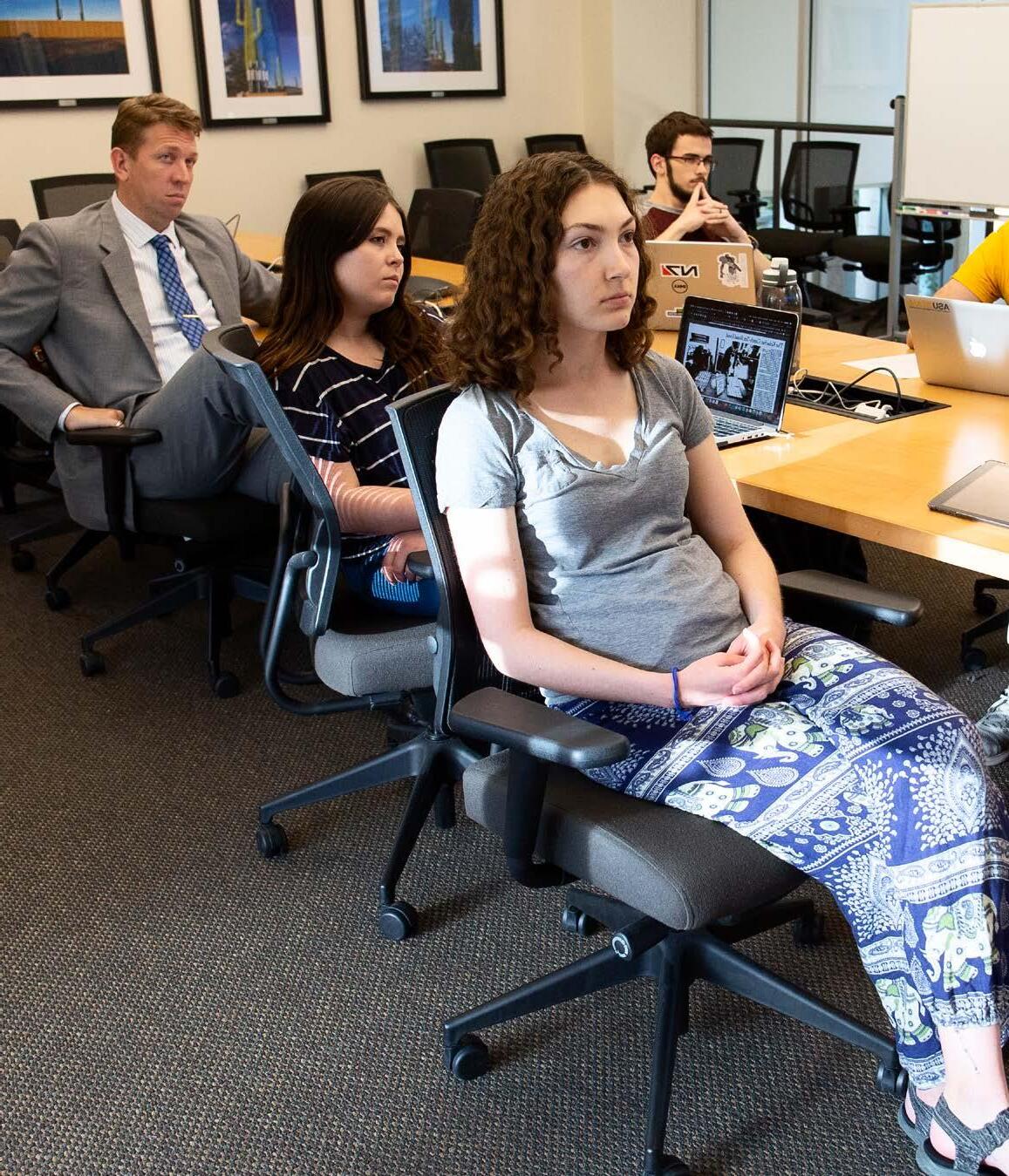
The program utilizes Zoom to link a group of Barrett students and an Honors Faculty Fellow with their counterparts at an international partner university. Courses are delivered in a co-teach format with a focus on collaborative projects and presentations. The courses focus on a variety of topics, including climate change, cross-cultural communication and engineering in global society.
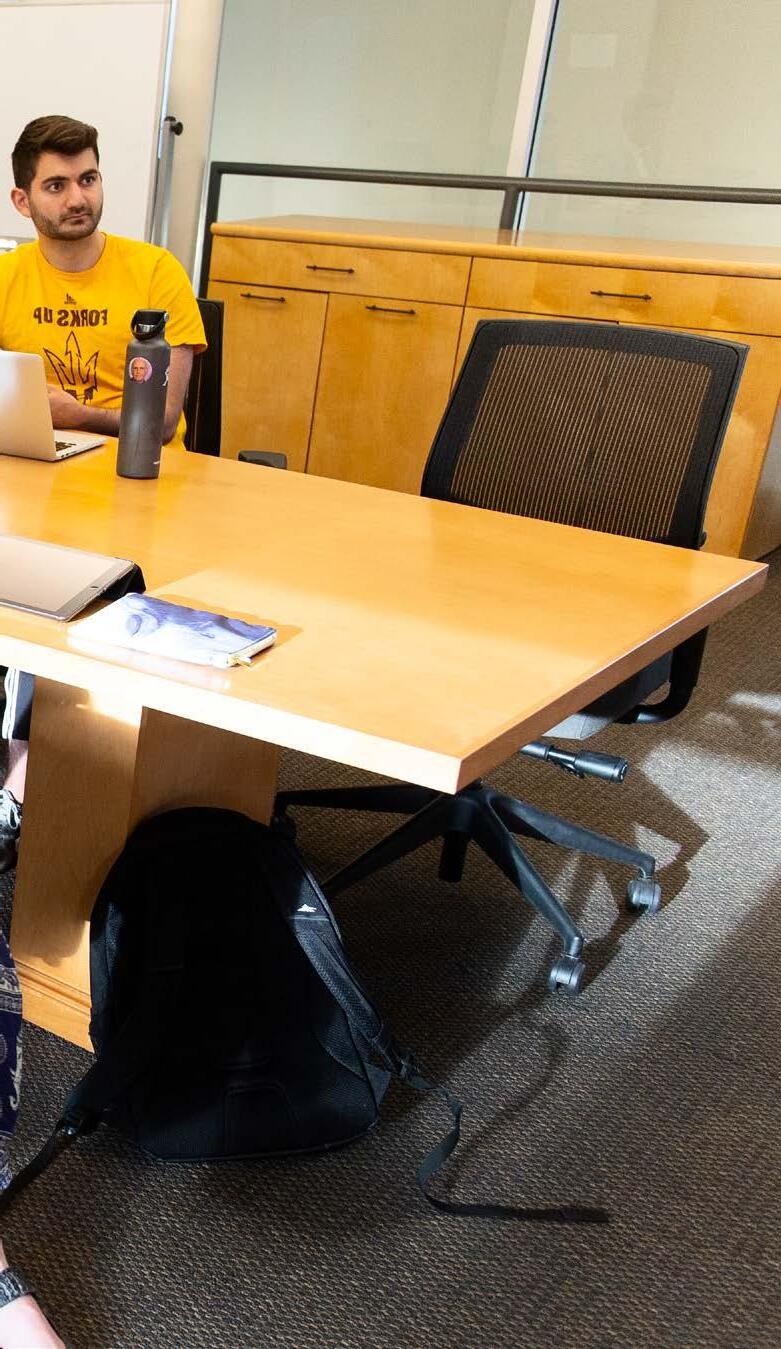
Global Classroom allows our students—including those without the time or means to participate in our excellent travel programs—to collaborate with, and learn alongside, peers at institutions outside the United States.
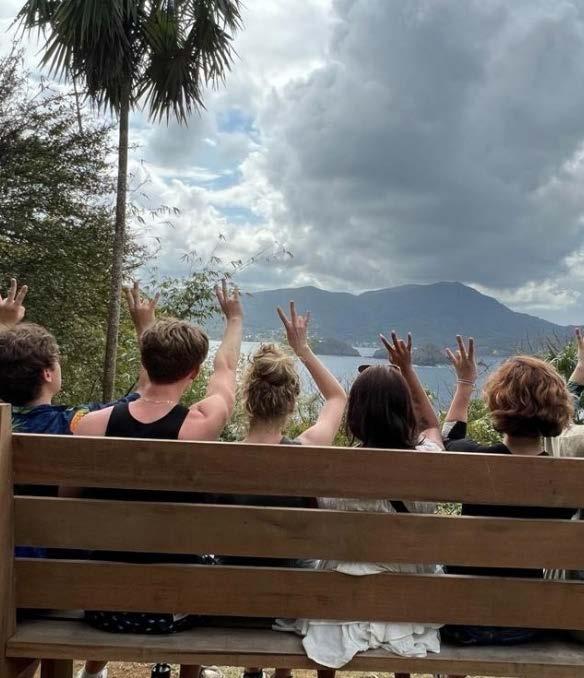

Amaya Tanhueco, a psychology major in Barrett, The Honors College at Arizona State University, had no scuba diving experience when she signed up to participate in a reef restoration project on the small Caribbean island of Tobago.
The project — part of Barrett’s Global Intensive Experiences initiative, which gives students opportunities to study abroad for seven to 10 days and earn up to three honors credits, and GlobalResolve, an international service learning program at Barrett — required that participants know how to scuba dive and be Professional Association of Diving Instructors certified in order to do hands-on underwater work.
Barrett Faculty Fellow Georgette Briggs, a GlobalResolve mentor for the Trinidad and Tobago team and leader of the HON 494 GlobalResolve Lab, said students received scuba training and lifetime PADI certification through Devil Divers at ASU, a club that focuses on diver training and dive trips for certification and recreation.
Briggs said students, who scuba trained for about four months, had to learn “peak performance buoyancy” so they could dive in shallow waters without harming delicate coral reefs, gardens and nurseries in Tobago, the smaller of two islands that make up the Republic of Trinidad and Tobago.
“The certification process was enjoyable and not overly stressful. Although I was initially scared, the experience was incredible, and I loved every moment of it,” Tanhueco said.
After they achieved PADI certification, Tanhueco and 13 of her Barrett peers traveled earlier this spring to northeast Tobago to work with the Environmental Research Institute Charlotteville (ERIC) on its Coral Garden and Reef Restoration Project. Students were accompanied by Briggs and Barrett Faculty Fellow Tom Martin, a diver himself who took to the water to record the students’ work.
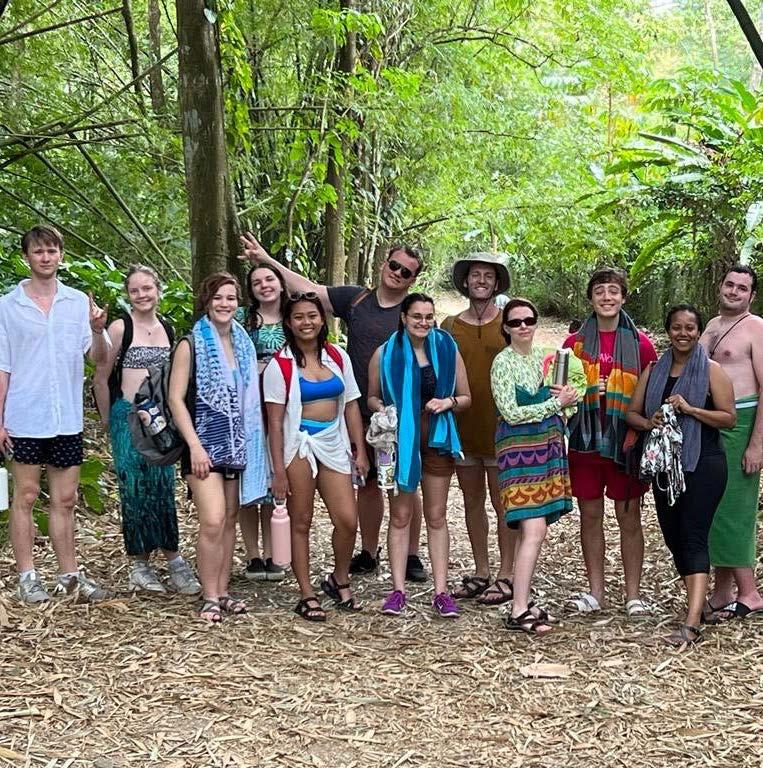
According to the ERIC website, the Coral Garden and Reef Restoration Project is an effort to promote hard coral recovery in the Caribbean, where there has been an estimated 98% loss of the region’s two most important hard coral species — Acropora cervicornis and Acropora palmate — due to factors such as climate change, coral bleaching, overfishing and coral disease.
The project aims to create a healthier ecosystem by propagating corals on PVC pipe structures in the ocean, called coral gardening. This creates a nursery from which coral can be harvested and returned to grow in the reef, making the reef healthier.
checking reef conditions, he said.
“It takes coordination, attention to detail and trust in the people they’re diving with. It is about the experience itself, finding your boundaries, determining what you can do, what you’re comfortable with and what you like to do,” he said.
But there is more to it than diving and working together in the water.
“It’s a holistic way of learning. They’re not just coming to learn about coral. They learn something about history, agriculture, society, the economy and project management … that conservation doesn’t exist in isolation,” Wothke said.
Tanhueco said the project opened new horizons for her.
“As a psychology major, I was excited about the opportunity to do something completely unfamiliar and out of my comfort zone. I had never left the (United States) before, never scuba dived, and never had an interest in environmental science,” she said.
me to travel even more,” she said, adding that she’ll be traveling across Europe this summer.
Emmalee Jones, a sophomore forensic science major in Barrett, said she and her classmates learned about coral reef restoration, cleaned coral nurseries, prepared coral pieces for planting, performed reef checks and made a presentation at a local school about the importance of coral reefs and what can be done to protect them.
“This work is important because it is vital for our future that we take care of our environment. The Earth will survive our transgressions against it but we may not,” she said.
“One jarring thing I learned from the trip is that the Tobago coral reef we worked with has decreased dramatically in our lifetime. It was beautiful, but mere years ago there was a lot more life and diversity. It is important to take control of our future by helping to protect our environment for ourselves and future generations,” she added.
Students must be able to dive safely while performing tasks individually and with partners, including cleaning the structures on which corals are hung like ornaments on a Christmas tree and
“However, through this experience, I gained lifelong memories of a different world and culture on the island and in the Caribbean Sea. I am grateful for the opportunity to have participated in this program and to have expanded my perspective.”
It also piqued her interest in world travel.
“For me, this experience has been life-changing and has inspired
Even with that knowledge about the degradation of the coral reefs, Jones said she “felt renewed after helping with coral reef restoration.”
“It is one thing to learn about science in a classroom but to go out and do something that matters is something else entirely. My passion for science was reignited.”
Briggs said the study abroad program in Tobago will be offered again for Barrett students next spring.
“These corals are extremely important for biodiversity because they make up a reef that provides a habitat for small fish and other species, as well as a wave break for the coastline where there is a lot of (wave) action that can cause erosion,” said Aljoscha Wothke, ERIC director and CEO.
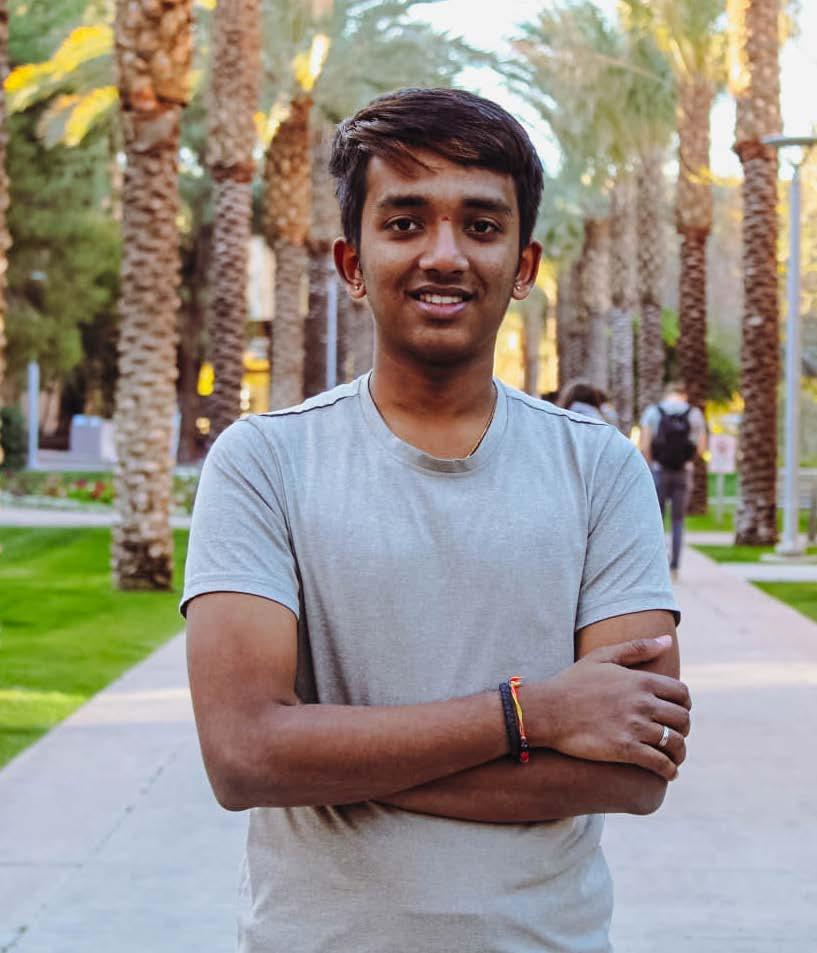
Anirudh Manjesh, a first-year computer science student in Barrett, The Honors College at Arizona State University, looks forward to a year of mentoring and working on a climate change-focused project with support from the Clinton Global Initiative University.
Manjesh, an international student from Bangalore, India, is one of four Barrett students selected to participate in the 2023 cohort of the Clinton Global Initiative University, or CGI U, a program that brings together students, aspiring leaders and experts in business, public service and social impact to tackle global challenges.
CGI U participants are selected on the strength of their Commitment to Action, a project in which they put forth a plan of social impact.
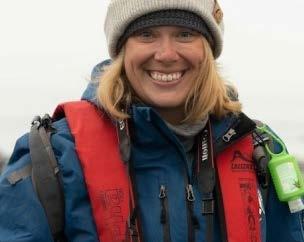
The program offers training, resources and mentorship to help students design, implement and evaluate their proposed socialimpact projects. A year-round curriculum includes student networking and engagement events, beginning with the global annual meeting. CGI U helps students formulate their ideas and provides the necessary resources, feedback, tools and potential funding streams to turn their ideas into action.
ASU is involved with CGI U as a University Network member and hosted the annual meeting in 2014. The other Barrett students
selected for CGI U this year are Jayashree Adivarahan, Navika Agrawal and Morgann Kelly. Lauren Richards, a student in the Barrett online program, was selected for CGI U last year, and due to the COVID-19 pandemic, she attended virtually. This year, Richards was invited to attend in person as a speaker to give an update on the status of her Commitment to Action.
They attended the 15th annual CGI U meeting last month at Vanderbilt University in Nashville.
Manjesh’s Commitment to Action focuses on ways to reduce the aerospace industry’s carbon footprint by using piezoelectricity — the ability of certain materials to generate an alternating current voltage when subjected to mechanical stress or vibration — to generate energy on airport taxiways and runways. This energy would be supplied to airports to reduce their carbon footprints.
“I believe all individuals and communities will benefit from my commitment, as reducing the carbon footprint of airports helps slow down climate change,” Manjesh wrote in his proposal.
CGI U participants are selected on the strength of their Commitment to Action, a project in which they put forth a plan of social impact.
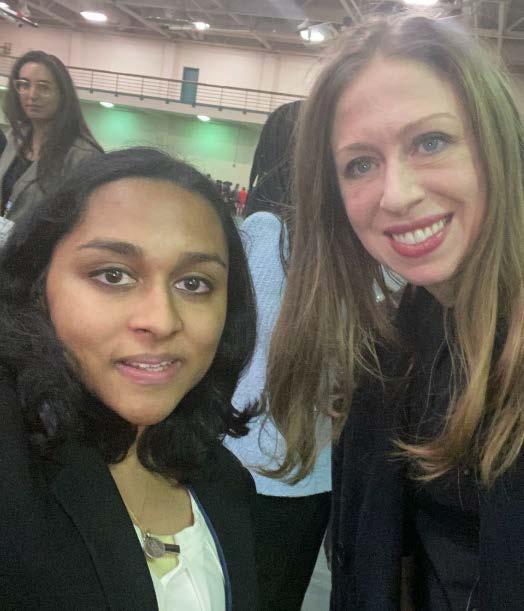
Manjesh said he will meet monthly with a CGI U mentor and collaborate with other students to take his idea further. He also plans to continue refining an app he developed for airport power management and regulation.
Adivarahan, a sophomore double-majoring in electrical and computer systems engineering, said the idea for her CGI U Commitment to Action originated with her participation in the Barrett College Fellows undergraduate research program in fall 2022.
“I was able to learn about the research done through ULTRA, an international and multiuniversity Energy Research Frontier Center dedicated to helping make the transition from traditionally used silicon to ultra-wide band gap material in our chips and devices.
I got a better understanding of semiconductor technology and how it has evolved to reach the place it is in today,” she said.
Adivarahan joined ASU Assistant Professor Houqiang Fu’s Semiconductor Materials and Devices Group and did research on the subject.
“I hope to continue being involved in research and pursue graduate studies in the future. I strongly believe that CGI U provides invaluable support to continue pursuing my Commitment to Action, and I hope to remain involved in research and potentially begin an entrepreneurial endeavor with CGI U’s support,” said Adivarahan.
Agrawal, a sophomore innovation and society major in the Barrett online program, lives in Gurgaon, near Delhi in India. She
said she has seen the effects of air pollution firsthand in the illnesses of family members and her own health struggles and that is why she chose to focus on improving indoor air quality.

“I used to live in Dubai. Now I live in India, near Delhi. I’m in one of the most polluted cities in the world in terms of air pollution,” she said. “New research shows that indoor air pollution levels are just as threatening, if not worse, as outdoor conditions. By comparing existing interventions in Dubai and Delhi, I will create novel solutions,” such as the use of indoor plants and air-cleaning devices, Agrawal said in her Commitment to Action.
Agrawal, who took four flights to get from India to Nashville for the CGI U annual meeting, said the trip was well worth the effort.
In addition to having access to mentors for consultation, “one of the best parts of the conference was being around lots of people who said ‘Yes, you are a young person, but you can make an impact. You know more than you think. Do things, try things, leverage technology and social media. We’re here to help,’” she said.
“To have someone really listen to what you’re saying, take your ideas seriously and believe you’re going to implement them and then give you advice is really empowering. What I’ve gotten out of CGI U so far is other like-minded people who want to help you achieve your goals.”
Through her Commitment to Action, Kelly, a global studies major, proposes ways to use artificial intelligence at ASU to improve administrative efficiency, analyze data for safety and create
personalized learning experiences, helping ASU better achieve its goal of individual student success.
“As the student body vice president of policy for Undergraduate Student Government at ASU, I act as a liaison between students and the Arizona Board of Regents. I have noticed that students have concerns about campus safety, specialized education and academic growth opportunities. In my opinion, AI can address these concerns and provide value to students at ASU,” Kelly said in her Commitment to Action.
Richards, a senior innovation and society major in the Barrett online program, said her Commitment to Action grew out of a trip she took as a Gilman Scholar to Antarctica through the ASU College of Global Futures last winter.
She was inspired by her trip to develop the Living Earth Initiative, a nonprofit organization to provide study abroad experiences for underserved high school seniors with an interest in science and sustainability.
“We want to put them in storytelling environments that show firsthand that climate change is real and that we need environmental stewards and ambassadors. We will do that by putting them in these vulnerable environments that are the most incredible places on the planet,” said Richards, who lives in Tampa.
Richards officially launched the Living Earth Initiative, a partnership with Albatros Expeditions, at this year’s CGI U annual meeting in Nashville.
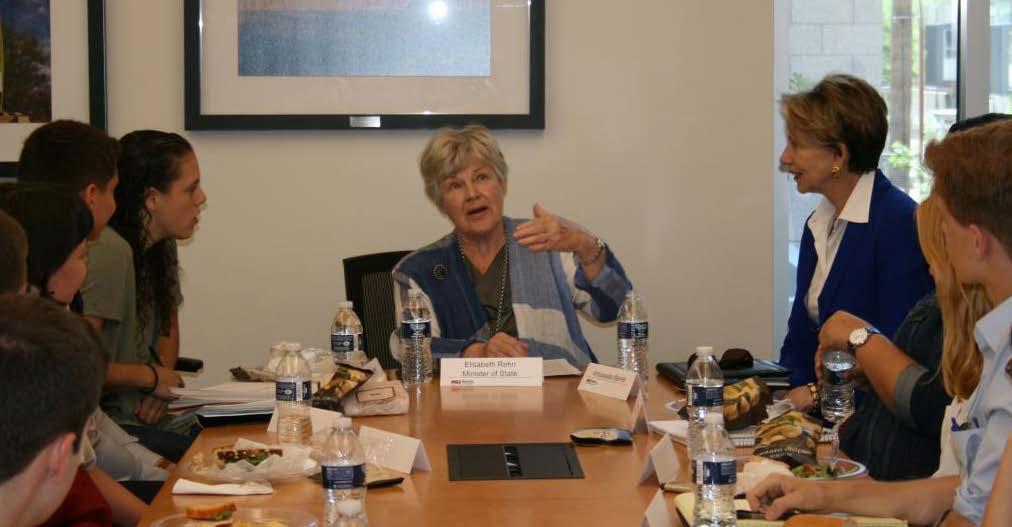
Elisabeth Rehn, the first woman to hold the title of minister of defense in Finland and in Europe (1990-1995), has now also become the first guest speaker for the new Global Fellow Program through Barrett, The Honors College at Arizona State University.
Announced in May 2017 — along with a $2 million gift from the college’s namesakes Ambassador Barbara Barrett and her husband, Craig Barrett — the Global Fellow Program offers honors students access to international leaders visiting the ASU campus, international study trips and a curriculum designed to expose students to major global issues.
Rehn met with honors students during a lunch meet-and-greet at the college’s Tempe complex Wednesday, following enthusiastic introductions from Mark Jacobs, dean of the college, and Barbara Barrett.
Offering illustrations of Rehn’s character and recognition as a global leader, Barrett introduced the visiting foreign leader as fearless yet mild-spoken and self-deprecating — attributes Rehn herself said were key to the popularity and success she has experienced in the male-dominated world of international politics.
An anecdote offered testimony
to Rehn’s sharp wit and resilience: She shared a story about deploying her sense of humor to deflect what she described as a “silly” question during one of her first press conferences as minister of defense.
“You know in Finland we have a culture of sauna. Men are sitting in the sauna and making the decisions,” Rehn said during her visit with the honors students.
So, when a journalist asked her how she was going to cope with the generals in the sauna in her new role, Rehn said she shot back with the response: “I normally like to make my decisions with all my clothes on.”
In the wide-ranging discussion that also touched on some of the more serious challenges she experienced in her simultaneous roles as Finland’s minister of defense and minister for gender equality, Rehn emphasized the need for more gender balance in matters of mediation and peacekeeping on the world stage.
Rehn, 82, also ran for the
presidency of the Republic of Finland in 1994, narrowly losing to Martti Ahtisaari. She later went on to serve as the undersecretary general of the United Nations during Kofi Annan’s tenure as UN secretary general. Her work has taken her to some of the most conflict-ridden areas of the world including BosniaHerzegovina, Kosovo, Serbia, East Timor, Namibia and Colombia.
Rehn is also the co-author of the UN report “Women, War, Peace” with Liberia President Ellen Johnson Sirleaf. Among other international affiliations, Rehn is currently a member of the Global Leadership Foundation, which is composed of former world ministers and heads of state including the organization’s chair, former President of South Africa F.W. de Klerk.
Rehn’s visit was the first of what is hoped to be many interactions between students and world leaders at Barrett, The Honors College through the Global Fellow Program and Barrett Global Initiatives.
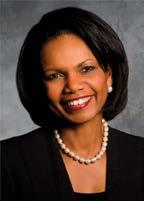
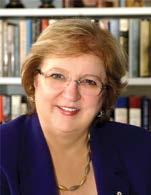
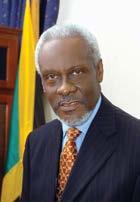
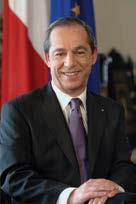
Serbia
2018
President of Latvia (’99−’07)

Latvia
2018
Chief Secretary of Hong Kong (’93 ’01) Hong Kong
2020
2021 Gonzi ’13)
Vice President of Egypt (2013)
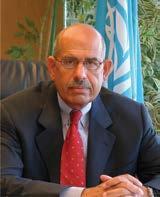
Egypt
2023
New Zealand Head of Mission and Ambassador to the United Nations in Geneva (’13 ’16)
New Zealand
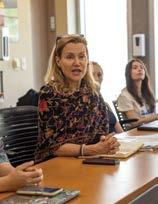
Gabriella Soto, Honors Faculty Fellow in Barrett, The Honors College at Arizona State University, recently published an article based on her research of border crosser deaths along the United StatesMexico border.
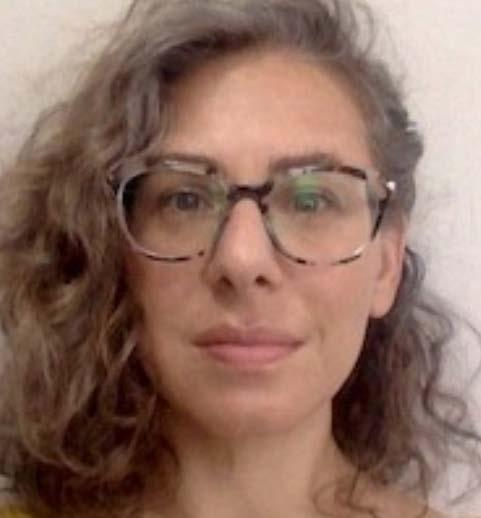

PUBLISHED
The University of Chicago Press Journals, August 26, 2022
Border Crossing Deaths Along the U.S.-Mexico Border,” published in Current Anthropology, Gabriella Soto, Honors Faculty Fellow in Barrett, The Honors College at Arizona State University, examines the treatment of human remains across multiple U.S. counties when migrants perish during their travels.
also among the poorest counties in the U.S. These conditions do not absolve them of their responsibility for care, and the lack of care that occurs in too many cases, but this context demonstrates how many local governments find themselves responsible for the vast destruction created by federal policy.
The U.S. federal government devotes billions of dollars to border security policies that aim to deter undocumented migrants by placing them in precarious situations. Migrating people are directed toward increasingly dangerous paths, taking them through remote deserts and difficult terrain.
Their journeys are largely isolated, and given the harsh conditions as well as the limited availability of food, water or aid, getting injured or lost can often lead to death. Almost no comparative research across the U.S. border region tracks what happens after someone dies.
In “The Time of Agony: Abjectivity Politics and the Investigation of

When a person crossing the border without authorization dies in transit, their remains are no longer the jurisdiction of highly funded federal agencies like the U.S. Border Patrol. Instead, local jurisdictions are responsible for the care of these remains.
Few U.S. standards regulate how such complex investigations proceed — many remains are found by happenstance and highly degraded, and identifying the individual and what happened necessitates advanced forensic science. Incredible pressure then falls to local places responsible for tens or even hundreds of these individuals annually.
Most of these places don’t officially count how many such deaths occur because there is no requirement for them to do so. Many of these border jurisdictions are
Soto’s article is based on a study that occurred from 2011 to 2014 in which researchers from the Binational Migration Institute conducted interviews with local officials in 33 counties in the Southwestern United States. Medical examiners, morticians, law enforcement officers and justices of the peace were asked about protocols for handling undocumented border crosser deaths. As a member of the team, Soto incorporates findings from this case study in the article, as well as her own research from Brooks County, Texas, where she has conducted independent ethnographic research since 2019. This article was provided by The University of Chicago Press Journals.
Crossing the border between Mexico and the United States is a perilous journey — one that frequently proves fatal. Thousands of migrant deaths have occurred along this boundary, though exactly how many is unclear.
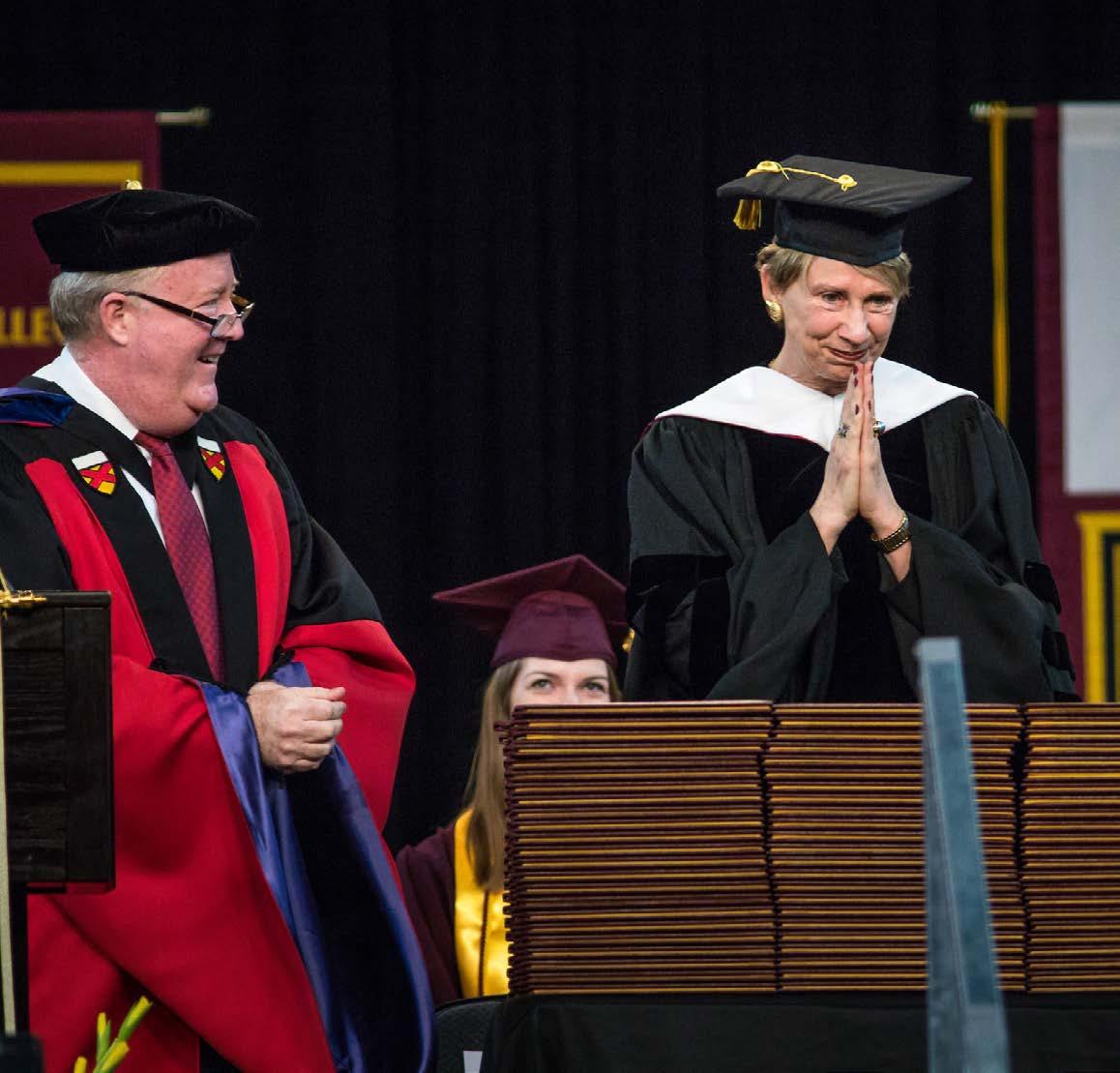
Arizona State University announced Tuesday a $2 million gift from Ambassador Barbara Barrett and her husband, Craig Barrett , to support global citizenship programming at the eponymous Barrett, The Honors College at ASU.
Vice Provost and Dean of Barrett, The Honors College
Mark Jacobs made public the family’s most recent commitment to the university while introducing Barbara as a distinguished guest at the Honors Convocation at Wells Fargo Arena.
Jacobs explained that the Barretts’ endowment of The Honors College in 2000, the largest donation made to ASU at its time, set the college on its path to national renown. Their second major gift, he said, “will allow the college to support its students as they become responsible, global citizens while educating them about the issues and challenges that the international community and planet face.”
“Today, no one will be able to be successful without having some familiarity with the world around them. That is an important element of an education, whether it’s in aerospace engineering or real estate or anthropology,” Barbara said. “In presenting the gold standard of education, it is all the more important for ASU’s Honors College to have a global component.”
The New York Times’ Frank Bruni called Barrett, The Honors College, “the gold standard” in honors education. It is home to 6,800 high-achieving scholars. The college urges students to enhance their
educational experience by travelling. Advising services and several scholarship programs are available for those hoping to study abroad in one of Barrett, The Honors College’s off-site locations, including Peru, Greece, Italy, Australia and the United Kingdom. The Honors College also offers research and servicelearning opportunities overseas.
The Barretts’ gift will boost those programs and will grow the Barrett Global Fellow program established this year to bring international leaders to ASU to engage with students.
Ghanaian engineer and senior researcher George Yaw Obeng, the inaugural Barrett Global Faculty Fellow, taught at Barrett, The Honors College during the 2016-2017 academic year and said, “The creation of facilities and provision of opportunities and resources that support exposure of students to different cultures, language and environments will help them to appreciate diversity in life and nature.”
“It is a gift that allows us to take a step we could not take before, allowing each honors student access to international leaders visiting the campus, international study trips and an honors curriculum exposing them to most pressing global issues,” Jacobs said.
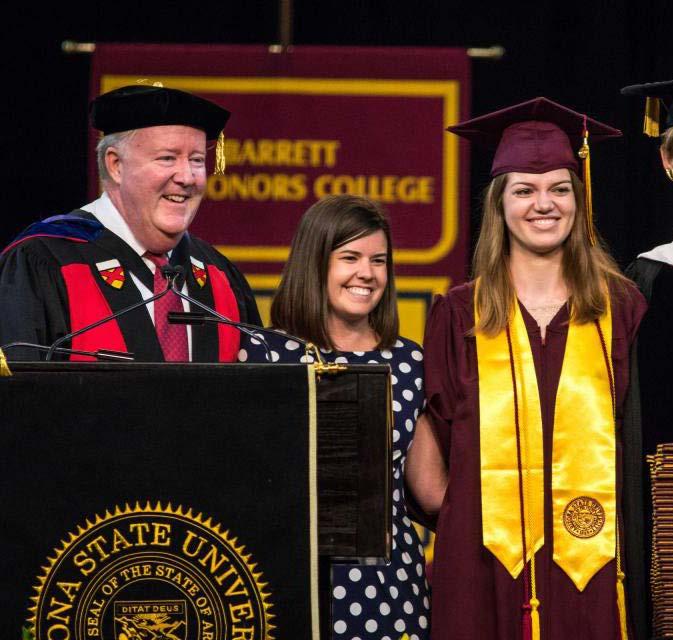
Along with Harvard, Stanford and Chicago, ASU is one of only four institutions to produce Rhodes, Marshall and Churchill scholarship winners in 2017. ASU’s three elite scholarship winners graduated Tuesday from Barrett, The Honors College and will pursue degrees in the United Kingdom next fall.
ASU is a top-rated institution for domestic students who study transnationally and is ranked as the top public university chosen by international students, according to the Institute of International Education’s 2015 report.
“I’m just so thrilled that I’ve had the opportunity to study with Barrett students and learn from Barrett faculty. It’s been absolutely the best experience of my life, and I’ve gotten so much more out of it than I ever imagined I could in a college experience,” said Erin Schulte, who was presented the Outstanding Graduate Award at today’s ceremonies.
Schulte, winner of the Marshall Scholarship, majored in global studies and worked on international humanitarian issues while at ASU. She co-founded the All Walks Project, a student-led non-profit that brings awareness of human trafficking to at-risk populations, and facilitated the organization’s expansion into Thailand.
“Being a Barrett student opened doors for me I did not even know existed,” said Ngoni Mugwisi, an electrical engineering major and winner of the Rhodes Scholarship. “I am particularly grateful for the opportunity I received to take the Human Event classes, which challenged me to think critically about the human condition while engaging in conversations with diverse students whose diverse ideas about difficult topics were phenomenal.”
“We are tremendously grateful for Barbara and Craig Barrett and the opportunities they create for students to encounter new ideas
and succeed in an ever-changing world,” said R.F. “Rick” Shangraw, CEO of ASU Foundation. “They are mentors for our entire community. Their generosity comes in multiple forms, and we are lucky to learn from them.”
The Barretts are among ASU’s most generous donors.

Together, they have made nearly 250 gifts to the university totaling in excess of $22 million, including a $3 million commitment in February to endow the O’Connor Justice Prize administered by the Sandra Day O’Connor College of Law in tribute to the Honorable Sandra Day O’Connor, former U.S. Supreme Court justice and Ms. Barrett’s mentor.
Among their numerous accomplishments, Barbara is a former United States ambassador to Finland, a trained astronaut, adviser to four American presidents on trade and defense policy and chair of the Aerospace Corporation. Craig is former CEO of Intel and strong supporter of educational reform. He chairs BASIS Schools, whose Phoenix location ranked as the most challenging high school in America this week by The Washington Post.
Their gifts contribute to Campaign ASU 2020, a comprehensive, campus-wide effort to generate at least $1.5 billion in support for the university’s programs and services, for which supporting Global Citizenship at Barrett, The Honors College is a priority. Barbara is an honorary principal of the campaign and spoke at its launch in January.
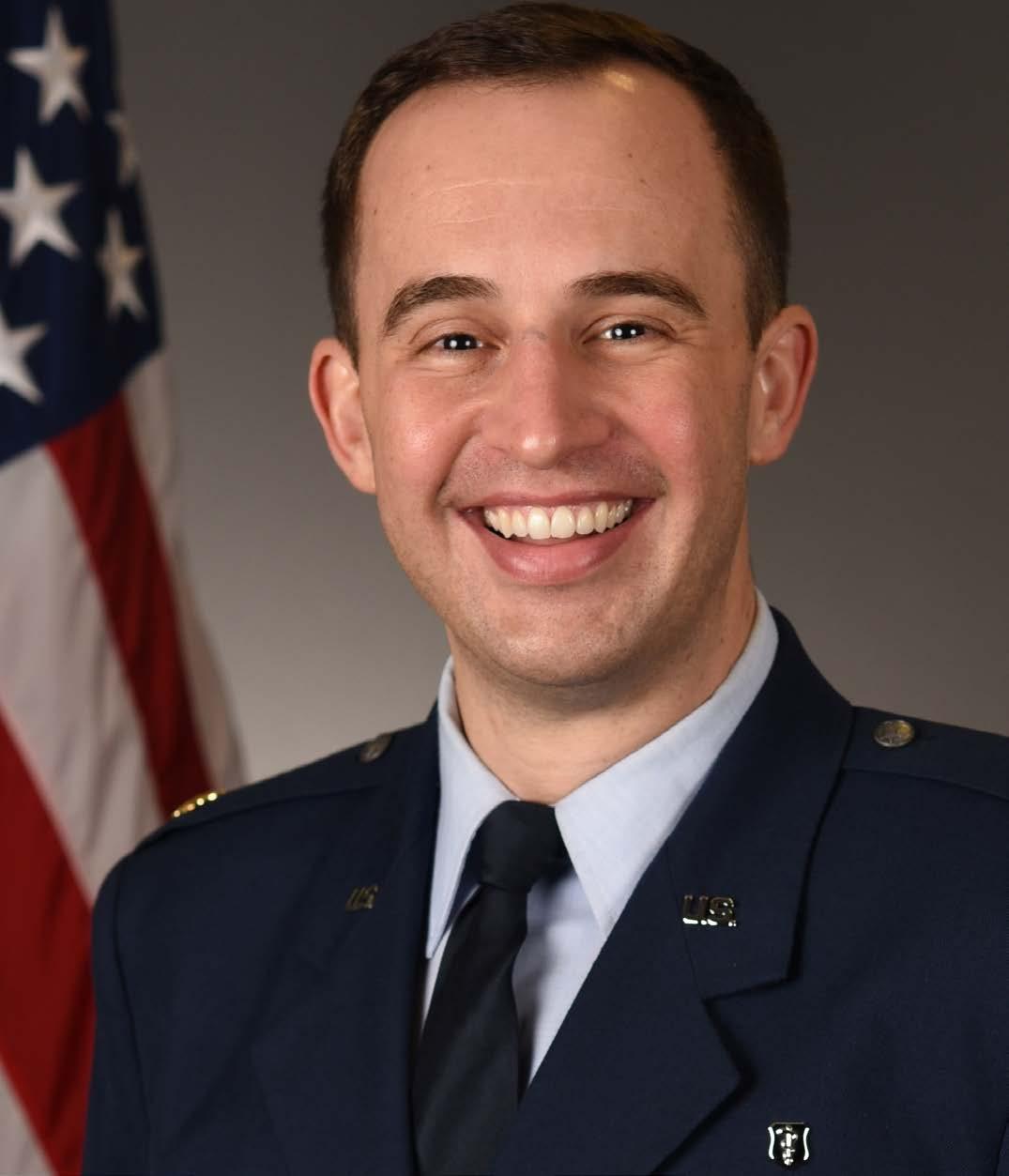
PUBLISHED
ASU News, March 18, 2022
Youtube, March 15, 2022

The Young Alumni Achievement Award recognizes an alum within 15 years of graduation who has excelled in his or her profession and has contributed to ASU, the ASU Alumni Association and the community.
Dr. Philip Oro, an ASU alum who was recently selected as the Air Force Physician of the Year in Europe/Africa, is the recipient of the 2022 Young Alumni Achievement Award.
Philip Oro earned a bachelor’s degree from Arizona State University and subsequently served in Teach For America before attending medical school to become a family medicine physician.
Following a successful residency at David Grant Medical Center at Travis Air Force Base — where he was recognized as Resident of the Year in 2017 and Resident Teacher of the Year in 2018 — Oro began providing urgent and primary medical care to active-duty service members, veterans and their families across Europe and the Middle East.
Today, Oro serves as the medical director of the Warrior Medicine Clinic at Ramstein Air Base, Germany’s 86th Medical Group, guiding care for more than 8,000 active-duty service members. He
is also a founder and the current medical director of all COVID-19 operations and COVID-19 vaccination efforts, leading the largest military community outside the U.S. through the COVID-19 pandemic. During Operation Allies Welcome, Oro served as the first point of contact and medical provider for more than 34,000 Afghan refugees brought through Ramstein Air Base as part of one of the largest humanitarian airlift evacuations in history.
In his time abroad, he has become a champion for the health care and educational needs of service members and their beneficiaries, including creating continued medical didactic opportunities for U.S. military, Spanish military and Turkish medical personnel, serving as the primary care physician for all transgender patients and acting as the clinical champion for traumatic brain injury patient care.
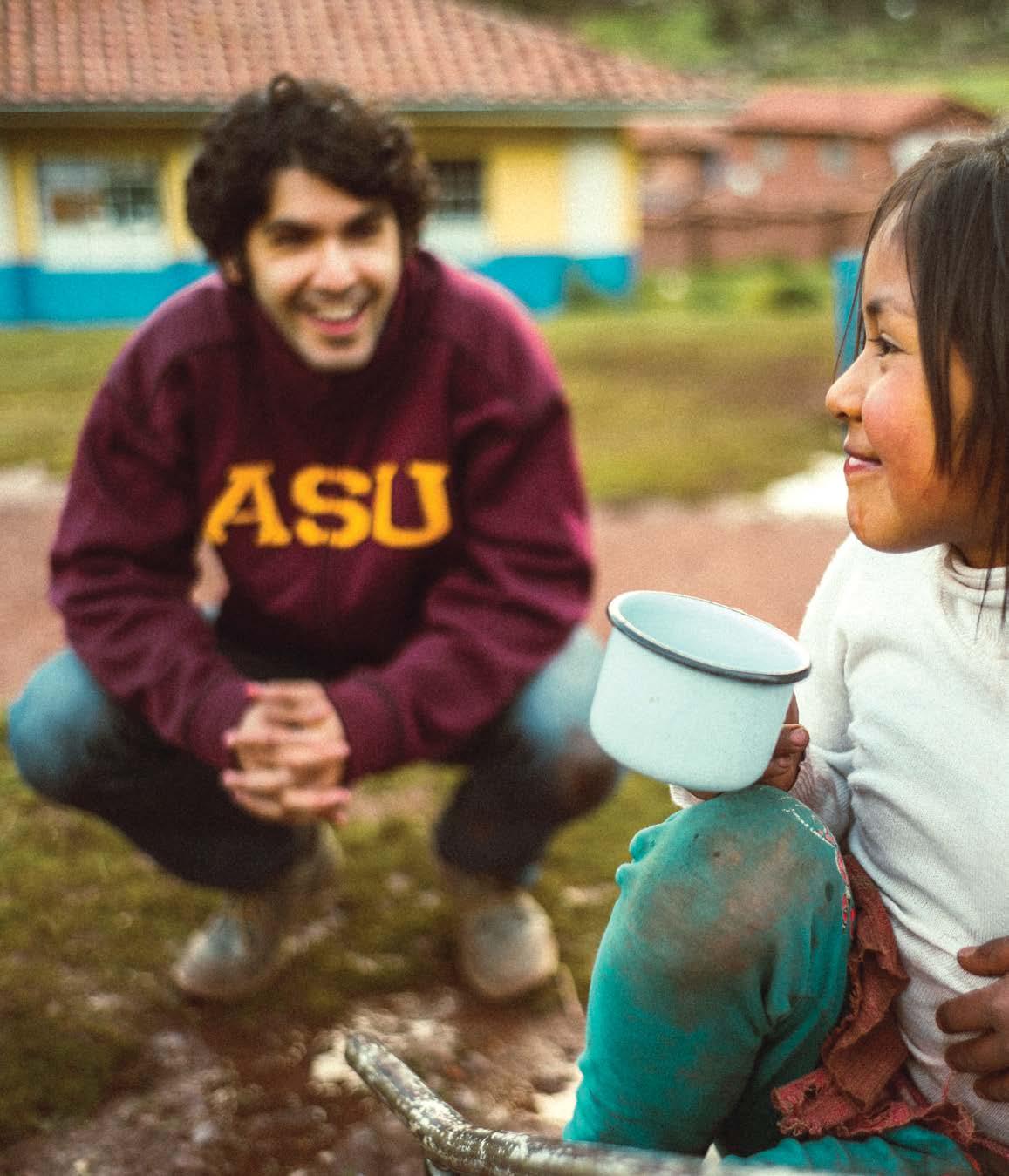
Arizona State University graduates have started dozens of nonprofit organizations that help thousands of people in Arizona and around the world, including Native Americans, veterans, children with disabilities, foster kids, immigrants, and people in developing countries.
Here is how it all started for one W. P. Carey alumnus and his fellow Sun Devils.
33 Buckets started as an EPICS (Engineering Projects in Community Service) program with a group of engineering students. The founder of a girls’ school in Bangladesh asked the EPICS program to create a way to provide clean water to the school. In 2012, the students traveled to Bangladesh to research the problem. The water-cleaning technology existed, but a lack of capital and problems at the local level prevented widespread implementation.
The students continued to work on the problem, and in 2014, they returned to complete the project.
ASU alumni pour hard work and passion into a thriving nonprofit for sustainable access to clean water.
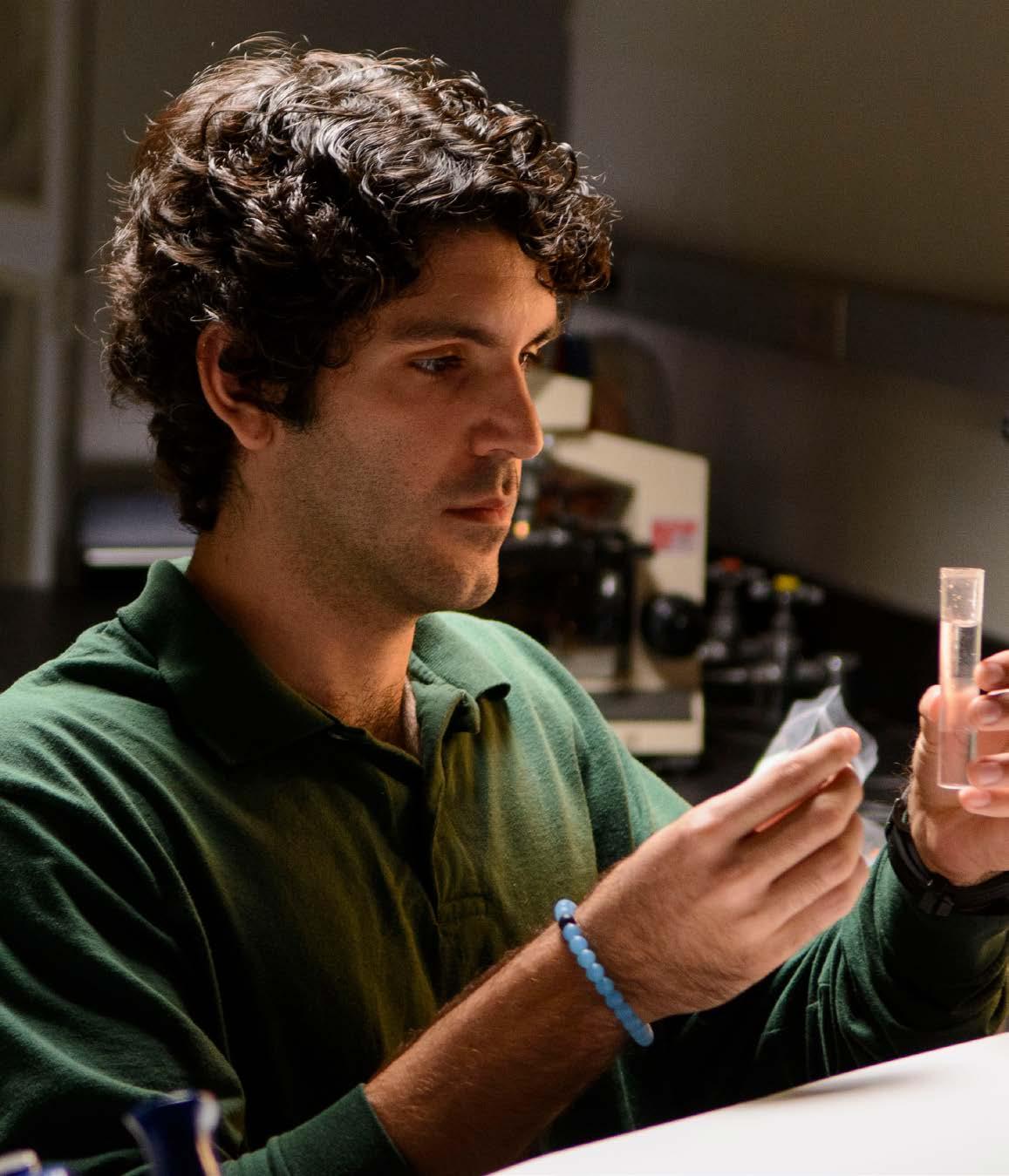
“It was such an incredibly transformative experience that we wanted to continue the work,” says biochemical engineering graduate Mark Huerta, and 33 Buckets was incorporated in 2015. That first project involved filtering out arsenic, which has the atomic number 33, and the model was created using buckets — thus, 33 Buckets.
As they continued to build the organization, the team joined Venture Devils at ASU, pitching 33 Buckets in entrepreneurship competitions. The group won $17,500 in the Pakis Social Entrepreneurship Challenge in 2016. Then came a turning point. In December 2016, the ASU Foundation flew Huerta to Peru to film a 60-second commercial that featured the story of 33 Buckets. The ad showed him working with villagers and describing the mission and how his time at ASU had inspired him to help others.
In 2017, Paul Strong (MBA ‘18) became the first employee of 33 Buckets, getting paid part-time, and the next year, he
became the full-time executive director while he was pursuing his degree at ASU. He worked on scaling the mission.
“Generally in the summer between the first and second year, MBA students do an internship. A lot of people go to Fortune 500 companies or Wall Street. Instead, I flew to Peru and spent time building partnerships and surveying communities,”says Paul Strong (MBA ‘18).
“I credit ASU a lot with giving MBA students the flexibility to pursue what we entered the MBA program for,” adds Strong.
Now 33 Buckets has 12 employees, three interns, and a board of directors, and has completed 10 projects, serving 7,100 people.
Over the years, the team has improved the technology.
But it’s more than technology. The group also provides education to the communities it works with — a vital component during the pandemic. Earlier this year, after the pandemic shut down international travel, 33 Buckets worked with partners in Peru
to construct public handwashing stations with running water, soap, and infographics showing effective handwashing techniques in villages in Peru. Families were encouraged to attend a seminar on preventing COVID-19 and received hand sanitizer, face coverings, and information in their language. It’s been successful: None of the communities that 33 Buckets has worked in have had any COVID-19 cases. All three co-founders have full-time jobs besides being on the board of directors of the nonprofit. Strong stepped back from the executive director position and now works as an associate product manager in the Office of Digital Learning in the Mary Lou Fulton Teachers College at ASU. Sridhar is a data science manager at Amazon, working on artificial intelligence solutions. Huerta, chairman of 33 Buckets, also teaches in the Fulton Schools of Engineering and co-directs the EPICS program, where students are working on improving water-cleaning technology.
“It was such an incredibly transformative experience that we wanted to continue the work.”
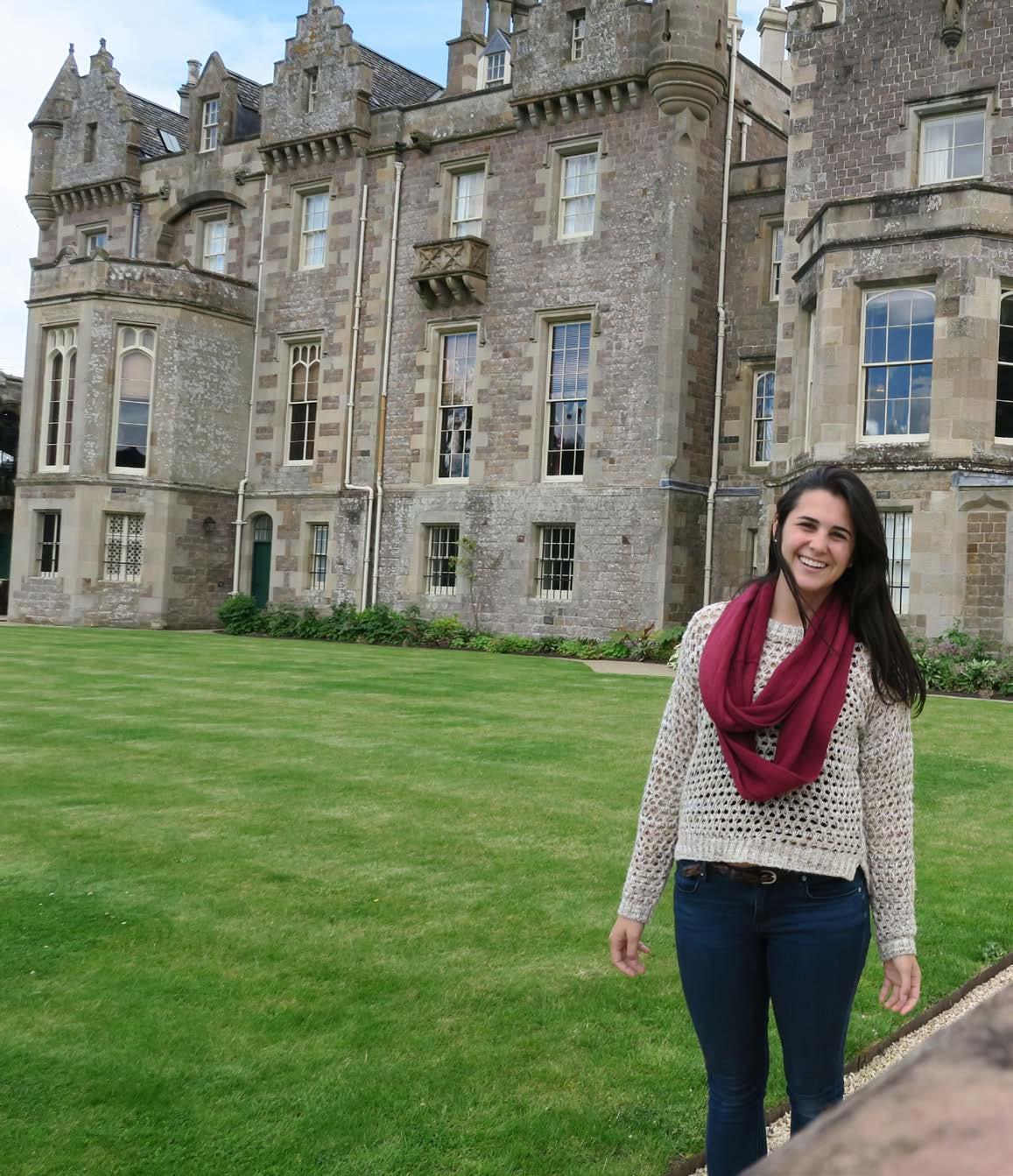
PUBLISHED
ASU News, May 9, 2018
The Turken Family Outstanding Graduating Senior Victoria Crynes embraced travel and community service. For Victoria Crynes, it’s all about the perfect fit. She knew Arizona State University could offer what no other university could, and she was right.
Crynes, who knew about ASU because her brother graduated from the university in 2012, is graduating with a degree in global politics in business from the W. P. Carey School of Business, where she is the outstanding graduate. She’s also in Barrett, The Honors College.
“When I was touring other universities, they talked about their honors programs and it was not nearly the same as Barrett,” said Crynes, who is from Tulsa, Oklahoma.
“I knew I wanted to do international law, and Barrett has Project Excellence, where you can take law courses. I wanted to do a mix of business and international and the global politics program was perfect for that.”
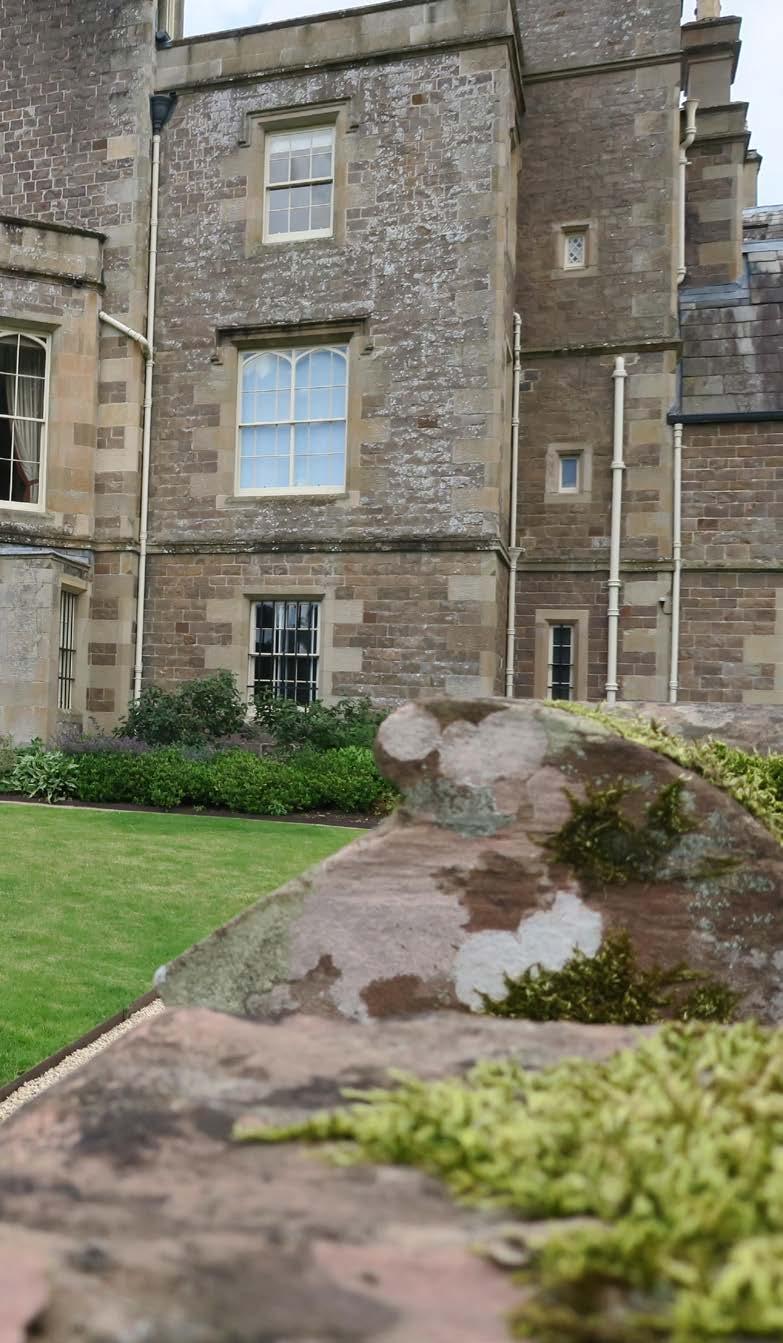
Crynes also wanted to do a lot of community service. During her college career, she was named a Pat Tillman Scholar, Gammage Scholar and McCord Scholar.
“As a Pat Tillman Scholar, you have the option of doing a venture project and I had already been thinking about what I wanted to do,” she said.
“Growing up, my mom worked with minority students, helping them get into college, so I had a lot of knowledge of how I could help,” said Crynes, who worked with students at Phoenix Collegiate Academy, a charter school
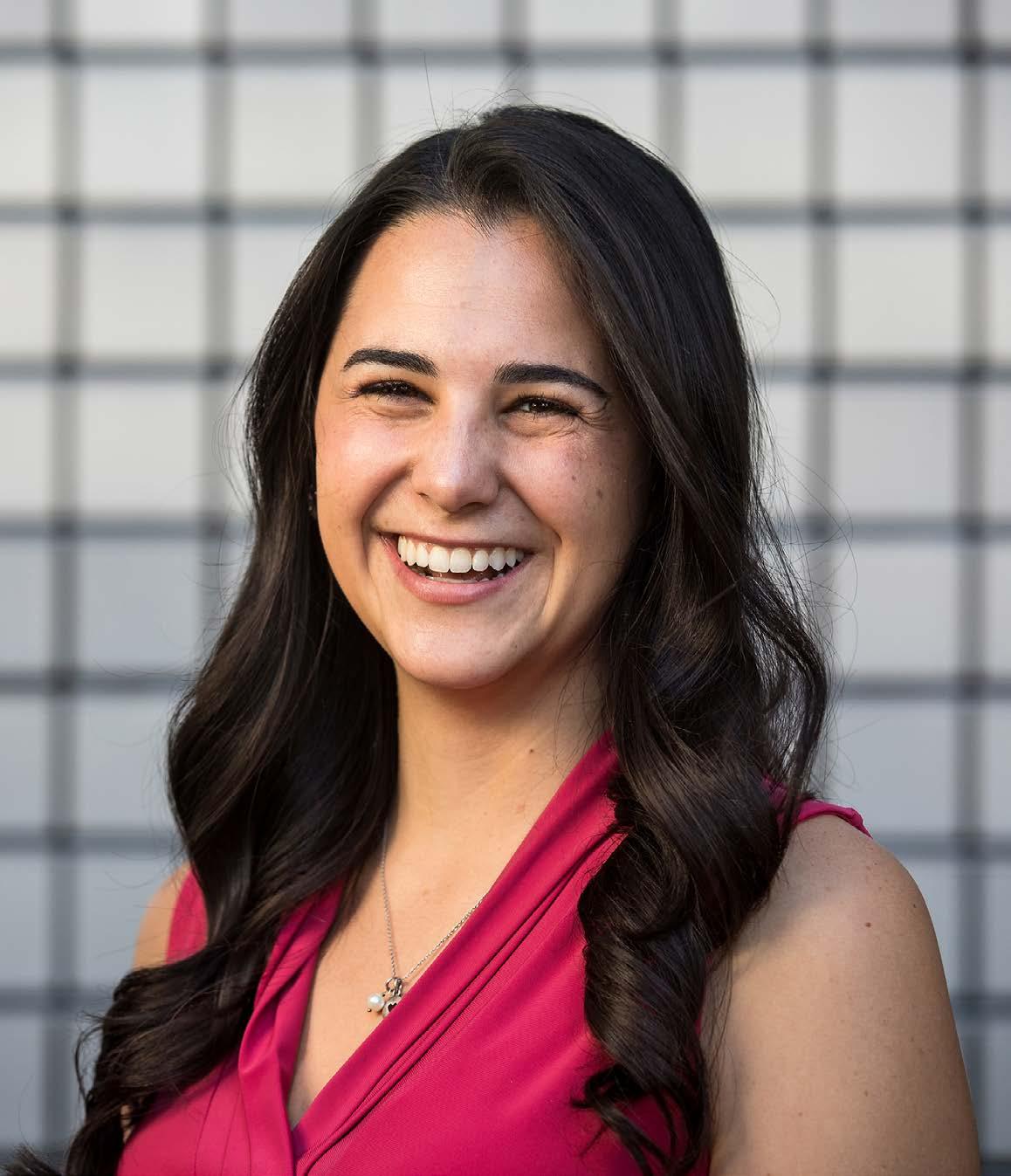
“The best way to be successful is by taking initiative to do what you are passionate about. For me that meant starting my own outreach project and a new on-campus organization.”
in Phoenix.
“I thought it would be fun to combine a prom dress and suit (donation) drive with an educational component of preparing for college. That way the students are earning this fun prize at the end of working hard.”
She was able to collect more than 140 dresses and suits, plus accessories — enough for the entire junior and senior class.
“I told the students that they can get to college, but it’s a lot of work. And for the Hispanic students, there are a lot of resources to help.”
Crynes also helped to organize a “prom” for residents of the Veterans Administration home in Phoenix during her sophomore year, with a swing band, corsages and a photo booth.
“Just seeing their eyes brighten was one of the best feelings. I’m huge supporter of the military and I know how much they’ve given. So being able to show that the community cares was important to me.”
Crynes wants to be a diplomat, so travel was a crucial part of her
time at ASU. As a sophomore, she spent a five-week Fulbright immersion in Scotland just after the United Kingdom voted to leave the European Union.
“It was the perfect time to be there and experience a country reacting in the face of massive transition that they hadn’t supported but were being dragged along on,” she said.
Days after her return, she left for a semester in the Czech Republic.
“I experienced things I hadn’t expected. I’m an American, I believe in democracy. And I met people who supported communism. To me that was mind-blowing,” she said.
“They had been poor their whole lives and when communism came it was relief and they felt like they had food and their lives improved,” she said. At the same time, one of her professors there grew up protesting communism.
“It really changed my perspective.”
Crynes said she saw kindness in action during a trip to Taiwan, where a man befriended her group of American college students,
teaching them tai chi and taking them camping.
“Someone willing to take that much time is not something you find on a day-to-day basis,” she said. “It inspired me to create that sense of home for people who are here. I recently met a Czech student and I’ve been dragging him along to everything. It’s because so many people have taken care of me.”
She credits staff and faculty at ASU with helping her along the way.
“I think one of the amazing things is the staff meets you where you are and helps you meet your goals and then they help you go further.”
Question: What was your “aha” moment, when you realized you wanted to study the field you majored in?
Answer: Growing up, my family hosted students, athletes and business professionals from around the world. I was captivated by culture and travel. However, it wasn’t until high school that I defined my role in the international sphere. “The Infidel” was the book that opened my eyes to a personalized story of
Crynes wants to be a diplomat, so travel was a crucial part of her time at ASU. As a sophomore, she spent a five-week Fulbright immersion in Scotland just after the United Kingdom voted to leave the European Union
hardships occurring internationally. It was through this book that I knew I wanted to become a global changemaker. Interestingly enough, I was reading this book during my first visit to ASU.
Q: What’s something you learned while at ASU — in the classroom or otherwise — that surprised you or that changed your perspective?
A: During my time at ASU two things surprised me.
1. The power of mentorship and the willingness of individuals to mentor. Time after time I have met phenomenal professors and alumni each willing to provide mentorship. I think often the person we most want to be mentored by is someone we look up to and in turn is incredibly intimidating to approach. Yet, each time I’ve overcome my timidity I have been rewarded with incredible mentorship.
2. During my four years I was able to study internationally on three occasions. It was through these travels that I realized the disconnect between local citizen voices and government. In Scotland it was a glaring chasm created through Brexit. In Czech Republic generational differences and a desire to preserve culture were dominant themes. In Taiwan aborigines were working to regain recognition and support from the government. Here in the U.S. we face countless problems, and we, like the nations I experienced, must step up to vote, to pass out pamphlets, to run for office, and ultimately to change the future that we will pass to the next generation.
Because what resolves the disconnect between government and people, is people.
Q: Why did you choose ASU?
A: I chose ASU for Barrett and W. P. Carey. I knew that these colleges prioritize a personalized and intimate college experience. Barrett offered the Office of National Scholarship Advisement and my college goals included getting a Fulbright. I knew that they were qualified and willing to help me reach that goal. Through the Project Excellence Program I was ecstatic at the future of pursuing law courses as an undergraduate student. I have a goal of becoming an international lawyer and sitting in law classes of a top 20 law school, I was confident would better prepare me for that future. In W. P. Carey I knew that the quality of education was phenomenal, the staff supportive, and that I wanted to become a member of the Tillman Action Through Leadership Scholars Program. On top of this, ASU recognizes National Hispanic Scholars and provides scholarships from the business school, ASU and Barrett.
Q: What’s the best piece of advice you’d give to those still in school?
A: As soon as you can get out there and do it!
Don’t wait to get involved and don’t get involved trying to fit that “successful student starter pack.” The best way to be successful is by taking initiative to do what you are passionate about. For me that meant starting my own outreach
project and a new on-campus organization. If you don’t find the perfect fit, create a space to pursue your passion whether it is volunteering, research, or a professional venture!
Secondly, study abroad is an amazing opportunity and there are an abundance of scholarship opportunities. Study abroad widens your perspective and places you in situations that can be uncomfortable or unknown. Further, it helps you understand the importance of befriending international students at ASU. Go beyond your comfort zone!
Q: What was your favorite spot on campus, whether for studying, meeting friends or just thinking about life?
A:My favorite spot on campus is the staircase by Galvin Playhouse. It is perfect for quiet, outdoor tai chi. I love the shade, the awesome architecture, and not many students go there. I also just discovered the art museum downstairs! Other than that, I would have to say the very cliché ASU fountain. I love cutting through the Old Main courtyard for my early morning class and getting a quiet view of the fountain. Lastly, and most importantly, the offices of David Stuempfle, John Eaton, and Michelle Hollin. They have created a home for sharing my victories, my defeats, and inspiring me to push onward.
Q: What are your plans after graduation?
A: During the summer I will attend the Hansen Summer Institute on International Leadership and
Cooperation with students from 20 countries. In the fall I will attend the University of Cambridge to pursue a master’s degree in international relations and politics. For fun, I will be repurposing old furniture and crafts.
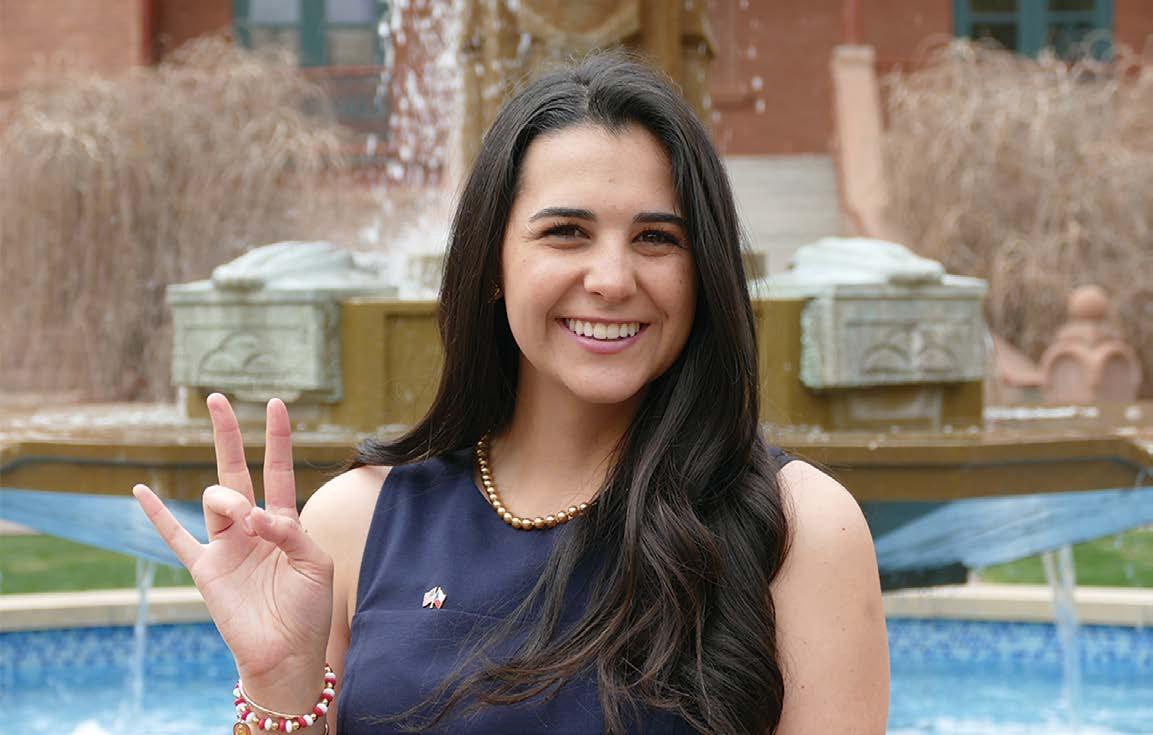
Q: If someone gave you $40 million to solve one problem on our planet, what would you tackle?
A: I would create a foundation for transitional homes for youth phasing out of foster homes due to their age, Foster to Freedom. The foundation would help with college and career readiness while providing a home and community for the young adults.
I chose ASU for Barrett and W. P. Carey. I knew that these colleges prioritize a personalized and intimate college experience.
— VICTORIA CRYNES
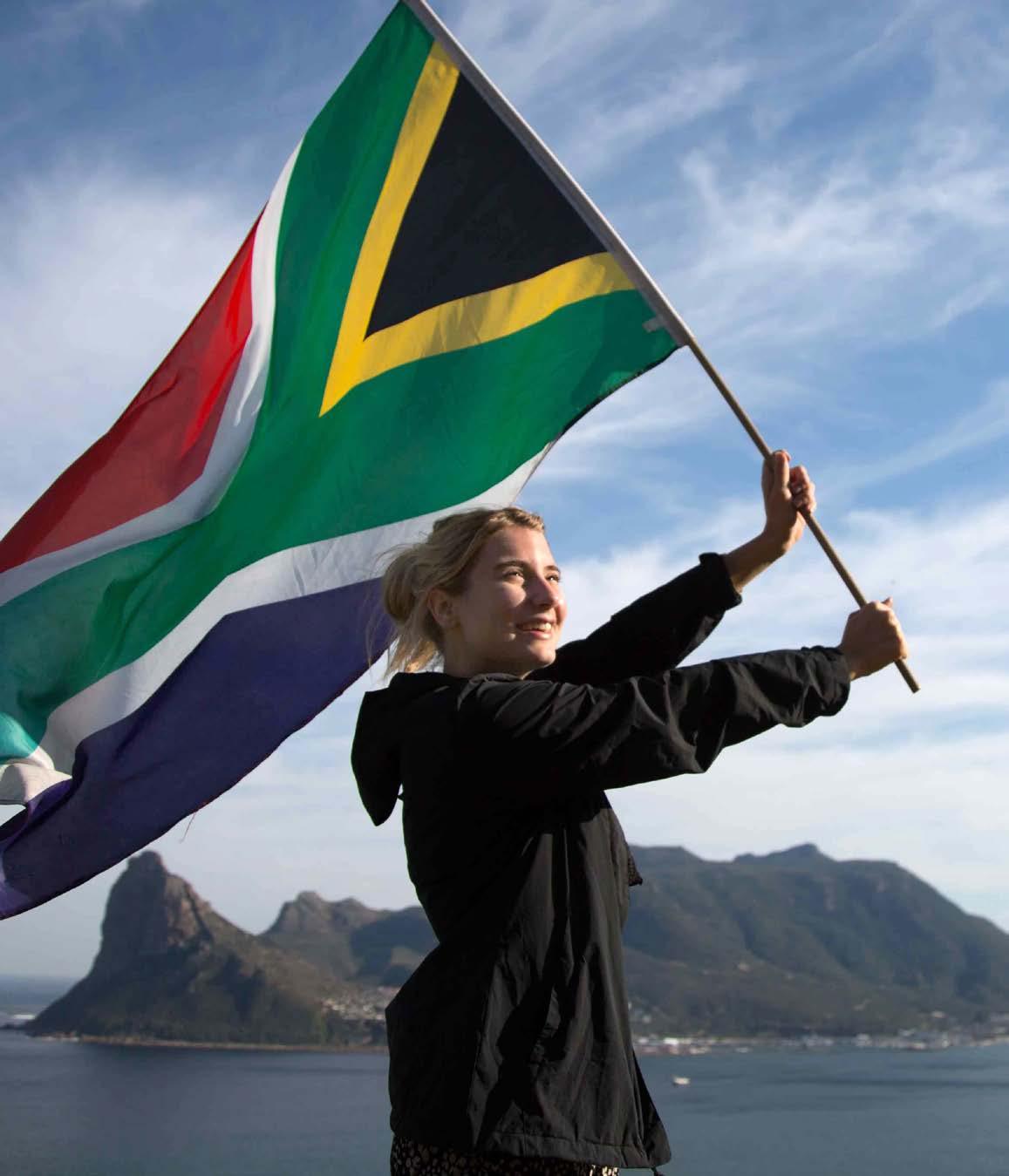
“I was completely amazed and humbled to receive the grant,” Harris says. “I am beyond grateful. Putting together the proposal and establishing contacts around the world took a lot of work, but I’m thrilled to travel to new places and learn from experts in microbiology and public health fields.”
Carlyn Harris , a Barrett Honors College junior majoring in microbiology and global health, traveled the world during the summer of 2016—literally—but it was no pleasure cruise. Recipient of the Circumnavigators Club Grant, Harris spent four months researching societal and cultural influences on antibiotic consumption and resistance in Guatemala, Spain, the Netherlands, India, South Africa, and New Zealand.
“I was completely amazed and humbled to receive the grant,” Harris says. “I am beyond grateful. Putting together the proposal and establishing contacts around the world took a lot of work, but I’m thrilled to travel to new places and learn from experts in microbiology and public health fields.”
She says her ultimate goal in assessing sociocultural ties to public health knowledge of antibiotic resistance and consumption is to develop new educational initiatives and
awareness campaigns.
Harris is no stranger to international travel. In the summer of 2015, she was a research assistant in the ASU Global Health Medical Anthropology Field School in Guatemala, where she helped with the investigation of maternal health care systems and family size in rural areas of that country.
“Culture plays an important role in how societies interact with the health care system and what public health information they receive,” she says. “For my Circumnavigators Club Grant, I decided to study cultural influences on public health knowledge regarding antibiotic resistance and consumption, because antibiotic resistance is a current global issue threatening the treatment of serious bacterial infections. This is largely because communities are overusing and misusing these ‘miracle’ drugs, and many do not understand how this can influence resistance.”
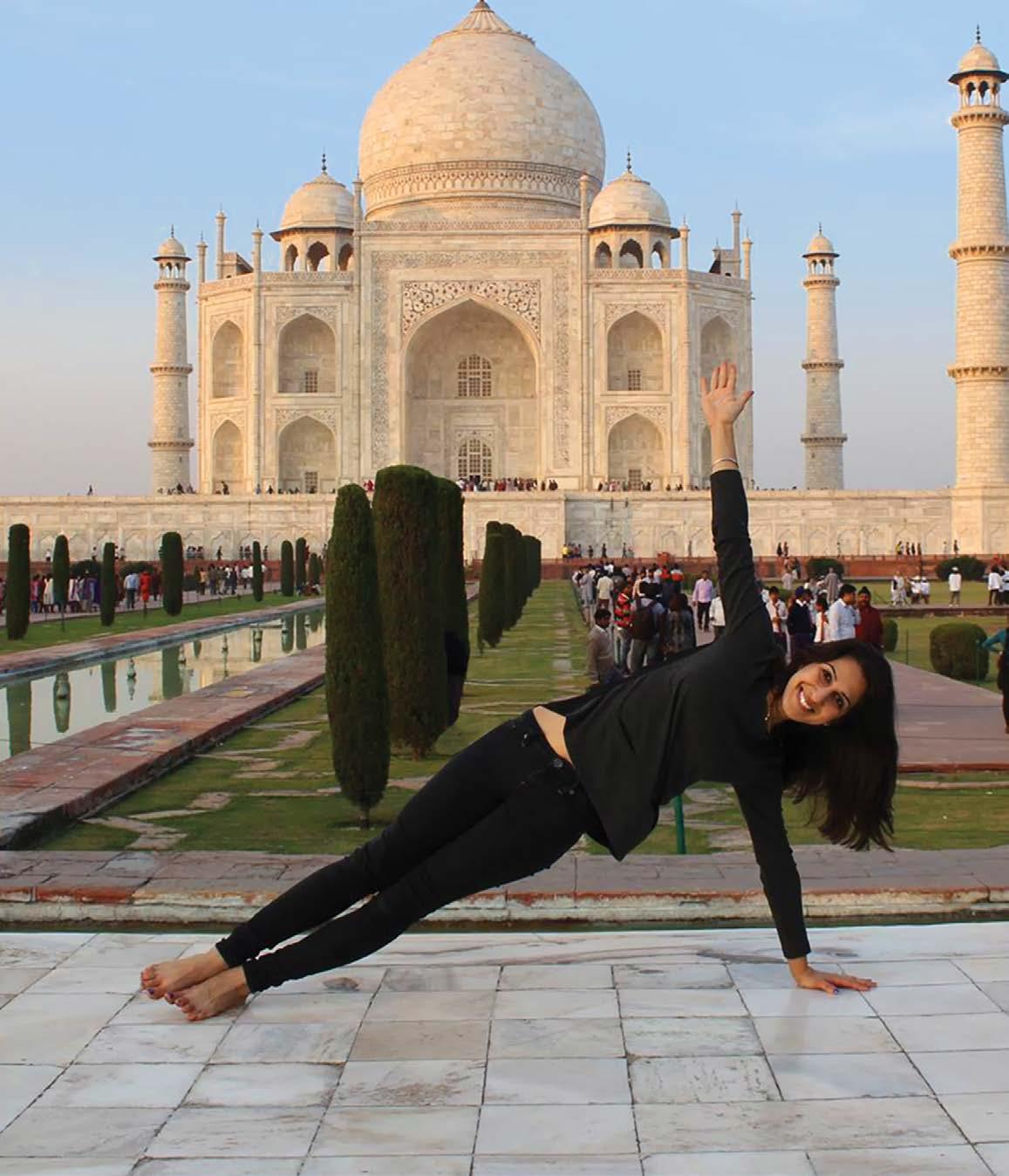

“My family is a family of immigrants who faced challenges in life. Coming from that background, we were always told to study as hard as we could to improve our situation. Being surrounded by people (at Barrett) who had that kind of brainpower was phenomenal.”
Recognized as a “trailblazer” by Who’s Who in Business, Virgilia Pruthi says the Barrett honors thesis process helped propel her to entrepreneurial success.
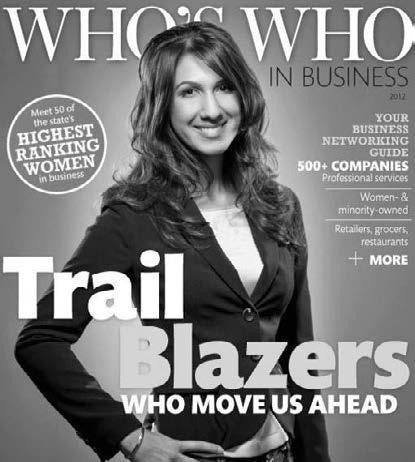
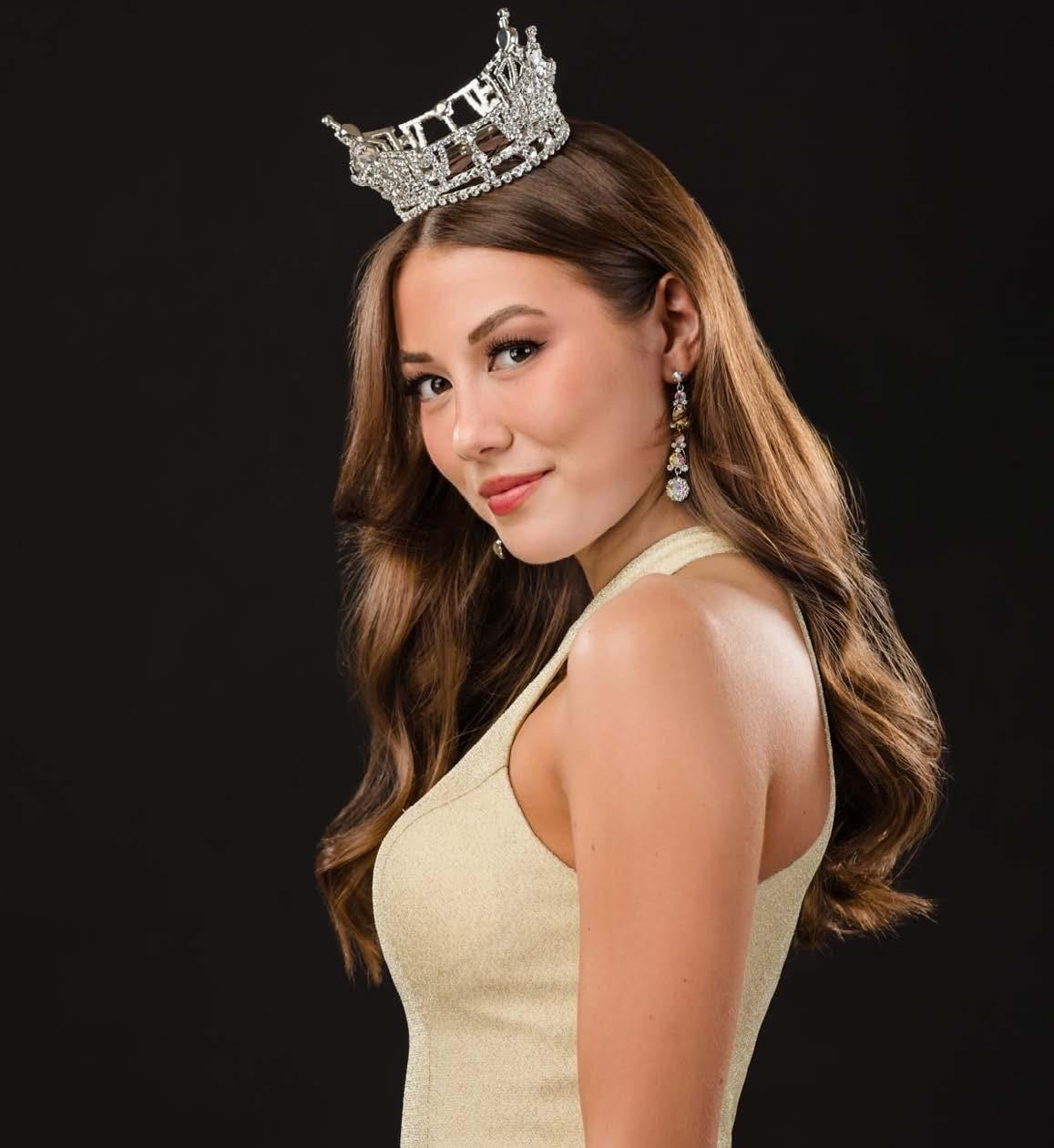
Emma Broyles, a junior biomedical sciences major in Barrett, The Honors College at Arizona State University, has been crowned Miss America 2022.
Broyles competed as Miss Alaska in a live event in the 10,000-seat arena at the Mohegan Sun Resort in Uncasville, Connecticut, that was streamed on NBC’s Peacock service on Dec. 16. She is the first Miss Alaska and the first KoreanAmerican to wear the Miss America crown.
Broyles won a $100,000 scholarship and the yearlong job of representing the Miss America Organization and advocating for her social

Emma Broyles, a junior studying biomedical sciences, was crowned Miss America 2022. She is the first Miss Alaska and the first Korean-American to win the competition.
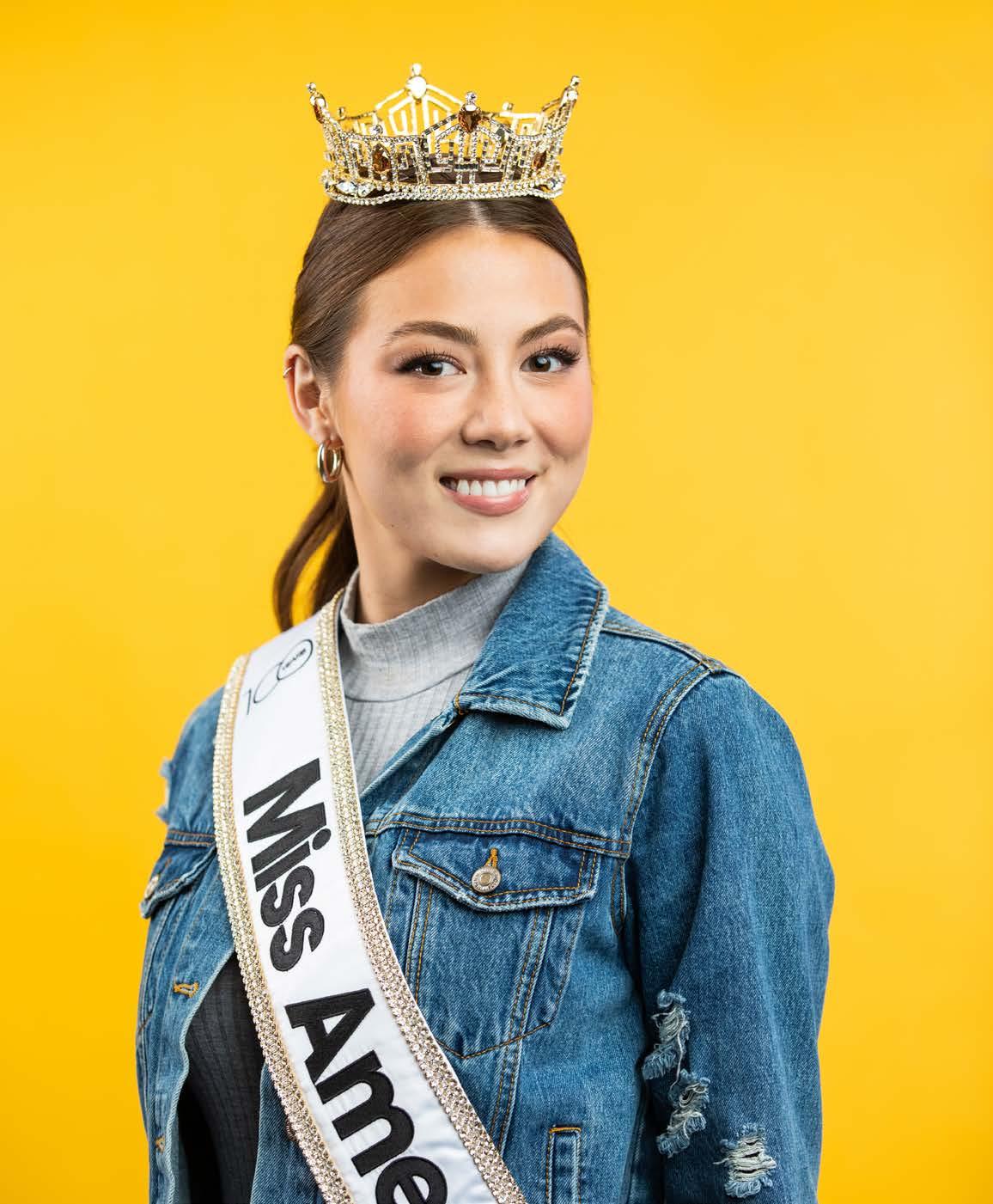
impact initiative, Building Community Through Special Olympics.
She impressed a three-judge panel with her singing talent, commitment to promoting Special Olympics and strong answers in interviews.
“We are proud to have a student in Barrett, The Honors College at Arizona State University as Miss America 2022. Emma Broyles, who competed as Miss Alaska, is a wonderful representative of both our country as well as Barrett and ASU,” said Barrett Honors College Dean Mark Jacobs.
“We also want to applaud Miss Arizona and ASU Barrett Honors College 2020 alum Amber Barto, who also participated in the competition, for everything she has accomplished.
The Miss America competition highlights the achievements, leadership, community involvement and social impact of talented young women. Broyles and Barto impressively embody these attributes, Jacobs said.
“We couldn’t have asked for two better representatives of our college in the competition,” he added.
“We are proud to have a student in Barrett, The Honors College at Arizona State University as Miss America 2022. Emma Broyles, who competed as Miss Alaska, is a wonderful representative of both our country as well as Barrett and ASU.”
– BARRETTHONORS COLLEGE DEAN MARK JACOBS.
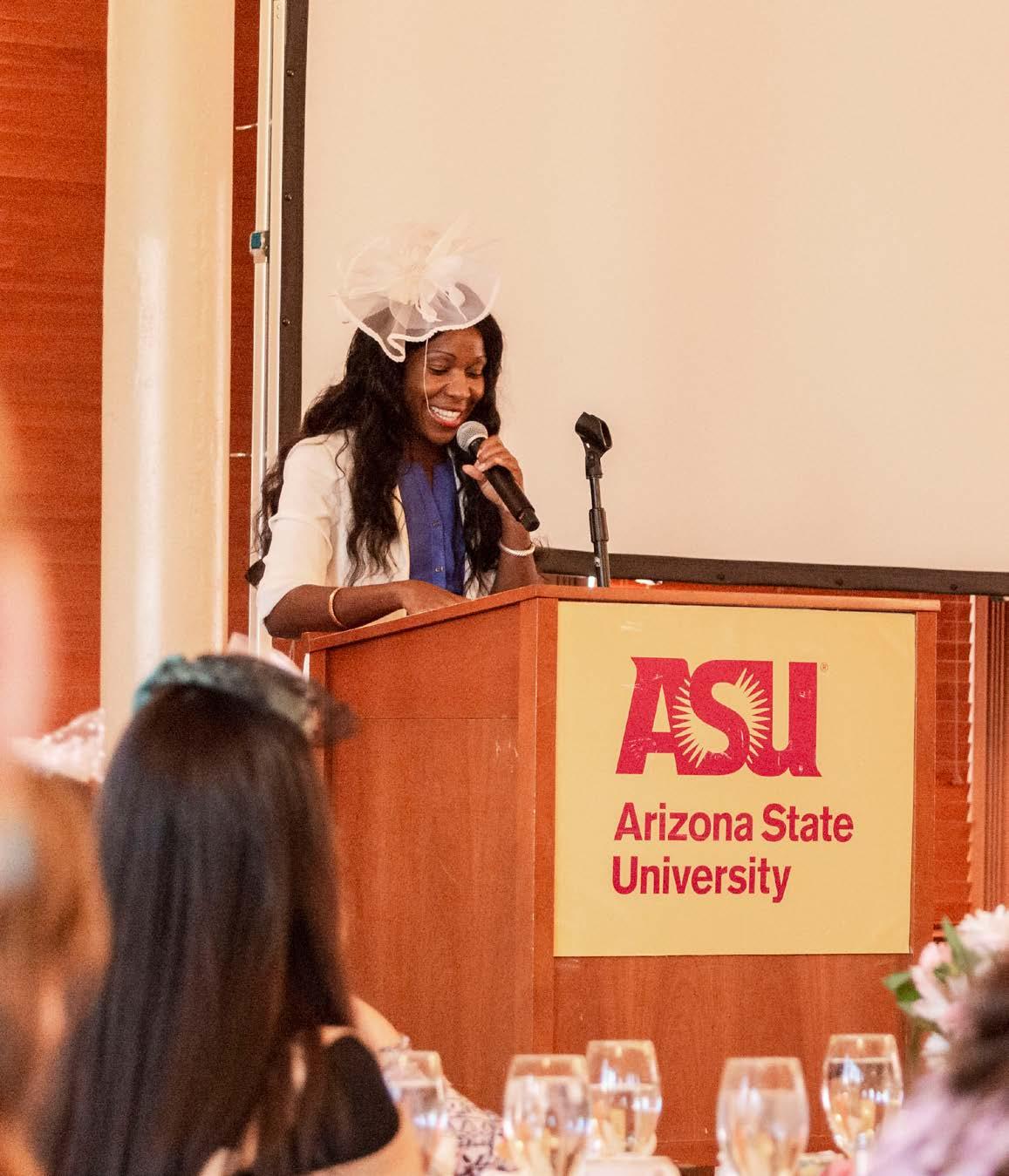
Primrose Dzenga knows that combatting food insecurity and poverty is key to building resilient communities, and she spent much of her time as an undergraduate at Arizona State University working on a project aimed at this endeavor.

Dzenga graduated ASU this week with bachelor’s degrees in global studies and creative writing with honors from Barrett, the Honors College and a master’s degree in political science. She came to ASU after receiving an associate degree with honors from Pima Community College in Tucson, Arizona.
She founded and has directed for the last four years the Machikichori Citrus Reforestation Project in her birthplace of rural Wedza, Zimbabwe. The project is a 12,000-tree community orange orchard run by women.
The aim of the project is to create an income source for people in the community and help alleviate malnutrition and extreme poverty. In addition to producing a marketable crop, the project focuses on dropping the mortality rate of children younger than 5 years old and counteracting global warming through reforestation and environmental rejuvenation.
Last year, Dzenga won a $10,000 Barrett Global Explorers Grant, which she used to travel to three continents to research citrus farming techniques. Her worldwide research was part of the work she did for her honors thesis.
For her academic achievement and community service, Dzenga received several scholarships and awards throughout her undergraduate career, including the ASU President’s Club Award, the School of Politics and Global Studies Director’s Achievement Award, the ASU Foundation Award, the ASU Sun Devil Family Association Scholarship, the Garcia Family Foundation Scholarship, the Lincoln Foundation Scholarship and the Live Your Dream Award. She also participated in the Clinton Global Initiative University Commitment to Action in 2020.
“As an award-winning author and poet, I wanted to study creative writing to tell the stories of ordinary women who are phenomenal heroines, like Auxillia Chimusoro, and write poetry to heal my soul. ”
In 2019, she won the Desert Nights, Rising Stars Conference Writing Award. She was named the 2020 Barrett Honors College Outstanding Graduate for Leadership for her work with the Machikichori Citrus Reforestation Project.
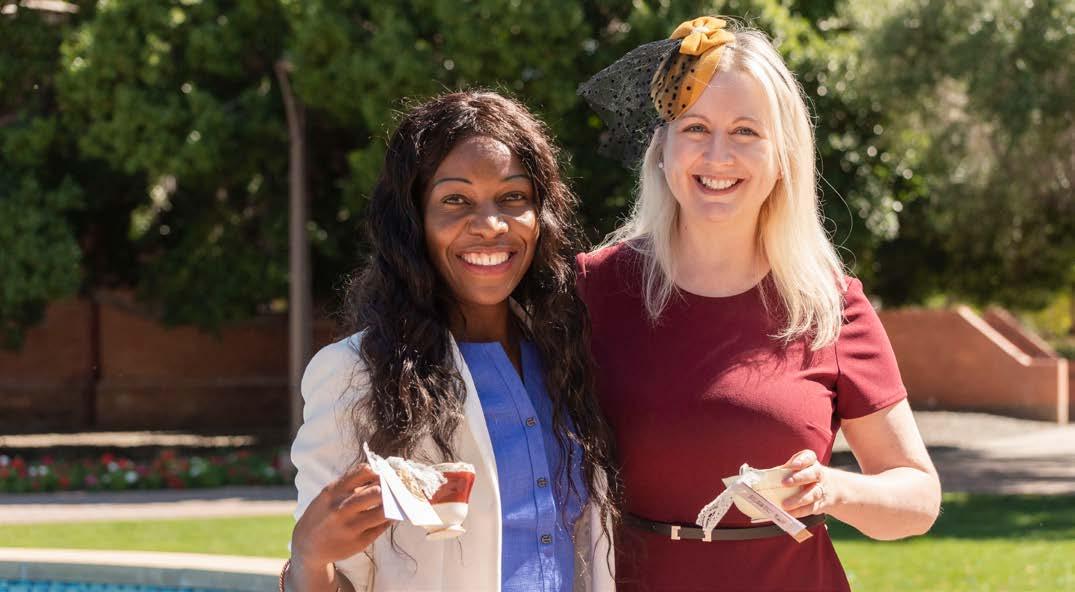
Dzenga is a talented author and poet, whose work has been published in Ireland by Salmon Poetry in the anthology “Poetry: Reading It, Writing It, Publishing It,” edited by Jessie Lindernie. Dzenga’s nonfiction novel “The Unsung Heroine — Auxillia Chimusoro,” about an African AIDs activist, was published by the Zimbabwe Women Writers in 2009 with a grant from the Culture Fund of Zimbabwe.
She also is a performance poet who has read and performed her work at international festivals. Her poem, “The Unsung Heroine — A Tribute to Auxillia Chimusoro,” appeared on the U.S. Embassy— Harare website. “Destiny in
My Hands,” her first full poetry collection, deals with issues of identity and rights and human relationships. She is a recipient of the Zimbabwe National Arts Literary Award for her poetry and nonfiction writing.
We asked Dzenga to reflect on her time as an undergraduate at ASU.
Question: What was an interesting moment, story or accomplishment in your ASU career?
Answer: Being awarded the Barrett Global Explorers Grant to research best practices in citrus farming and conservation across five countries and three continents was humbling for me. Not least because I was a transfer student, but with this grant, I would be able to work on a project which is a model framework for agroforestry in southern Africa to reduce multidimensional poverty, hunger and under-5 mortality (among
children) in sub-Saharan Africa. With this grant I could marry education and purpose in a way that served more women than just me.
Q: What was your “aha” moment, when you realized you wanted to study the field you majored in?
A: As an award-winning author and poet, I wanted to study creative writing to tell the stories of ordinary women who are phenomenal heroines, like Auxillia Chimusoro, and write poetry to heal my soul. When I started working on this community service project with rural women in Zimbabwe, which had the potential to bring in over $500,000 a year in revenue, I was inspired by the women’s drive, resolve and initiative. I was, however, immensely underqualified to implement, complete and replicate a project of that scope and magnitude. I realized I needed an education that would equip me with the competencies necessary to respond to a multidimensional problem like
poverty and the aspects of life it impacts, like mortality in children under 5 years old.
Q: What’s something you learned while at ASU — in the classroom or otherwise — that surprised you or changed your perspective?
A: When I worked on the Barrett@30 project to preserve the history of Barrett Honors College for posterity, I had the honor to interview ASU President Michael Crow. During this interview he said that one does not find time, they make time for the things they love. I have found this to be true as I have balanced coursework and working on a project which is located halfway across the world and with a time difference of nine hours ahead.
Q: Why did you choose ASU?
A: During my site visit when I was still a Pima Community College student, I told Barrett Honors College Dean Mark Jacobs that I was looking for a four-year institution that would help and equip me with competencies necessary to work effectively with underserved women. One that I would use to create a platform from which they would be an integral part of the sustainable development dialogue, and he said to me, “We can do that.” And he was right.
Q: Which professor taught you the most important lesson while at ASU?
A: I have been so fortunate and privileged at ASU. Dr. Nilanjana Bhattacharjya, my History of Ideas instructor at Barrett Honors College, taught me the importance
diverse civil discourse. Dr. Glenn Sheriff in the School of Politics and Global Studies taught me the importance of conscientiousness, and Dr. Jide James-Eluyode taught me the that empathy is the cornerstone of meaningful development work, while Professor T.M. McNally taught me the importance of kindness. I am a work that has been molded by several generous and kind hands at ASU, and I am grateful.
Q: What’s the best piece of advice you’d give to those still in school?
A: Ask for help. Especially in Barrett, where (Senior Associate Dean for Student Services) Dean Kristen Hermann’s and Vice Dean Nicola Foote’s doors — as well as everyone else’s, for that matter — are always open and they are willing to listen and help, because you can’t do it on your own.
Q: What was your favorite spot on campus, whether for studying, meeting friends or just thinking about life?
A: I love the Hayden Library. Books give me a sense of calm.
Q: What are your plans after graduation?
A: I am so grateful and humbled to have been accepted into the ASU Innovation in Global Development PhD program. I am excited and looking forward to furthering my work with women in rural communities and researching the impact of agronomic interventions on income and health outcomes.
Q: If someone gave you $40
million to solve one problem on our planet, what would you tackle?
A: World hunger. I would use that money to further my research in rural agroforestry, which is a model framework for impactful and sustainable ways to grow food with low-income rural communities. Food is magic, food impacts every aspect of the human condition and sometimes food is all the medicine that people need. I do not believe we can eradicate poverty without eradicating hunger.
“Professor T.M. McNally taught me the importance of kindness. I am a work that has been molded by several generous and kind hands at ASU, and I am grateful.”
— PRIMROSE DZENGA

Arizona’s strength in advanced industries, including semiconductors and electronics, navigational instruments and sensors, aerospace and defense, and health and biomedical advances contributes significantly to the state’s competitiveness in the global marketplace.

It is clear that in order to secure prosperity for the state’s citizens, our region must transition from a growthdependent economy to one that is agile, flexible and driven by technological innovation.
Our knowledge-based national economy depends on well-educated and highly trained professionals who will maintain our country’s competitive edge.
As learners around the world seek paths to innovation and transformation, we are partnering in new ways and sharing our offerings in the global learning sphere.
ASU is rising to the challenges of the state, the nation and the world to deliver learning at all levels for anyone, wherever they are.
ASU enrolls undergraduates from 88% of Arizona high schools.
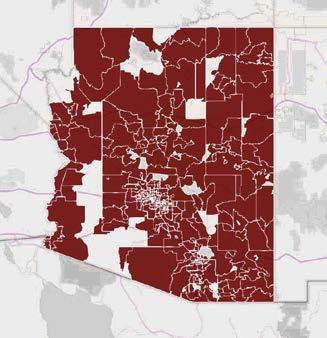
Maintaining the fundamental principle of accessibility to all students qualified to study at a research university.
570 Arizona high schools represented in the undergraduate student population from Fall 2022 and Spring 2023.
ASU serves learners in all 50 states plus Washington D.C., Guam, Puerto Rico and the US Virgin Islands.

A complete university experience, from anywhere learners are.
Transforming the landscape of education one global initiative at a time.

14 universities


115,000+ students
in Colombia, Costa Rica, Ecuador, Egypt, India, Indonesia, Kazakhstan, Mexico, Montenegro, Philippines, Turkey and Ukraine.
50 universities will be in the expanded network by 2030 .
In partnership with Cintana
ASU is building a global to increase access to quality with academic collaborations, and research and training
Engage learners of all socioeconomic, geographic and demographic backgrounds
Fourteen universities with students in Colombia, Costa Egypt, India, Indonesia, Montenegro, Philippines, are part of the ASU-Cintana powered by ASU.
In partnership with Cintana Education, ASU is building a global network of universities to increase access to quality higher education, with academic collaborations, student mobility and research and training projects.
The network will expand universities by 2030 .
Members of AAU, including stalwart private universities like Harvard, Stanford, MIT and Johns Hopkins and leading public universities like UCLA ... collectively help shape policy for higher education, science and innovation.
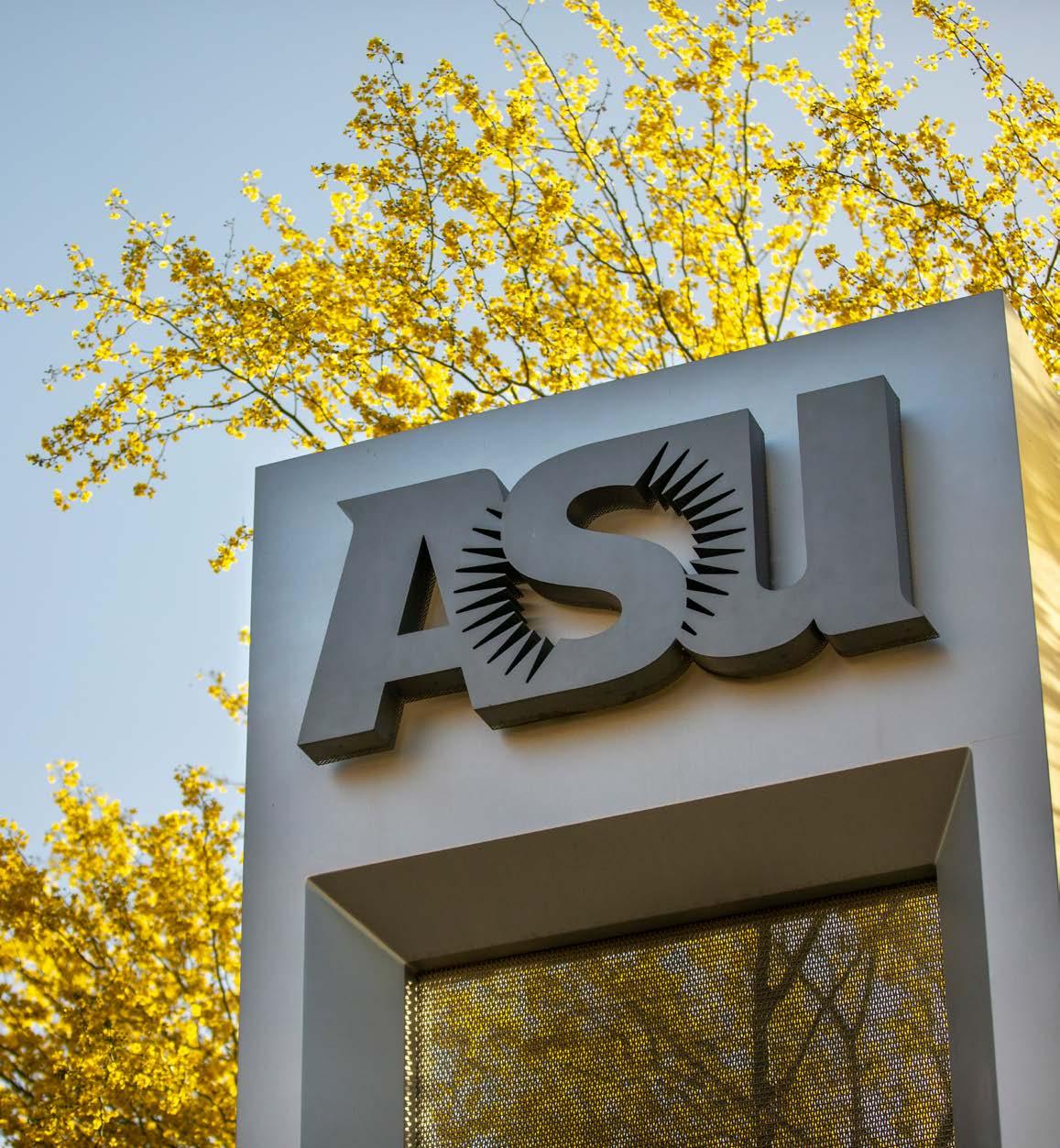
Arizona State University on June 1 was selected to join the prestigious Association of American Universities, which comprises the nation’s elite research universities.

The AAU added Arizona State into its membership, applauding the university’s academic and research strength and acknowledging its place as a leader in higher education. There now are 71 universities — including two from Canada — in the association, which was established in 1900.
“From deep space to deep in the oceans, we are a university designed for discovery,
interdisciplinary research and innovation,” ASU President Michael Crow said. “As one of the fastest-growing research enterprises in the United States, we are focused on solving society’s greatest challenges, and we are excited to become part of the AAU.”
Members of AAU, including stalwart private universities like Harvard, Stanford, MIT and Johns Hopkins and leading public universities like UCLA, the University of Washington, the University of WisconsinMadison and the University of Michigan, collectively help shape policy for higher education, science and innovation; promote best practices in undergraduate and graduate education; and strengthen the contributions of leading research universities to American society.
As a group they earn a majority of competitively awarded federal funding for research that improves public health, addresses national challenges and contributes significantly to the nation’s economic strength, while educating and training visionary leaders and innovators.
We are now a
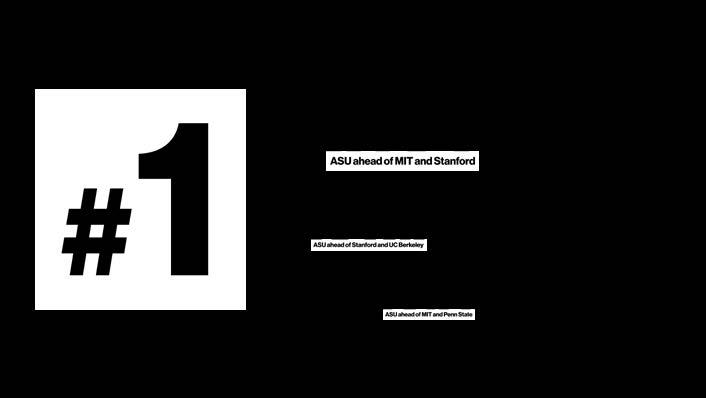
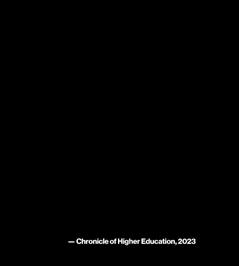
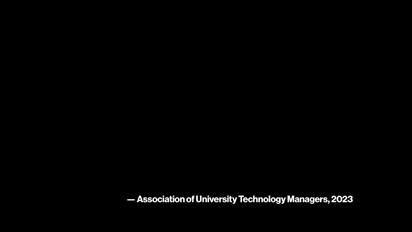
For the past 10 years, ASU has been a top-producing university for elite scholars. This impressive list includes 312 Gilman Scholars, 180 Fulbright Scholars, 40 Boren Scholars, 35 Killam Fellows, 21 Goldwater Scholars, 13 Udall Scholars, 8 Gates Cambridge Scholars, 4 Marshall Scholars, 4 Truman Scholars and 2 Rhodes Scholars.
3,500+ faculty mentors from 17 colleges and schools, including Nobel laureates, Pulitzer Prize winners and MacArthur fellows
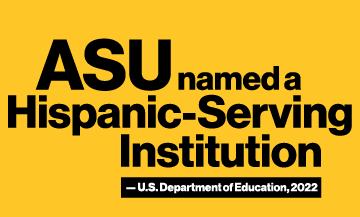
#1 public university in the U.S. chosen by international students ahead of University of Illinois

ASU is named to the top 100 in the world for academic reputation by Times Higher Education. The ranking is based on the world’s largest invitation-only academic opinion survey, which uses United Nations data as a guide to ensure that the results are representative of world scholarship, and targets only experienced, published scholars.
Over the last 10 years, ASU has emerged as one of the country’s fastest-growing research universities among those with $100 million+ in annual research expenditures — ahead of Harvard, Yale, Duke an d others.
— QS World University Rankings 2022
among universities without a medical school.
#6 in the U.S. for total research expenditures ASU ahead of University of Chicago, Princeton and Caltech
– NATIONAL SCIENCE FOUNDATION HERD SURVEY, 2022

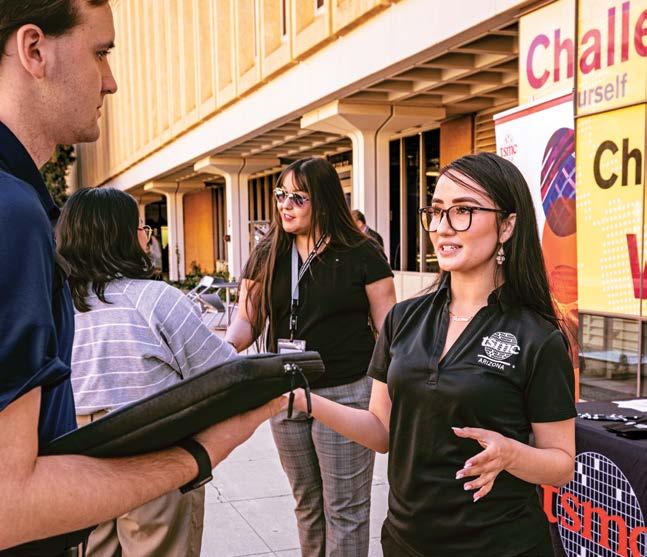
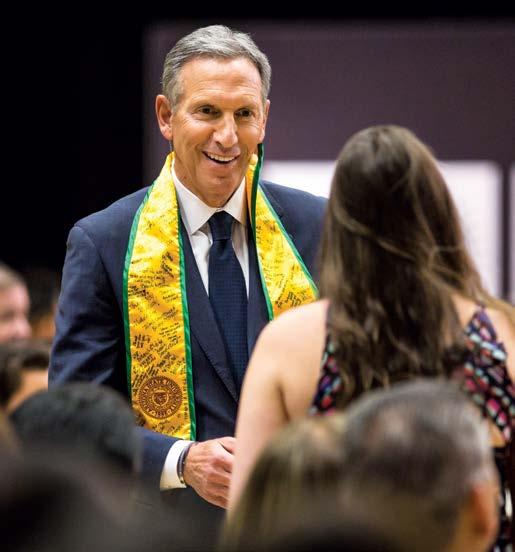
public university chosen by international students

Institute of International Education, 2021
Top 10 Countries
India
China
Taiwan
Vietnam
Saudi Arabia
Canada
Republic of Korea
Faculty
5 Nobel Laureates
8 MacArthur Award winners
10 Pulitzer Prize winners
21 National Academy of Sciences members
#1 public university in the U.S. chosen by international students ahead of University of Illinois at UrbanaChampaign, UCLA and UC Berkeley
—INSTITUTE OF INTERNATIONAL EDUCATION, 2022
Mexico
Egypt
United Arab Emirates
Attracting faculty, students and partners from around the globe, ASU’s reputation for innovation and excellence has created a center of gravity that continues to grow.
Industry giants like Mayo Clinic, Starbucks, Intel, TSMC, adidas, Dreamscape Learn, Uber, Amazon, Infosys, Labcorp, NBA G League, Peloton, Phoenix Children’s and more understand the importance of responding to the changing needs of business and work with ASU to meet their goals.
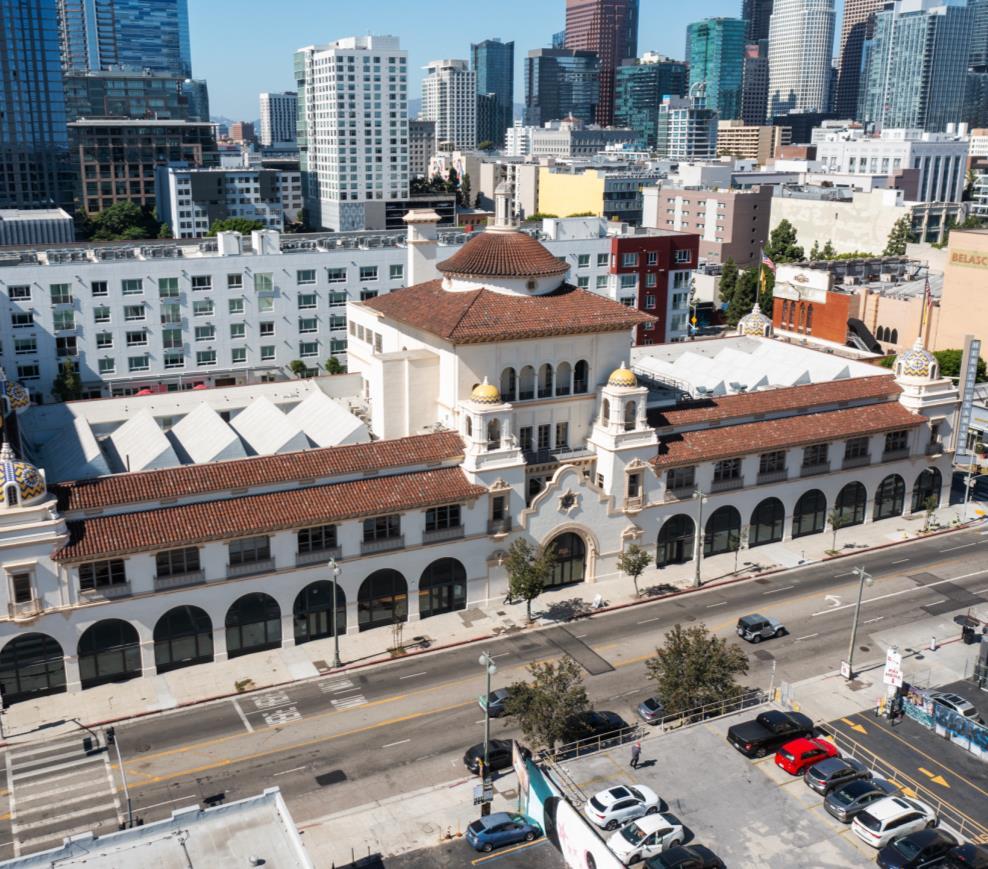
Engage learners of all socioeconomic, geographic demographic backgrounds

ASU plays a key role in Arizona’s New Economy Initiative, which will:
40,000 new high wage jobs by 2041. Increase economic output to $6.9 billion.
President Biden attended the TSMC Phoenix plant celebration and spoke with President Crow.
Double the return on the state’s investment by 2032.
President Biden attended the TSMC Phoenix plant celebration and spoke with President Crow.
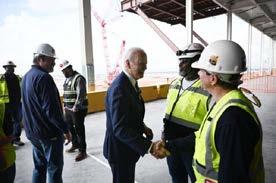
Co-develop solutions to the critical social, technical, cultural and environmental issues facing 21st-century Arizona, ensuring sustainability and resilience
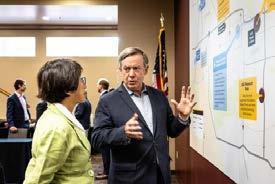
Ambassador Moctezuma visited ASU to sign an MOU to boost semiconductor production in North America.
Secretary Raimondo joined U.S Senator Mark Kelly on a tour of ASU MacroTechnology Works.
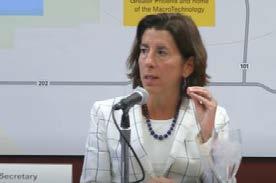
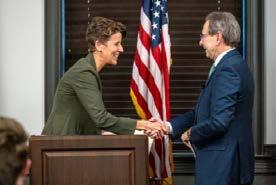
The New Economy Initiative builds on ASU’s role as a catalyst for economic growth and resilience and two decades of enabling accessible, high quality education and innovative research that meets the needs of the market and society.
Ambassador Moctezuma visited ASU to sign an MOU to boost semiconductor production in North America.
Undersecretary Shyu visited ASU MacroTechnology Works.
Attracting researchers, industry partners, students and community partners in high-tech growth.
2,000 jobs
TSMC is directly hiring high-tech roles for its new foundry
Each microelectronics job creates five additional jobs for suppliers and vendors
SOURCES: TSMC, ASU, L. WILLIAM

SEIDMAN RESEARCH INSTITUTE
AT THE W. P. CAREY SCHOOL OF BUSINESS
ASU’s MacroTechnology Works is accelerating semiconductor, advanced materials and energy device research in the United States.
The world-class caliber of these facilities makes MacroTechnology Works central to the photovoltaics, batteries and power-electronics work of ASU’s new Advanced Materials, Processes and Energy Devices (AMPED) Science and Technology Center.
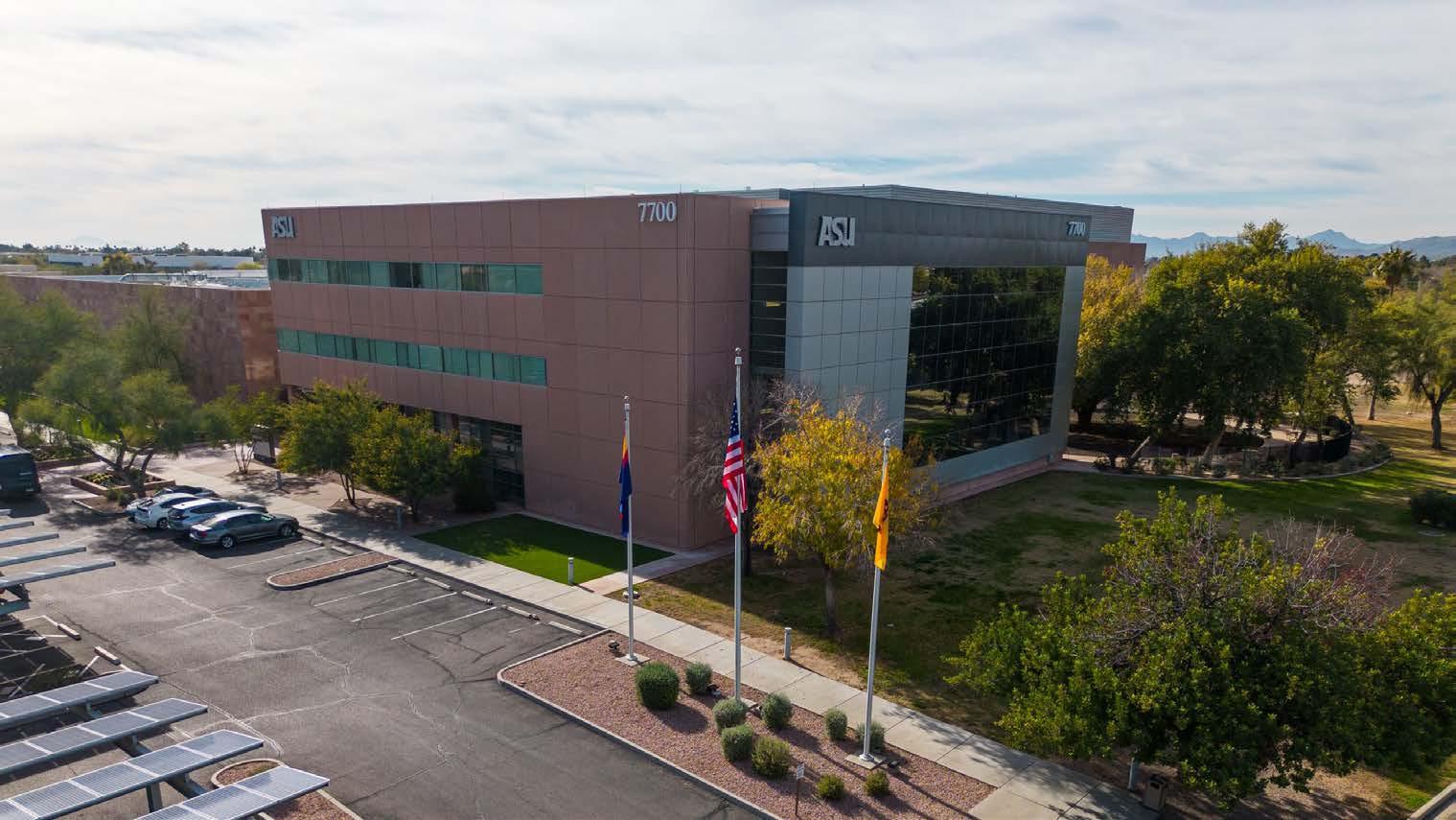
Applied Materials is making a landmark investment to build the world’s largest and most advanced facility for collaborative semiconductor process technology and manufacturing equipment R&D (rendering at right).
ASU is collaborating with the company to bring research expertise and help create the future innovation and manufacturing talent pipeline that will be critical over the long term.
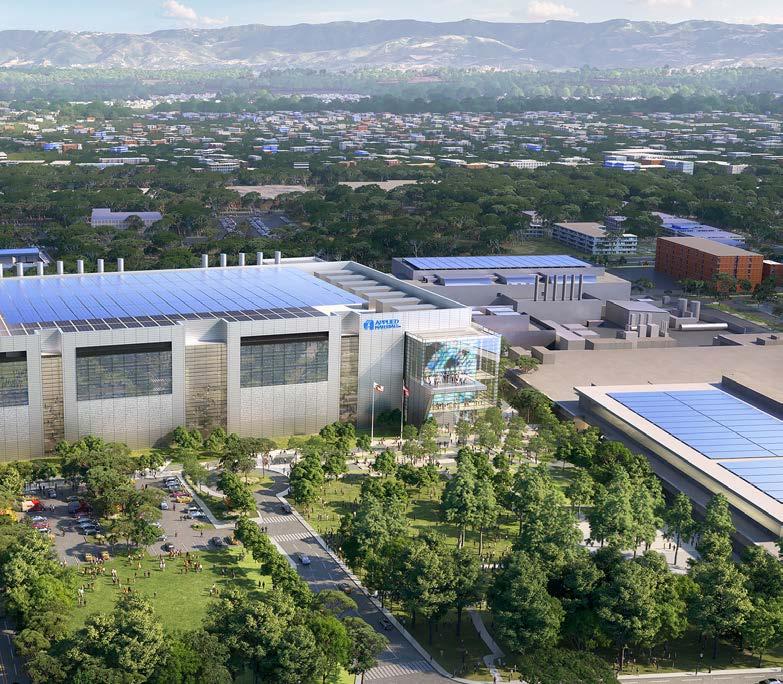
“We’re all-in as an asset to industry and to the nation as we seek to regain global pre-eminence in semiconductor manufacturing, research and development,” said ASU President Michael Crow.
“Applied Materials is providing extraordinary leadership to accelerate innovation and commercialization of foundational manufacturing technologies that will define the future of how chips are made. And as we continue to innovate in that process, ASU will bring research expertise and help create the future innovation and manufacturing talent pipeline that will be critical over the long term.”


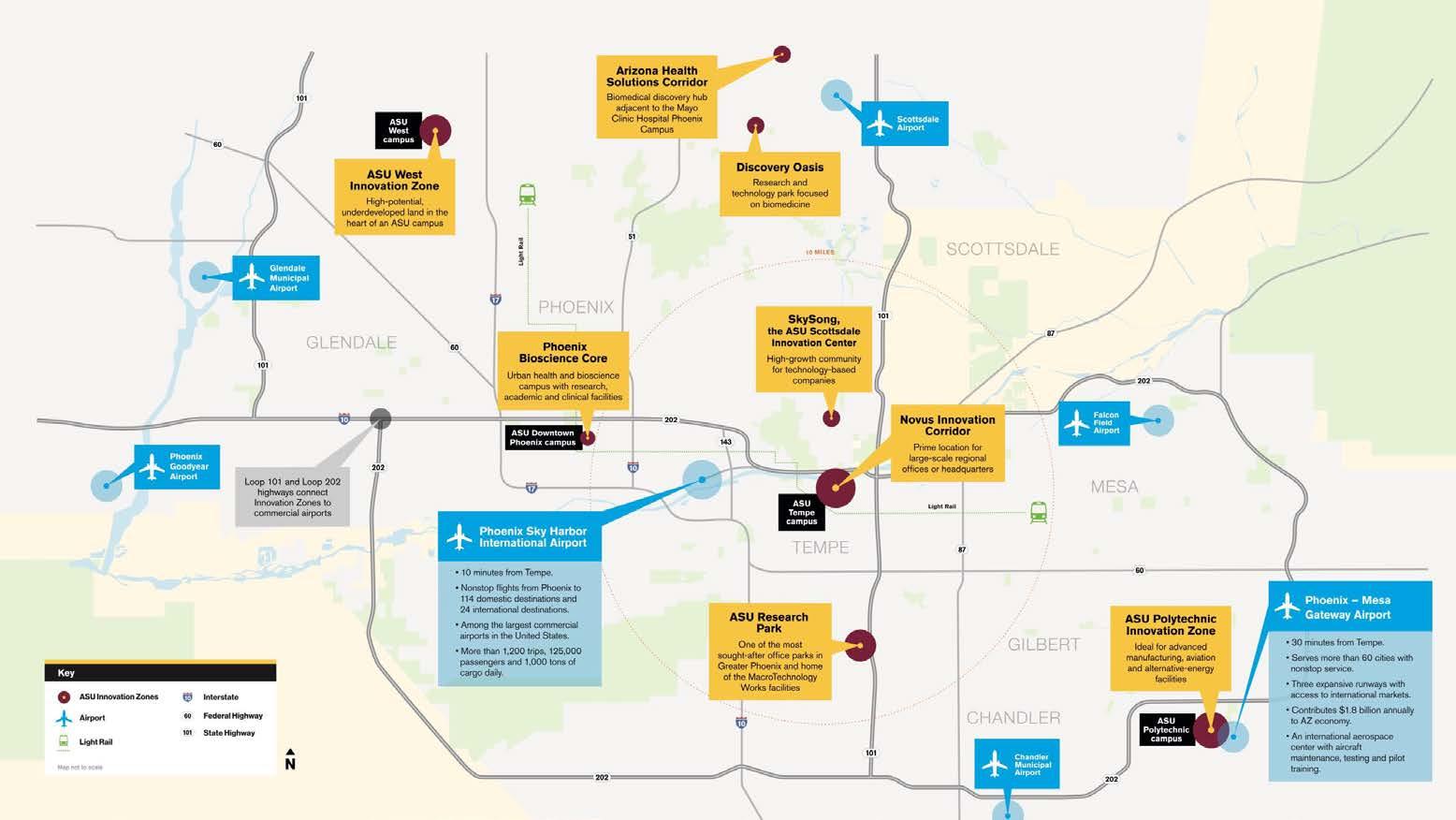


Innovation Zones provide an opportunity to work in close proximity with ASU staff, students and faculty, as well as with other high-profile industry leaders. Just like urban neighborhoods, each Innovation Zone has its own distinct personality, characteristics and amenities. We designed our Zones this way to ensure we can offer tenants a wide range of customizable options appropriate to size, industry and need.
“State Farm invests in communities where we live and work, it’s part of being a good neighbor. We are proud to team up with ASU and excited to have our Marina Heights facility located in the Novus Innovation Corridor. As a leader in innovation, ASU is ... committed to building the workforce of the future. Our employees also benefit from the proximity to ASU for continuing education, personal development and volunteer opportunities .”

— INES HALLORAN, STATE FARM VP ENTERPRISE TECHNOLOGY
With prime locations, smart city infrastructure, Class A office space and build-to-suit options combined with the ASU difference — the opportunity to tap into research, programs, initiatives, faculty and student resources.
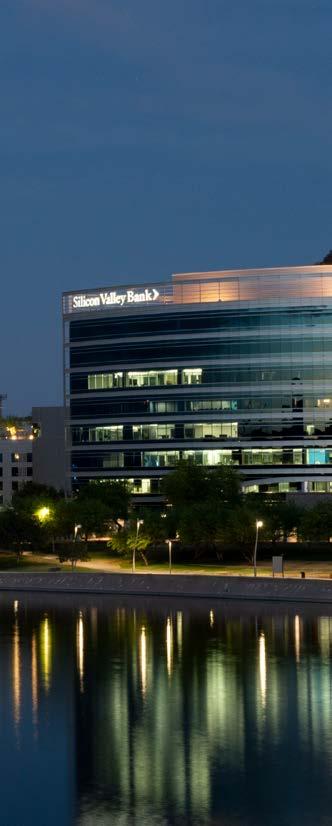

Arizona State University was founded in 1885 with a pioneer spirit and a vision for the future.
This vision makes ASU one of the fastest-growing and most agile research universities in the nation. ASU has been recognized for eight years in a row as the country’s “most innovative” school, ahead of Stanford and MIT (U.S. News & World Report). Nine design aspirations guide ASU’s ongoing evolution as the New American University, a new paradigm for the public research university that is transforming higher education. The university integrates these institutional objectives in innovative ways to advance excellence and impact, with an emphasis on inclusion and student success.
ASU’s pace of innovation — intellectual, cultural, social — is not just continuing, it’s accelerating.
Liz Lerman, a MacArthur Fellow and Guggenheim Fellow, works with students in the Herberger Institute for the Arts and across boundaries with students and community members from all parts of ASU.
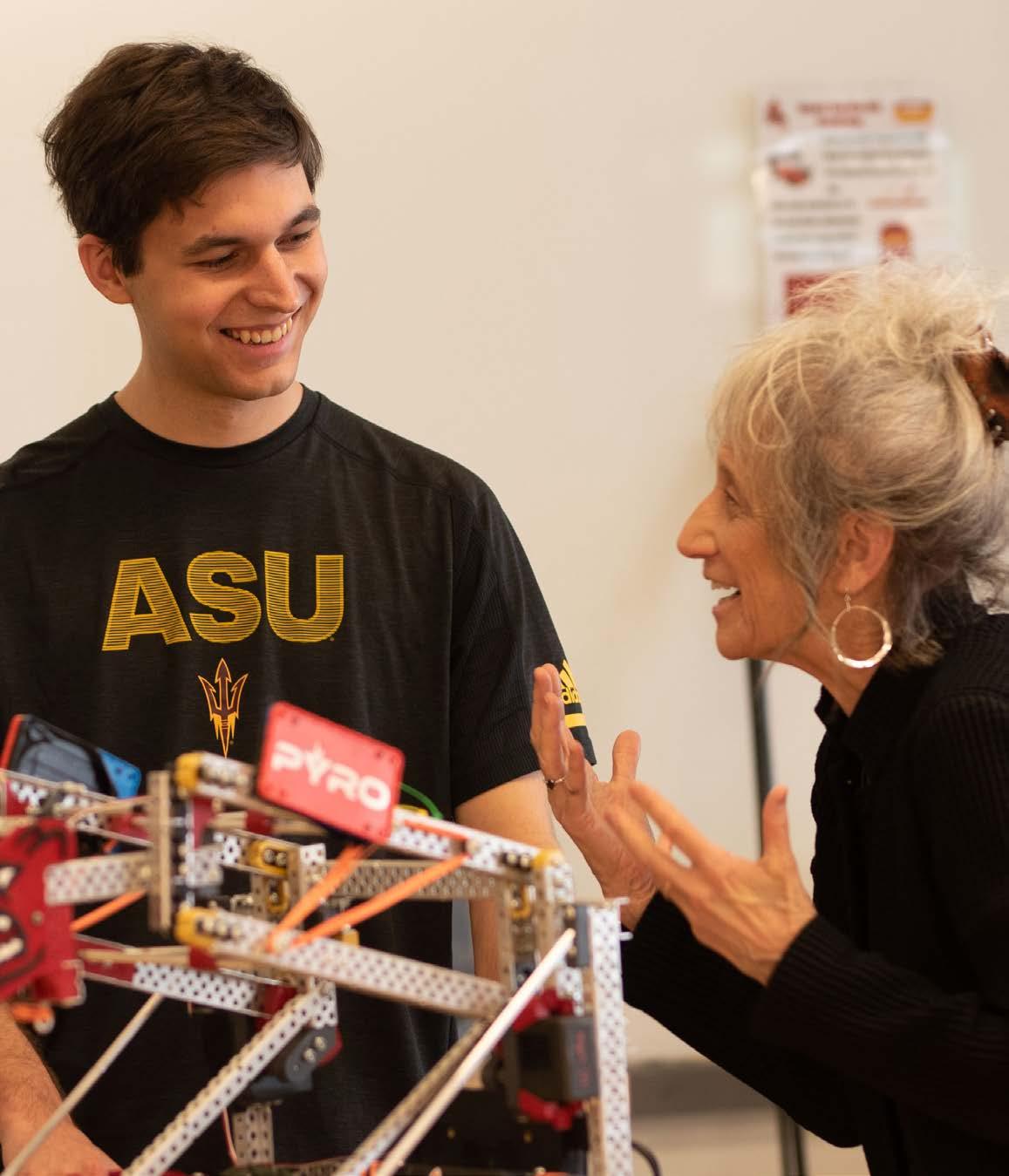
Some of the world’s brightest minds empower ASU’s master learners. Nobel laureates, Pulitzer Prize winners and MacArthur fellows inspire new ways of thinking and solving social, cultural and economic challenges in the Southwest, national and international communities.

ASU students can study with more than 3,500 faculty mentors from 17 colleges and schools that embrace an inclusive, collaborative and entrepreneurial environment.
ASU is home to the top honors college in the nation and the first School of Sustainability in the world, and outpaces Duke, Yale, Georgetown and Dartmouth in the number of patents granted to universities worldwide. The diverse experience of students and faculty, nationally ranked programs and stateof-the-art facilities creates fertile ground for the best-qualified graduates in the U.S.
Extraordinary entrepreneurs. Renowned professionals. National heroes. Distinguished thought leaders. These are the types of people ASU collaborates with, either through partnerships that benefit students or by offering opportunities for students to meet with, ask questions of and learn from them. Here are some notable names who have visited ASU and shared their knowledge.








 Revolutionary artist James Turrell partnered with ASU to inspire transdisciplinary approaches to creativity for students.
Journalist David Brooks addressed students at an ASU undergraduate commencement.
U.S. poet laureate Joy Harjo talked to students about her groundbreaking journey through the American literary landscape.
NPR journalist Mara Liasson connected with students about the role of citizens and journalists in national elections.
Author and Arizona poet laureate Alberto Ríos is a Regents Professor at ASU, where he has taught since 1982.
NBC News anchor Lester Holt was the recipient of the Cronkite School’s Walter Cronkite Award for Excellence in Journalism.
Oscar-winning filmmaker Spike Lee spoke with students about the film industry through a program that connects students to entertainment industry jobs. CNN journalist Anderson Cooper met with journalism students to talk about the passion that will be key to their careers.
Choreographer, performer and MacArthur Genius Liz Lerman was named Institute Professor at ASU’s Herberger Institute for Design and the Arts.
Revolutionary artist James Turrell partnered with ASU to inspire transdisciplinary approaches to creativity for students.
Journalist David Brooks addressed students at an ASU undergraduate commencement.
U.S. poet laureate Joy Harjo talked to students about her groundbreaking journey through the American literary landscape.
NPR journalist Mara Liasson connected with students about the role of citizens and journalists in national elections.
Author and Arizona poet laureate Alberto Ríos is a Regents Professor at ASU, where he has taught since 1982.
NBC News anchor Lester Holt was the recipient of the Cronkite School’s Walter Cronkite Award for Excellence in Journalism.
Oscar-winning filmmaker Spike Lee spoke with students about the film industry through a program that connects students to entertainment industry jobs. CNN journalist Anderson Cooper met with journalism students to talk about the passion that will be key to their careers.
Choreographer, performer and MacArthur Genius Liz Lerman was named Institute Professor at ASU’s Herberger Institute for Design and the Arts.
While he was president, Barack Obama addressed new graduates at an ASU commencement and inspired a new ASU scholarship.

First female U.S. Supreme Court Justice Sandra Day O’Connor inspired ASU to name its law school after her.

Former Secretary of State Condoleezza Rice held a discussion with students about being involved at the highest level of international affairs.

The late senator John McCain and Cindy McCain partnered with ASU to form an institute to promote character-driven leadership.

Hong Kong dignitary and social justice leader Anson Chan interacted with students on the topics of international politics and democracy.
Former President Bill Clinton and former Secretary of State Hillary Rodham Clinton hosted the Clinton Global Initiative University at ASU, celebrating student-led changemaking.

Students learned about cybersecurity and privacy at a forum with former U.S. Secretary of Homeland Security Michael Chertoff.

Former Intel CEO Craig Barrett and former Secretary of the U.S. Air Force Barbara Barrett have created opportunities for students to interact with international leaders in Arizona and at the ASU D.C. center.

Microsoft founder Bill Gates was a guest lecturer at a forum on expanding higher education access.


Former South Africa President F.W. de Klerk met with students about solving important social, economic and political problems through civil discussion.

Prince Alfred Mbinglo of Cameroon's Nso Kingdom worked with students on solutions to migration and human trafficking.

Former White House physician and Mayo Clinic doctor Connie Mariano spoke about overcoming obstacles to achieve success.





Student athletes met with Jack Ma, co-founder of Alibaba, one of the most successful businesses in the world, to learn about managing a global business.

MasterCard Foundation CEO Reeta Roy shared her journey to a successful career with MasterCard Foundation Scholars from Africa.
Students heard from former Google CEO Eric Schmidt about the power of science, technology and hard work.

Former Starbucks CEO Howard Schultz participated in an ASU town hall event on how business can be a partner in expanding education opportunities.

Jid’dah Ado-Ibrahimis studies in ASU’s online biological sciences degree program which includes an intense on-campus lab week.


By redefining the 21st-century university as a knowledge enterprise, Arizona State University has inspired its faculty and students to lead discovery, most notably space exploration, electron microscopy, sustainability and human origins.
ASU’s interdisciplinary, solutions-focused approach to research, entrepreneurship and economic development is centered on discovery that matters and the fusion of intellectual disciplines in order to solve complex problems. Integrating perspectives, concepts and theories from multiple disciplines and home to 25 transdisciplinary units, ASU has rapidly risen to rank No. 3 in the United States for total interdisciplinary science research expenditures — ahead of Harvard; University of California, Berkeley; and Johns Hopkins University, among others.
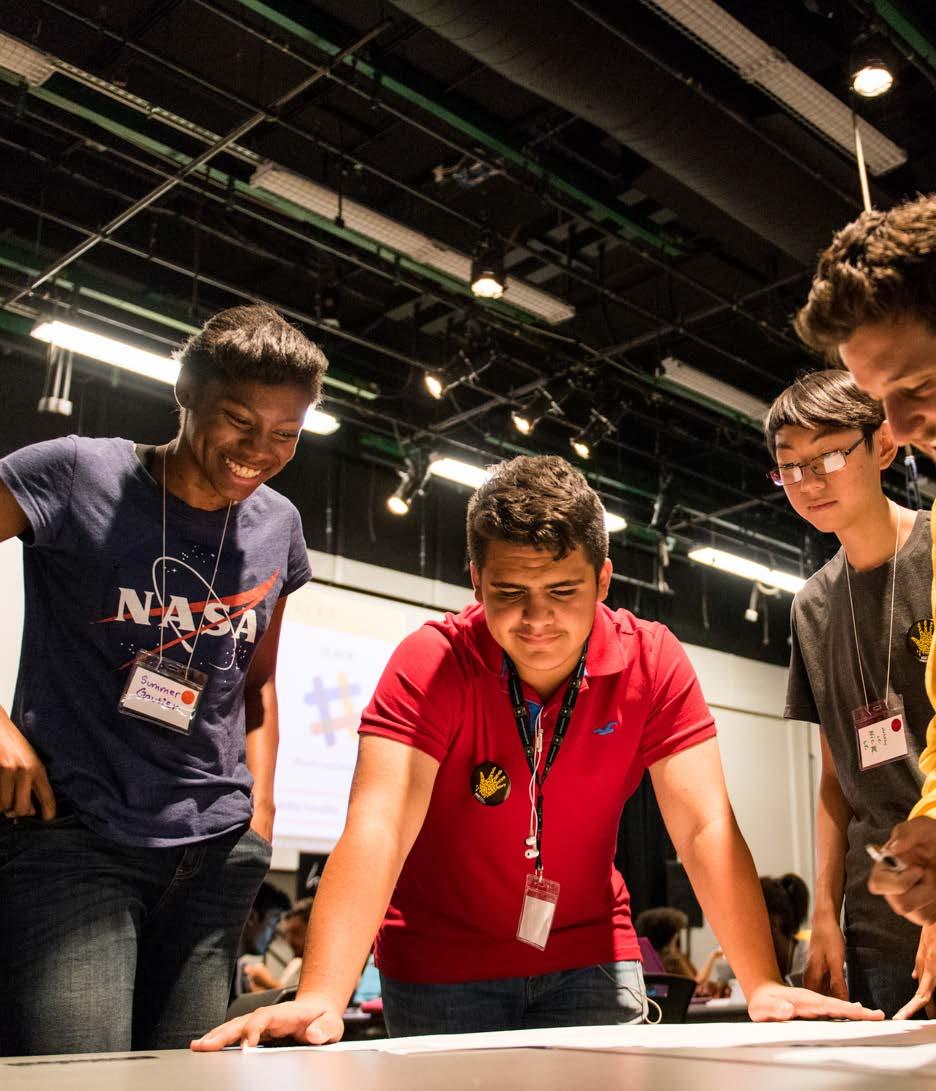
ASU graduates more than 20,000 thinkers, innovators and master learners every year dedicated to the betterment of American society and democracy. ASU’s “students-first” approach creates groundbreaking opportunities designed to help students learn and thrive in personalized ways. Studying at an innovation powerhouse delivers access to use-inspired technology, the vast resources of a Research I university and programs that are unique to students’ needs.
ASU educators and mentors believe that leaders come from diverse backgrounds and perspectives. In the last 10 years, more than 3,135 National Merit Scholars and National Hispanic Scholars have built their futures at ASU.
More than 500,000 alumni serve their communities and countries as international government leaders; U.S. governors, congressmen and senators; founders of companies; militaryservice pioneers; researchers in medicine, technology, engineering and sustainability; groundbreaking entrepreneurs, pioneering educators; entertainers, pro athletes and more.

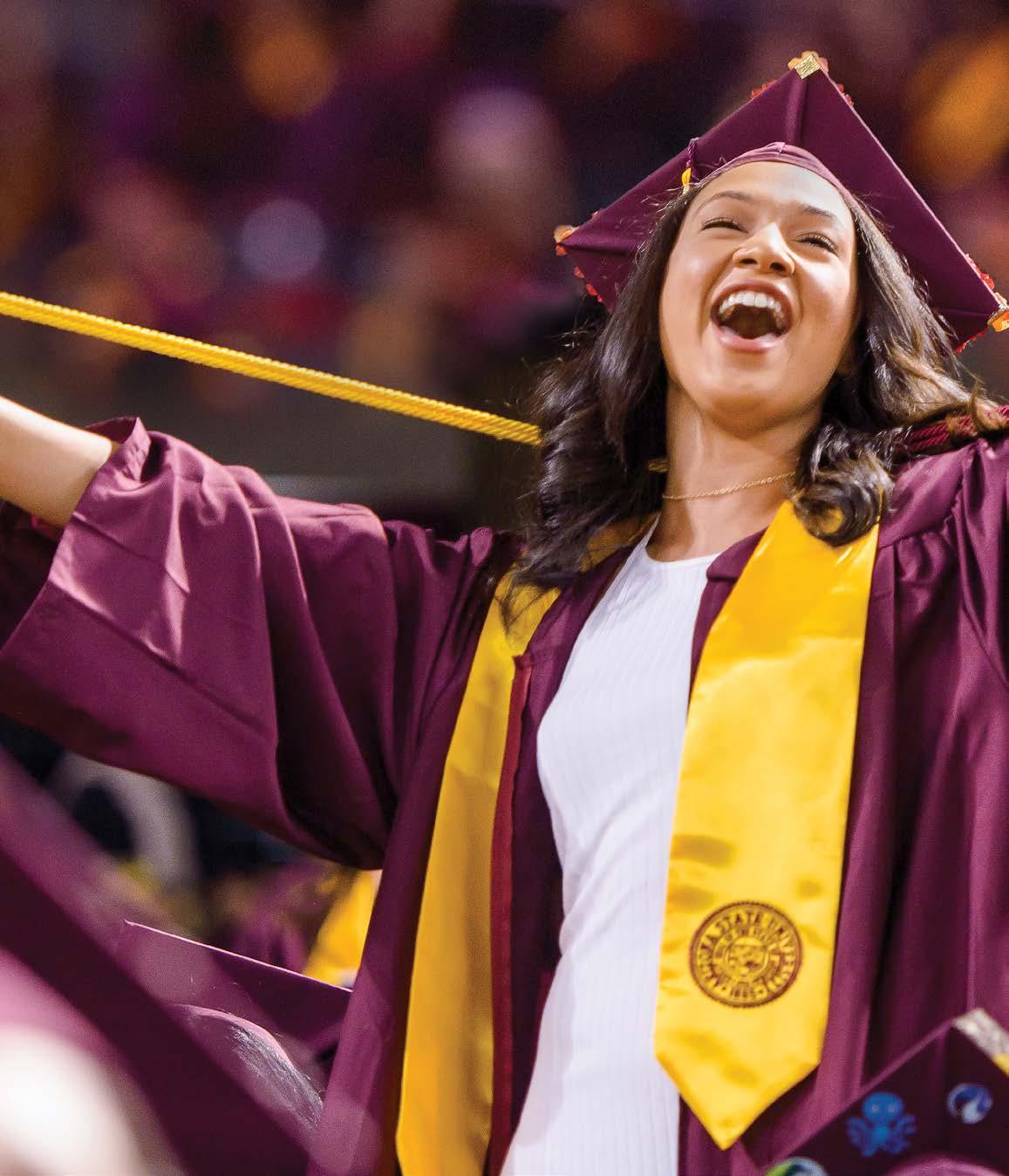
20,000+ graduates every year dedicated to the betterment of American society and democracy.
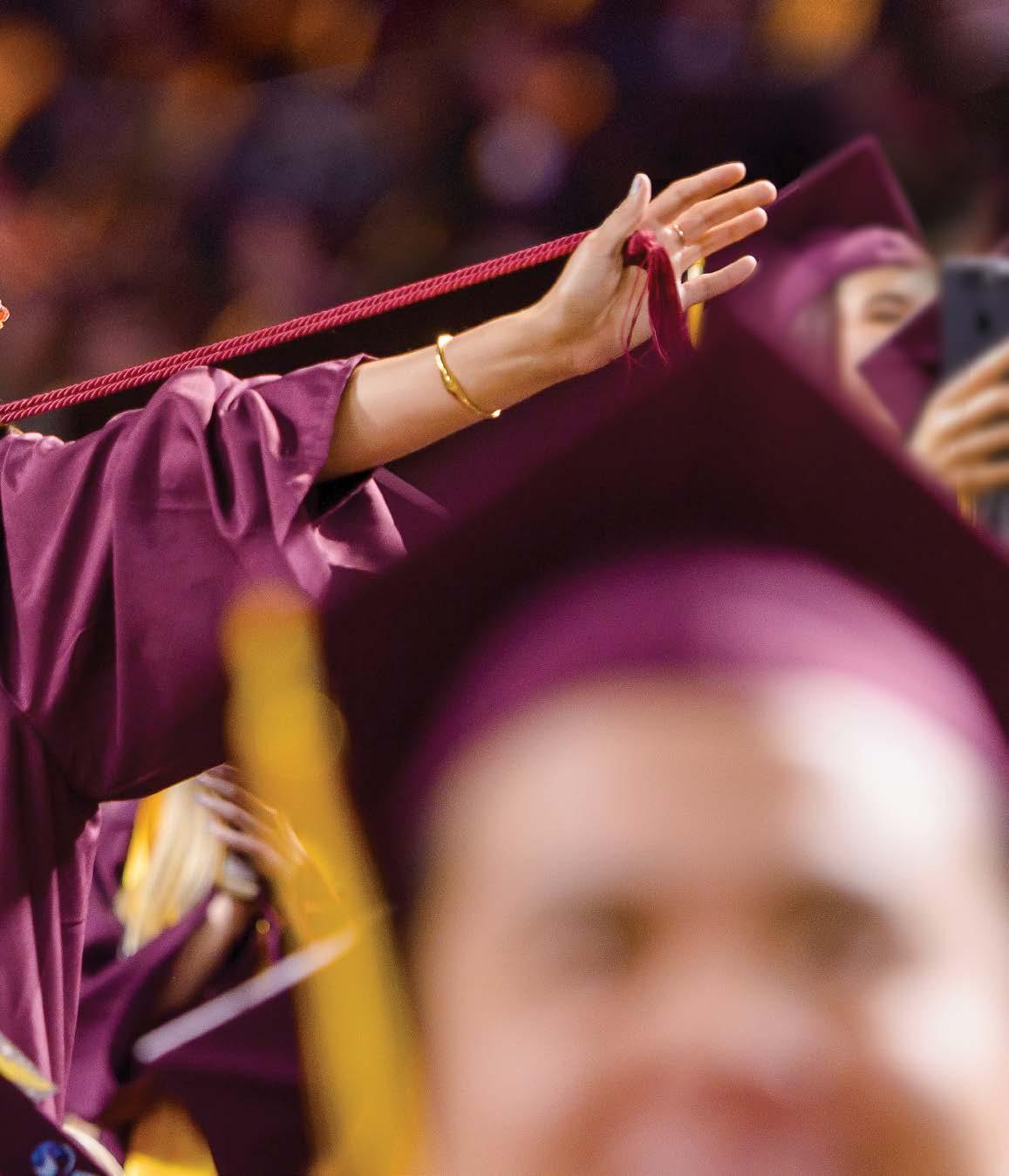
3,135+ National Merit Scholars and National Hispanic Scholars in the last 10 years
1/2 million+ alumni
leading and serving in Arizona and around the world as international government leaders, groundbreaking entrepreneurs, military-service pioneers; medical researchers, technologists in engineering and sustainability, pioneering educators, entertainers, pro athletes and more.
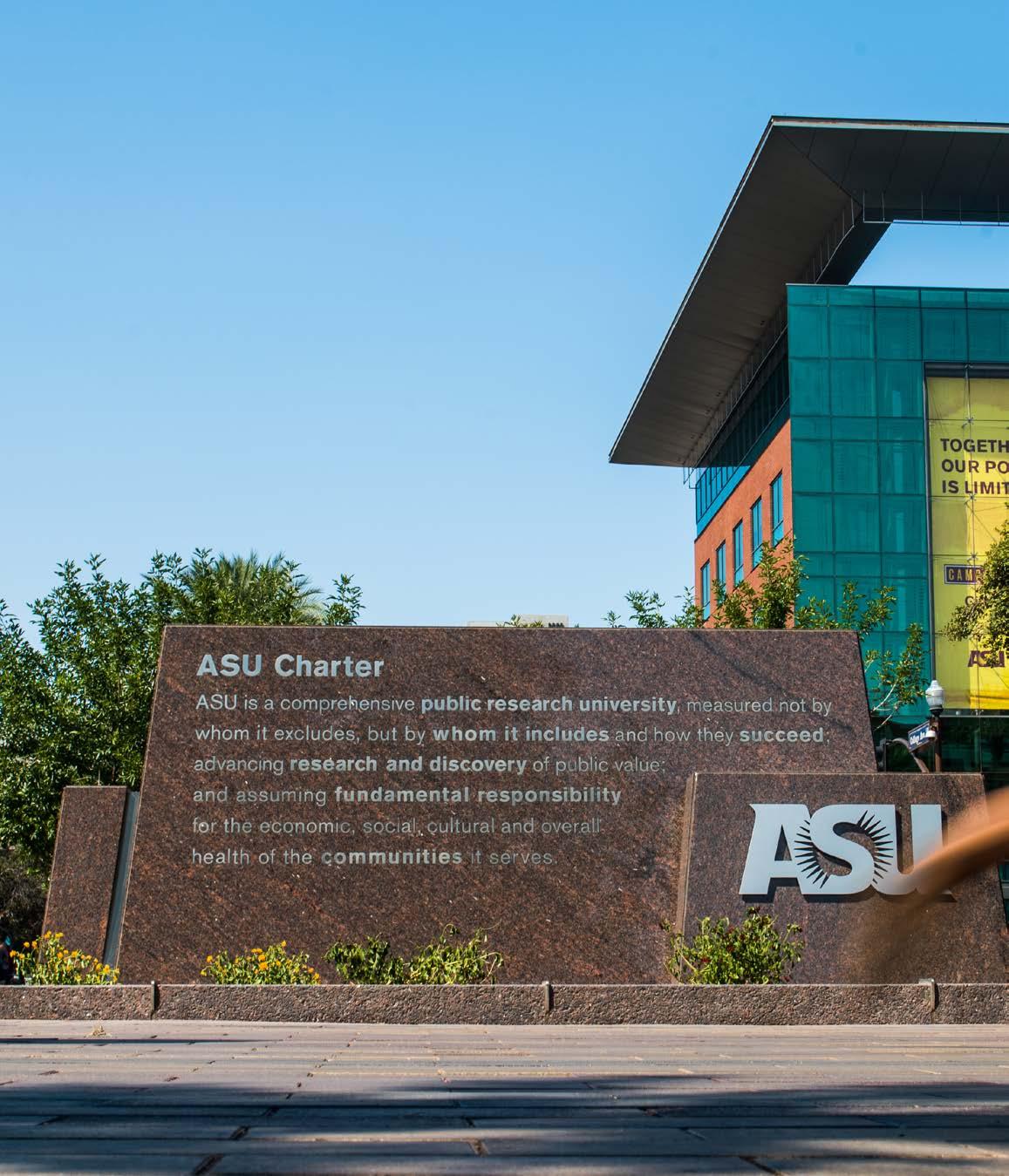
ASU is a comprehensive public research university, measured not by whom it excludes, but by whom it includes and how they succeed; advancing research and discovery of public value; and assuming fundamental responsibility for the economic, social, cultural and overall health of the communities it serves.
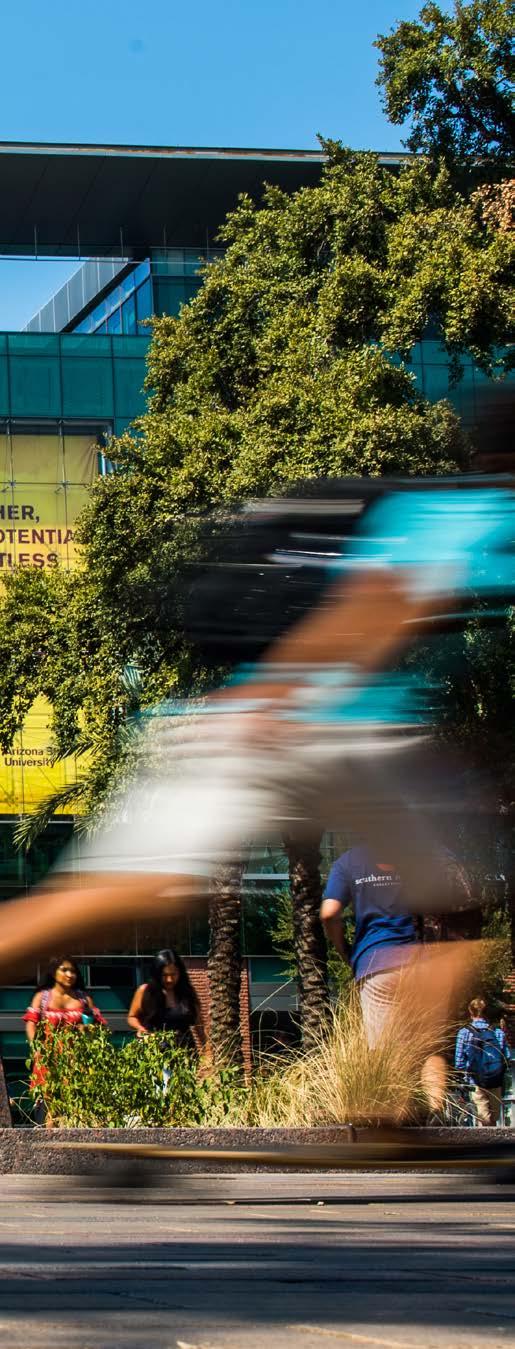
In order to achieve its charter, ASU has reorganized its internal structures to an enterprise model.
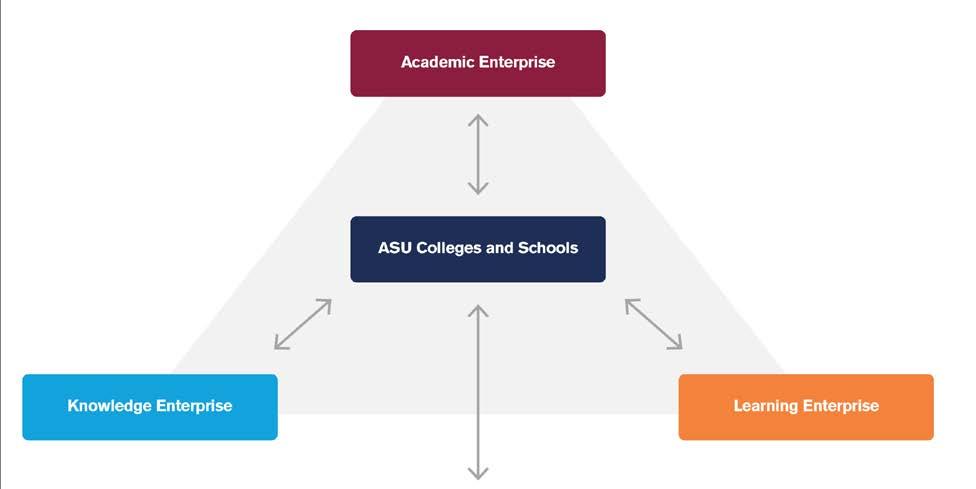
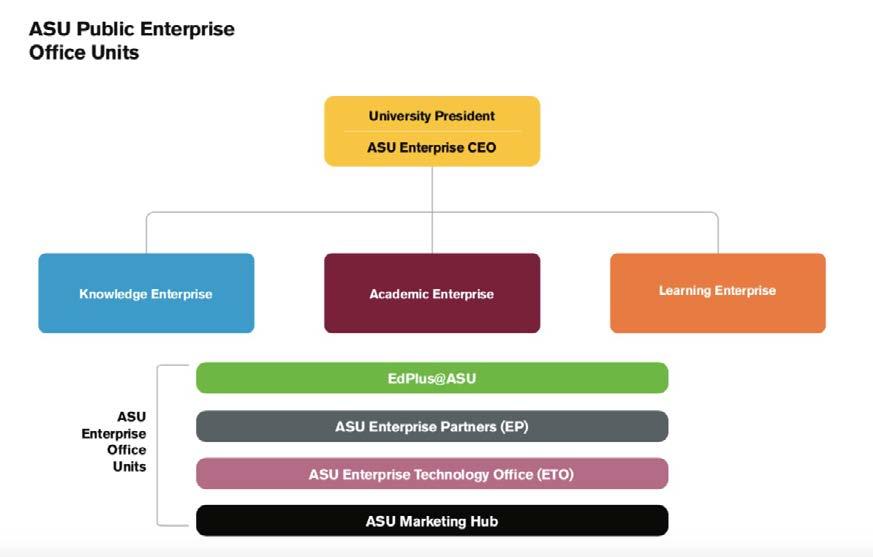


Advances academic excellence through the faculty and growing the quality, scope and scale of campus immersion and online programs.
Advances research, innovation, strategic partnerships, entrepreneurship and international development.
ASU Public Enterprise Office Units
Serves learners across their entire lifespan, from kindergarten to high school to midcareer to post-retirement.
ASU has remade itself into a
Nine design aspirations guide the ongoing evolution of ASU as a New American University. These institutional objectives are integrated in innovative ways throughout the university to achieve excellence, access and impact.
Leverage Our Place
ASU embraces its cultural, socioeconomic and physical setting.
Transform Society
ASU catalyzes social change by being connected to social needs.
Value Entrepreneurship
ASU uses its knowledge and encourages innovation.
Conduct Use-Inspired Research
ASU research has purpose and impact.
Enable Student Success
ASU is committed to the success of each unique student.
Fuse Intellectual Disciplines
ASU creates knowledge by transcending academic disciplines.
Be Socially Embedded
ASU connects with communities through mutually beneficial partnerships.
Engage Globally
ASU engages with people and issues locally, nationally and internationally.
Practice Principled Innovation
ASU places character and values at the center of decisions and actions.

The area includes a new 227,000-square-foot building, called 850 PBC, provides key biomedical facilities and resources that most startups and many researchers previously were not able to access. These include clinical trial areas, dry labs with high-tech equipment for crunching numbers, a wet lab with resources for complex analytical chemistry and molecular biology analyses, a cardiovascular and exercise physiology laboratory, and a rehabilitation and motor control lab.
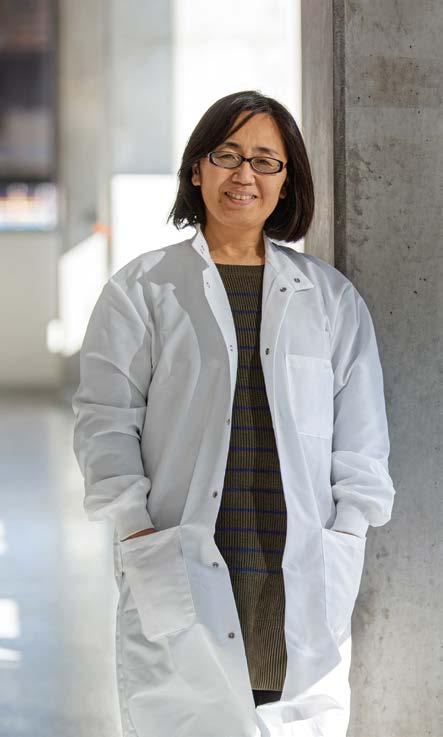
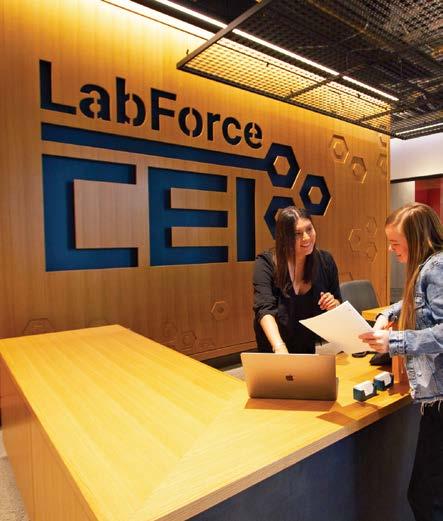
the Phoenix metro area topped the nation, ahead of Seattle, Denver, Boston and other major metro areas in growth
22,000+ jobs in life sciences in metro Phoenix at the end of 2020
“Our faculty and students are working together with our surrounding populations ... in research that rapidly moves from the lab to the community to have a real impact for better health.”
— DEBORAH HELITZER, PROFESSOR AND DEAN OF THE COLLEGE OF HEALTH SOLUTIONS

By partnering with bioscience experts at other local universities and businesses in the local market, ASU is working to catalyze a bioscience and innovation core in downtown Phoenix. The core is poised to revolutionize health and drive economic growth to benefit Arizona and beyond.
ASU scientists are working on a vaccine that could prevent people and dogs from developing multiple types of cancer. It would be a groundbreaking innovation protecting countless lives every year. It’s one of several lifesaving interventions researchers are striving to make a reality at the Phoenix Bioscience Core.
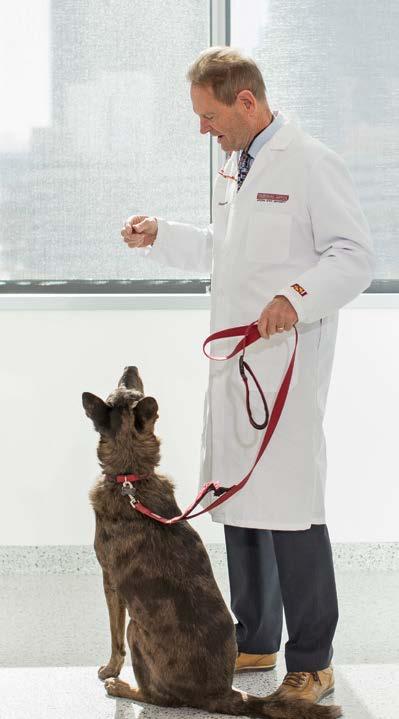
Research like this is quickly elevating Phoenix’s profile as a hotbed for life sciences innovation, says Phoenix Mayor Kate Gallego. Years of investments, planning and development are now bearing fruit as life science companies and university researchers improve health while bringing new opportunities to Arizona.
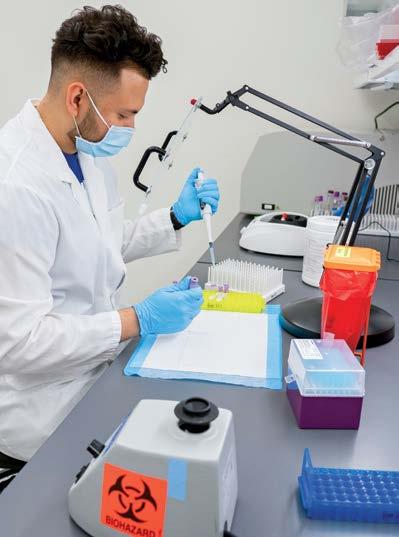
100+ top-ranked online bachelor’s degrees in the Starbucks College Achievement Plan

7,500+ Starbucks partners have graduated from ASU
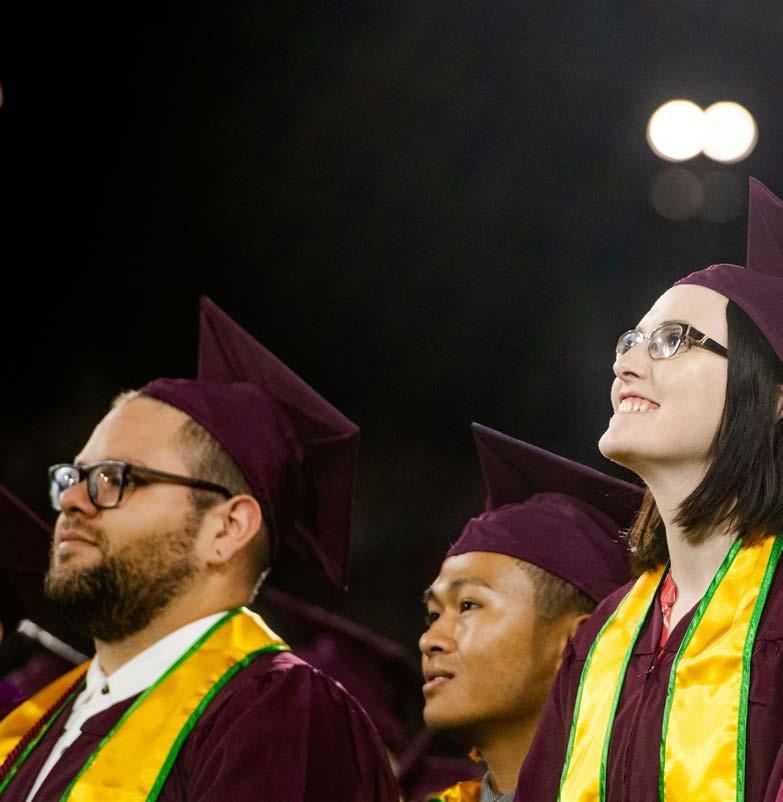
*As of December 2021
60+ companies partnering with ASU in innovative ways to bring education to their teams, including Starbucks, adidas, Uber, Desert Financial Credit Union and others
Public spaces and third places are more welcoming to all when we celebrate our shared humanity. By understanding each other, we deepen connections. To encourage more meaningful conversations on this topic, leaders at Starbucks reached out to the experts at ASU to create this 15-course curriculum.

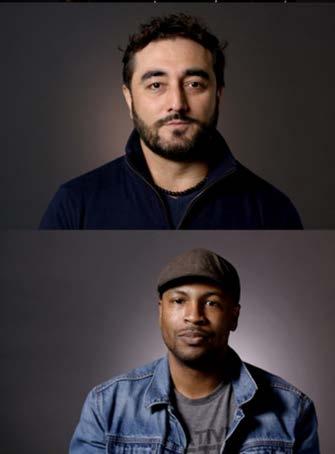
What started as a conversation between former Starbucks CEO Howard Schultz and Arizona State University President Michael M. Crow led to a shared philosophy and the idea of providing access to lifelong learning worldwide. And they decided to do just that, starting with Starbucks employees (“partners”).
The ASU + Starbucks partnership makes this possible for eligible U.S. partners. to choose from 100+ bachelor’s degree programs offered 100% online.
Learn more at starbucks.asu.edu .
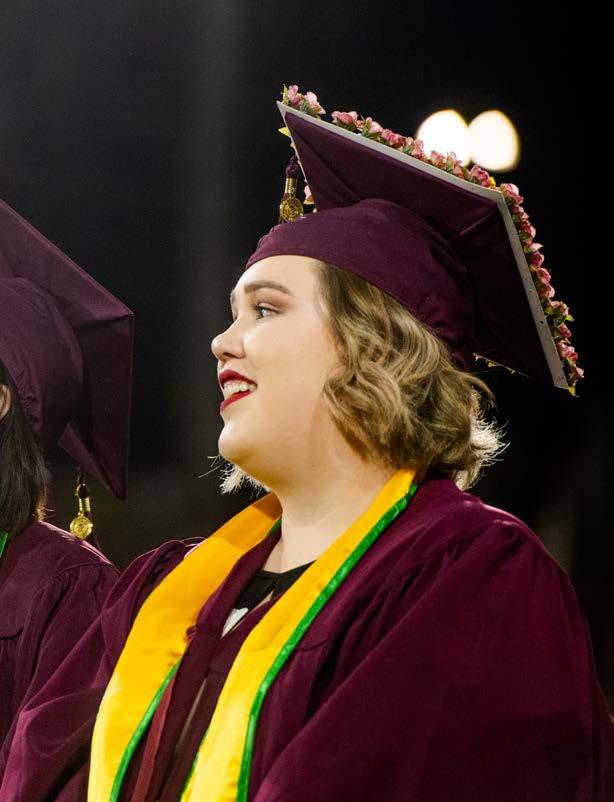
“The Starbucks College Achievement Plan has really armed me with the tools to go out and be someone I’ve always aspired to be. I just maybe didn’t know how.”
ROBERT L., ASU GRADUATE THROUGH SCAP
ASU passed the milestone in its portfolio at Skysong Innovations, the entity that brings ASU research into the marketplace.
More than 1,500 people are now employed at ASU-linked startups.
SOURCE Global, an ASU startup now at SkySong in Scottsdale, was founded by Cody Friesen, an engineering professor. The company creates clean water using solar power to pull it from the air. Friesen now mentors other startups.

ASU uses its knowledge and encourages innovation.
Students, alumni and community members tap into the startup ecosystem, funding sources and supportive networks. With the support of its entrepreneurial arm at Skysong Innovations, ASU has become one of the top-performing U.S. universities in terms of intellectual property inputs (inventions disclosed by ASU researchers) and outputs (licensing deals and startups).
Mentorship, funding and collaborative spaces are critical to the success of launching new venture concepts. ASU’s J. Orin Edson Entrepreneurship + Innovation Institute maintains a directory of networks that can provide not only the financial support startups need, but also the training, mentorship, capital and communities to help turn big ideas into a reality.
The Venture Devils program guides student, faculty and community-based entrepreneurs through the process of launching a venture by providing dedicated mentorship as well as access to funding opportunities and venture development work spaces.
Learn more at skysonginnovations.com and entrepreneurship.asu.edu .

1,200+ U.S. patents issued since 2003
#8 University for patents granted. ASU in the top 10 along with MIT, Stanford and Harvard
1 MechanicalTree™ = 1,000 trees
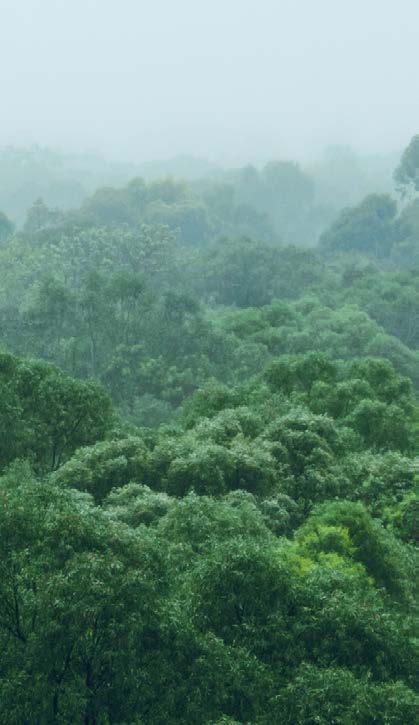
4,400+ invention disclosures since 2003
$677.3M estimated total research expenditures
ASU is one of the fastest-growing research enterprises in the U.S. It was named #6 in the U.S. for total research expenditures among universities without a medical school
— ASU Knowledge Enterprise and National Science Foundation Higher Education Research and Development Survey, 2020
Popular Science picks ASU professor’s MechanicalTree as a 2019 top technology. The device was developed by Professor Klaus Lackner and his colleagues at ASU and commercialized by Carbon Collect. Over the next decade, Carbon Collect plans to deploy MechanicalTree farms globally to mitigate carbon emissions.


Klaus Lackner, a pioneer in carbon capture, views a greenhouse that will be fed carbon dioxide from his prototype materials at his lab in ASU’s Center for Negative Carbon Emissions. Companies are building on his ideas to achieve climate goals.
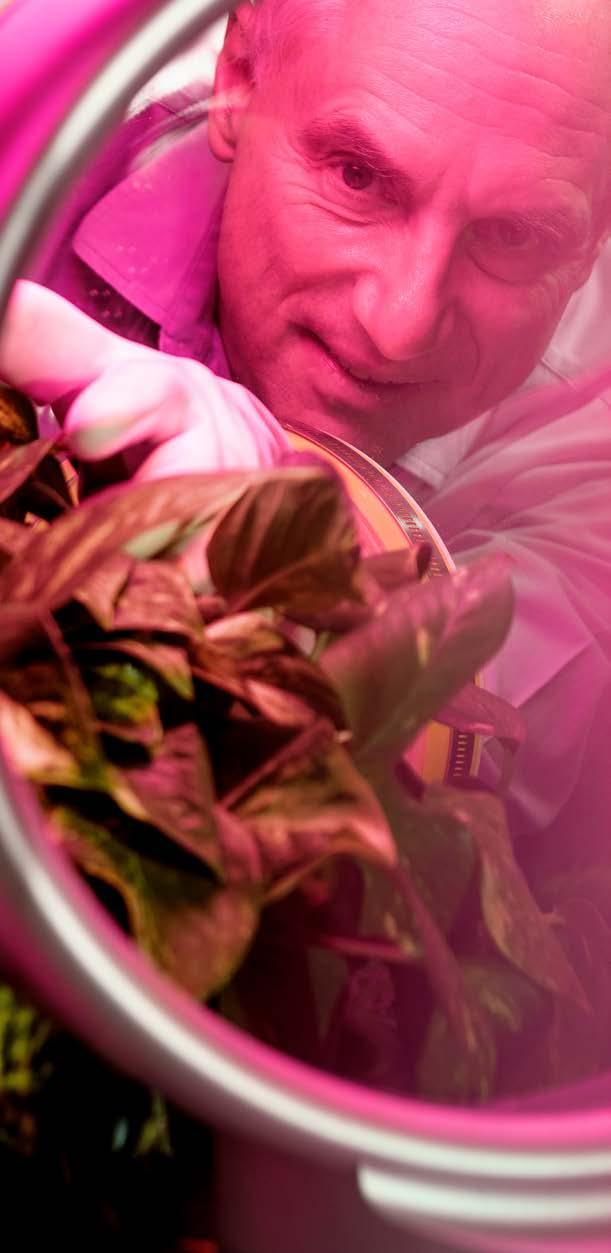
By redefining the 21st-century university as a knowledge enterprise, ASU has inspired its faculty and students to lead discoveries from the behavior of nanoparticles to the birth of galaxies, unveiling answers about our ancient past, our global future and everything in between.
Our interdisciplinary, solutionsfocused approach to research, entrepreneurship and economic development is centered on discovery that matters and the fusion of intellectual disciplines in order to solve complex problems.
With $677.3M in total research expenditures in FY20, ASU is one of the fastest growing research enterprises in the United States.
Learn more at research.asu.edu
Students can find mentors through ASU’s mentor network, or connecting with a professor on a research project.
ASU offers free tutoring and writing help to catch up or get ahead in classes.
Advisors help ensure students are taking the right classes and are on the most efficient path to graduation.
Students can see what classes they need to take, in which semester and receive alerts if they fall off track.
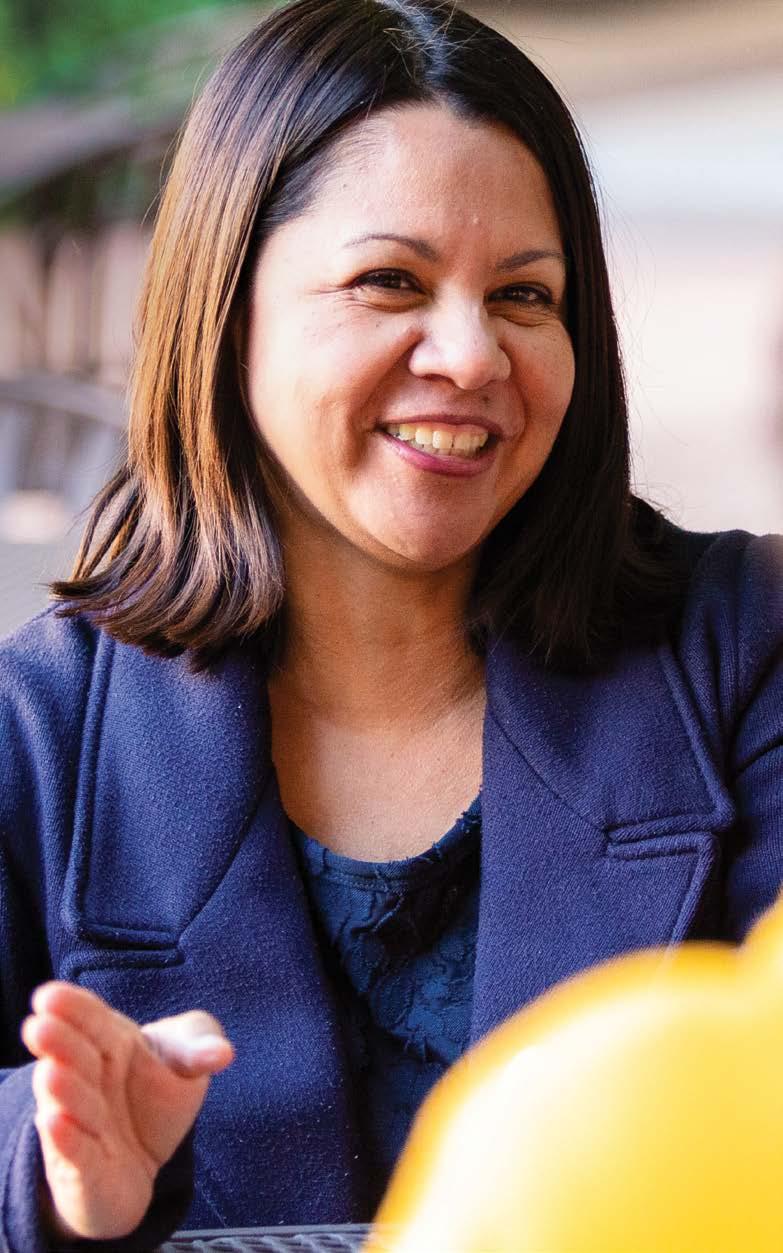
Students get support in their transition to college life with a peer mentor who can offer tips and advice.
Allows students to easily access grades, schedule and financial aid information. They can also find ASU events, maps, library resources and more, all on their phones.
To support emotional wellbeing, ASU offers professional counseling services as well as confidential 24-hour support.
Families are part of the college journey, too. ASU offers resources and information to keep them connected.
Paula Guzman, an academic advisor from the Mary Lou Fulton Teachers College on the West campus, meets with a student to make sure they are taking the right classes to graduate on time.
ASU is committed to the success of each unique student.
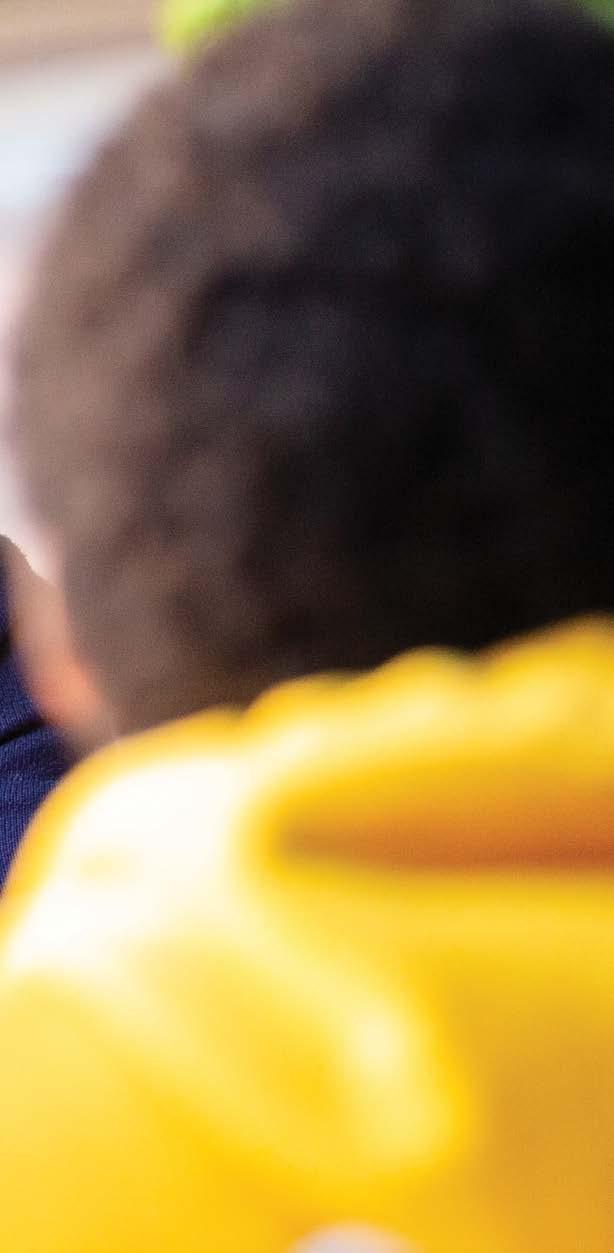
Quality higher education should be available to any student capable of performing university-level work, regardless of socioeconomic status or geographic constraints. This objective is central to the ASU Charter and organizational design.
The university is dedicated to providing all learners with accessible and valuable pathways to knowledge, and preparing Universal Learners® capable of lifelong adaptation.
73,762 student engagements across all socially embedded activities
21,295,811 hours of student engagement
160 engaged courses
300+ study abroad programs
514 community-engaged programs that involve students
647 on-site community-based learning opportunities
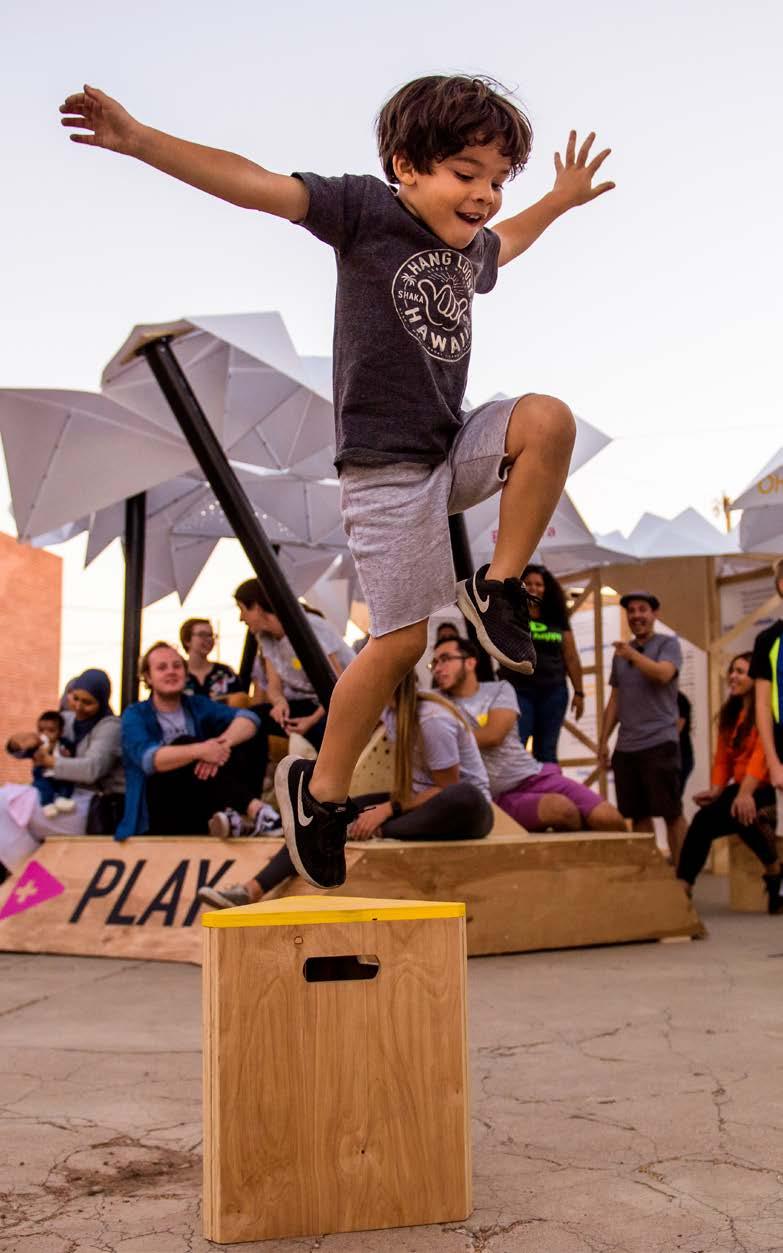
At the Pause + Play installation in Mesa, design and architecture students designed and built an installation for the first Prototyping Festival for the City of Mesa. Unlike most projects that often apply a top-down approach, the professor and students proposed to prototype the process rather than the object. They partnered with Porter Elementary, a Title I school in the city of Mesa school district, collaborating with 75 sixth graders to design the installation.
For ASU, partnering with our communities is not an afterthought. It is a fundamental part of our institutional identity. Tethering our success to the success of our communities has inspired us to achieve more and continually recommit to the public purposes of higher education. Embeddedness allows us to expand our reach into communities that are often forgotten, increase efficiency, prepare and strengthen a capable 21st-century workforce and amplify mutually desired outcomes.
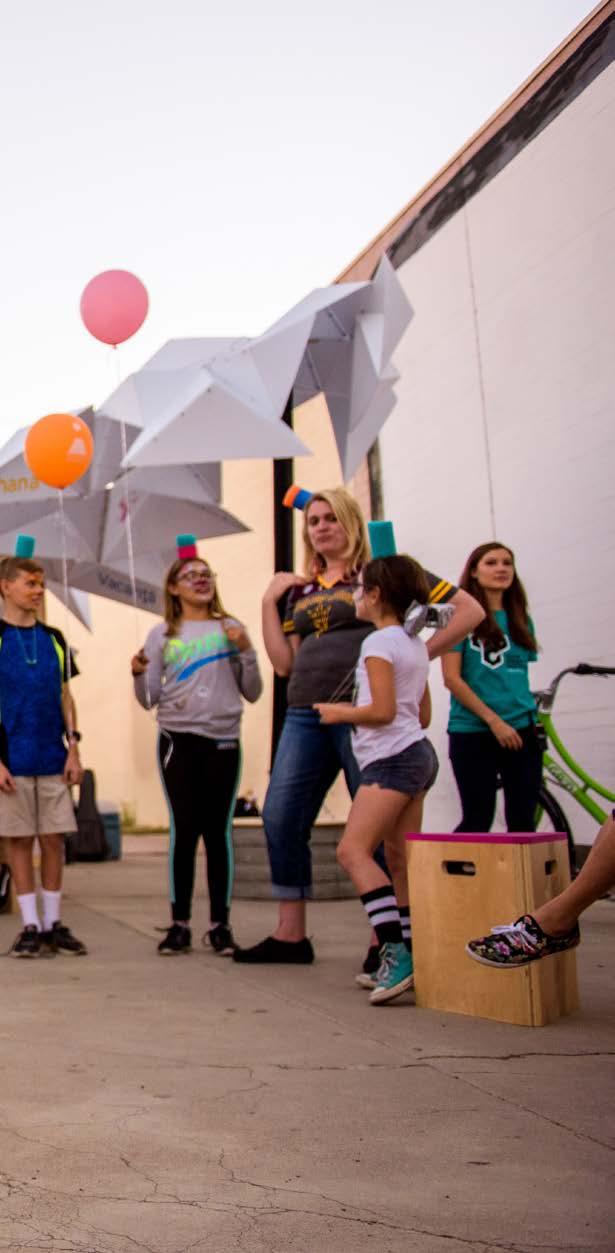
Be socially embedded ASU connects with communities through mutually beneficial partnerships.
24 interdisciplinary schools
174 interdisciplinary institutes and centers
We deliver the future of natureinspired scientific innovation today for the betterment of human health, community safety and global sustainability.
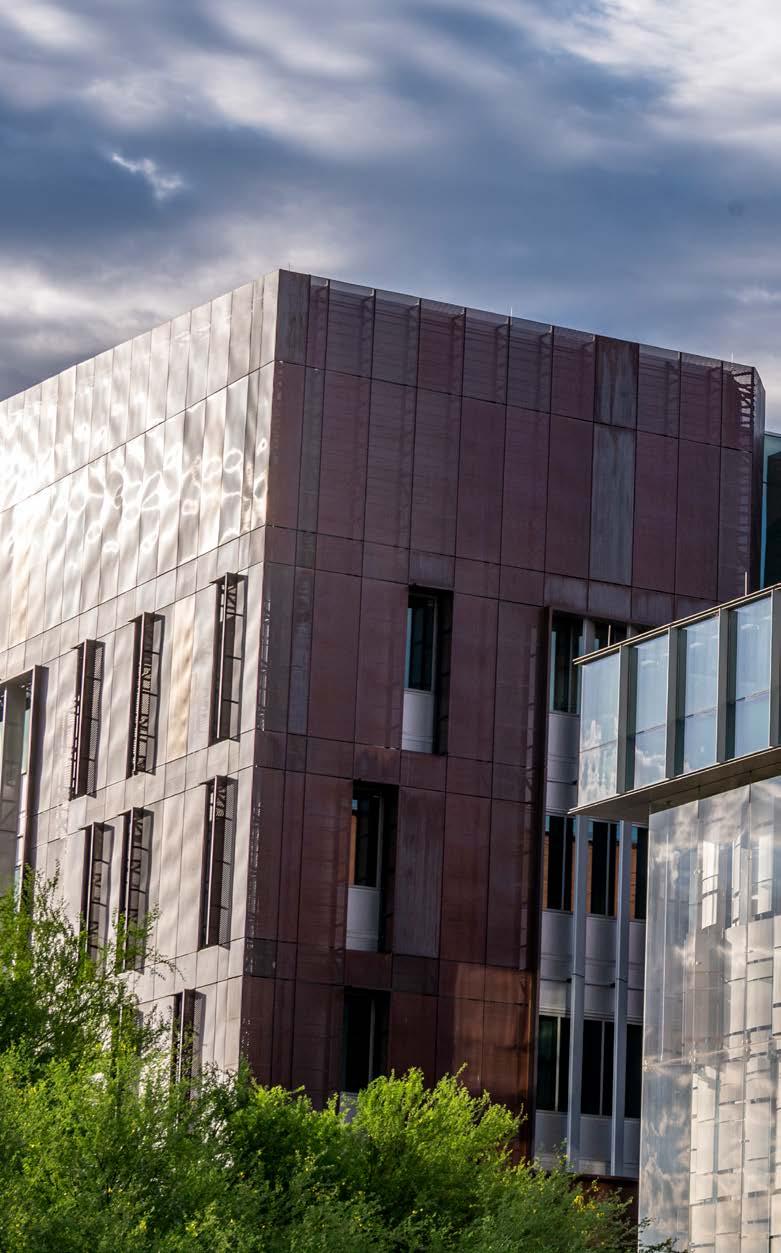
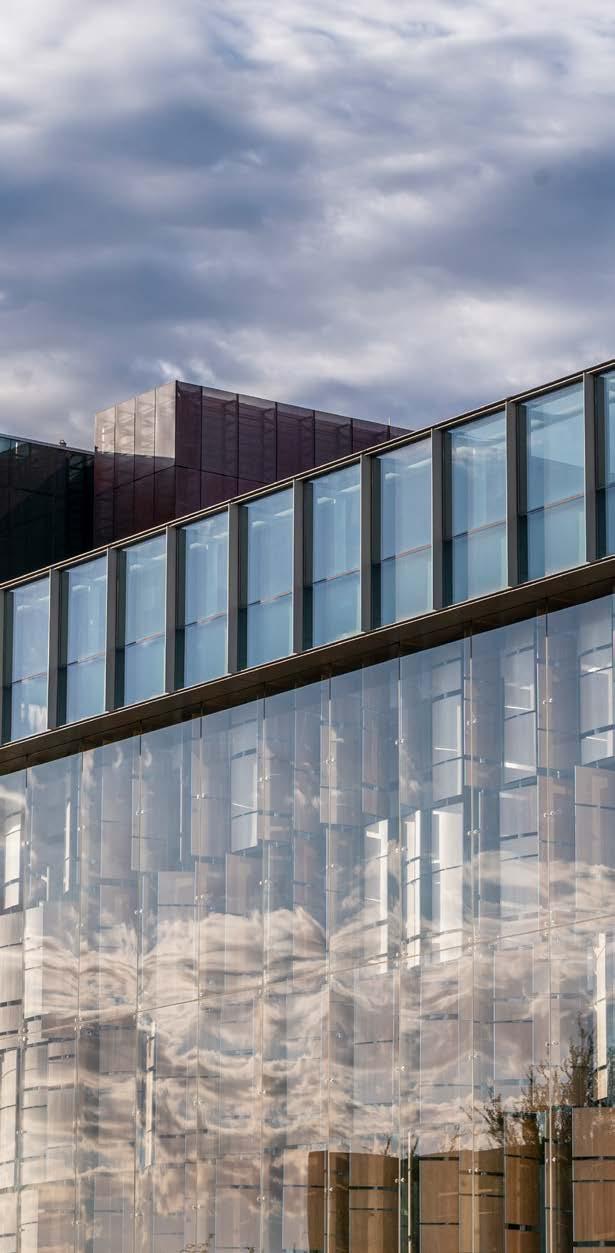
What is the outcome? A new learning setting that primes ASU’s students to become master learners who, with the support of exemplary faculty and staff, are capable of tackling society’s most complex and important challenges. We have torn down the walls between disciplines, finding connection points between the seemingly unrelated research of different departments.
We have created entirely new academic units, centers and institutes devoted to the study of emerging fields that encompass many disciplines.
25 International locations
225+ Academic partnerships
453 Research and sponsored projects globally
13,800+ International students
85 Study abroad locations
In Global Futures Laboratory
740+ scientists and scholars in GFL
1,300+ students in the College of Global Futures
ASU has convened some of the world’s best scientists, scholars and innovators to launch the Global Futures Laboratory, a leading-edge effort to help create a habitable future that facilitates wellbeing for all. Learn more at globalfutures.asu.edu .
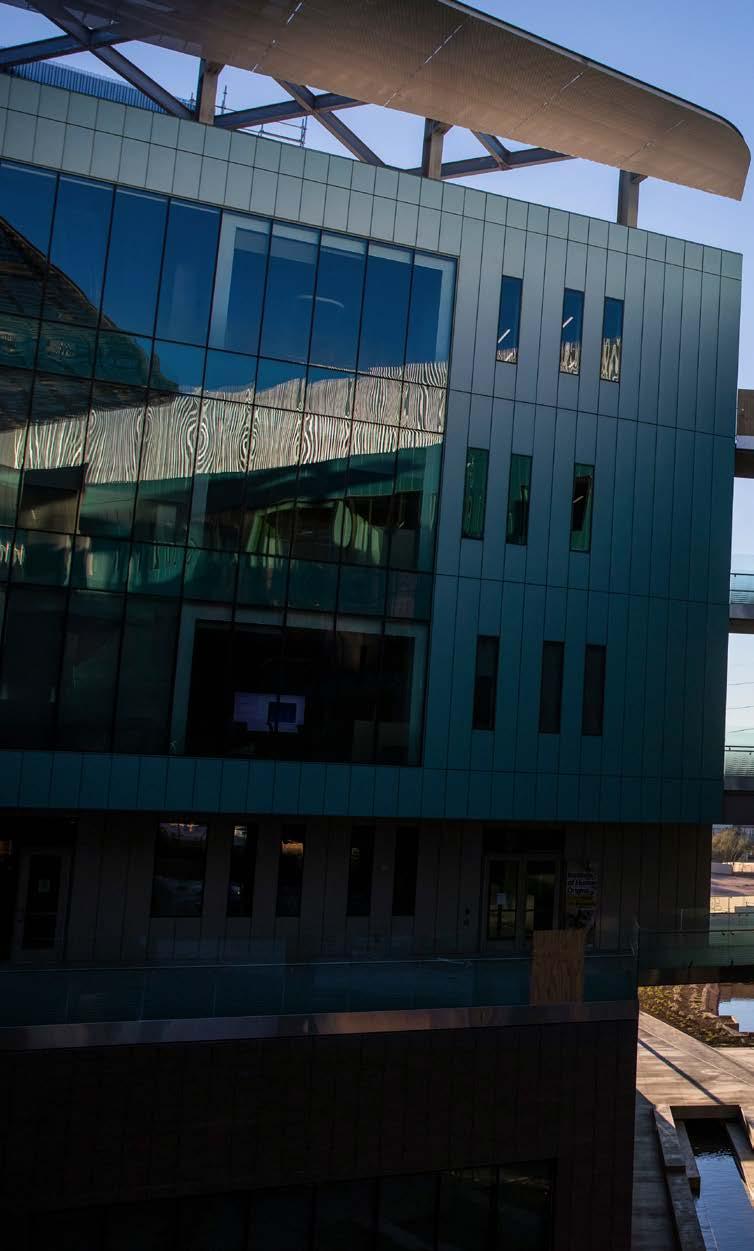 Julie Ann Wrigley Global Futures Laboratory
Julie Ann Wrigley Global Futures Laboratory
Through formal and emergent partnerships and collaborations, ASU grows its innovation infrastructure to maximize impact.
The scale and complexity of today’s global challenges are significant, but not insurmountable. Expanding knowledge and developing new solutions for these topics calls for diversity of expertise, perspective and international collaboration. ASU has made global engagement a core design aspiration, motivating our establishment of global partnerships that enable us to increase the breadth and depth of our initiatives. These relationships take us beyond our borders, stretch our minds, enhance our capacities, and help build a safer, more secure world.
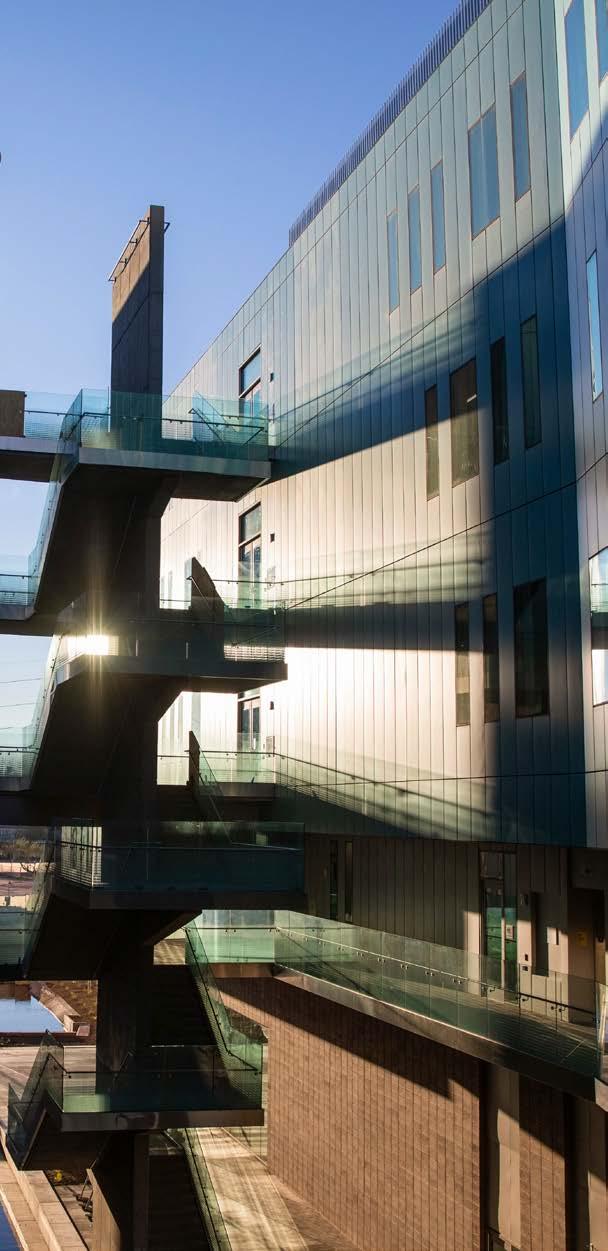
Moral
• Identify and acknowledge fundamental values.
• Utilize moral and ethical decision-making.
Civic
• Understand culture and context.
• Engage multiple diverse perspectives.
Intellectual
• Develop habits of an informed systems thinker.
• Reflect critically and compassionately.
Performance
• Design creative solutions.
• Navigate uncertainty and mitigate consequences.
When individuals practice Principled Innovation, their actions exhibit the empathy, honesty and humility inherent in moral character; the desire to serve others that is part of civic character; the truth-seeking impulse of intellectual character; and the problem-solving commitment of performance character.

This powerful approach helps ensure we are not just innovating for the sake of change but to fulfill our values.

When using Principled Innovation, we start with a basic question about any prospective change or course of action: We can, but should we?
Principled Innovation is a practice that offers reflective approach to change that centers the well-being of humanity, communities and society as a whole. It is a framework for ethical decision-making that can be embraced by individuals, organizations and systems. It informs simple, everyday decisions and complex actions at all levels.
